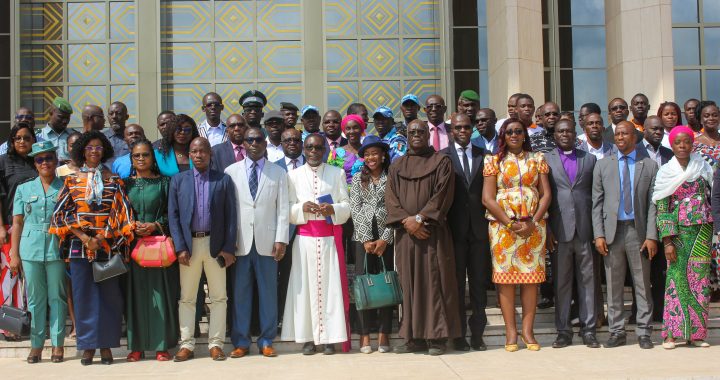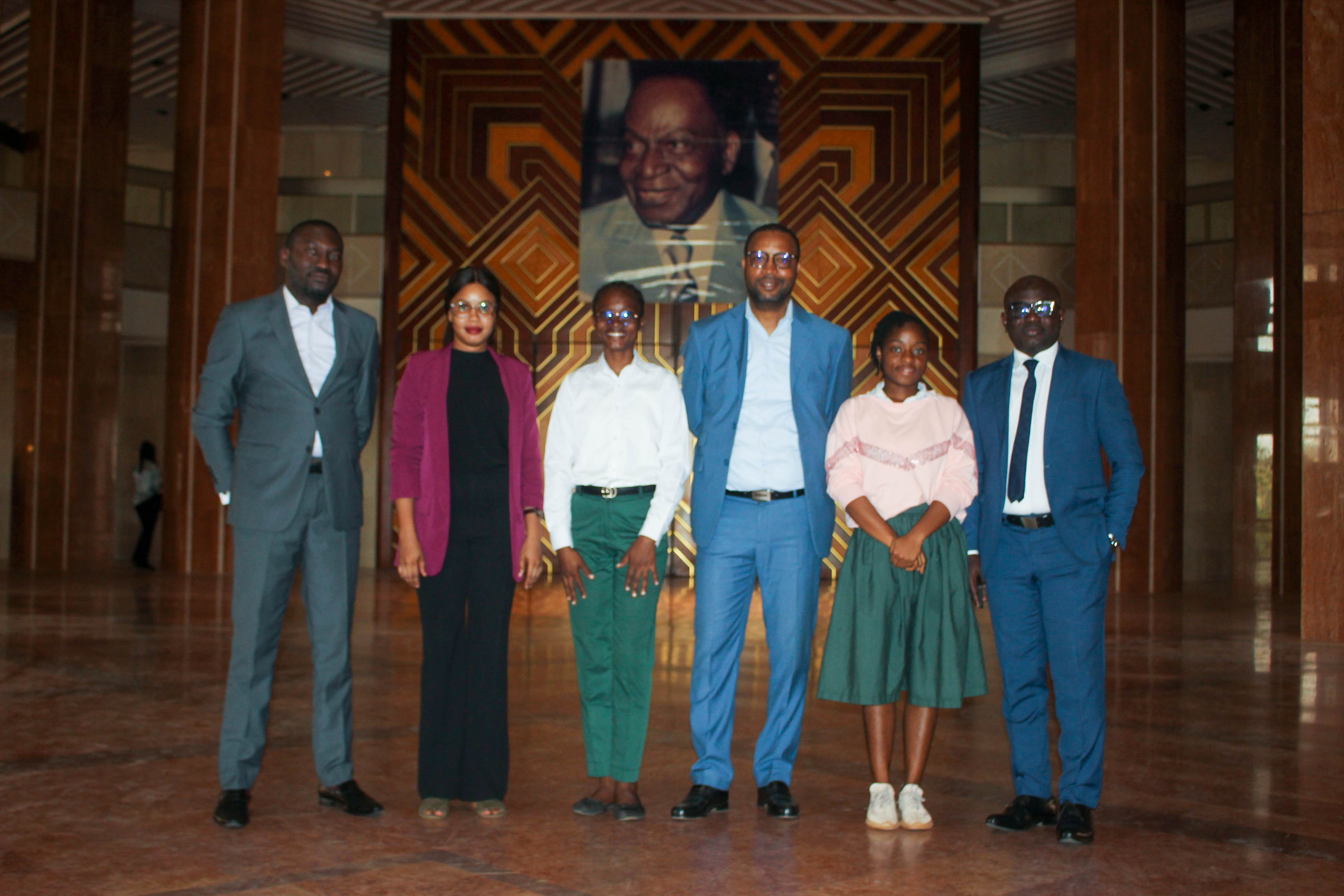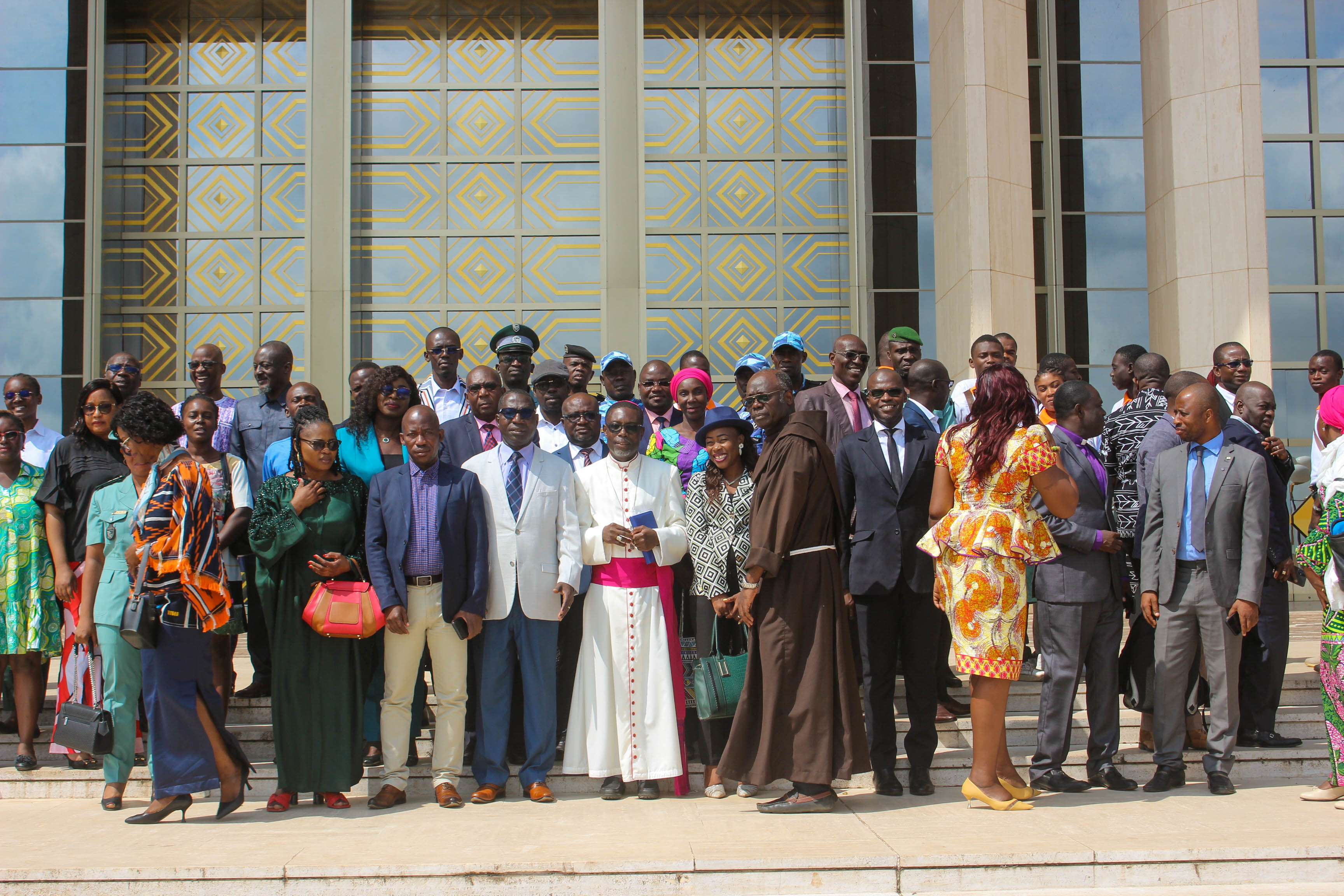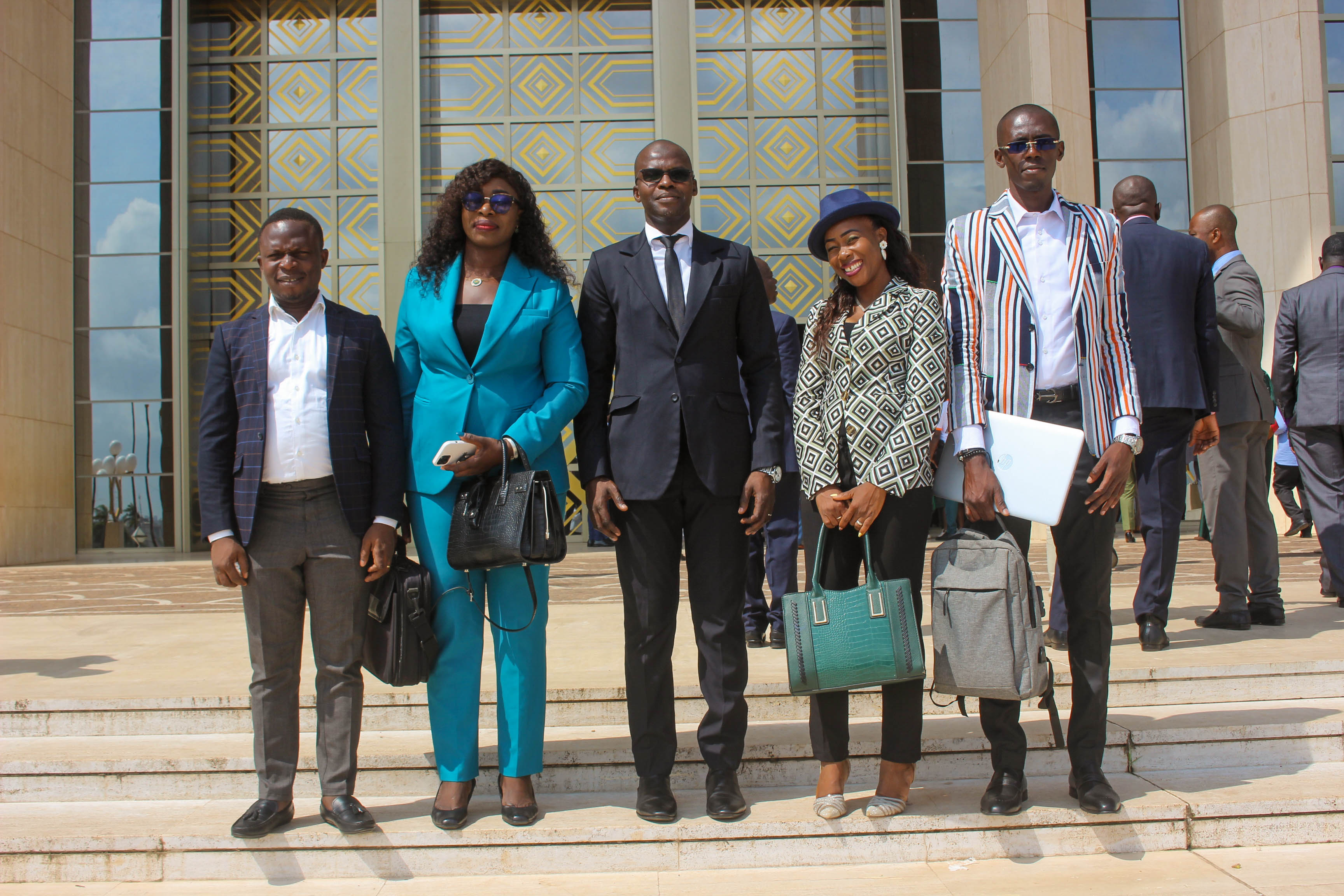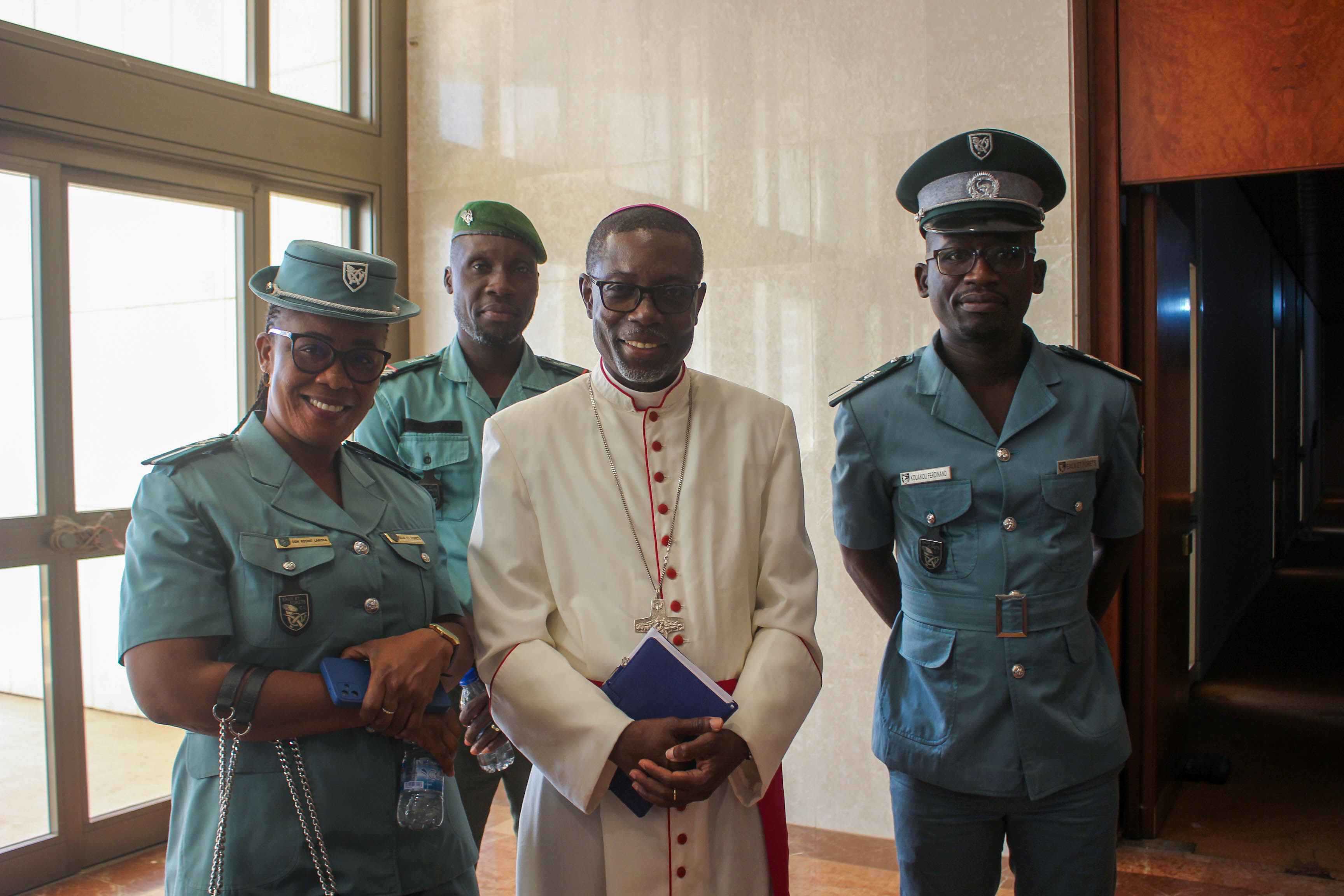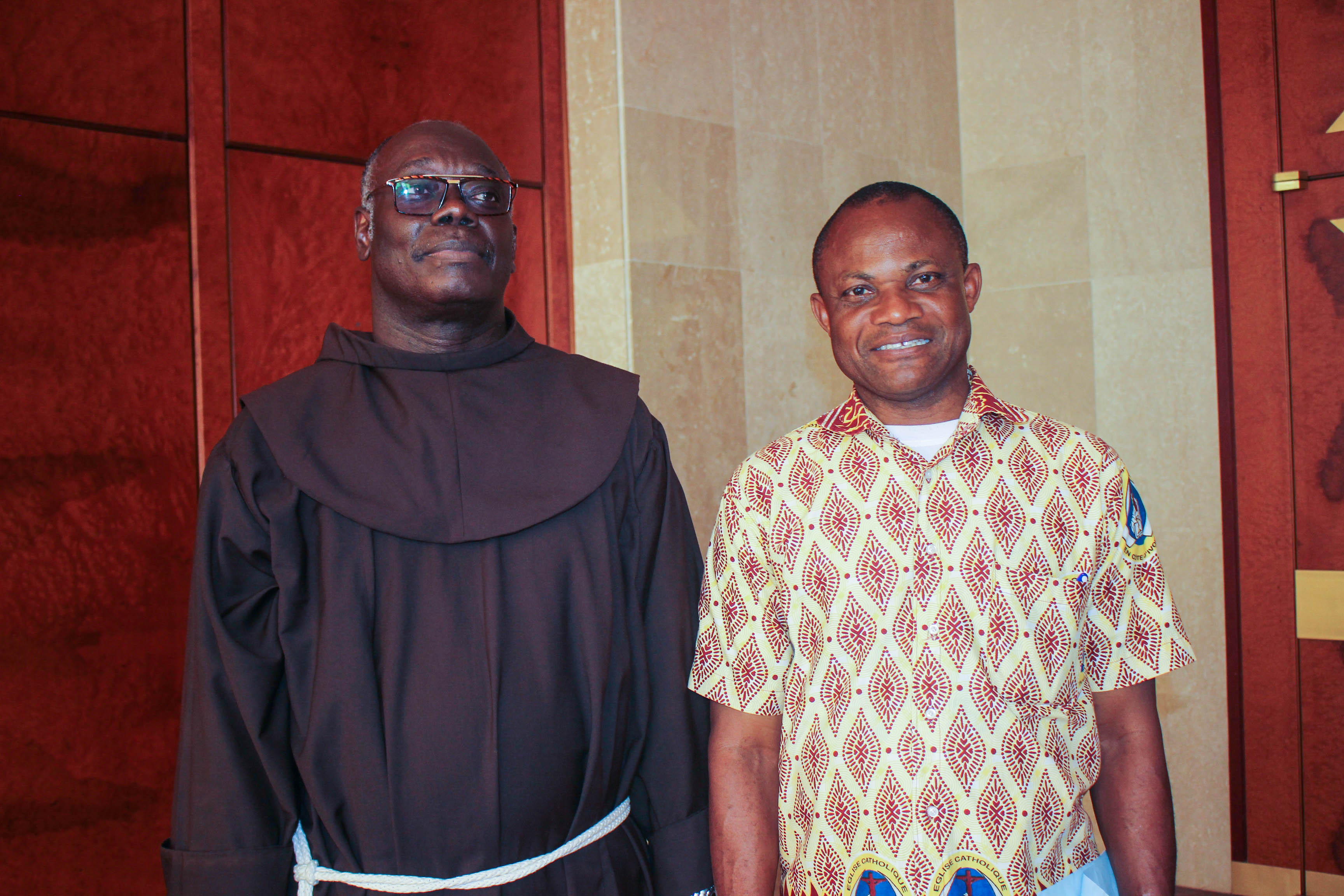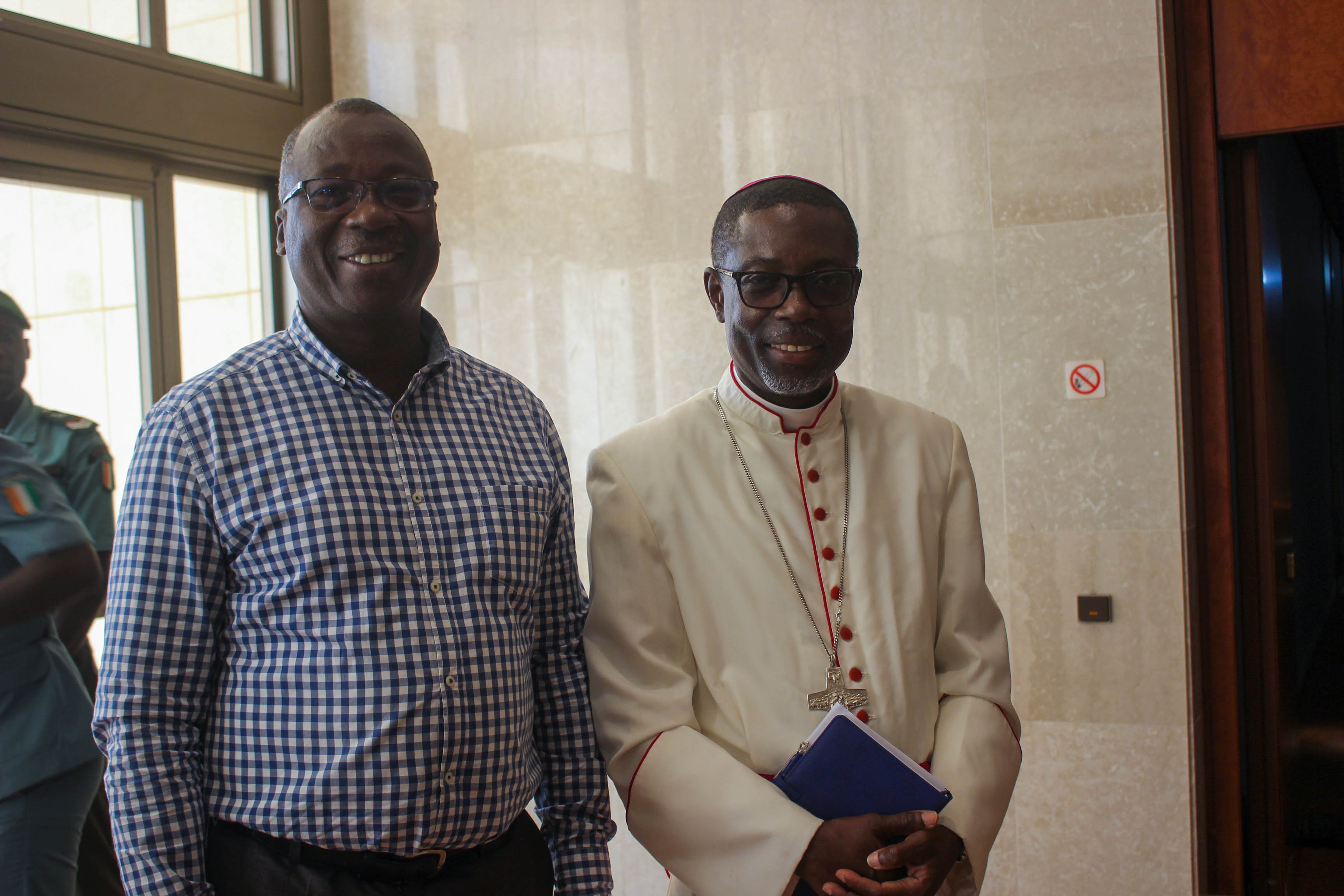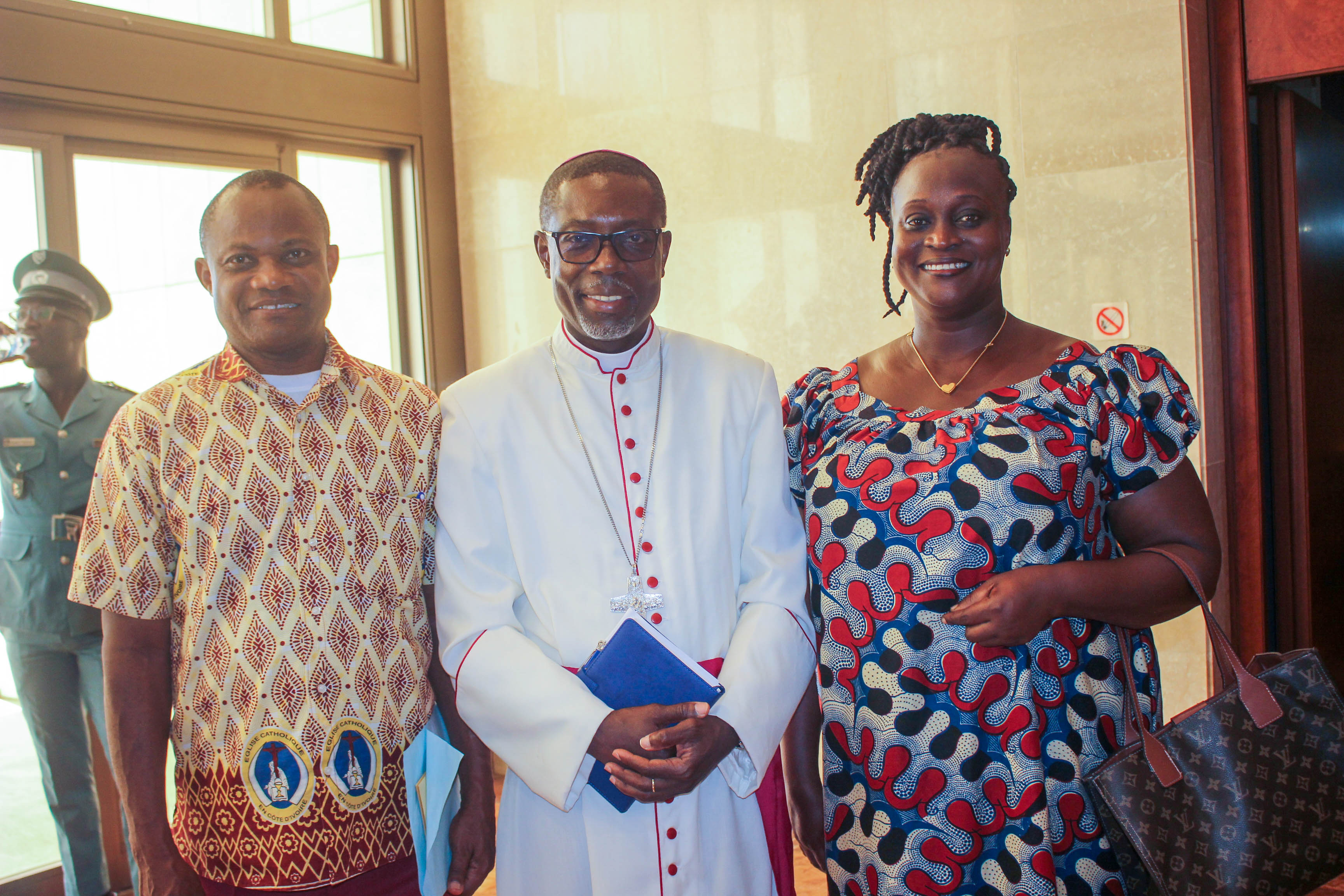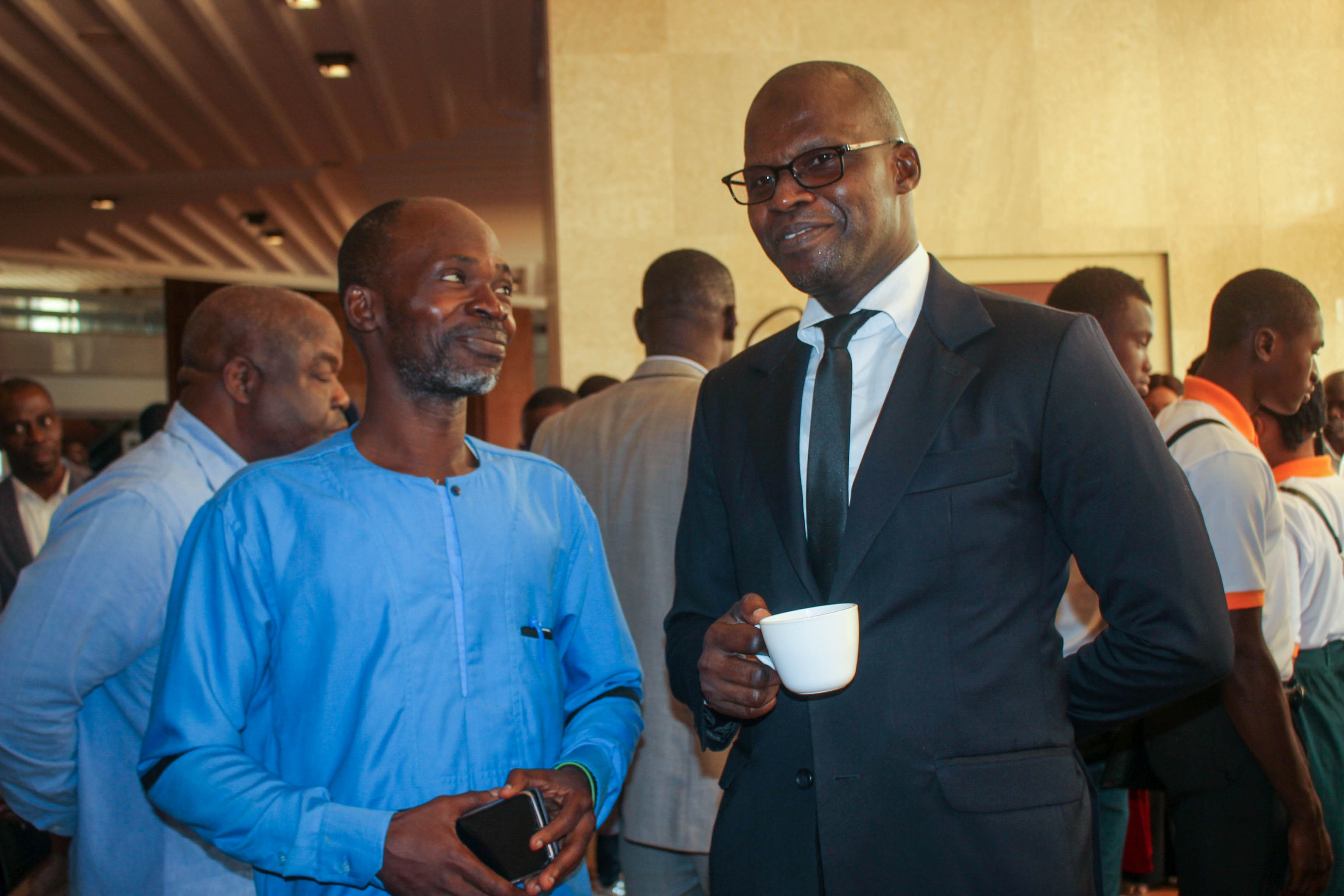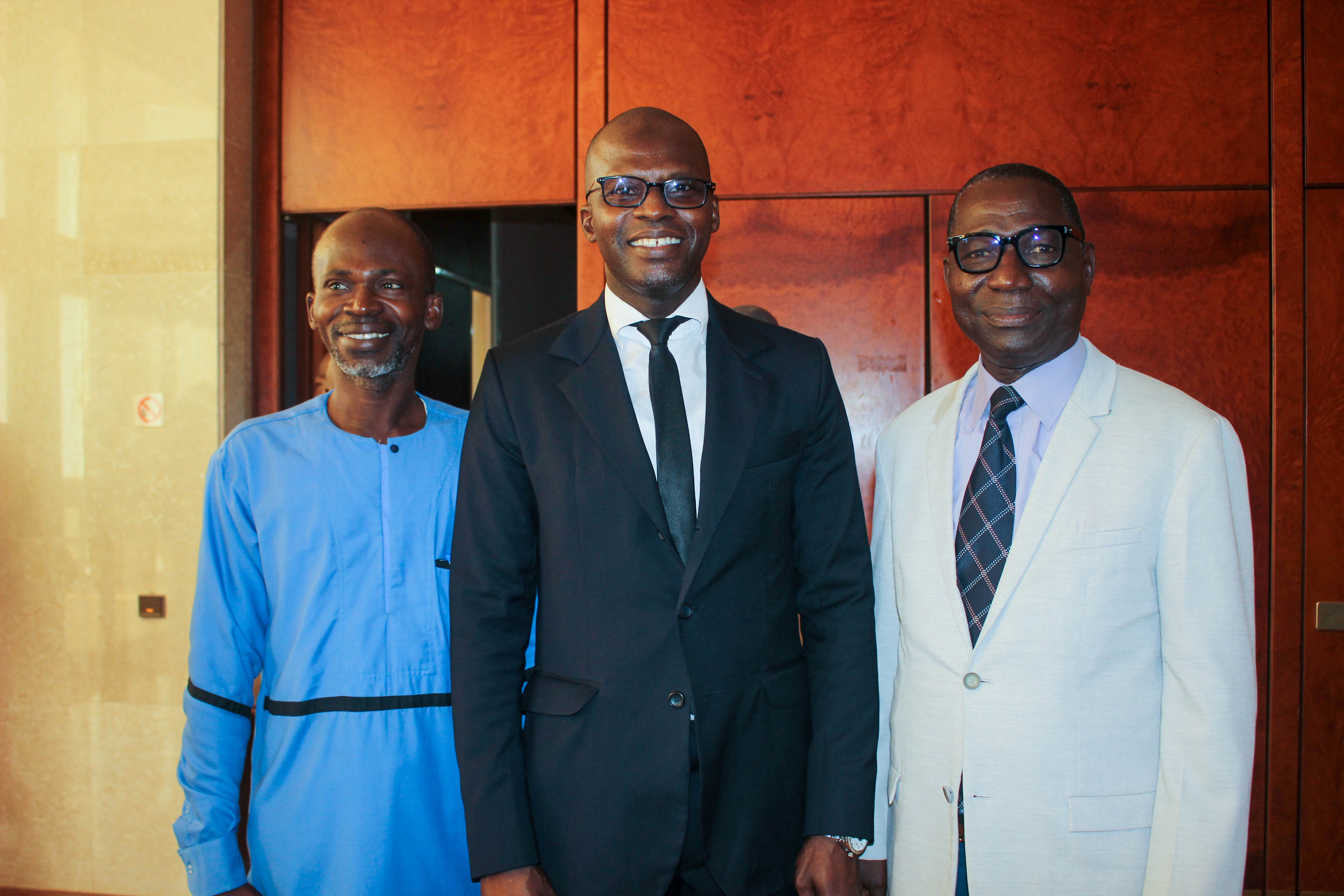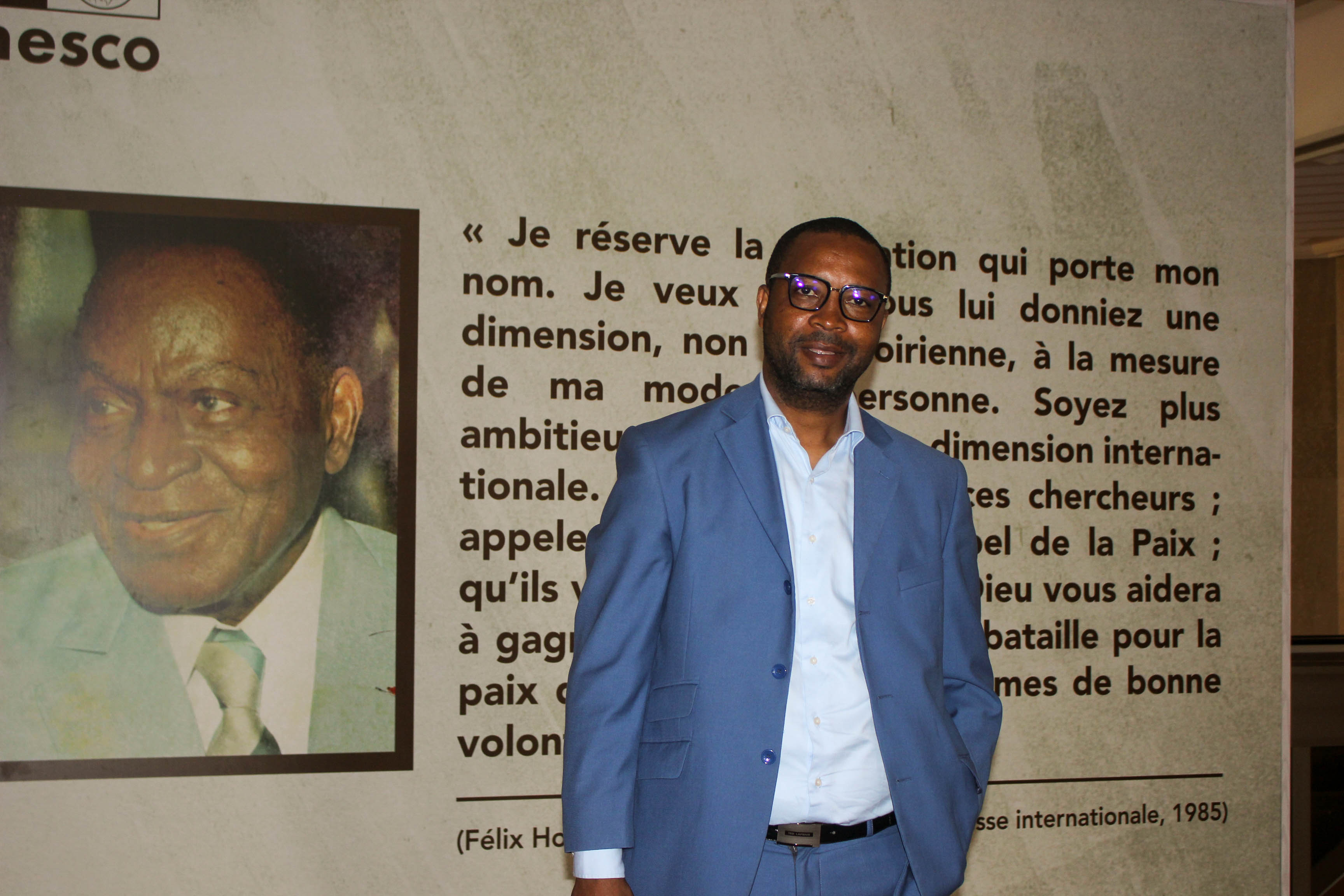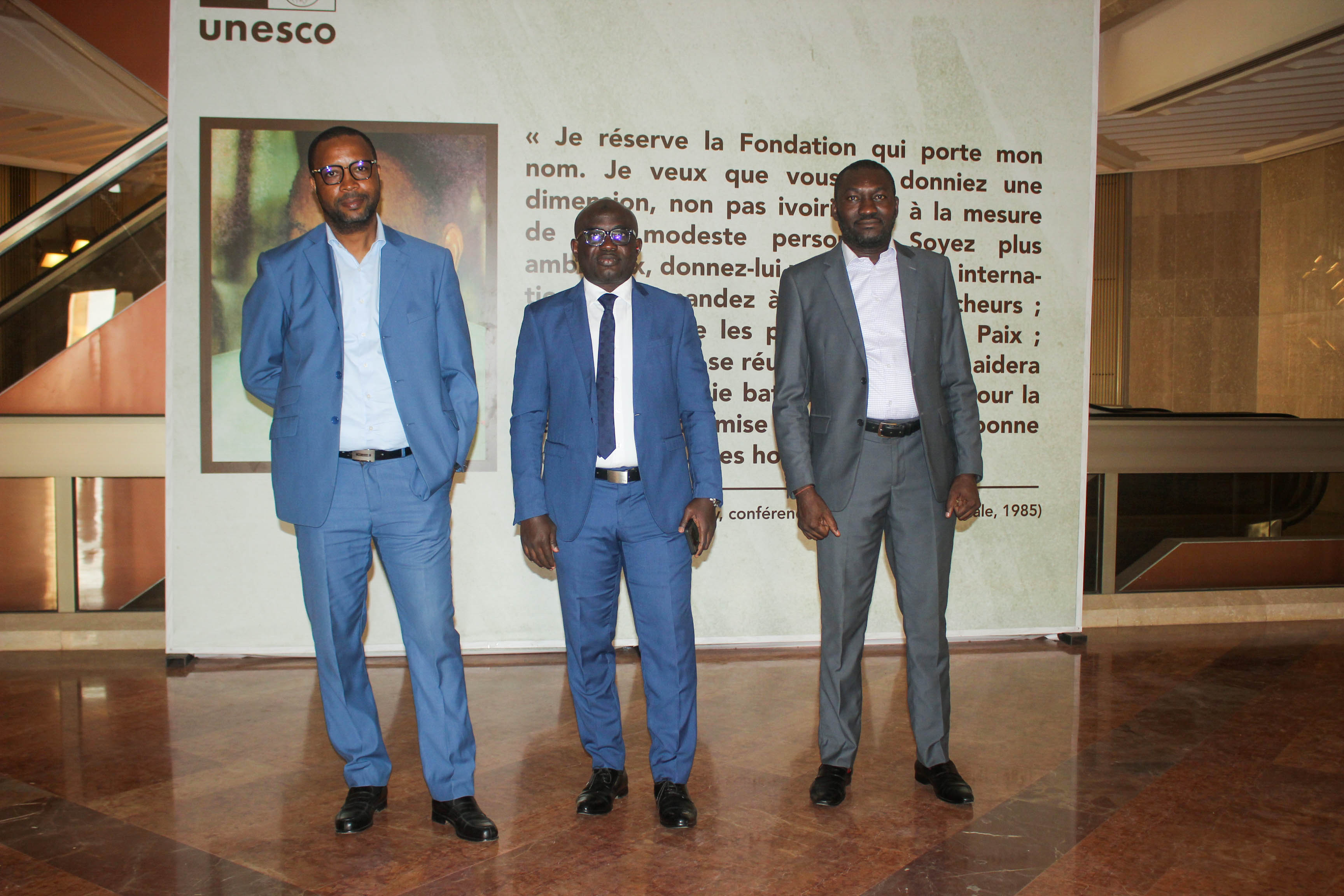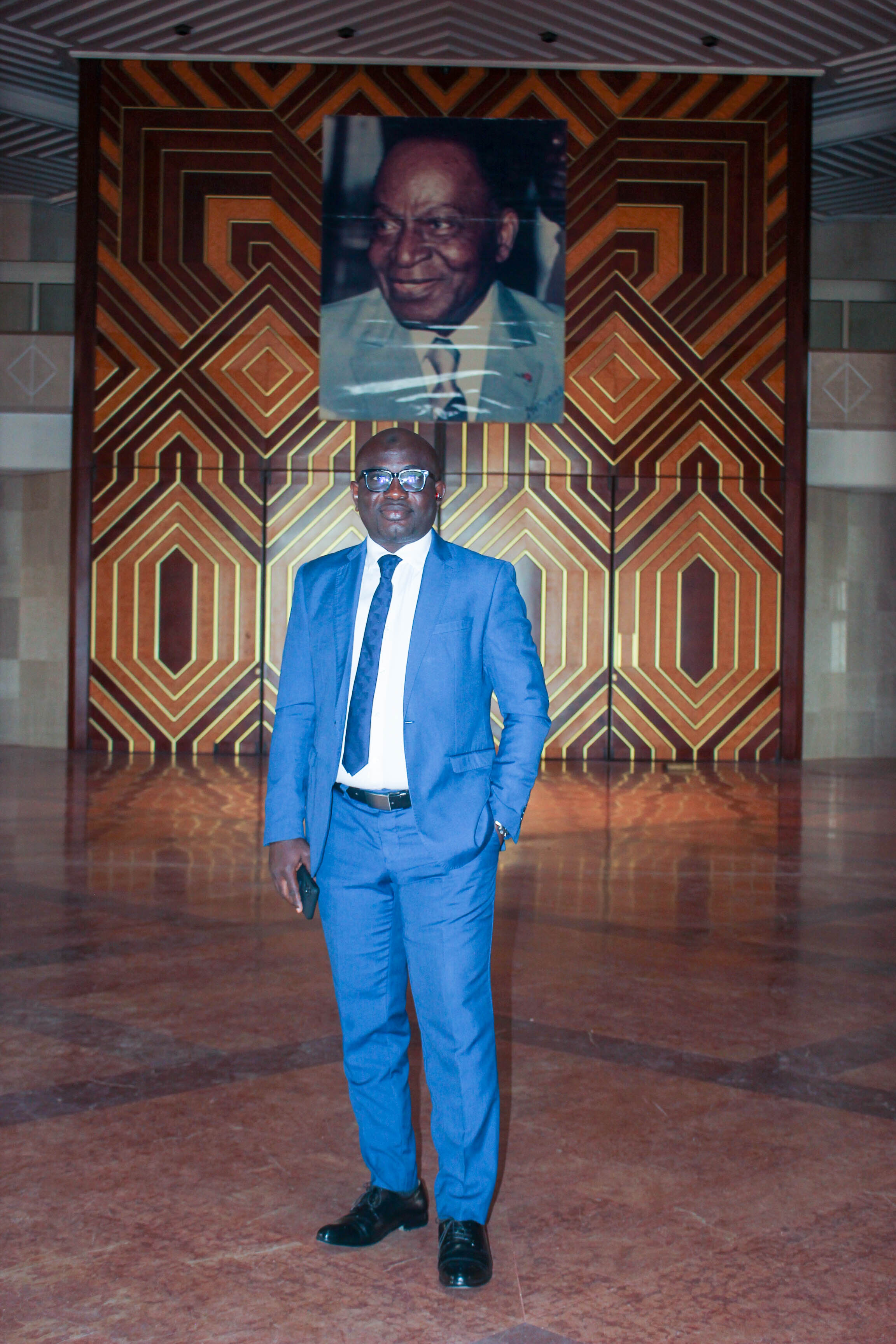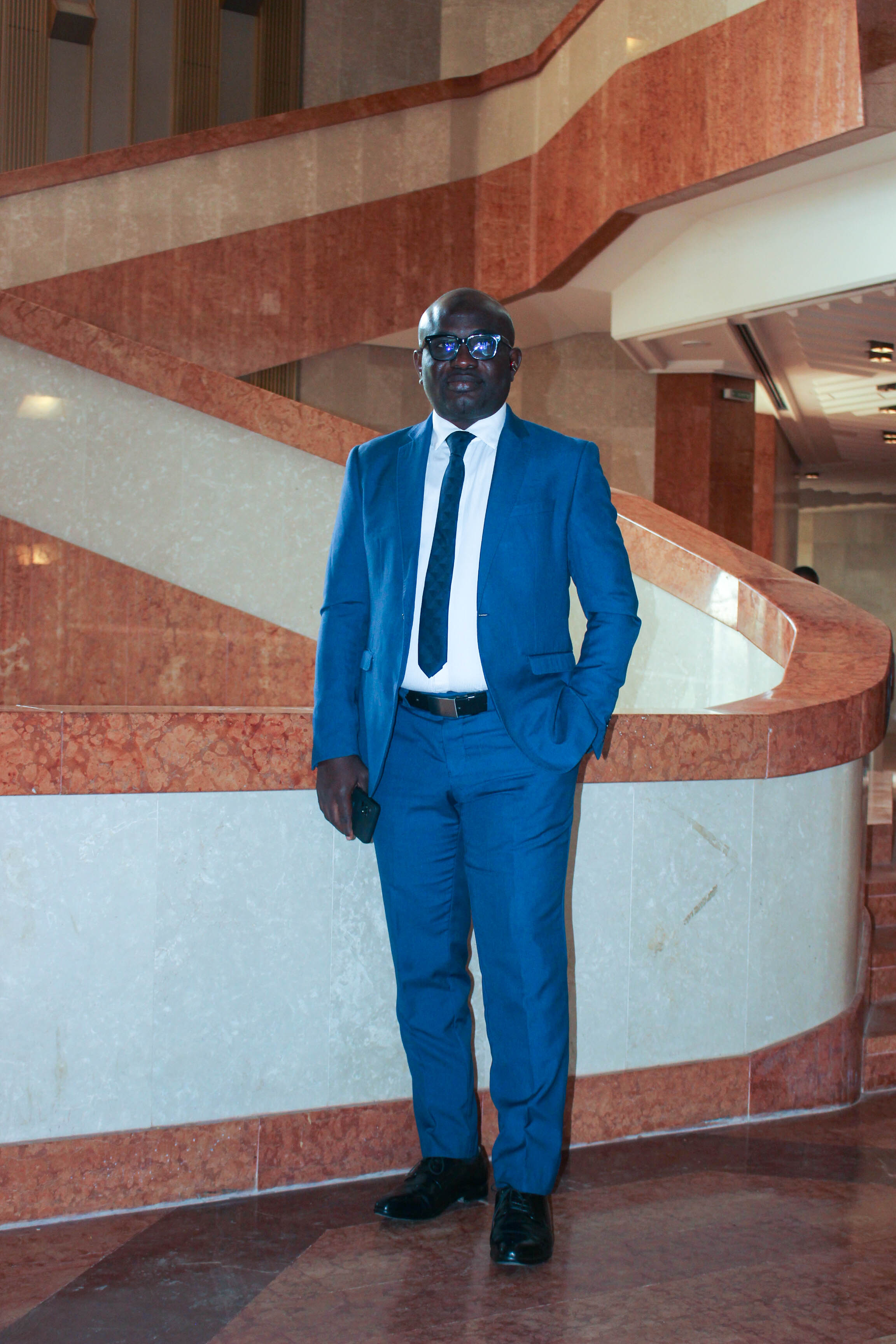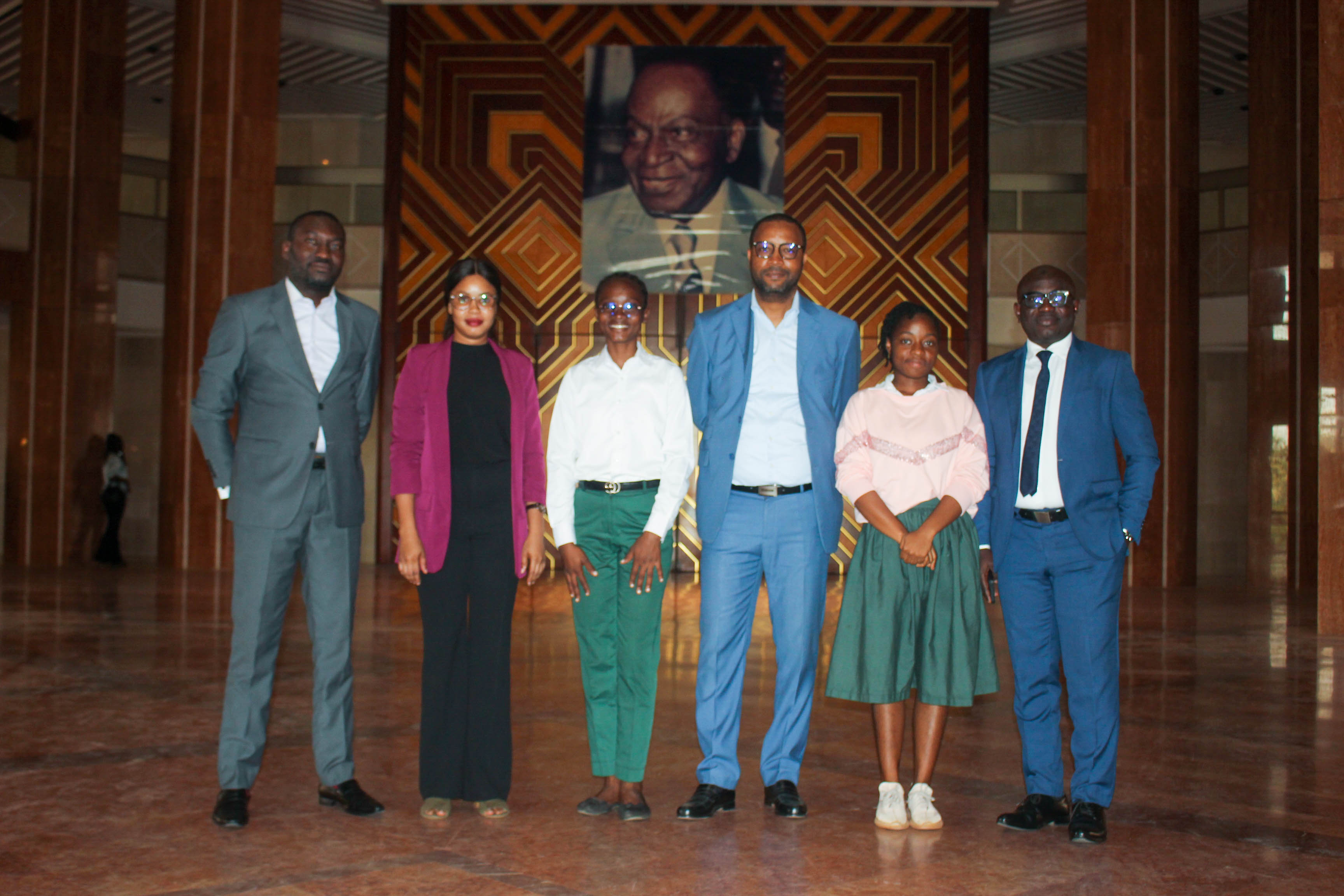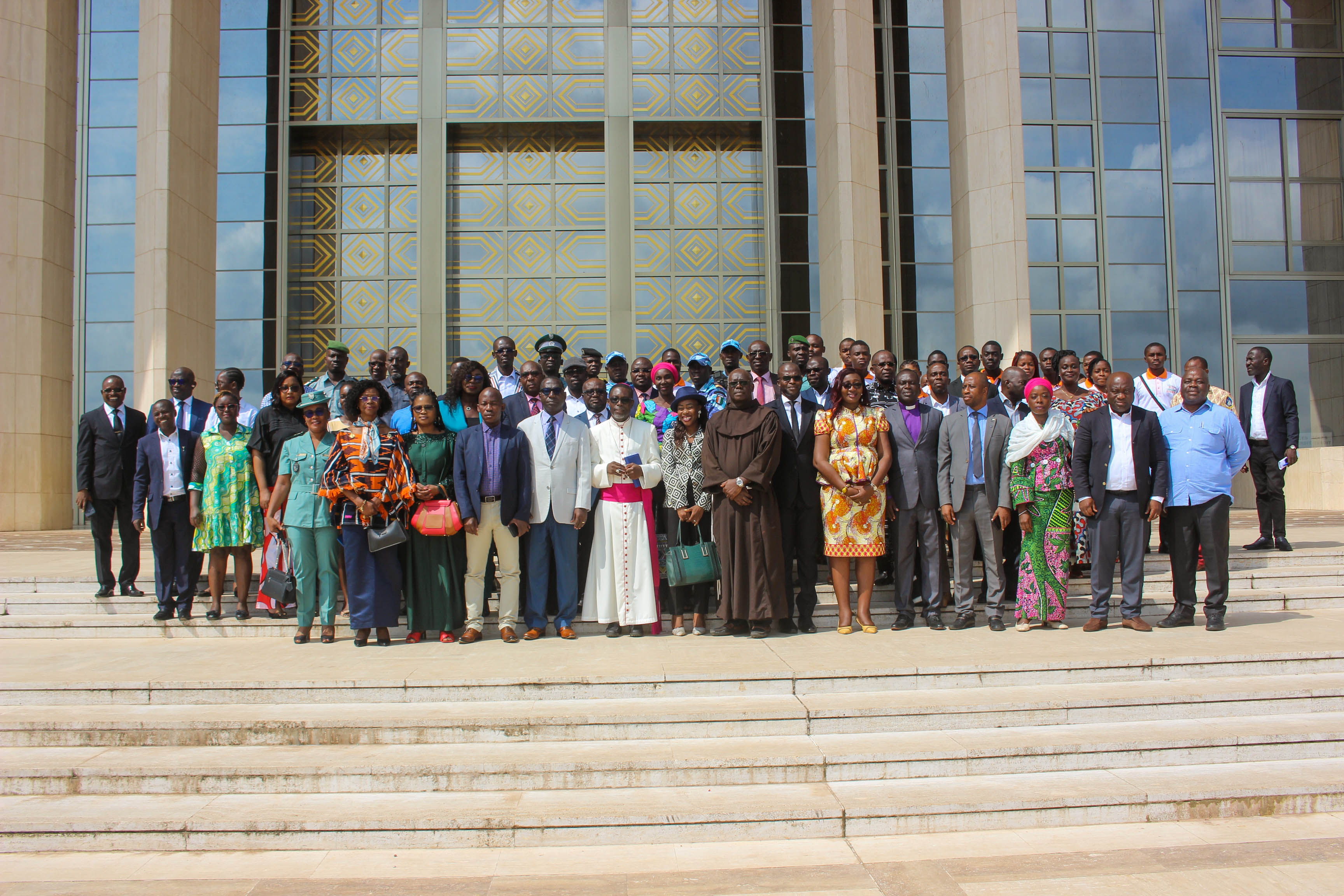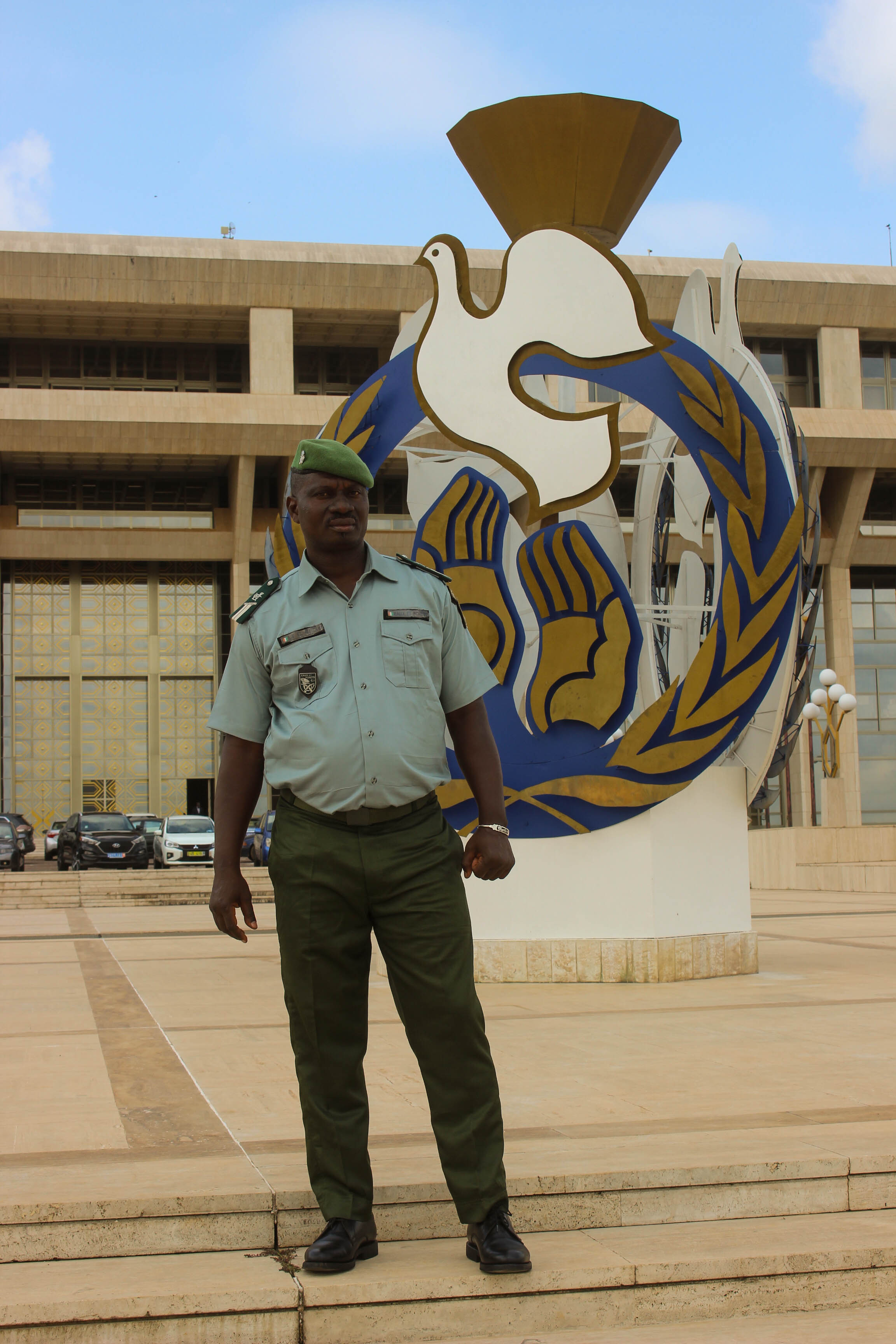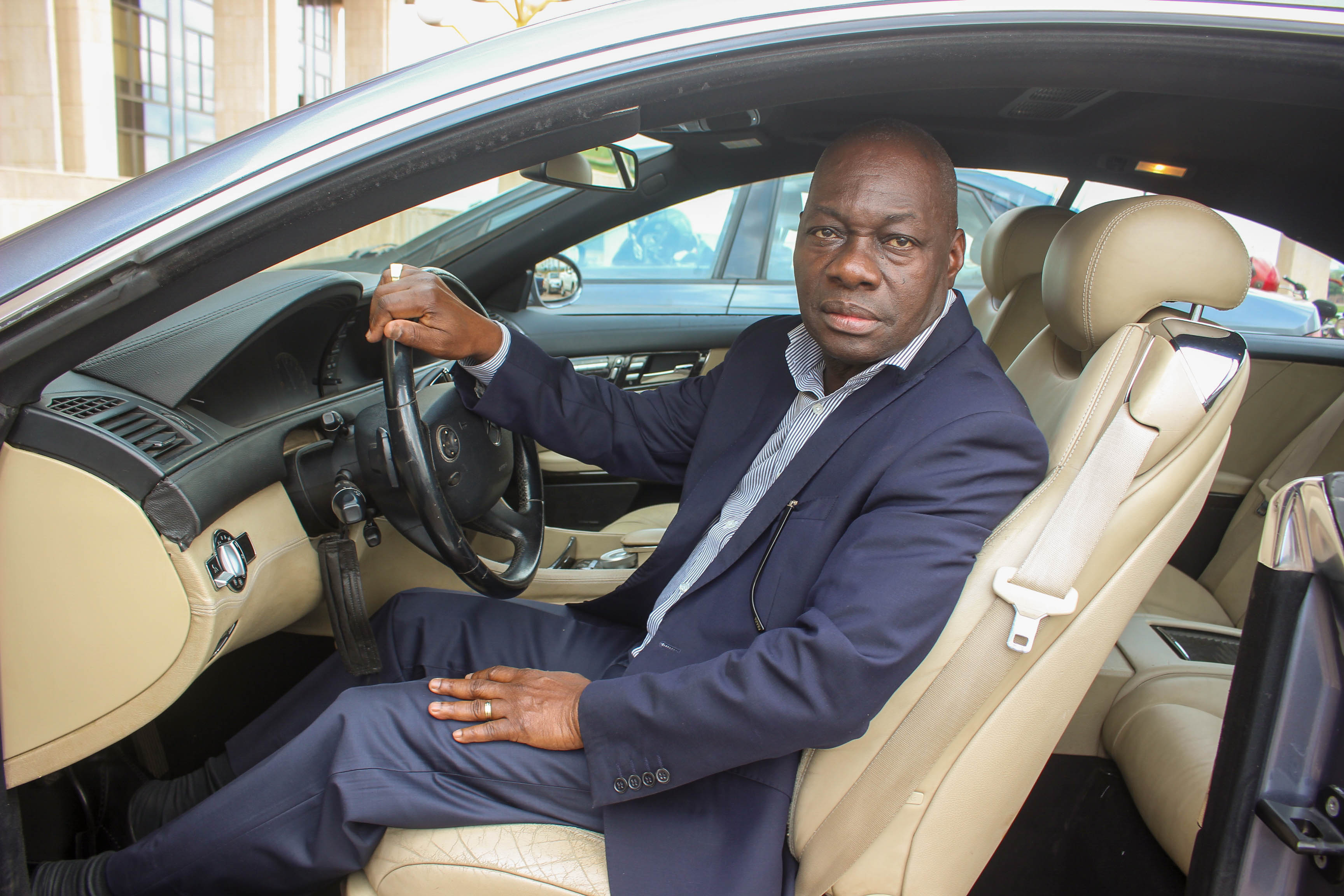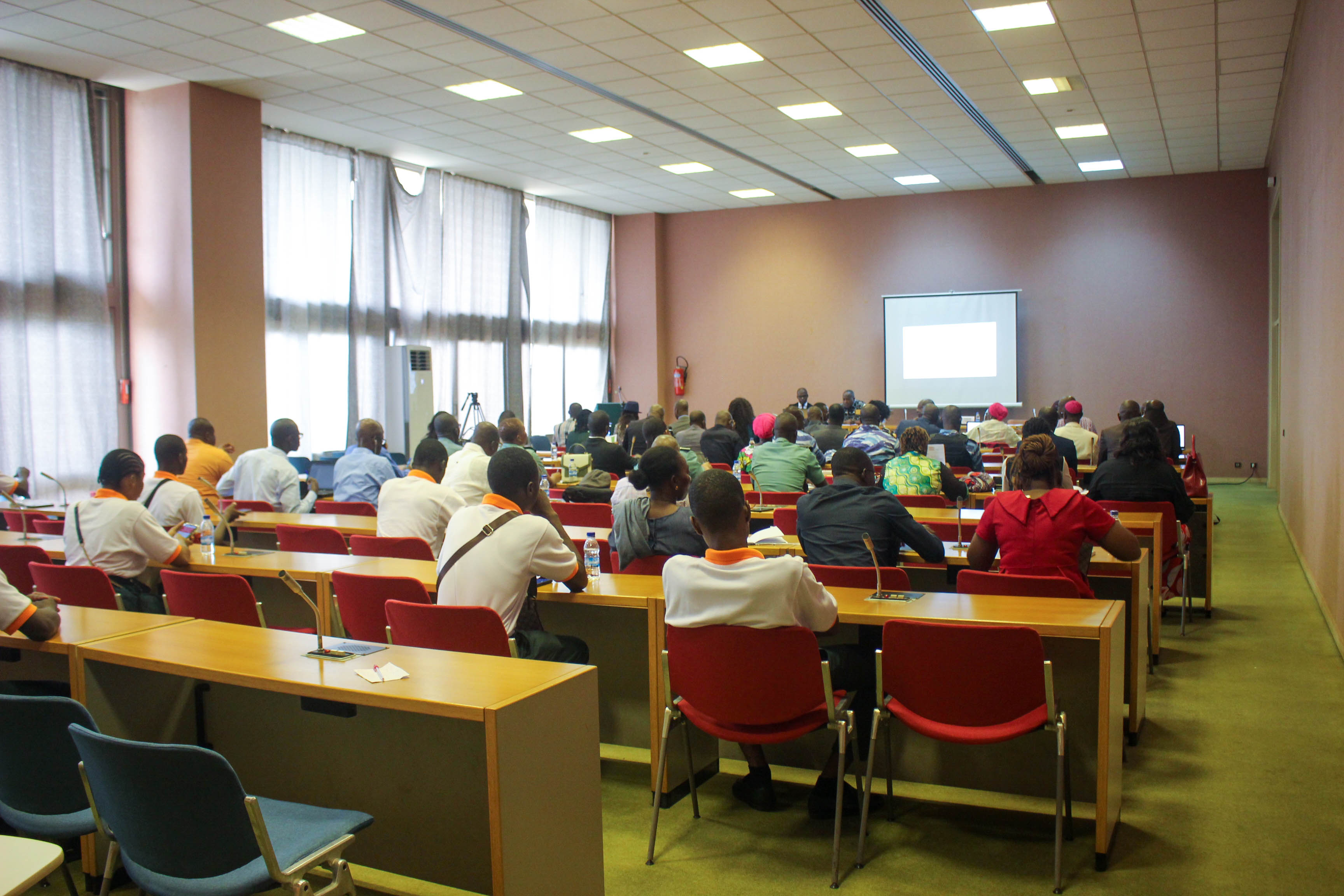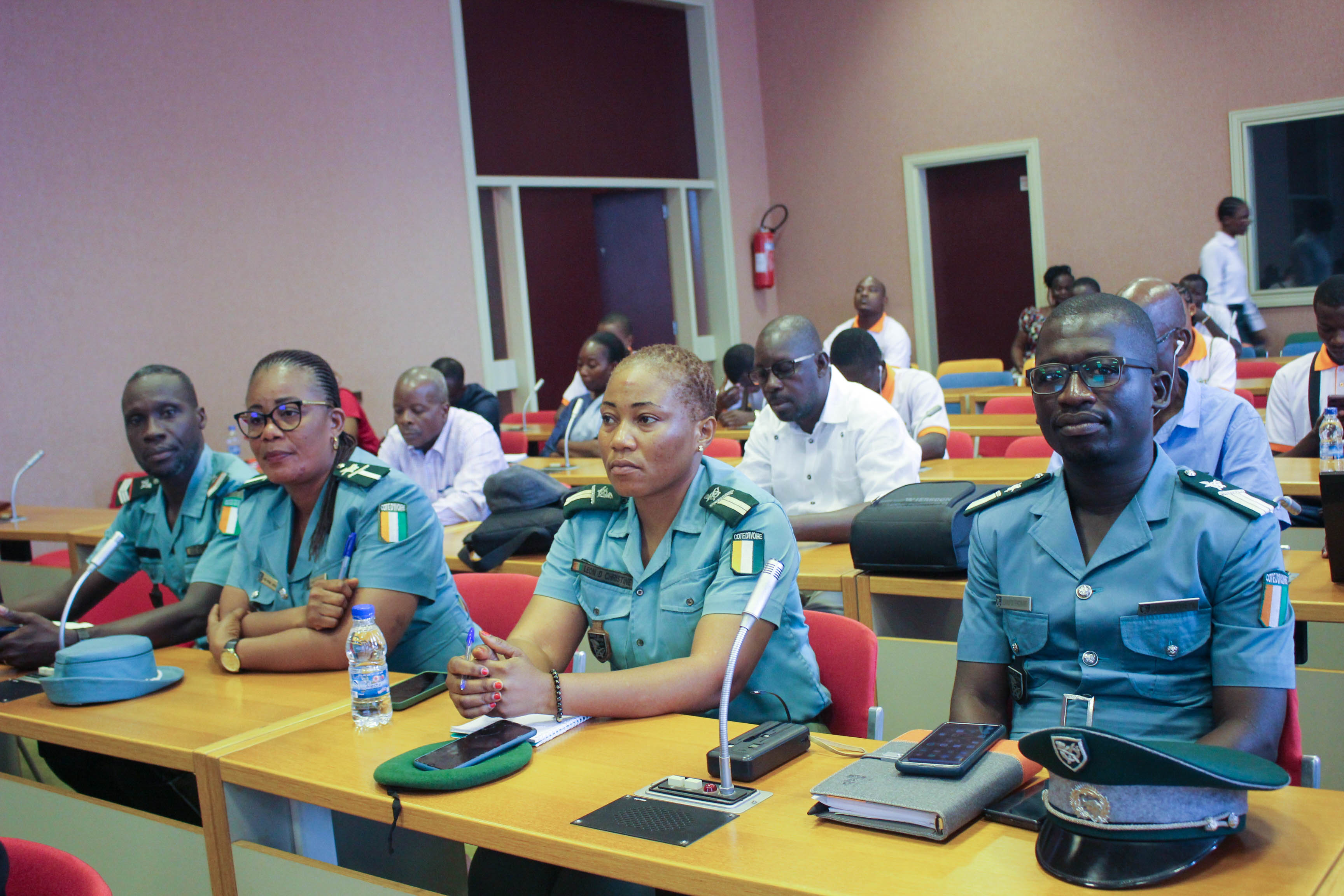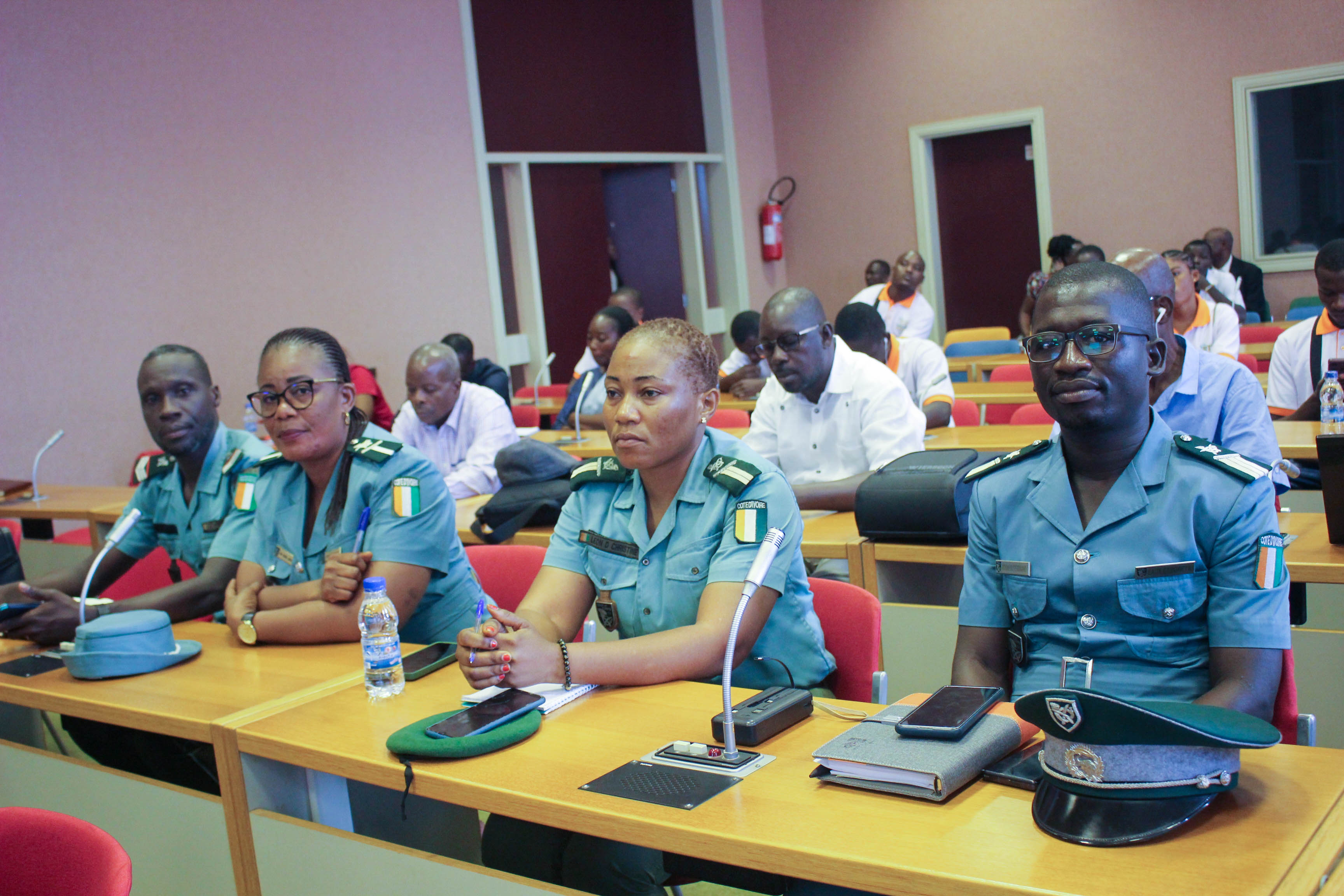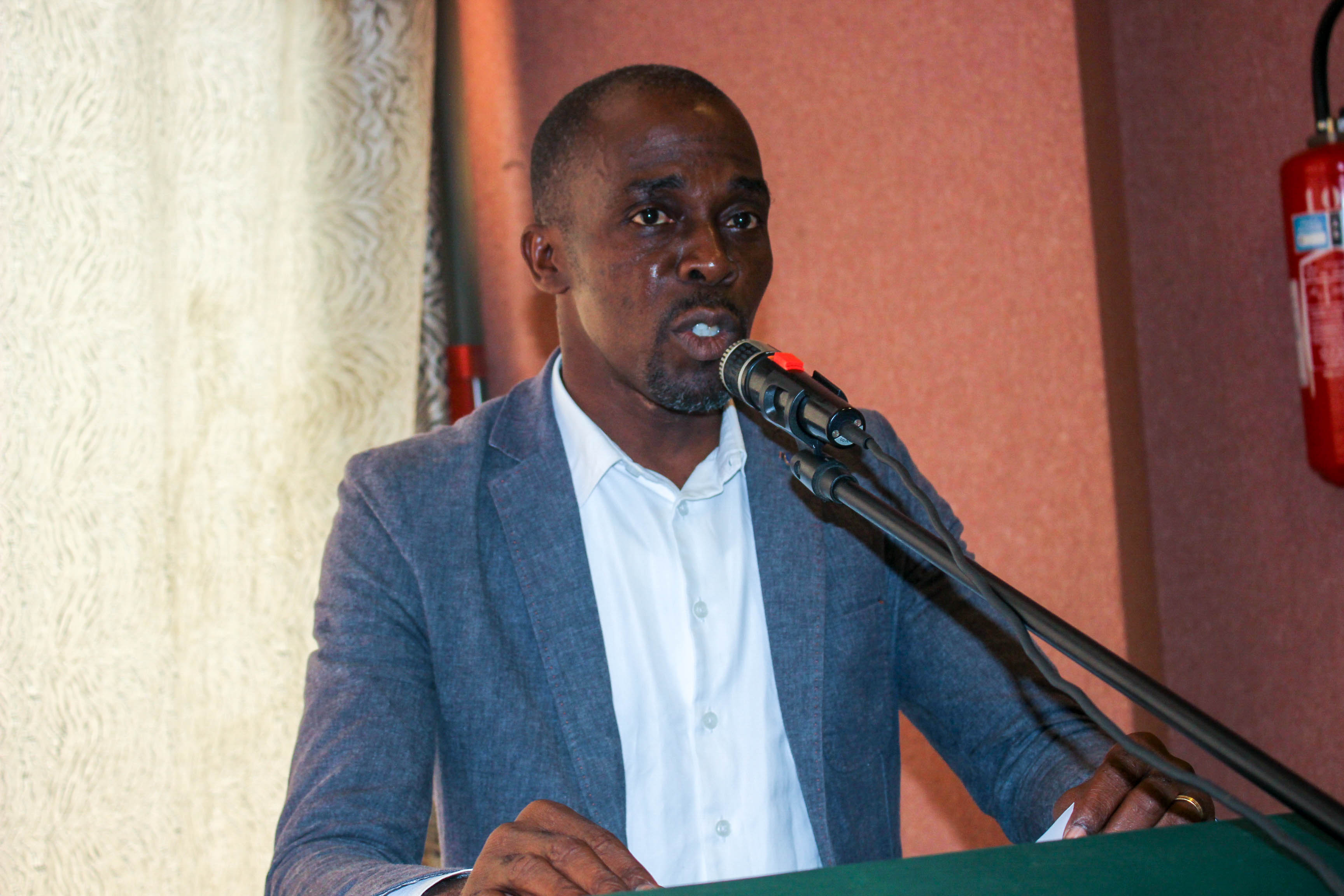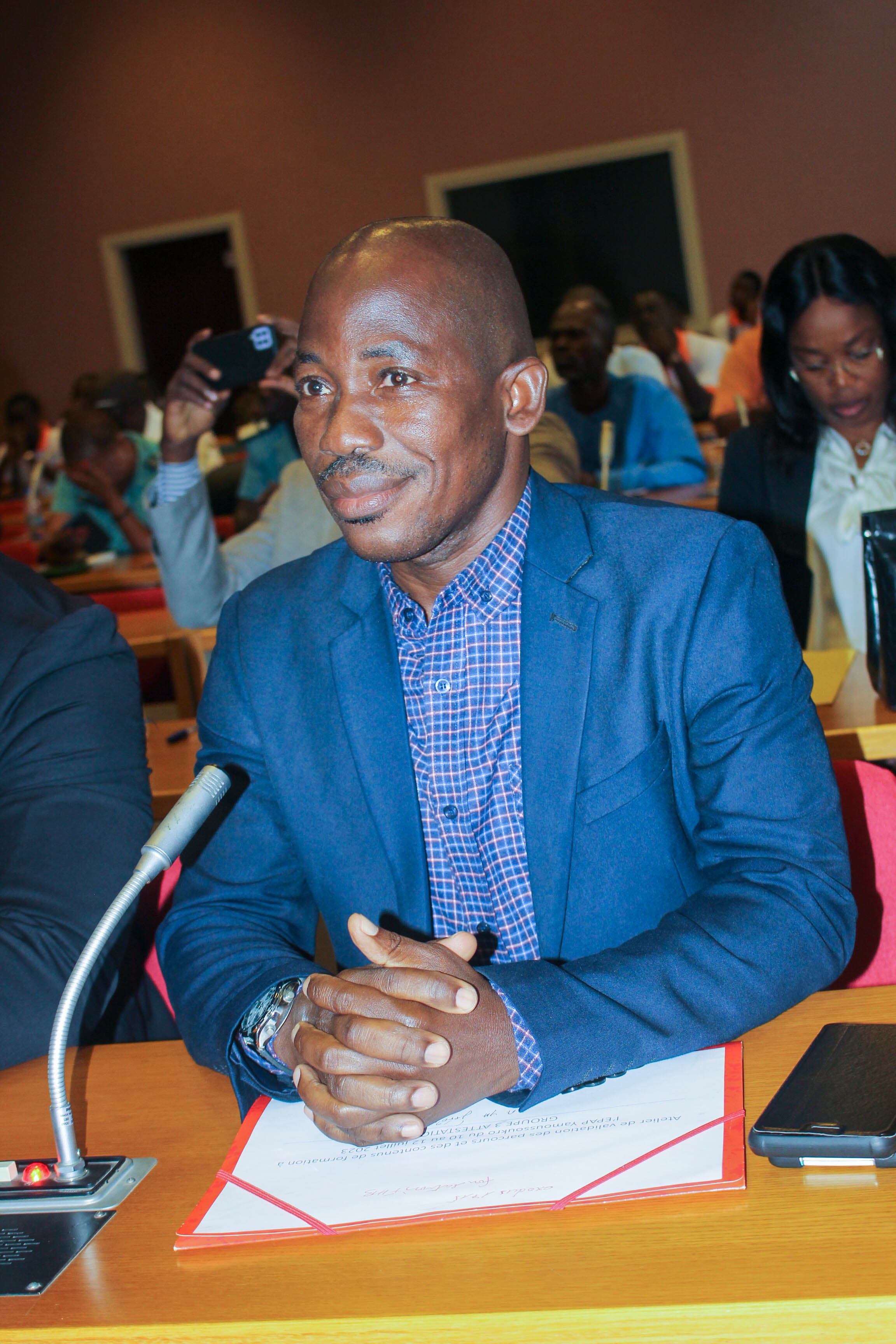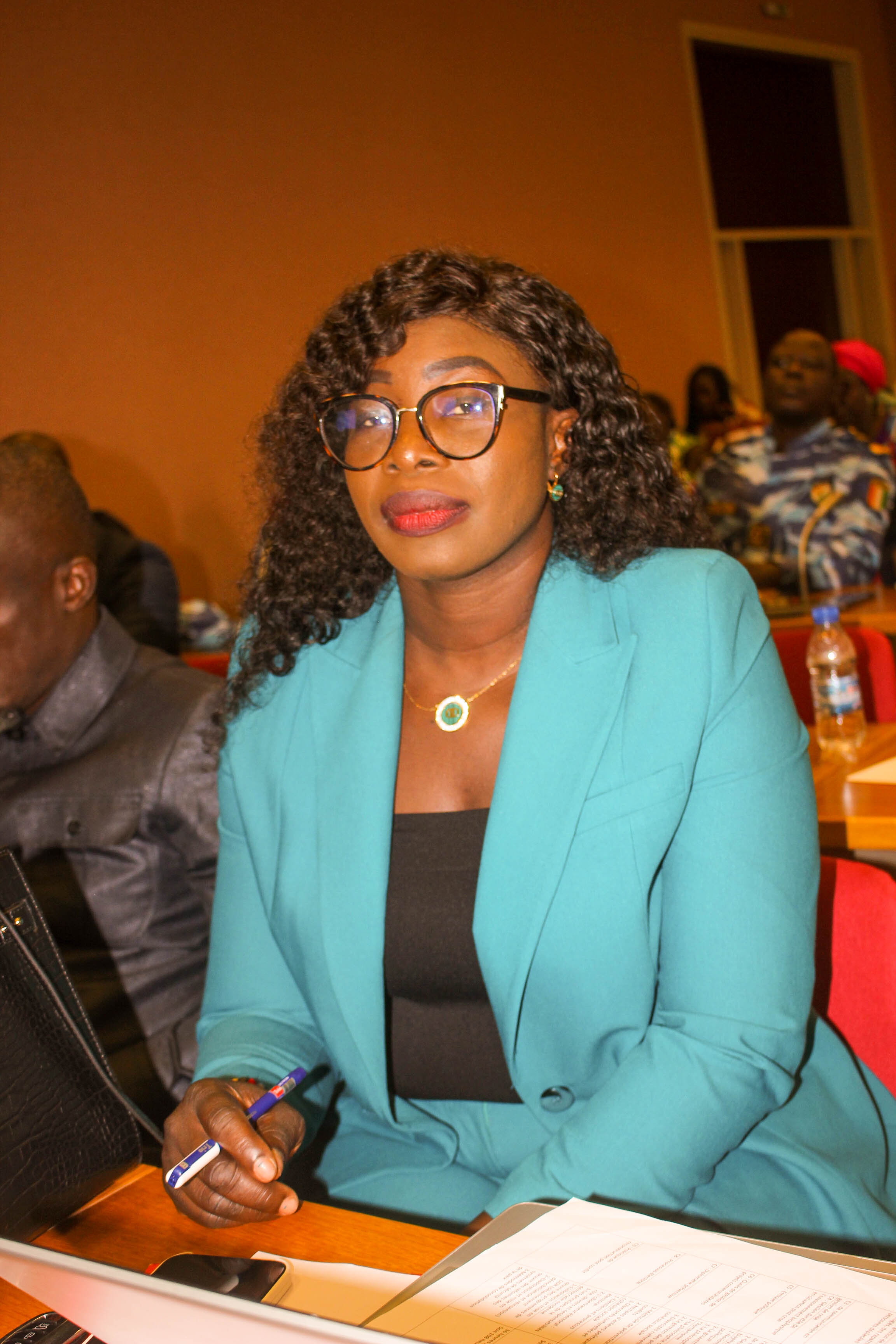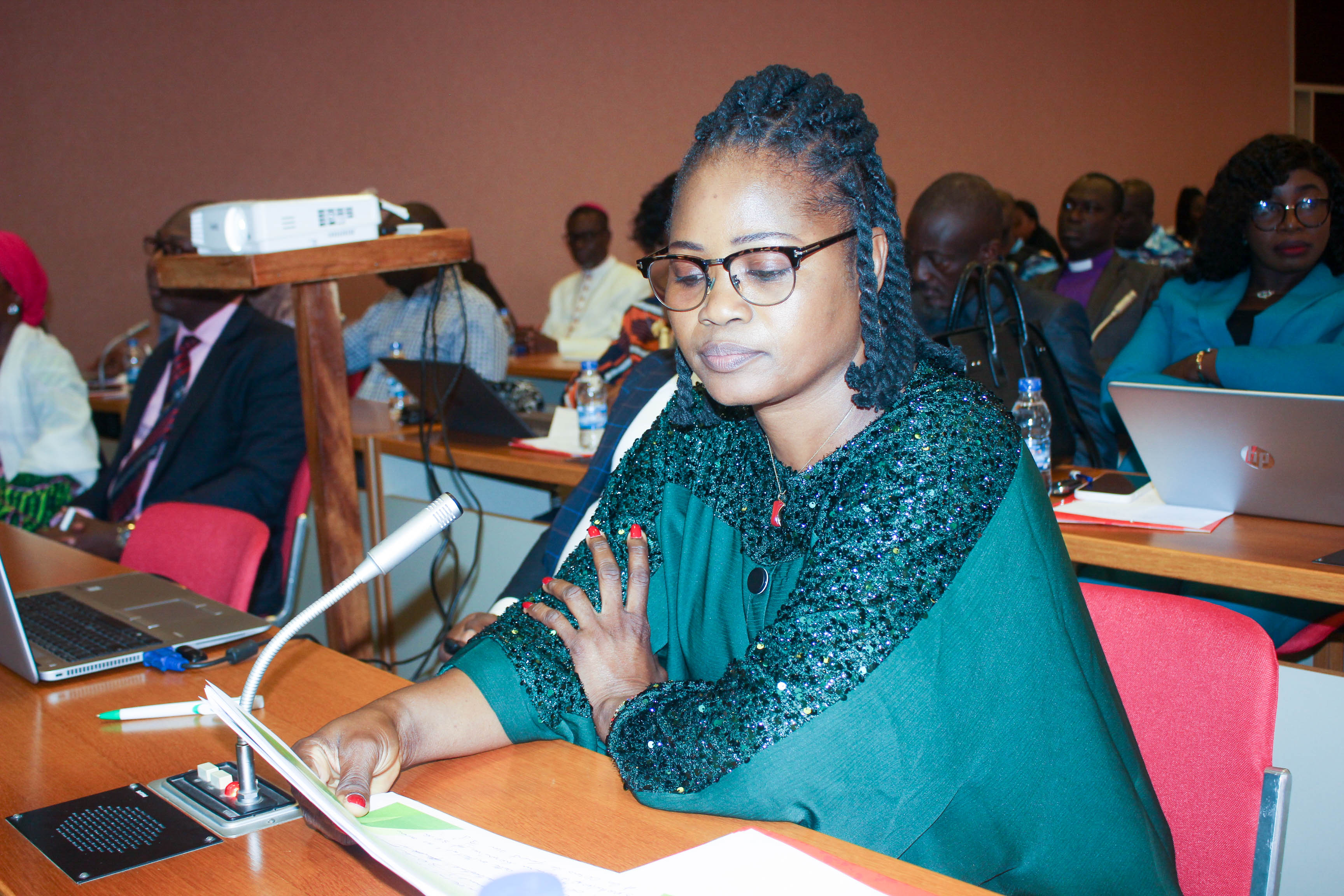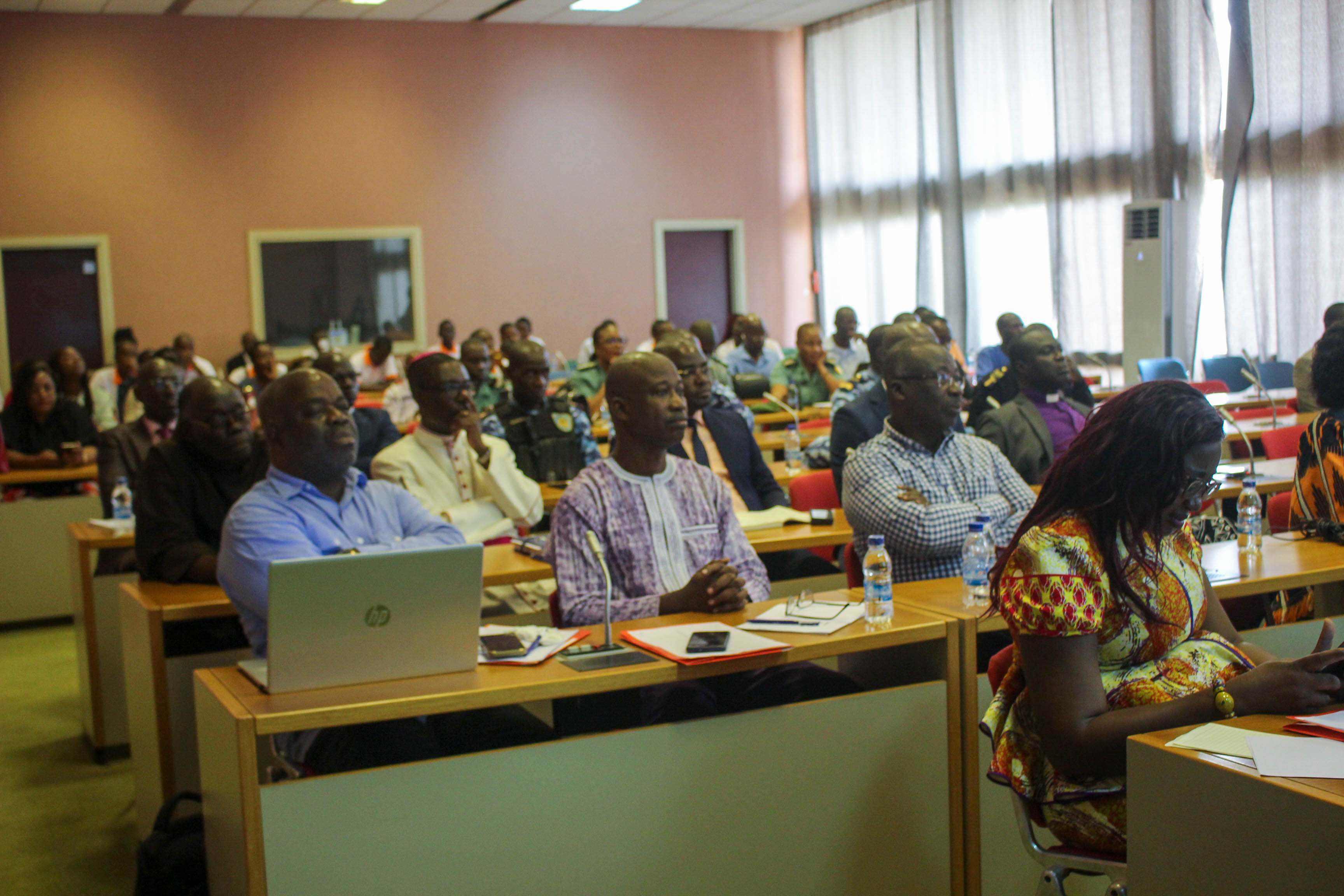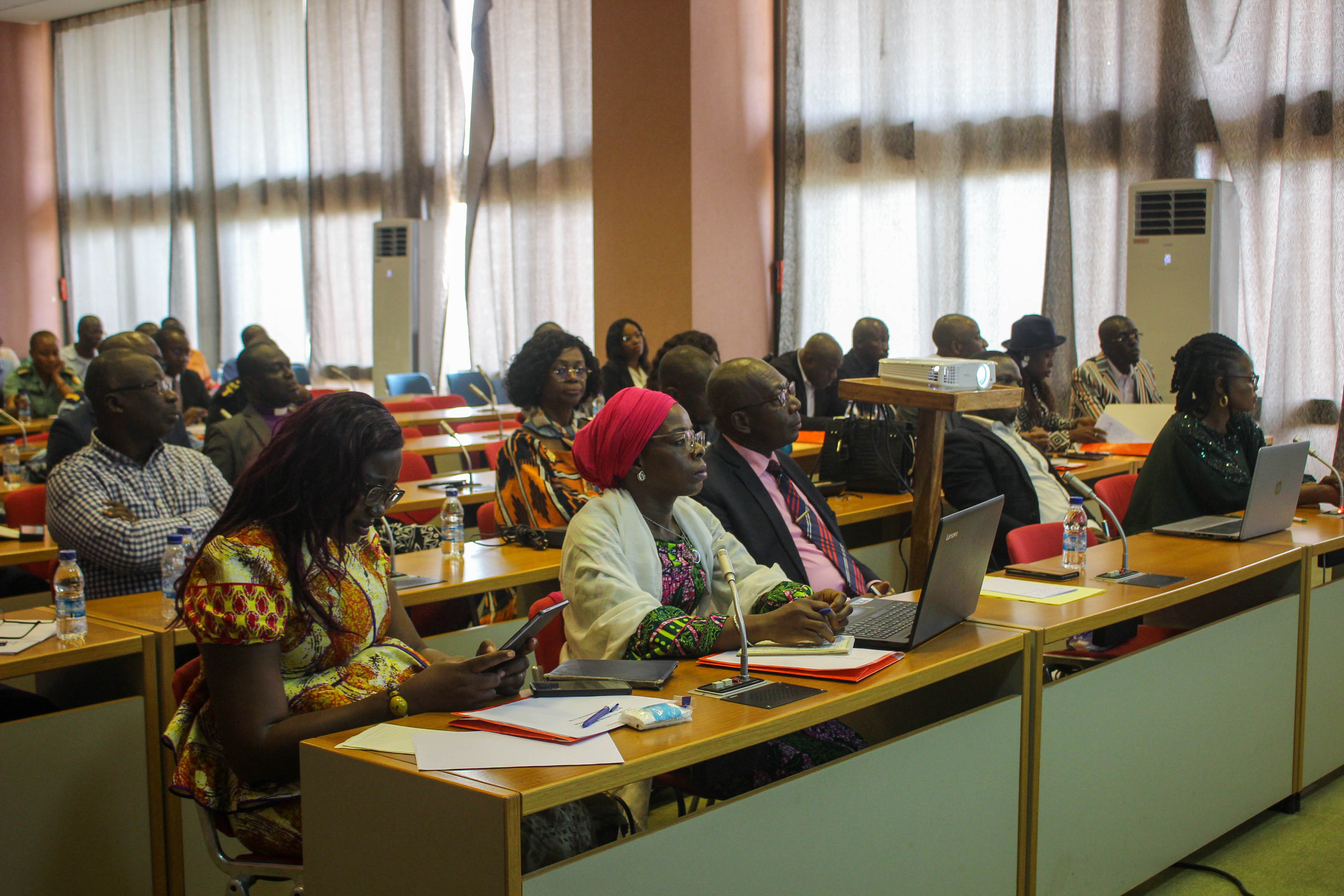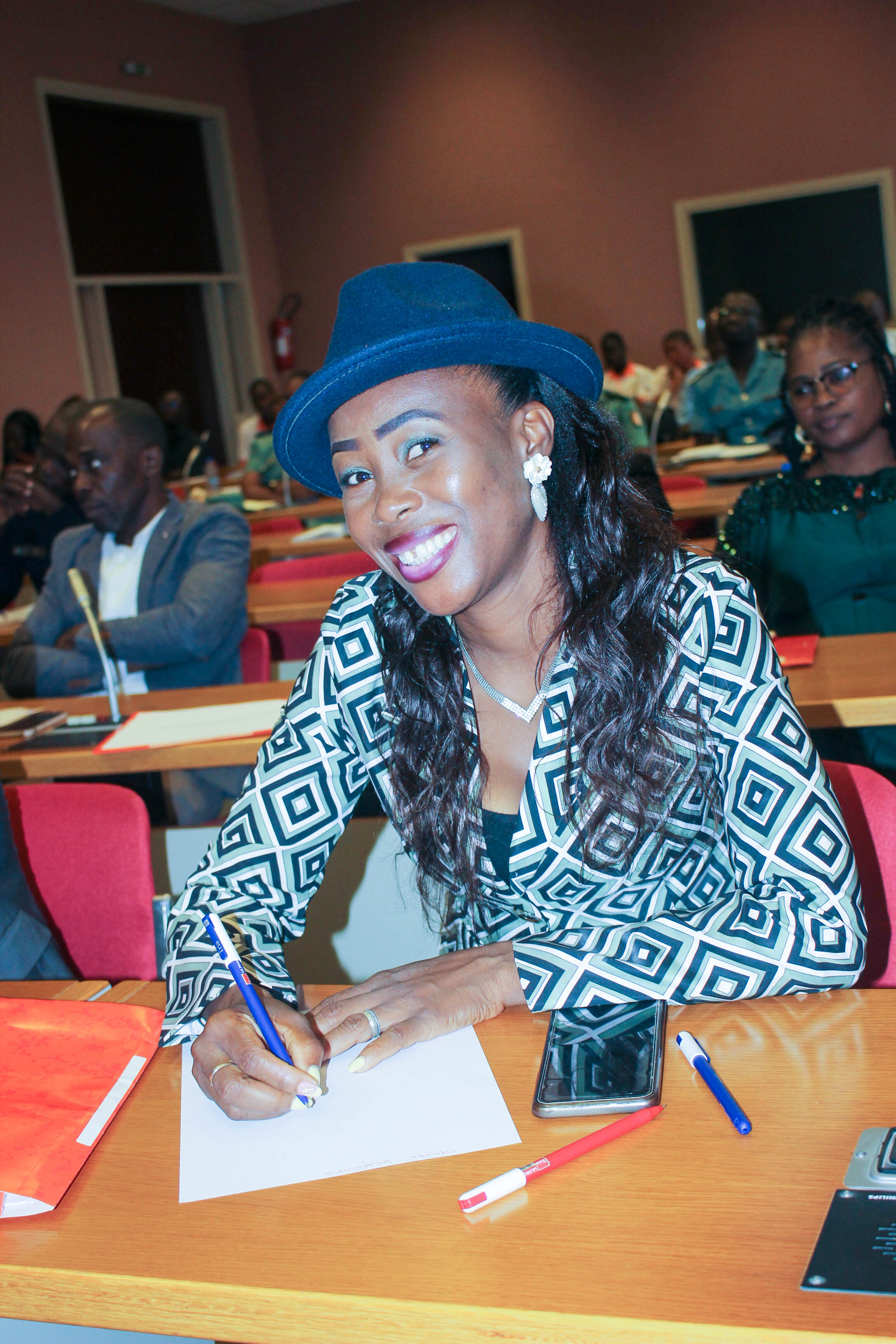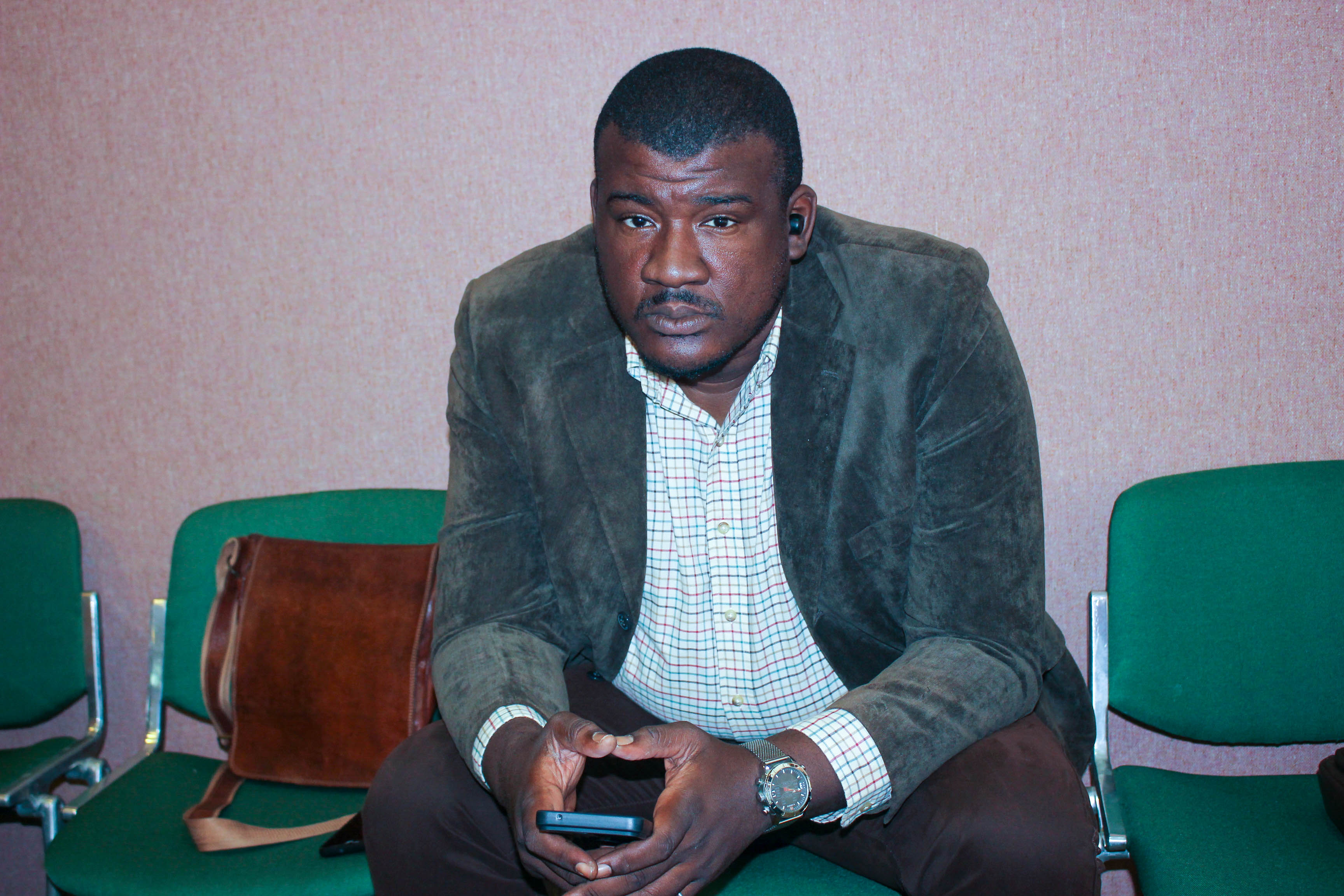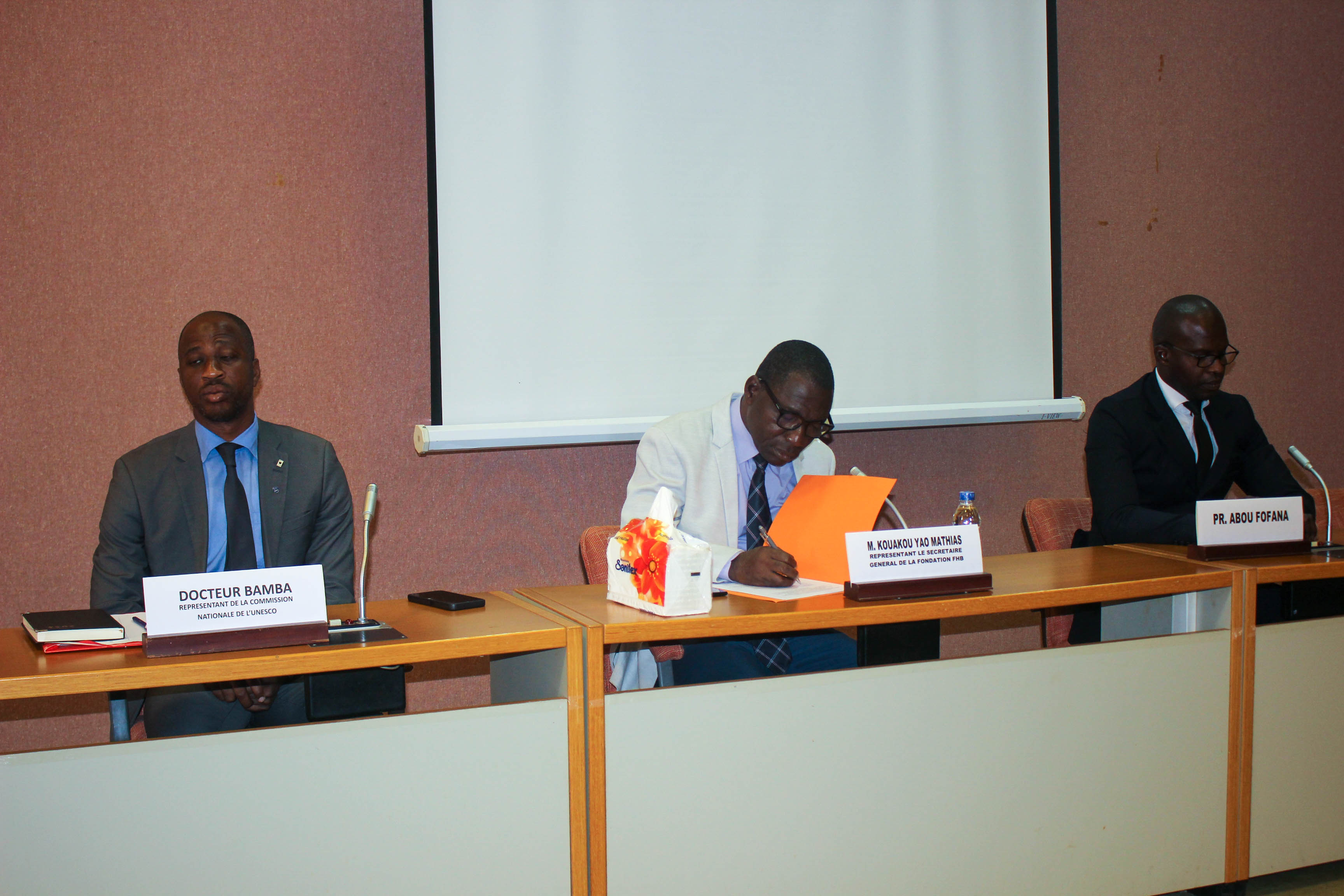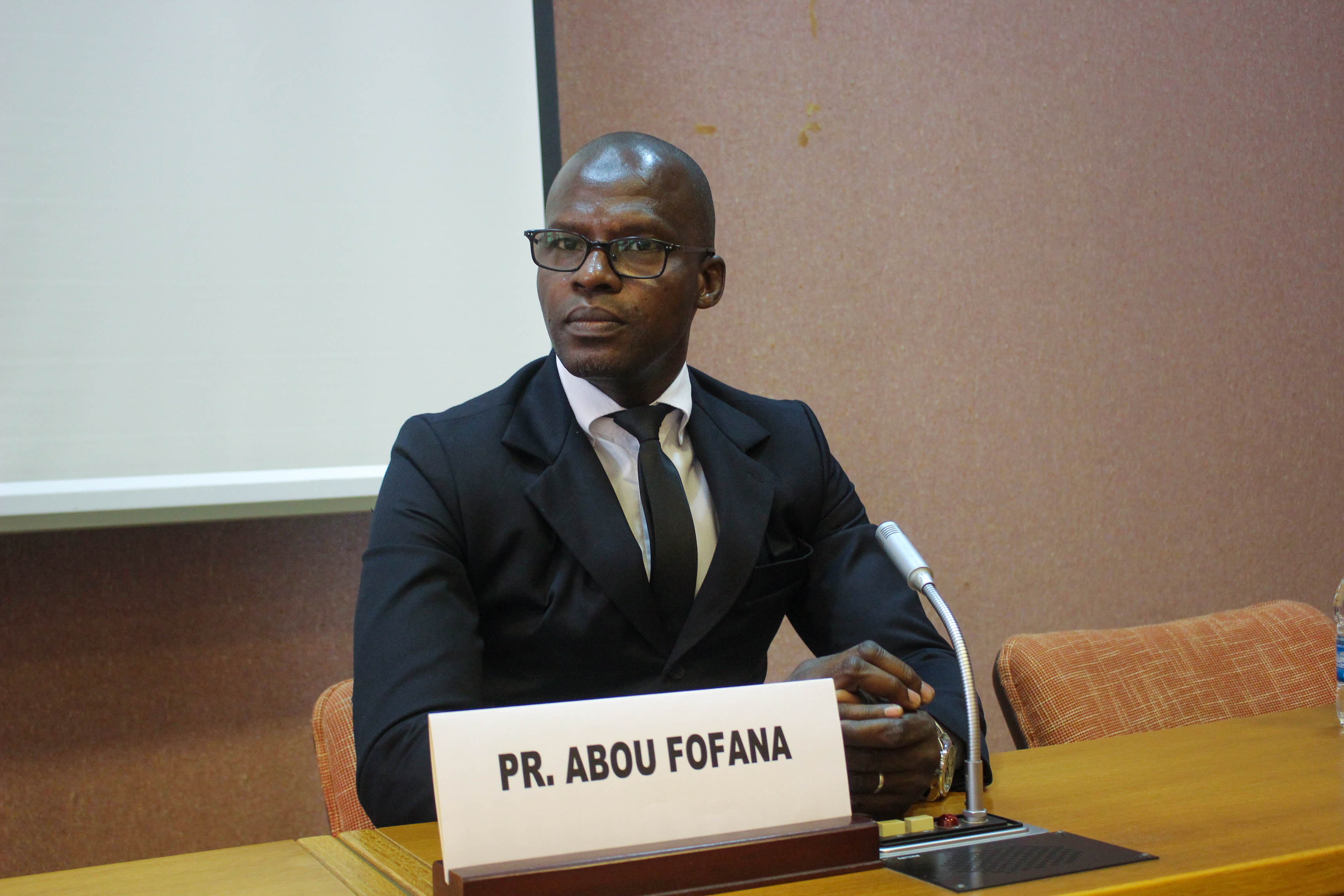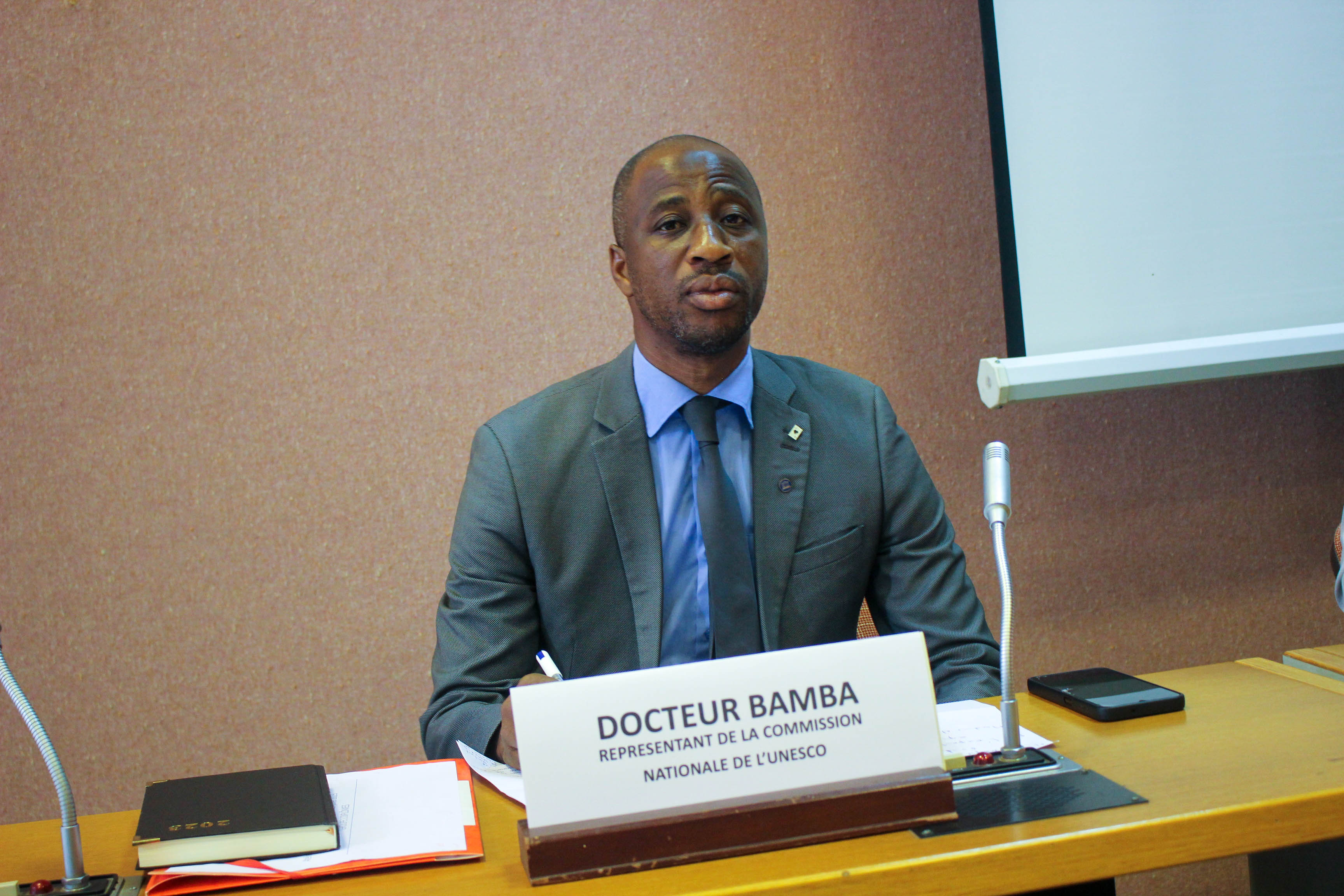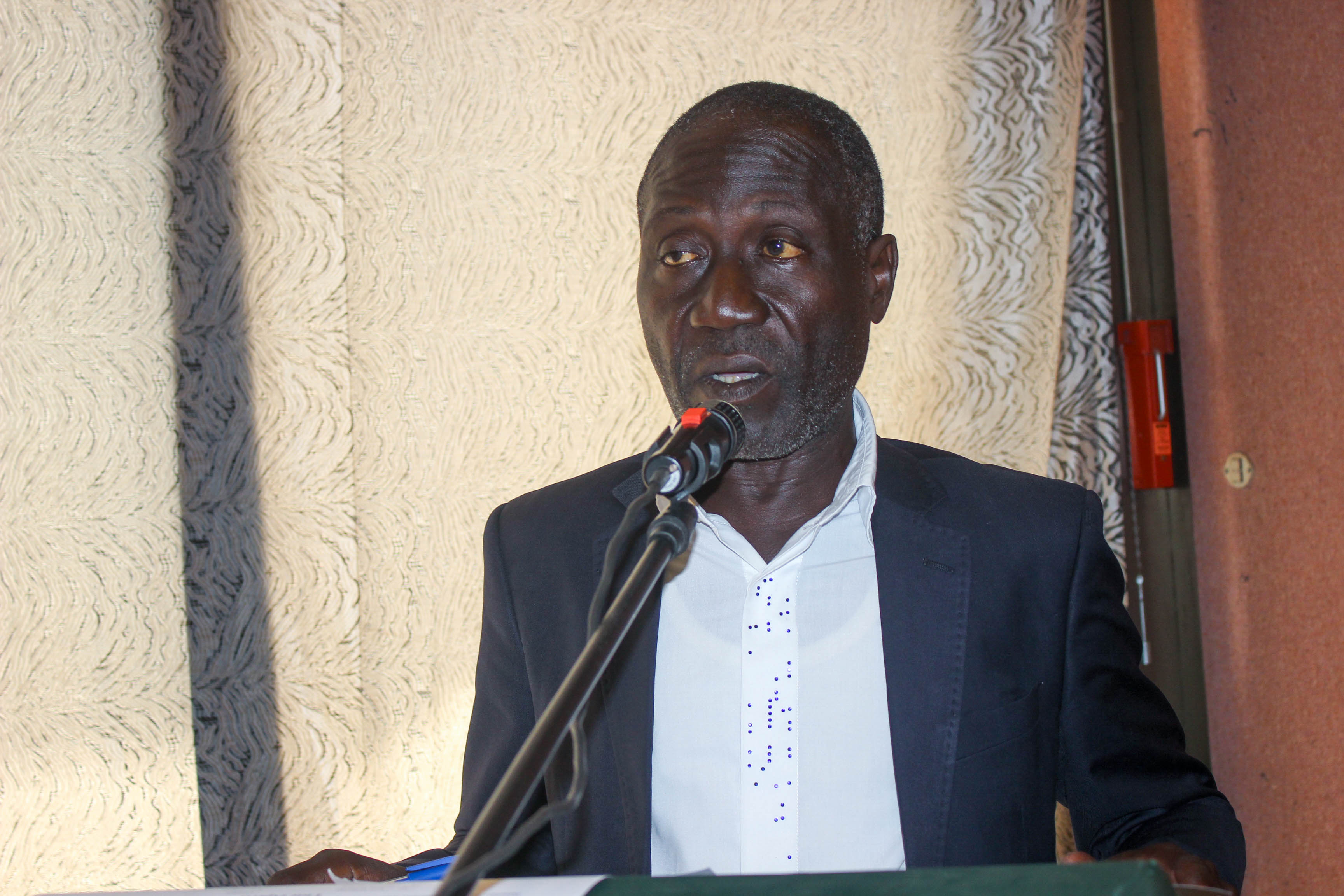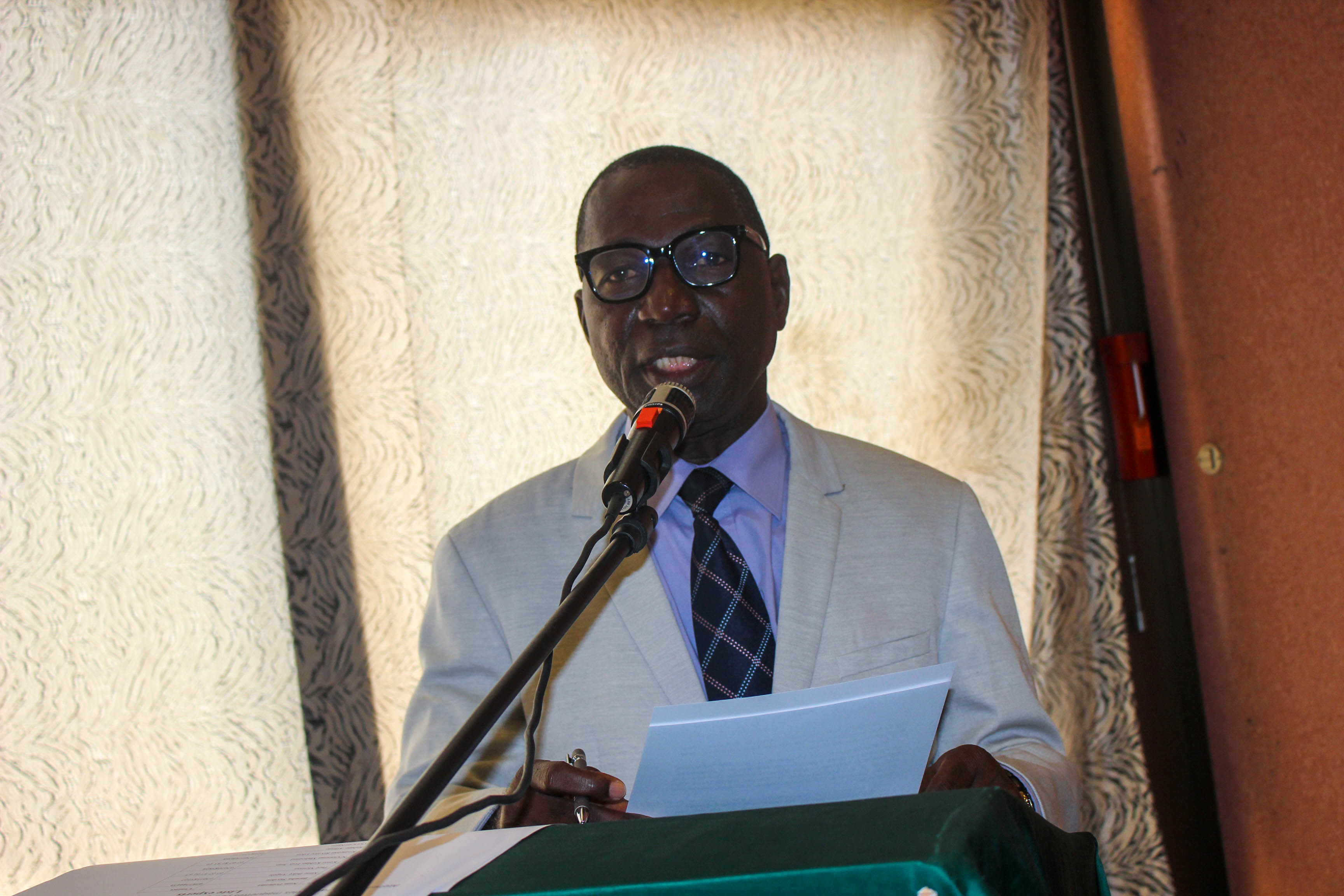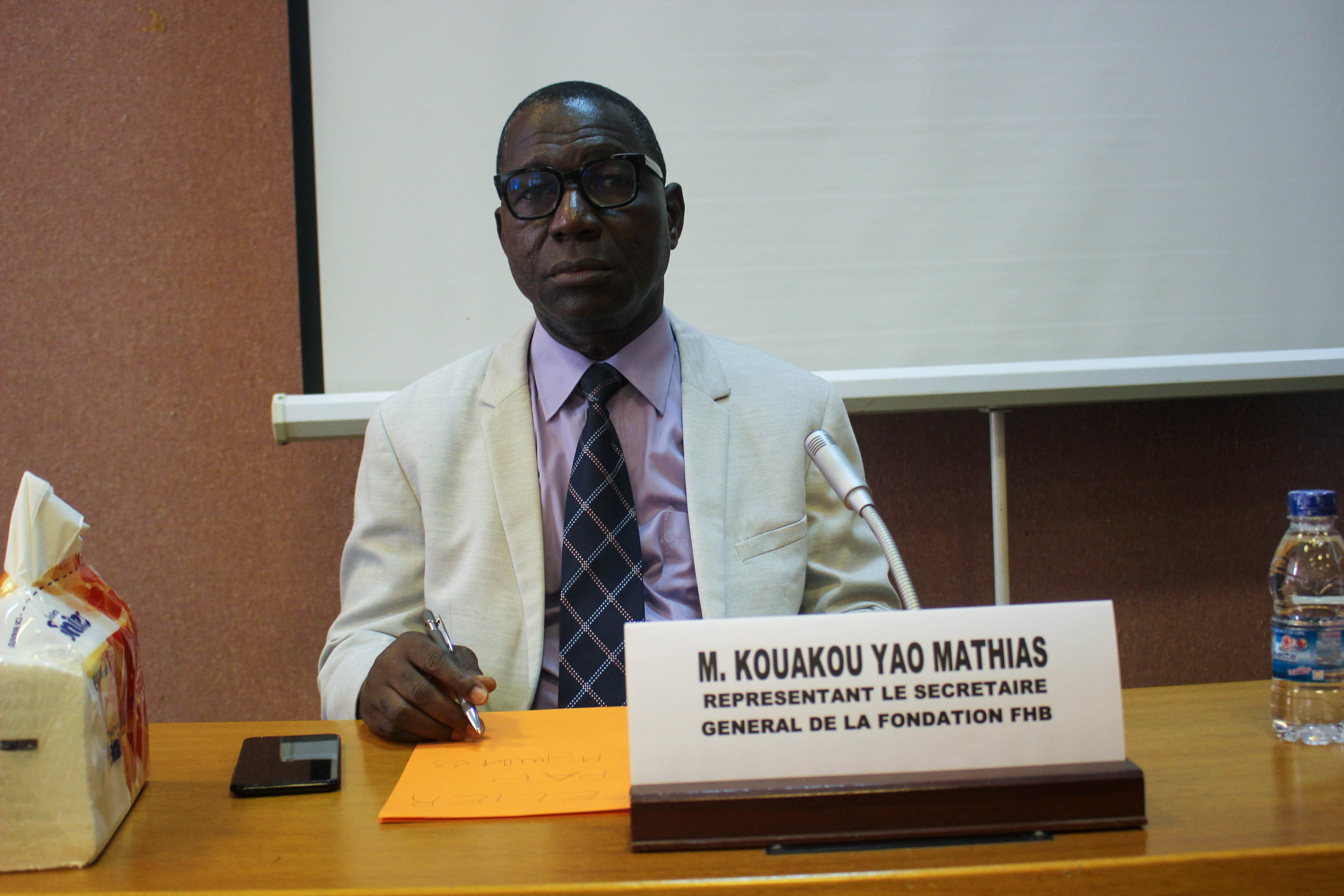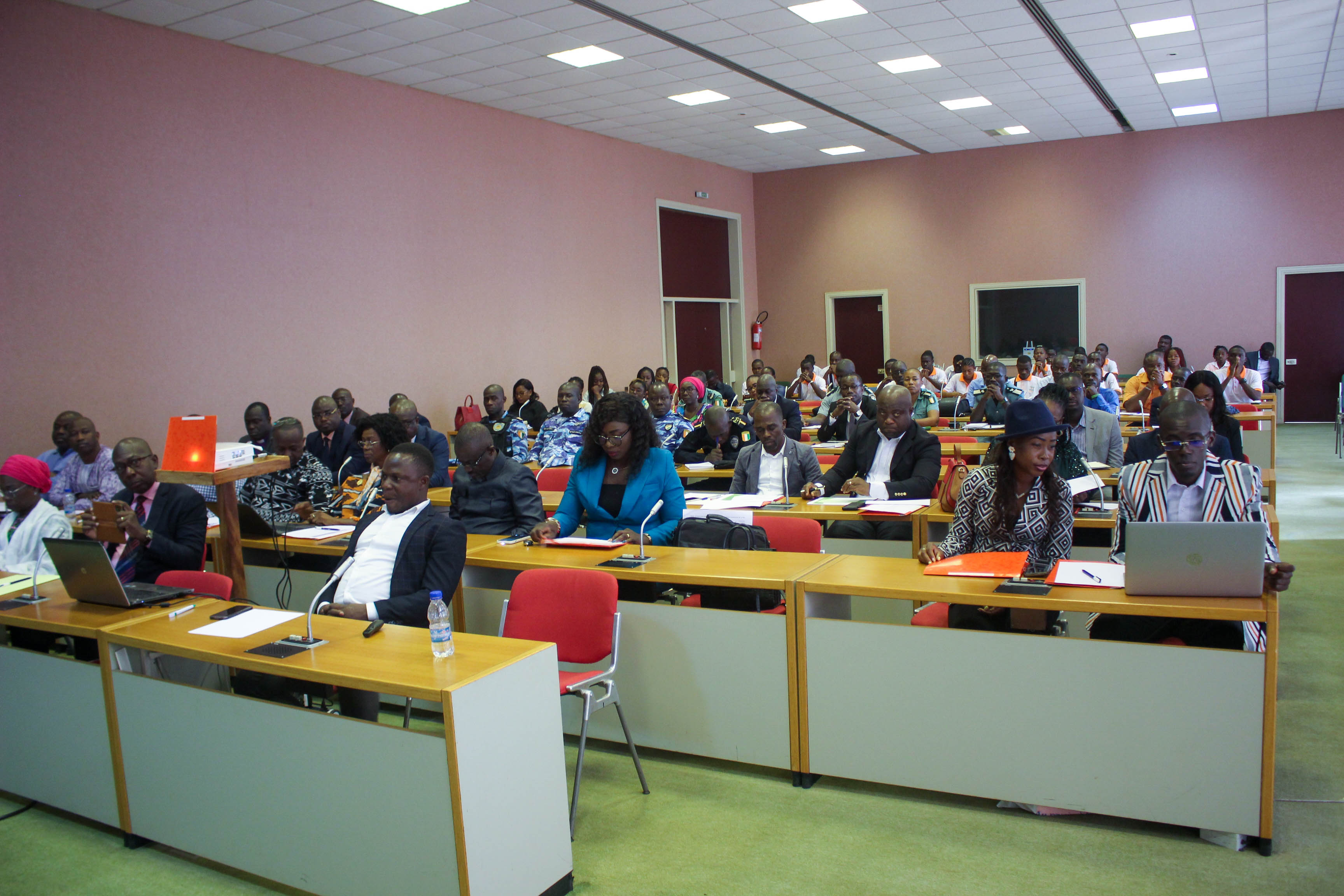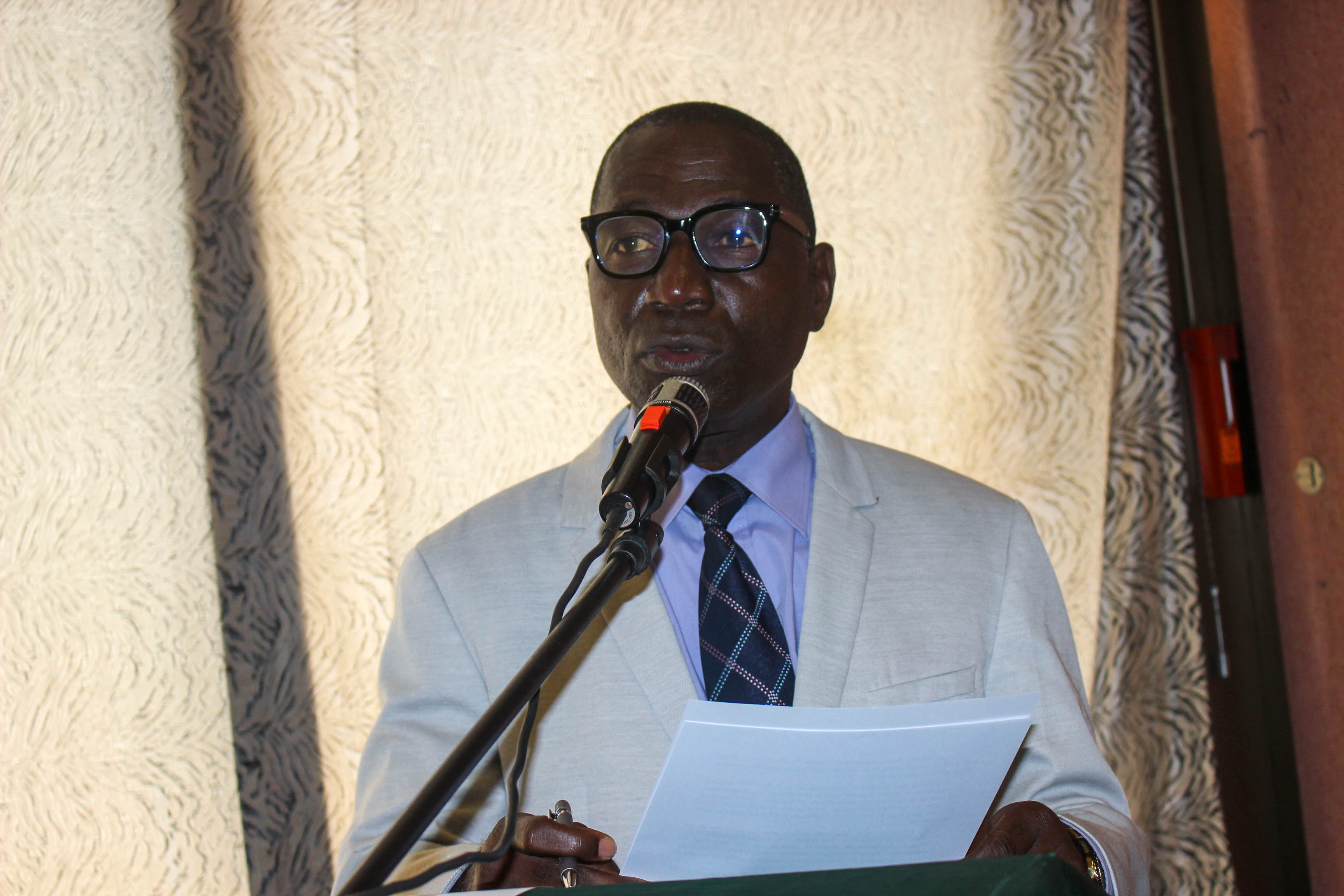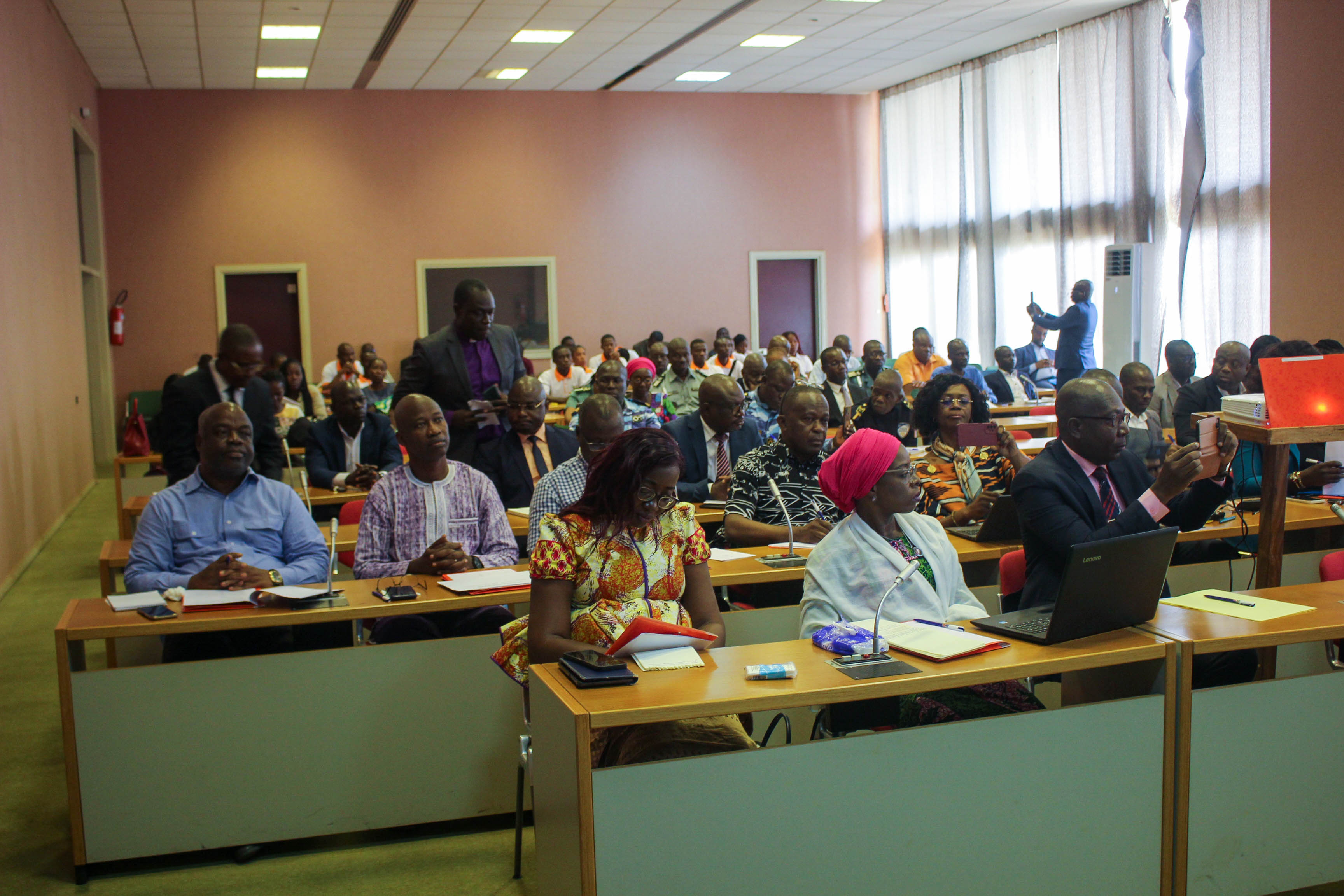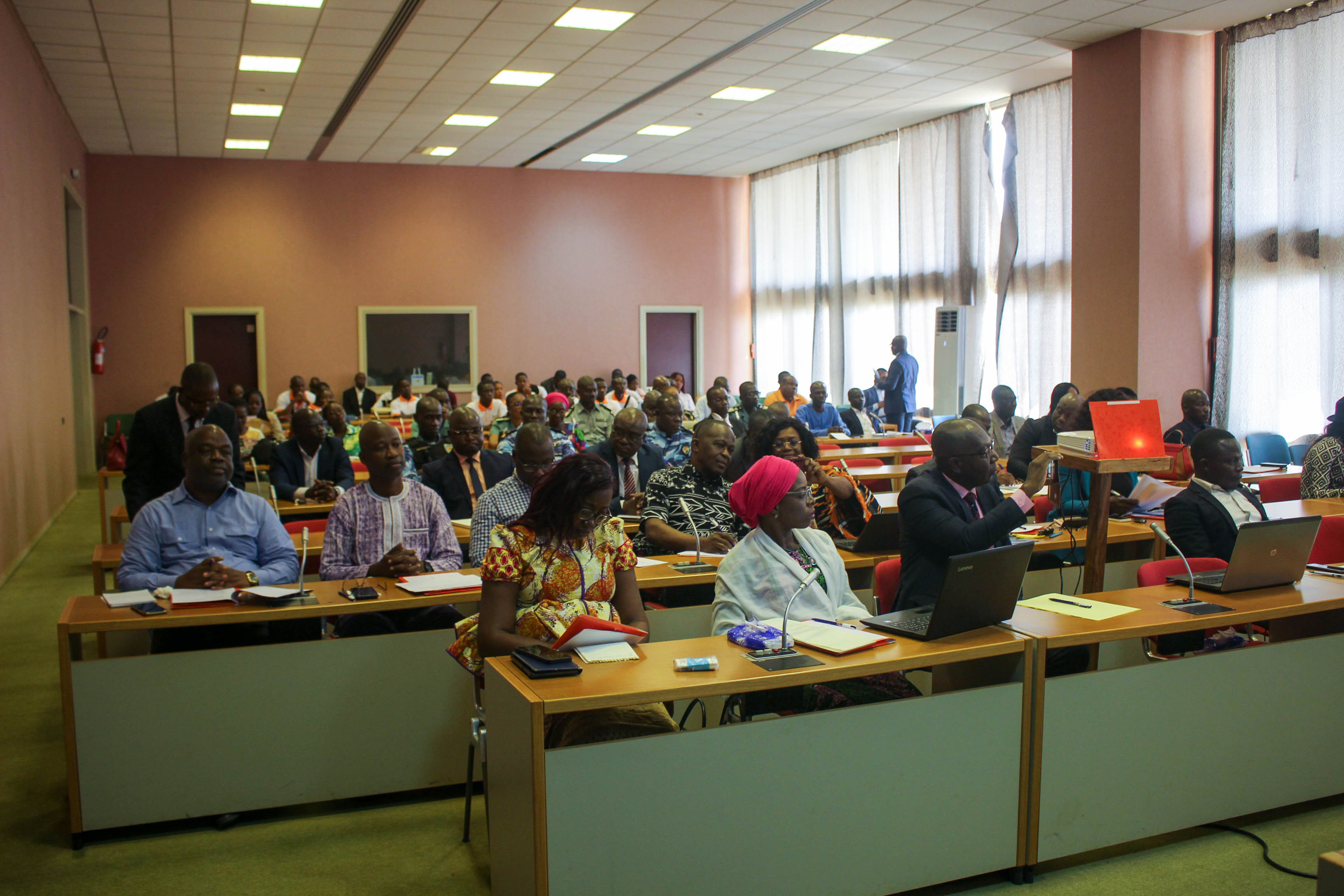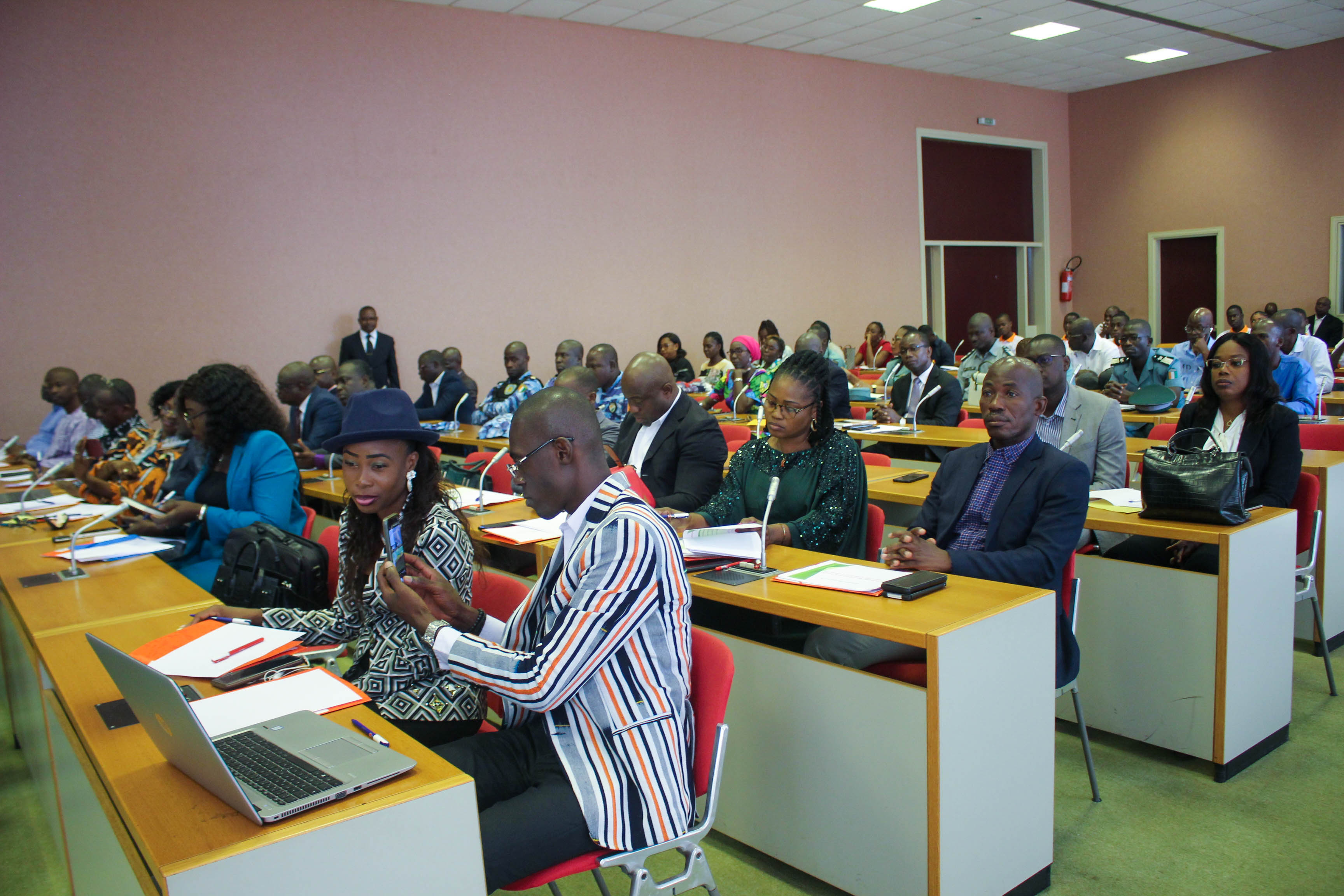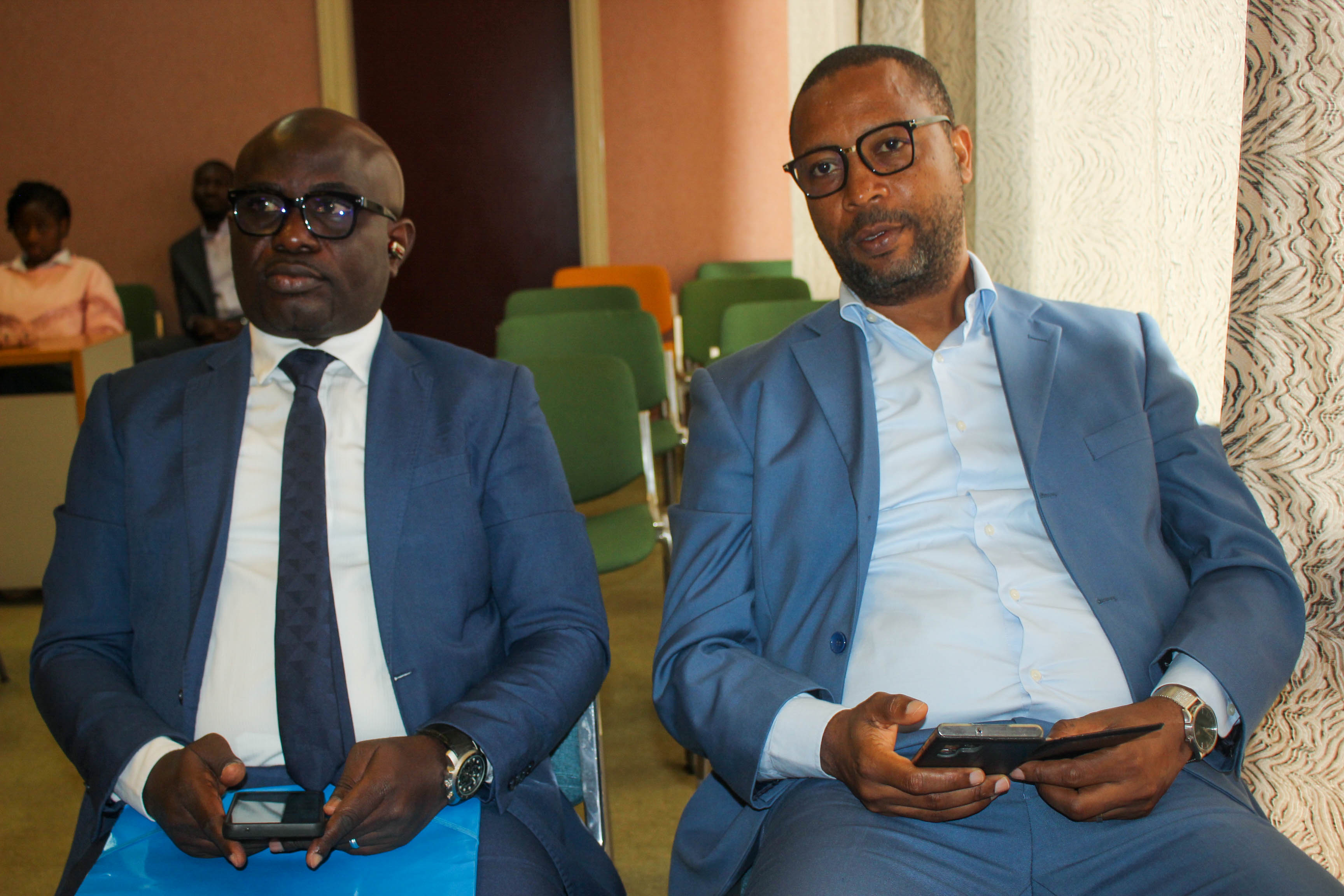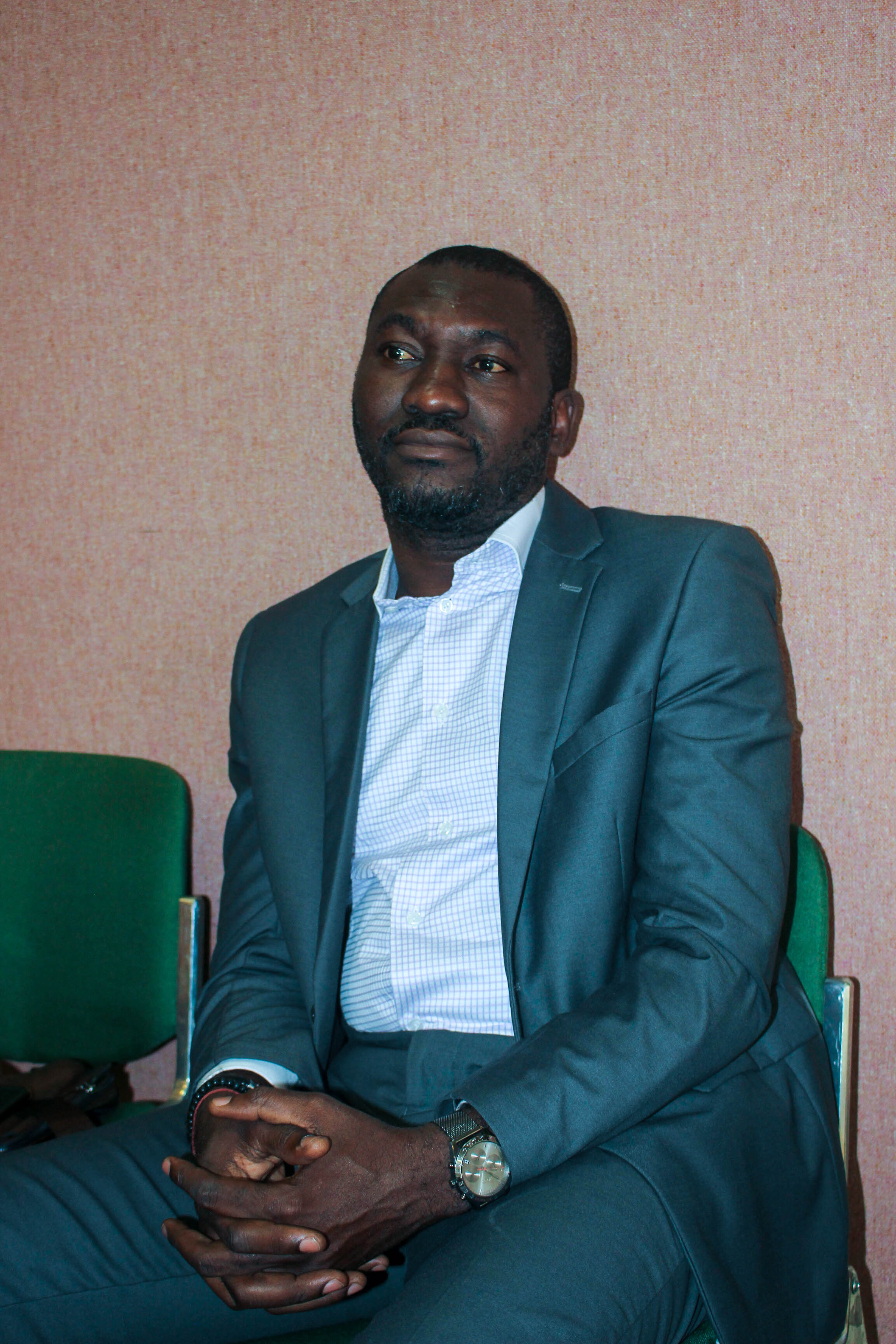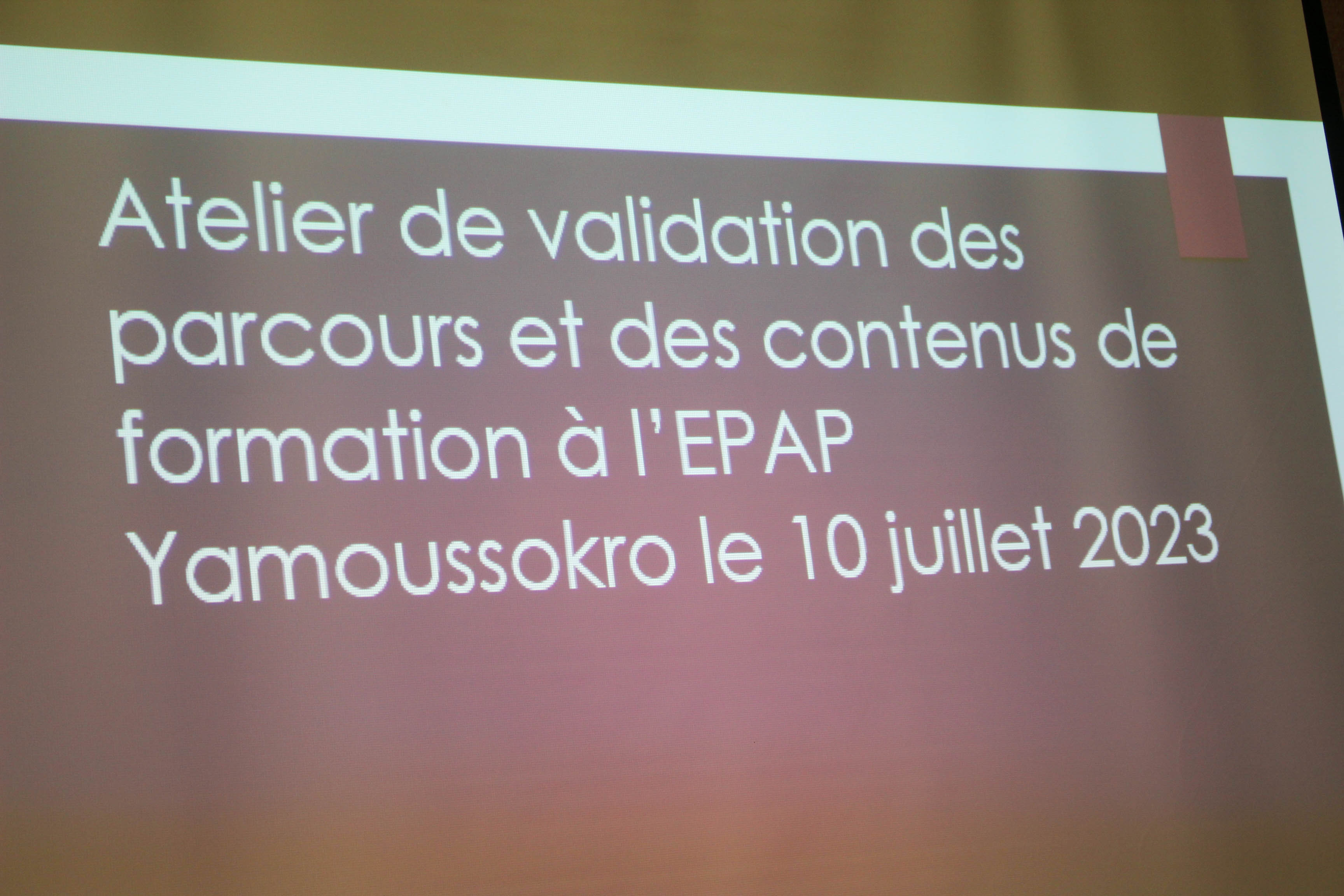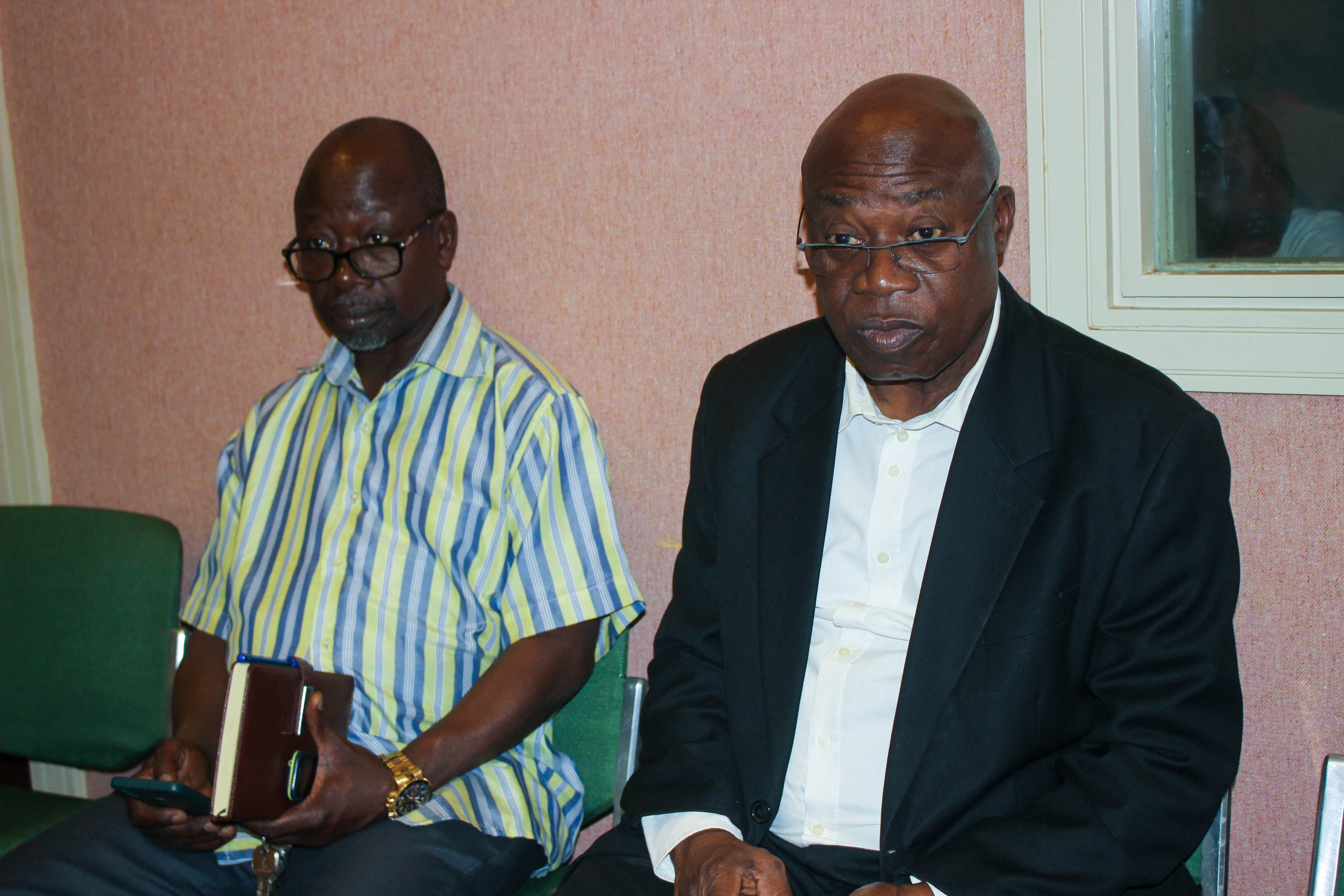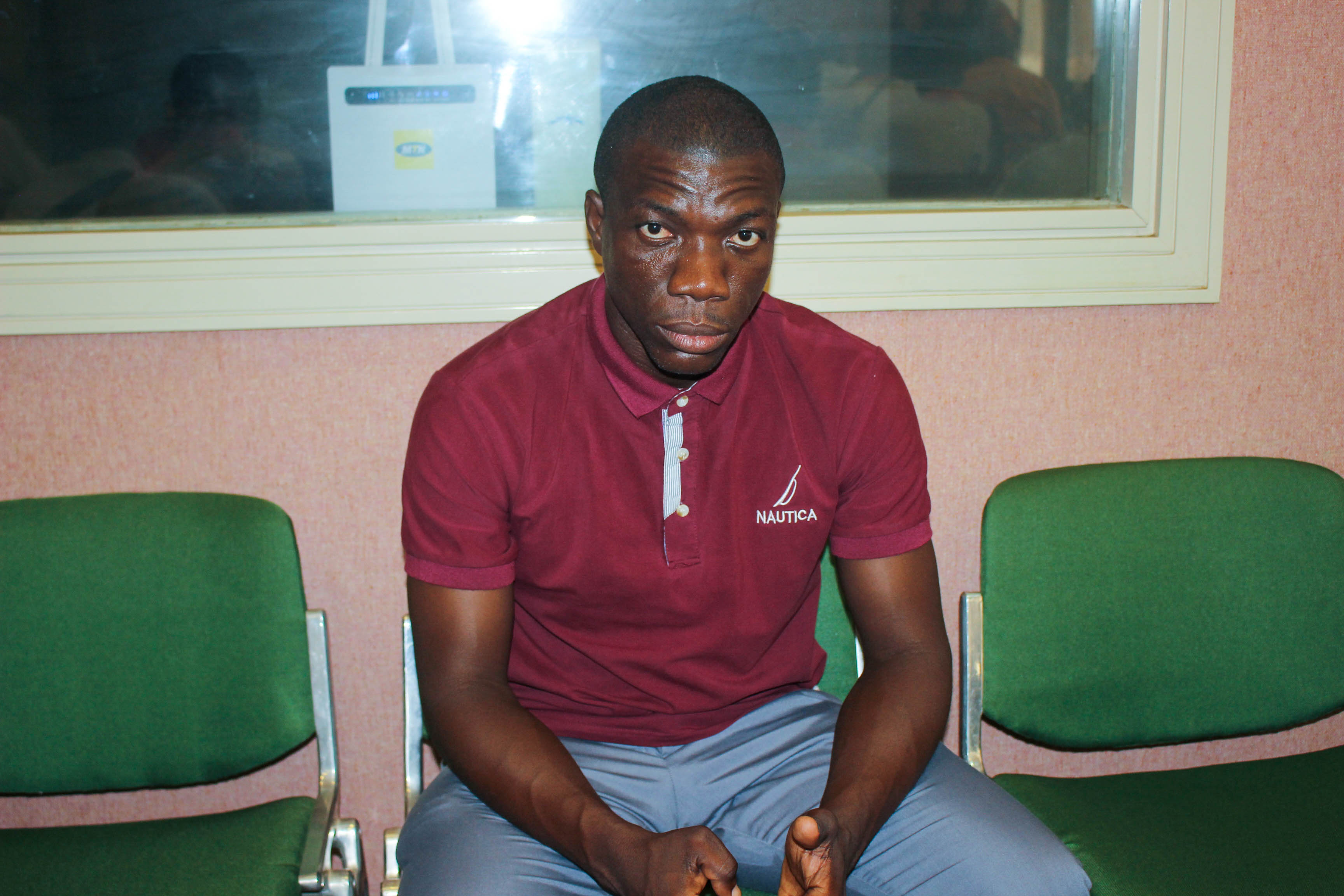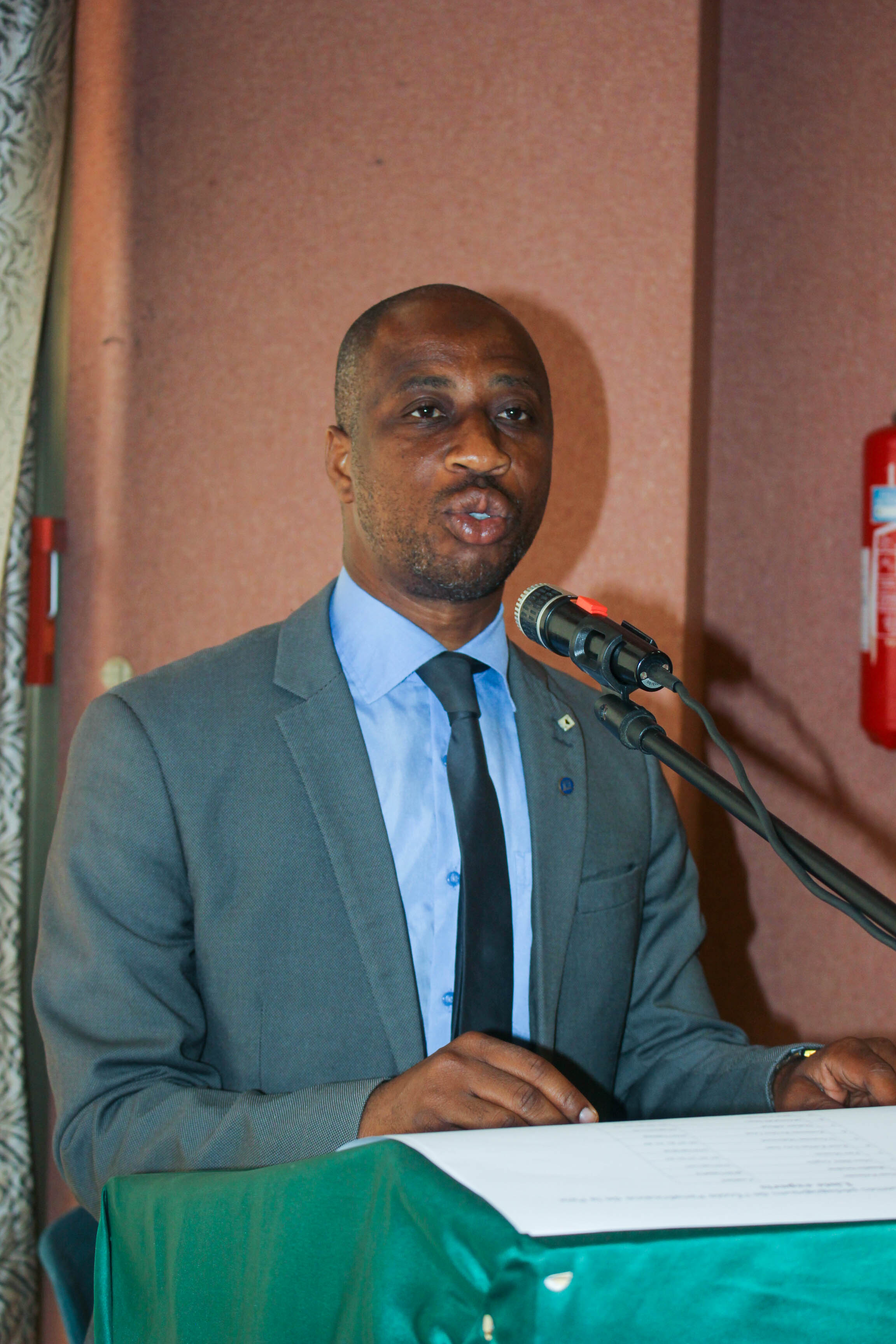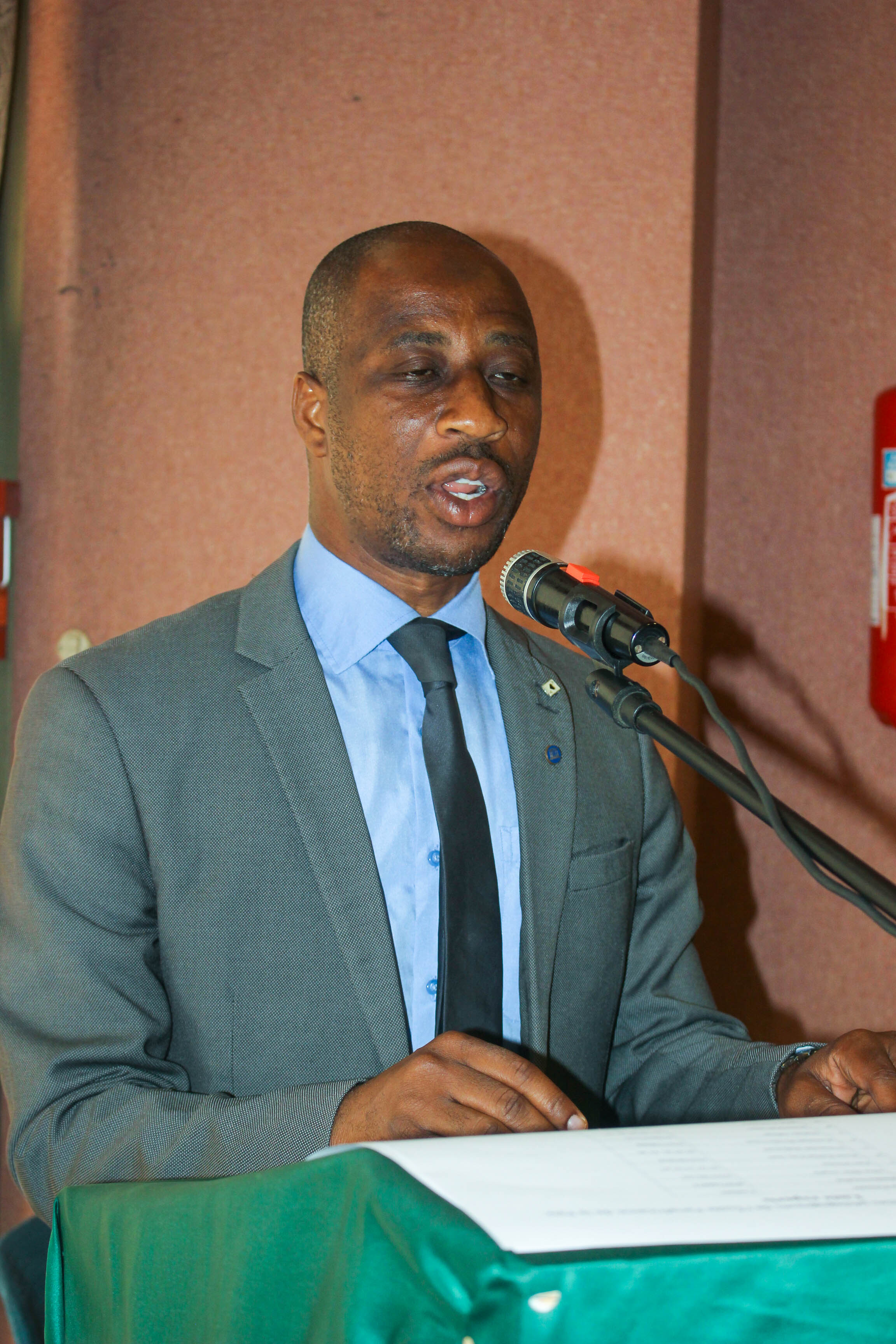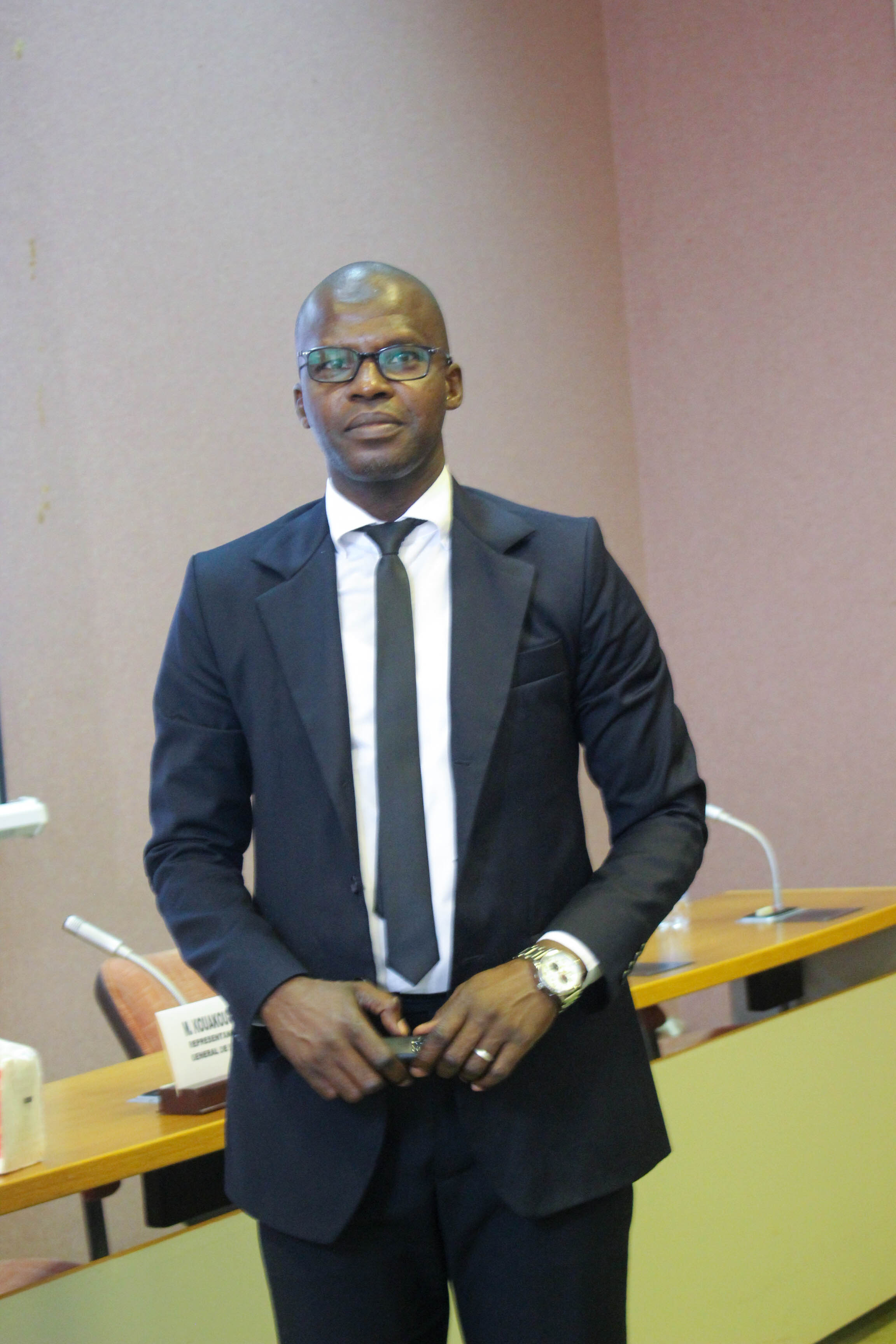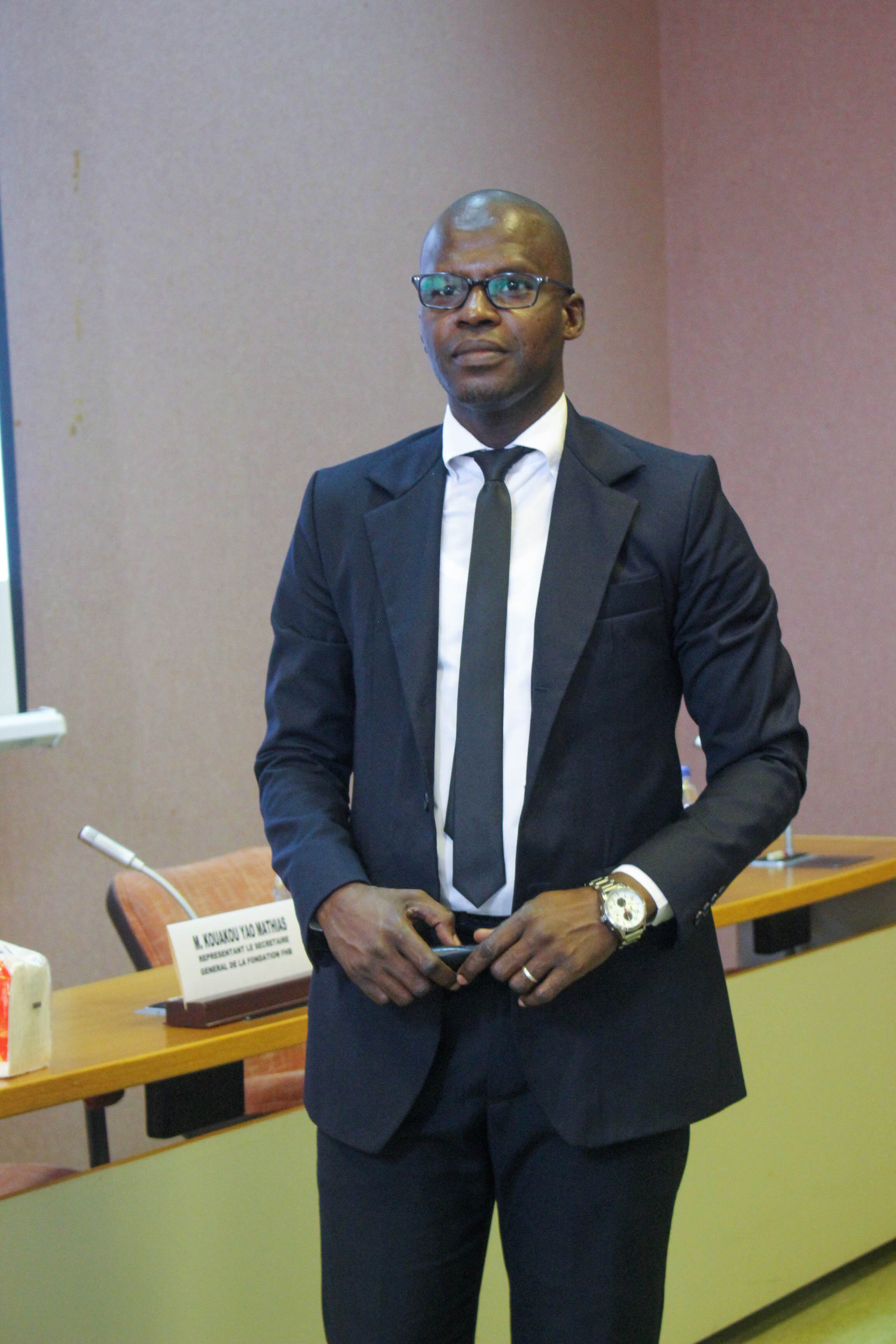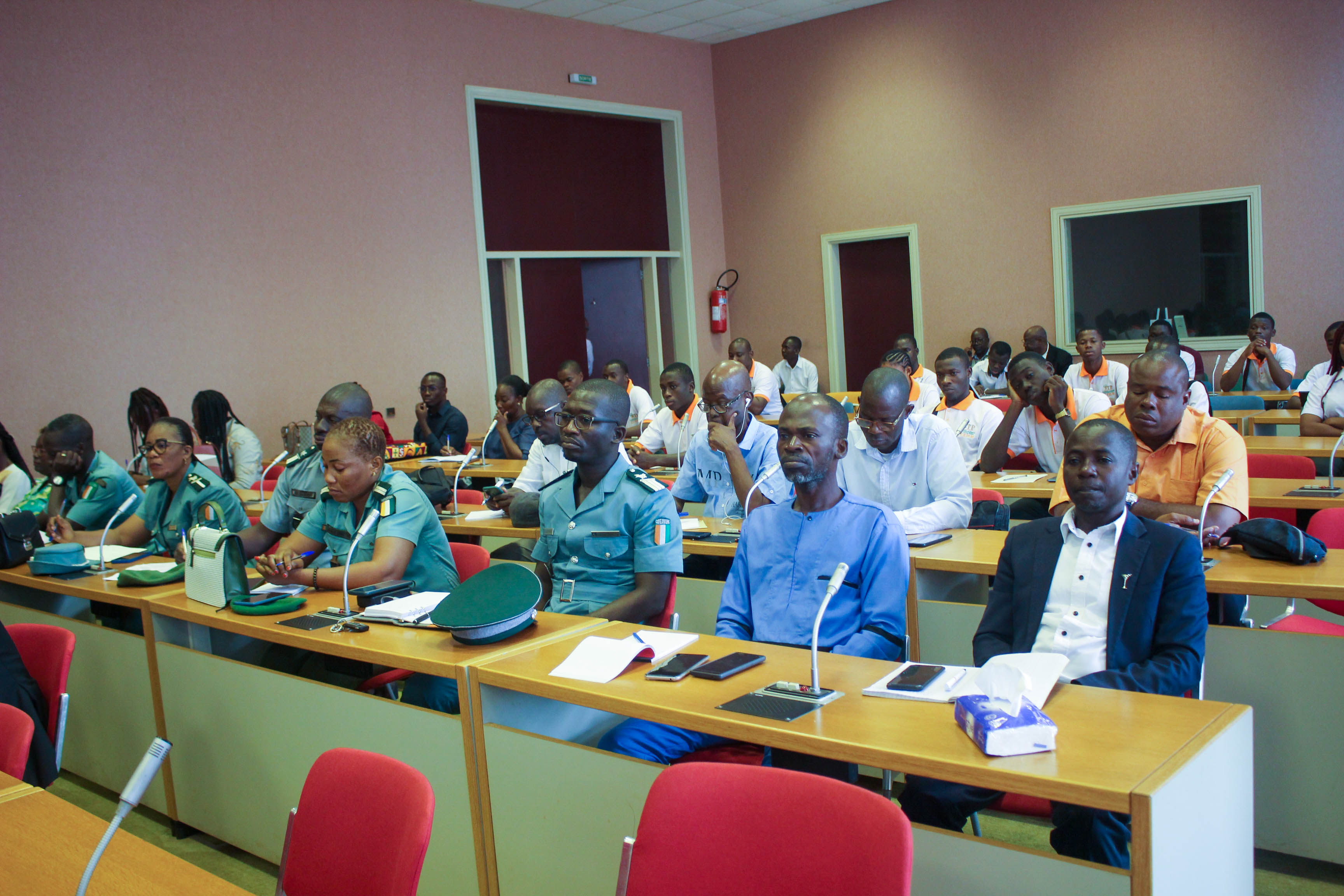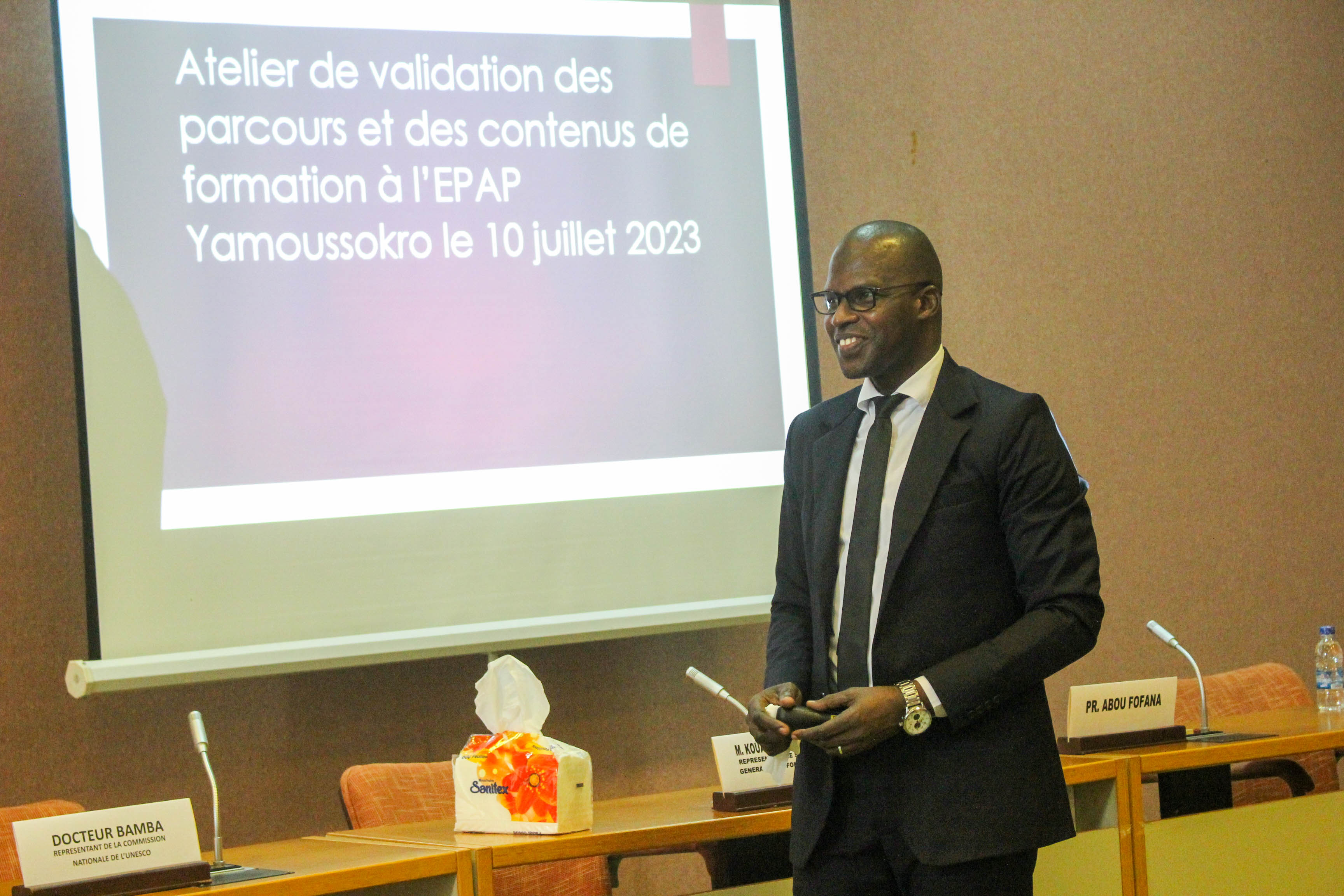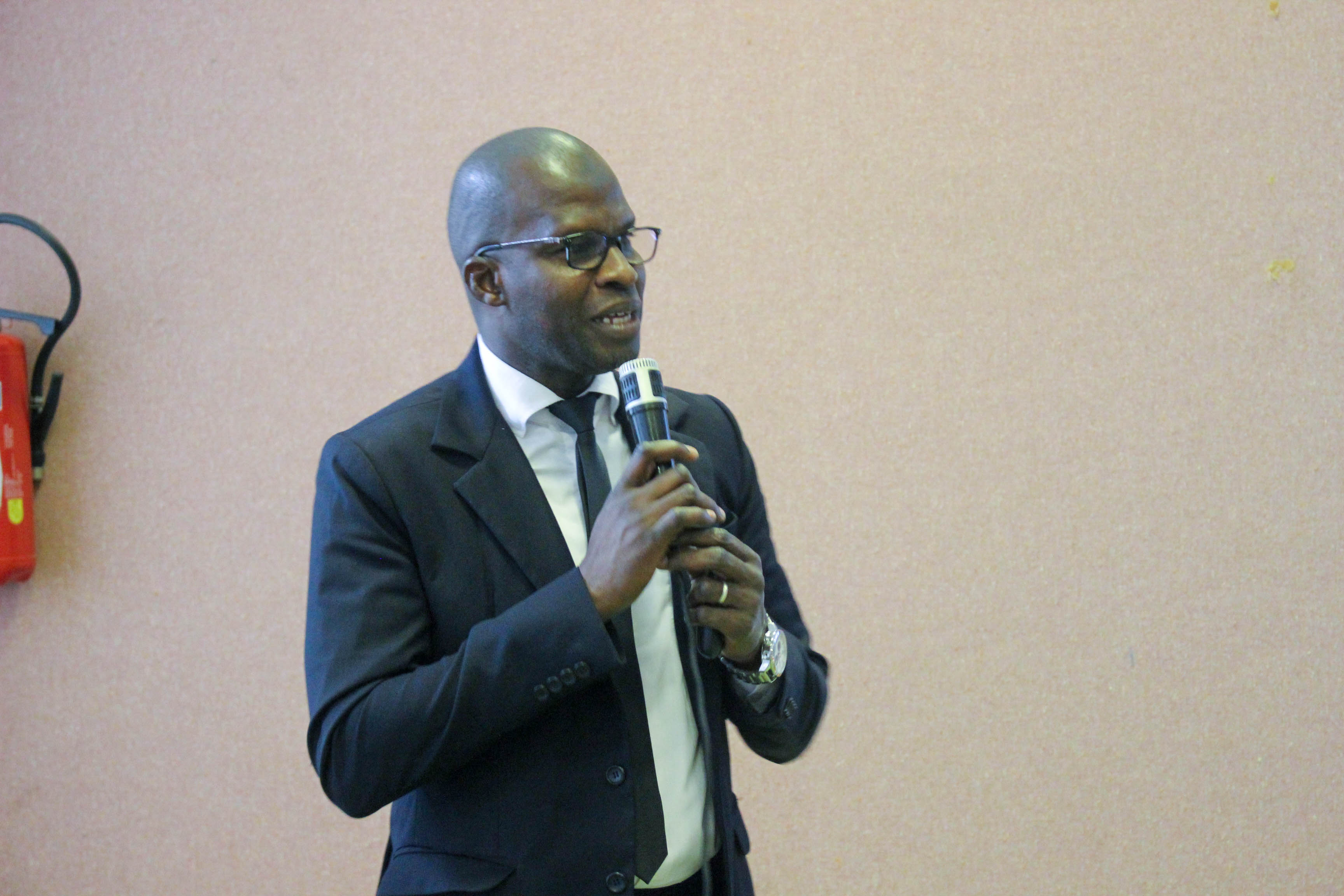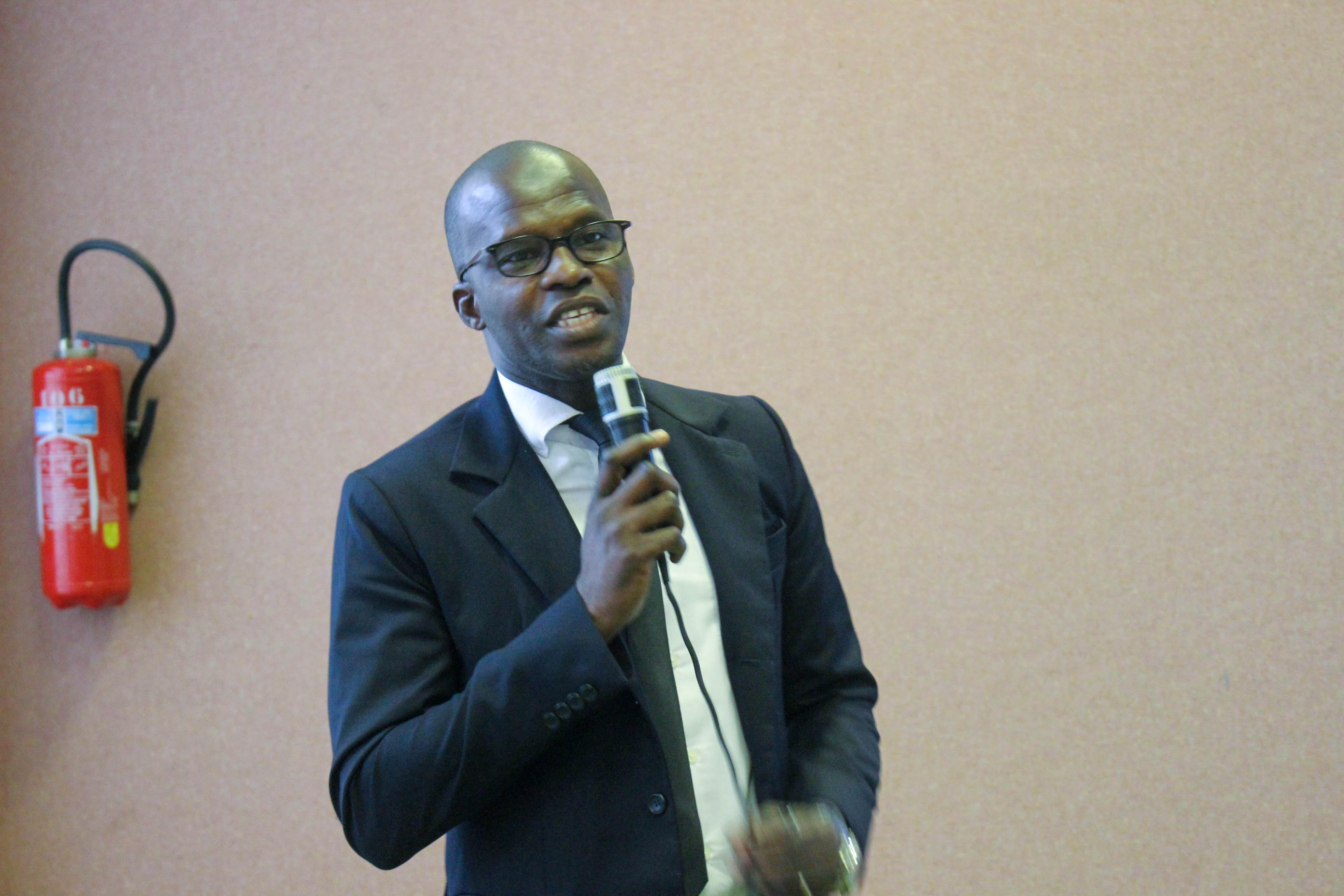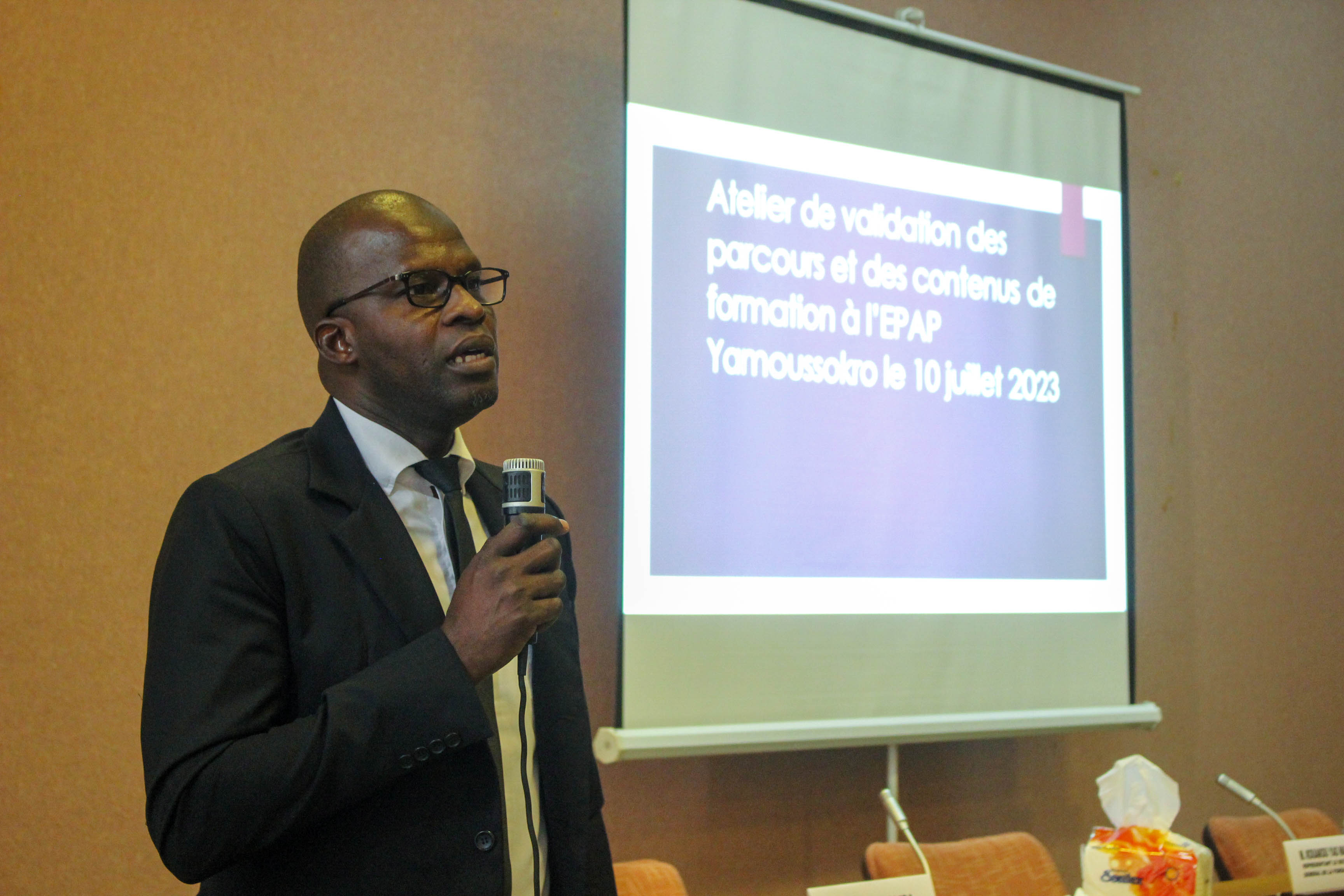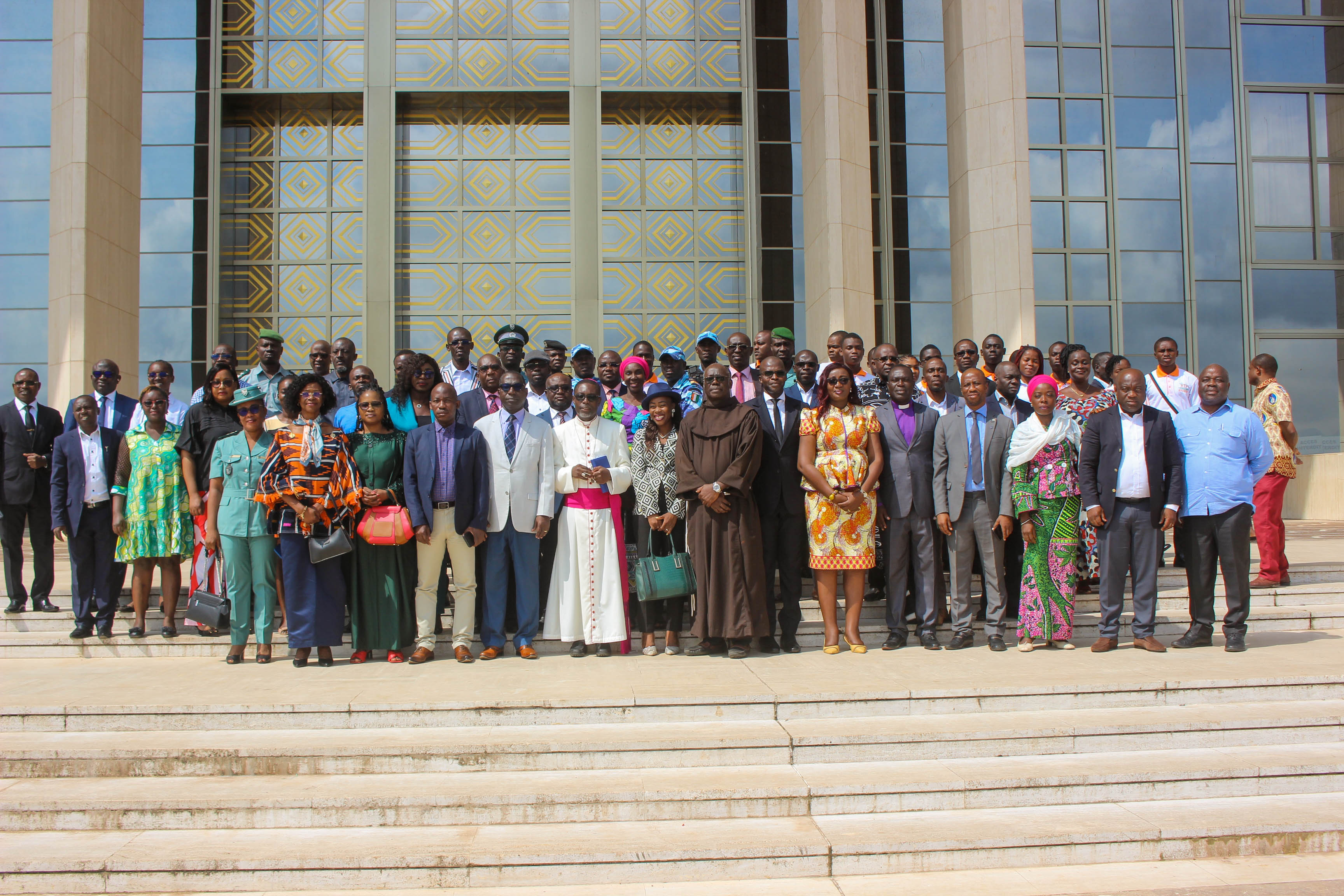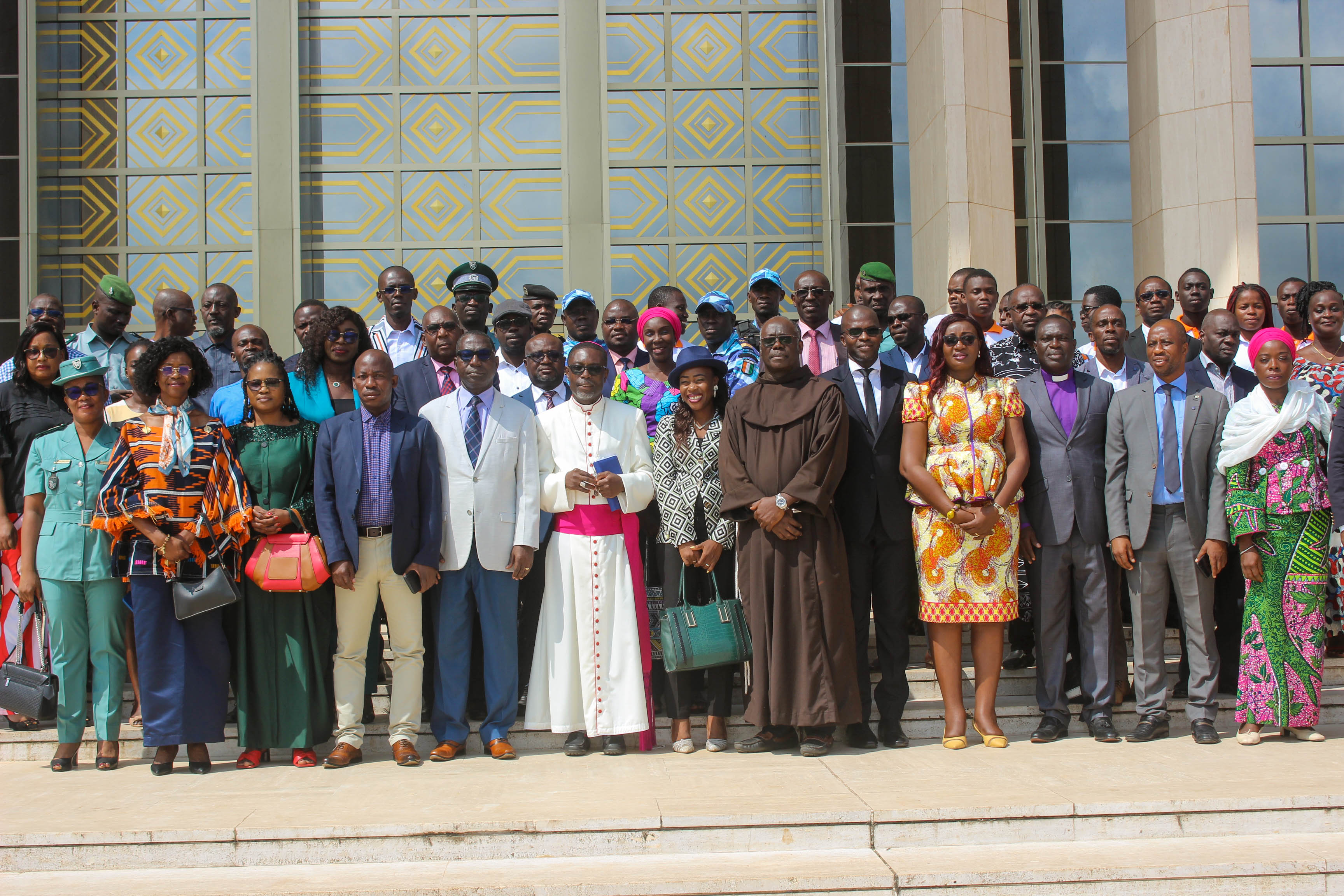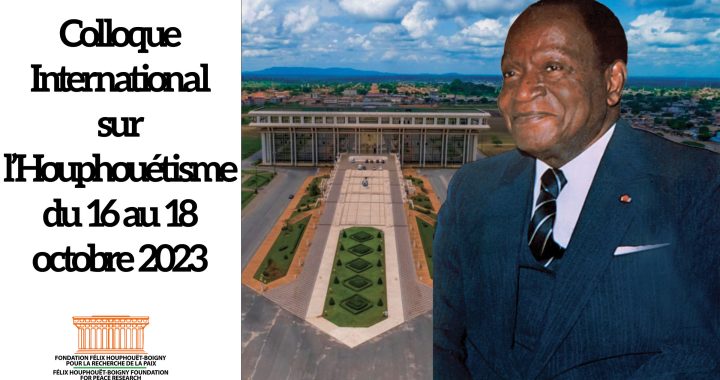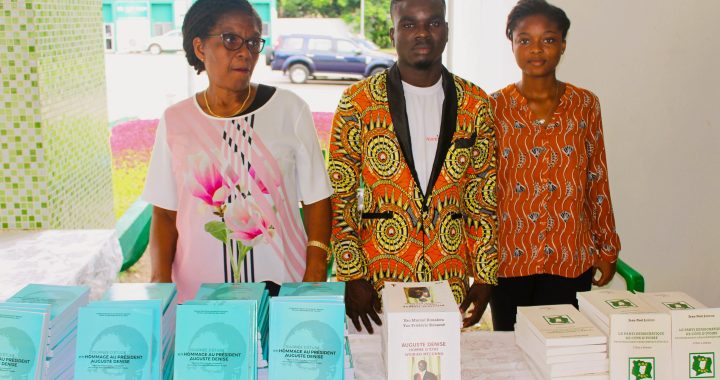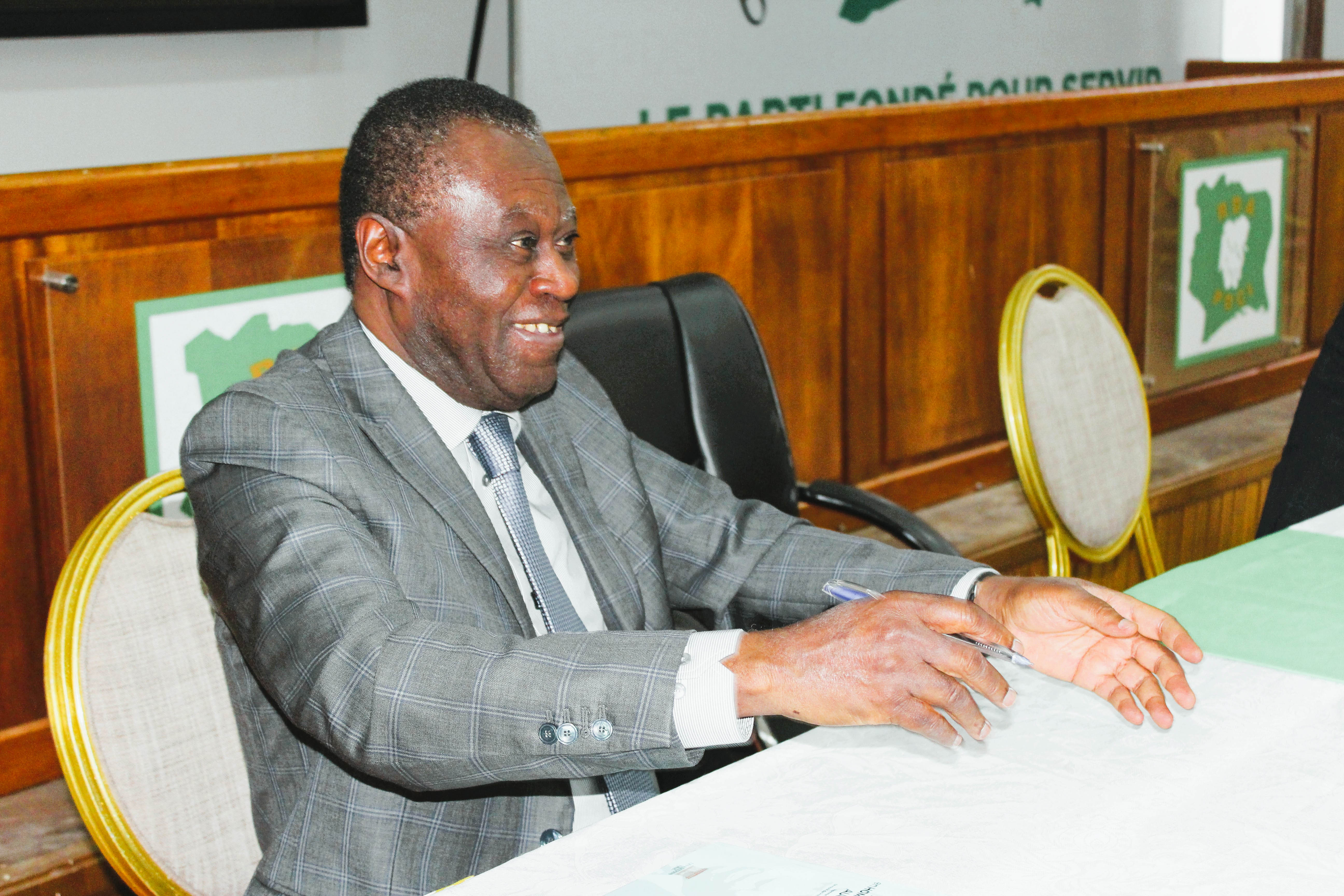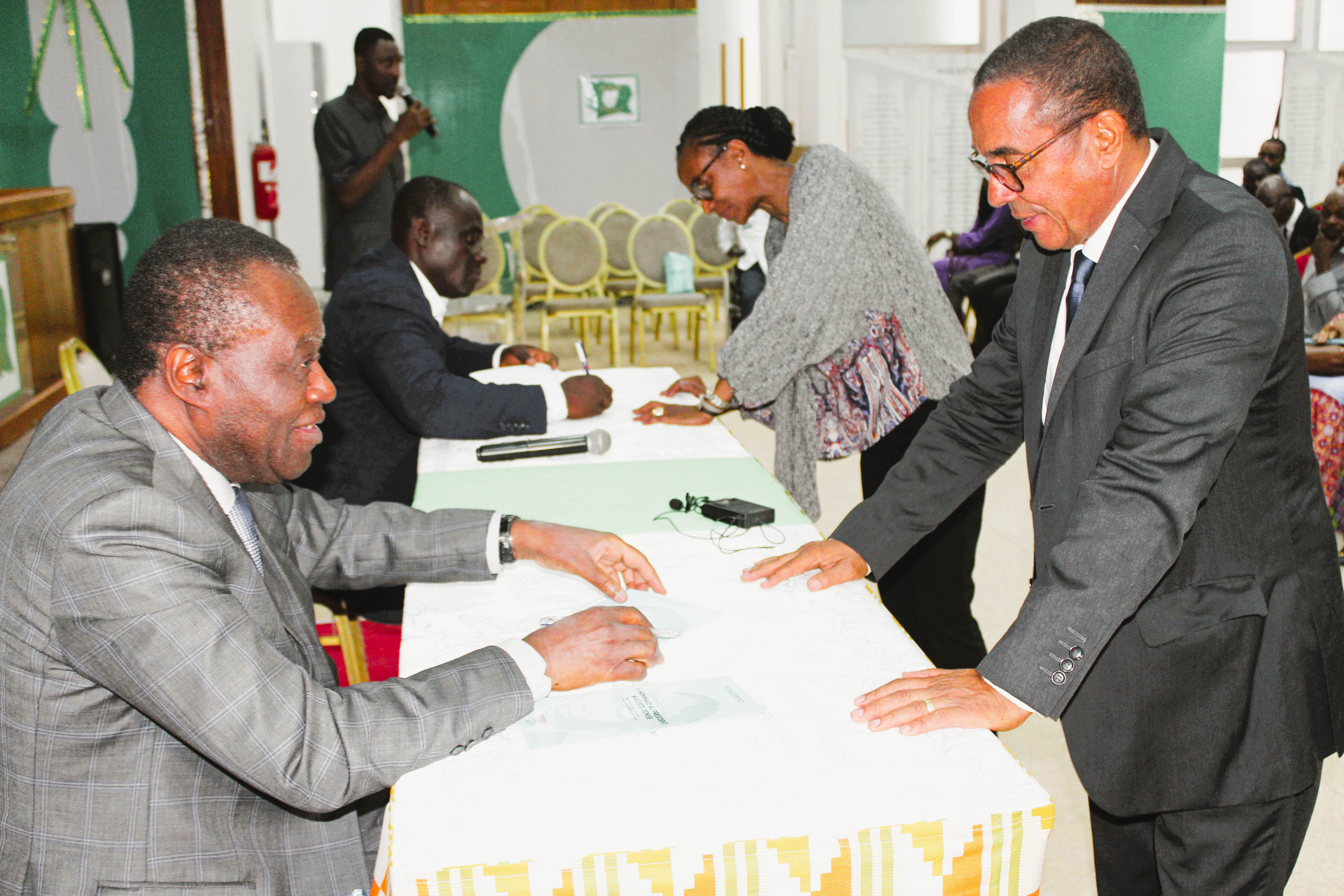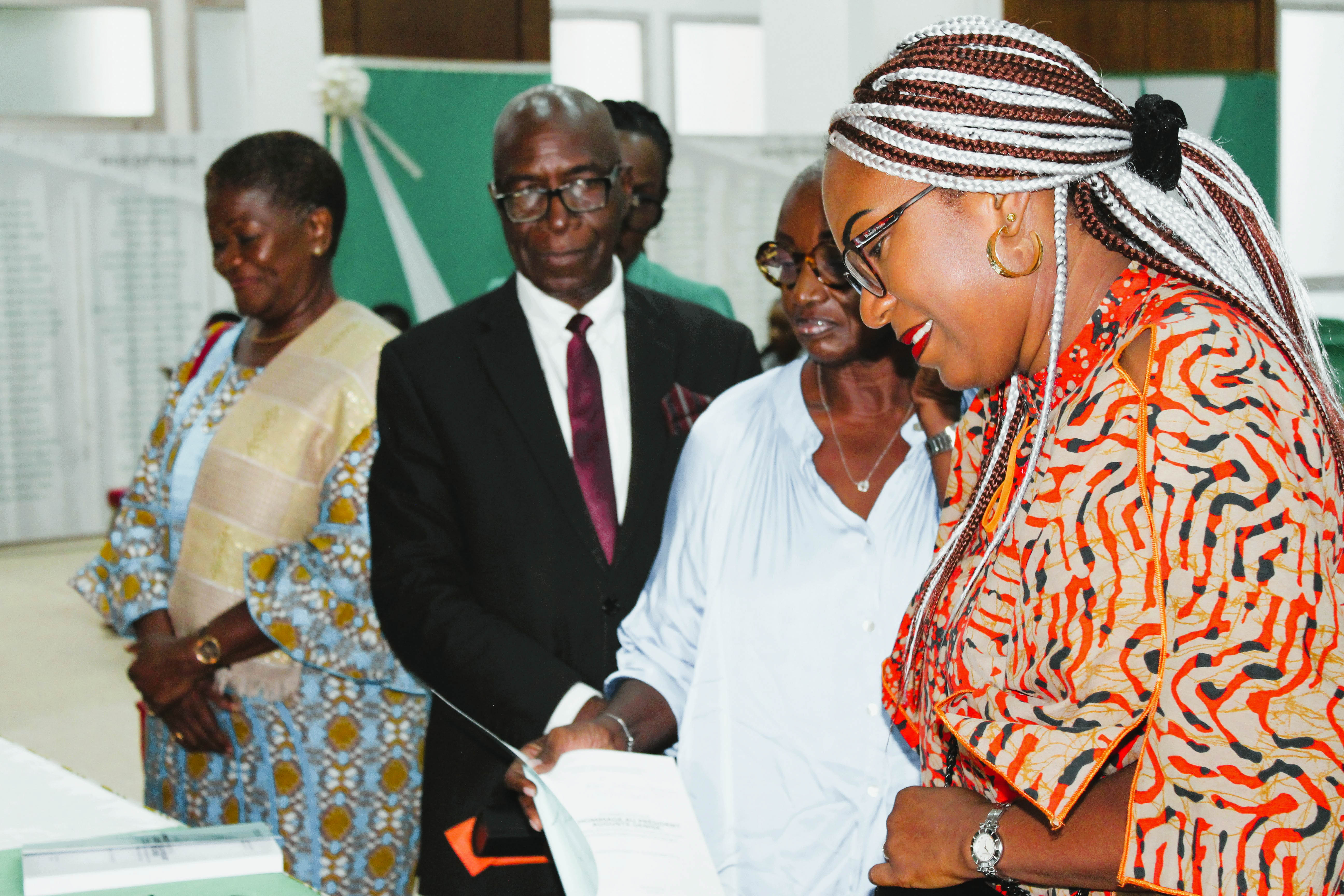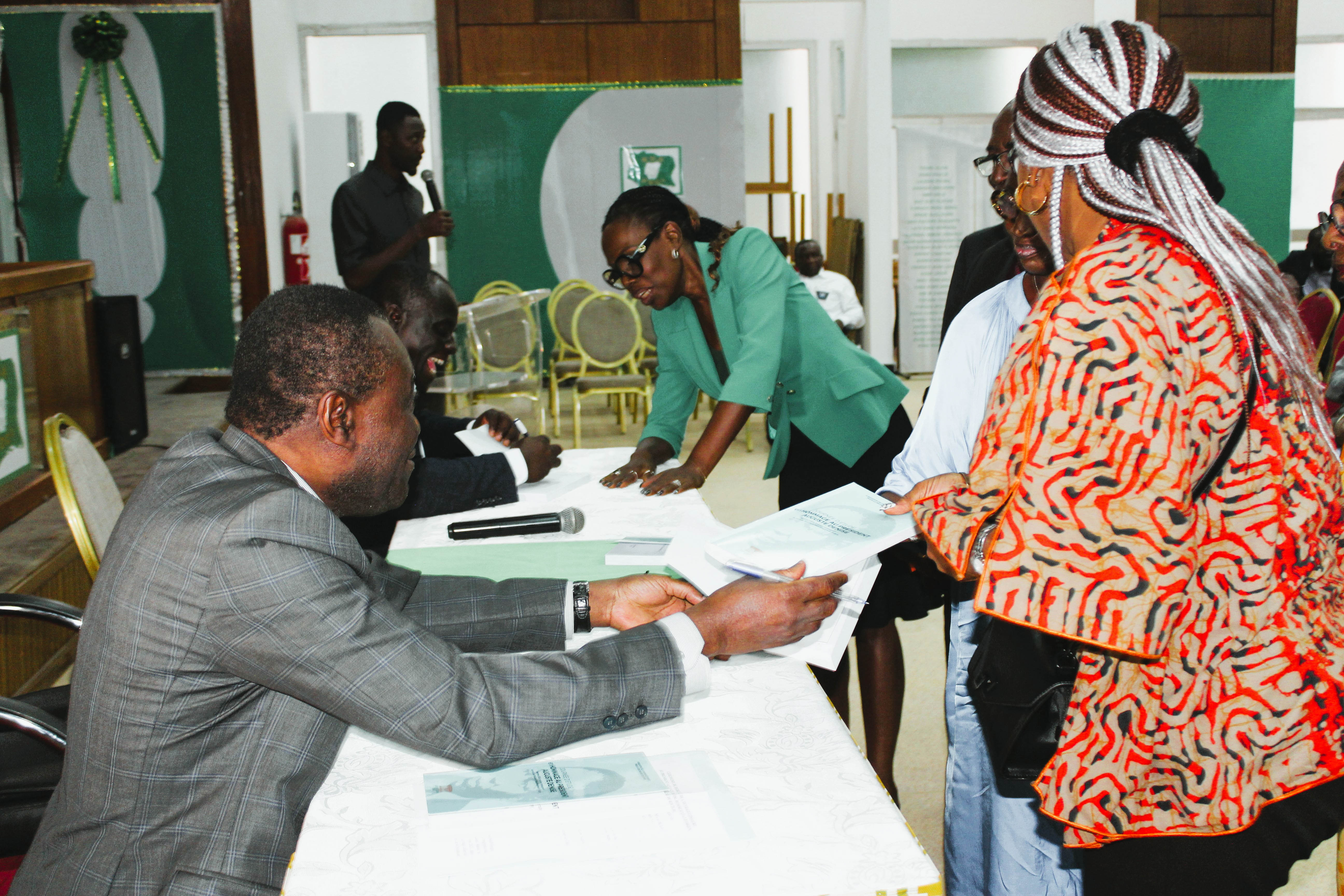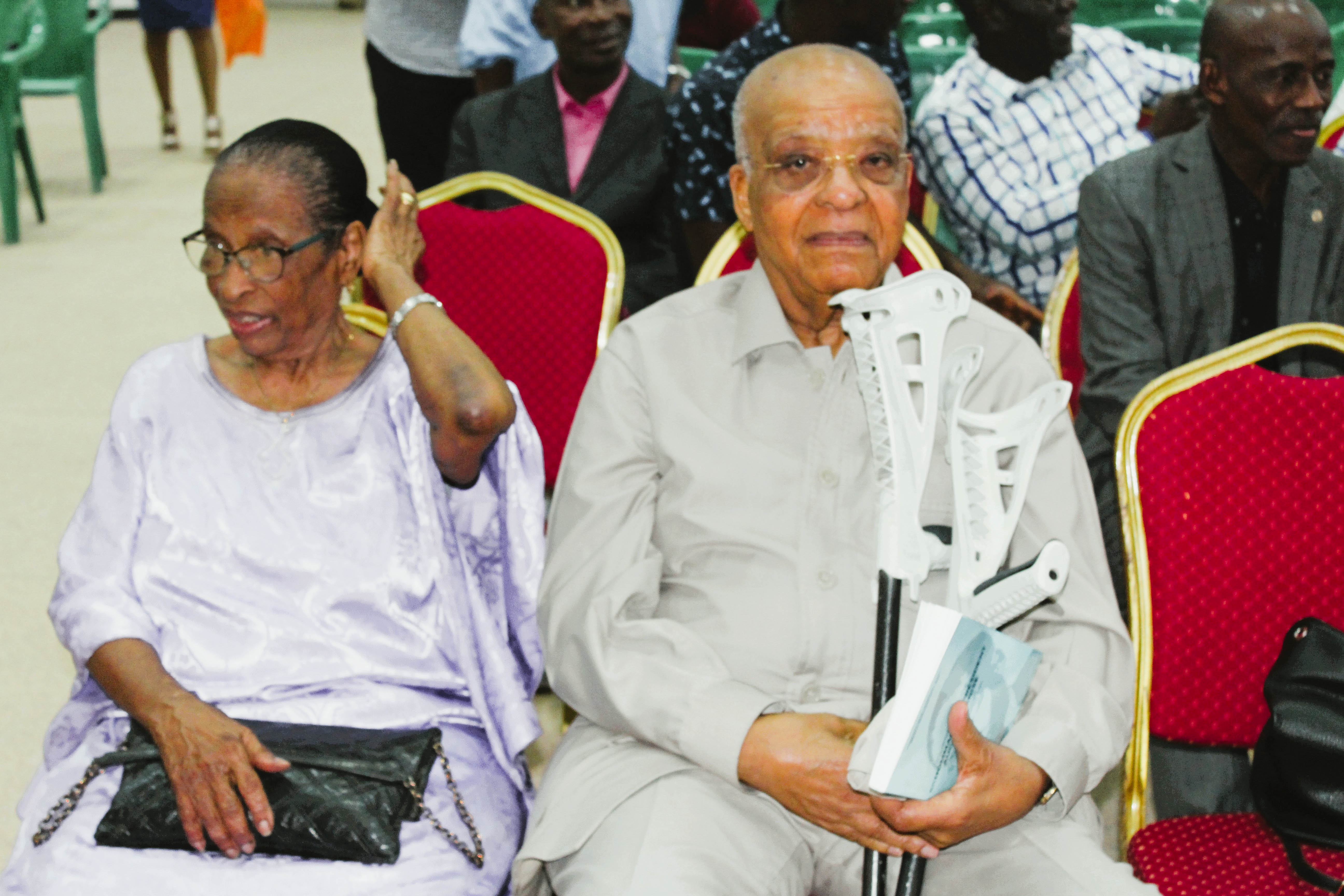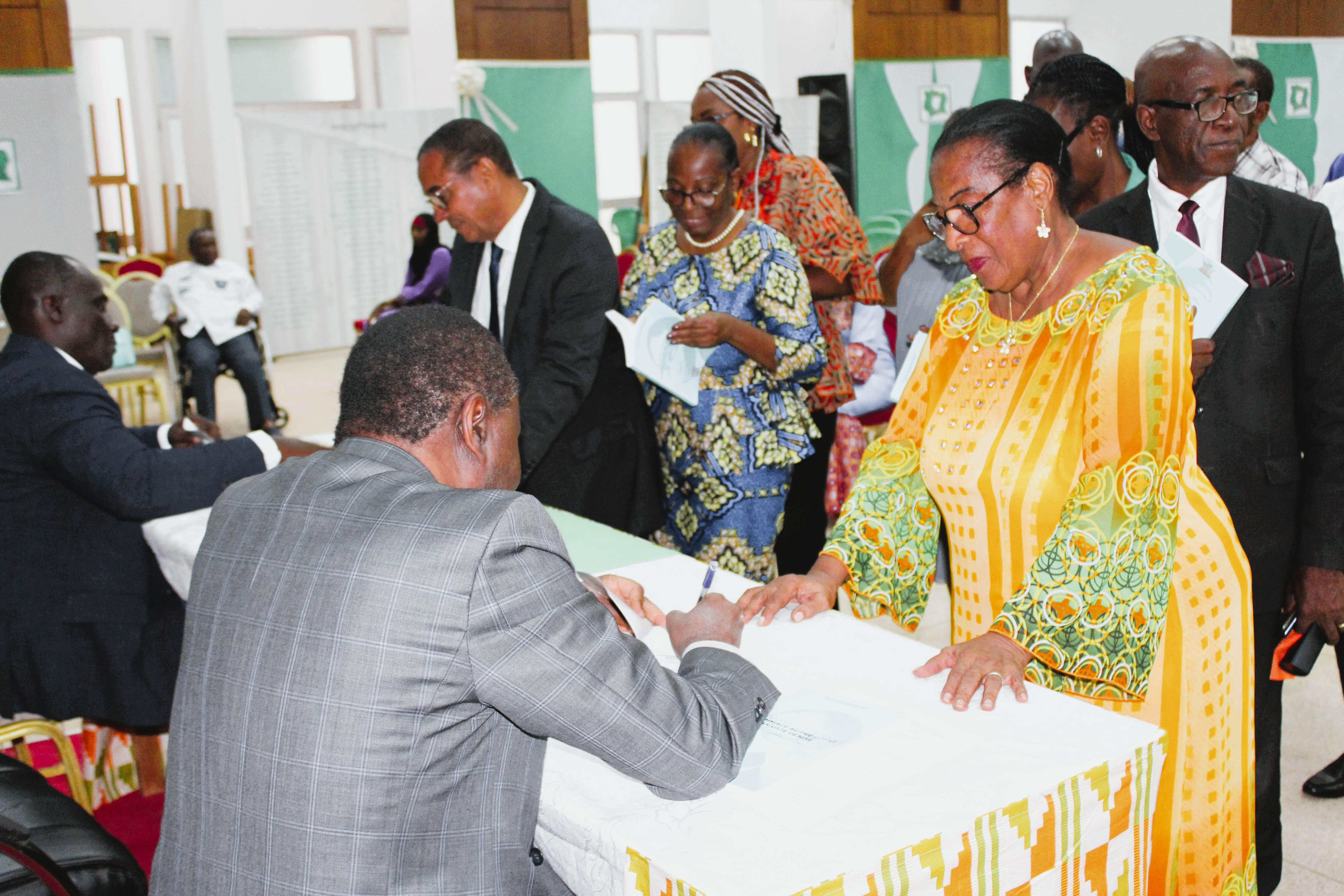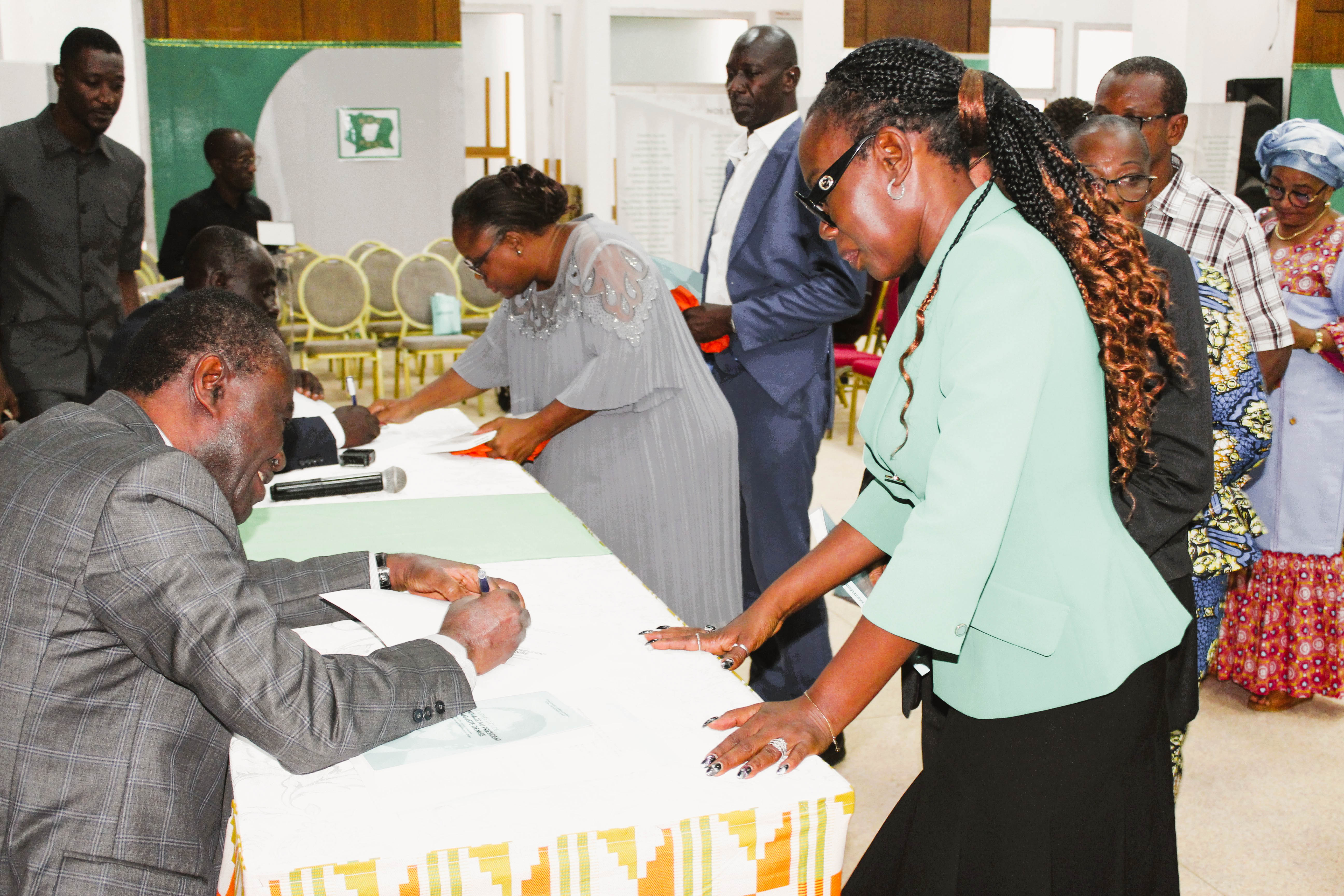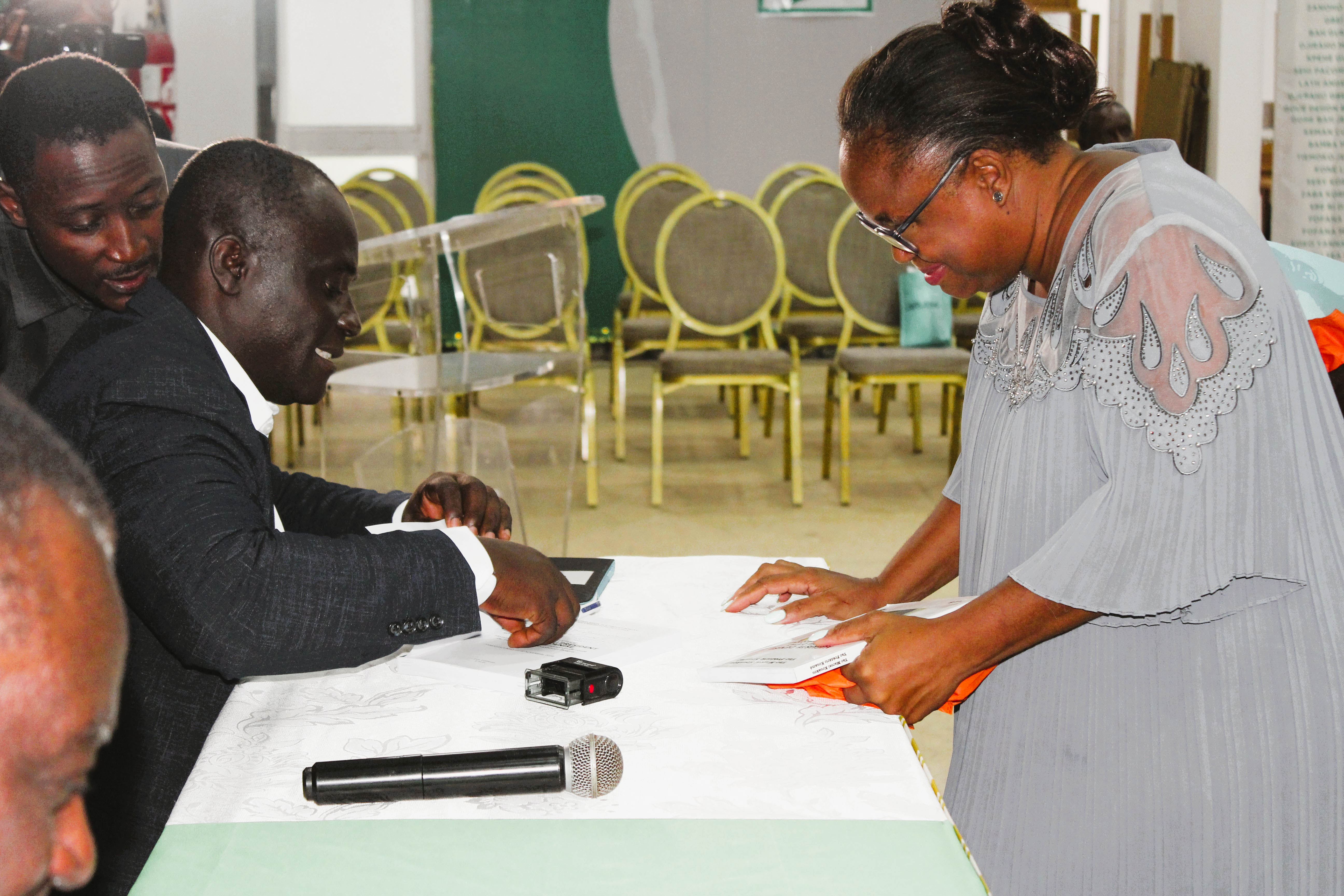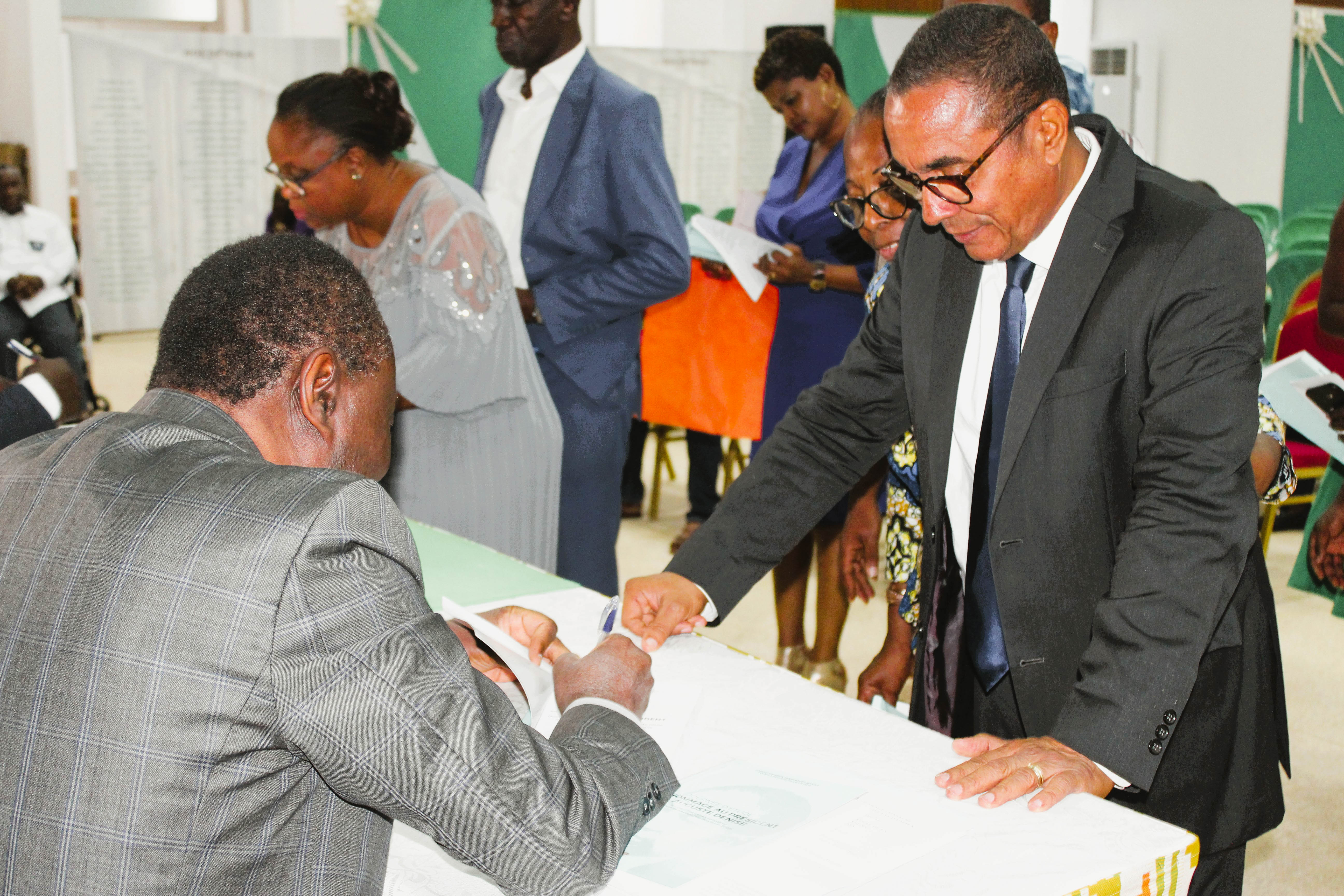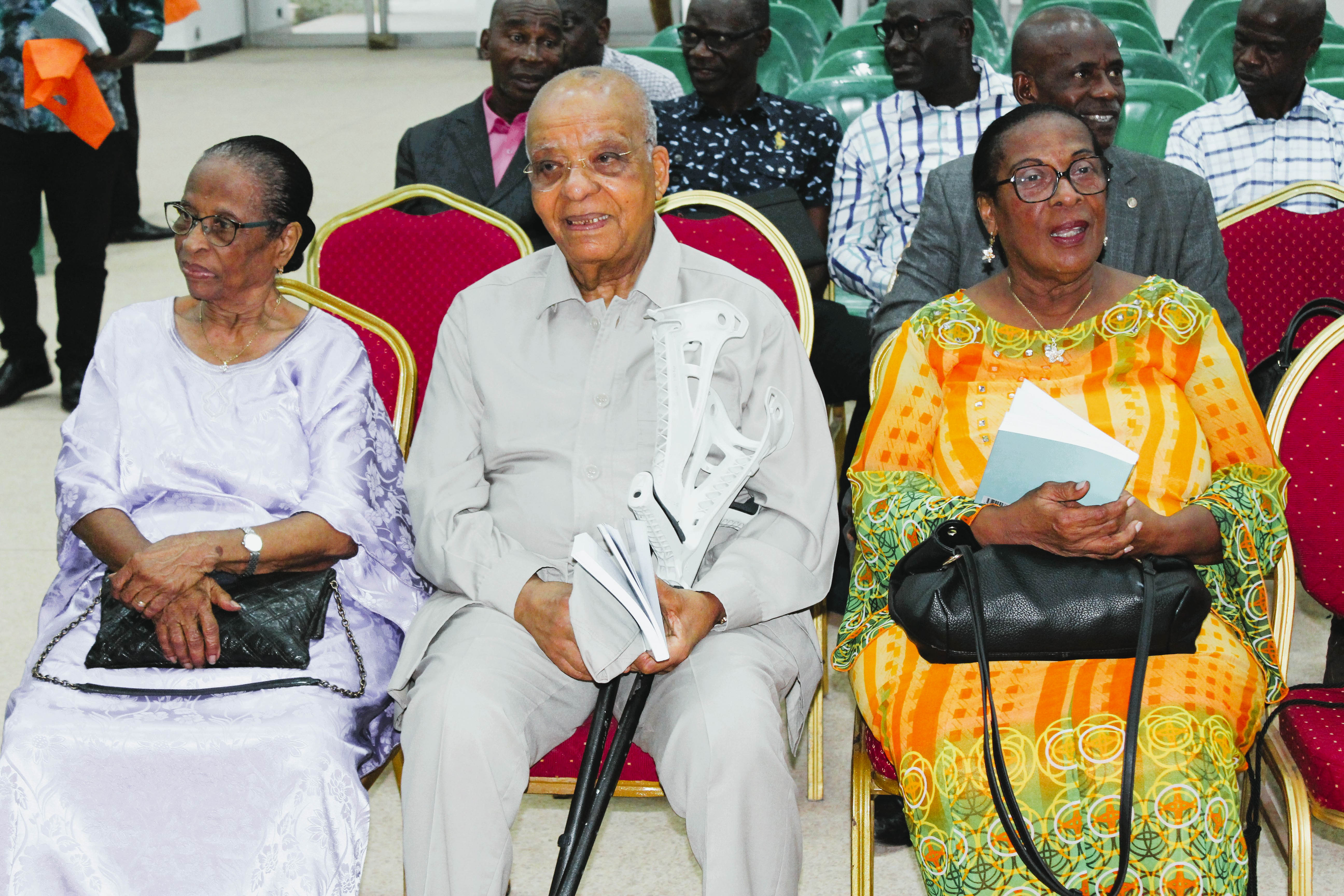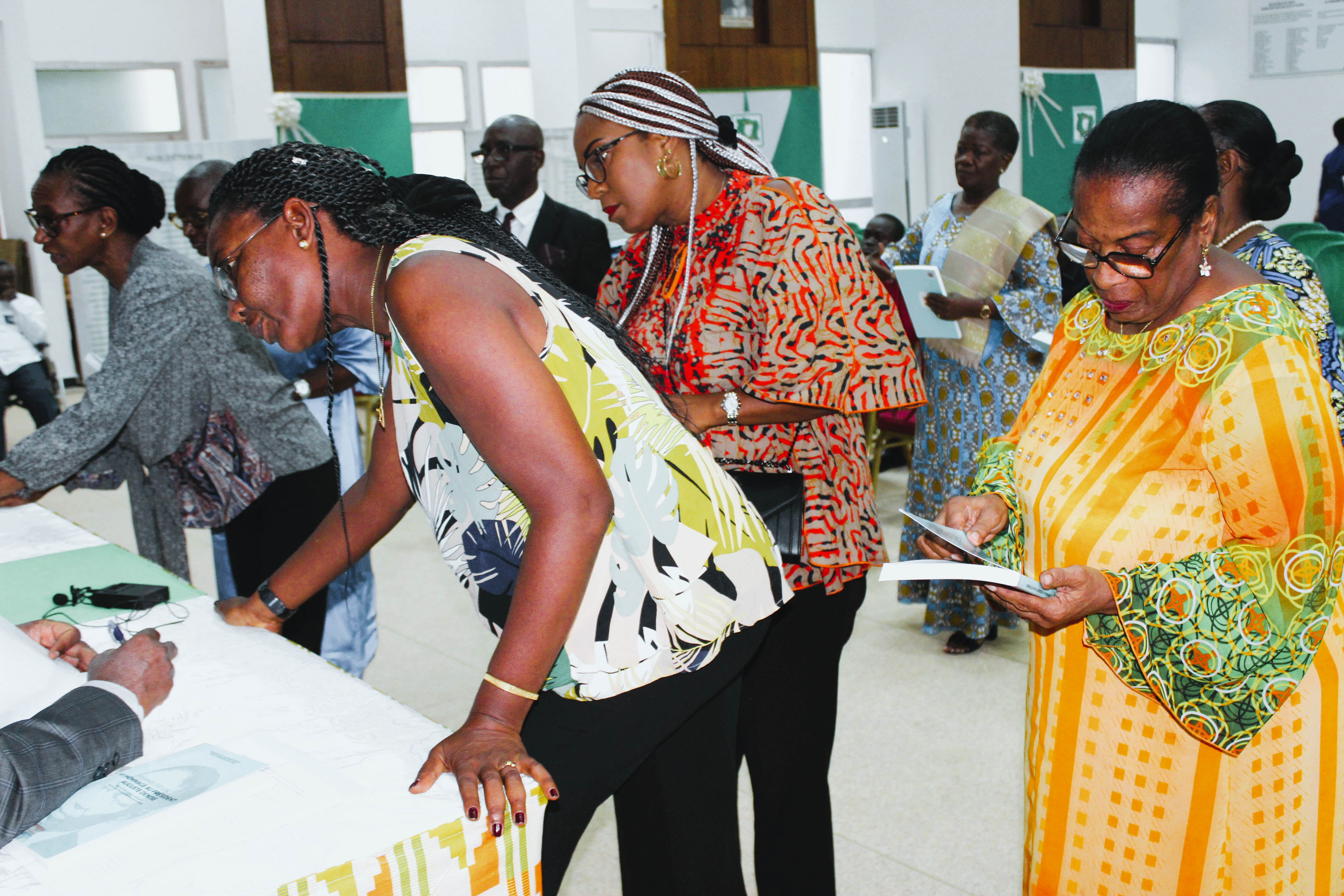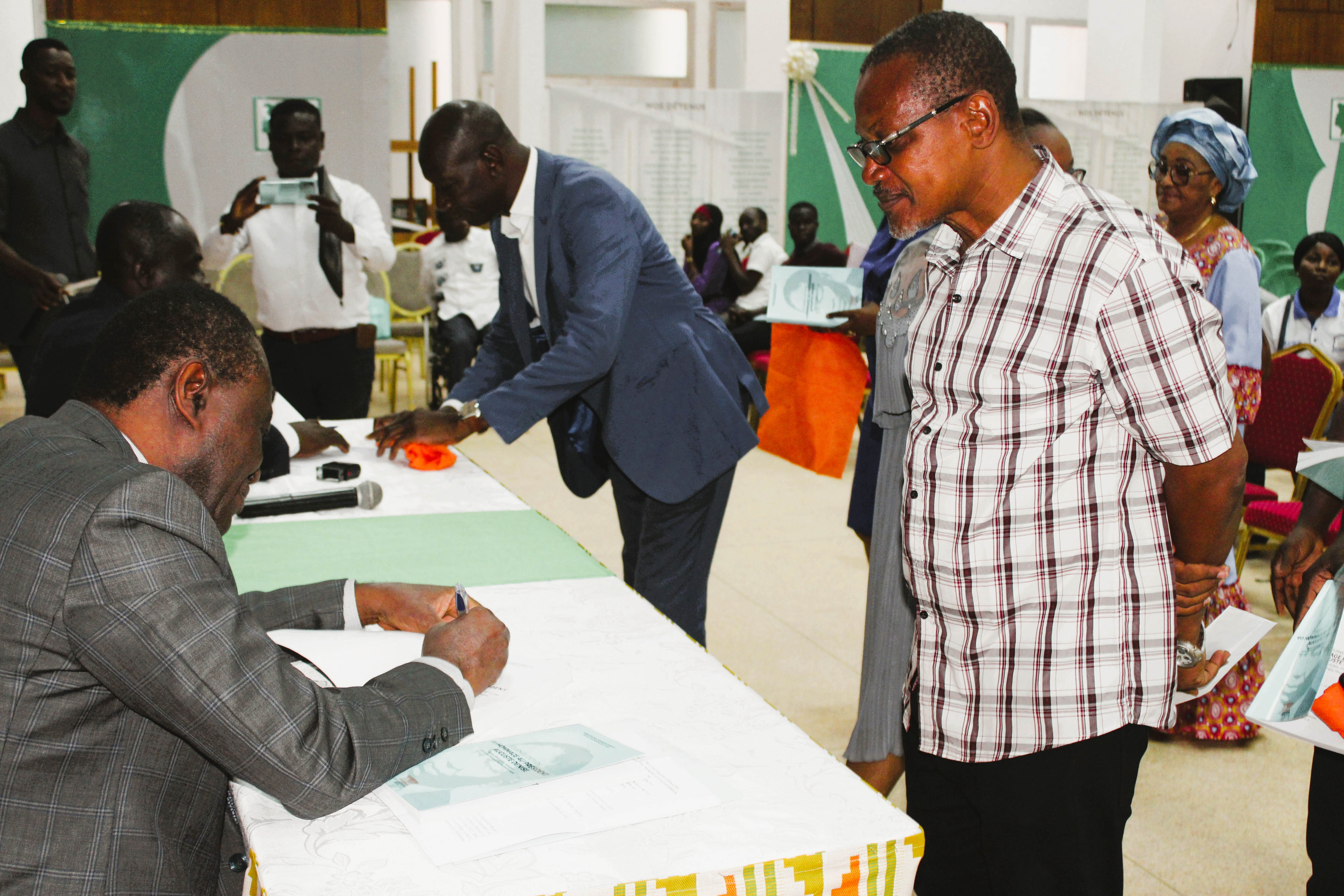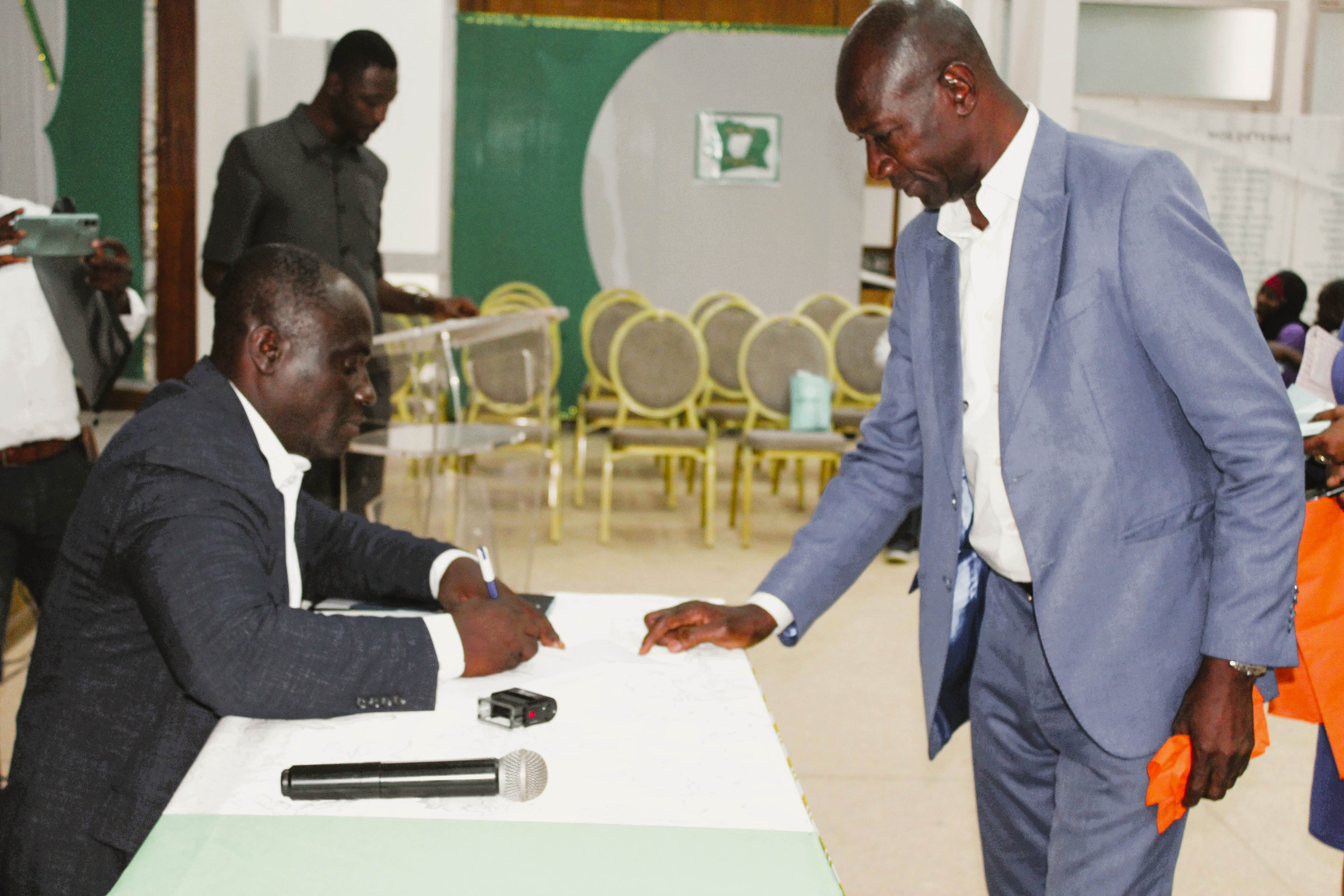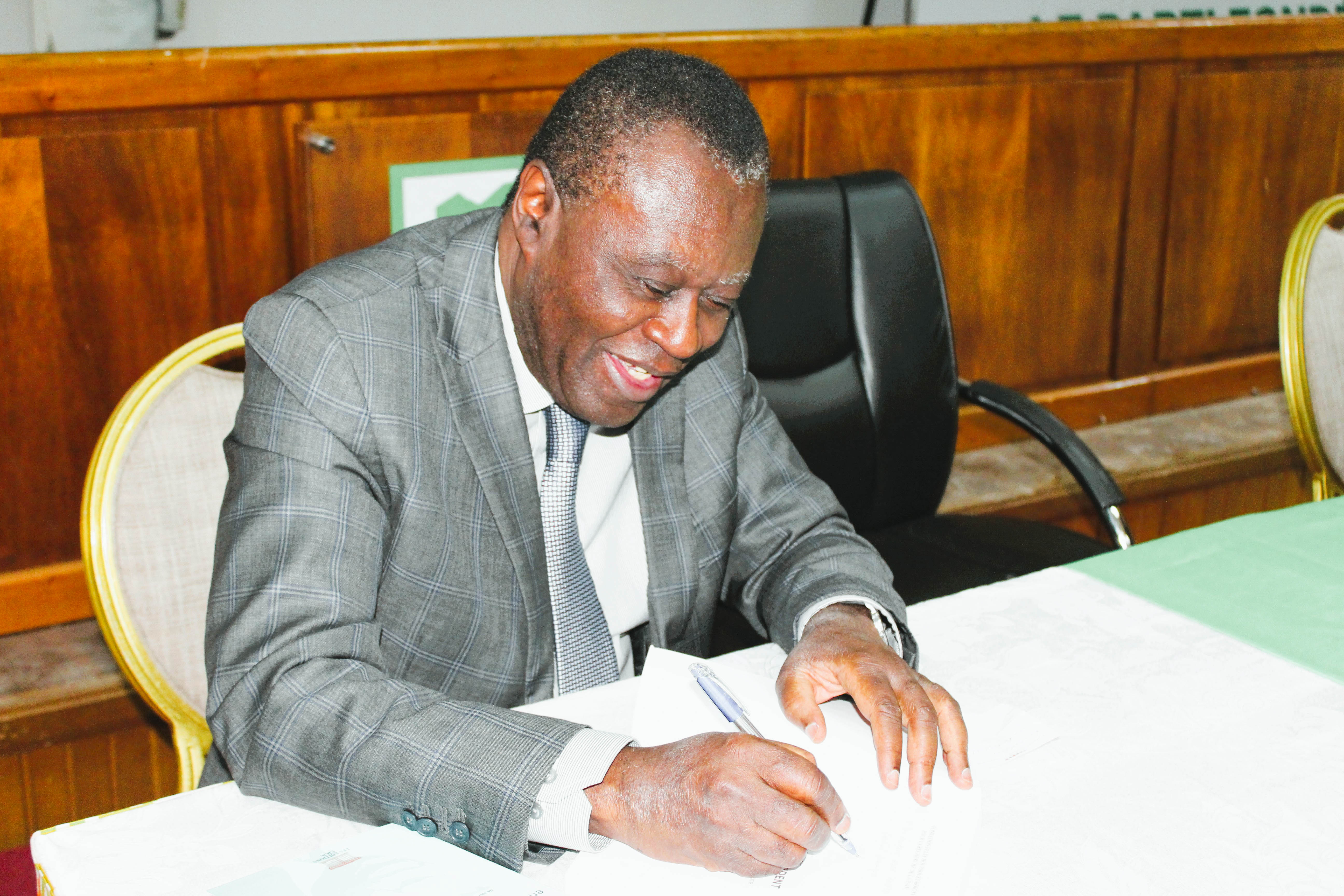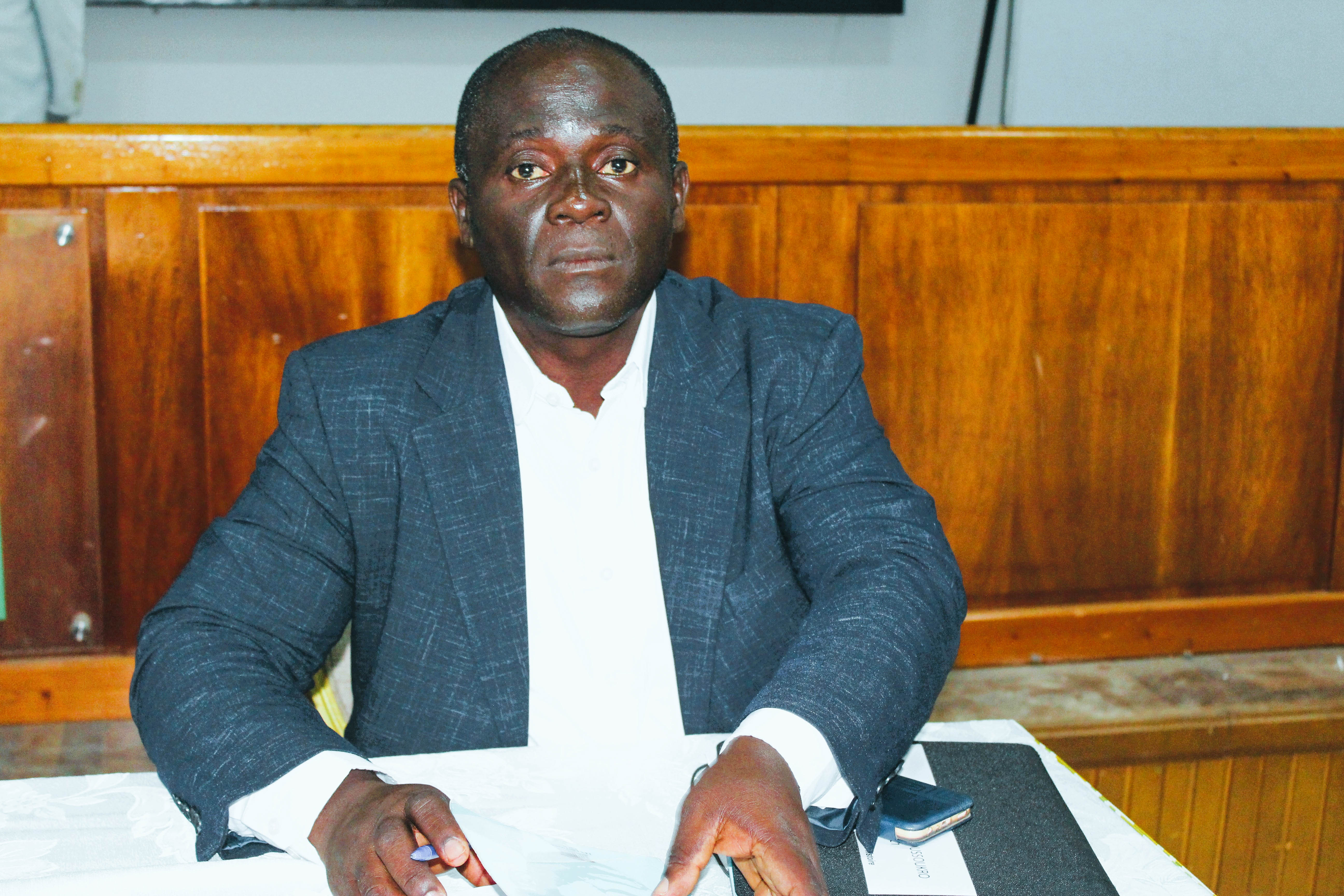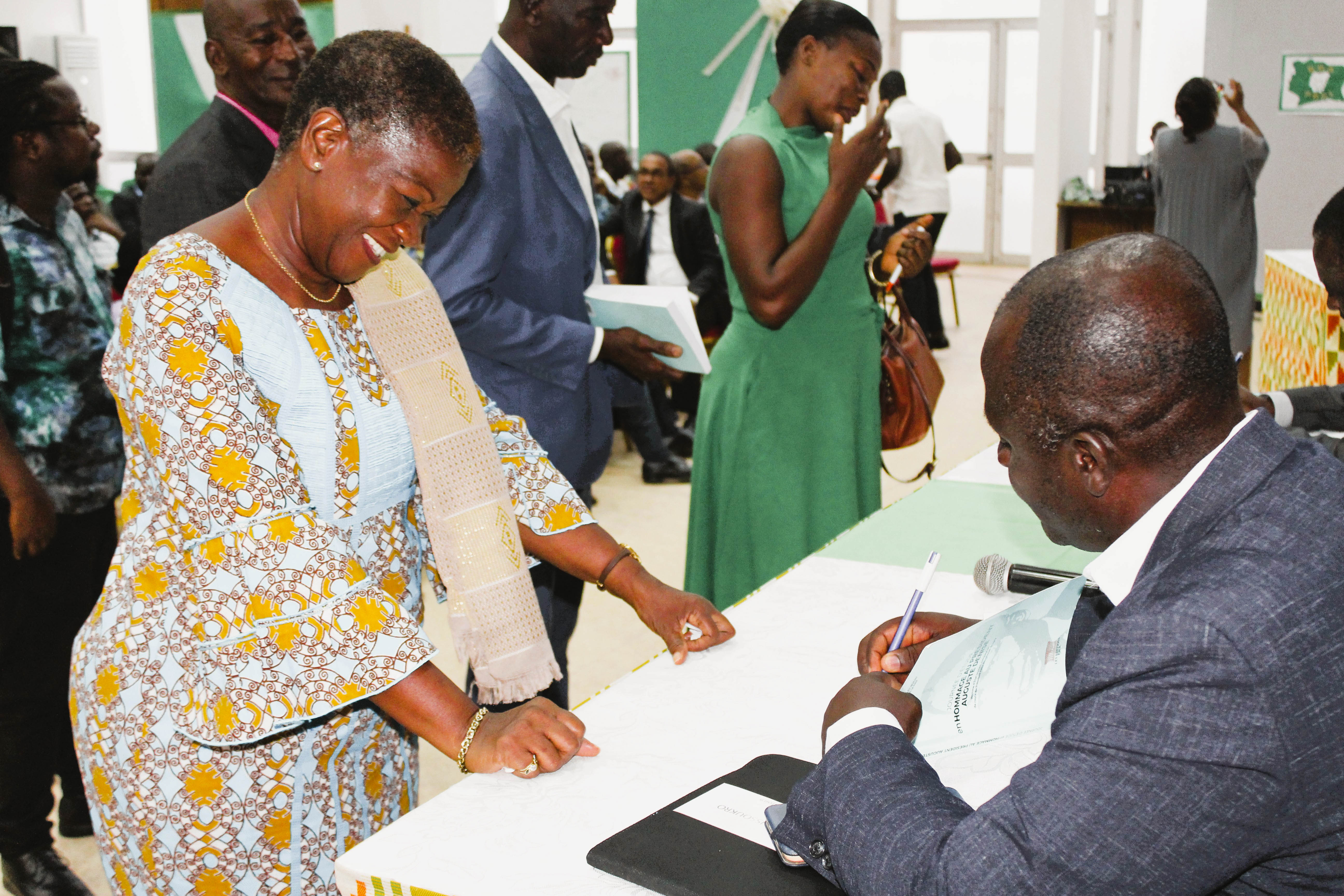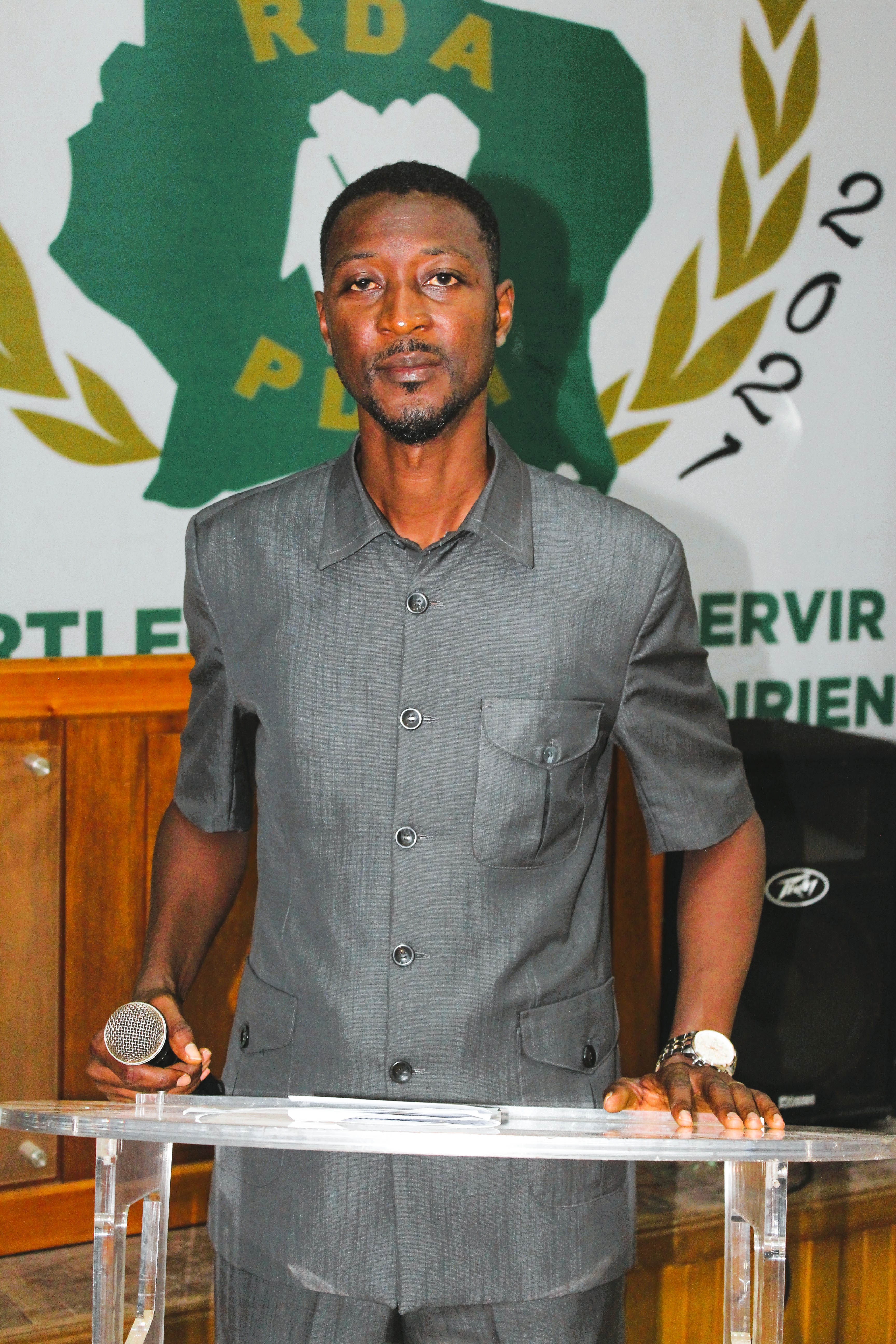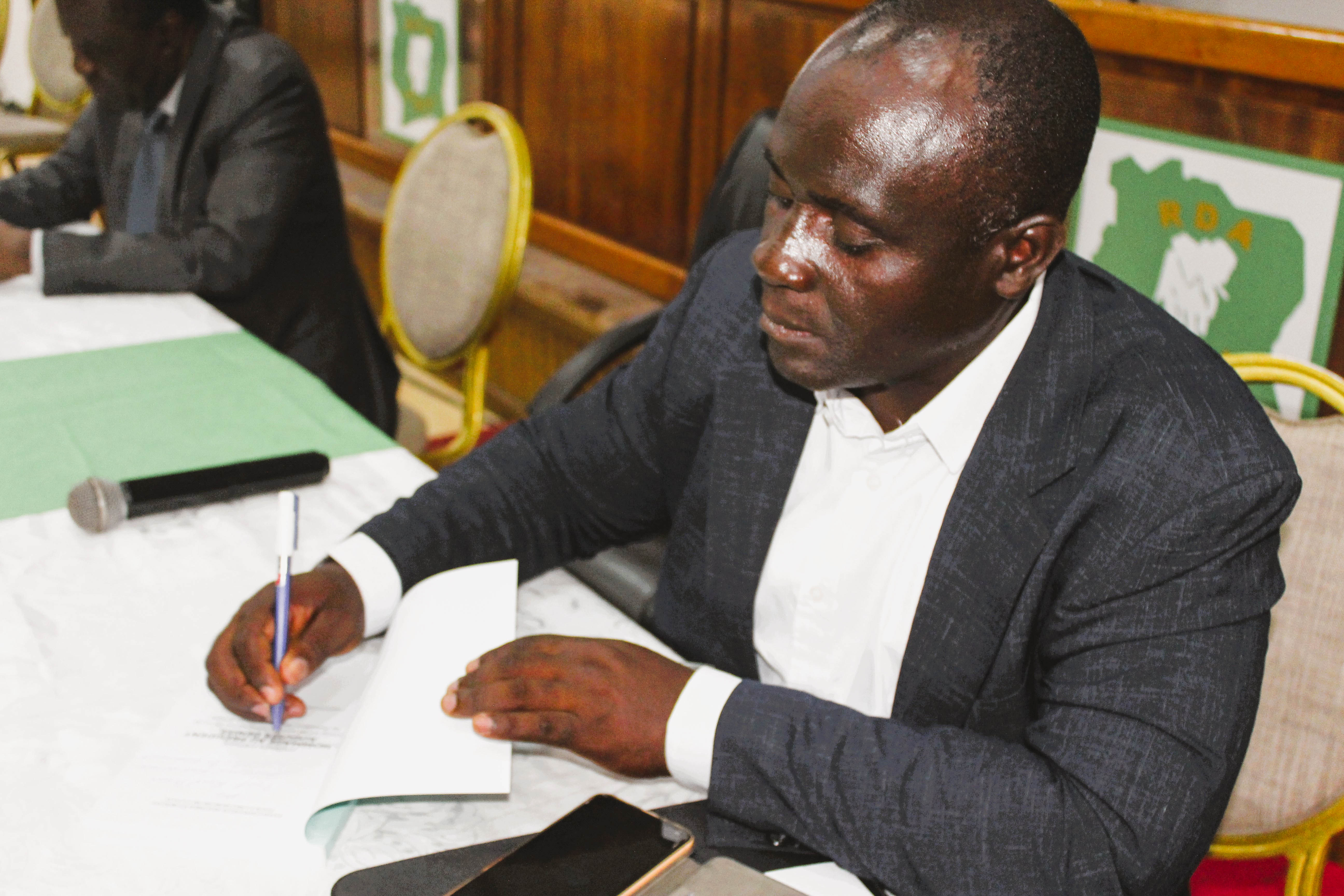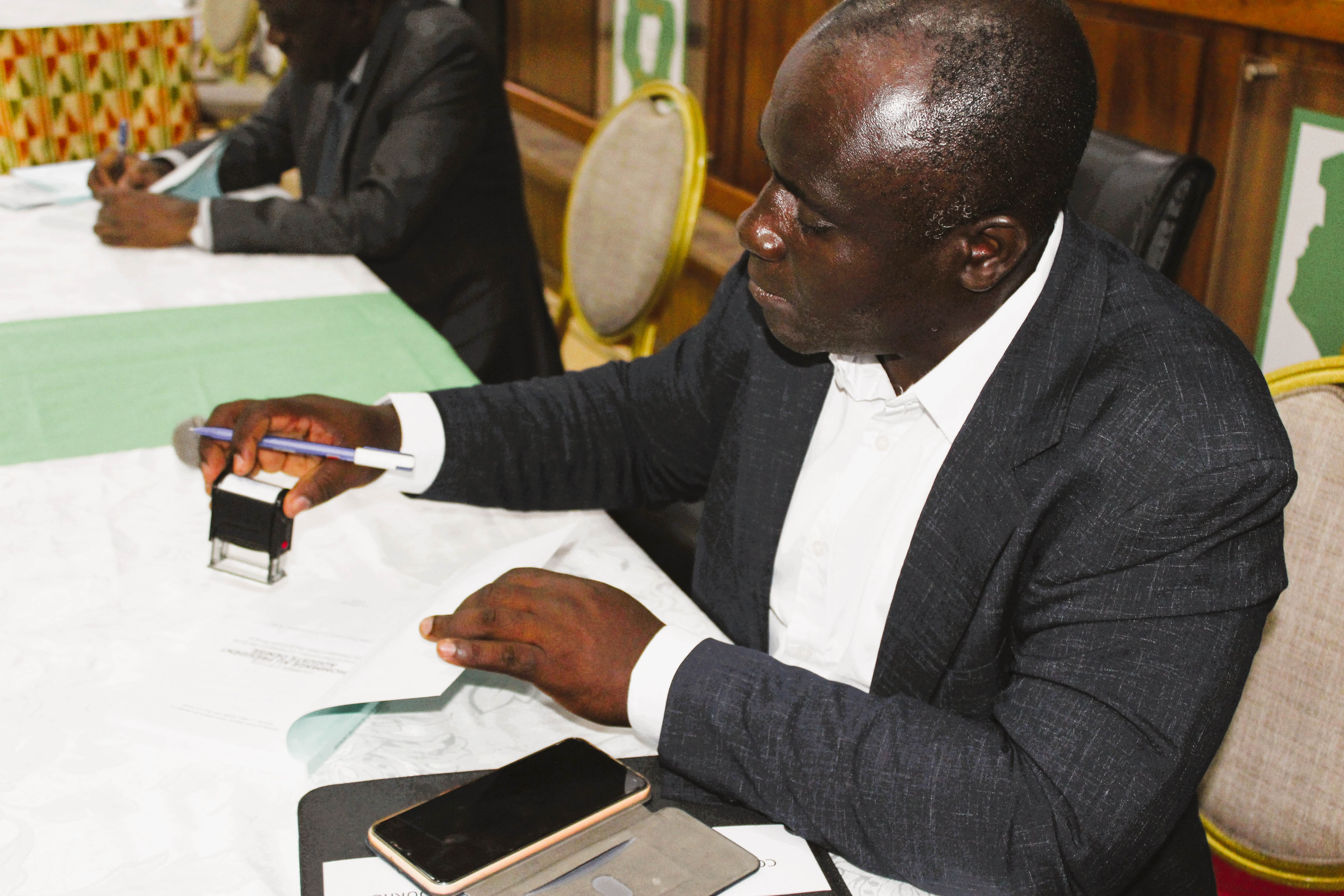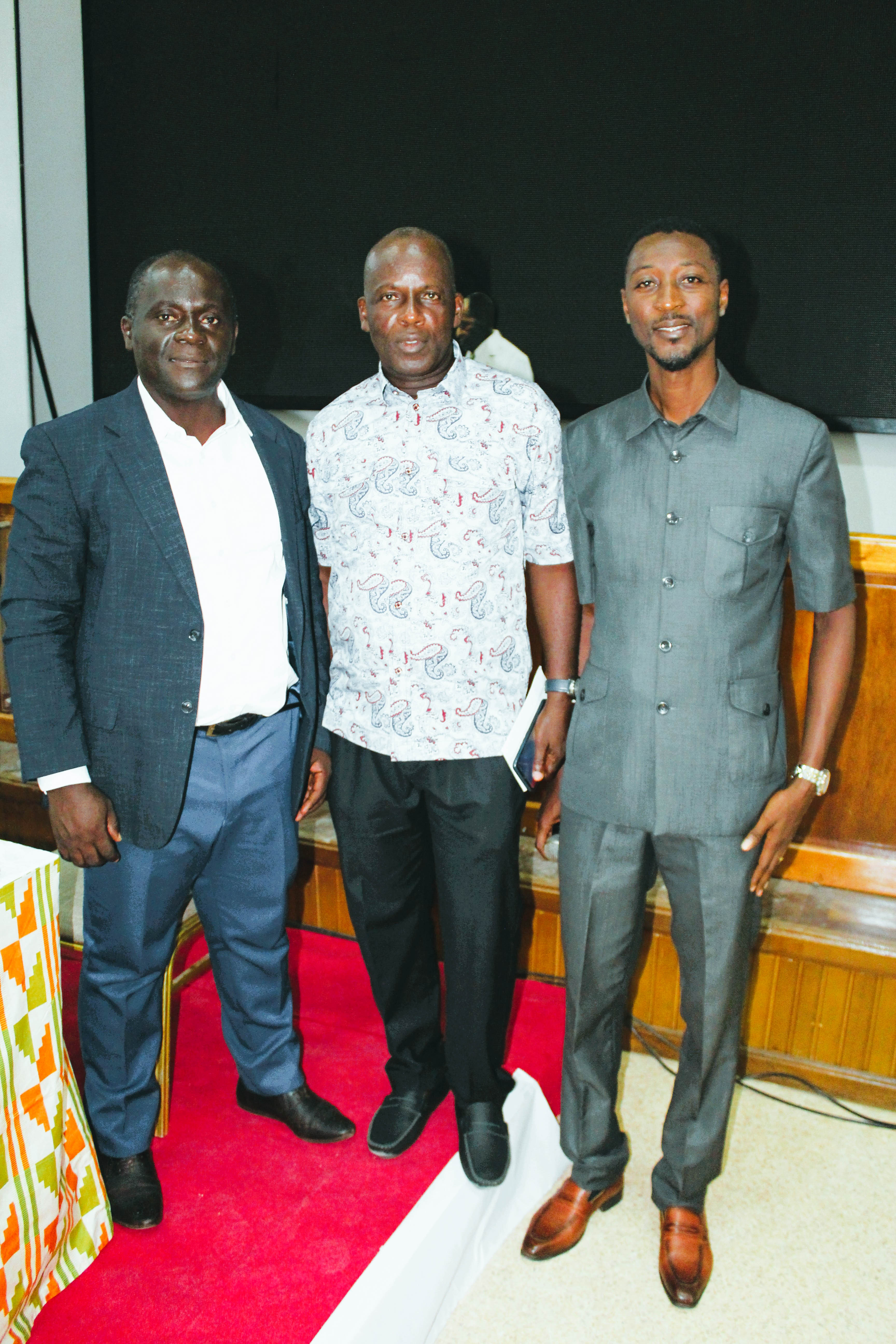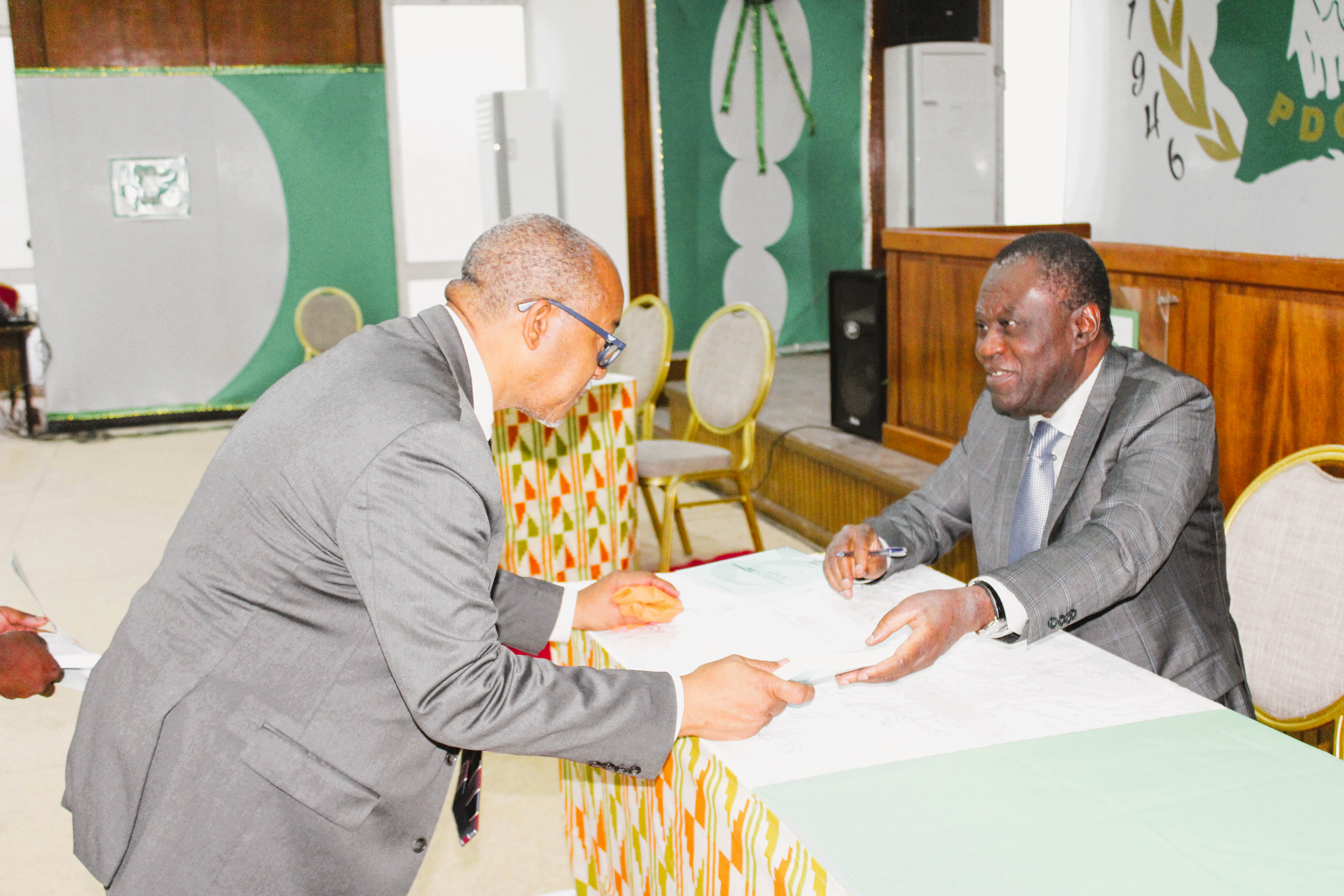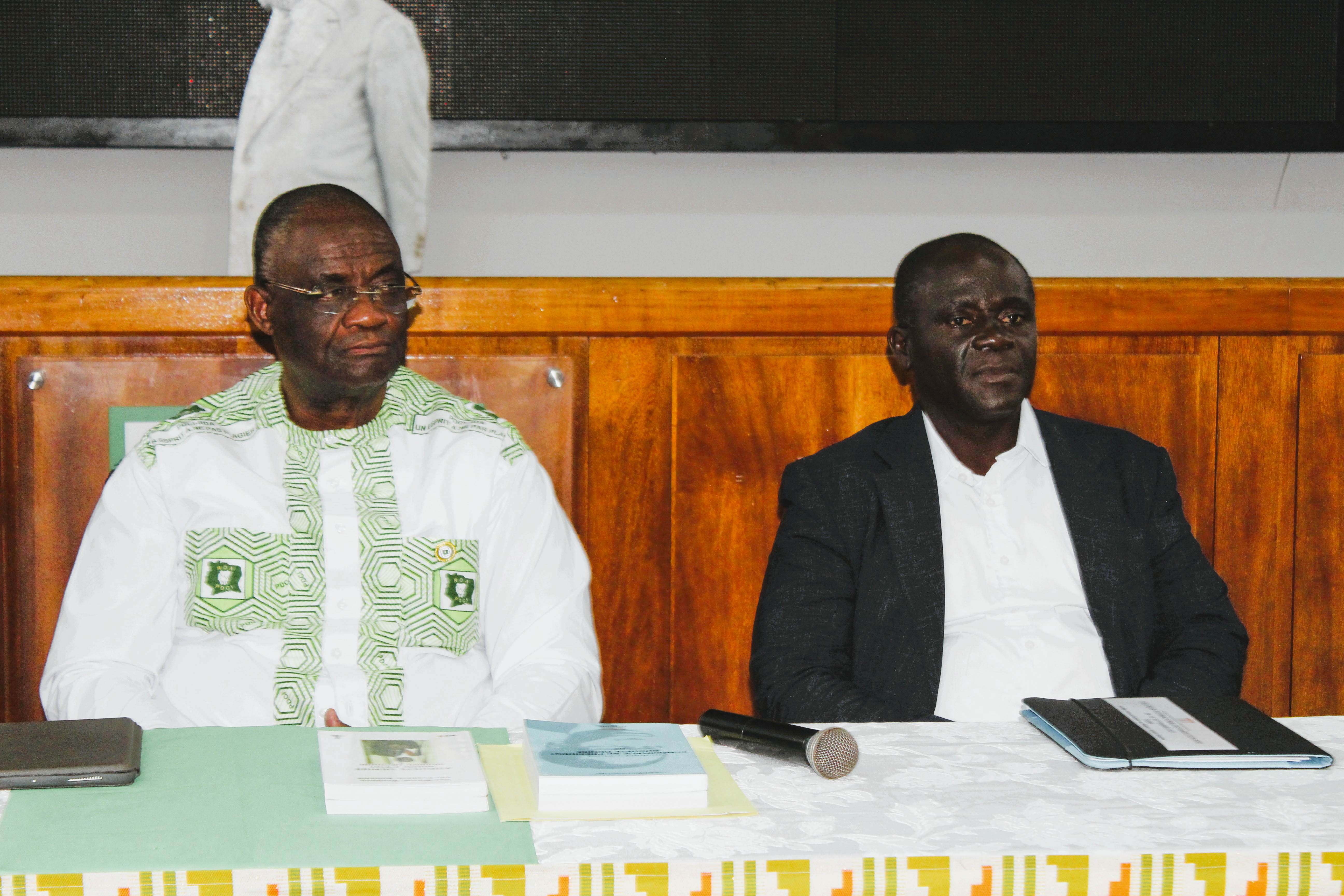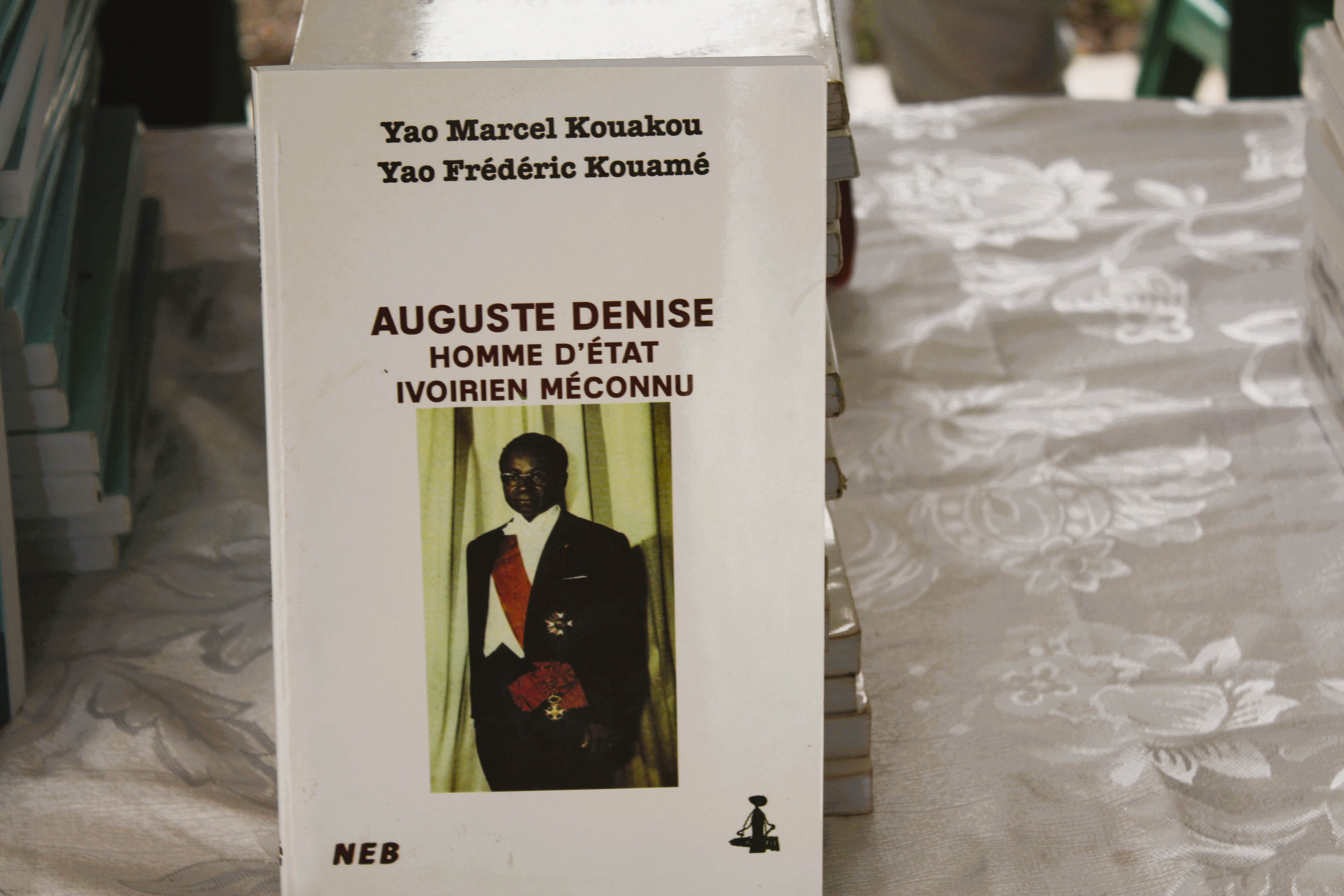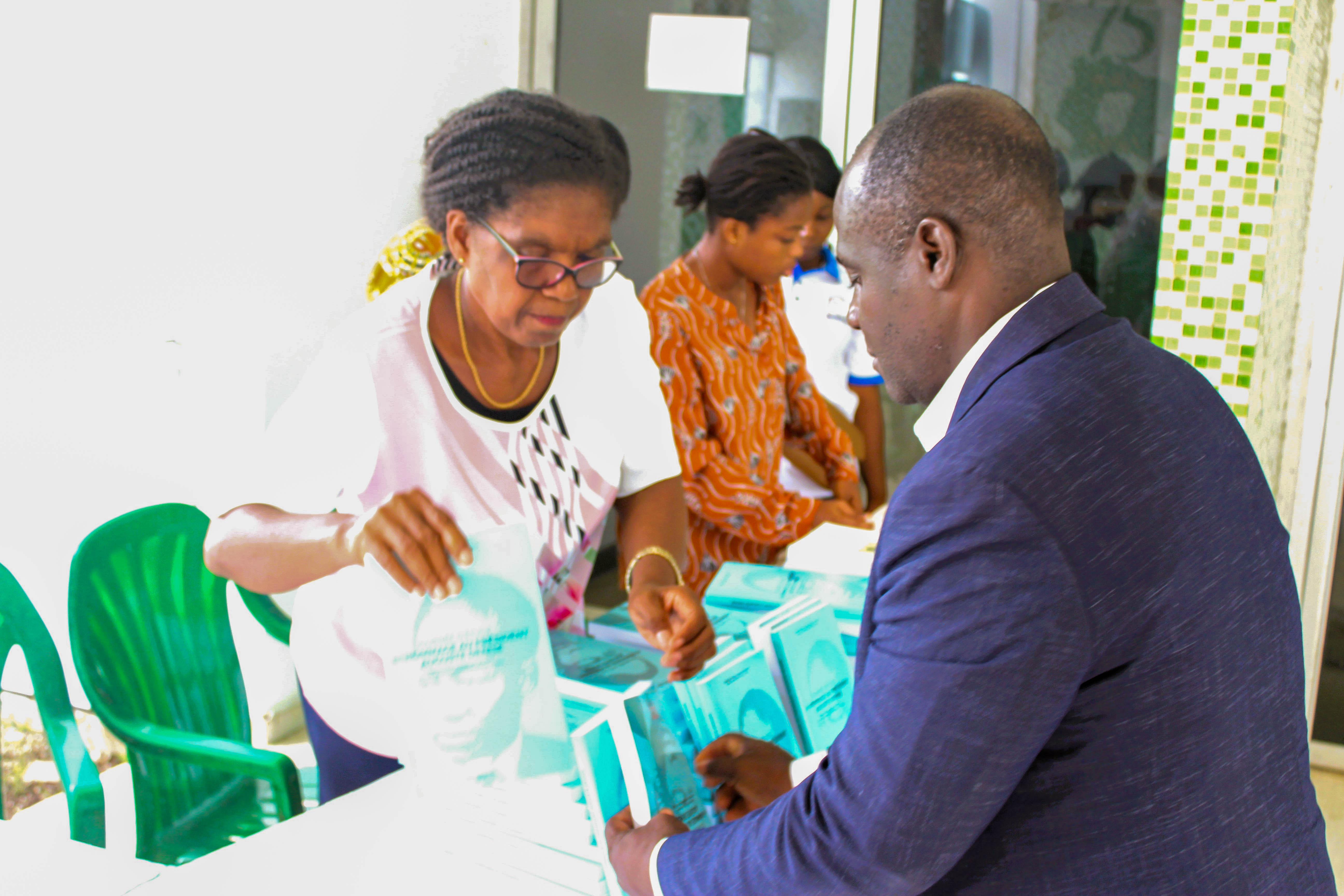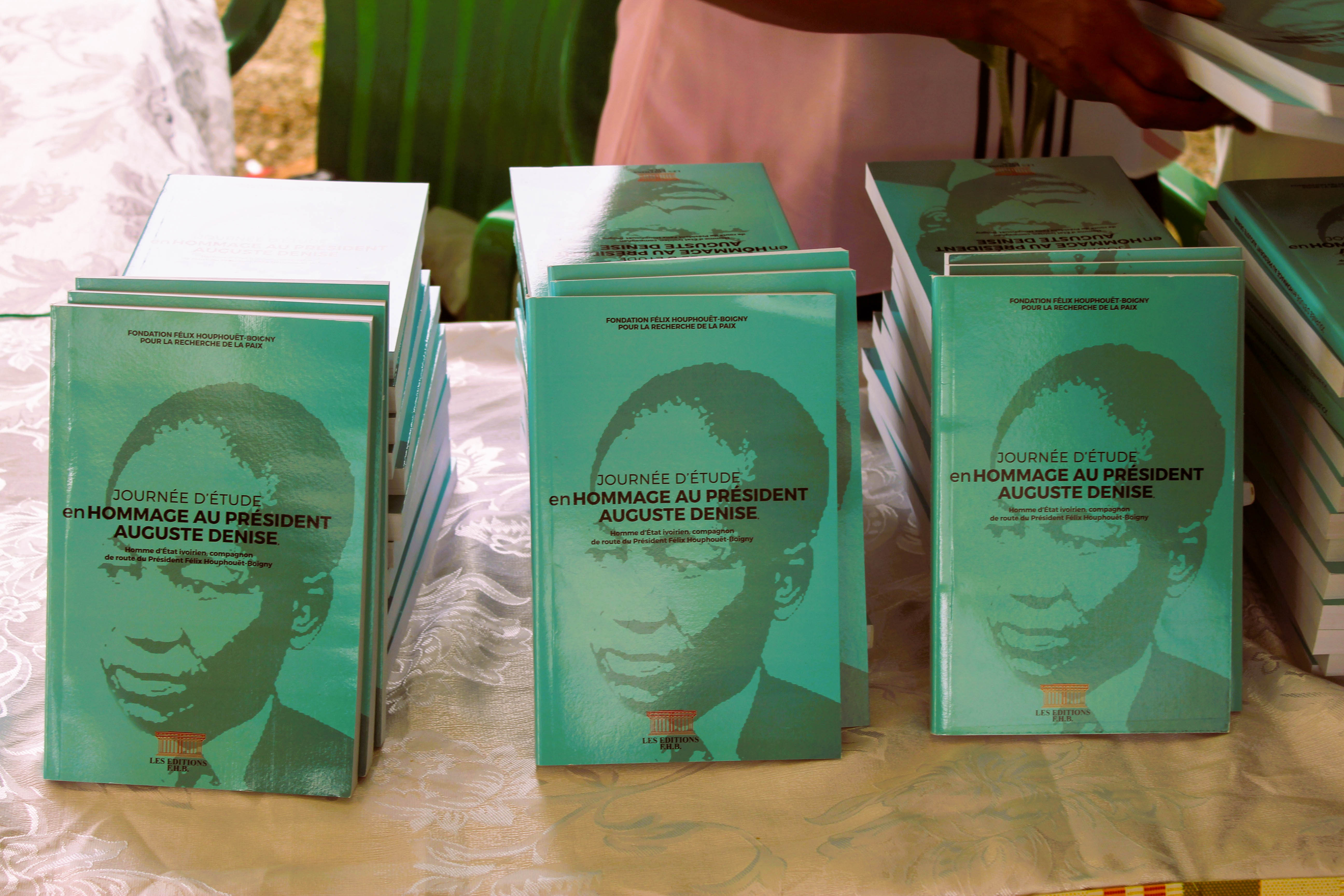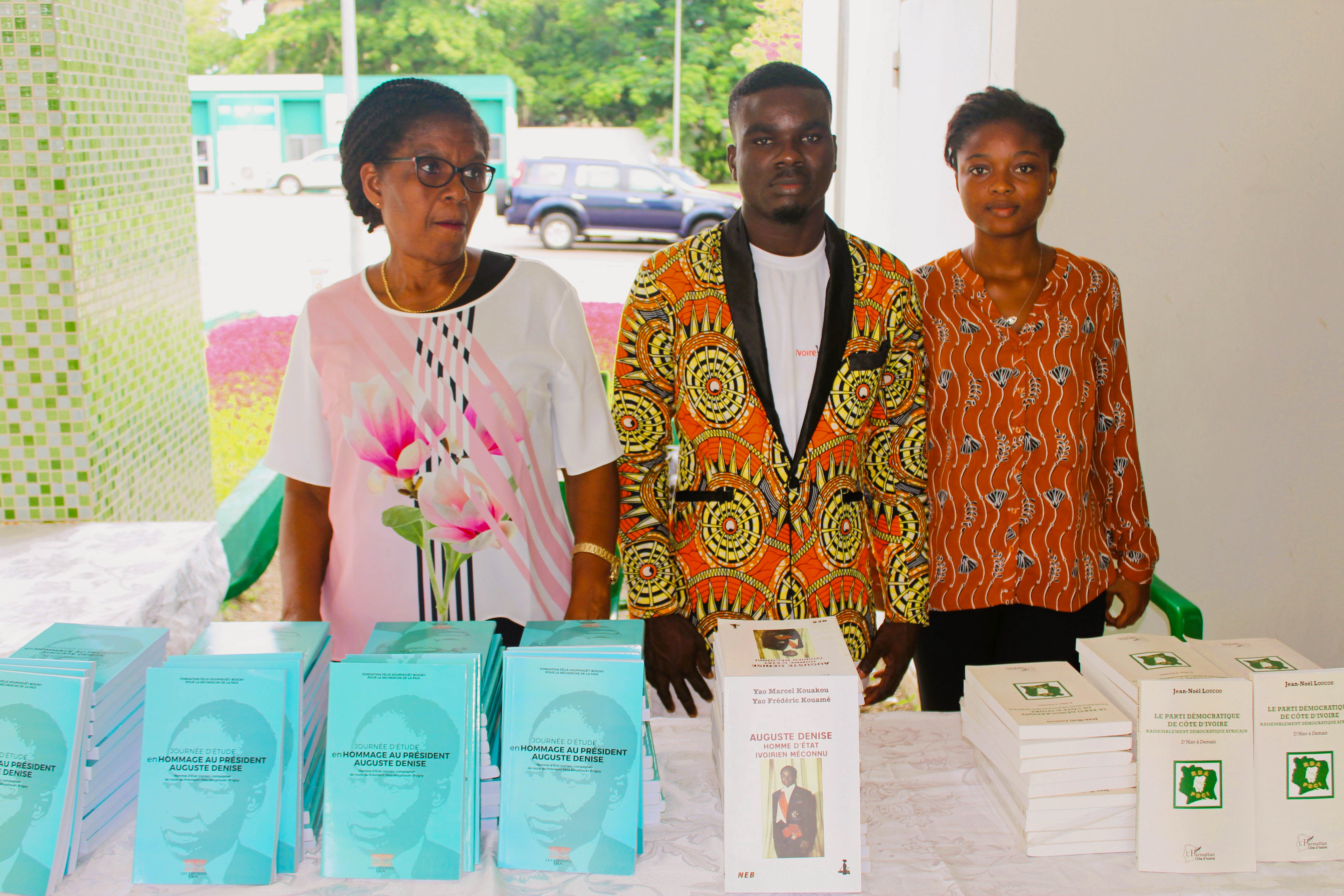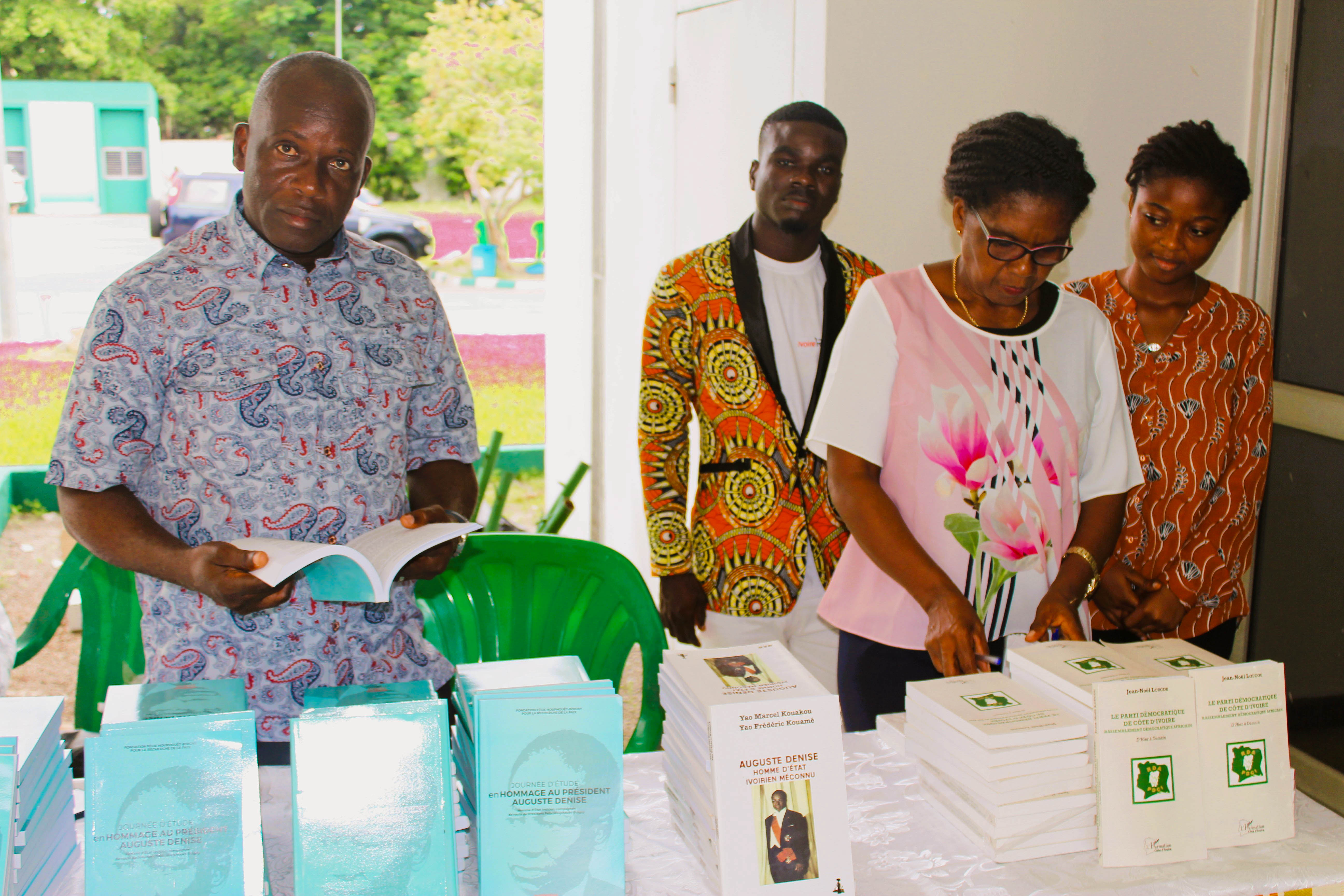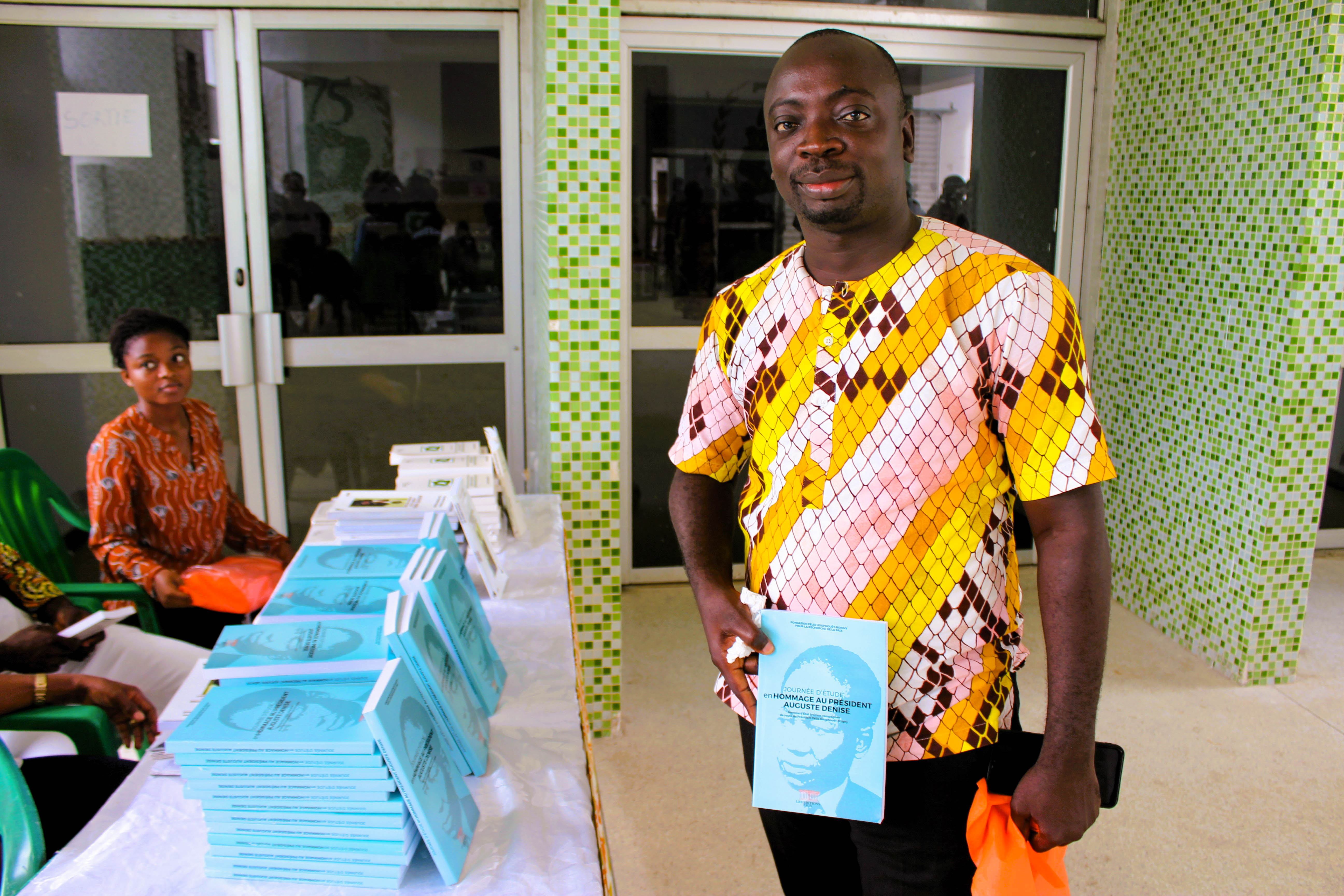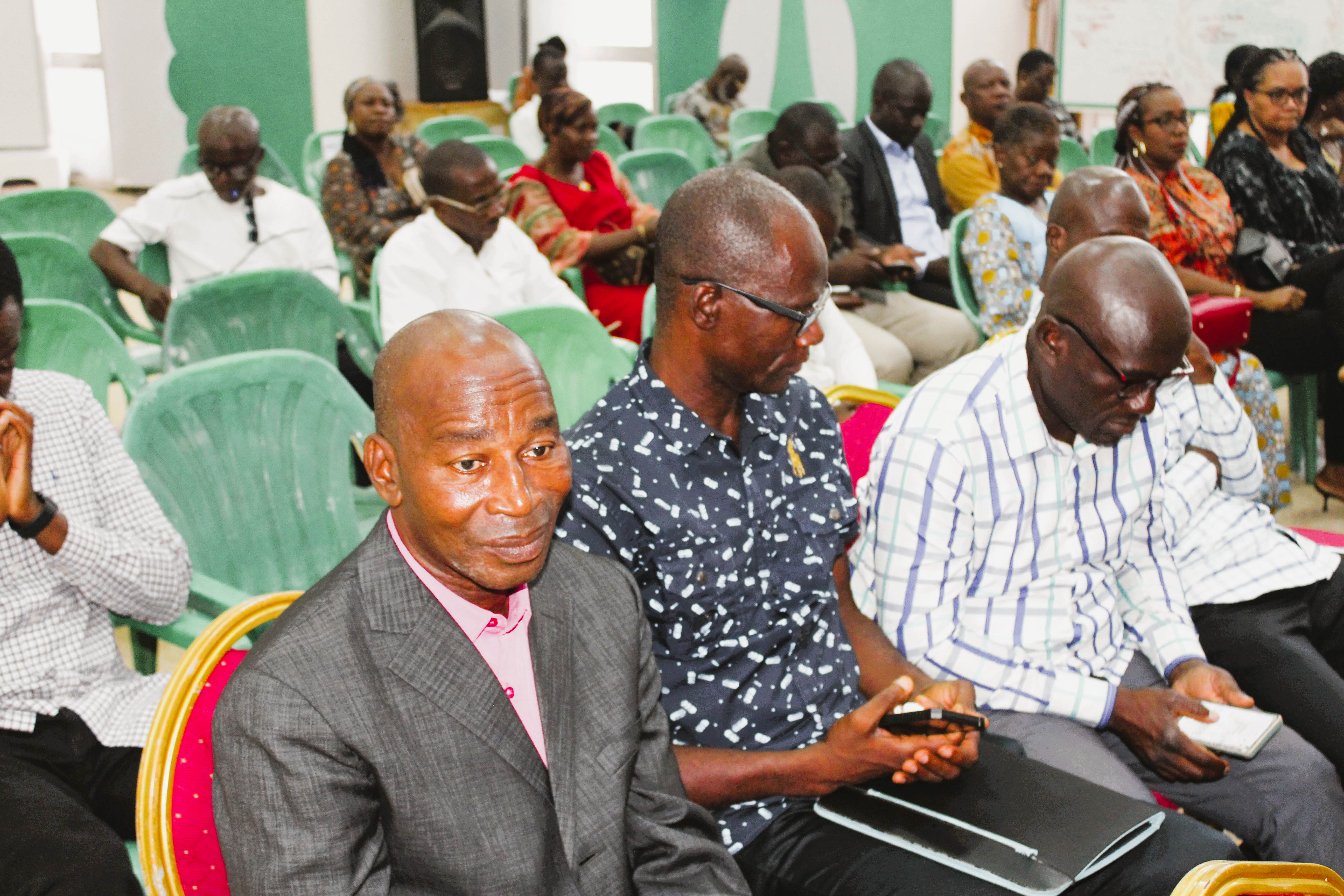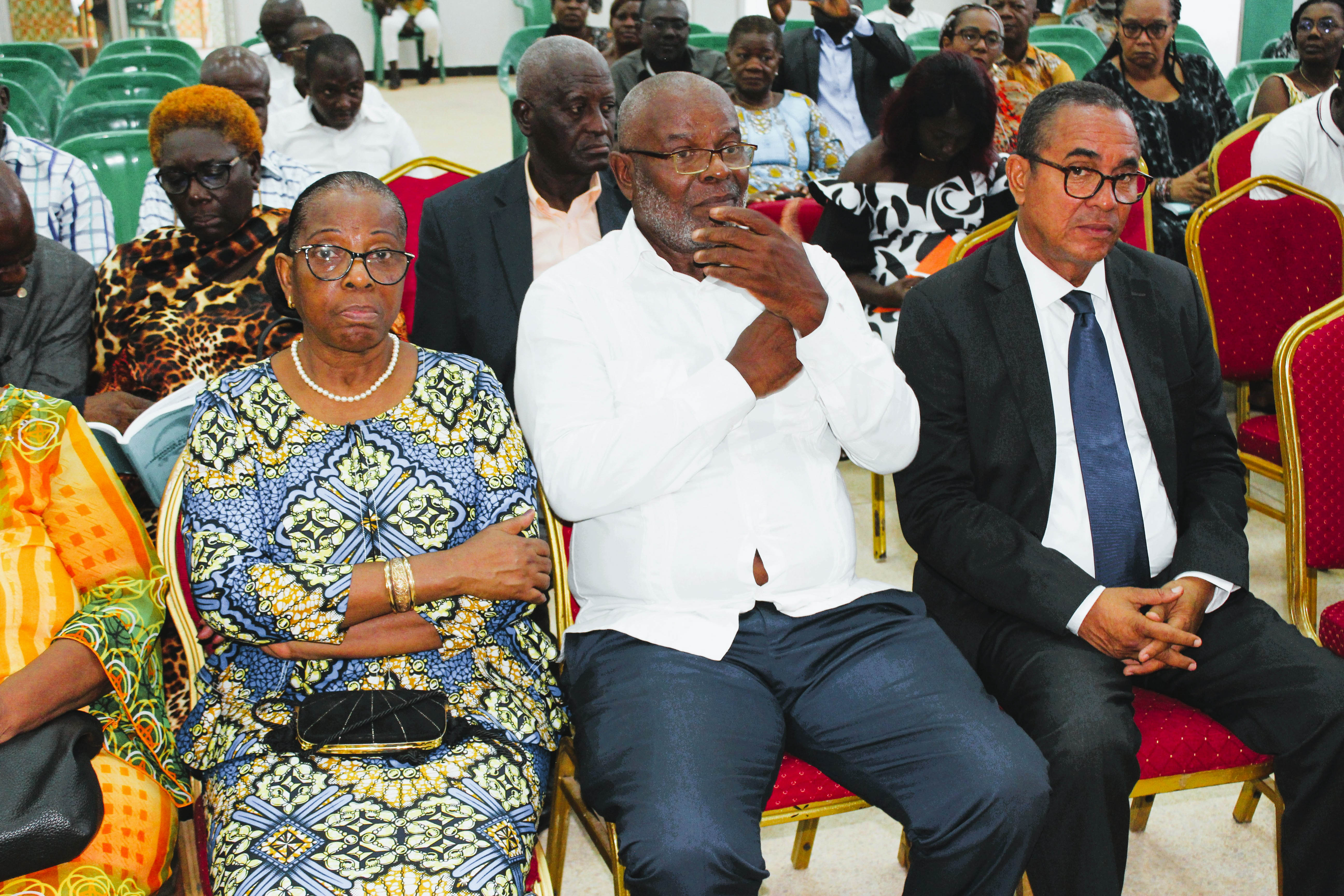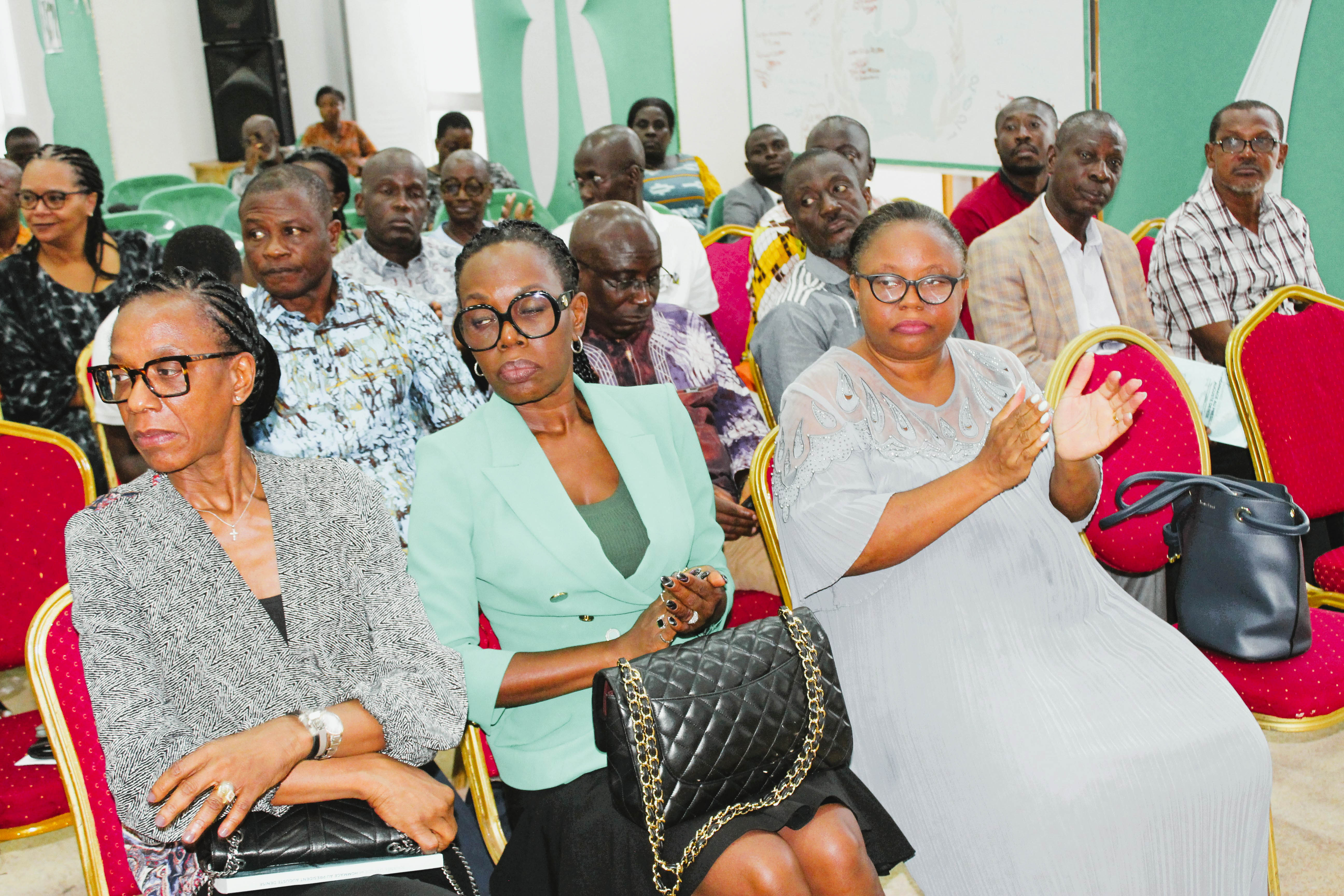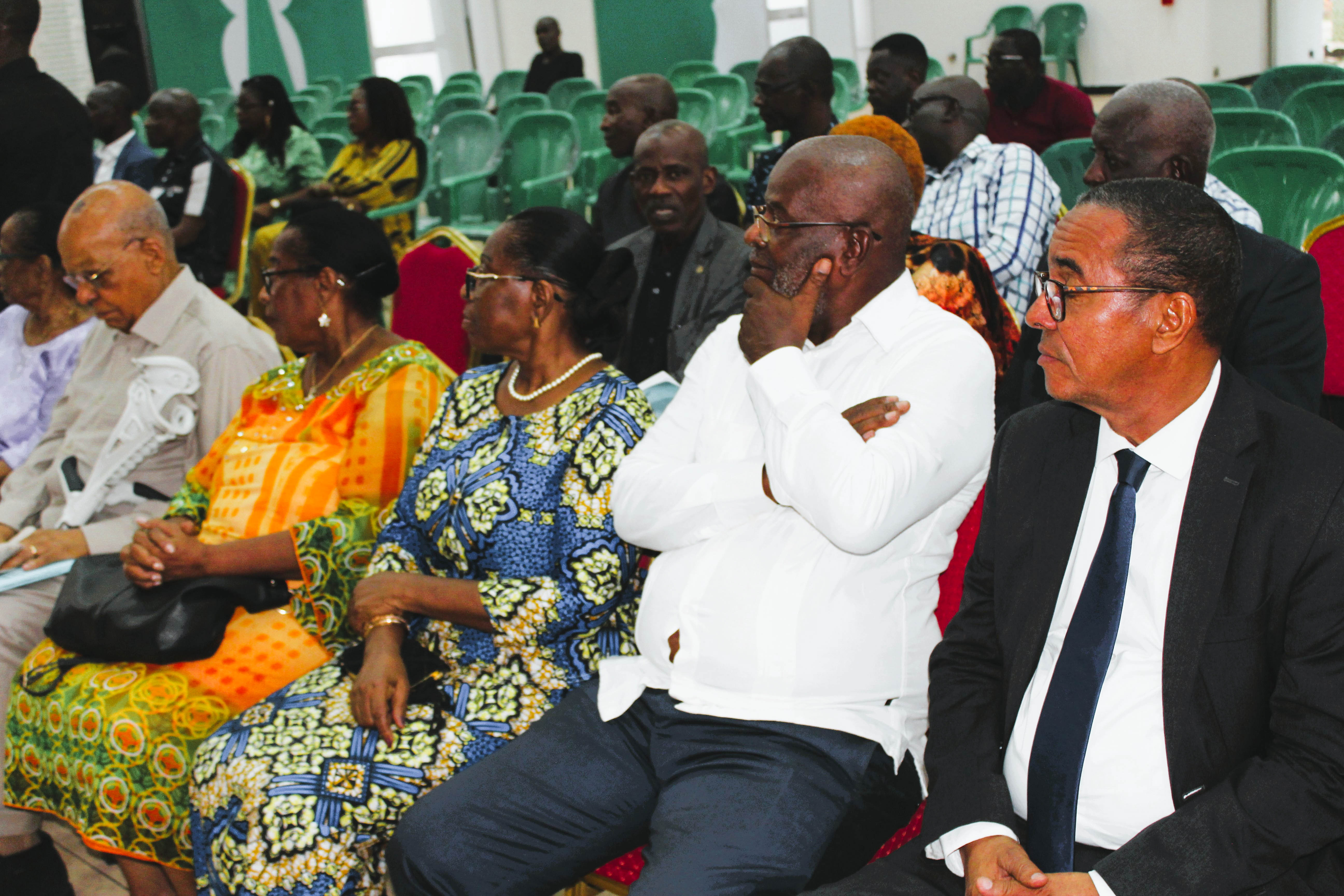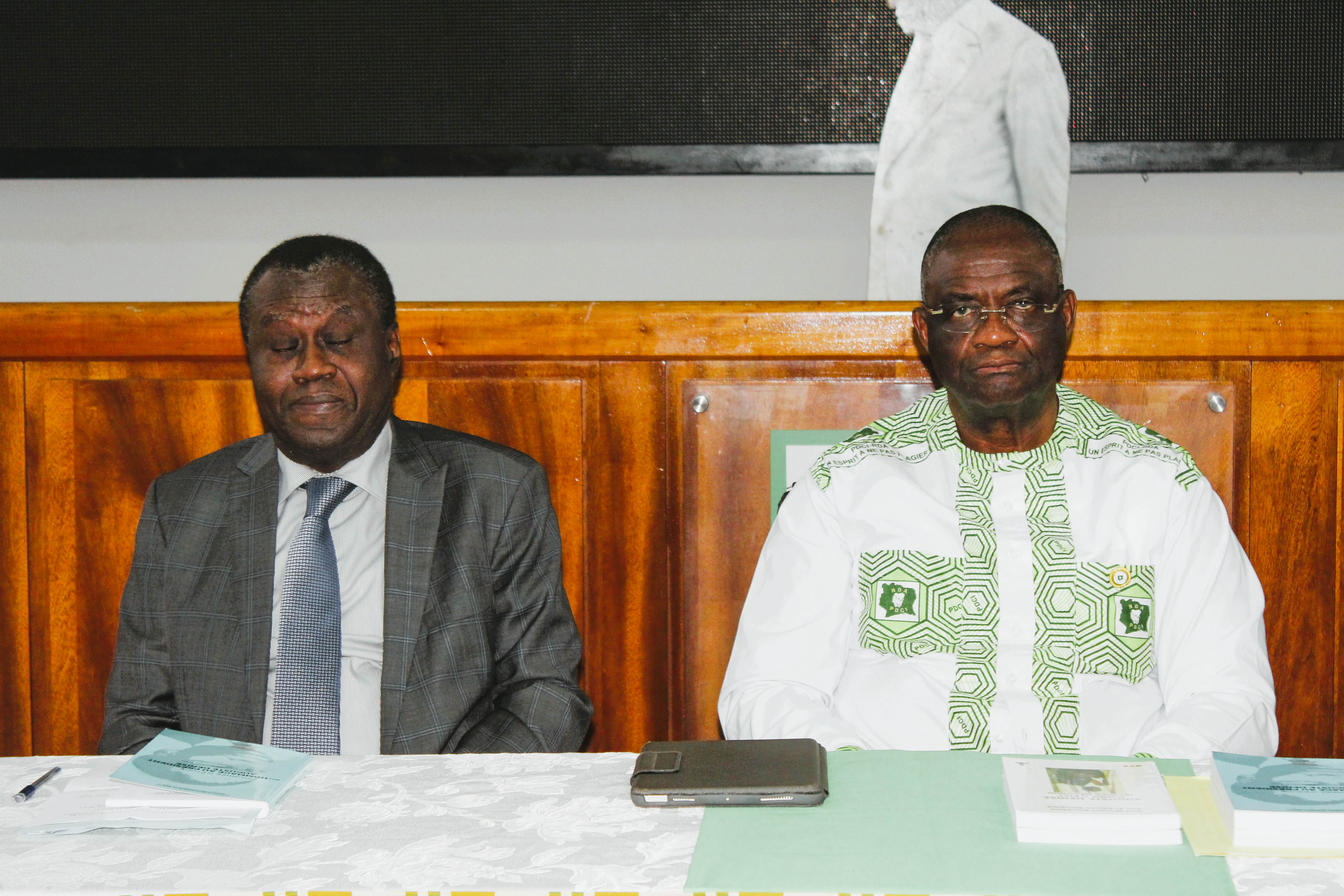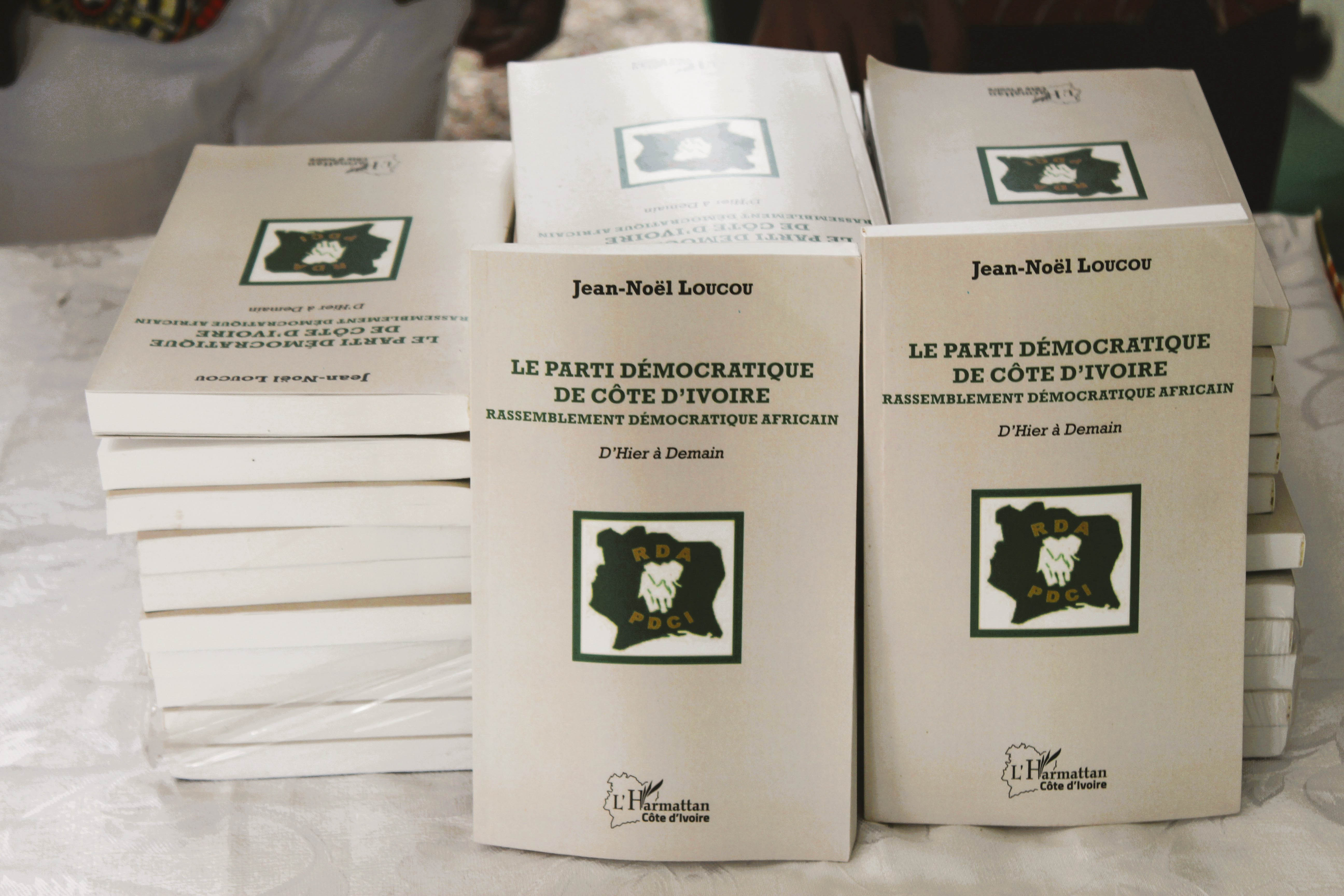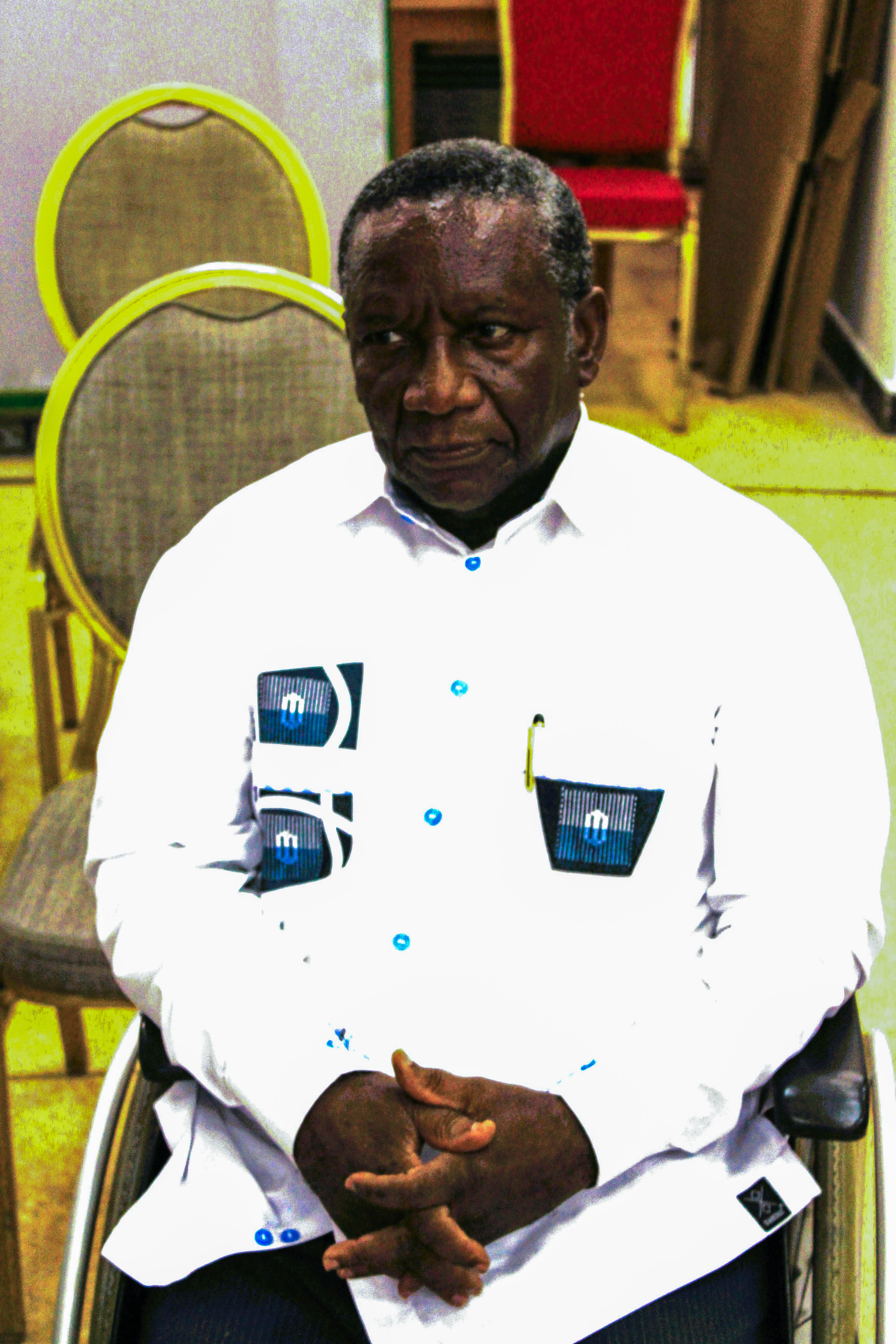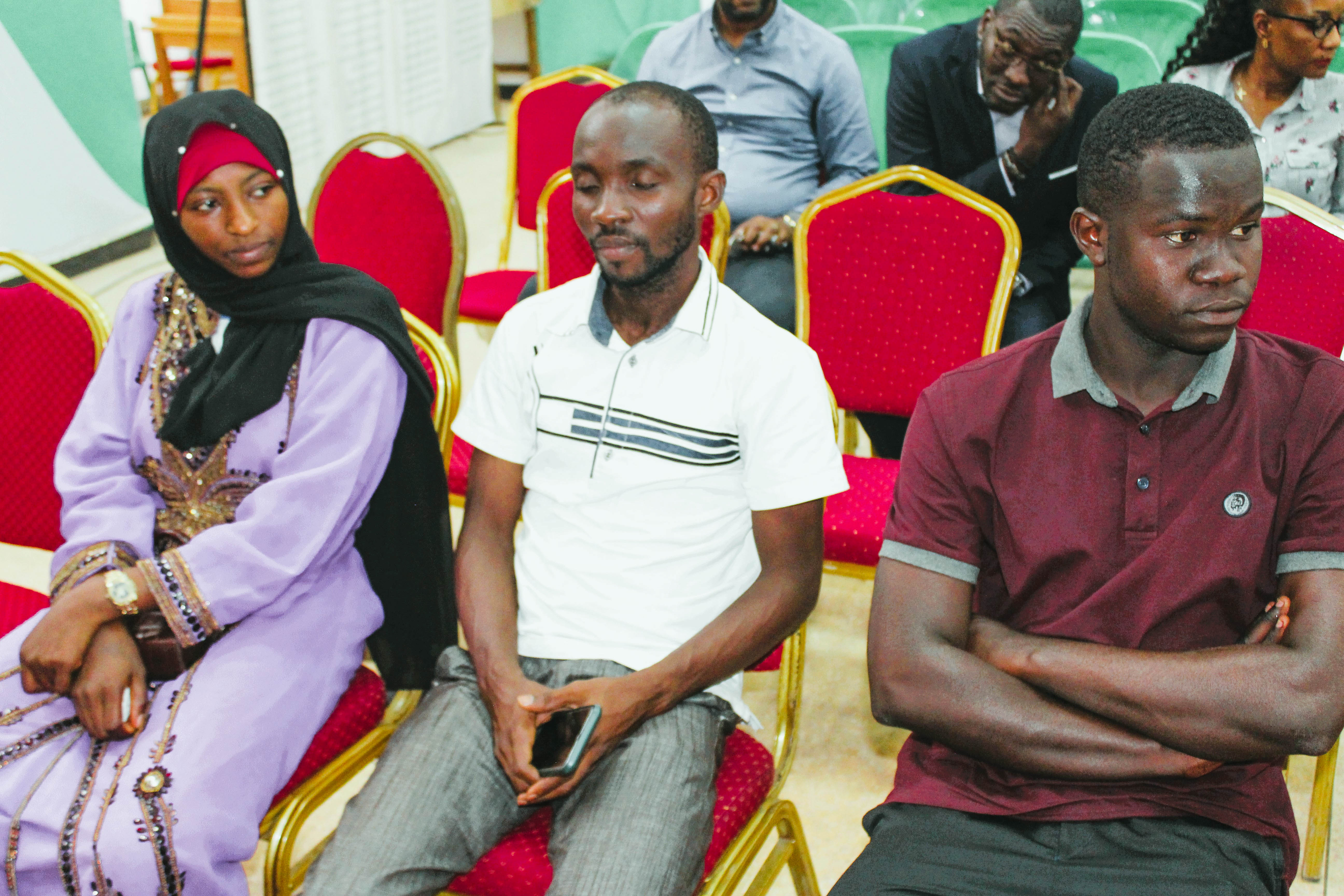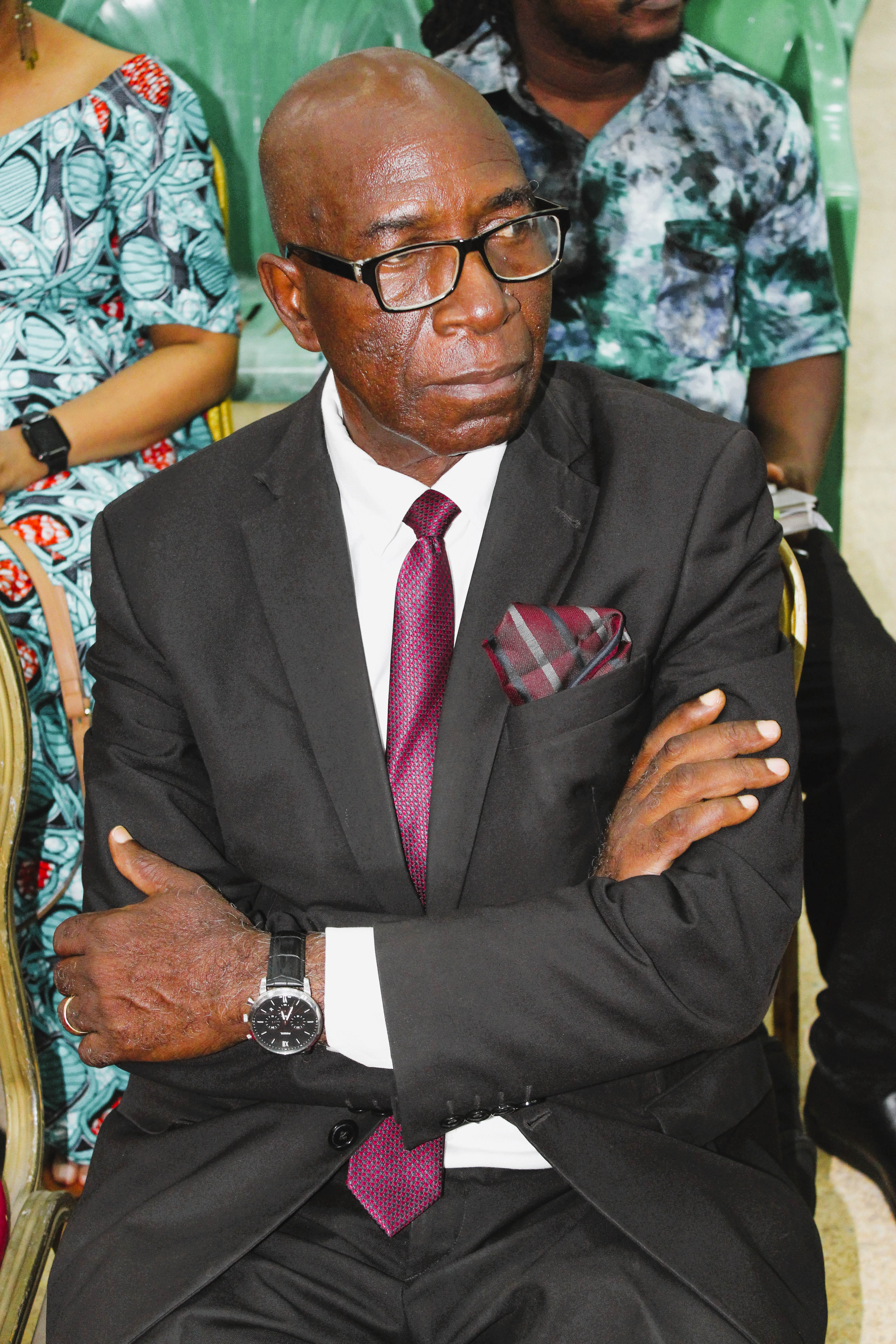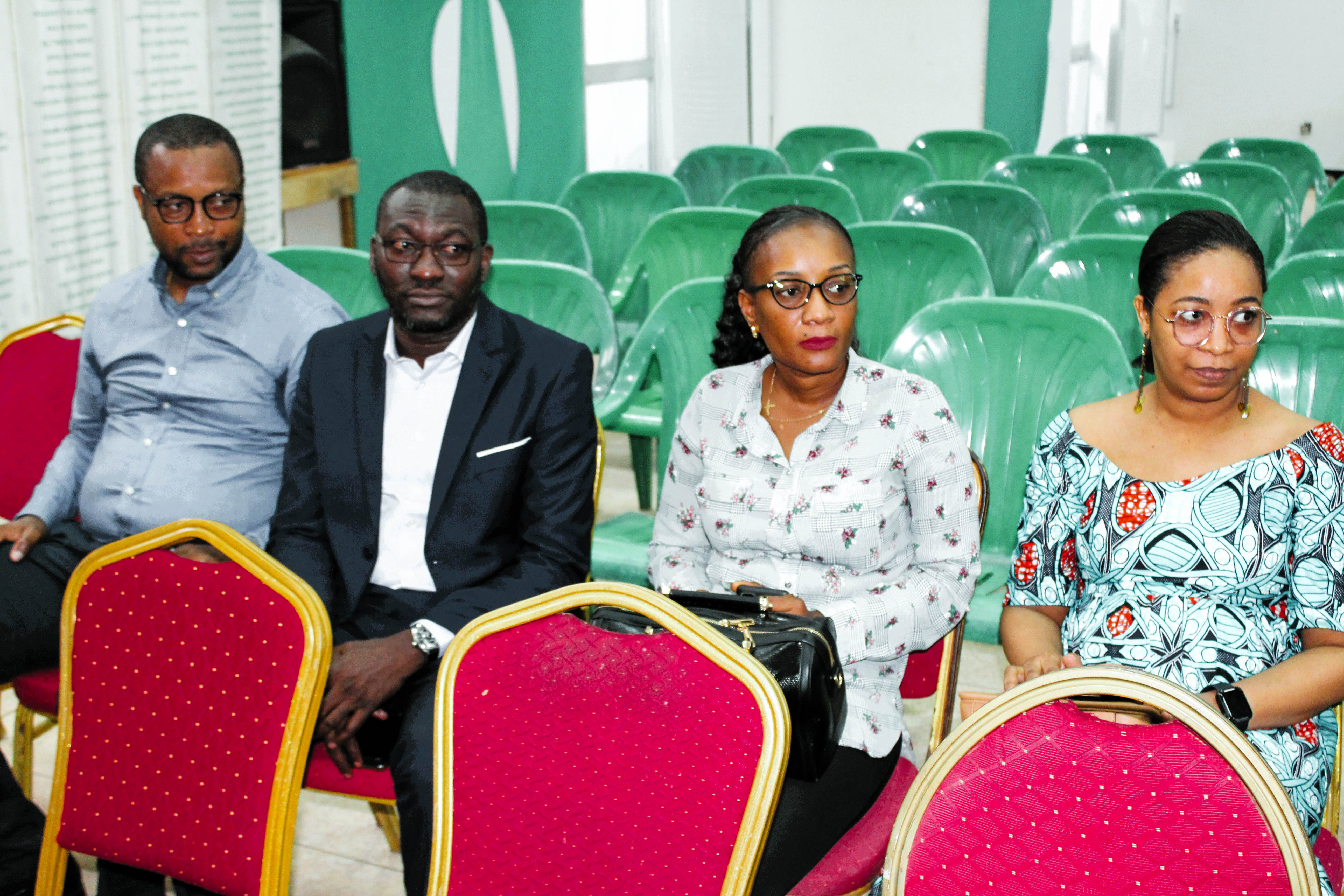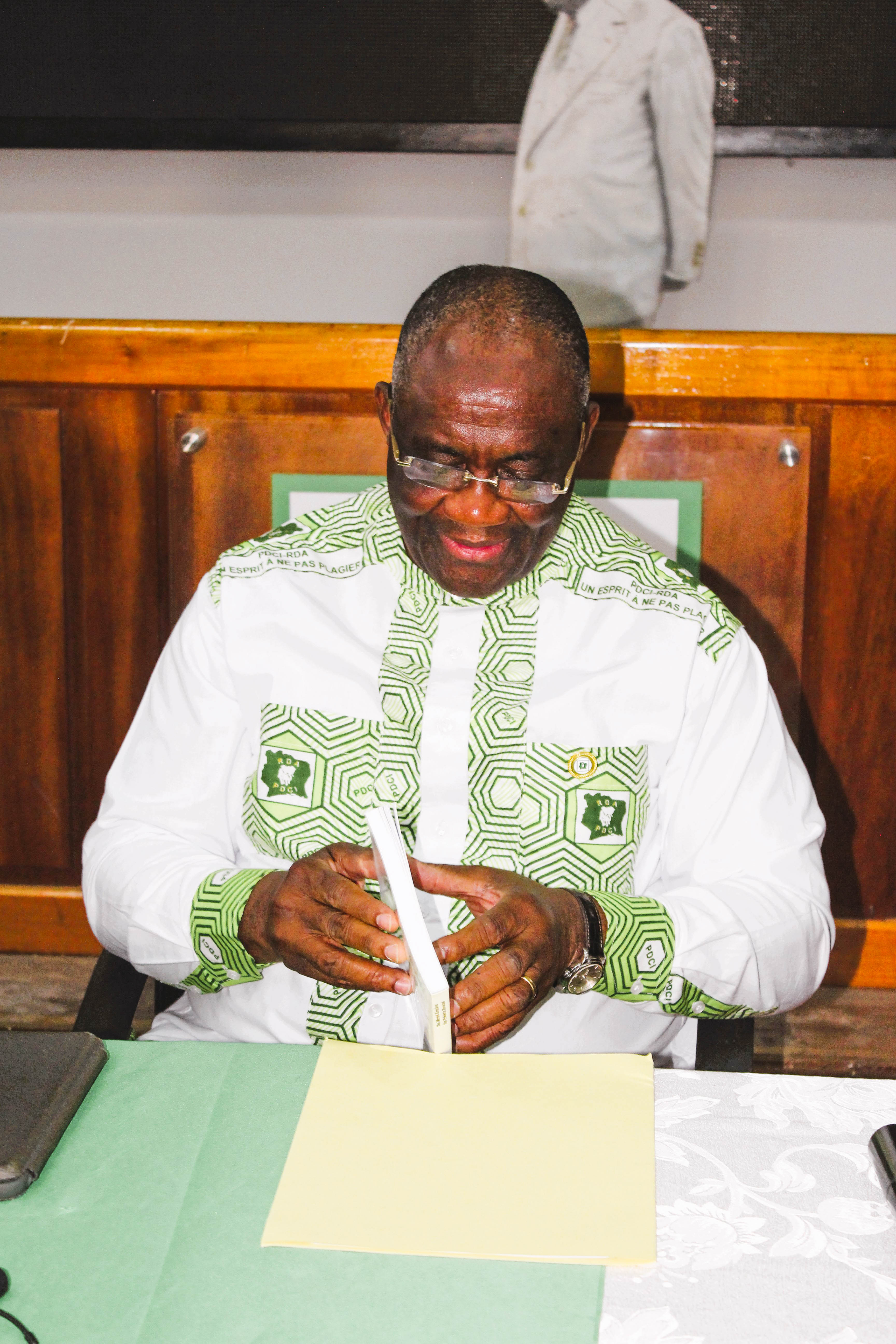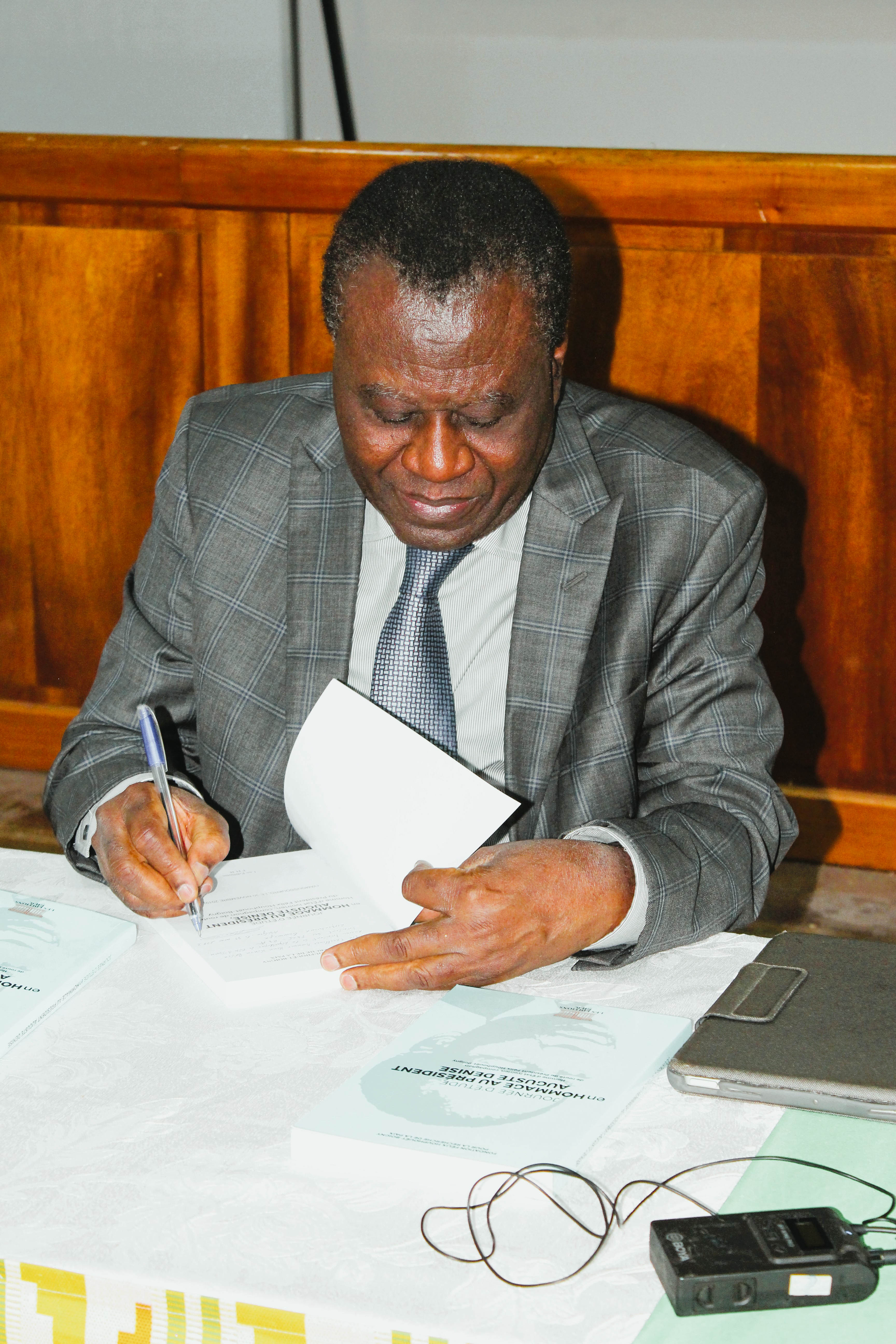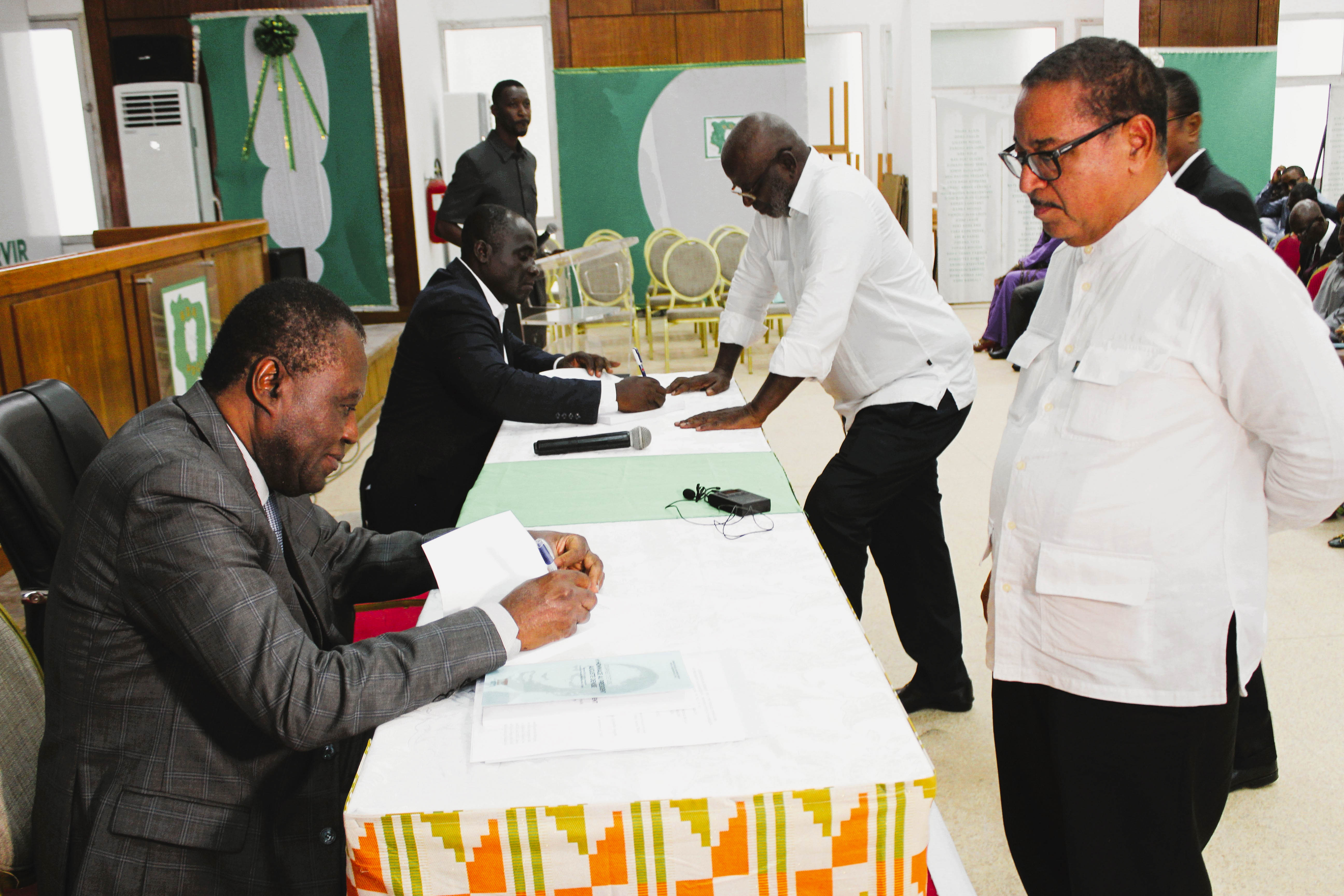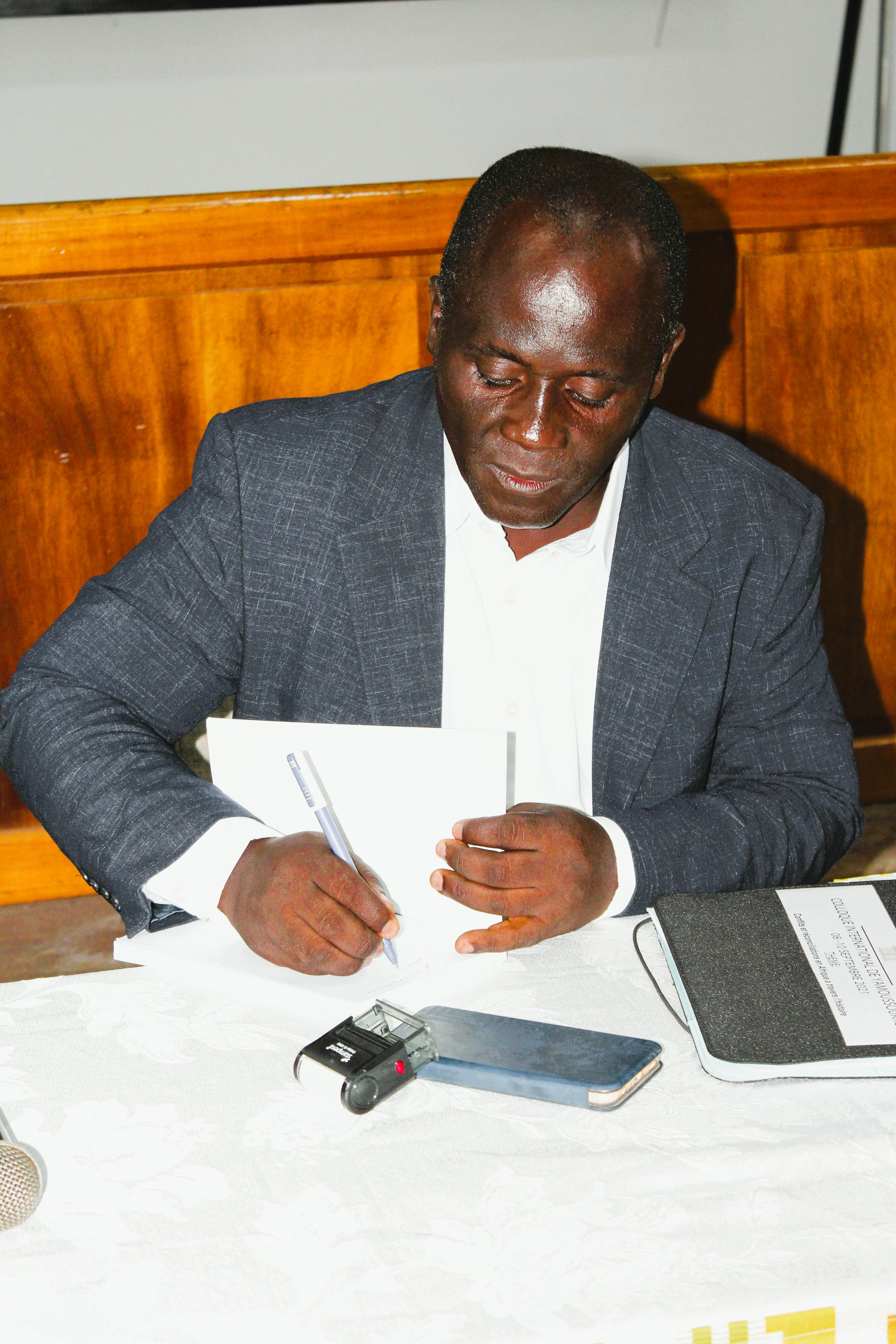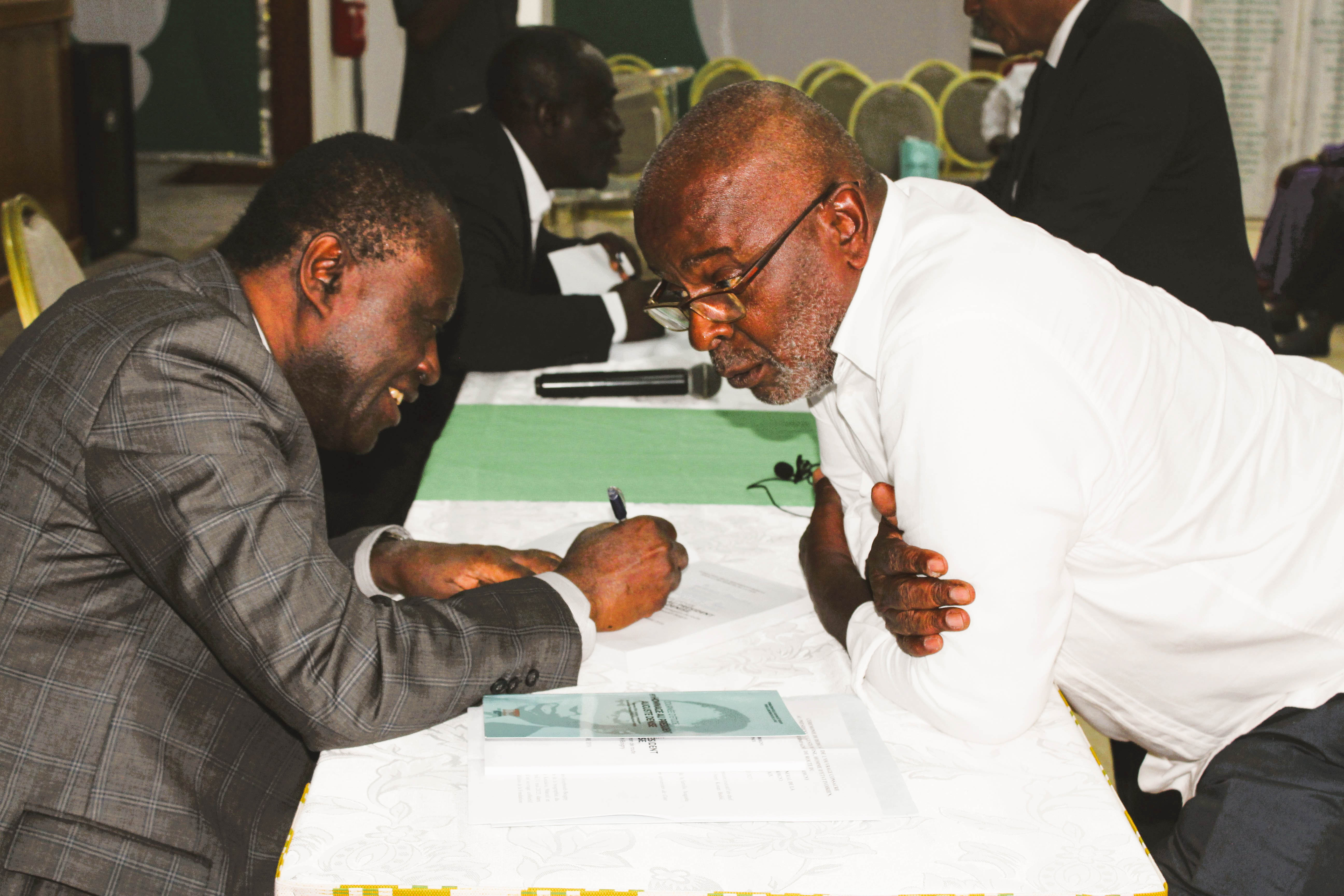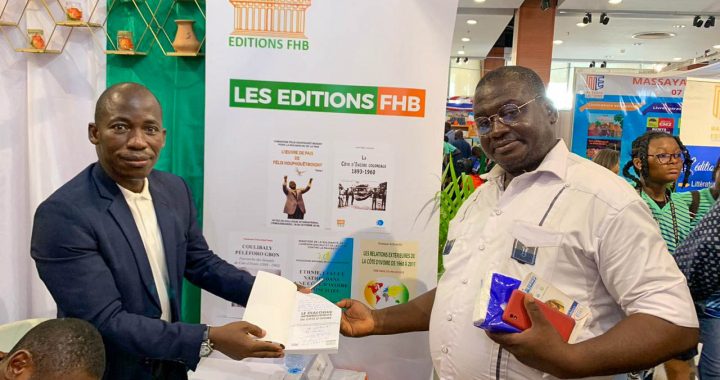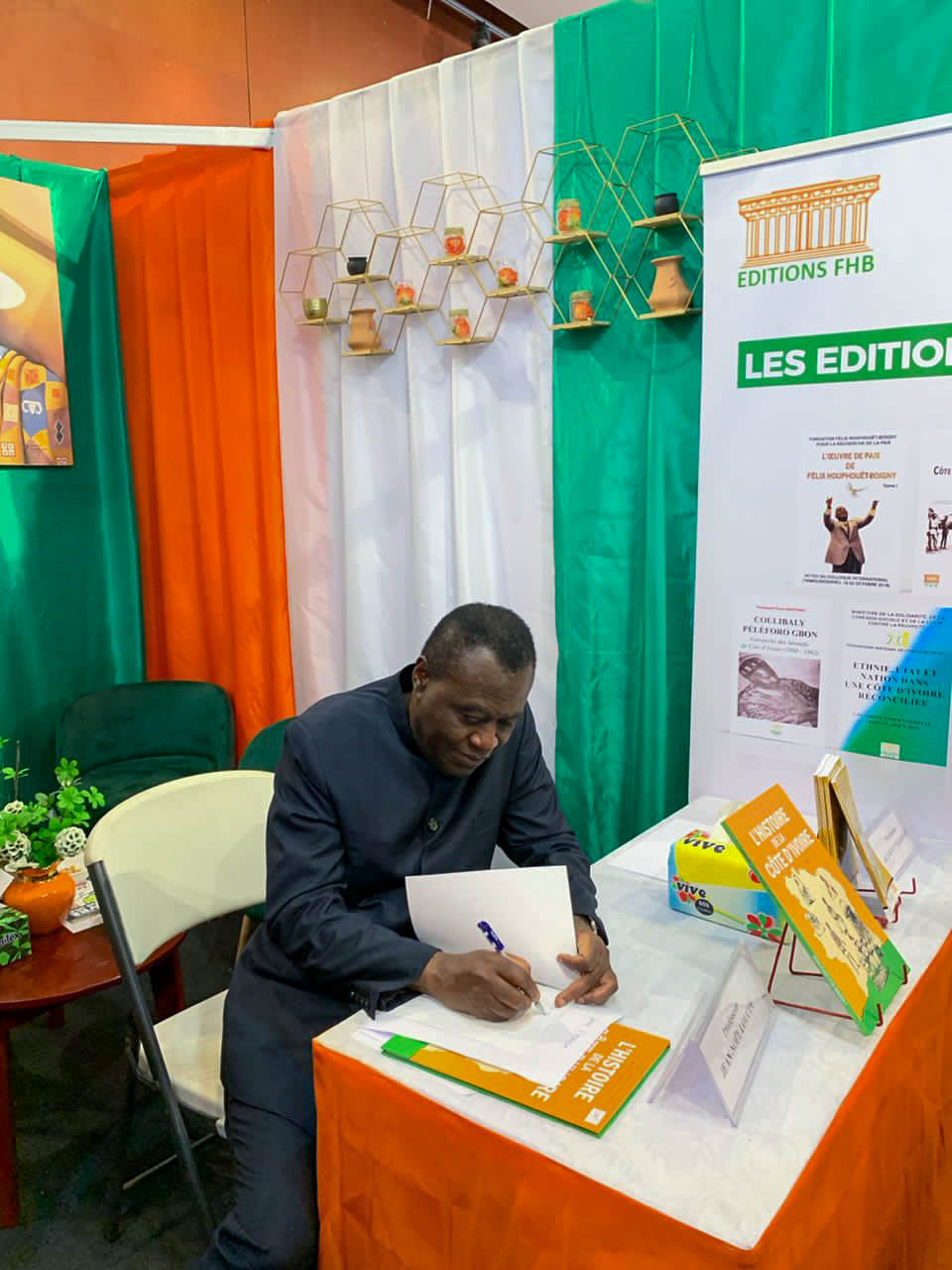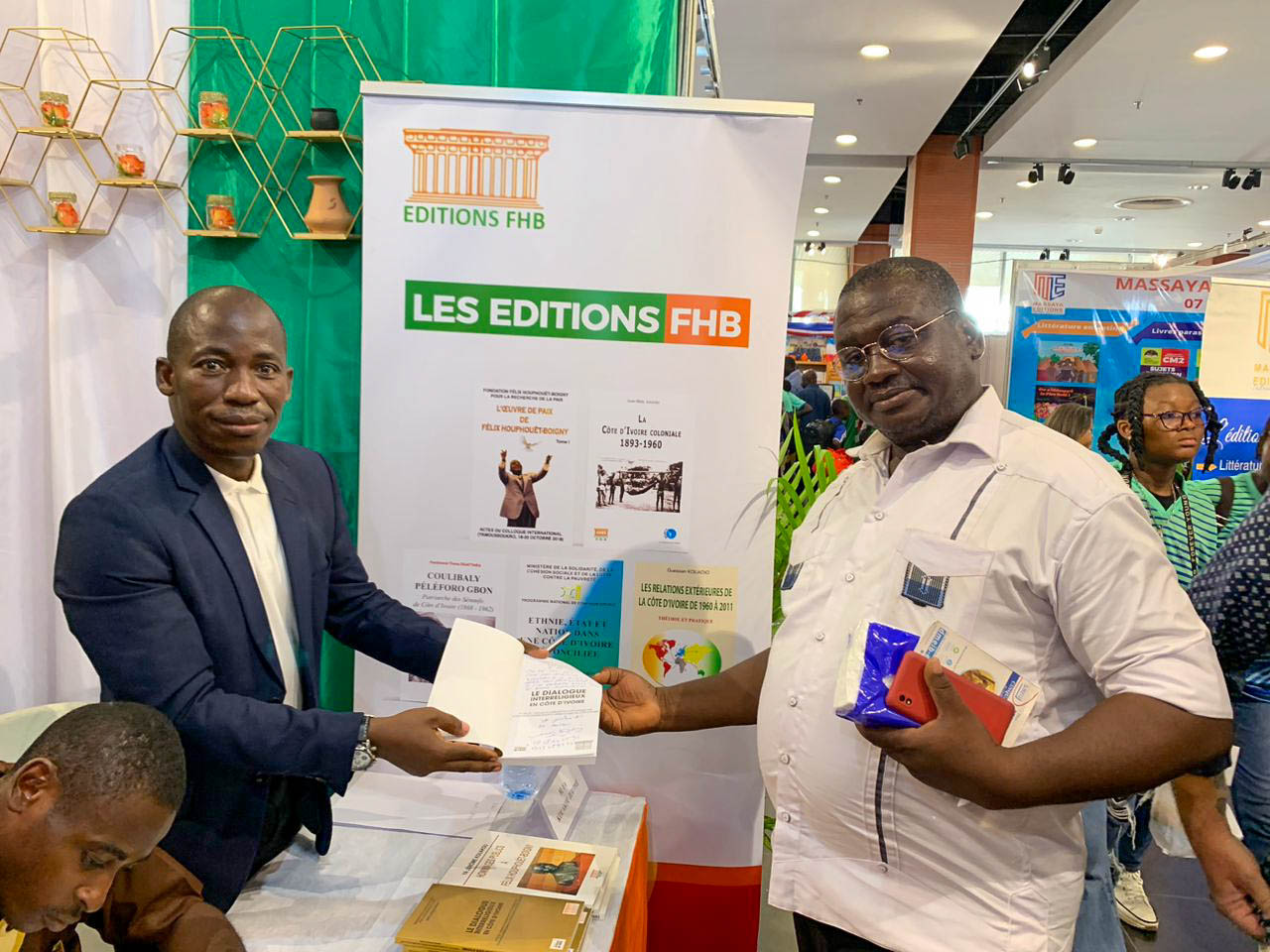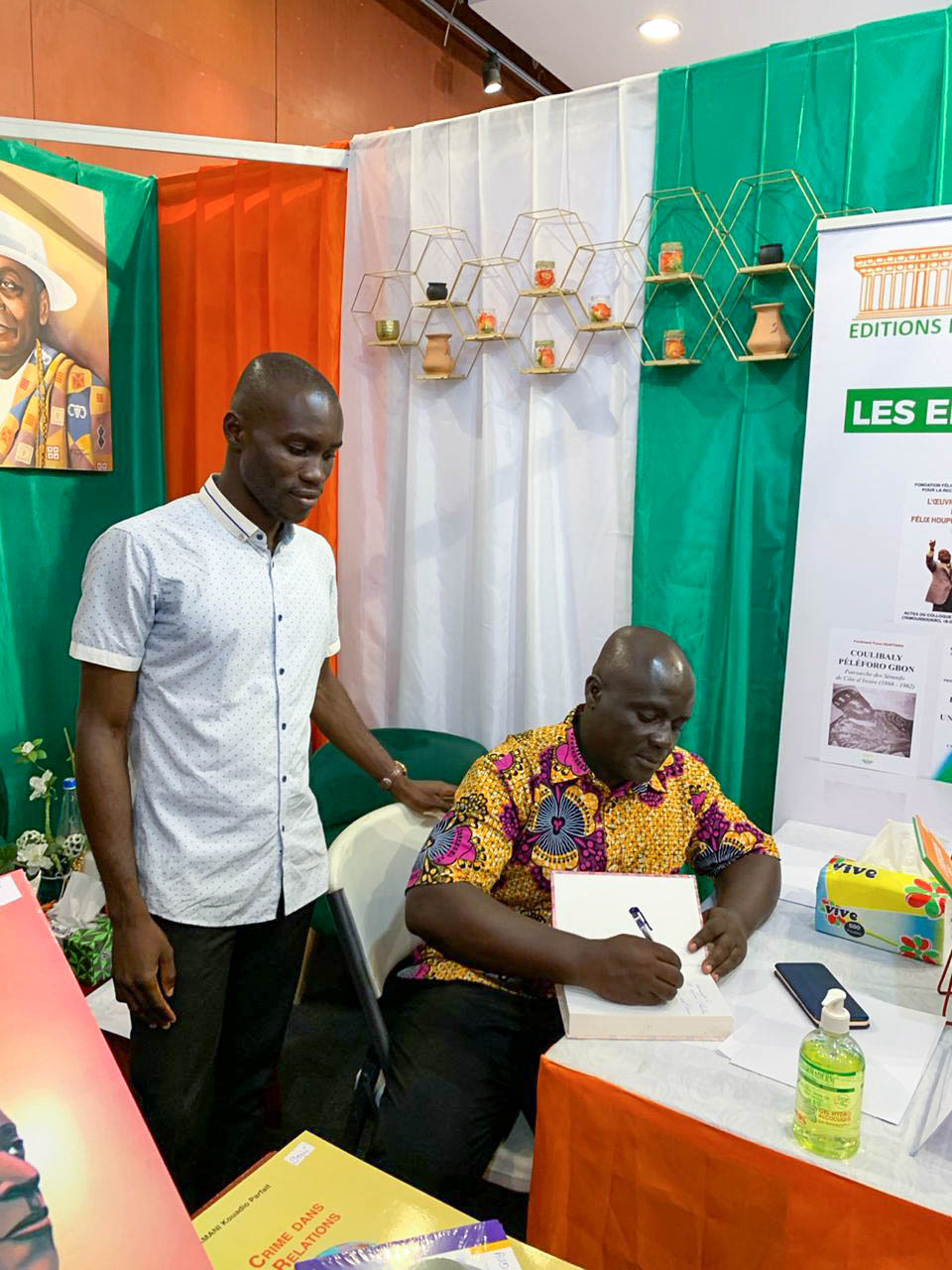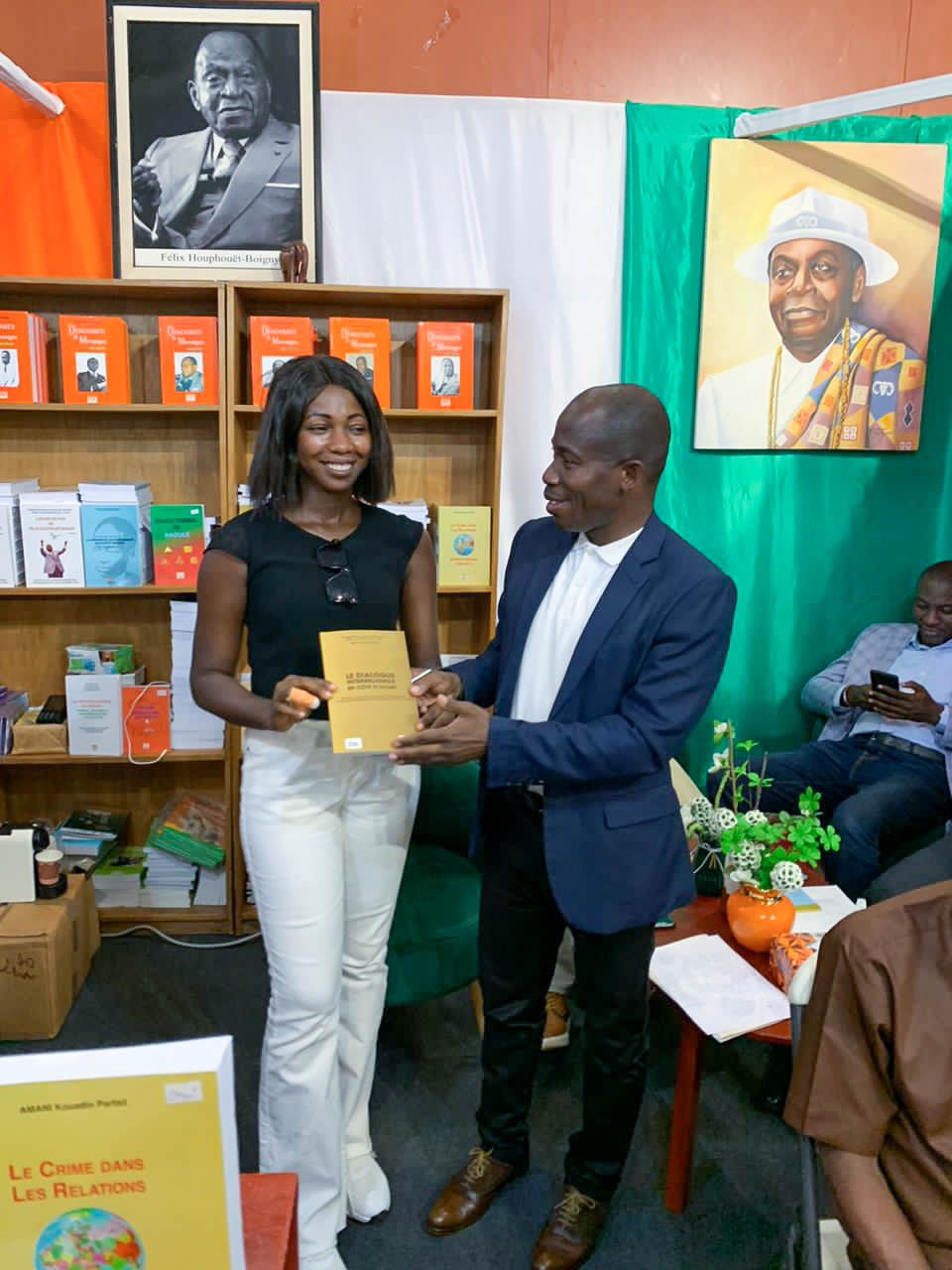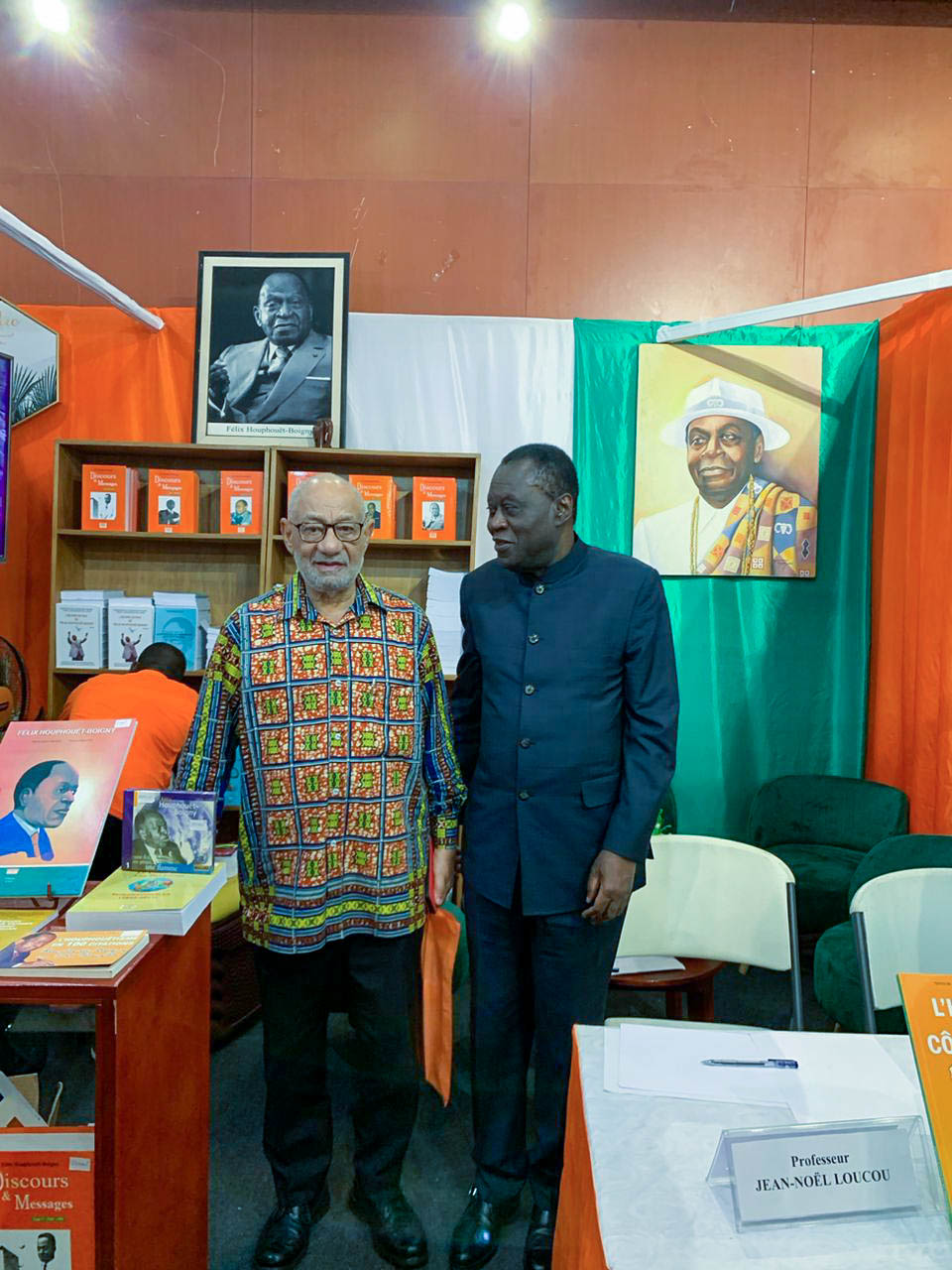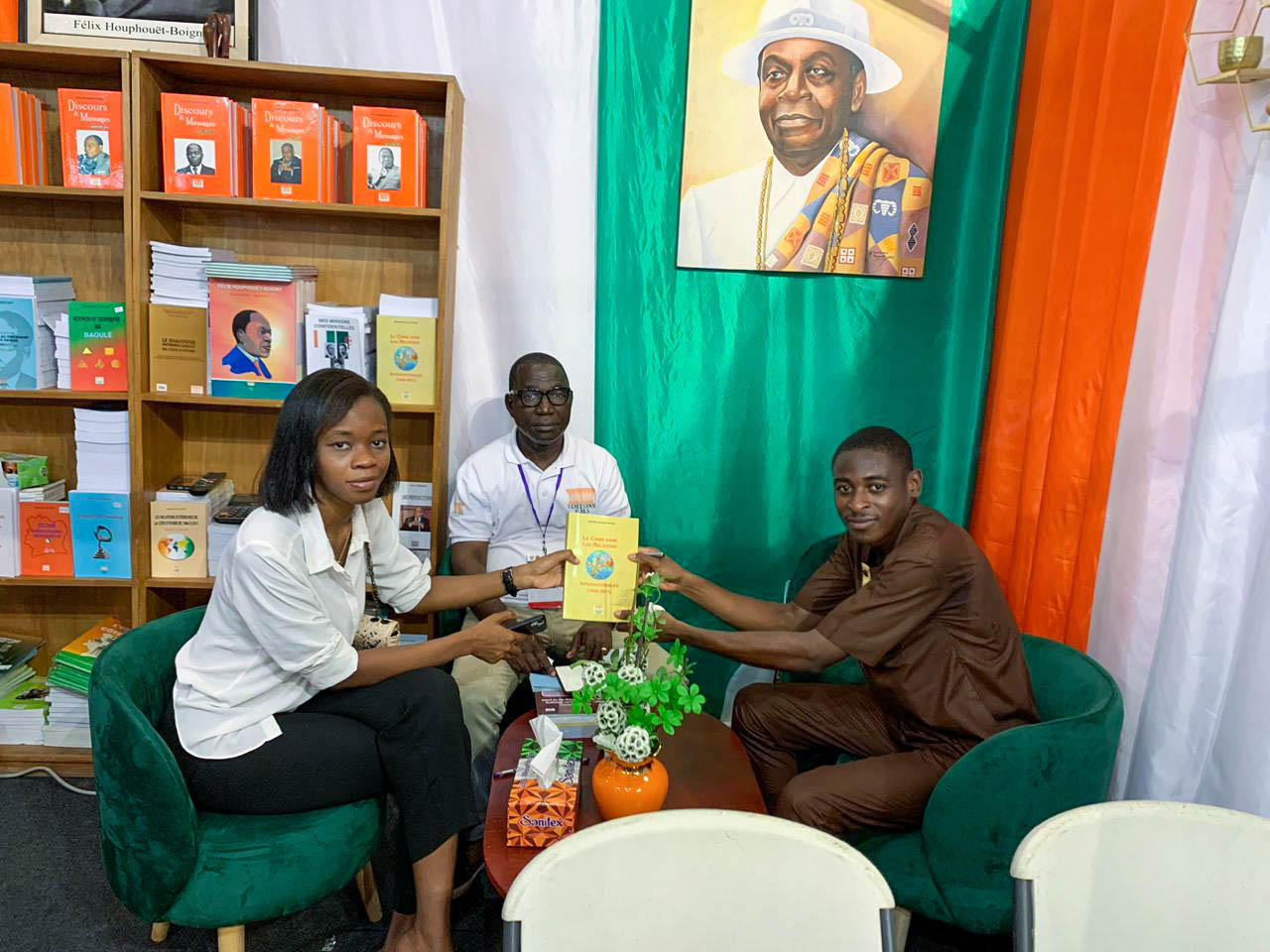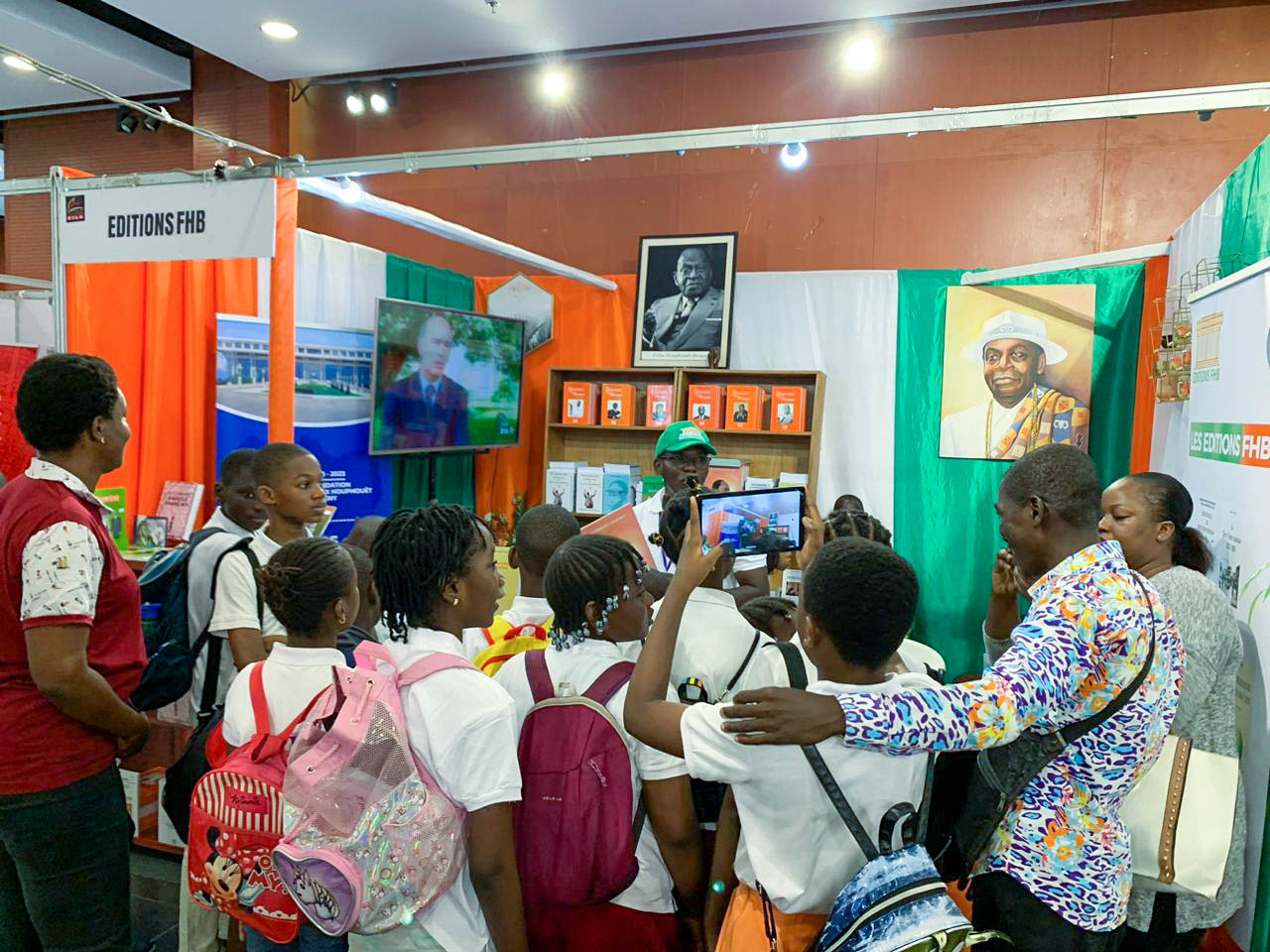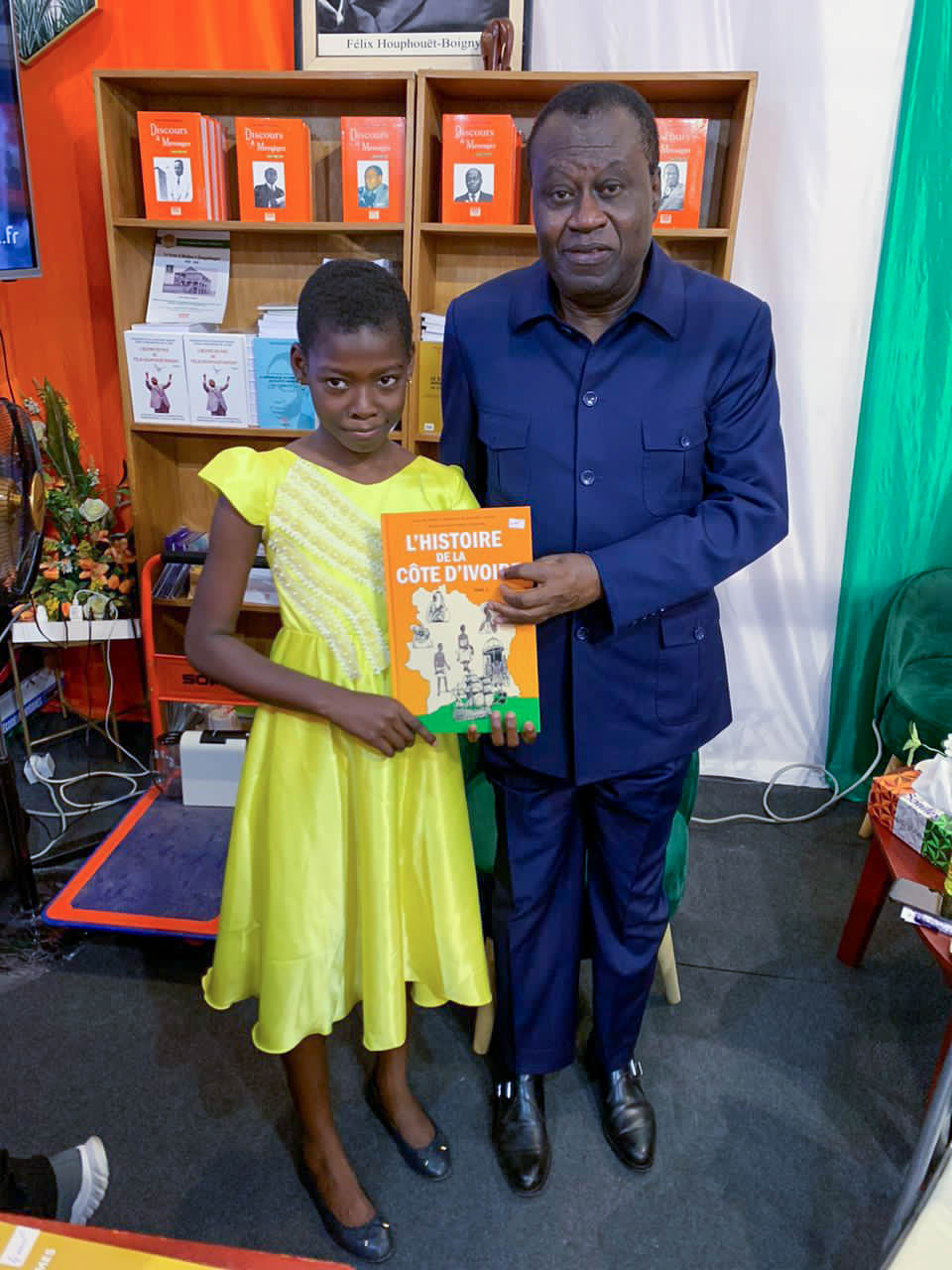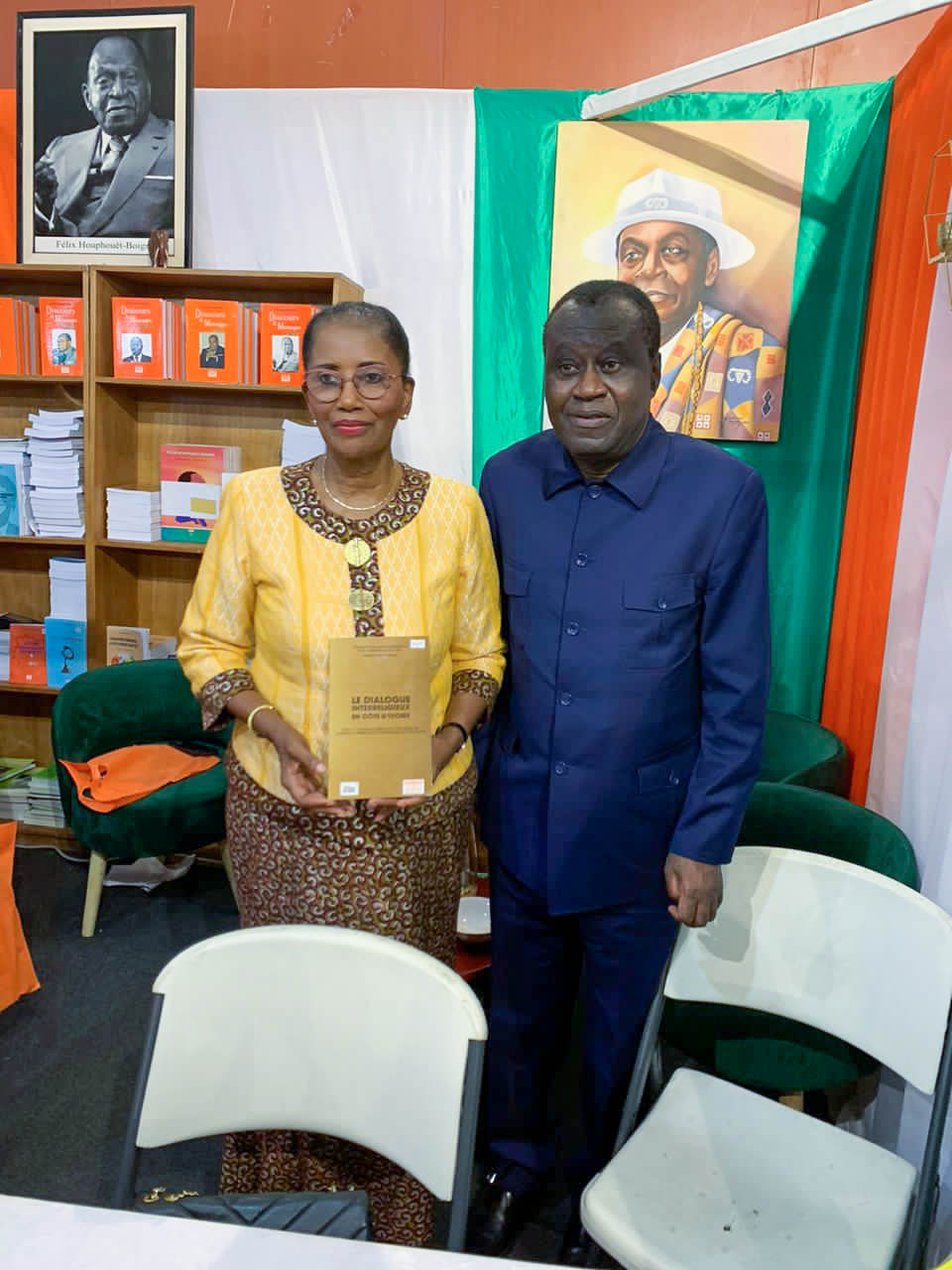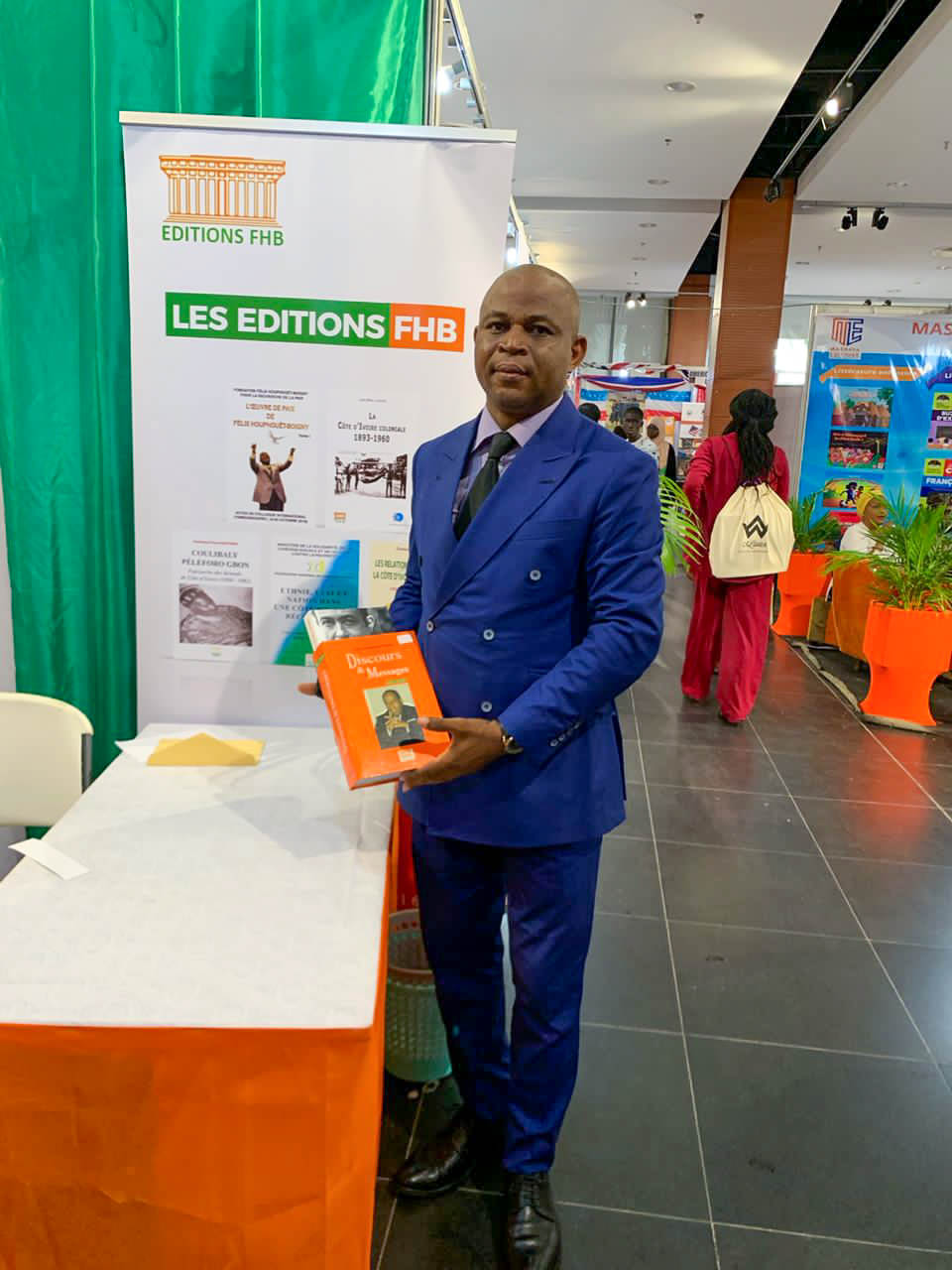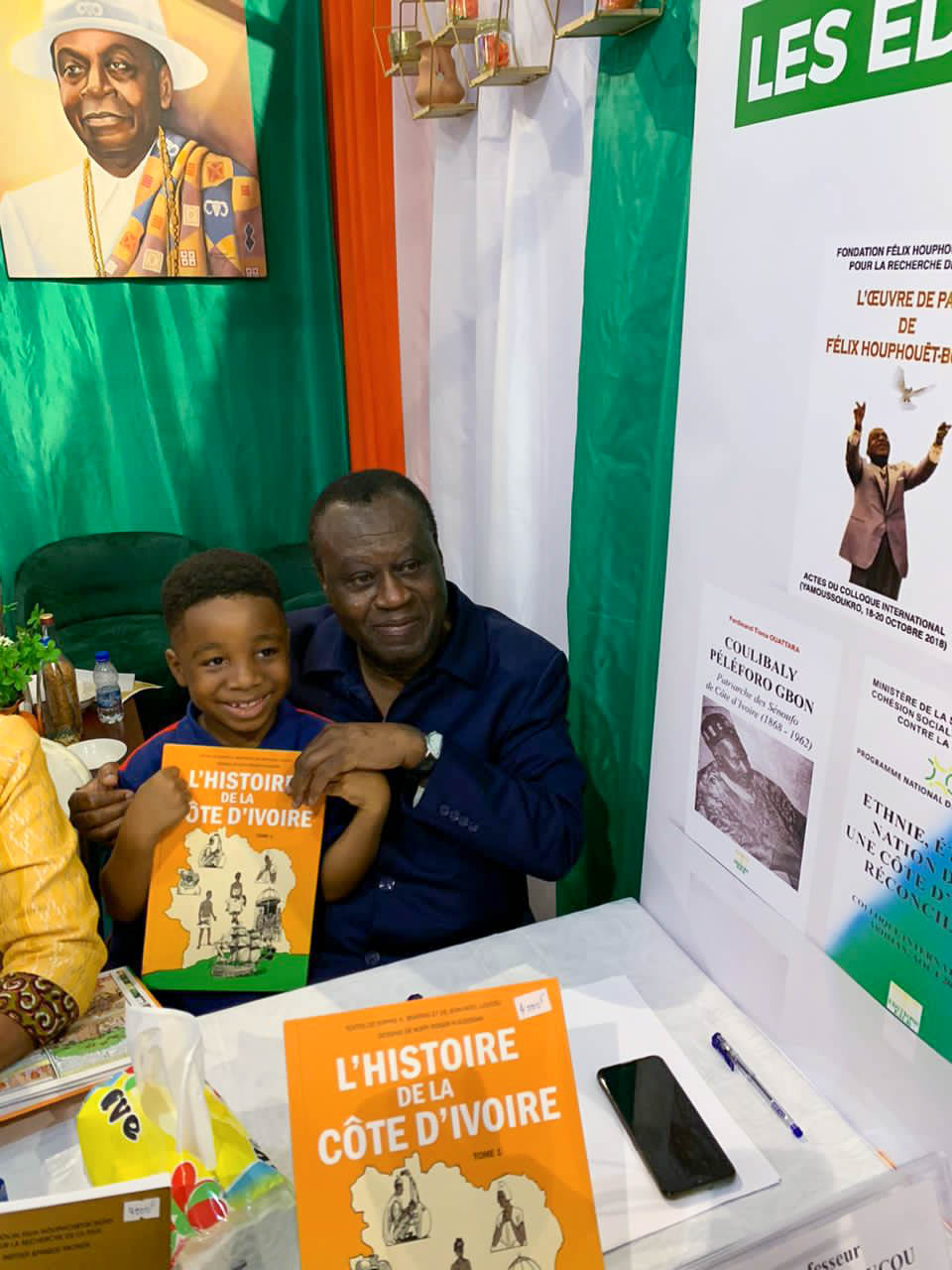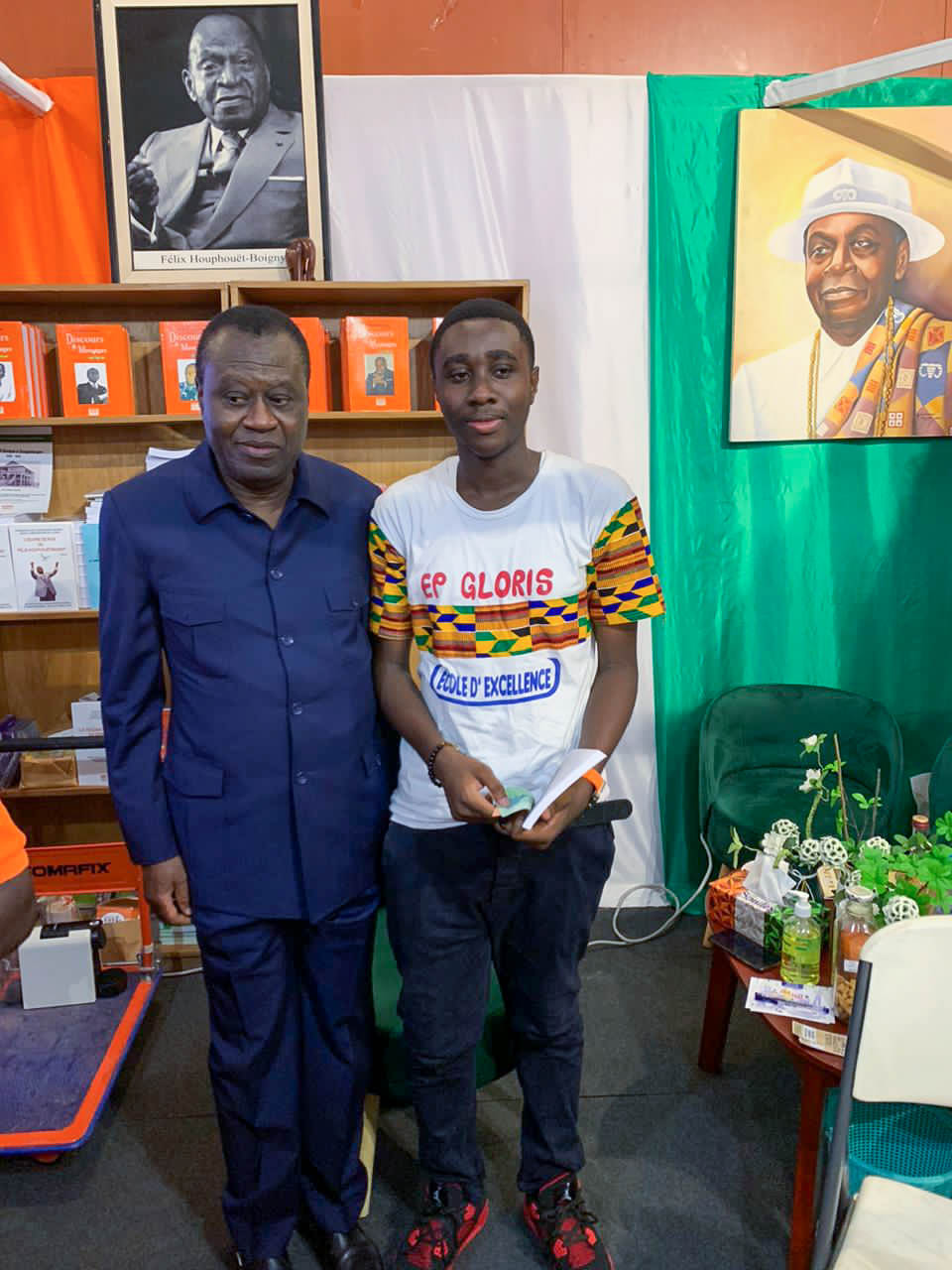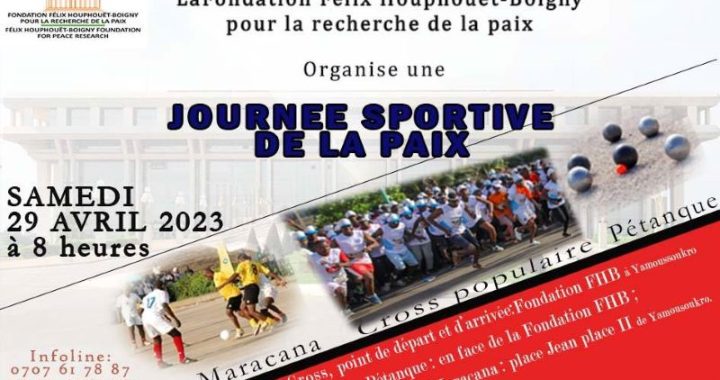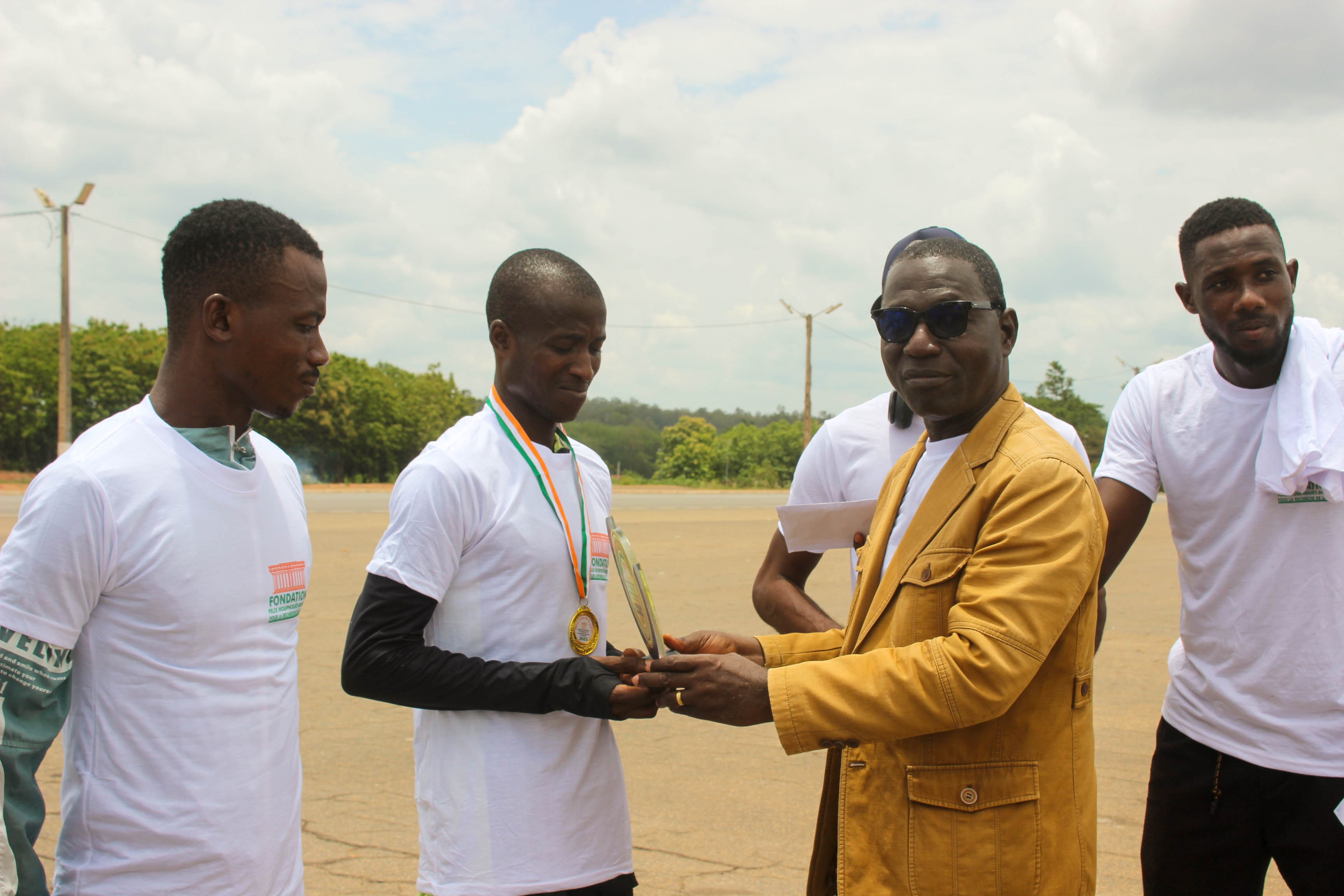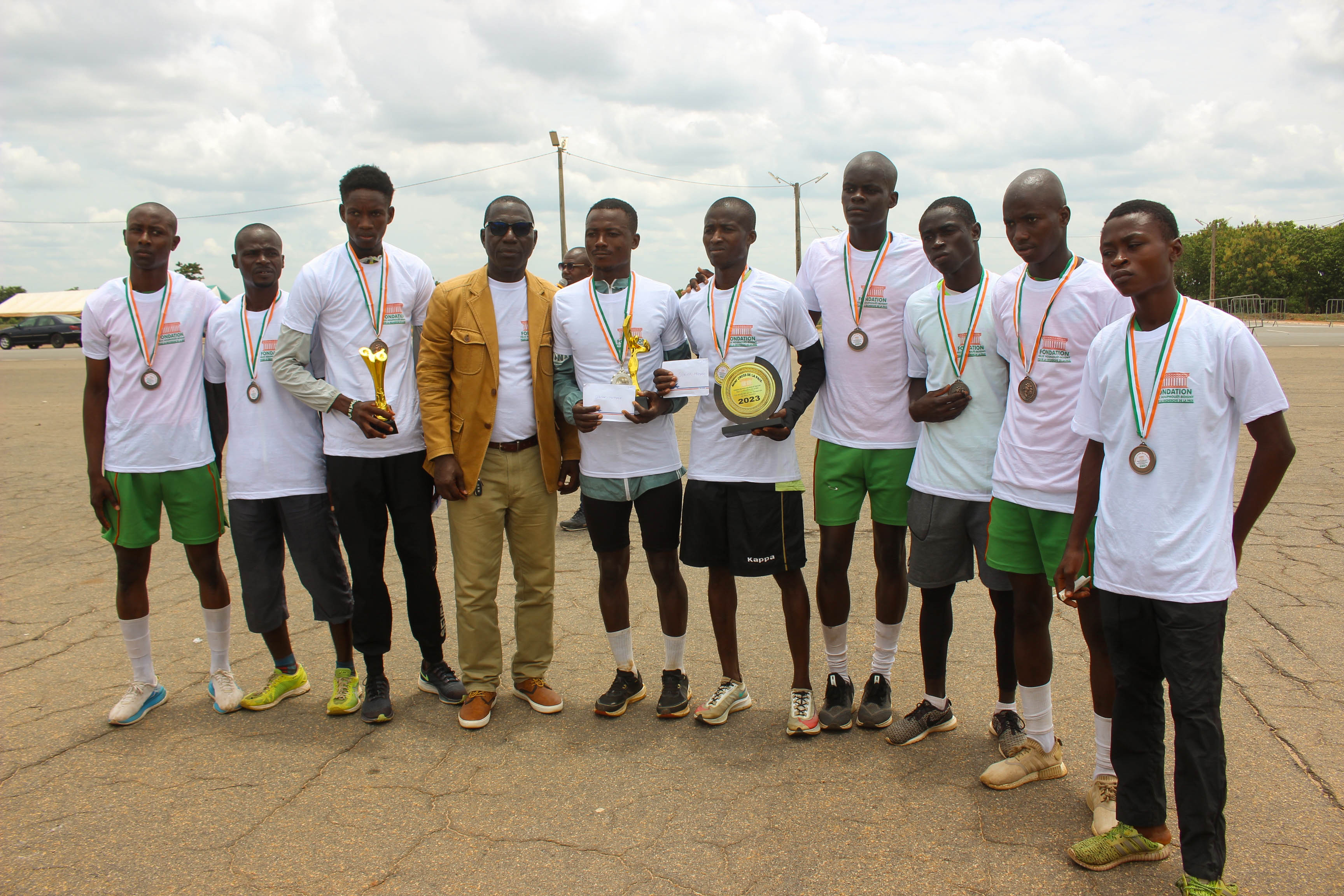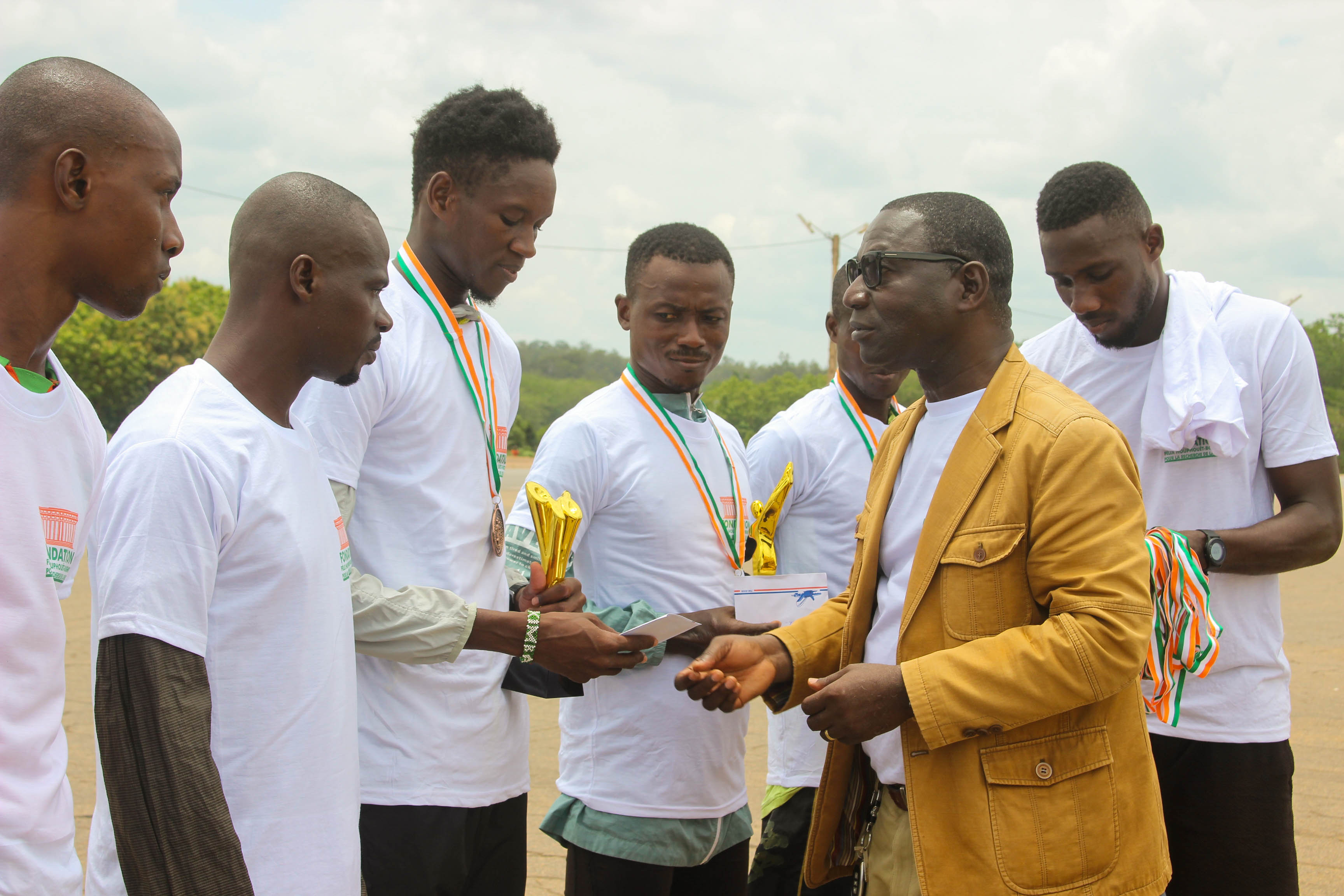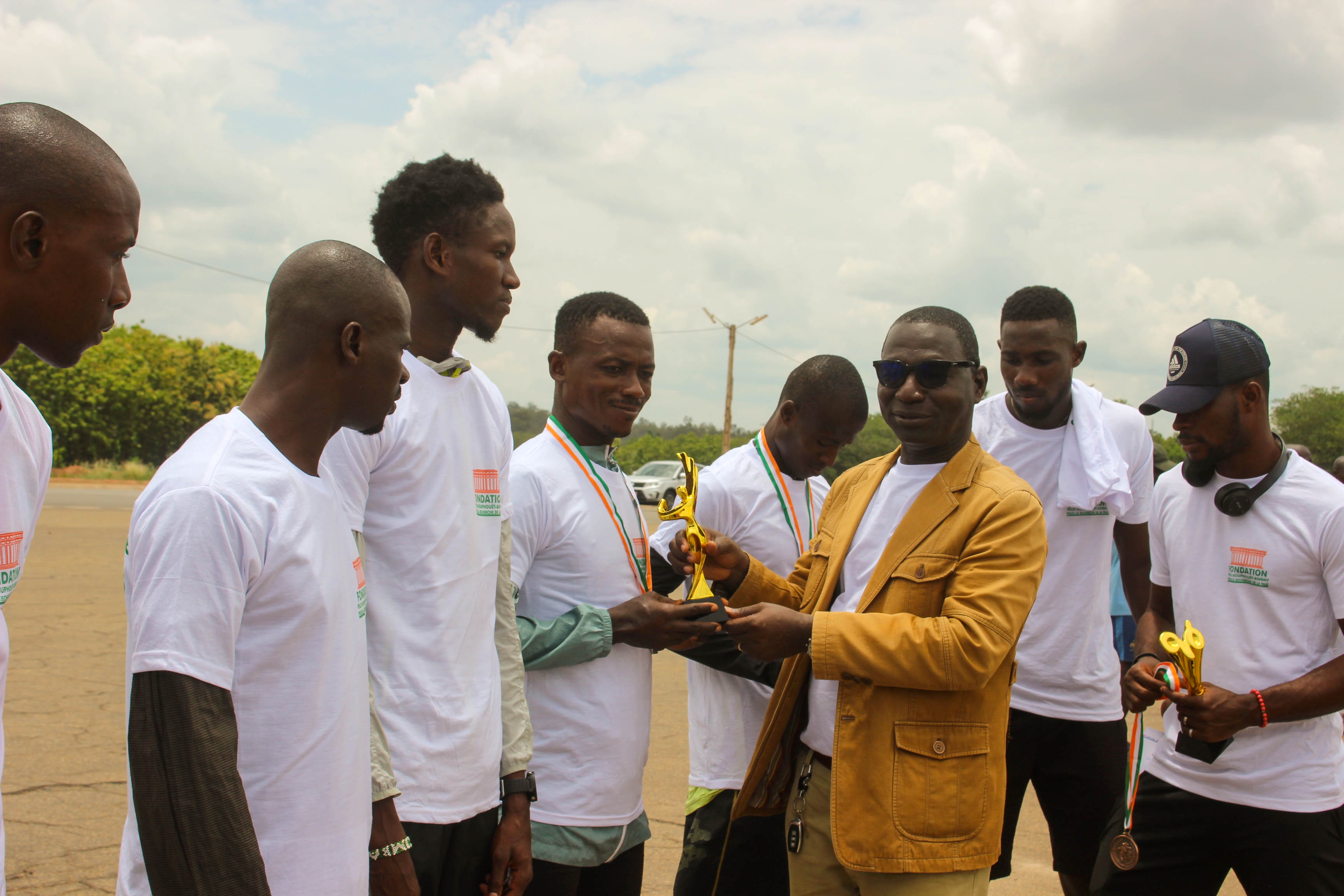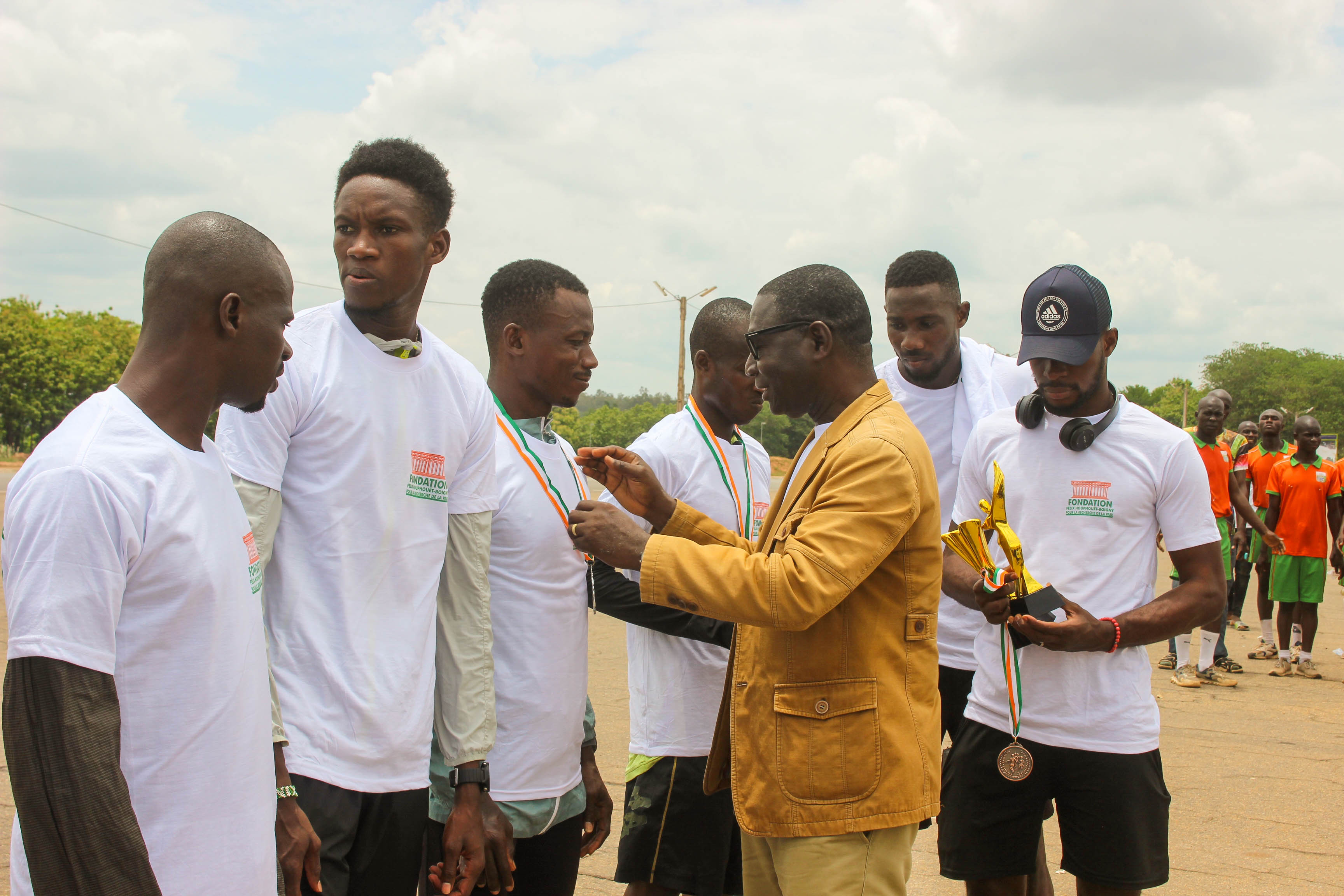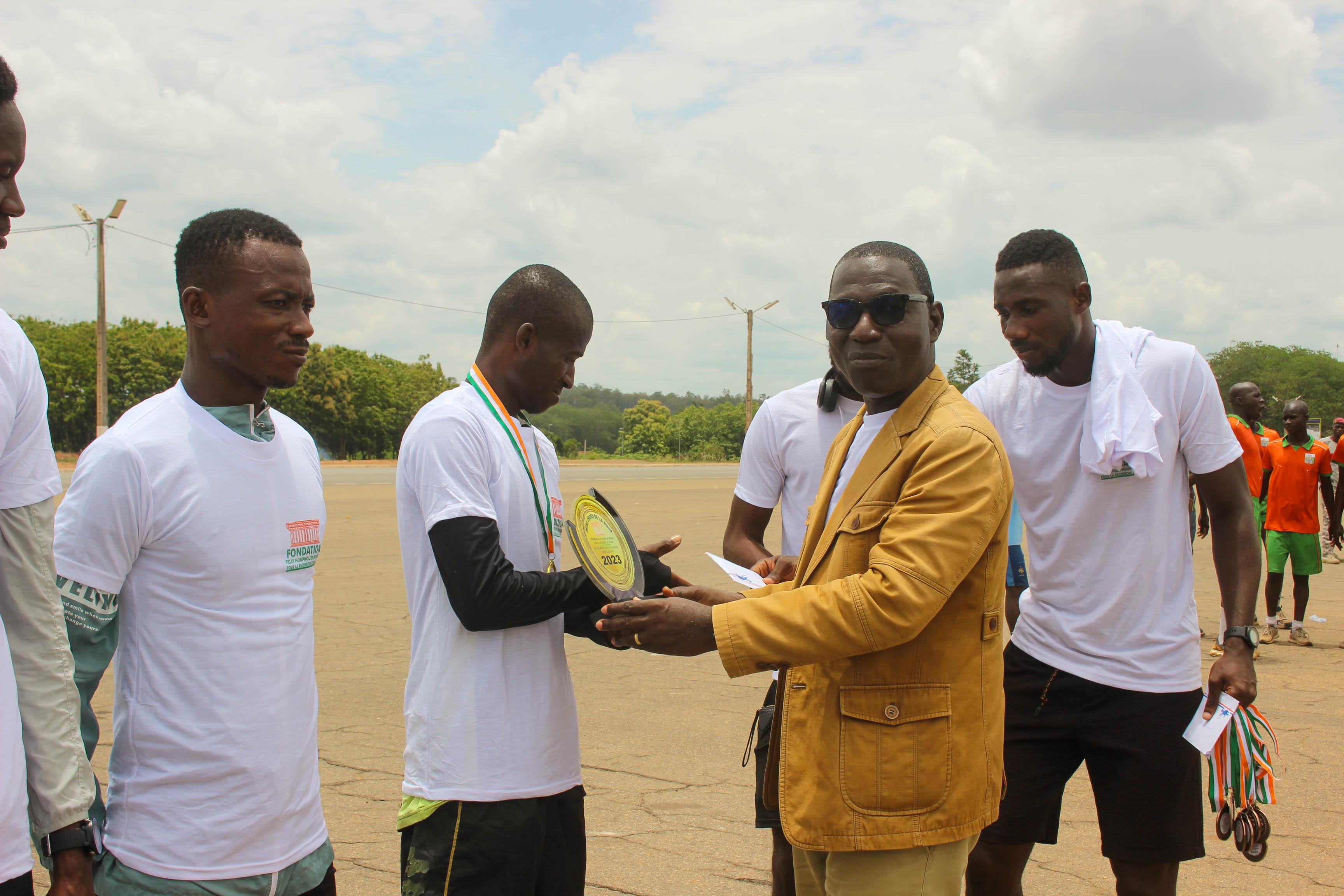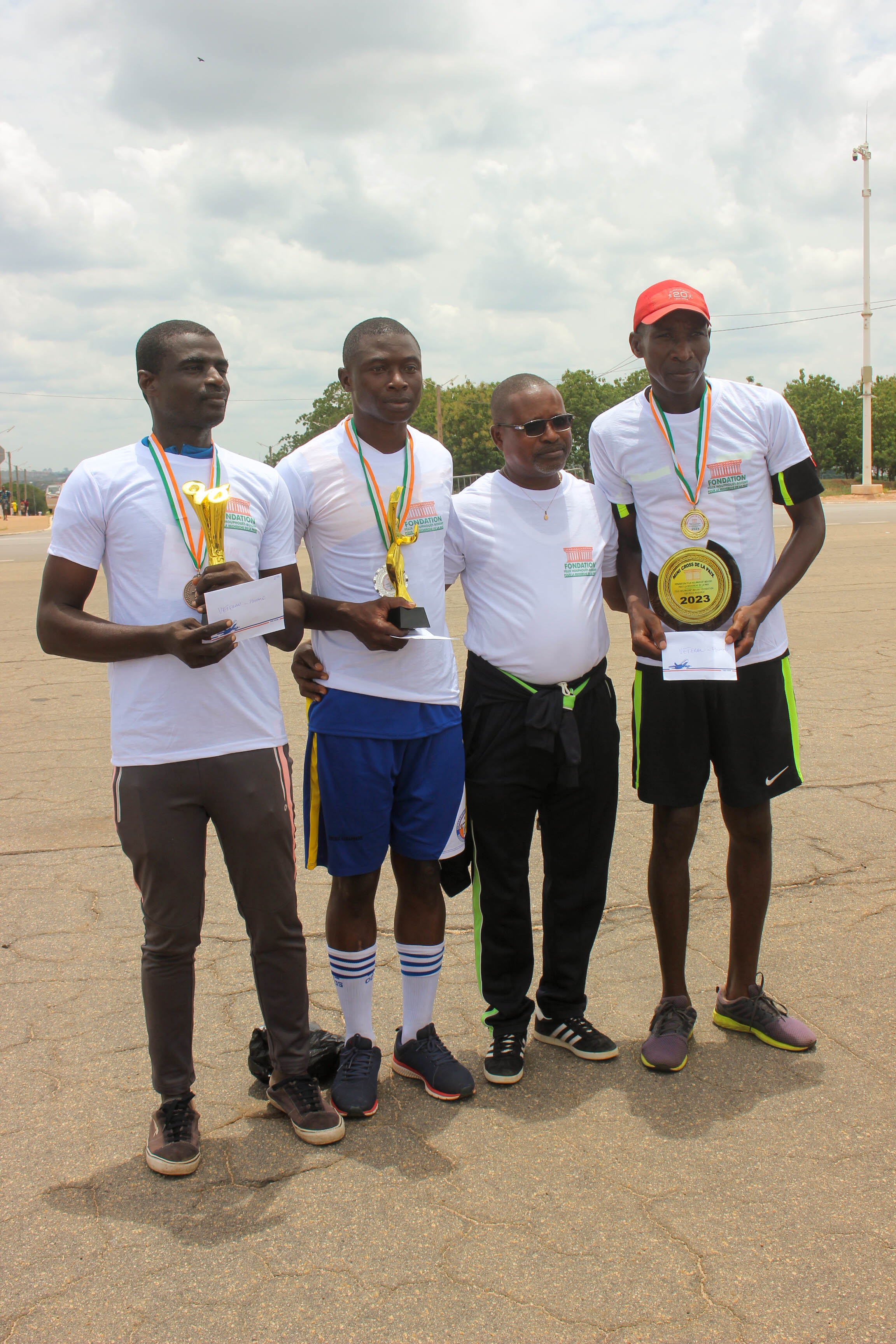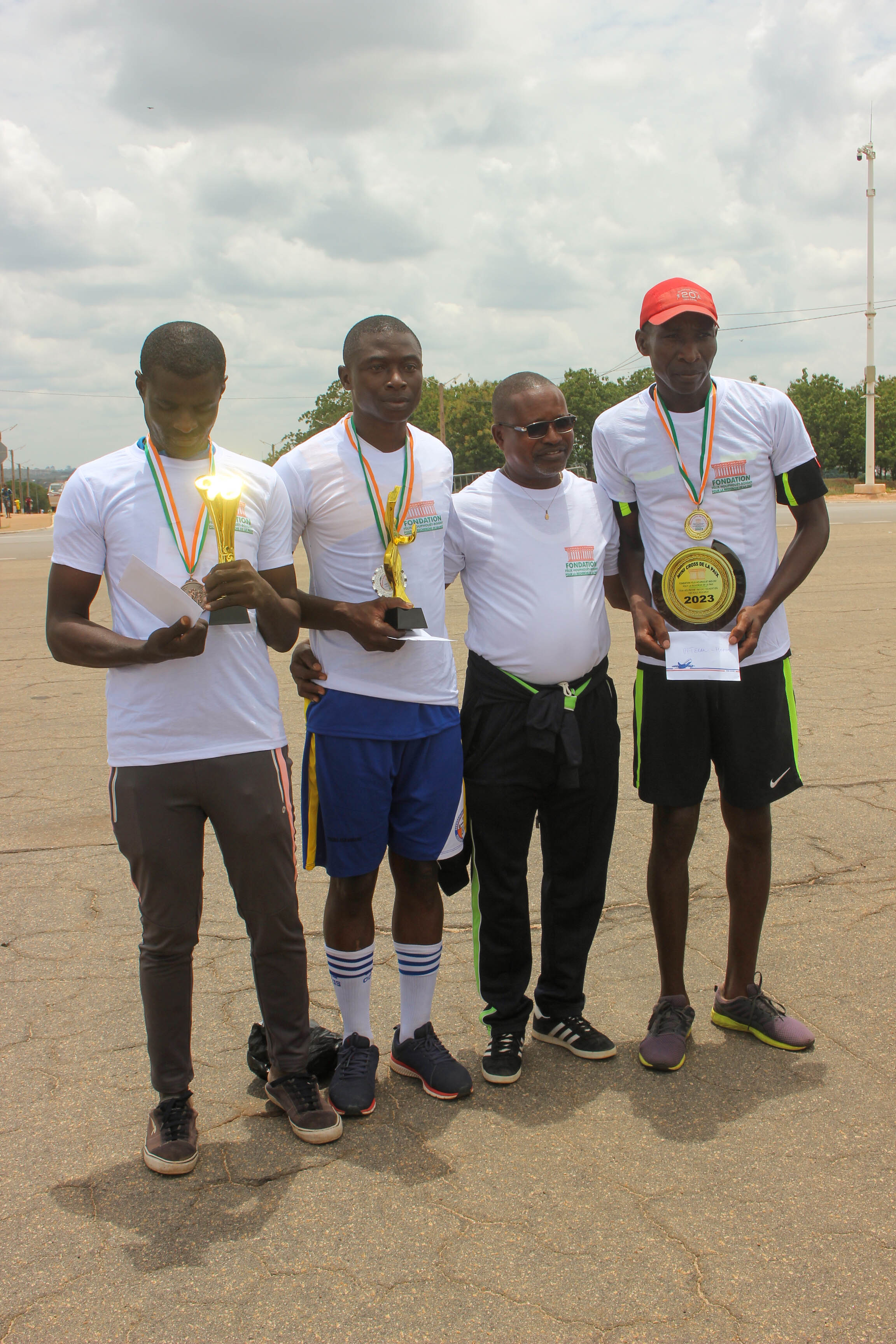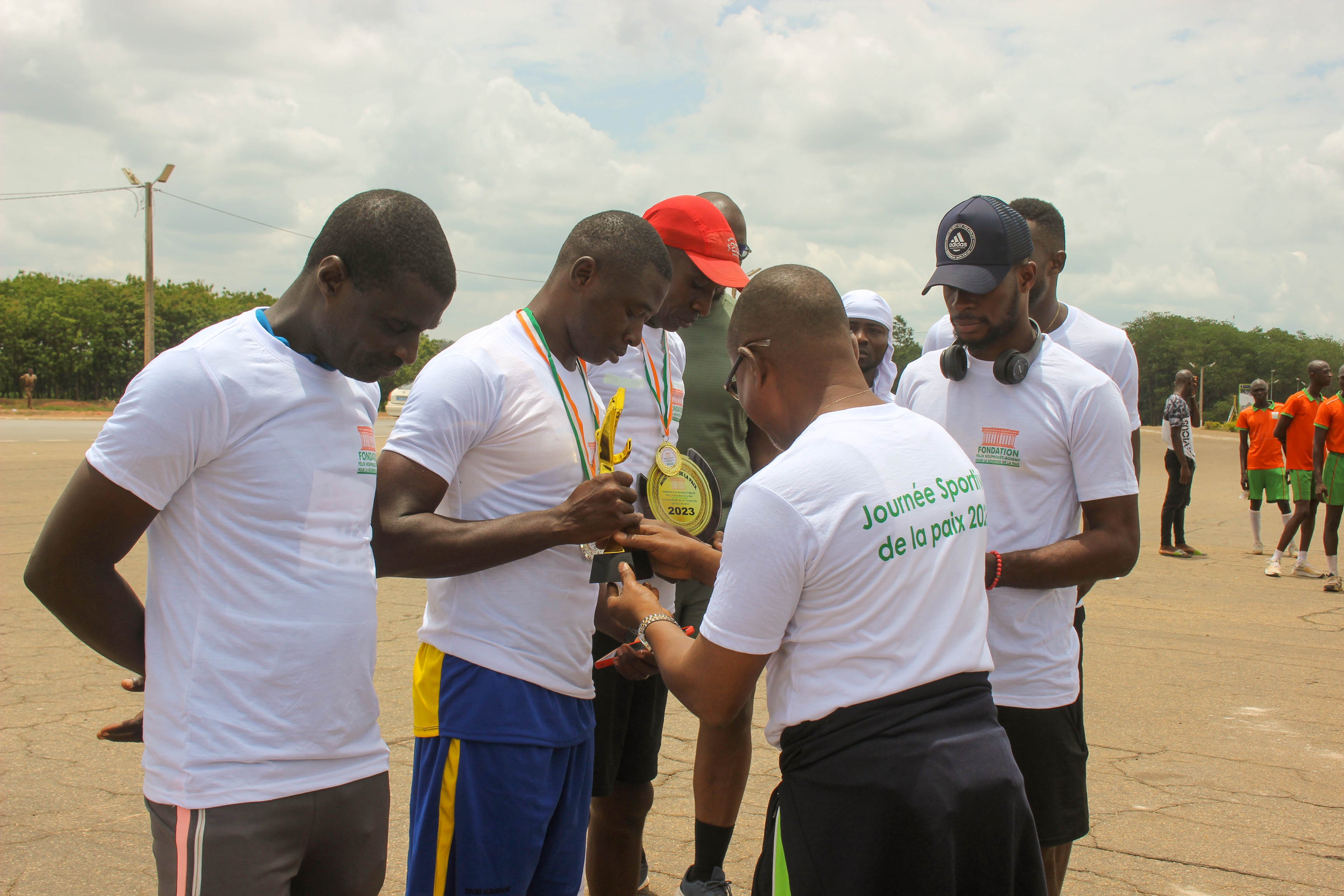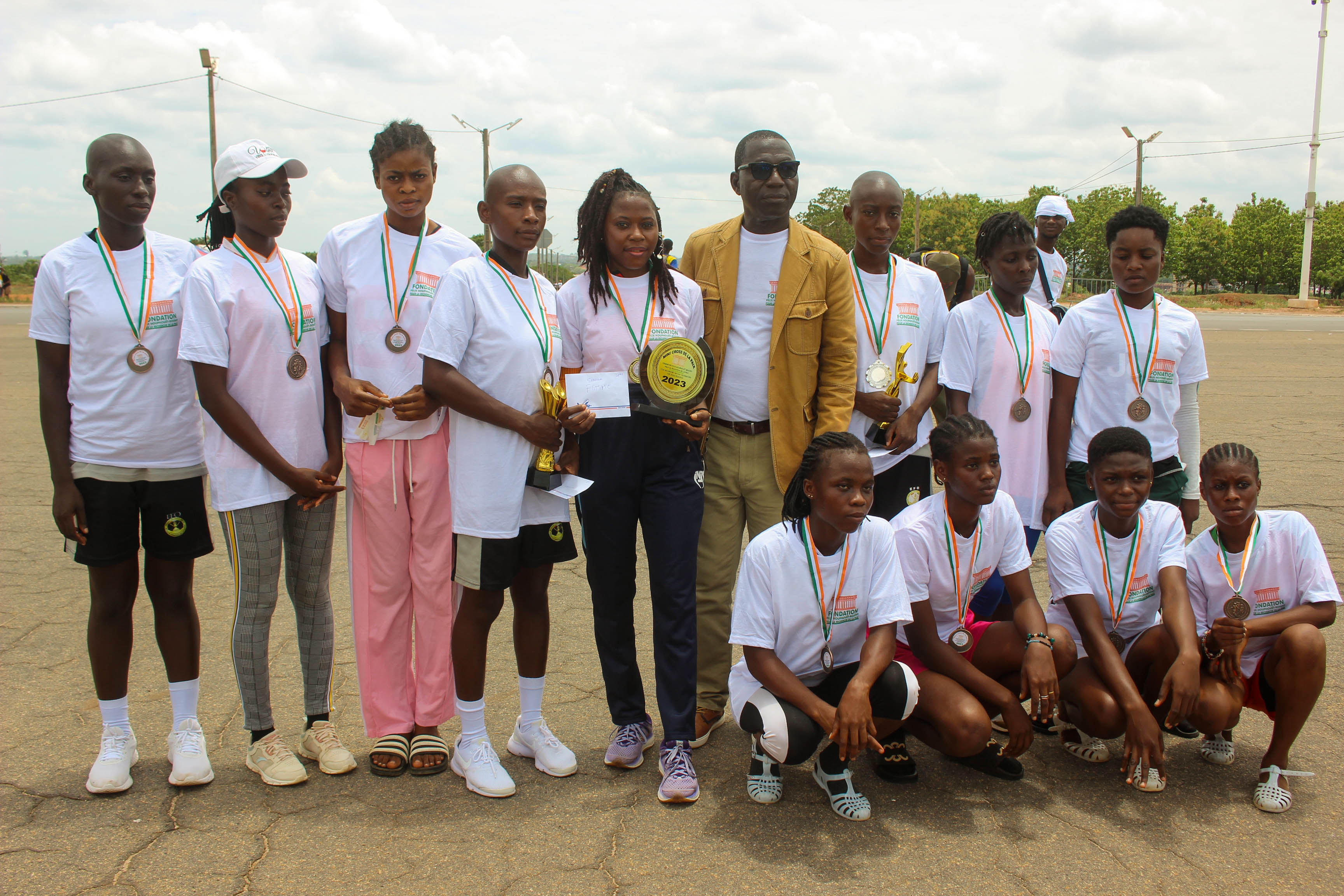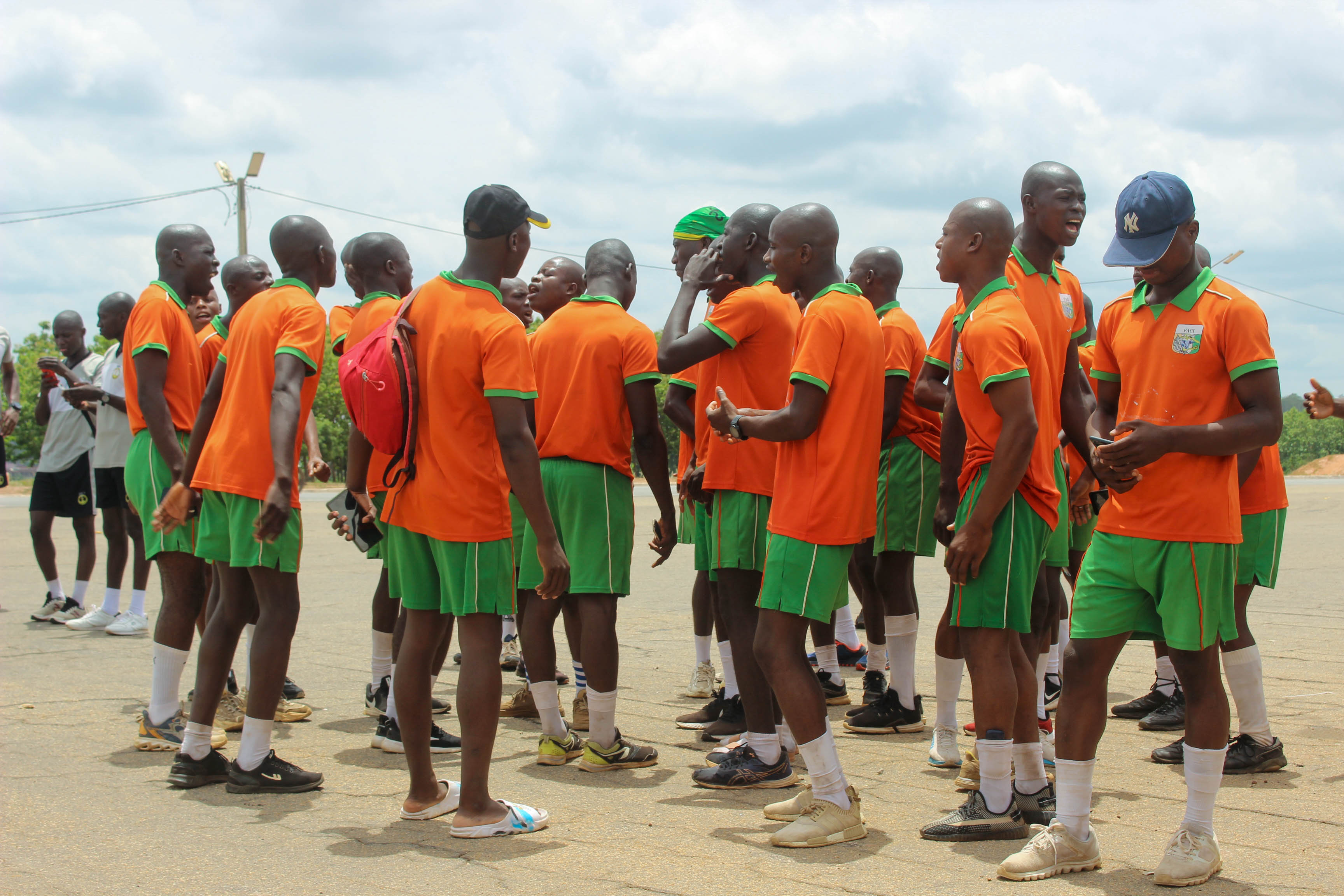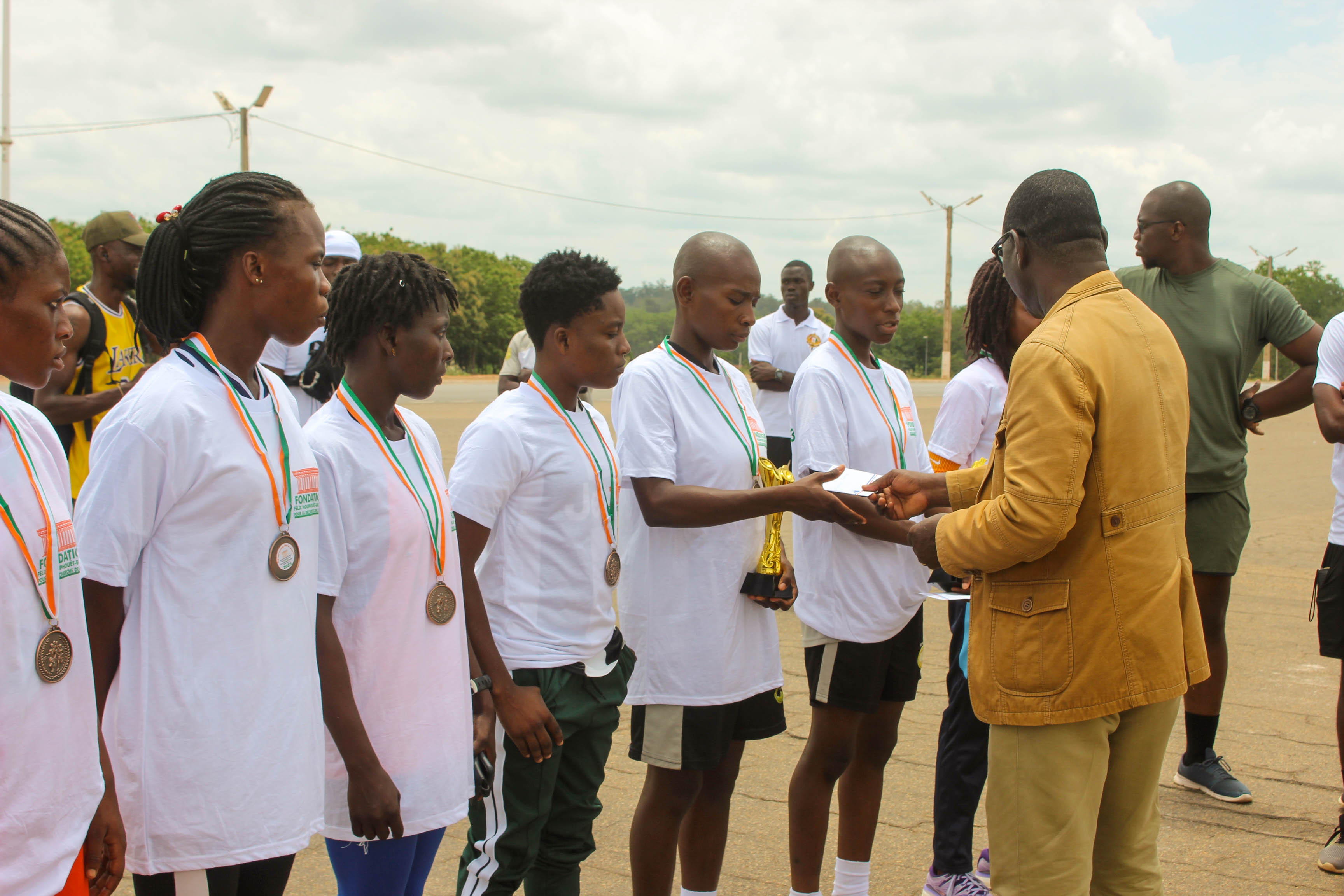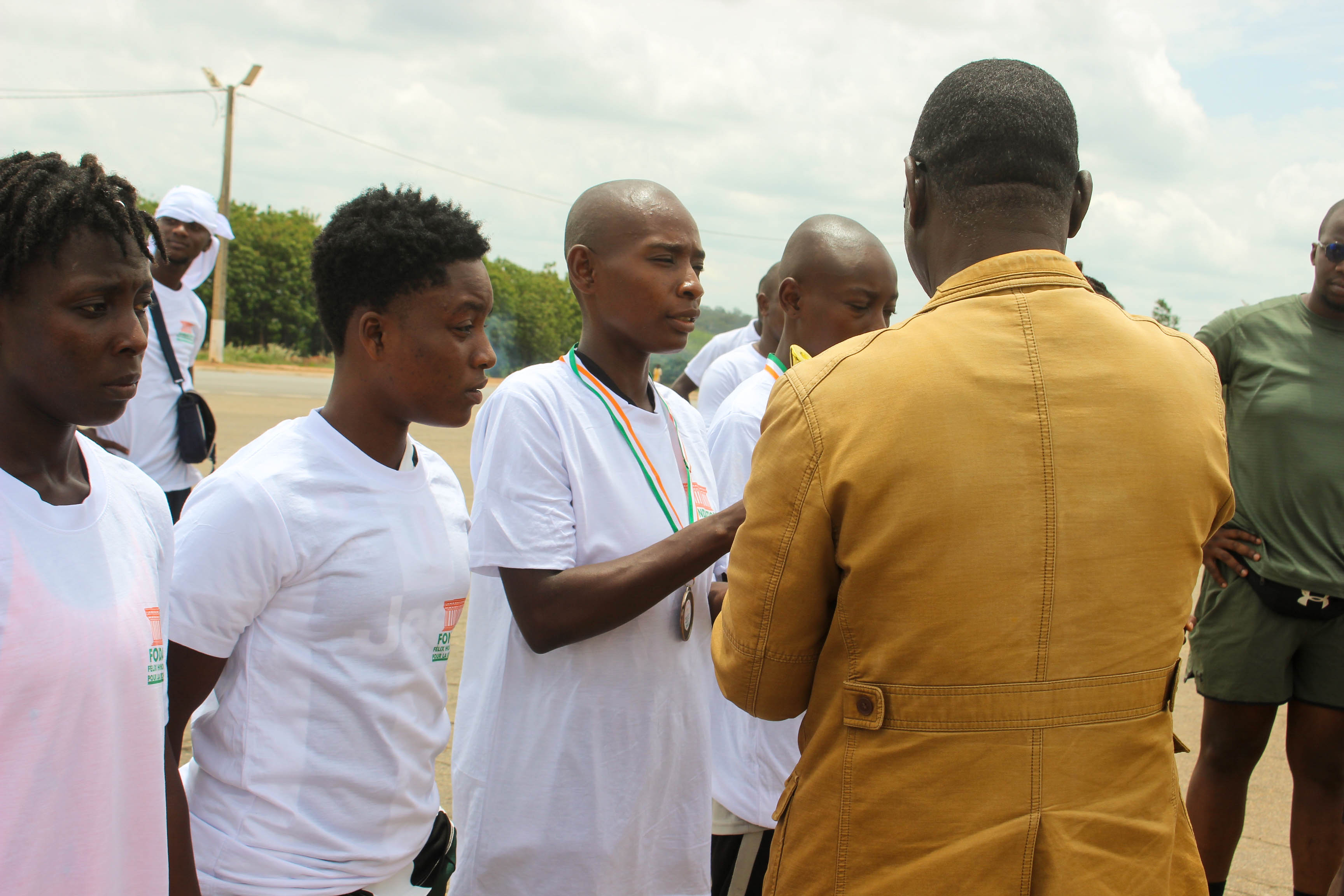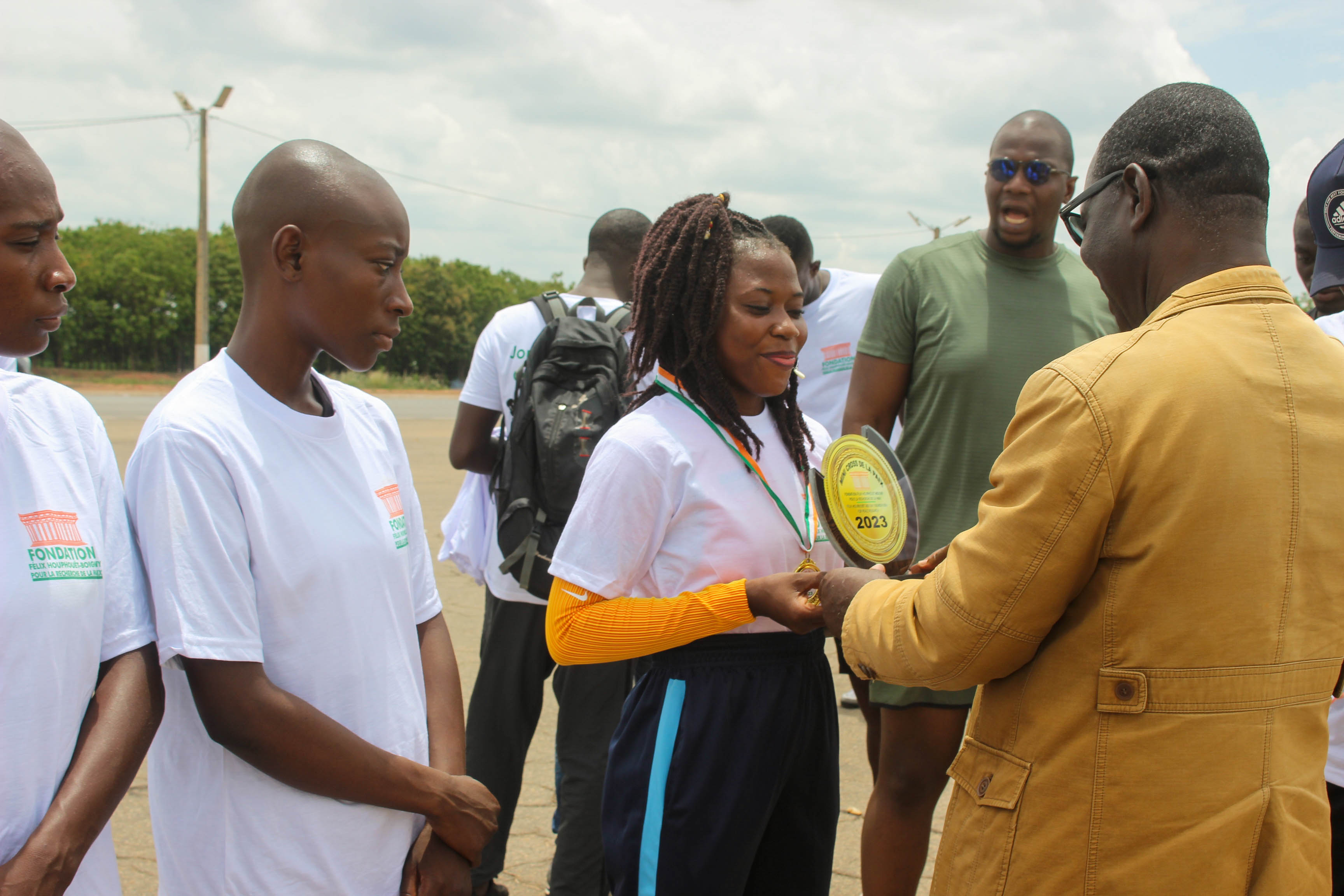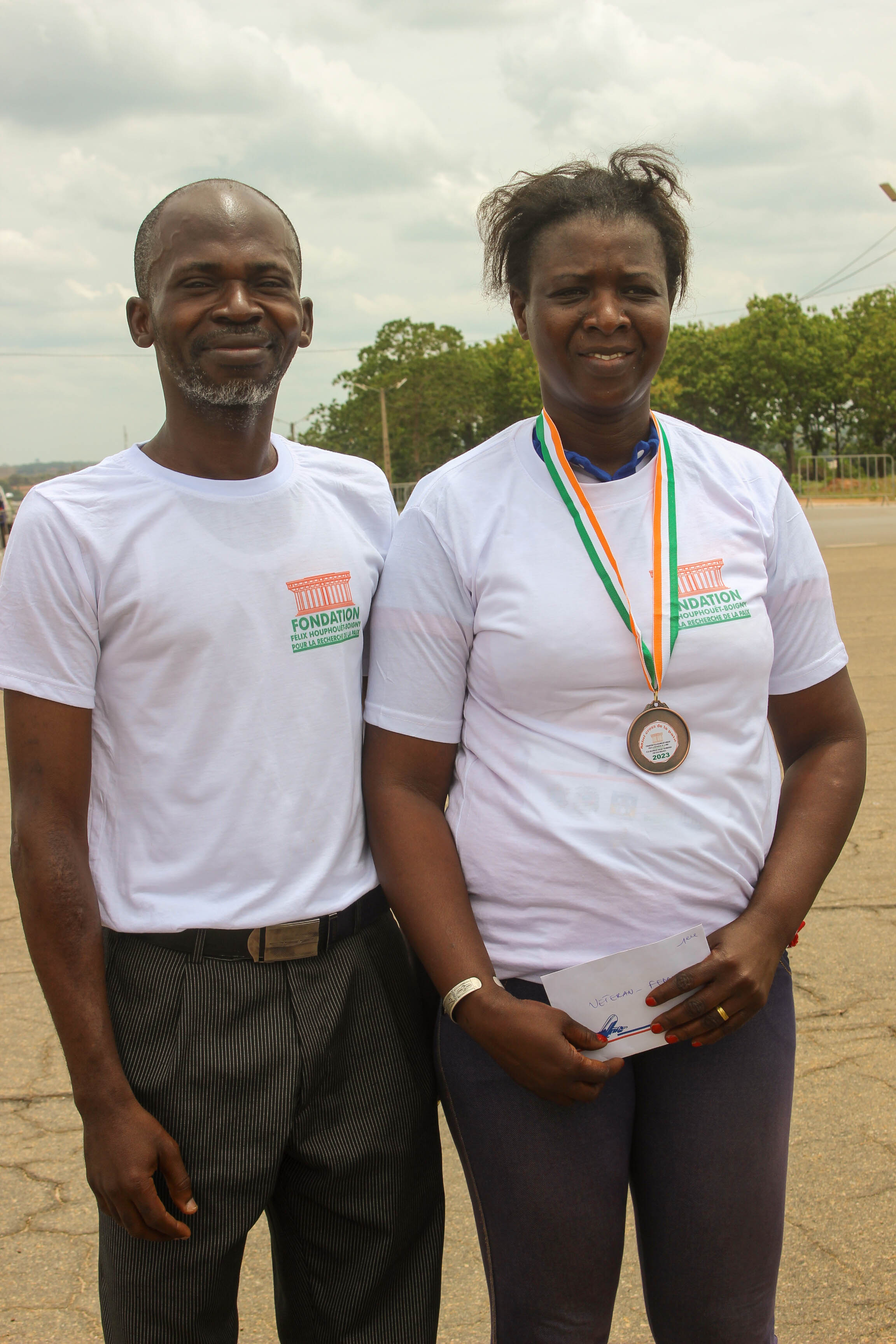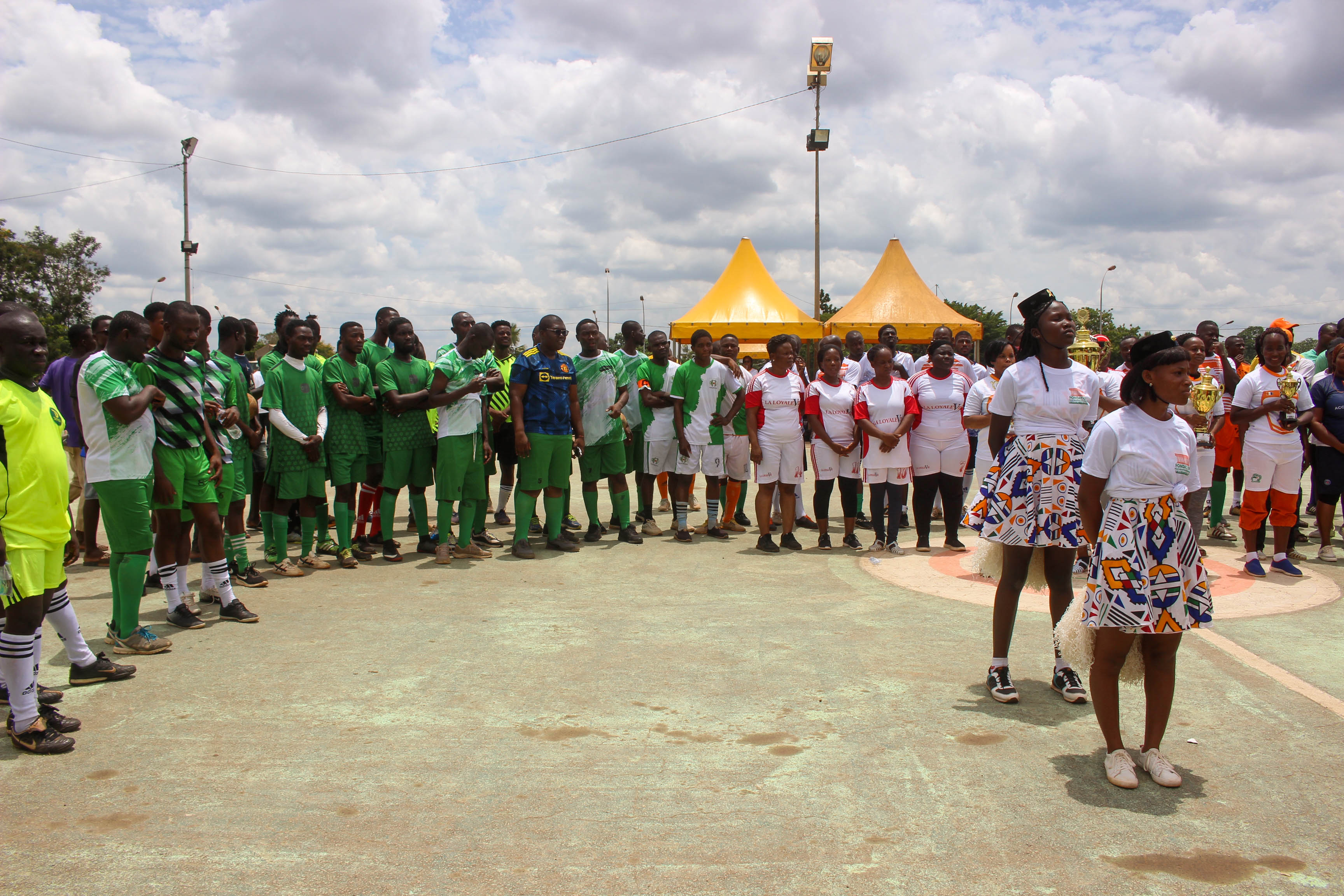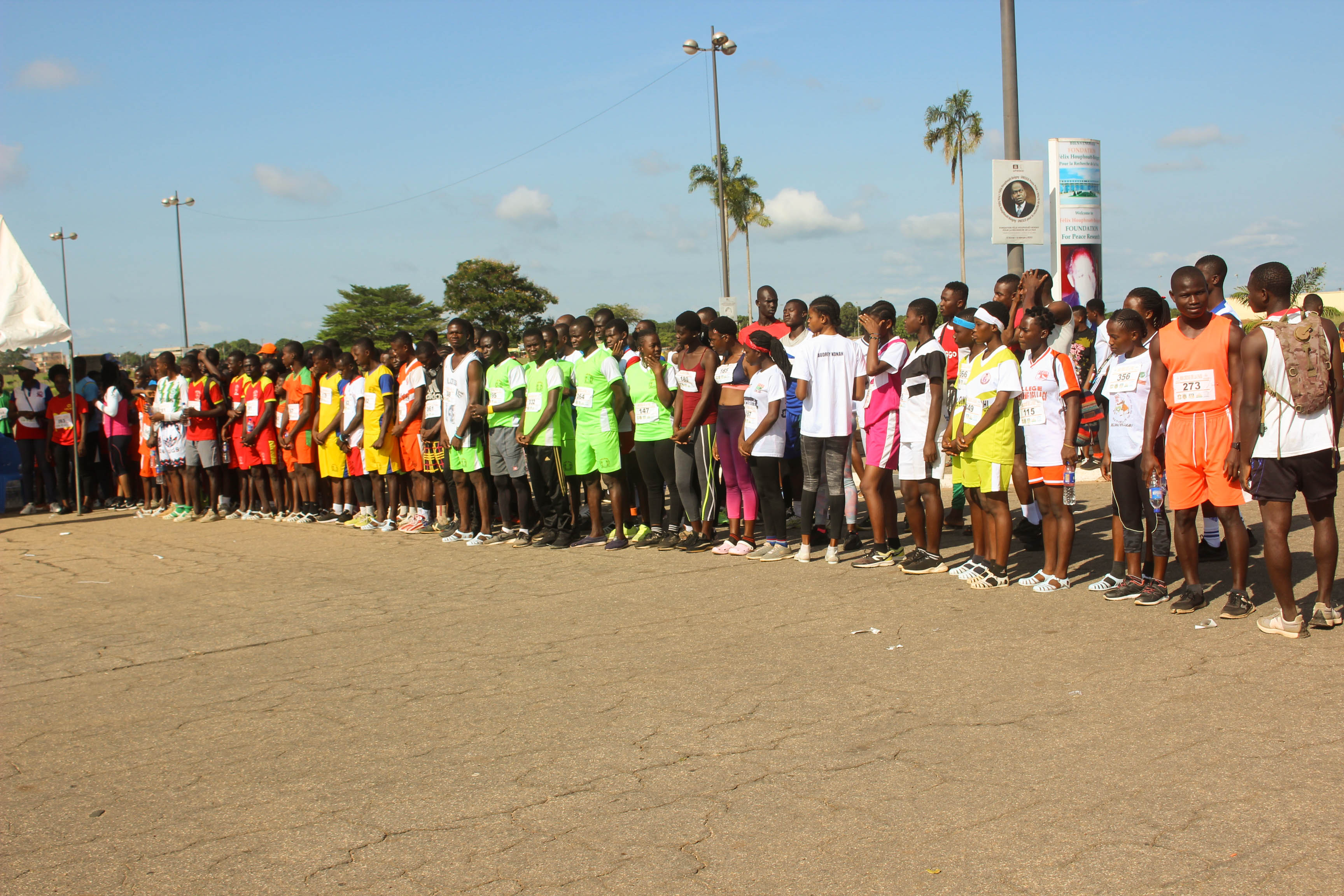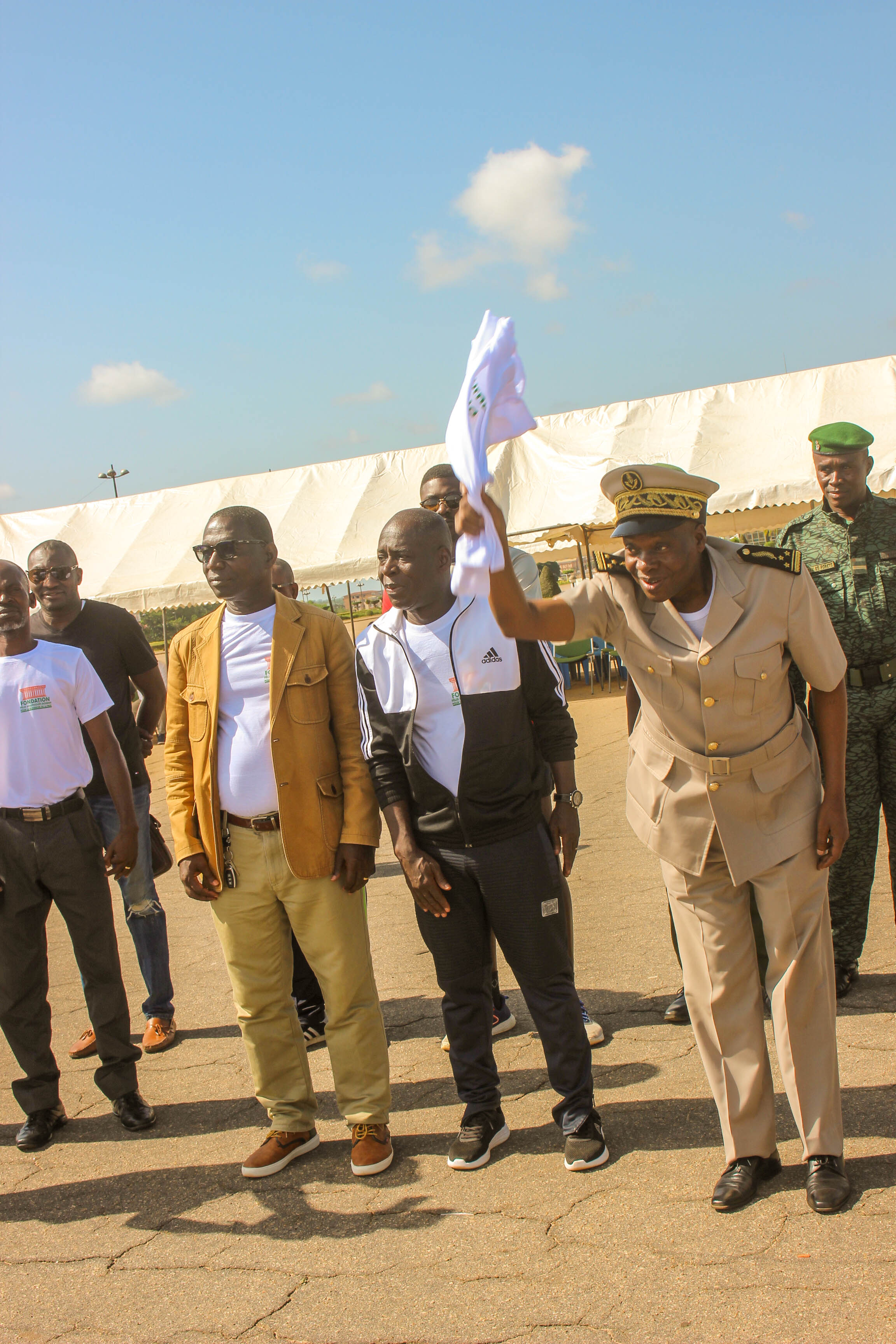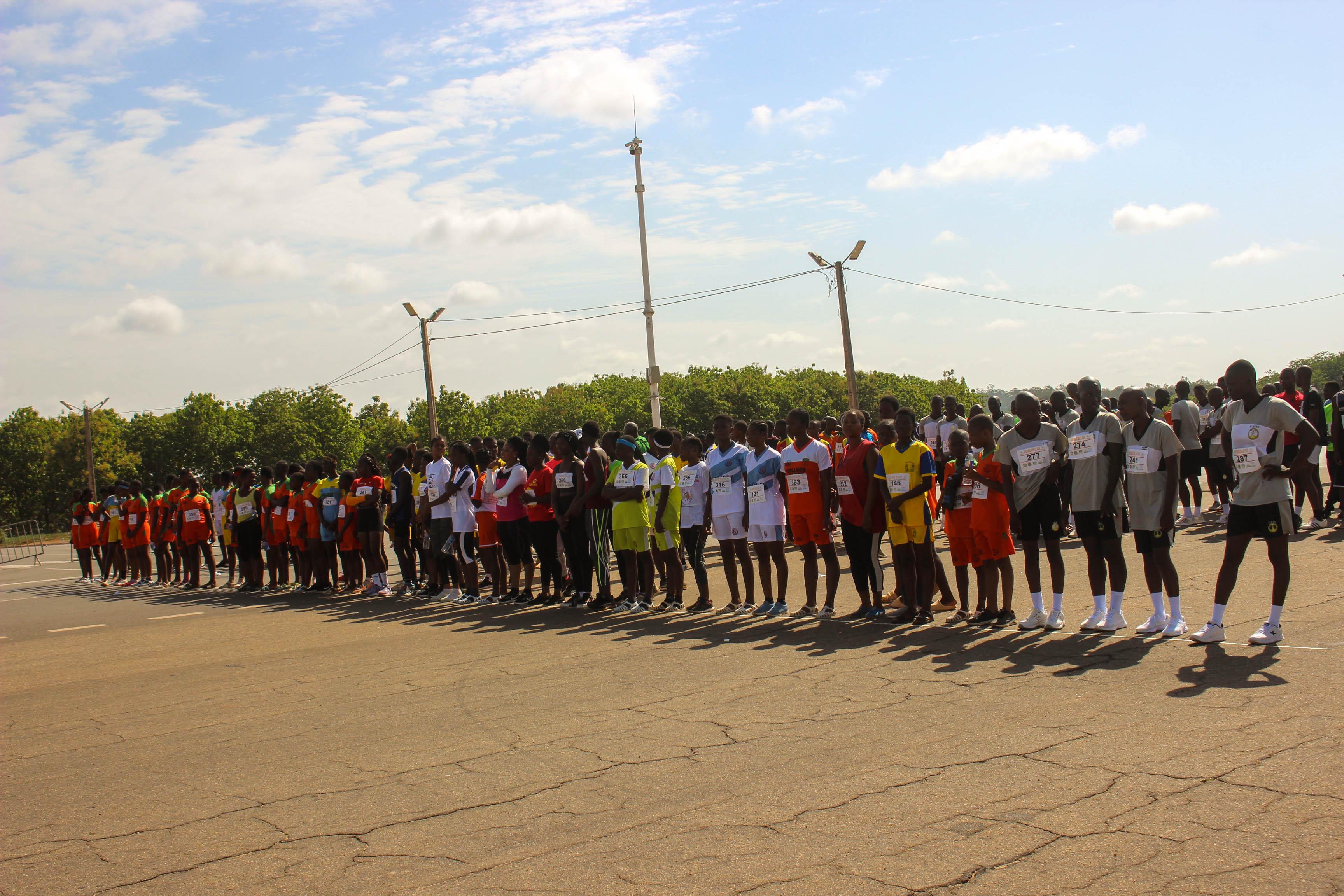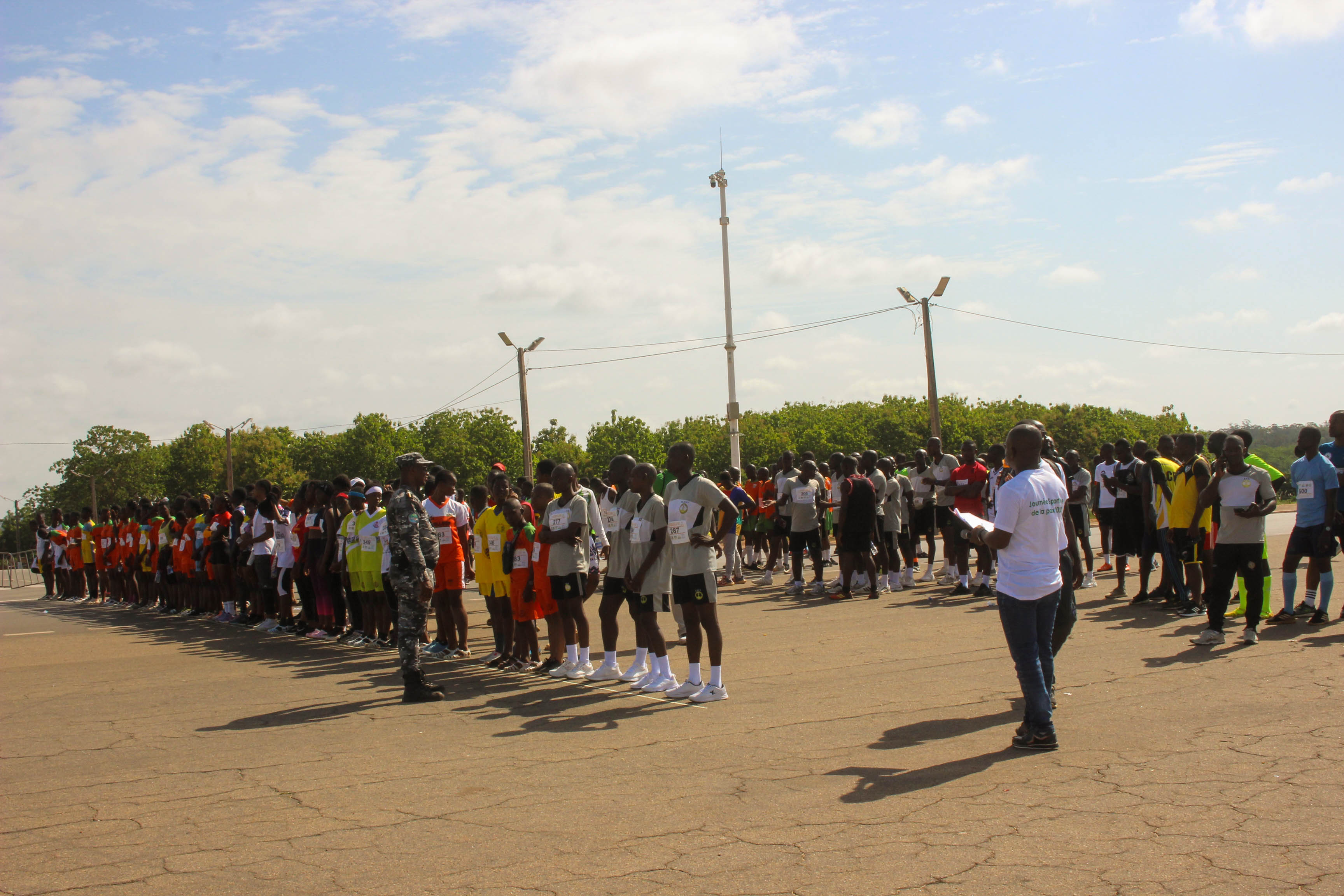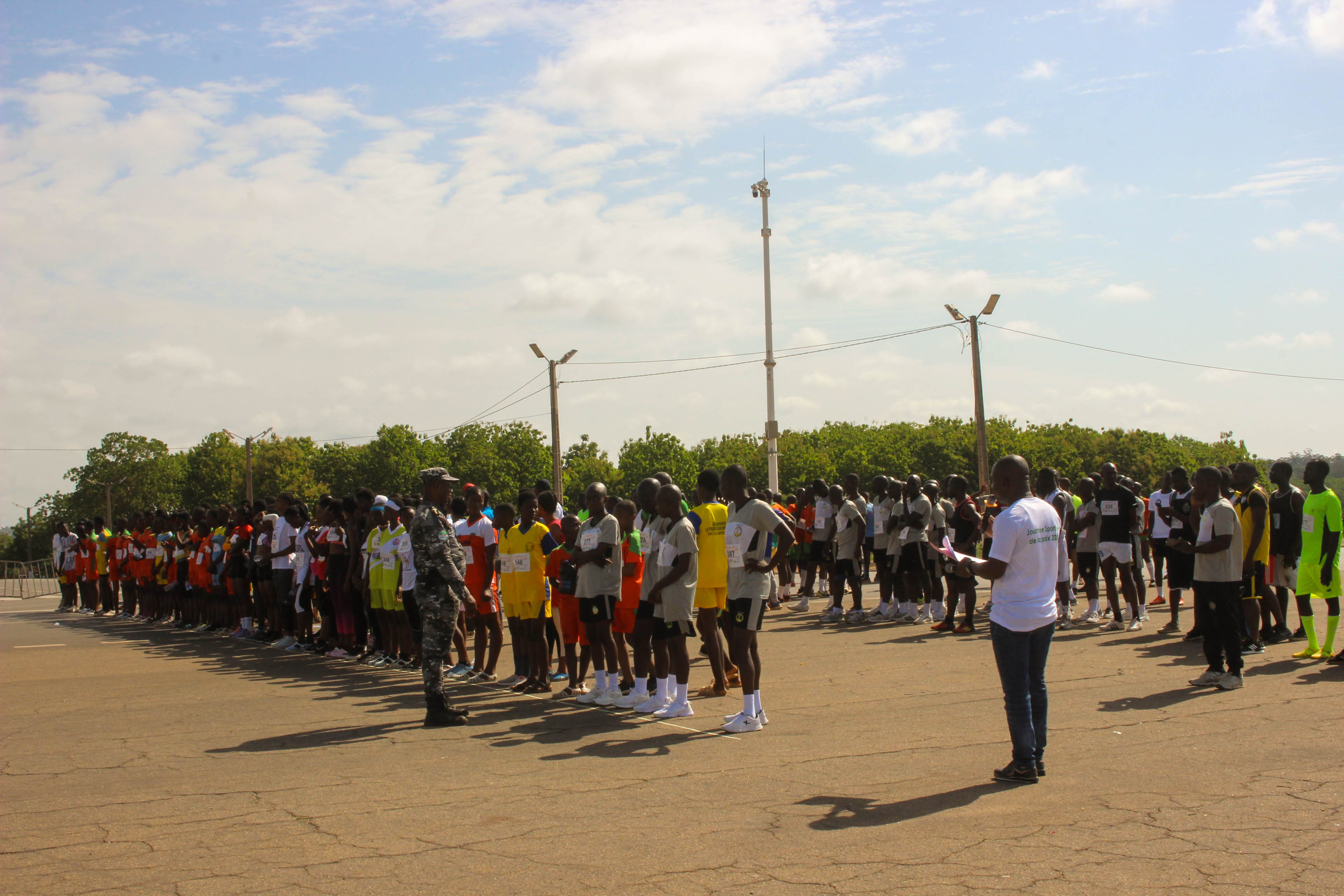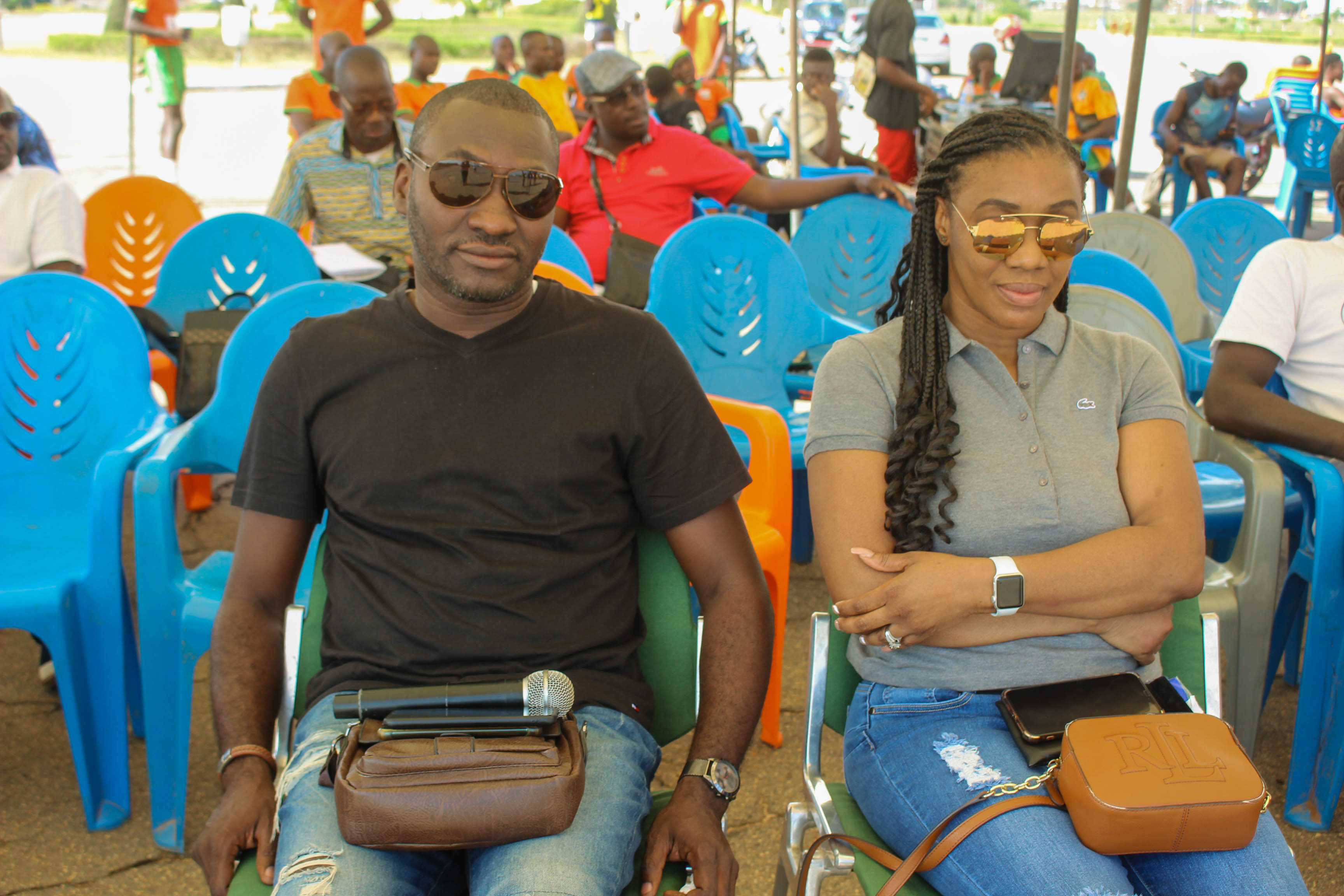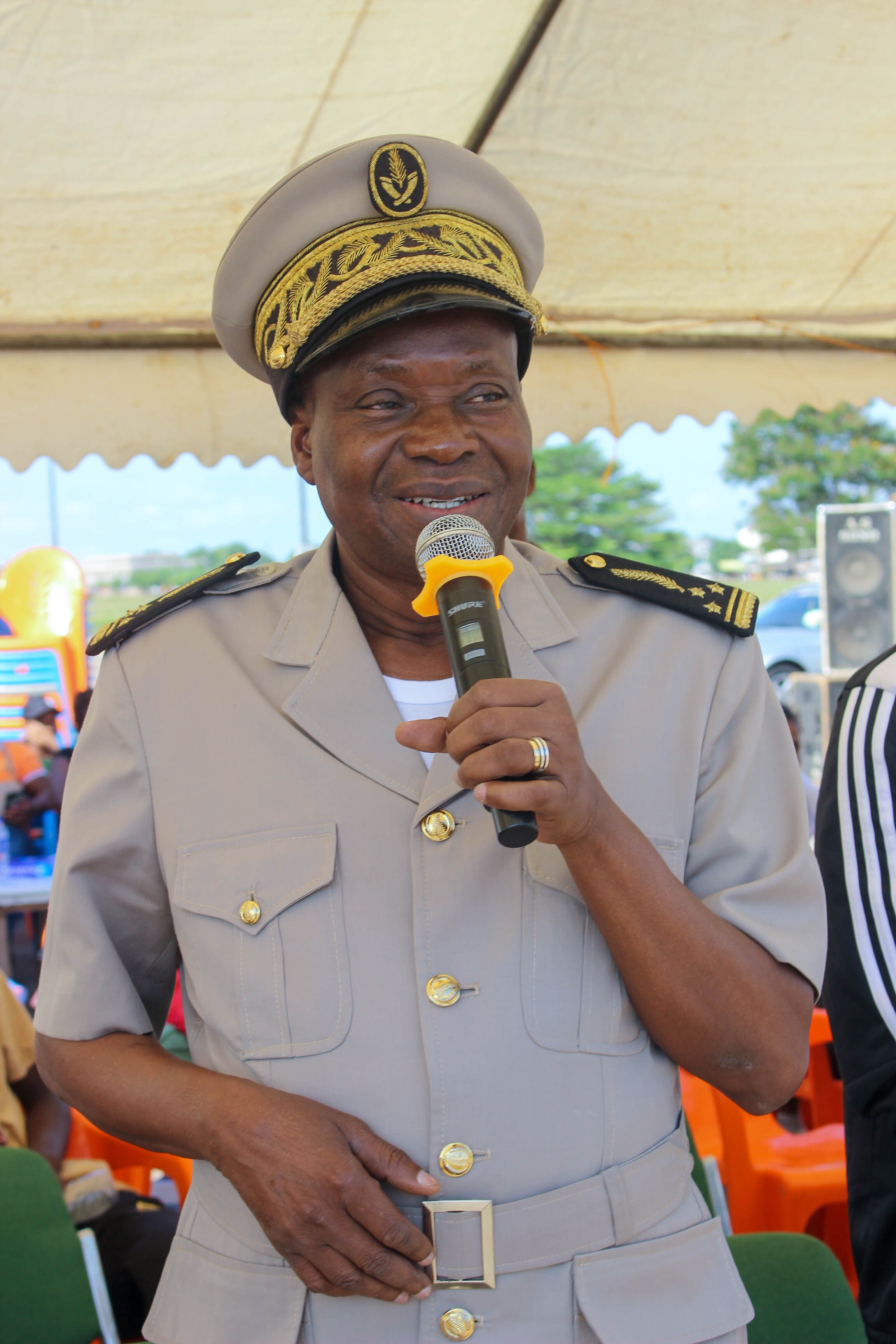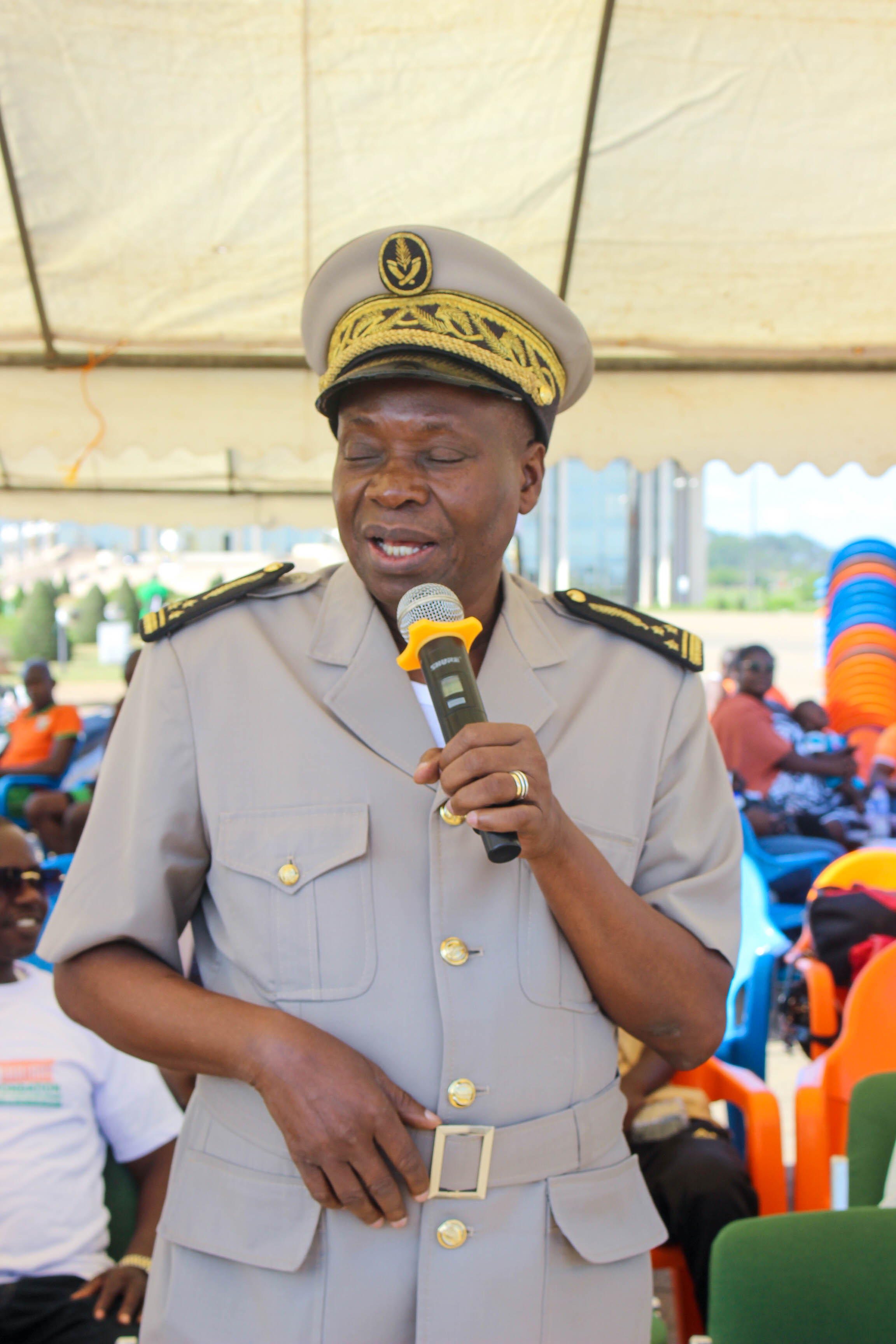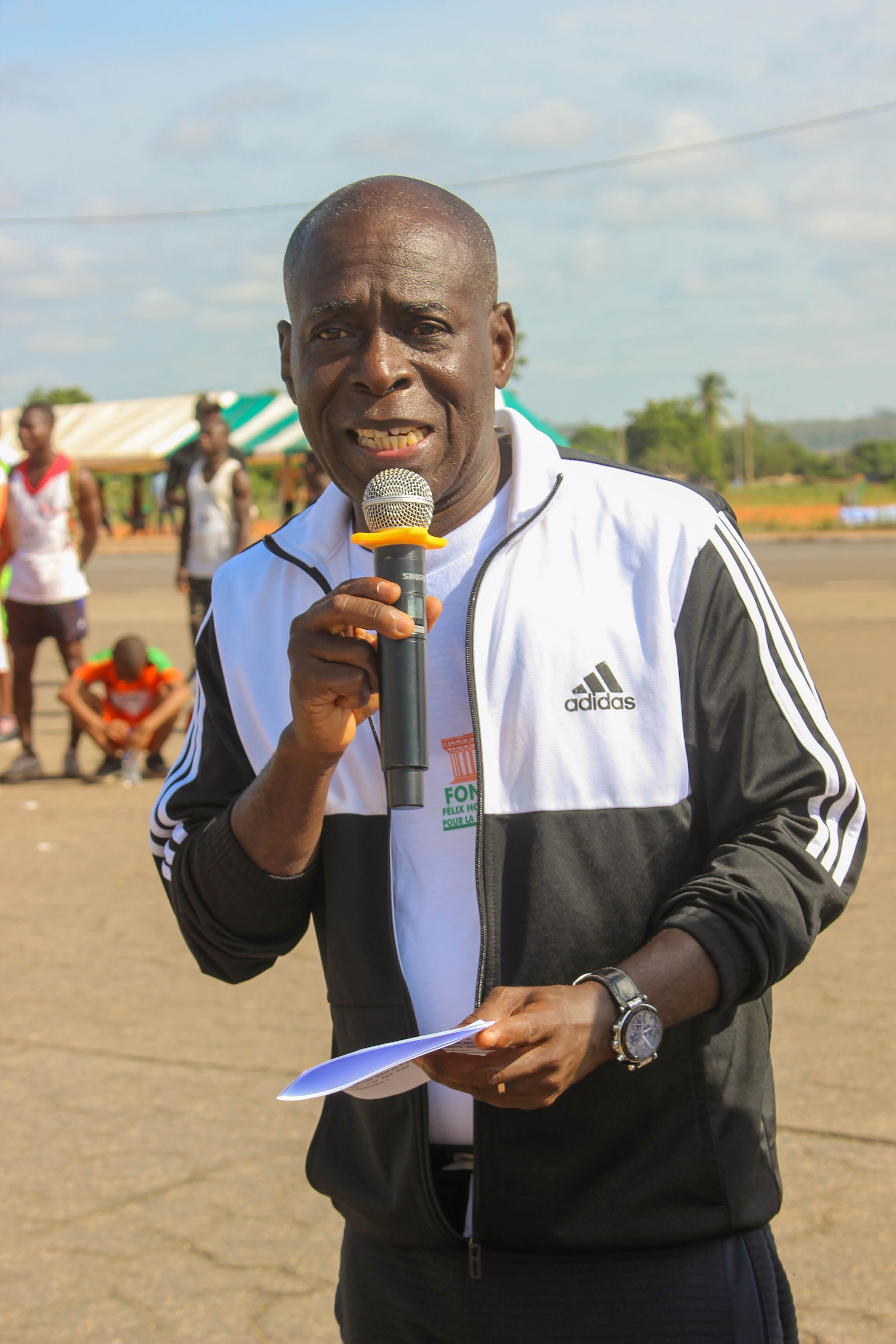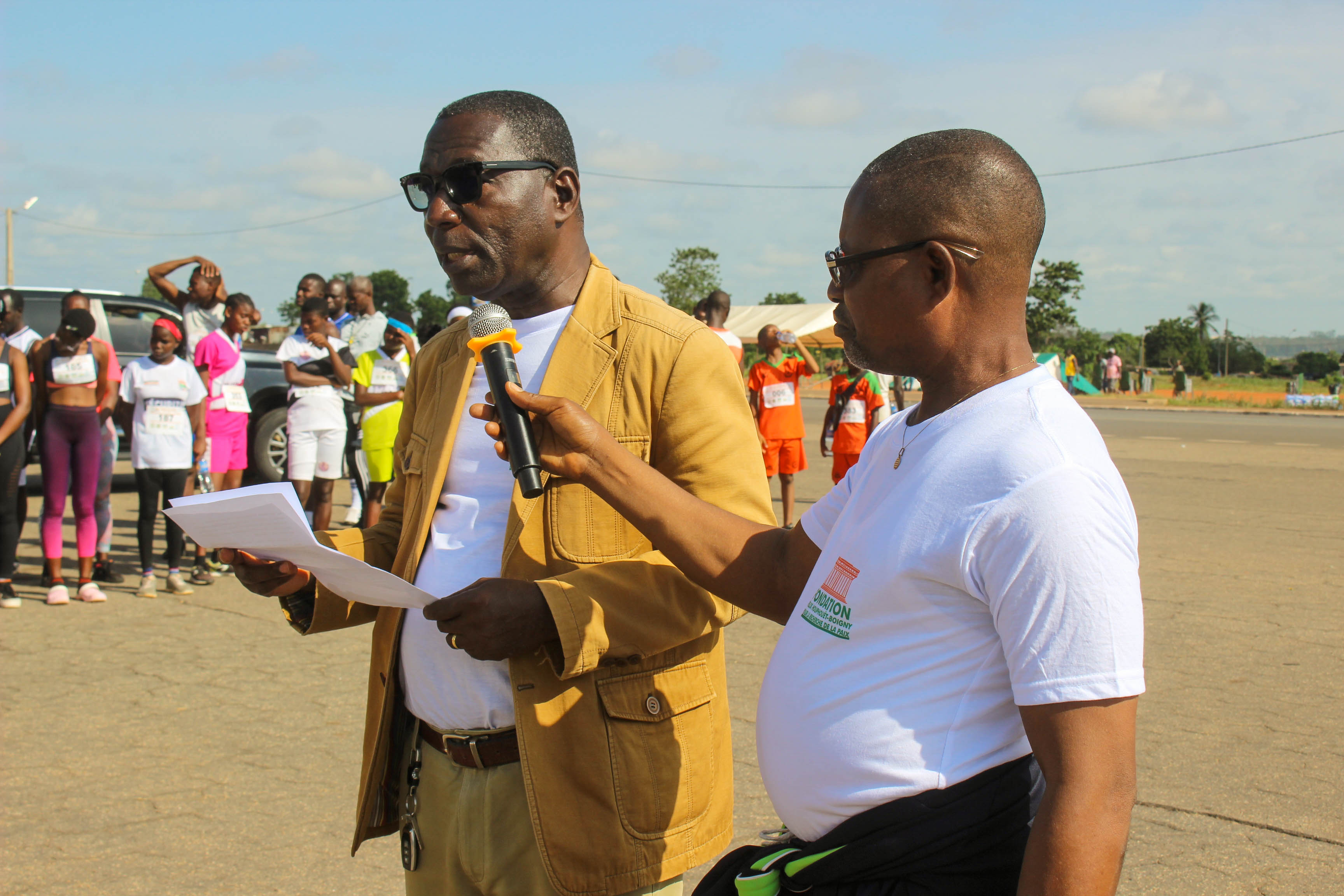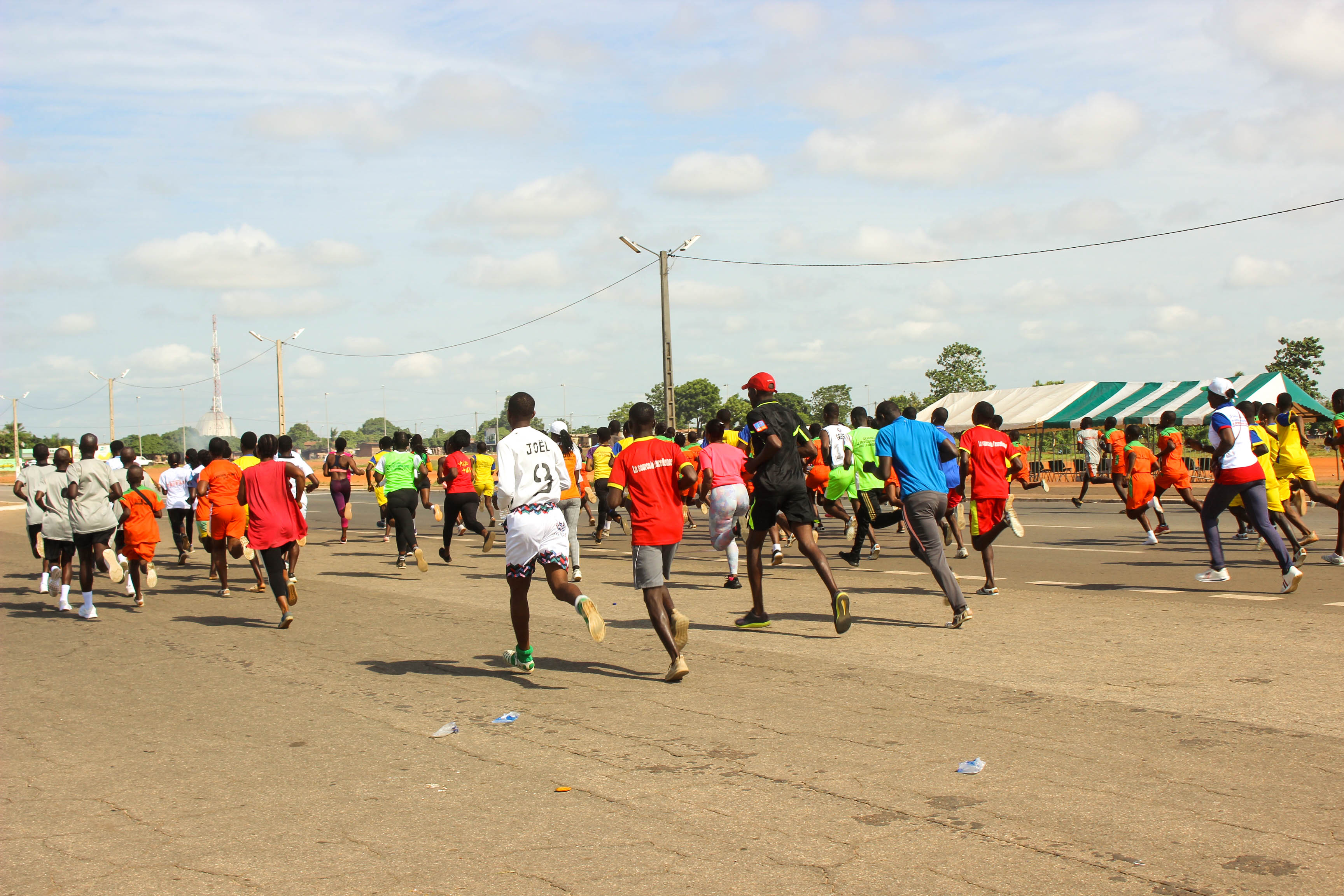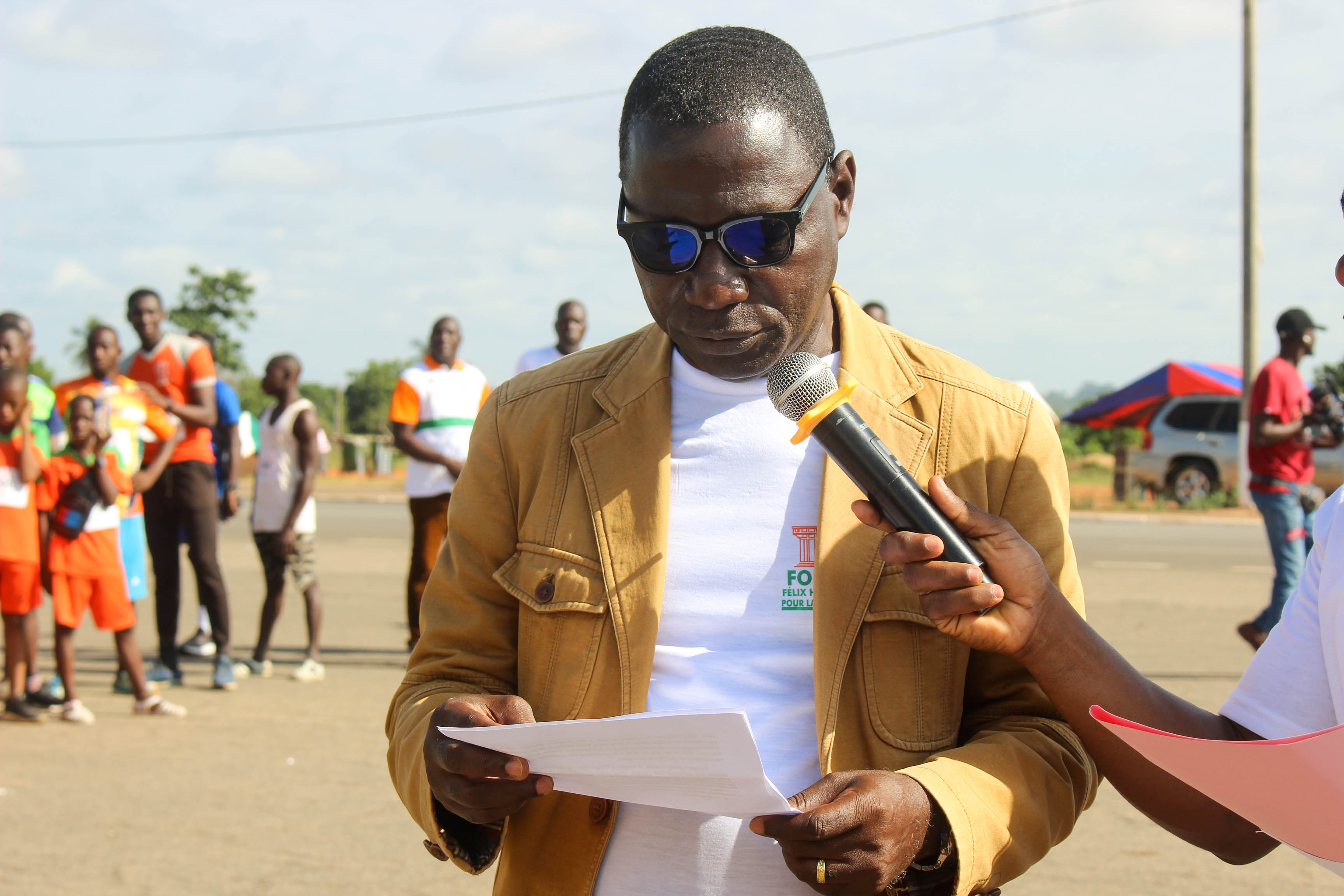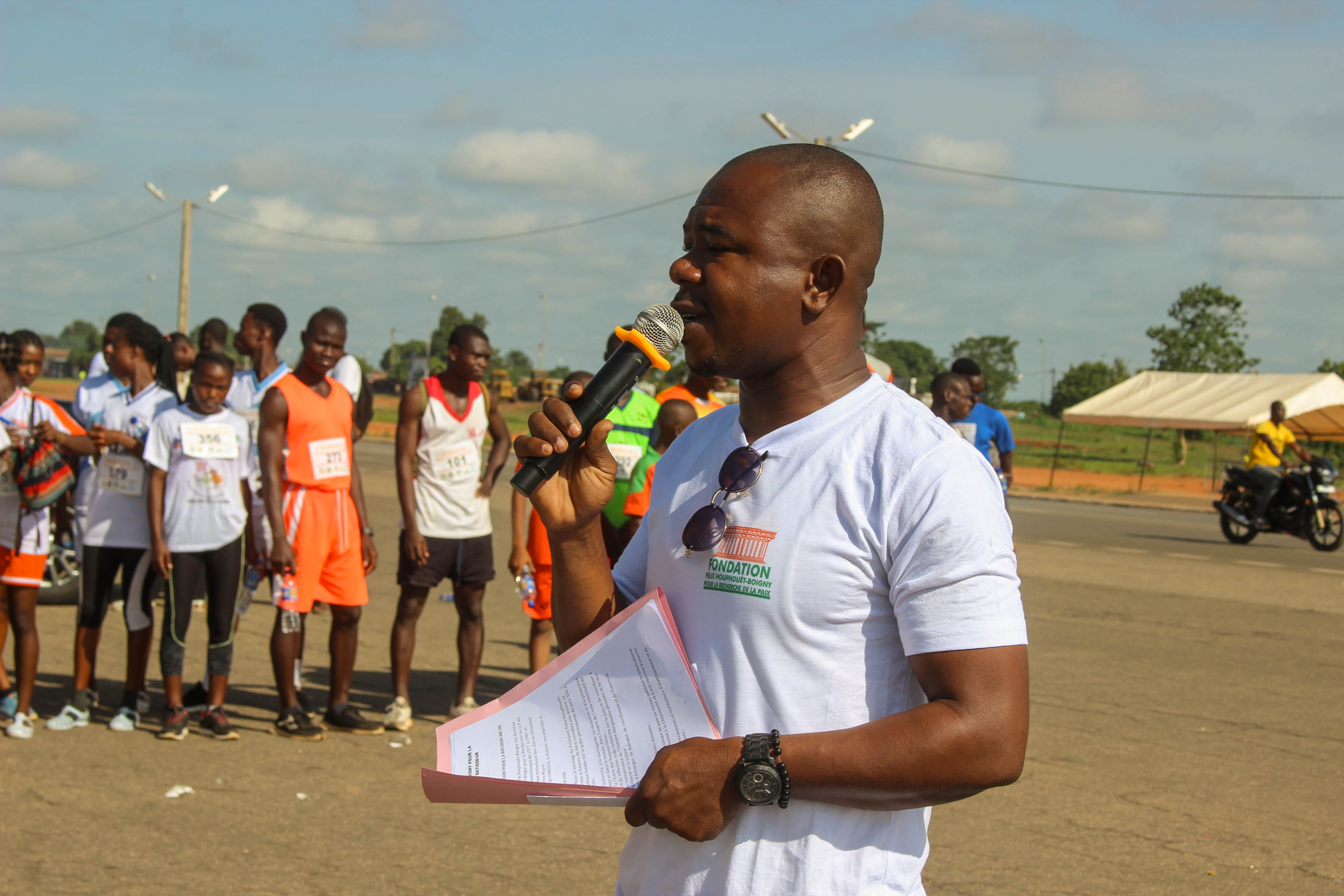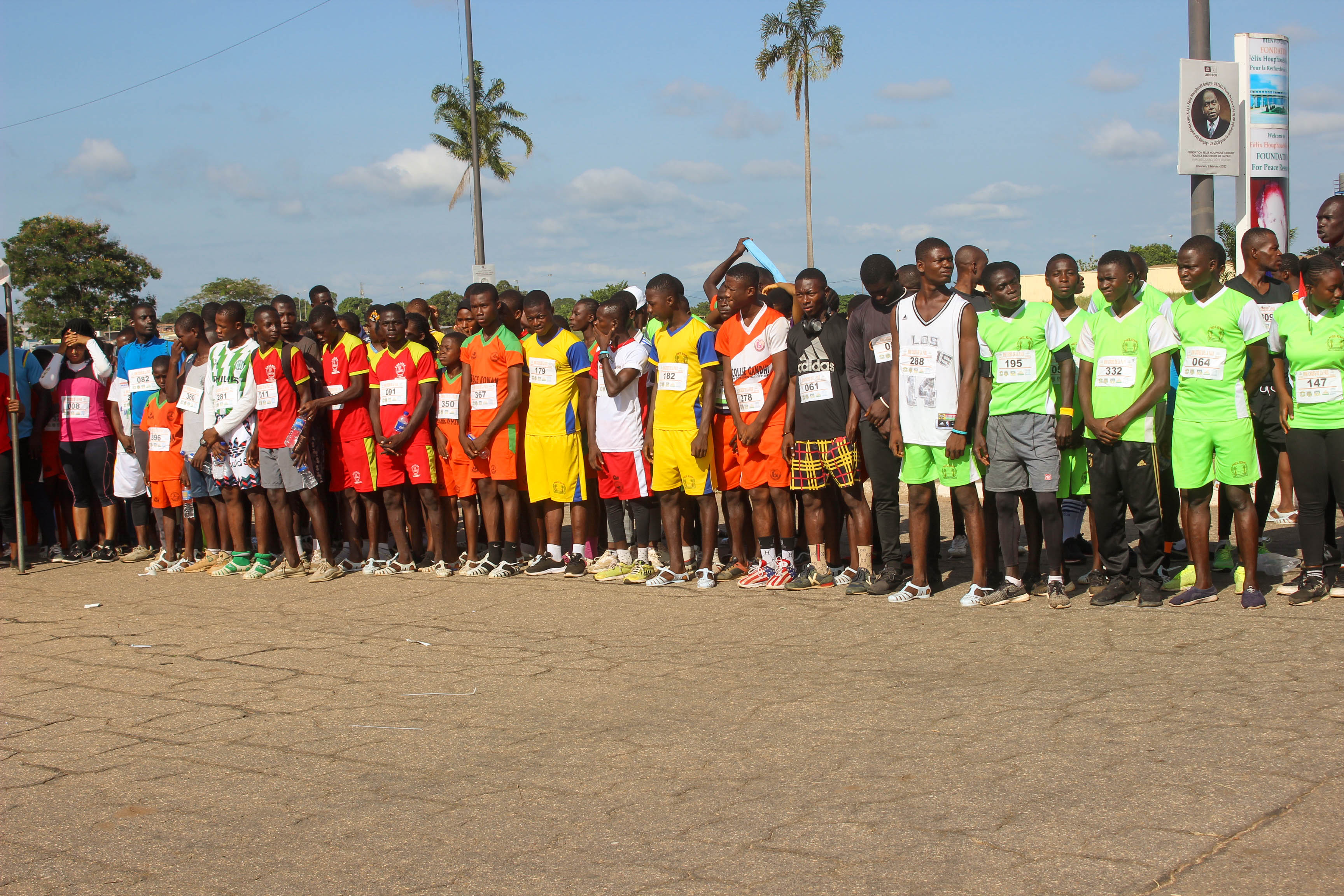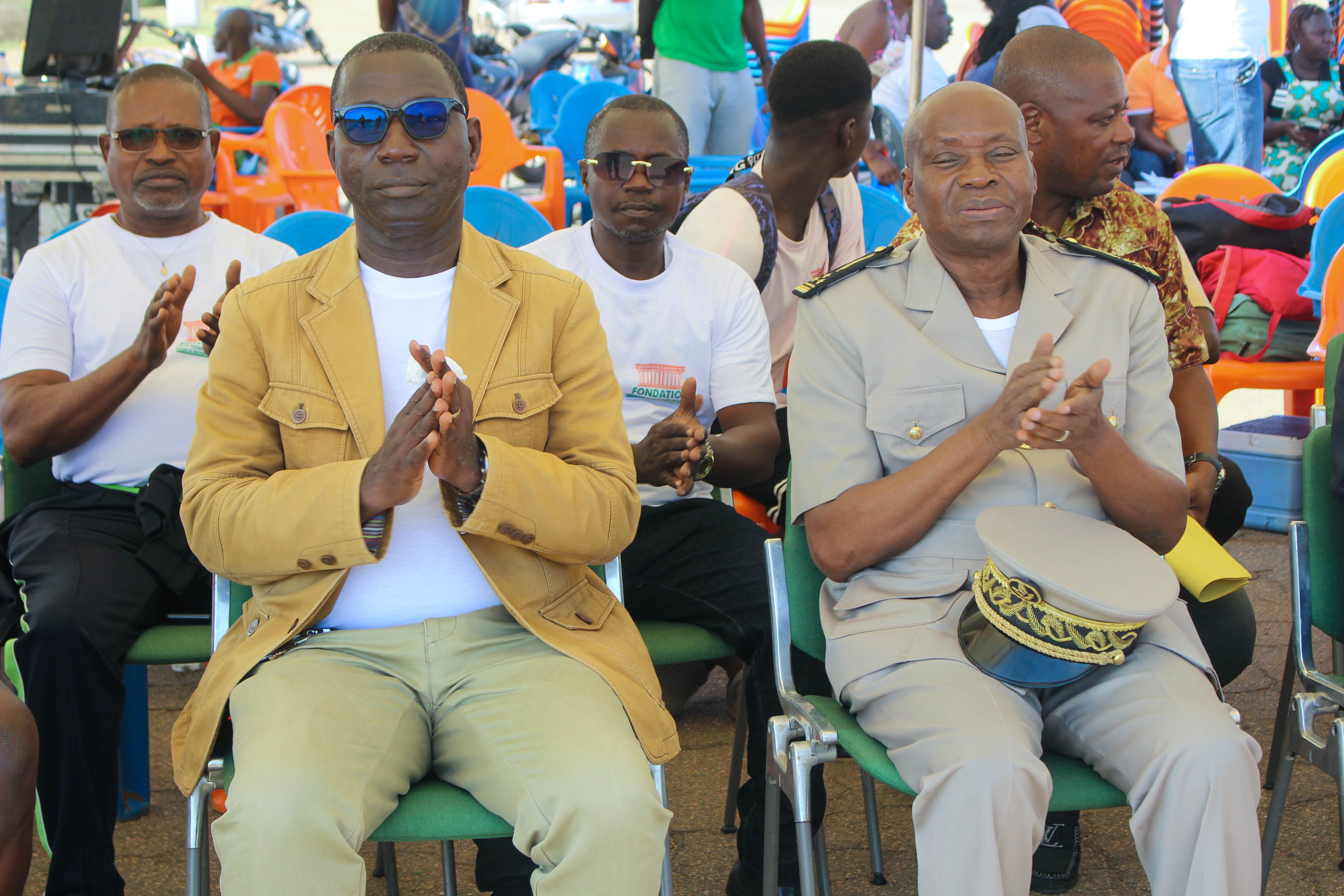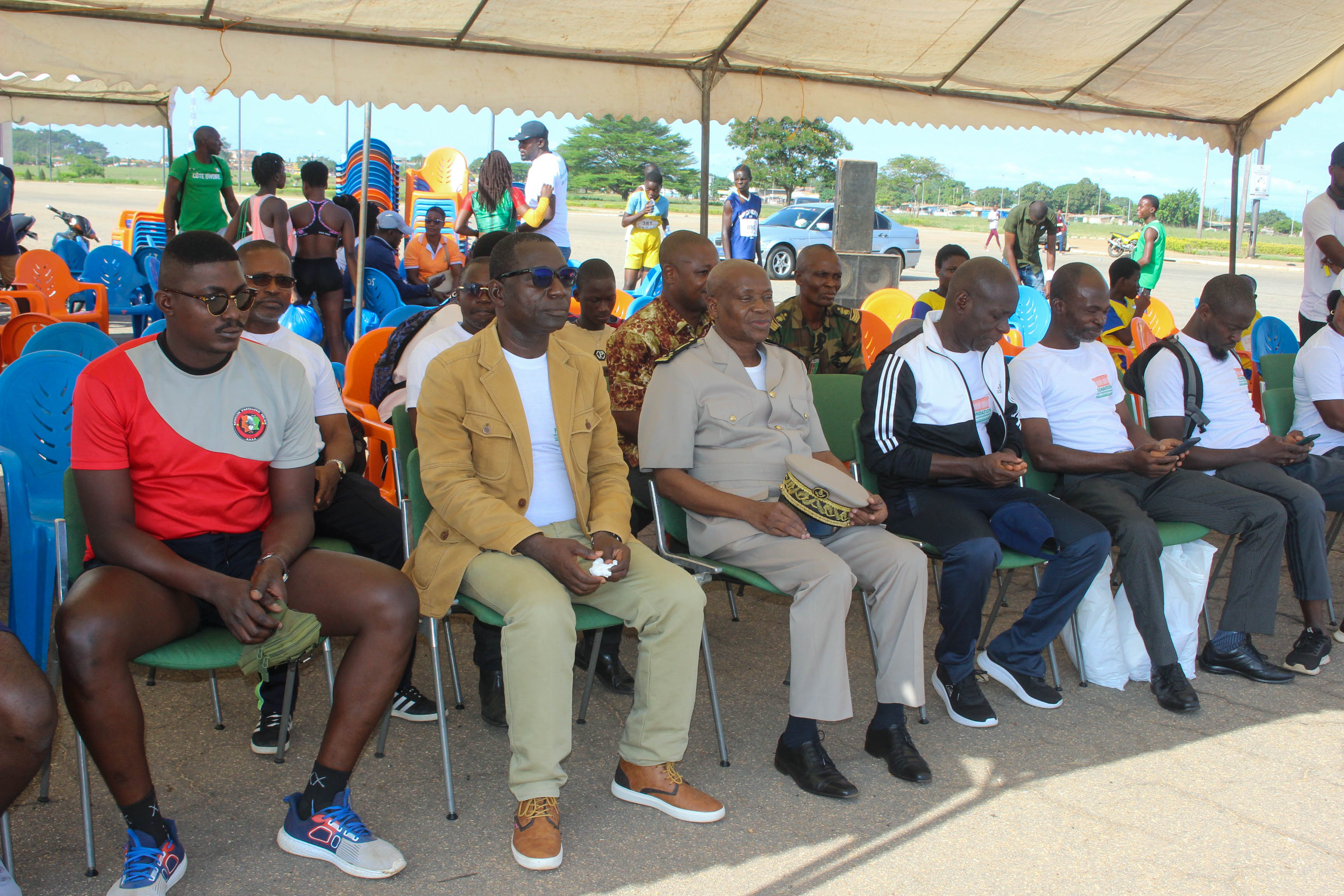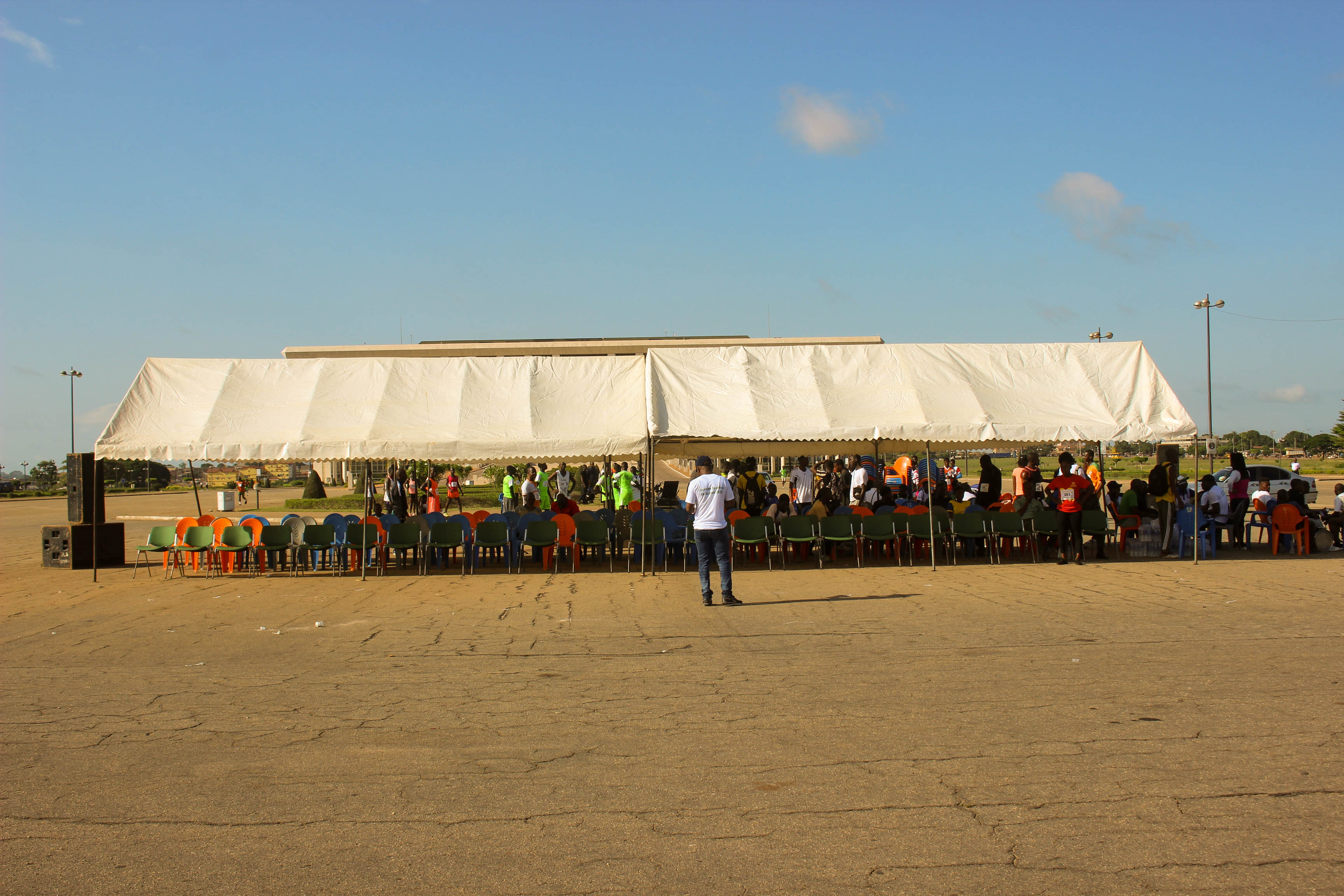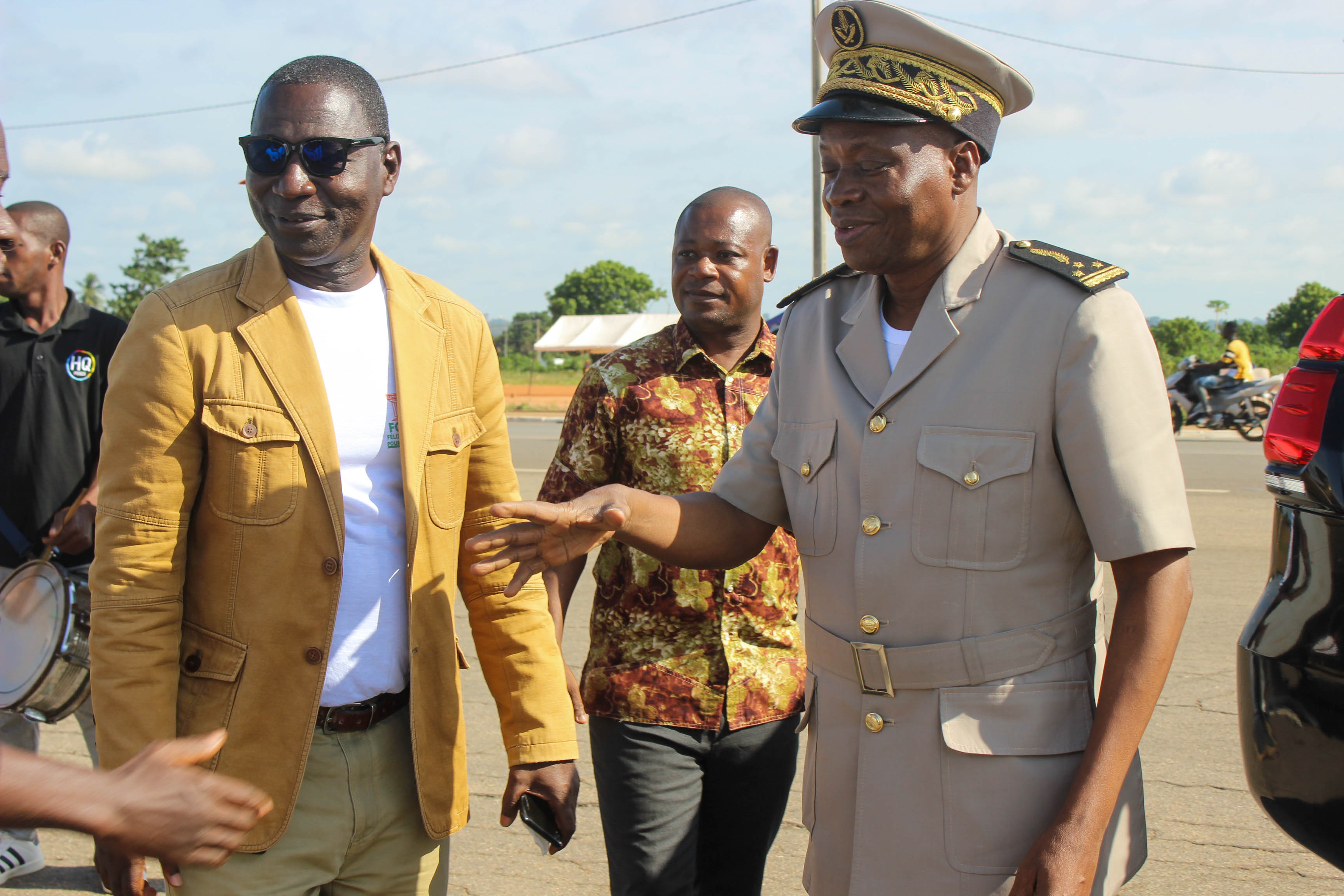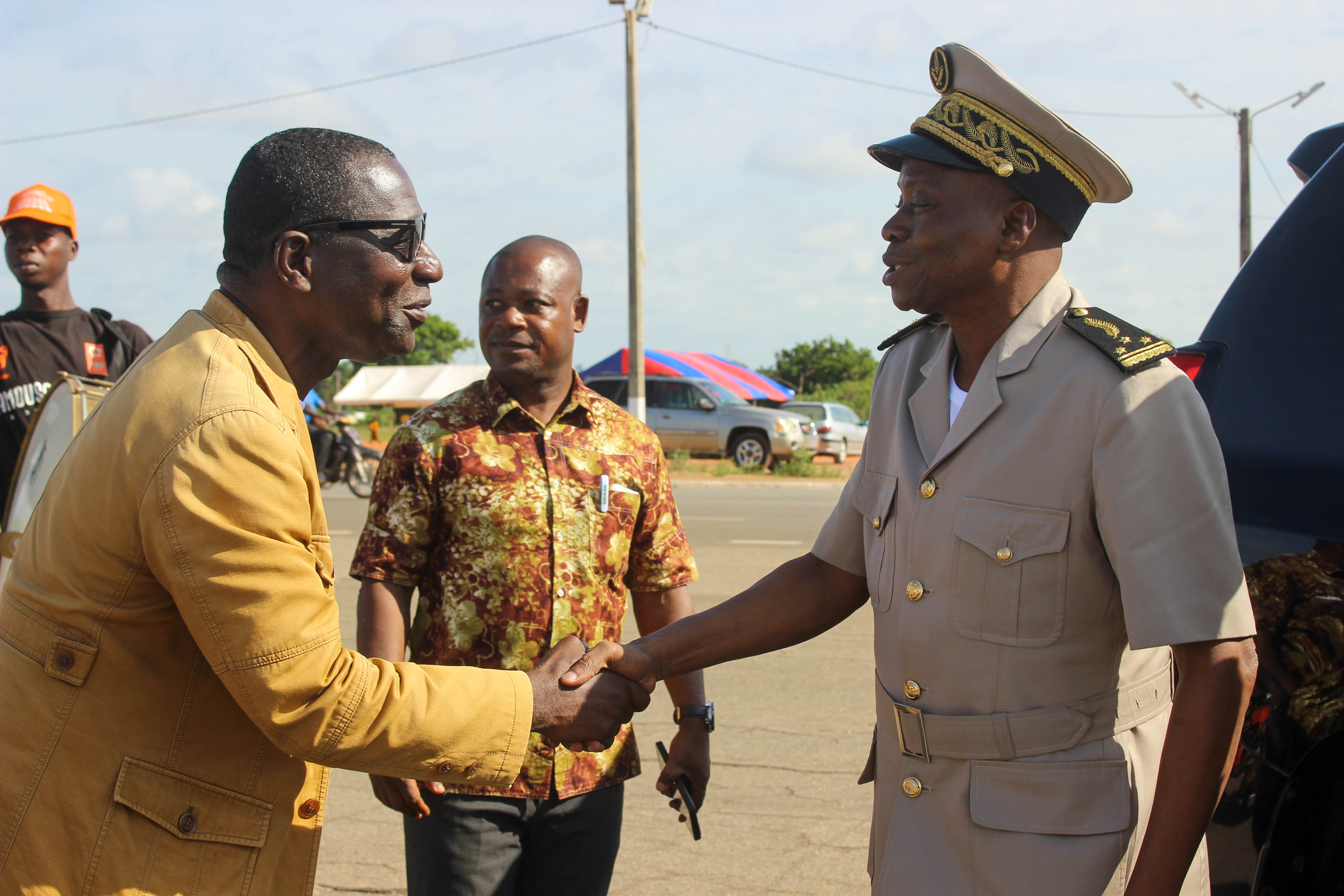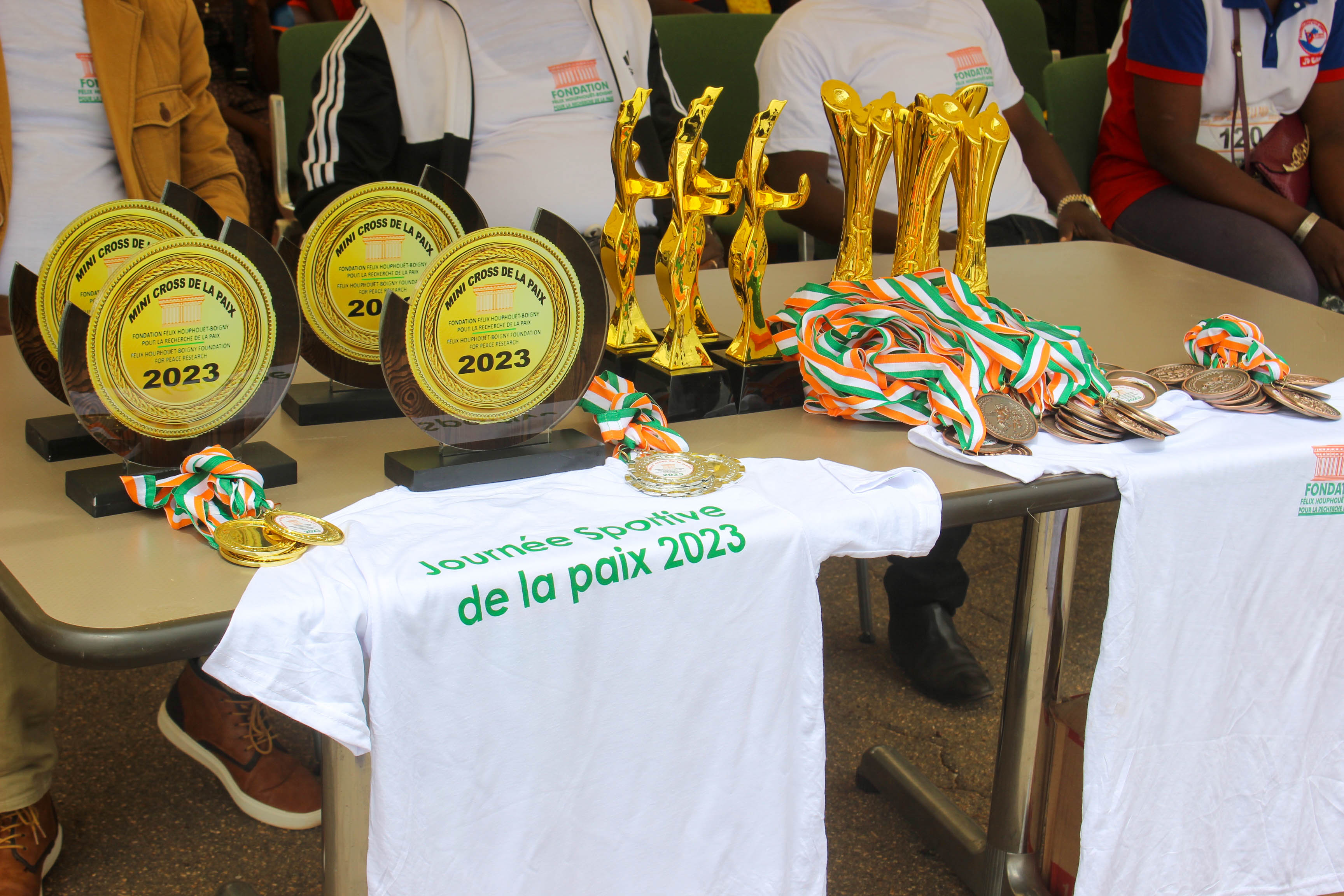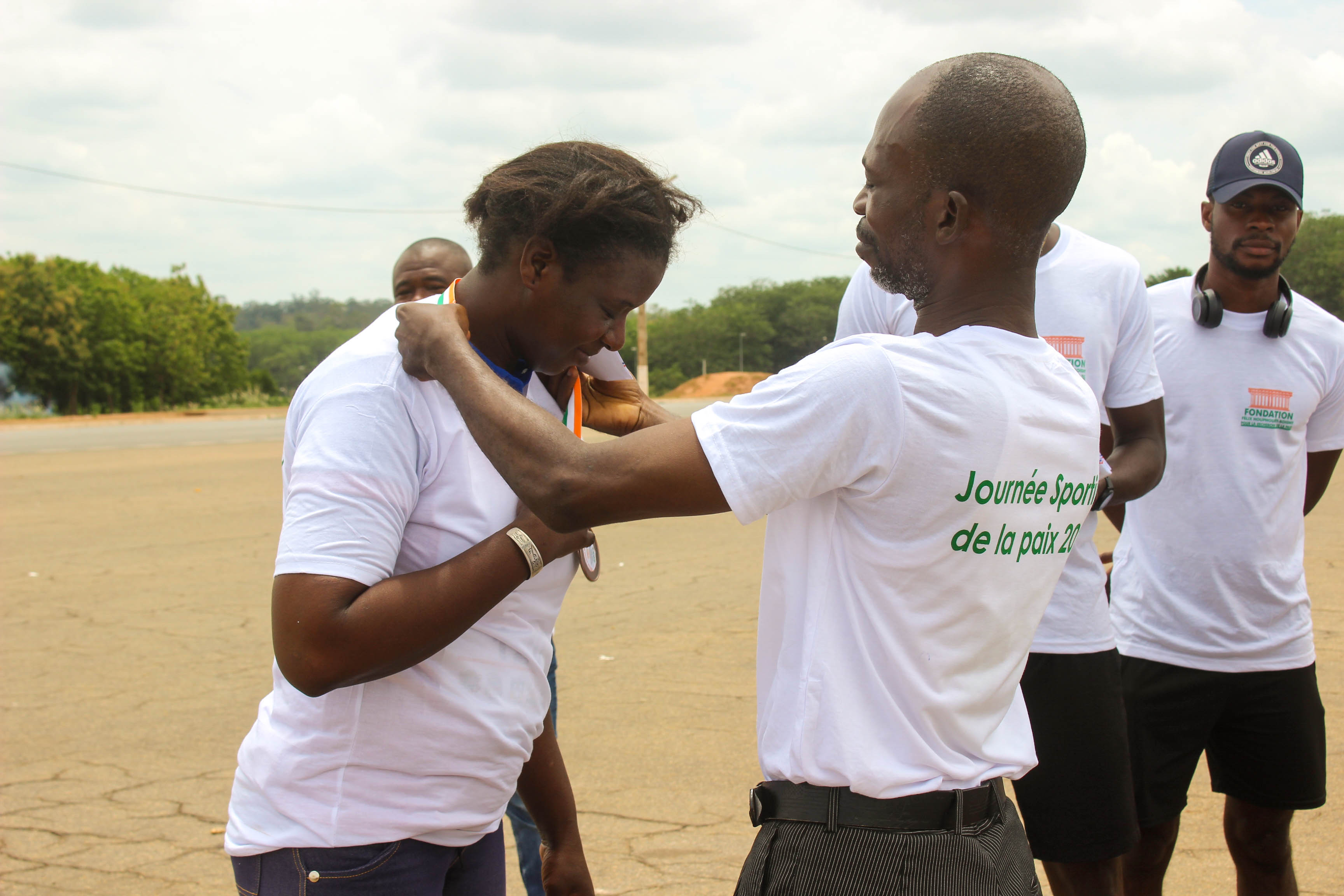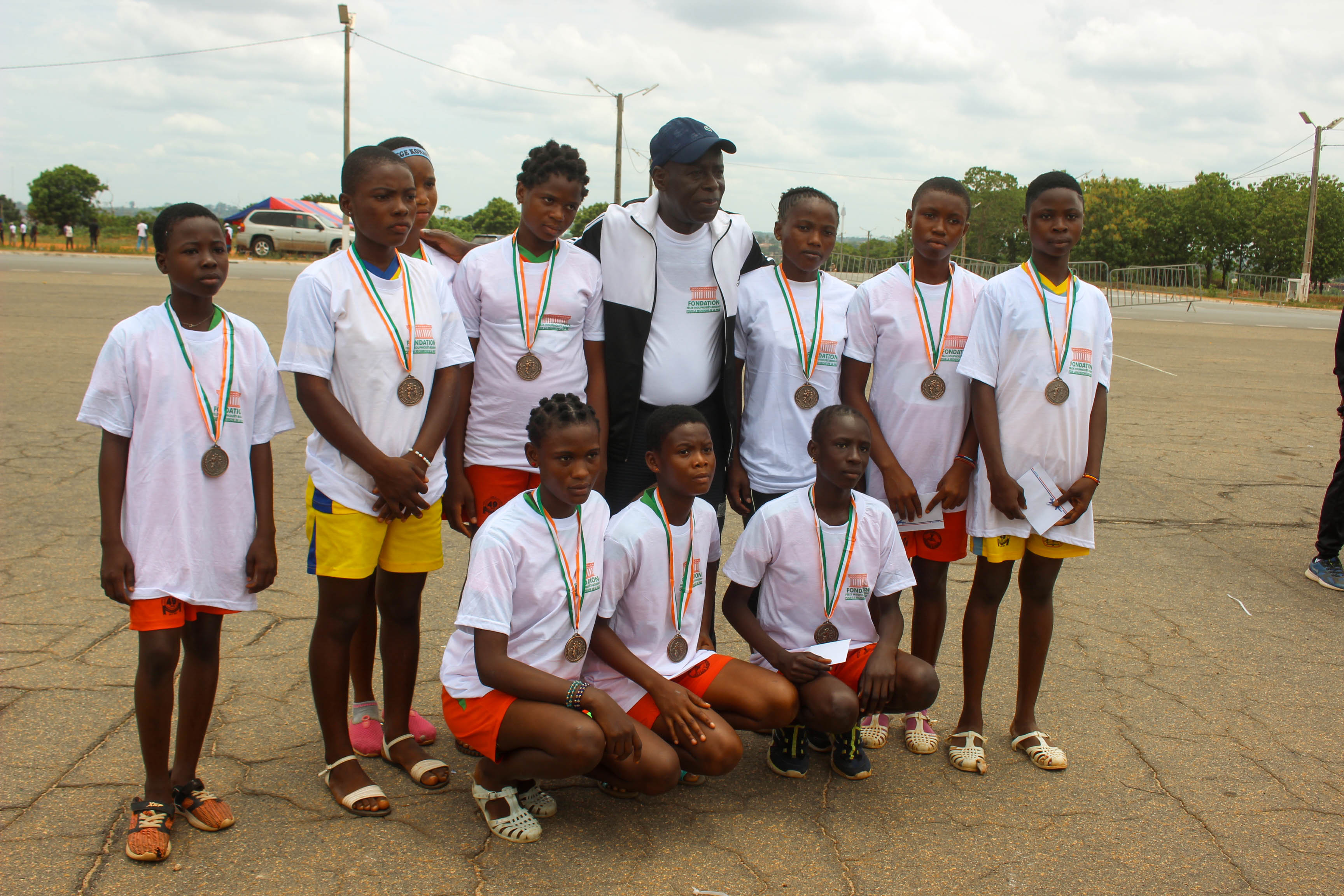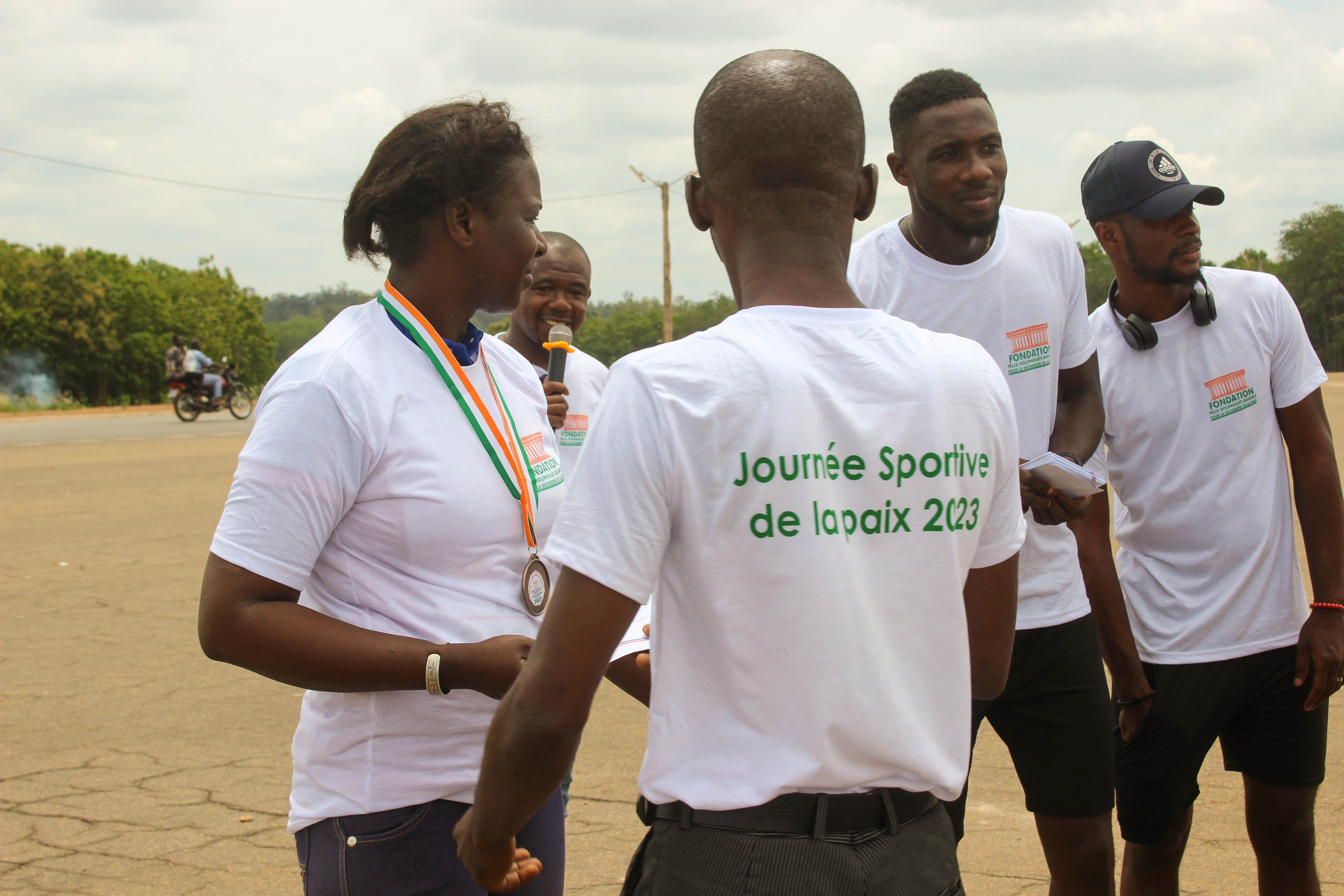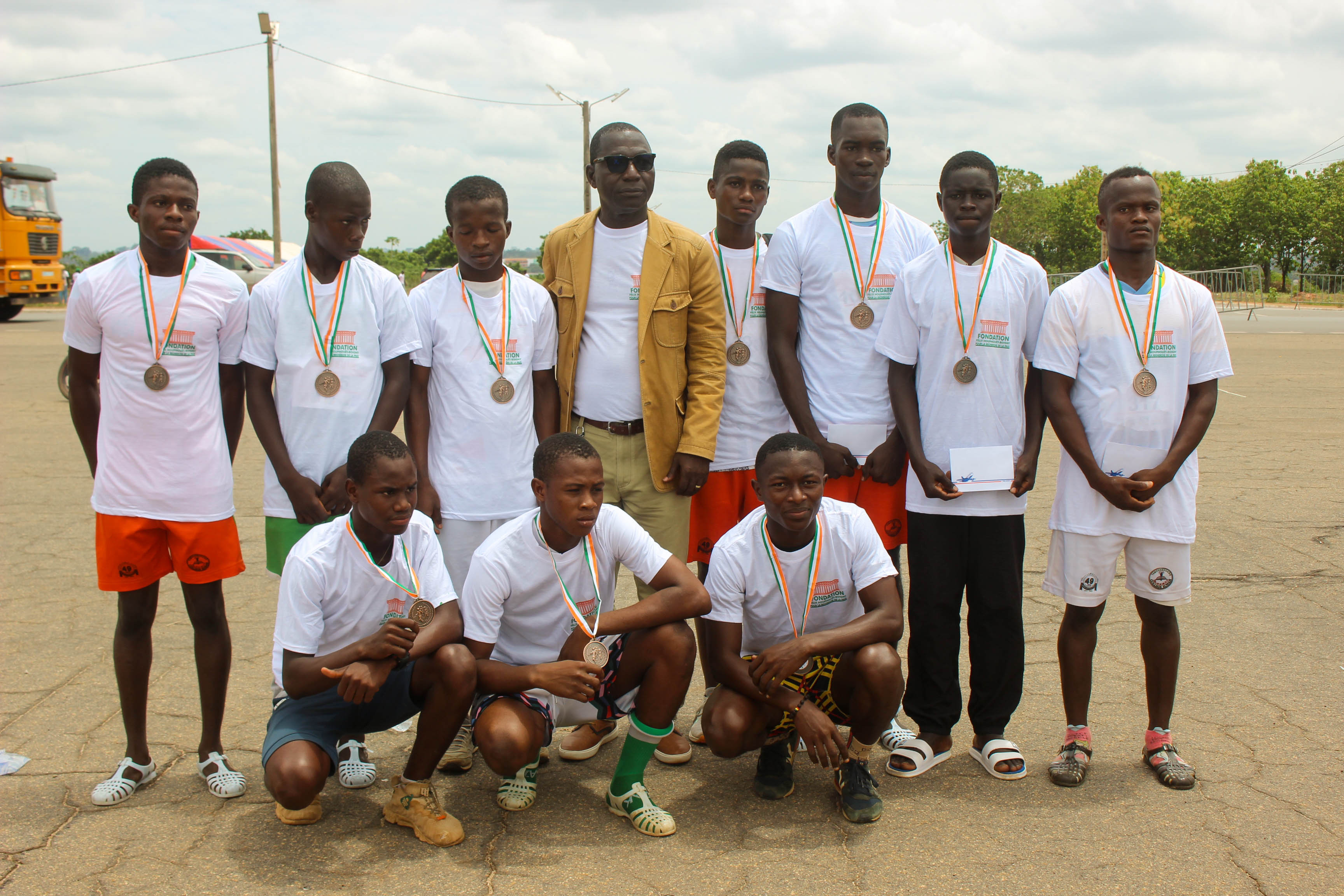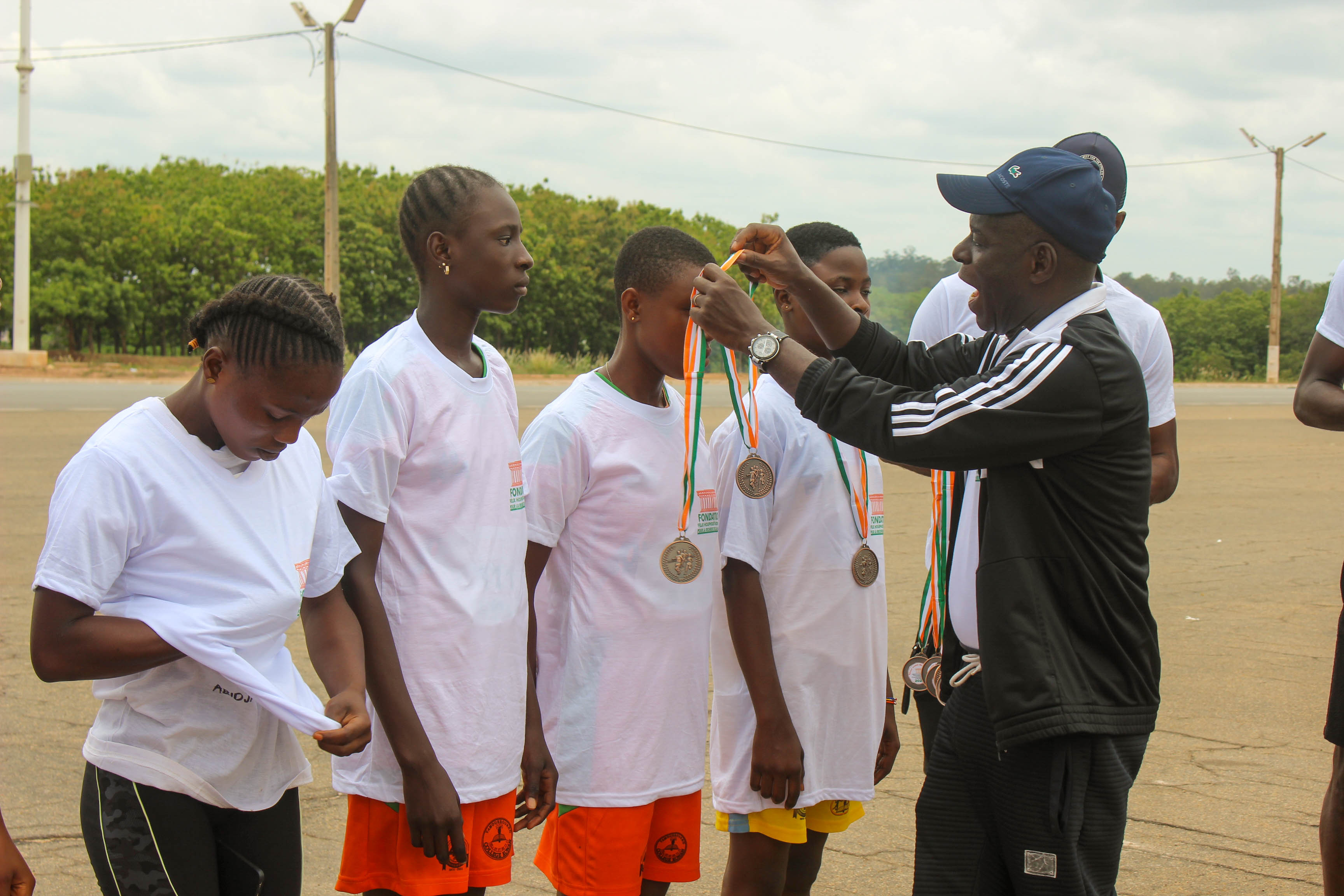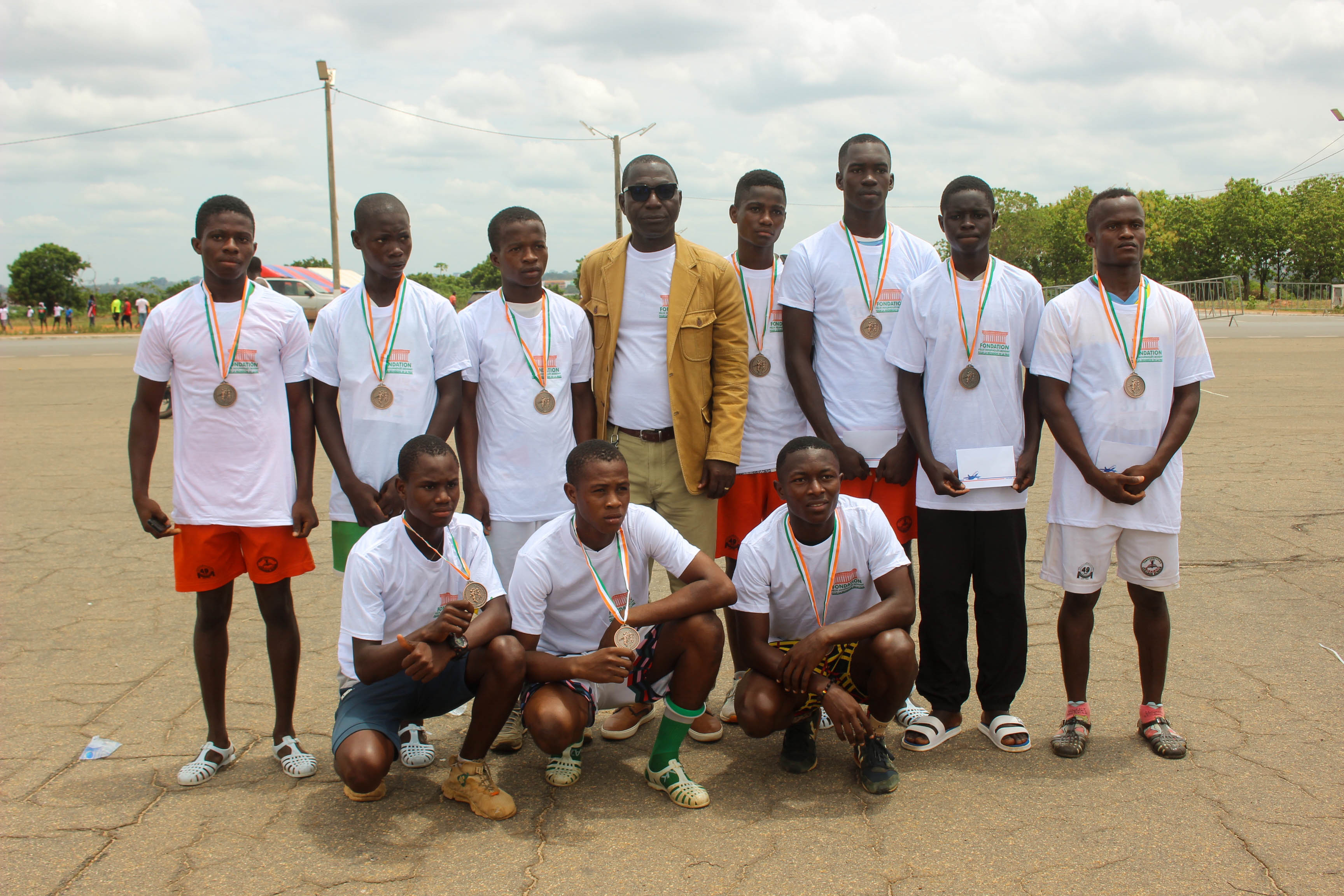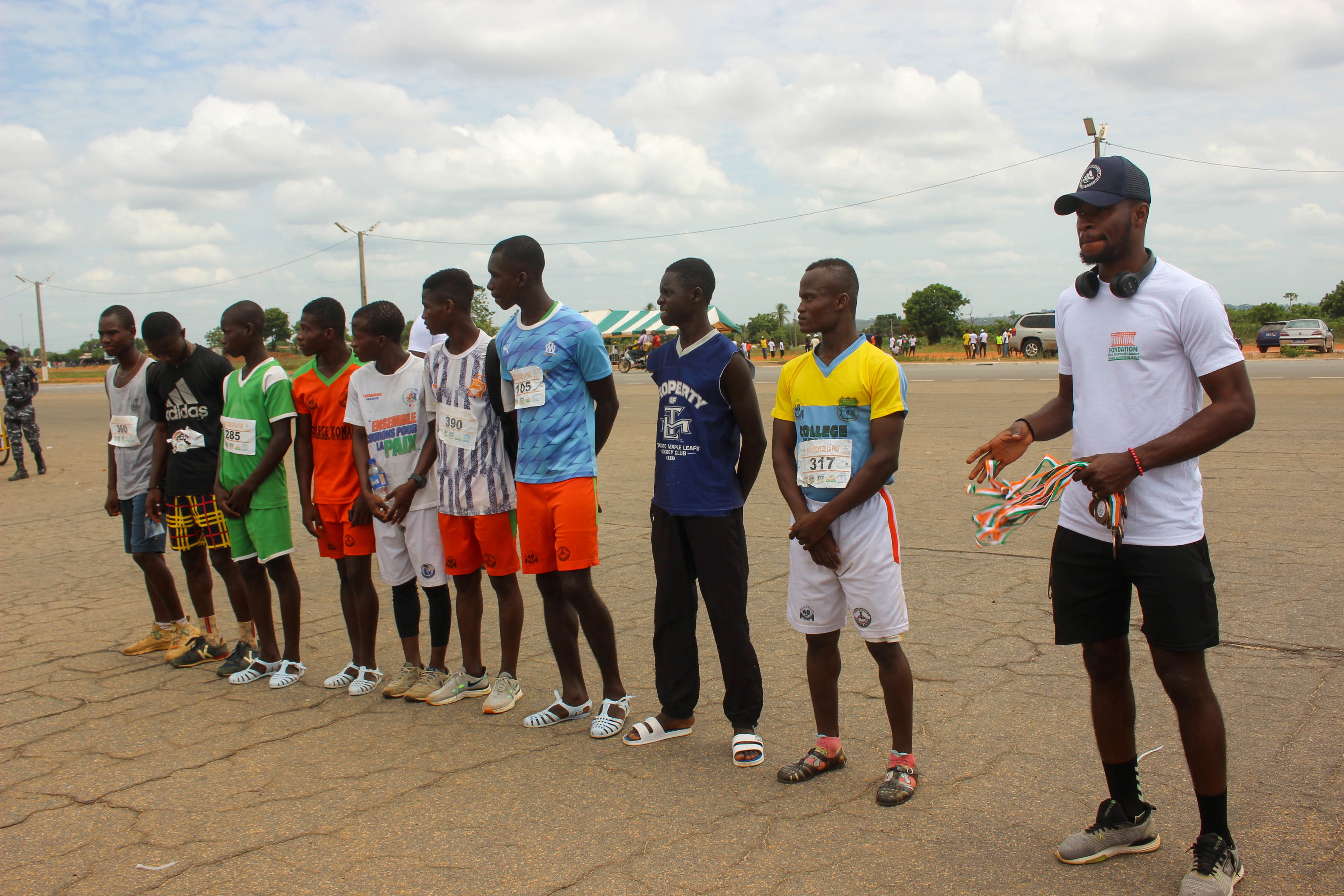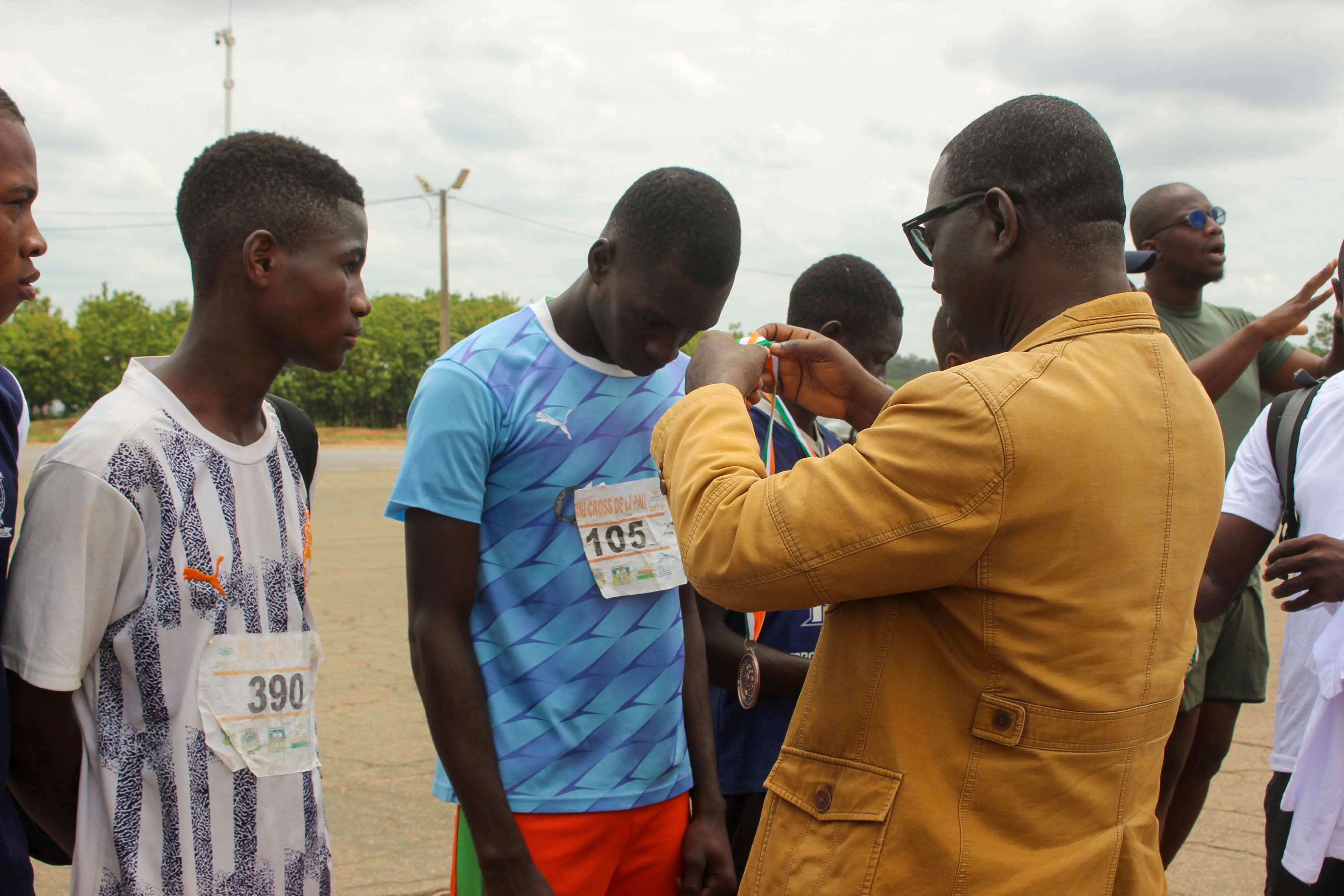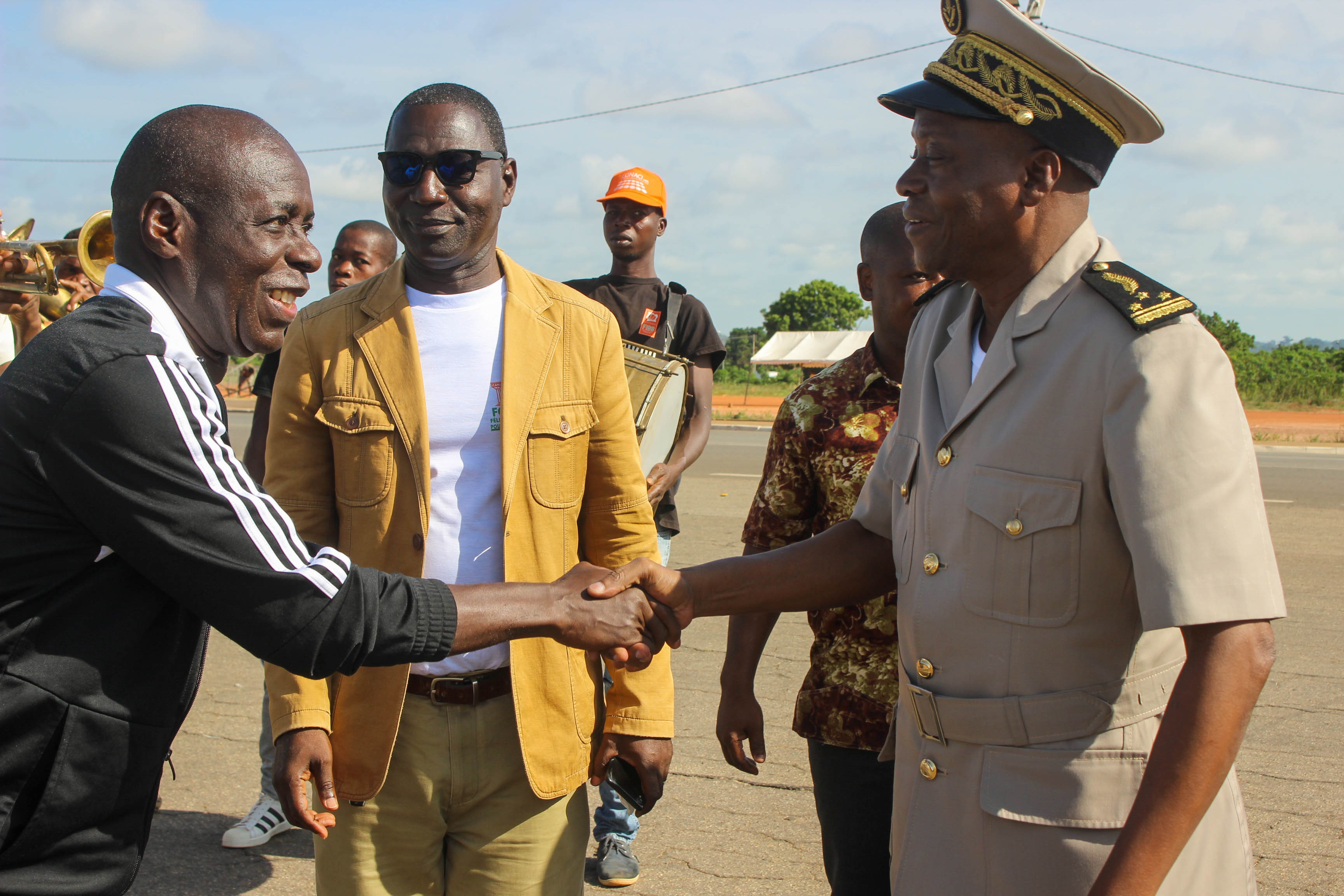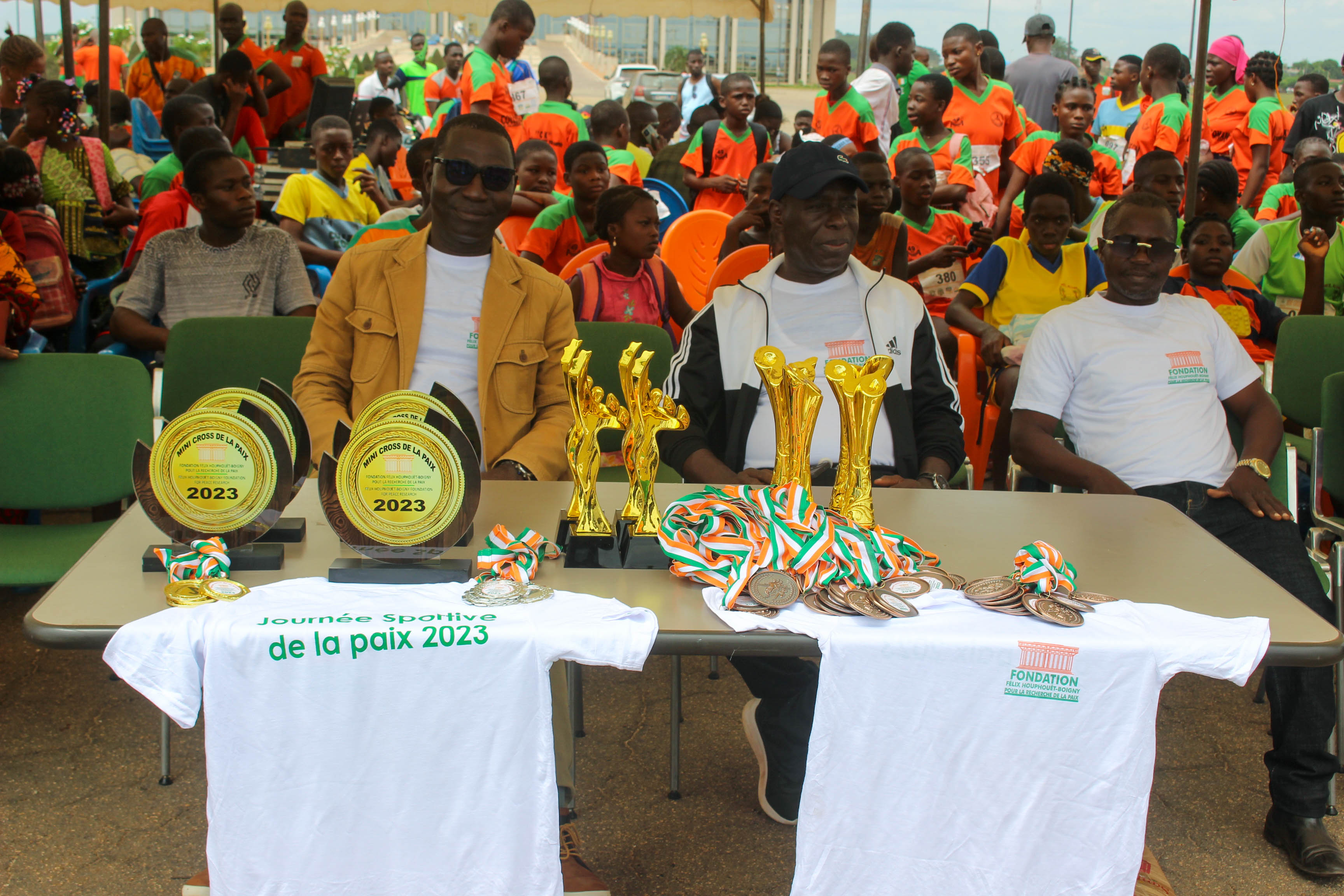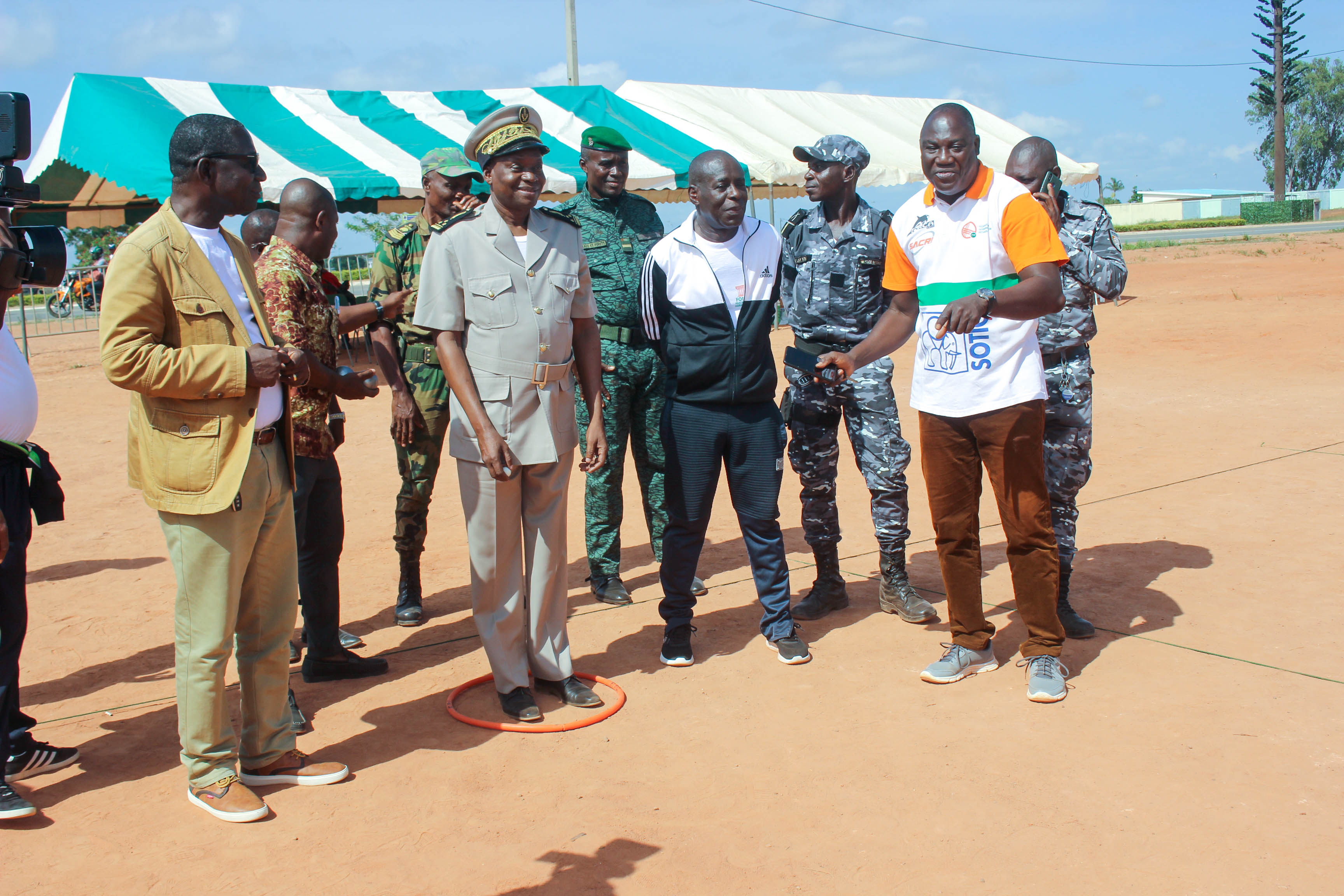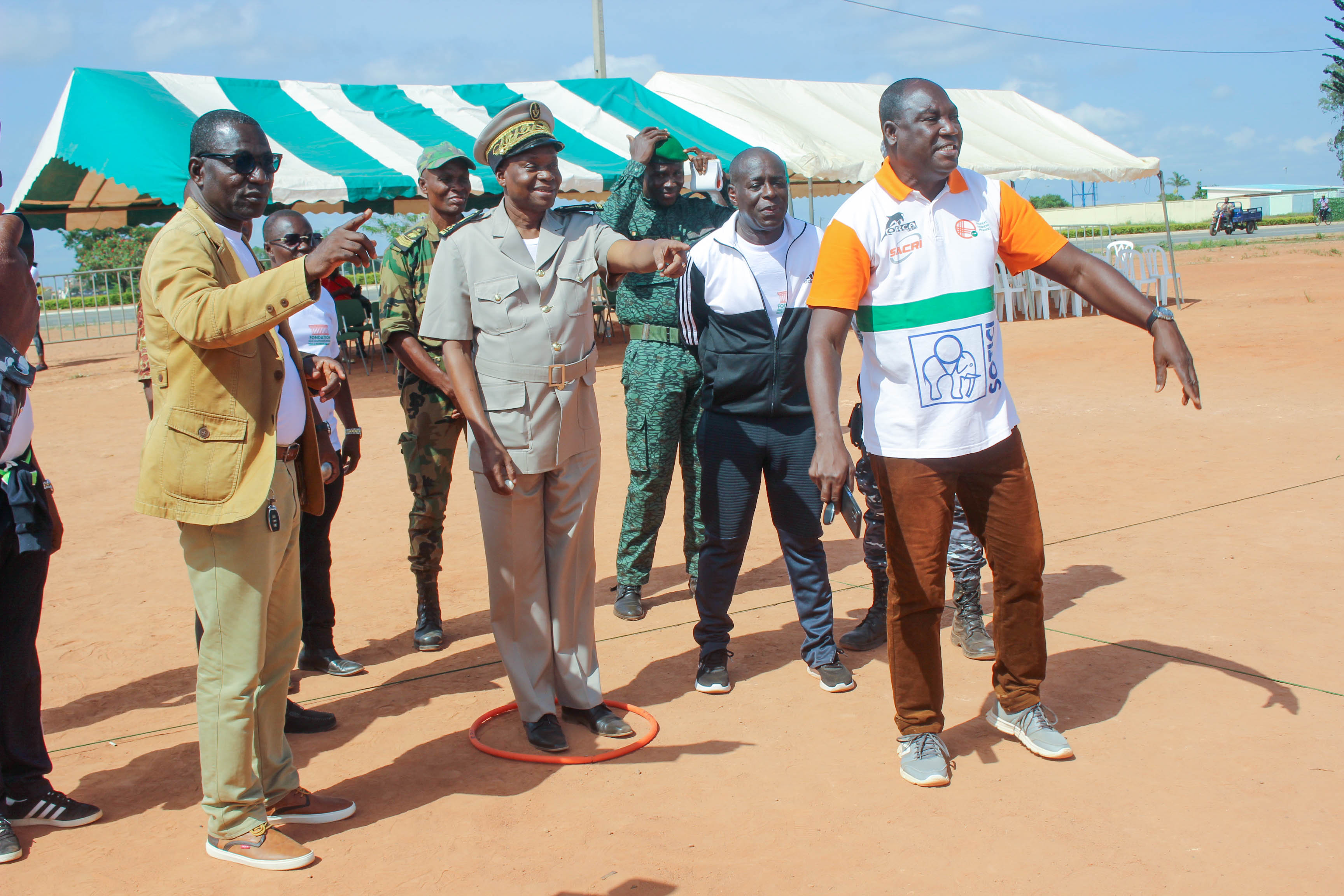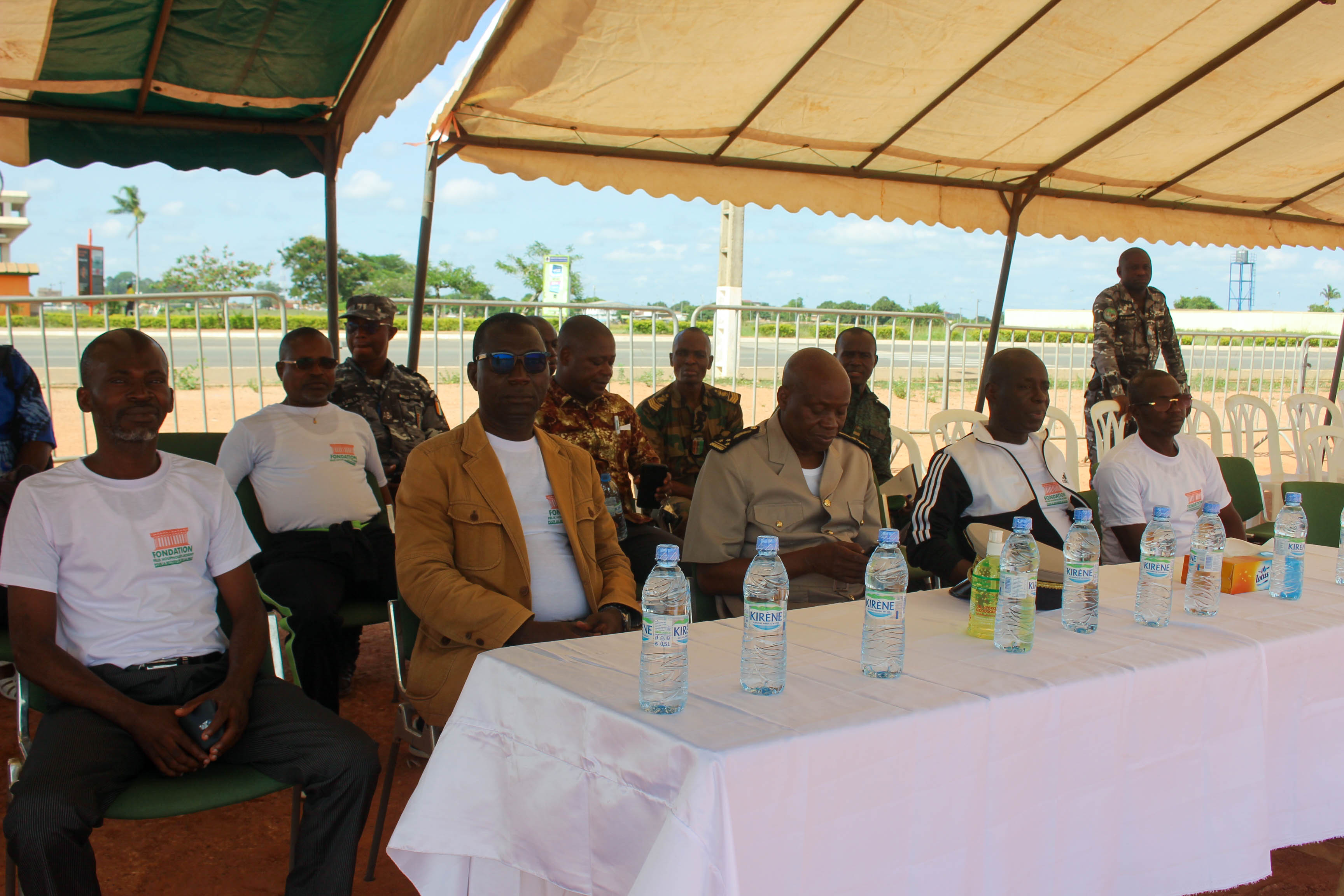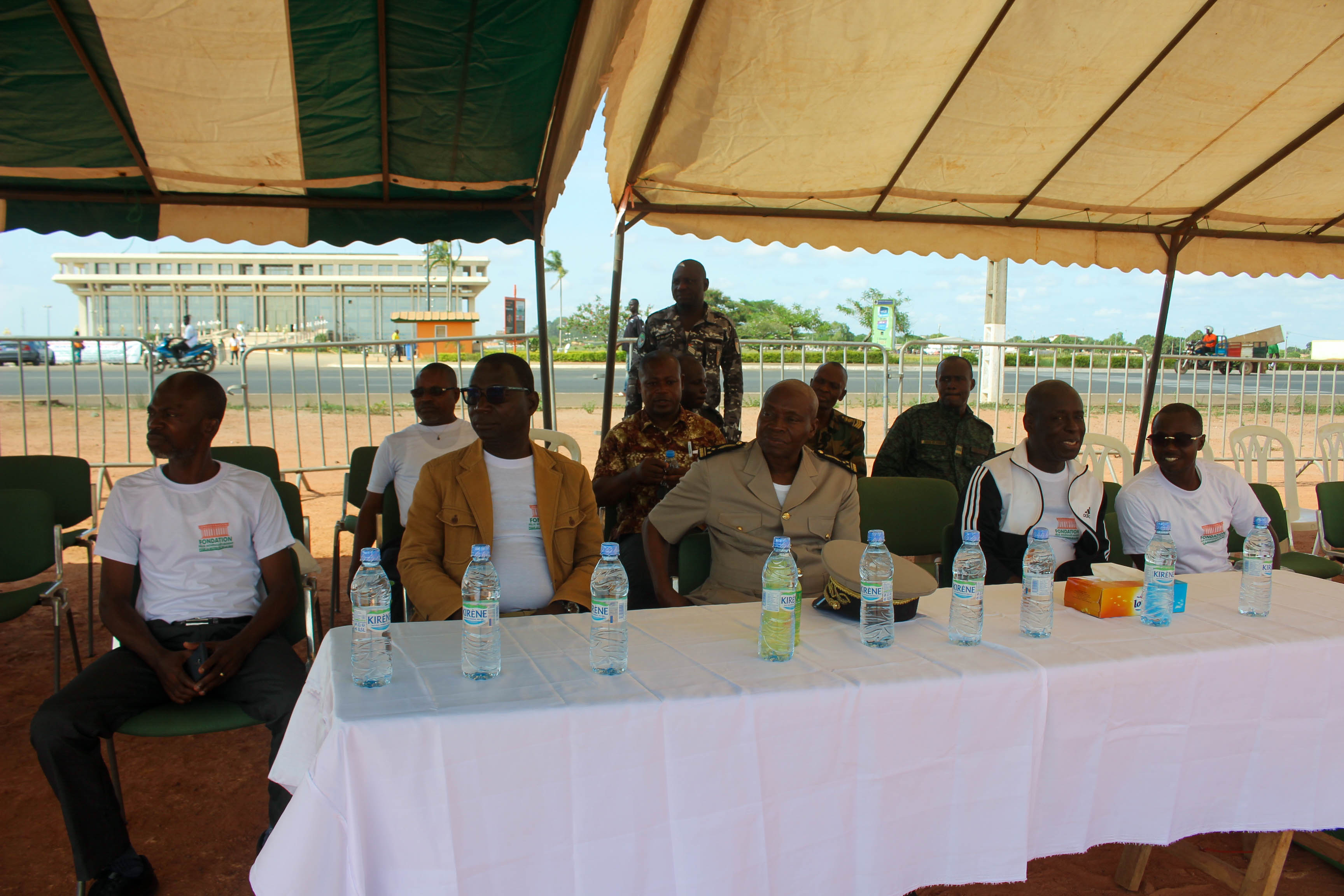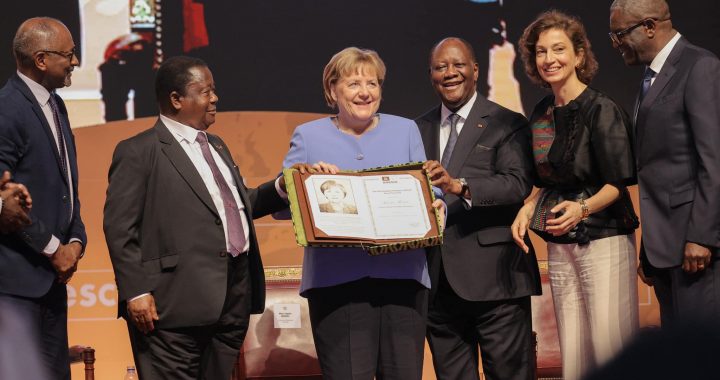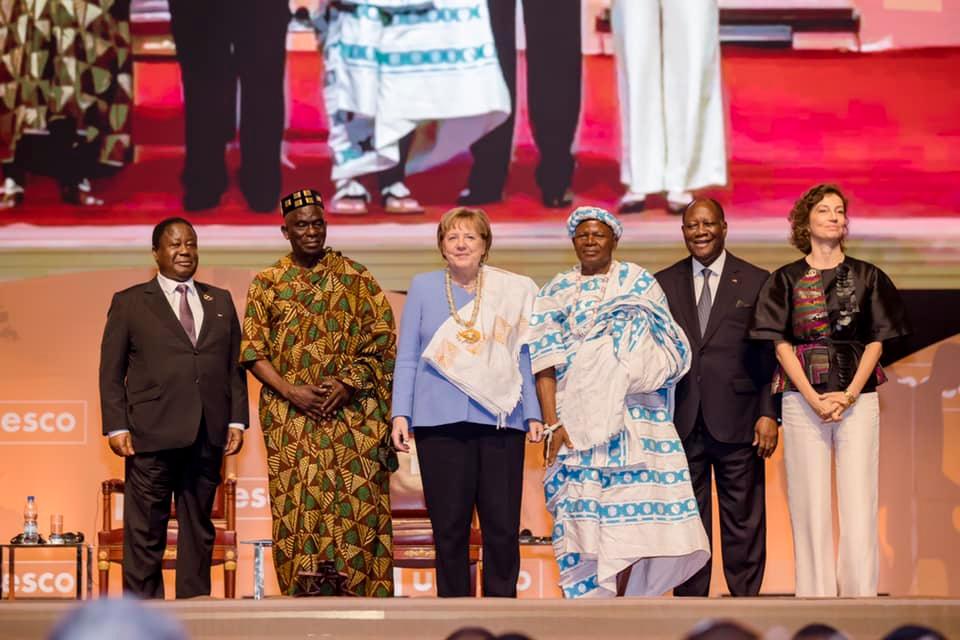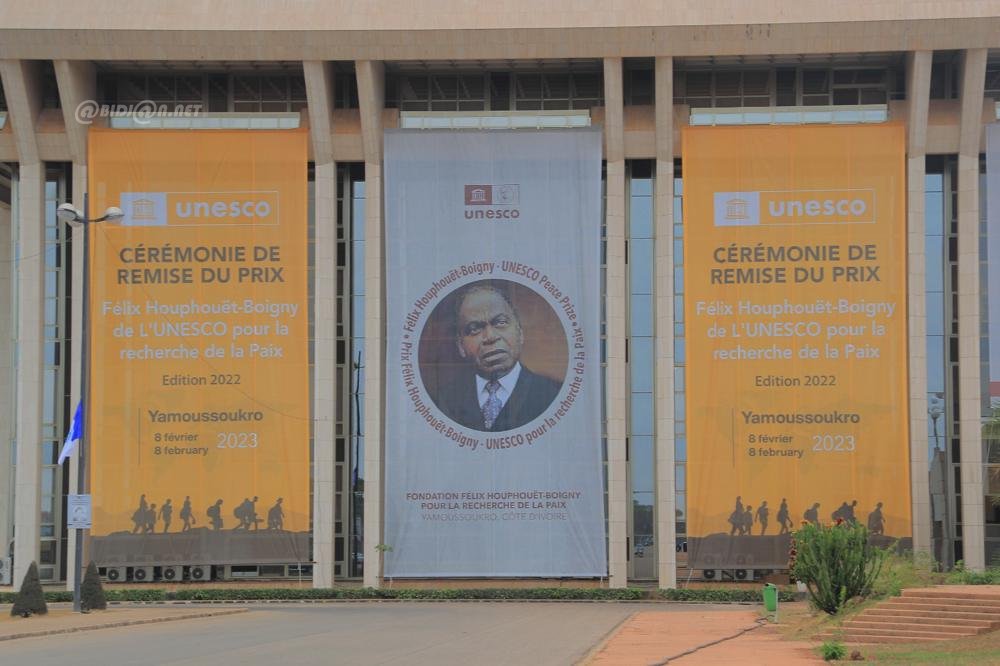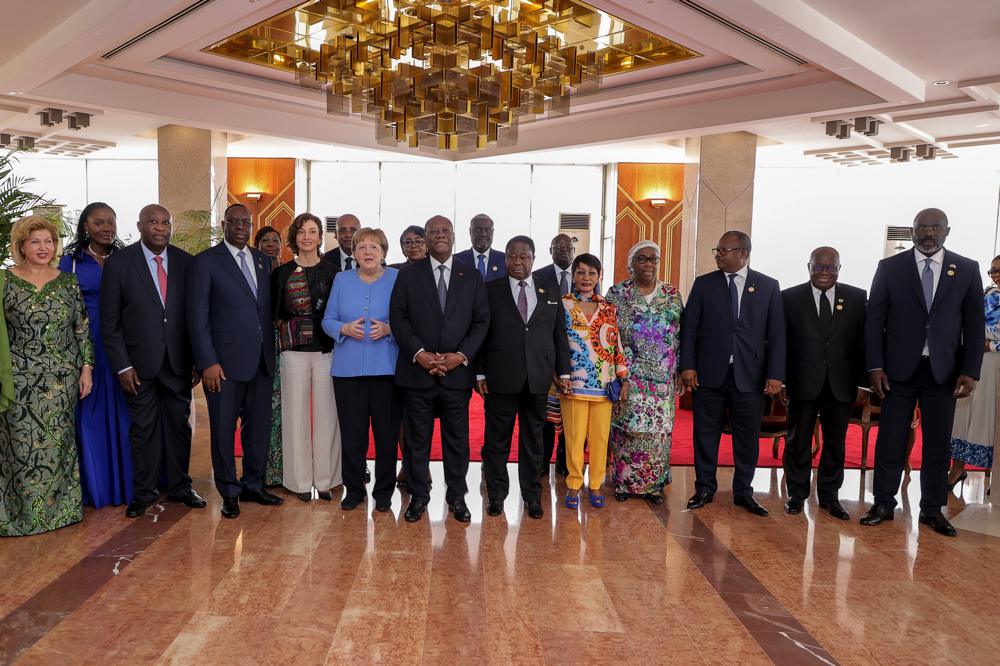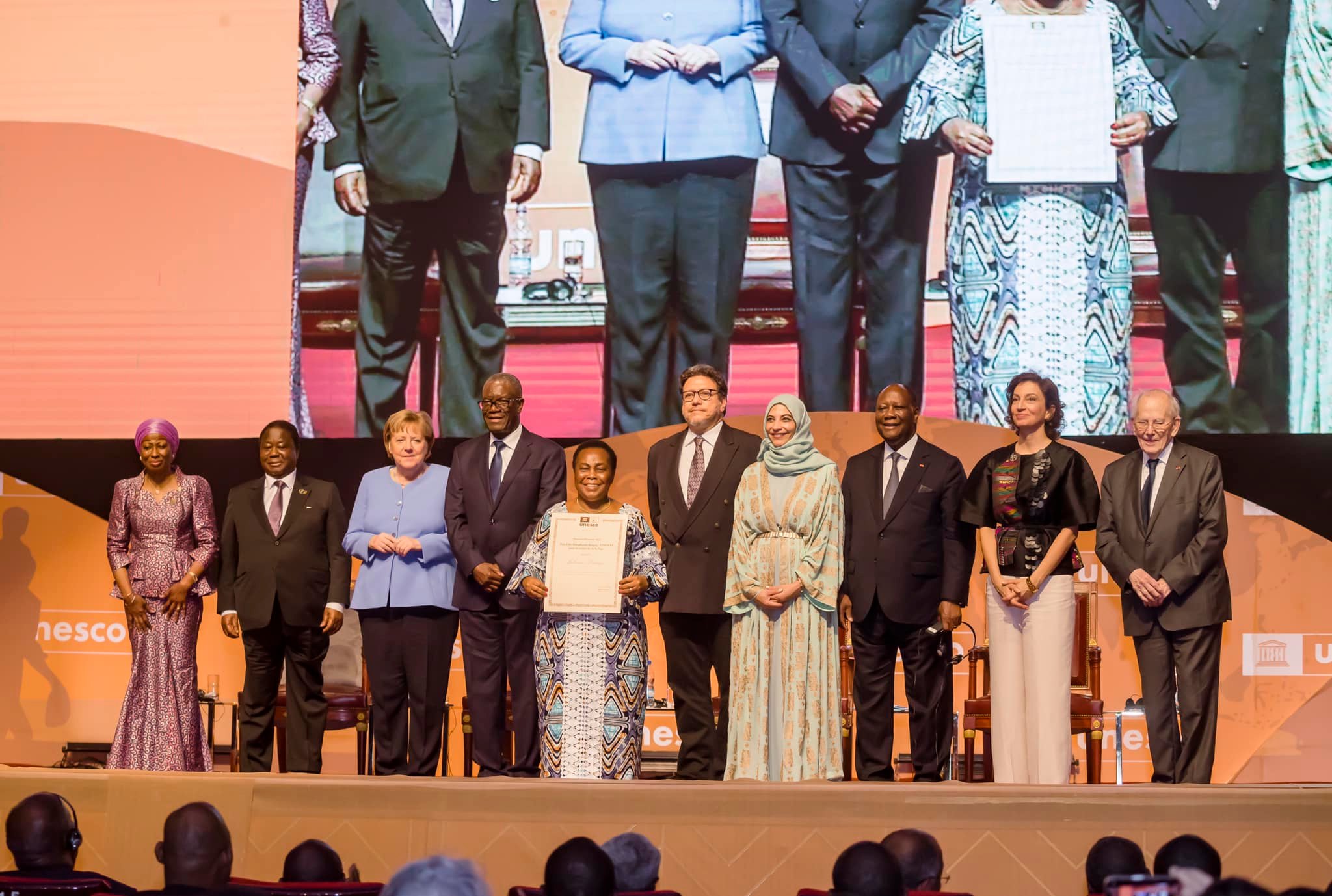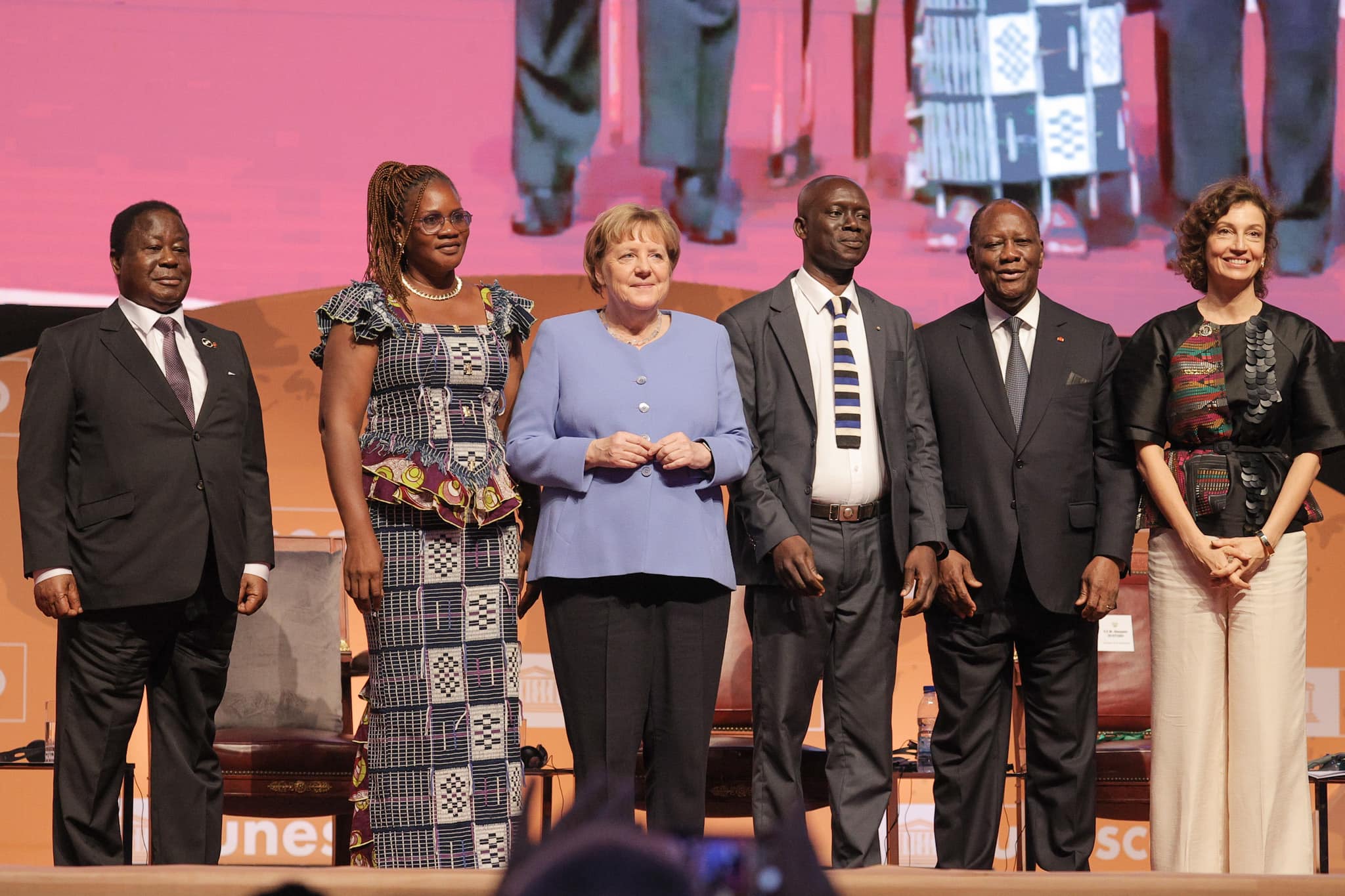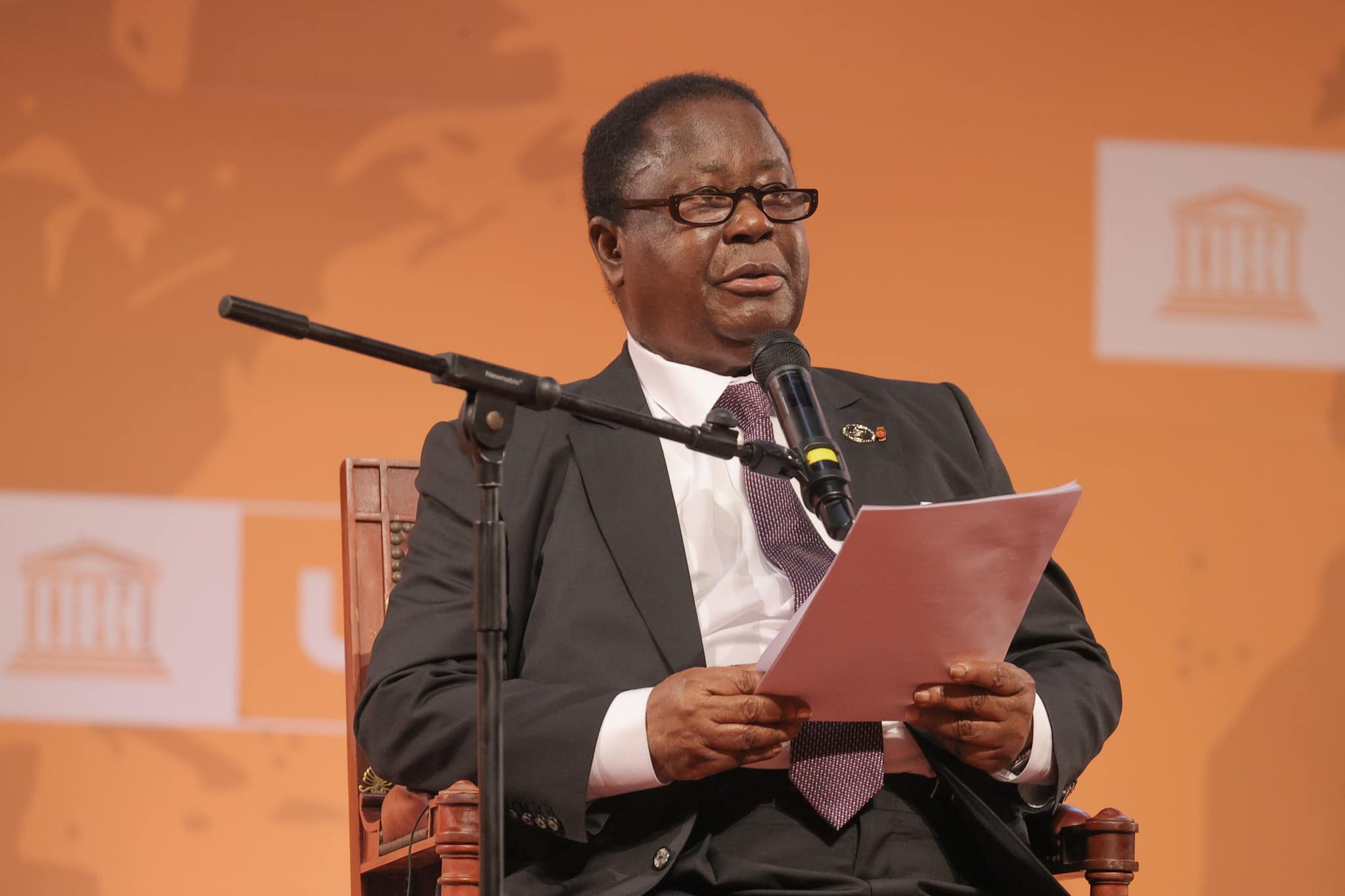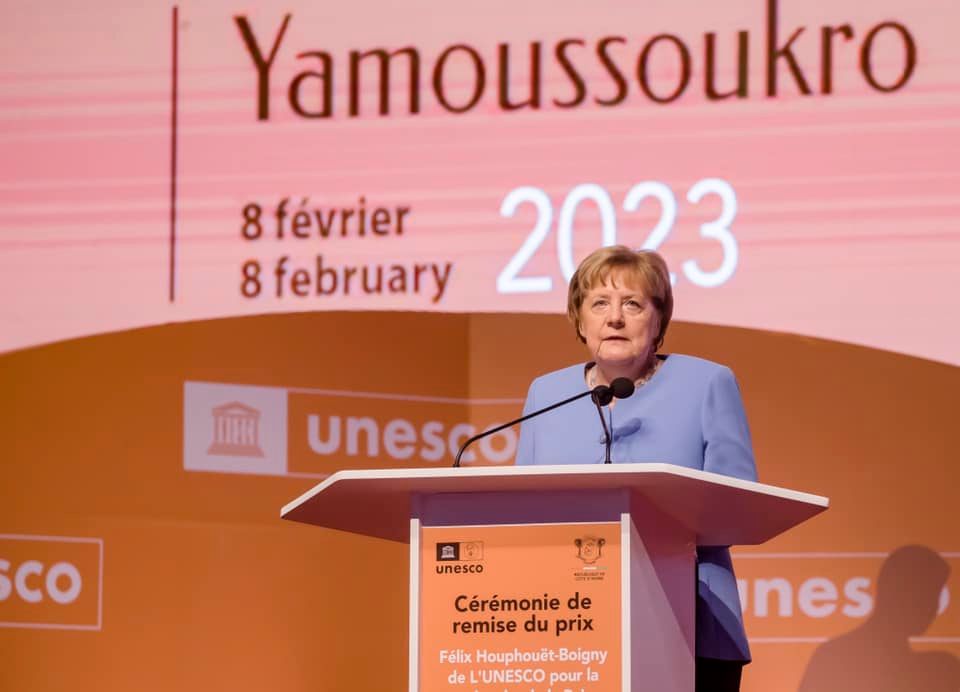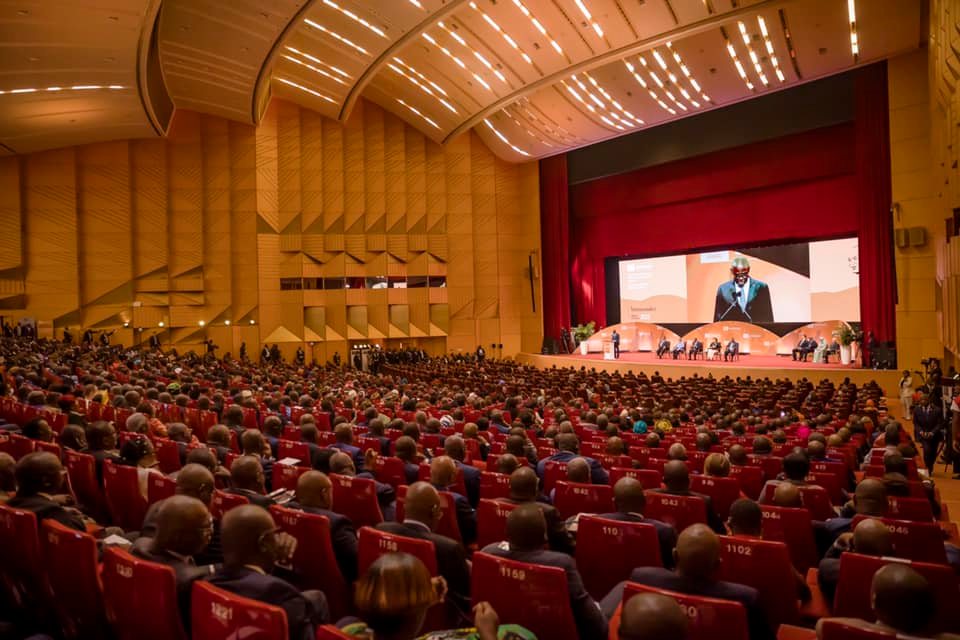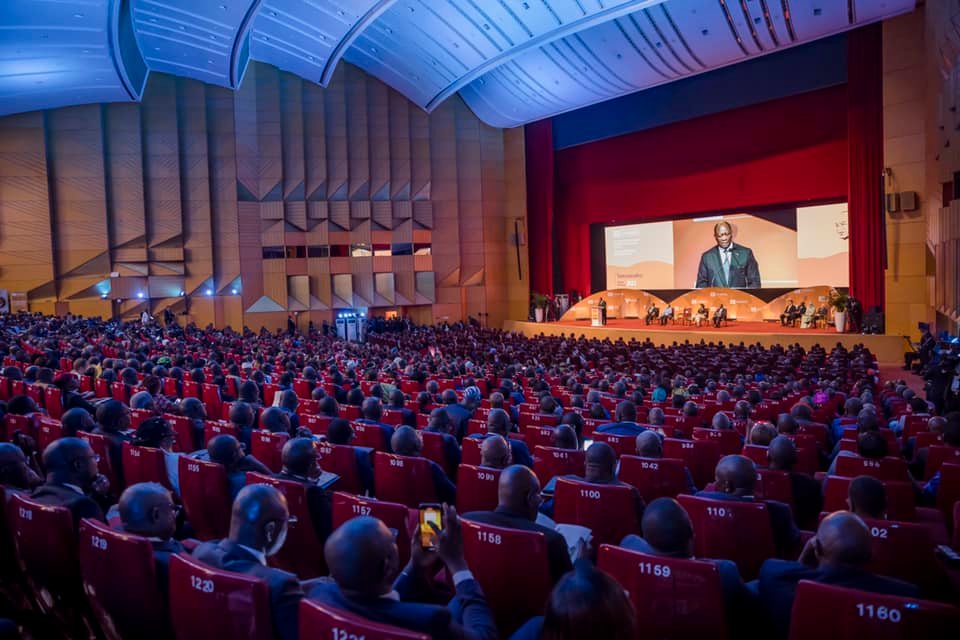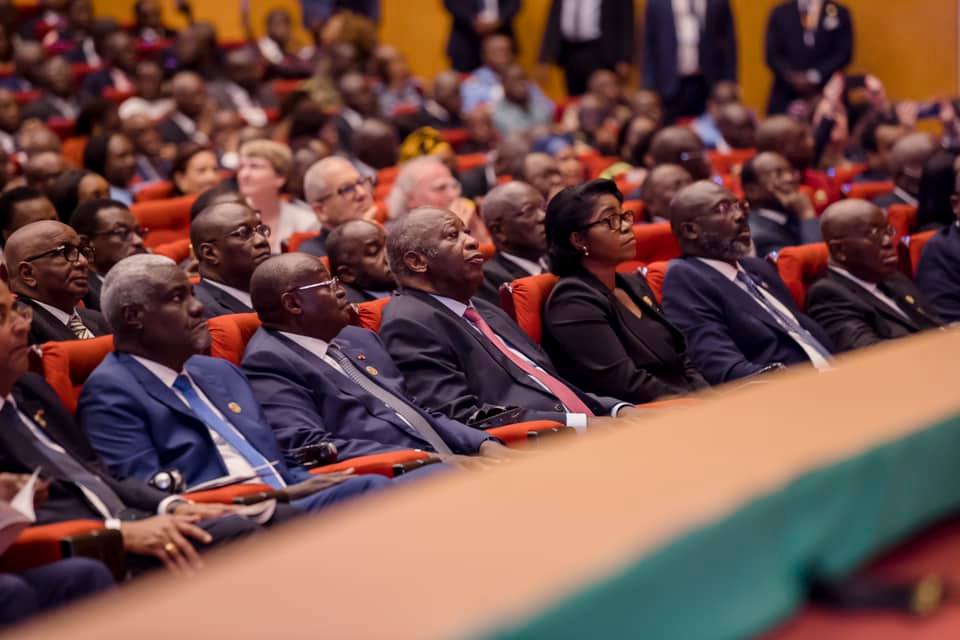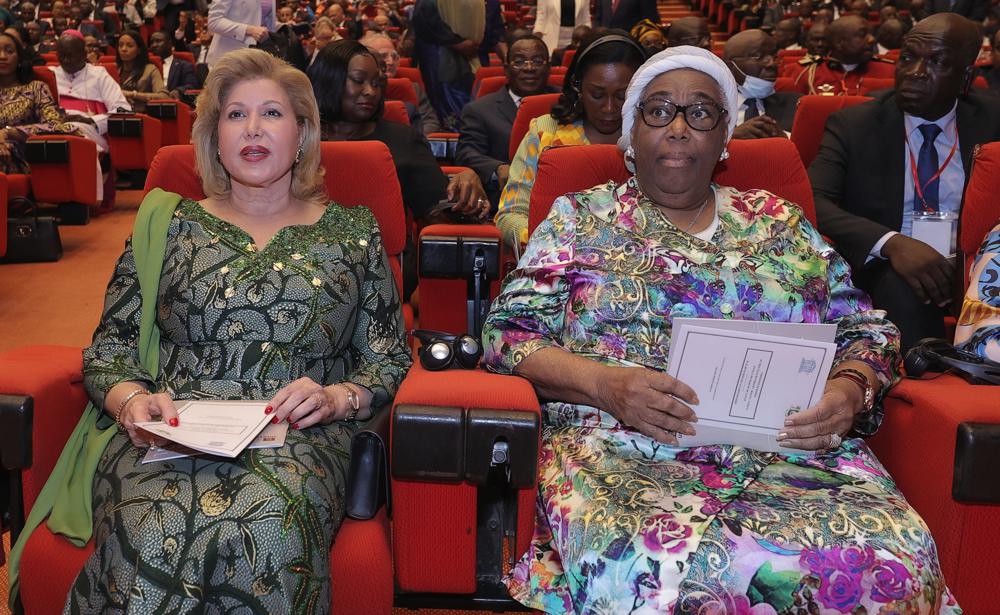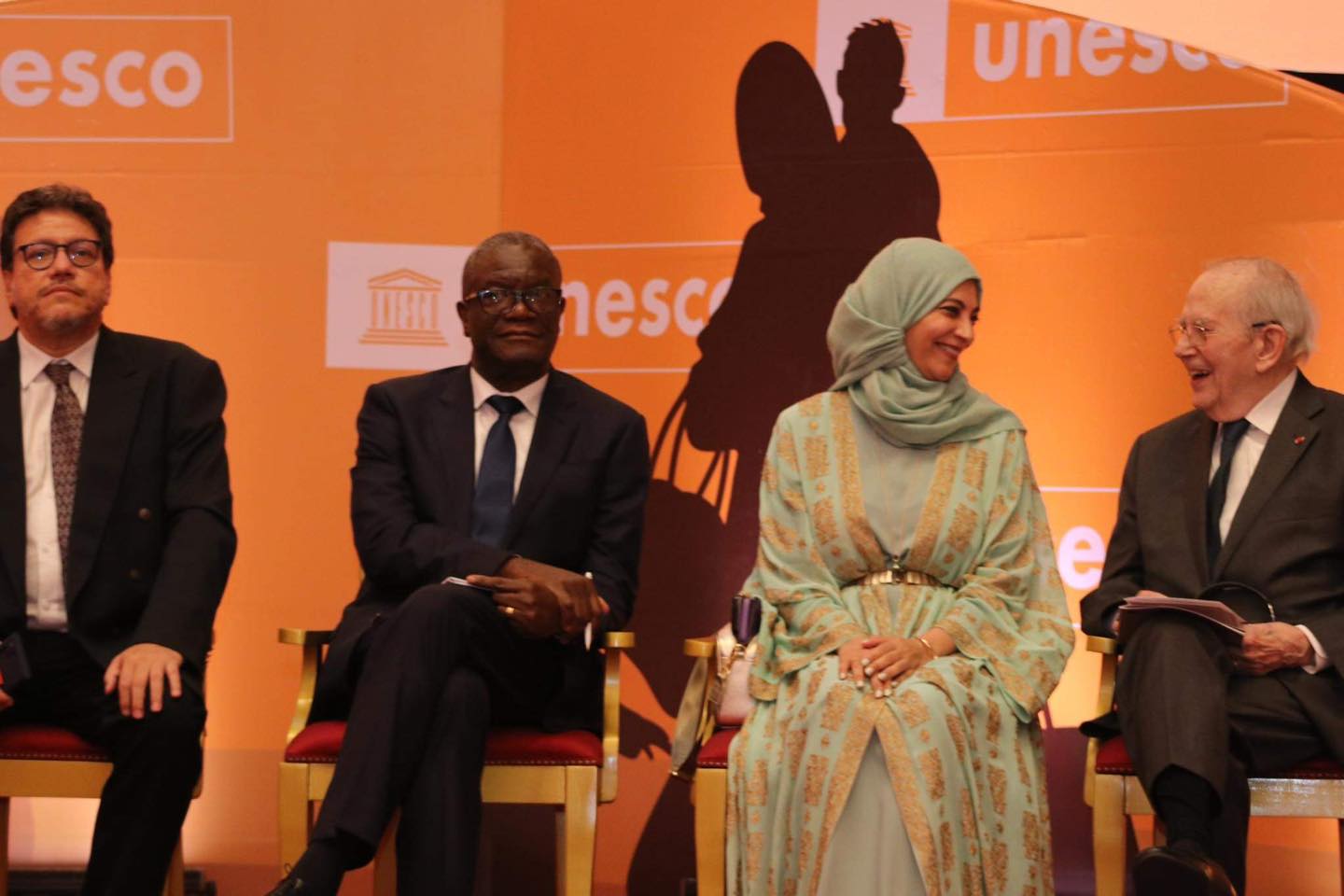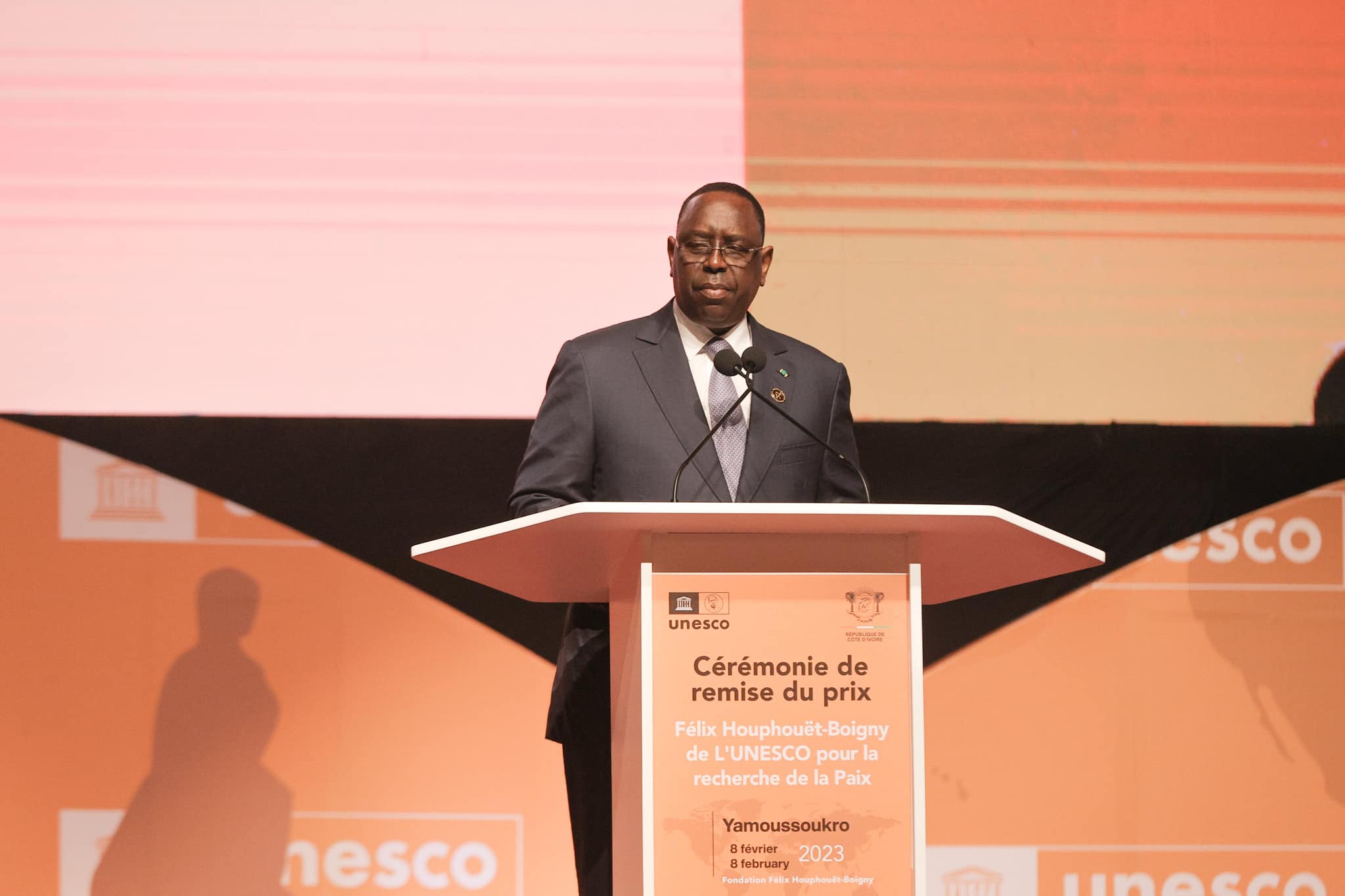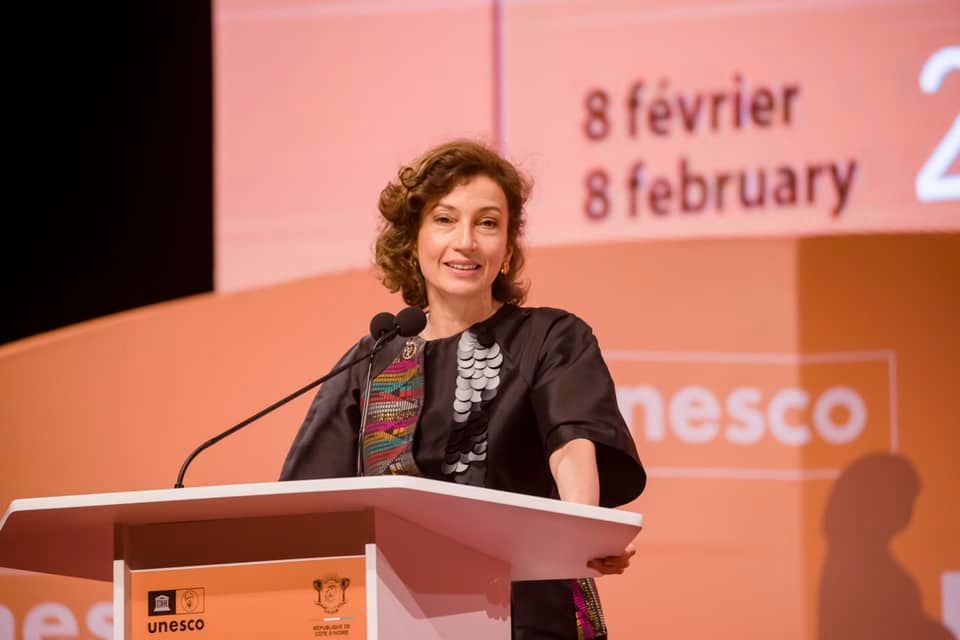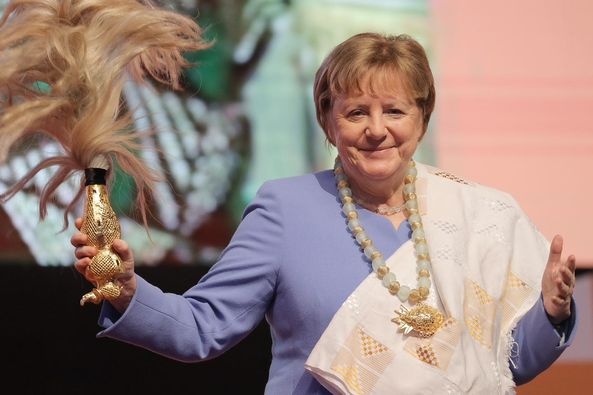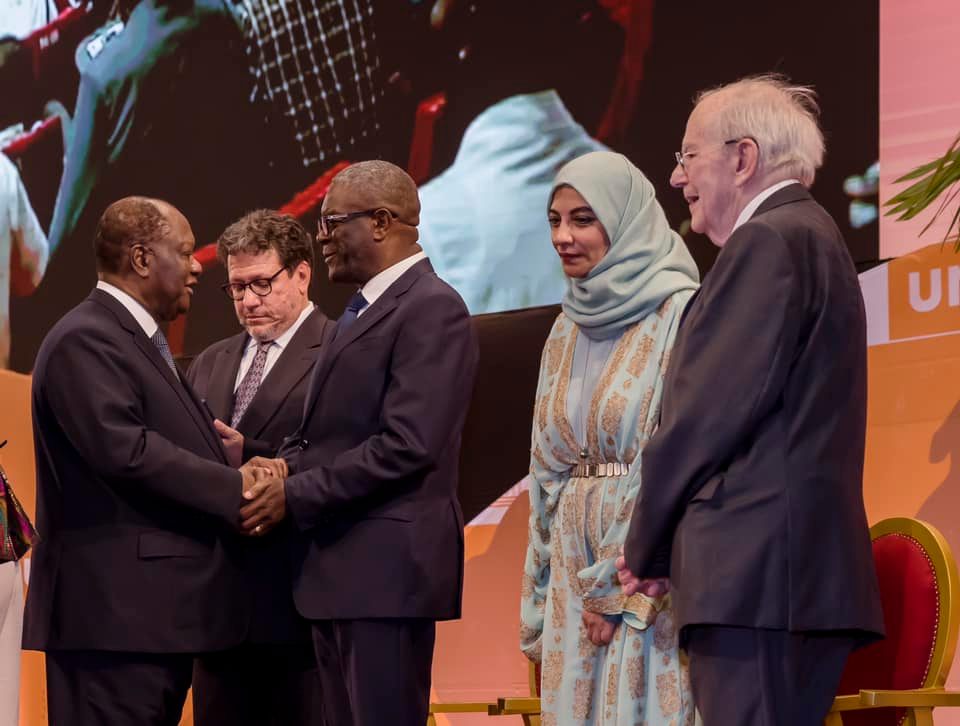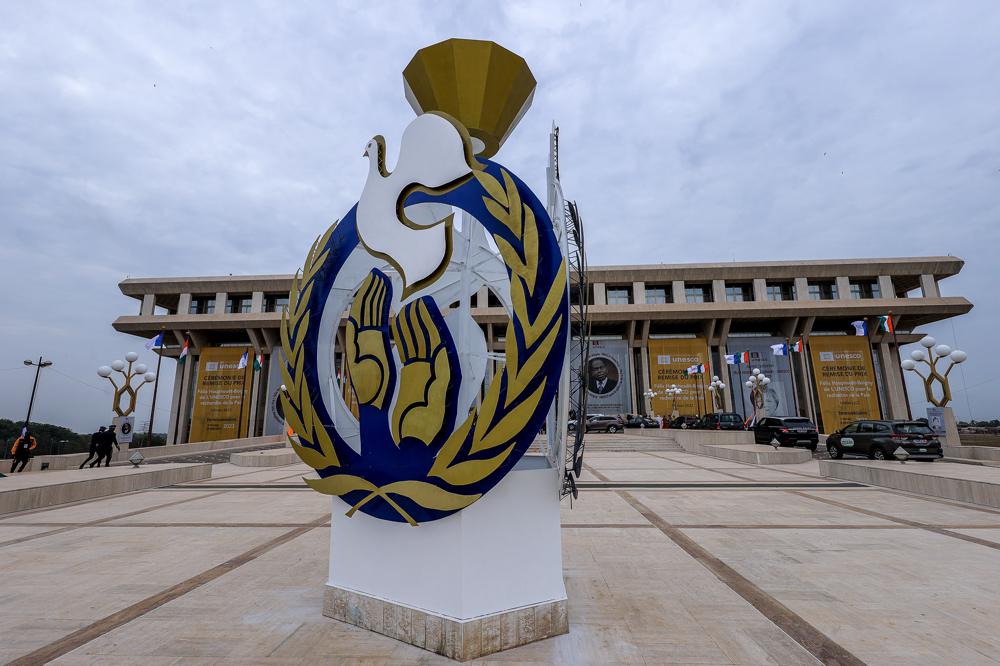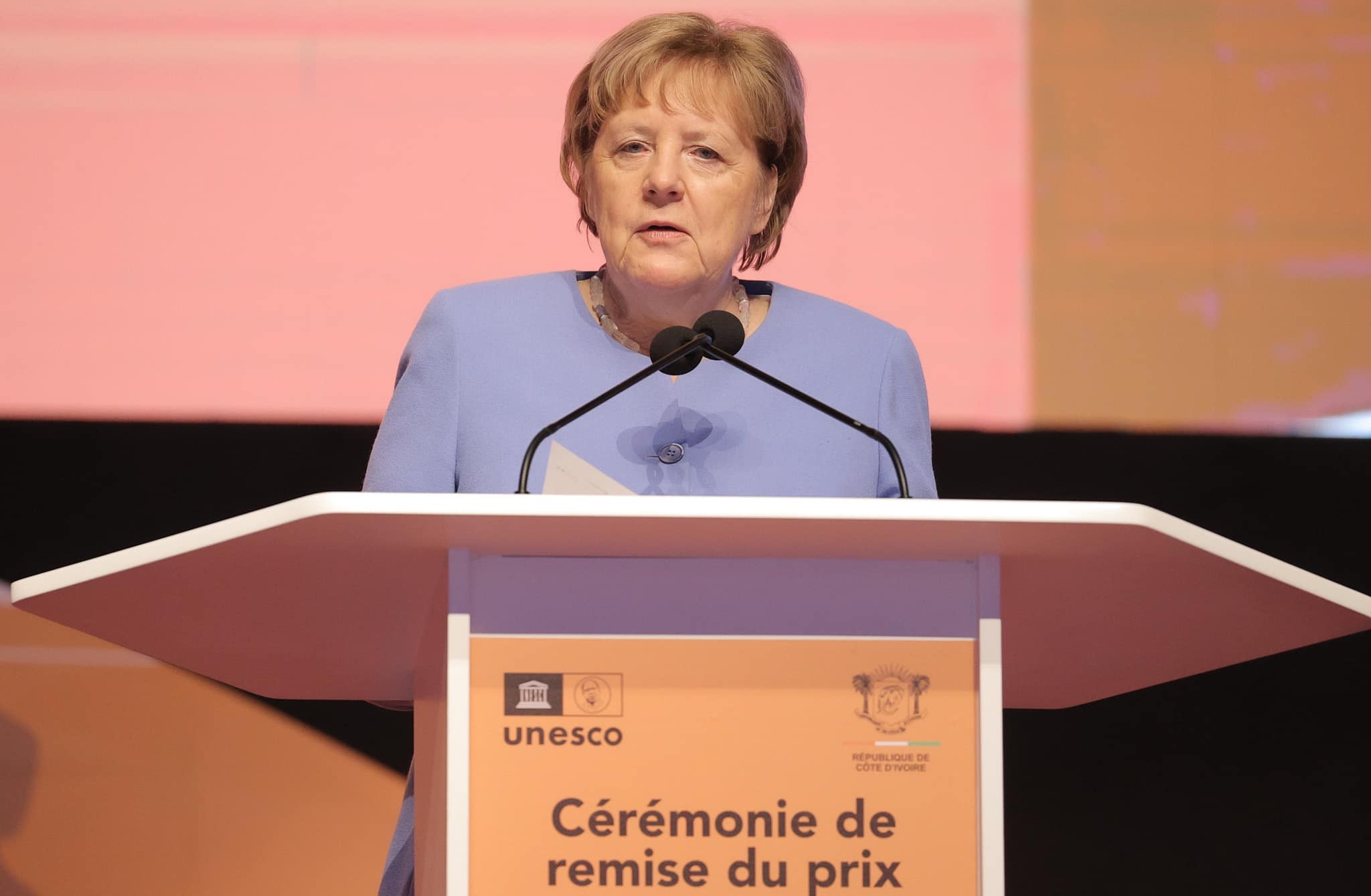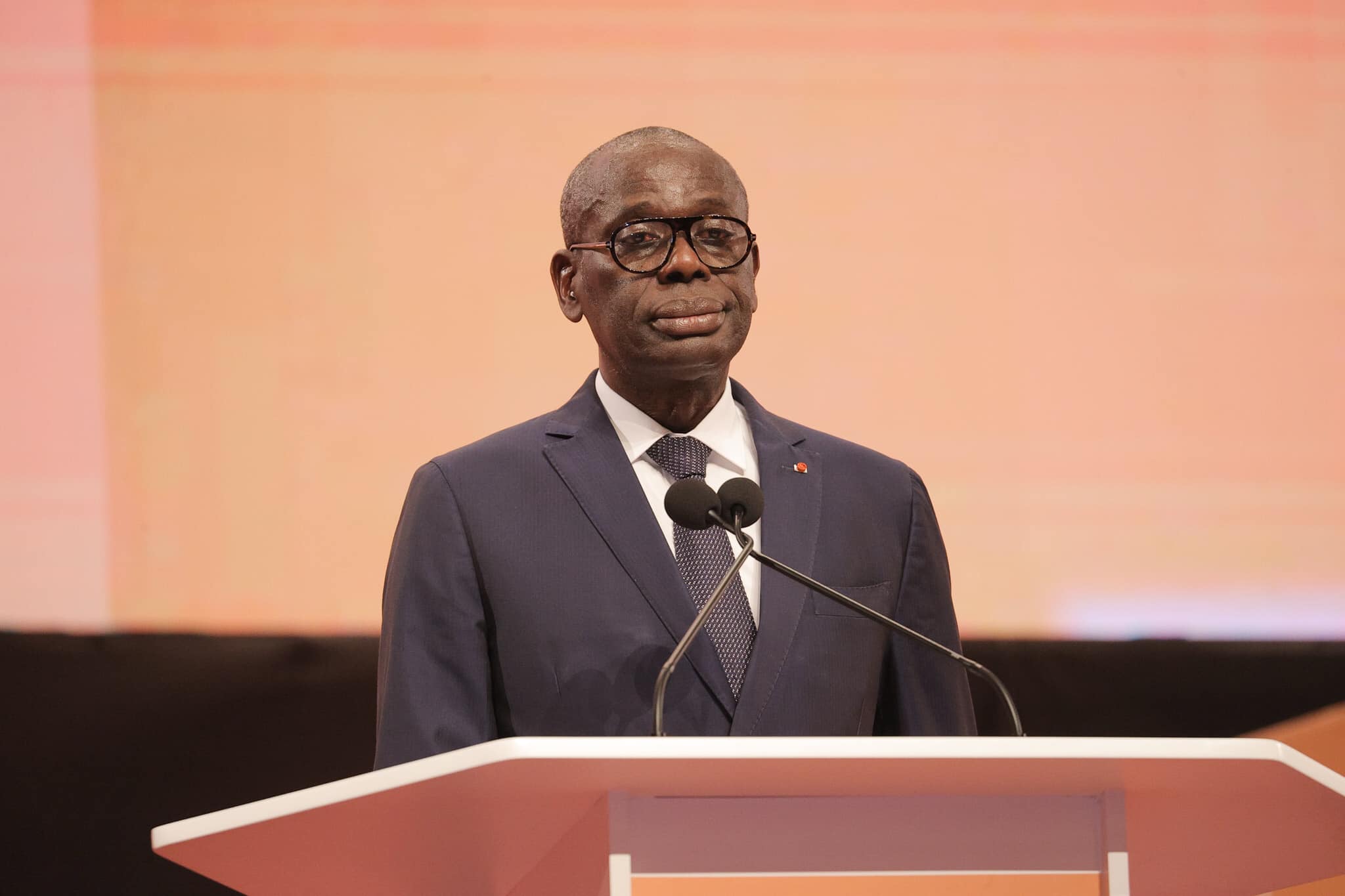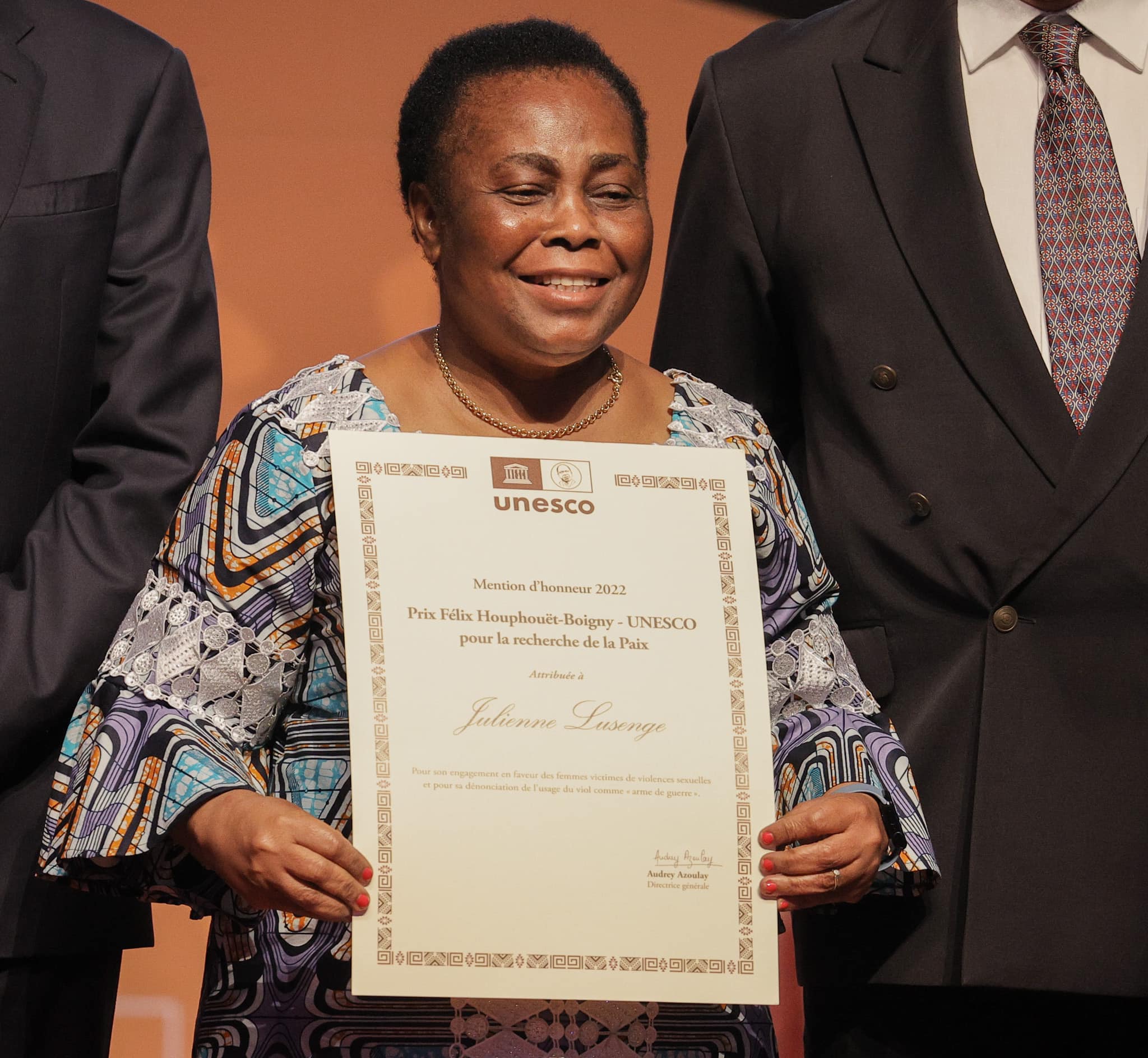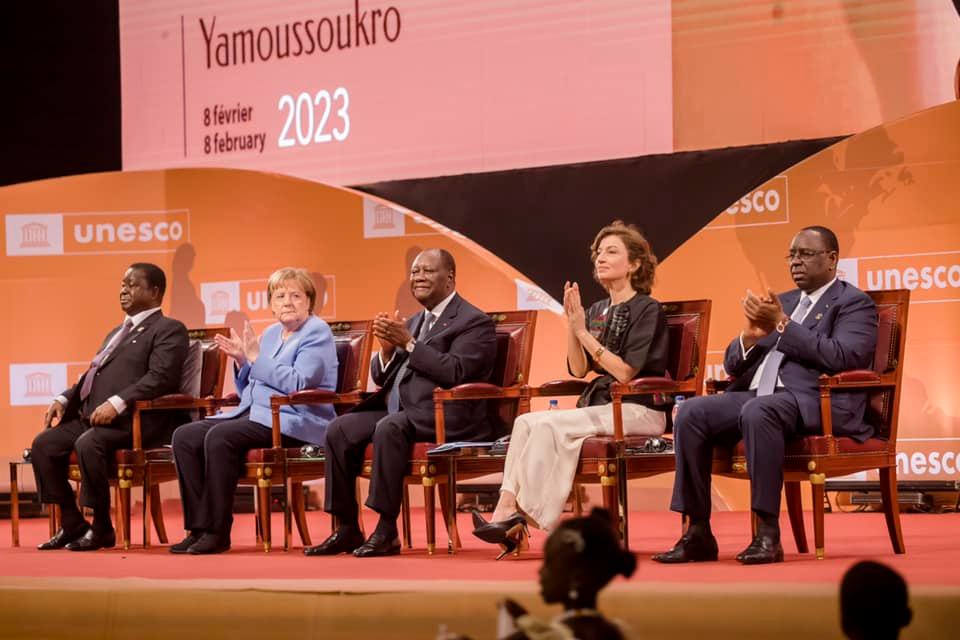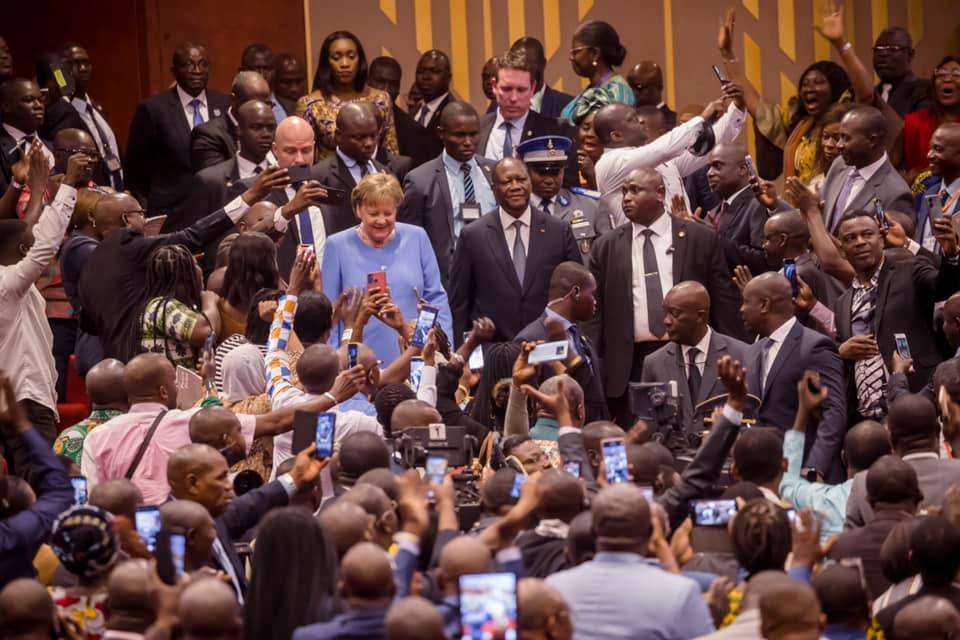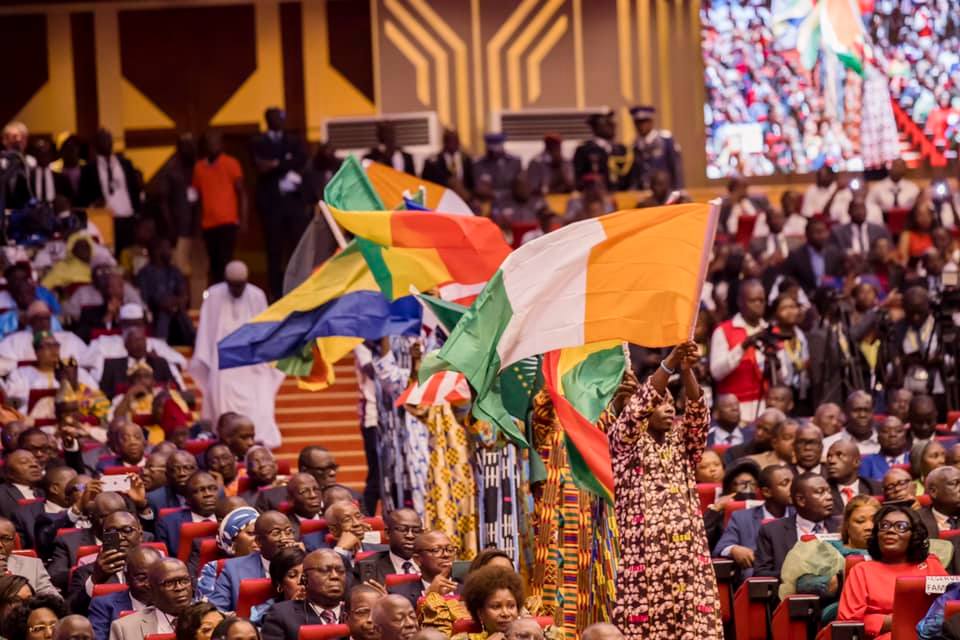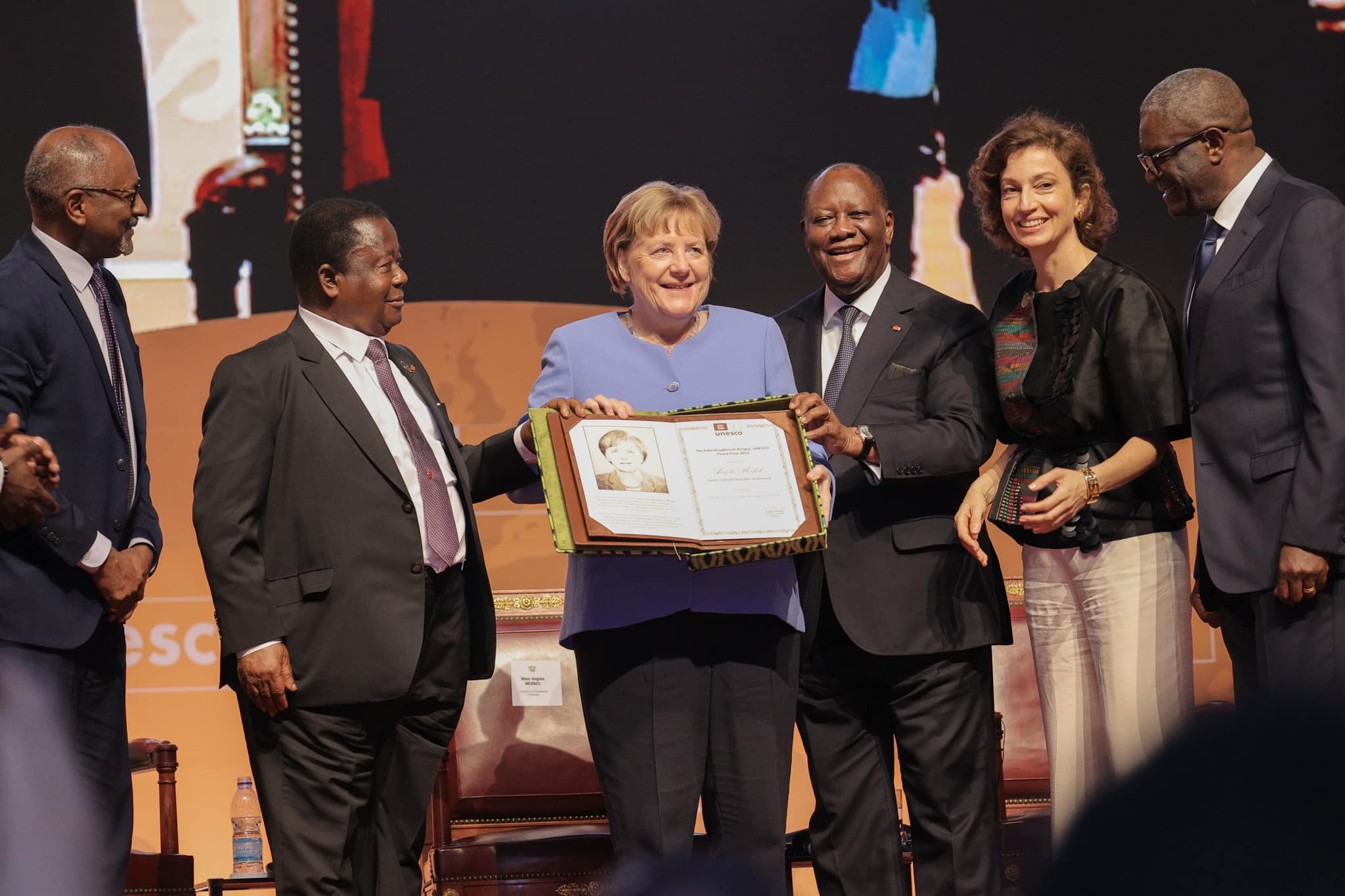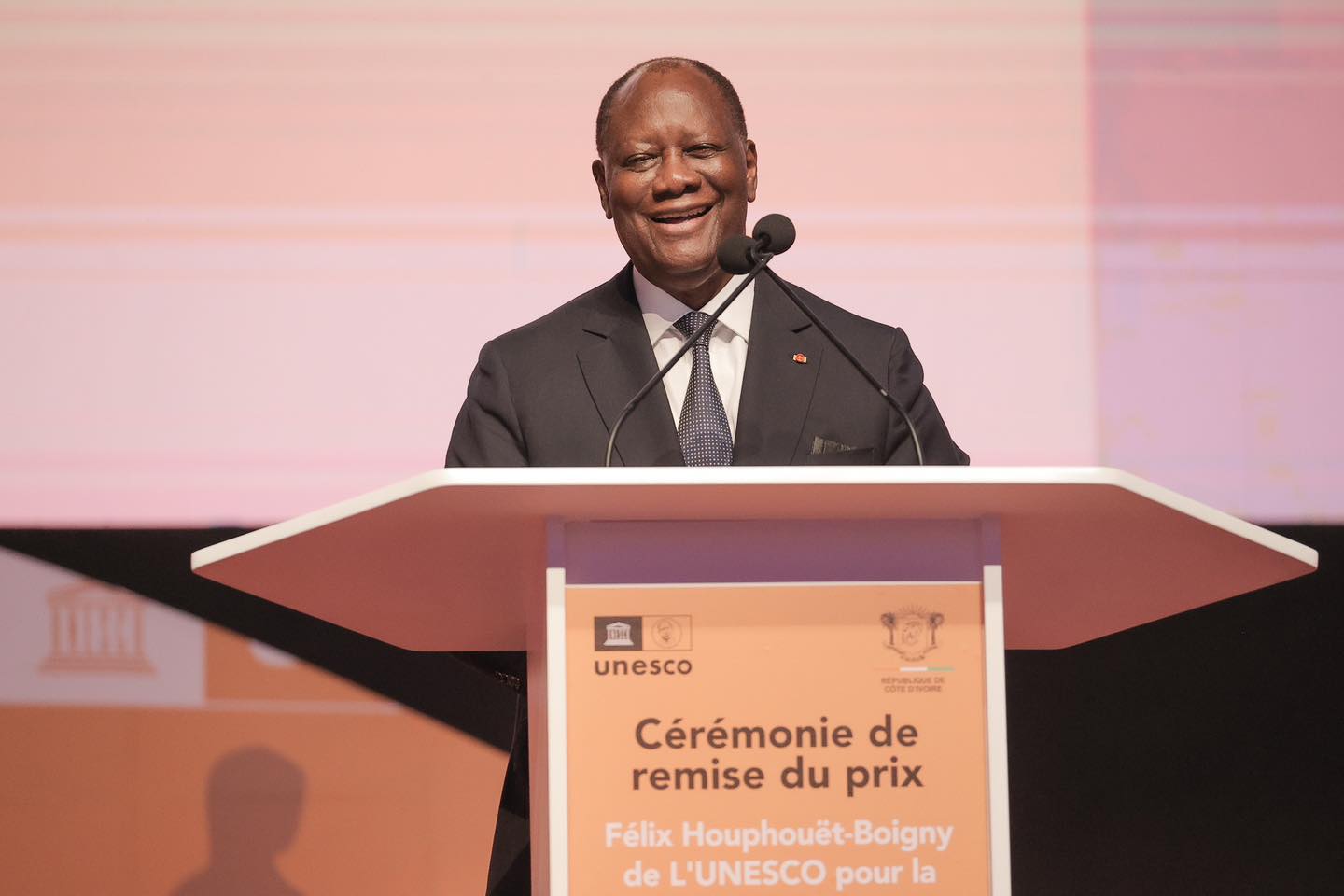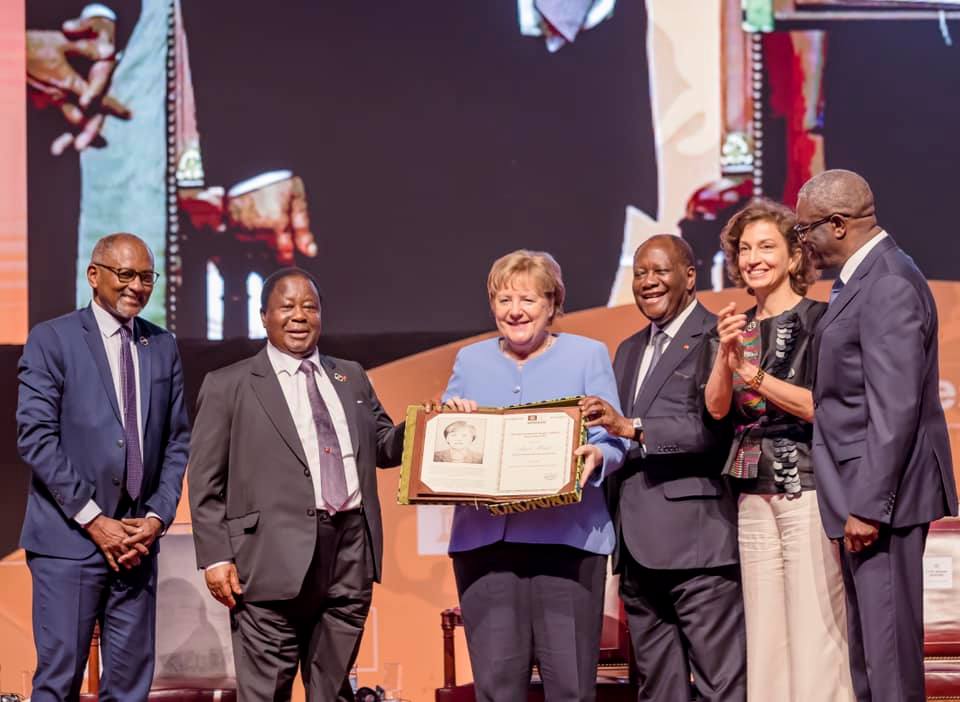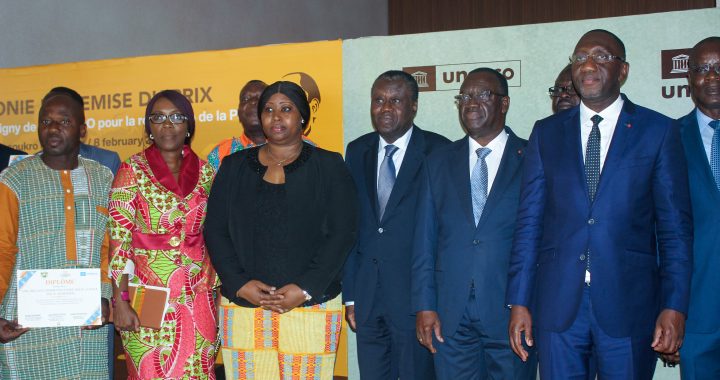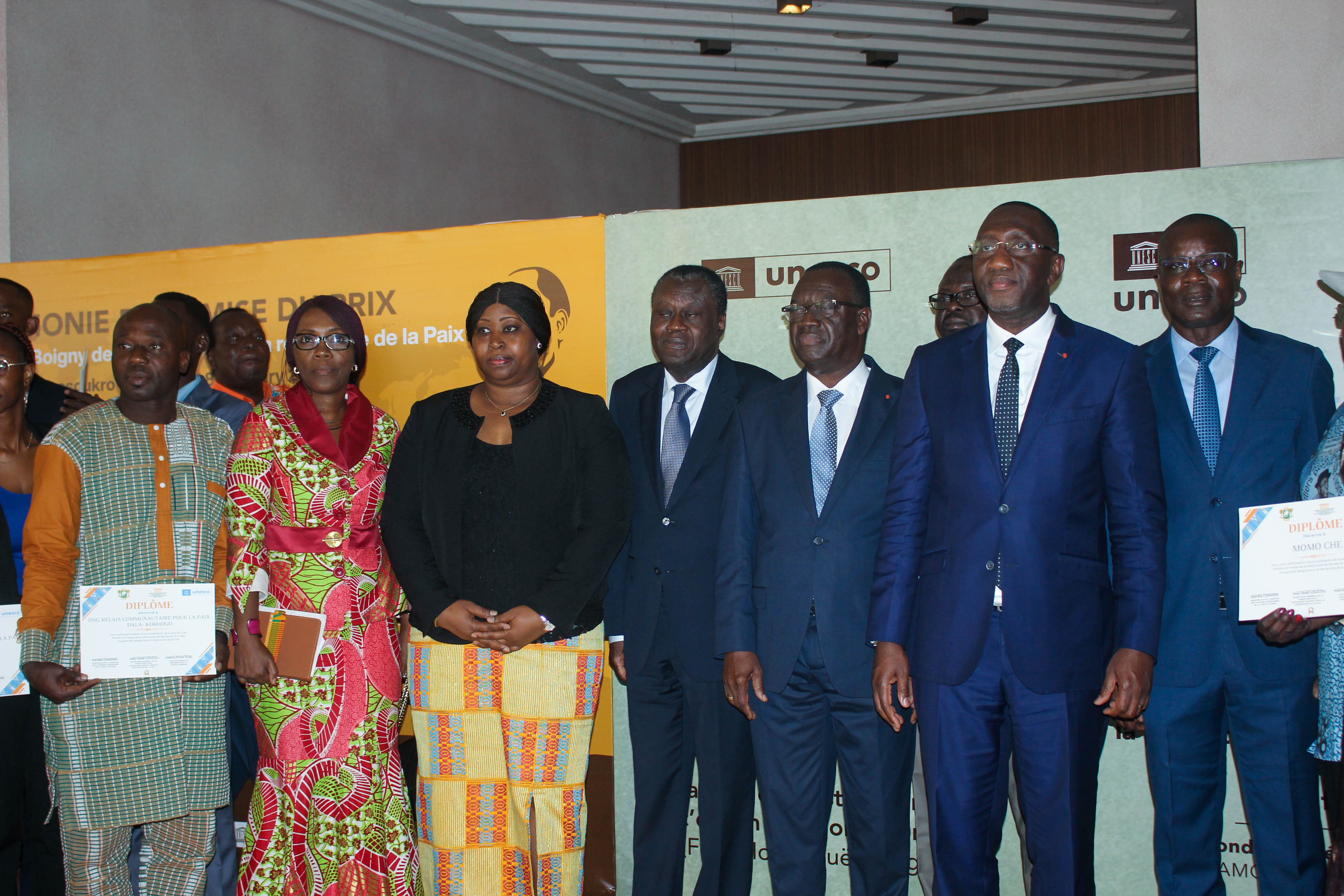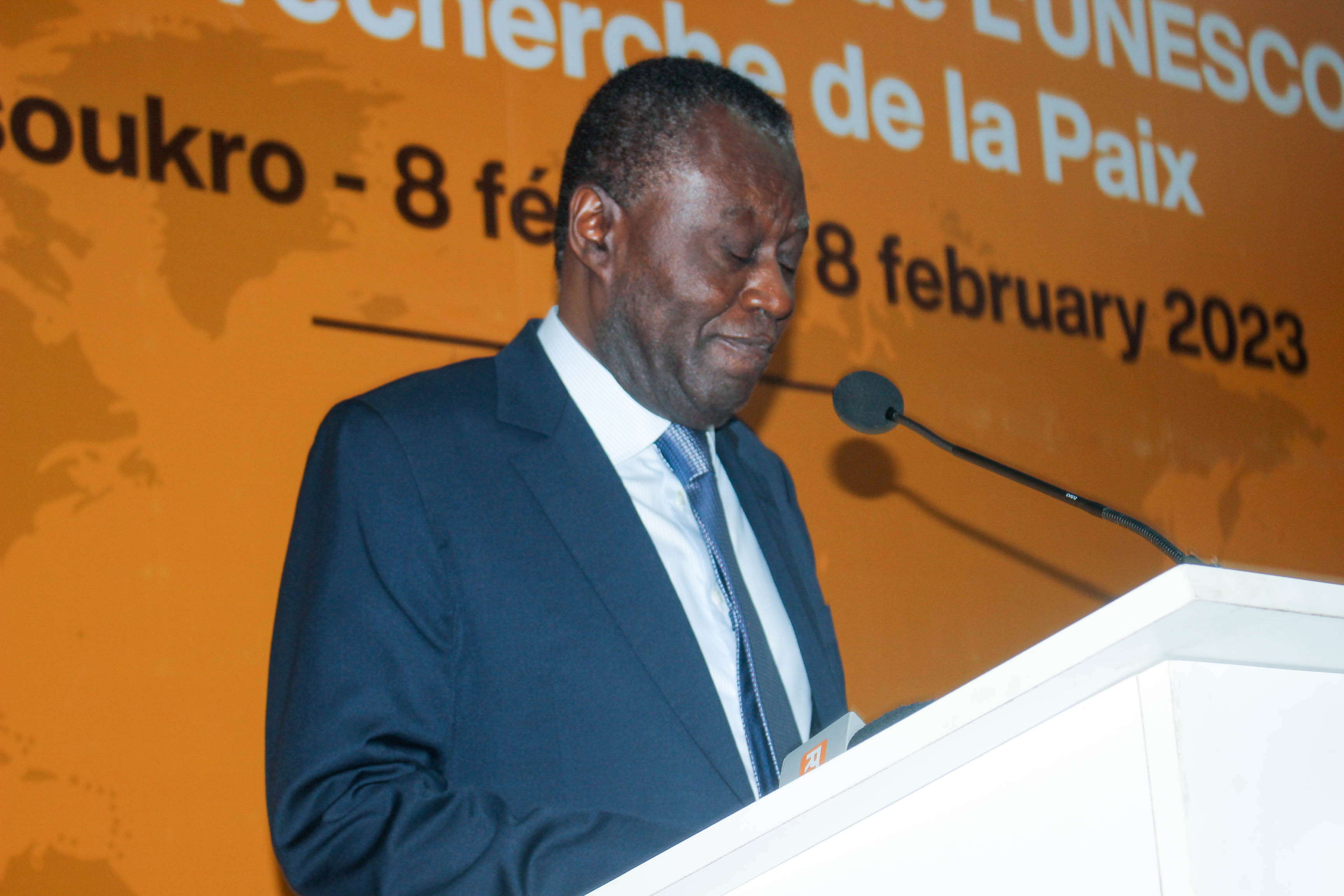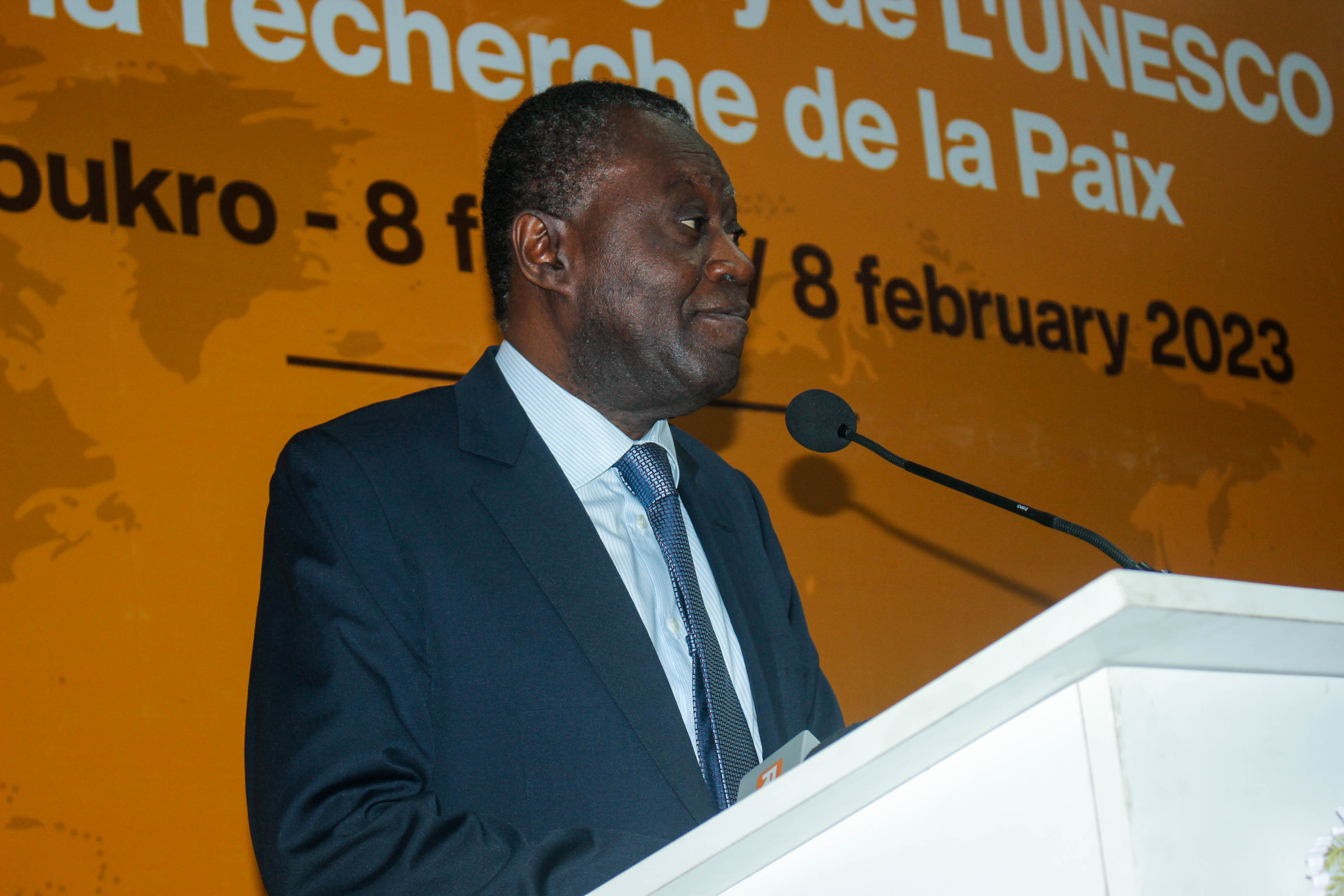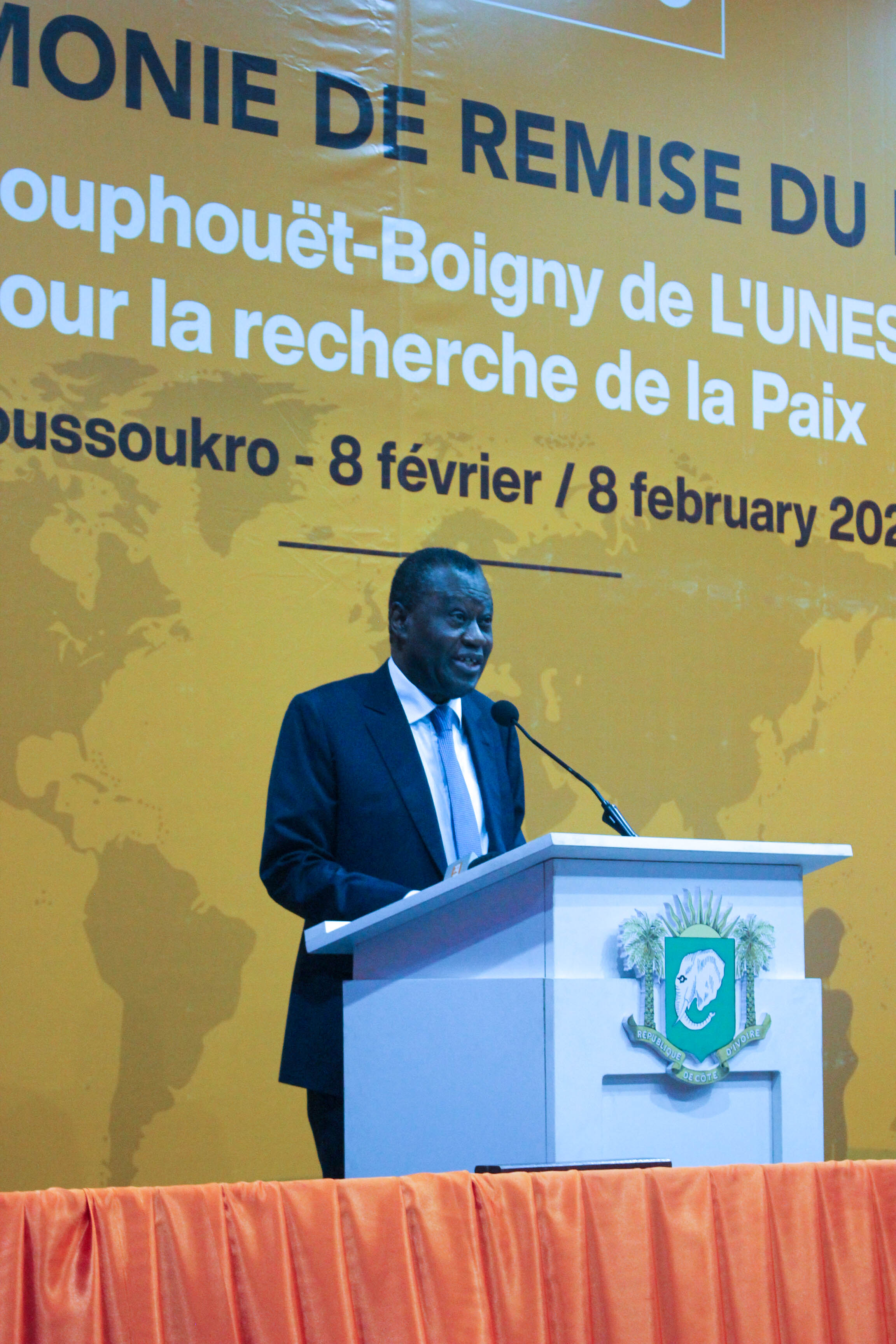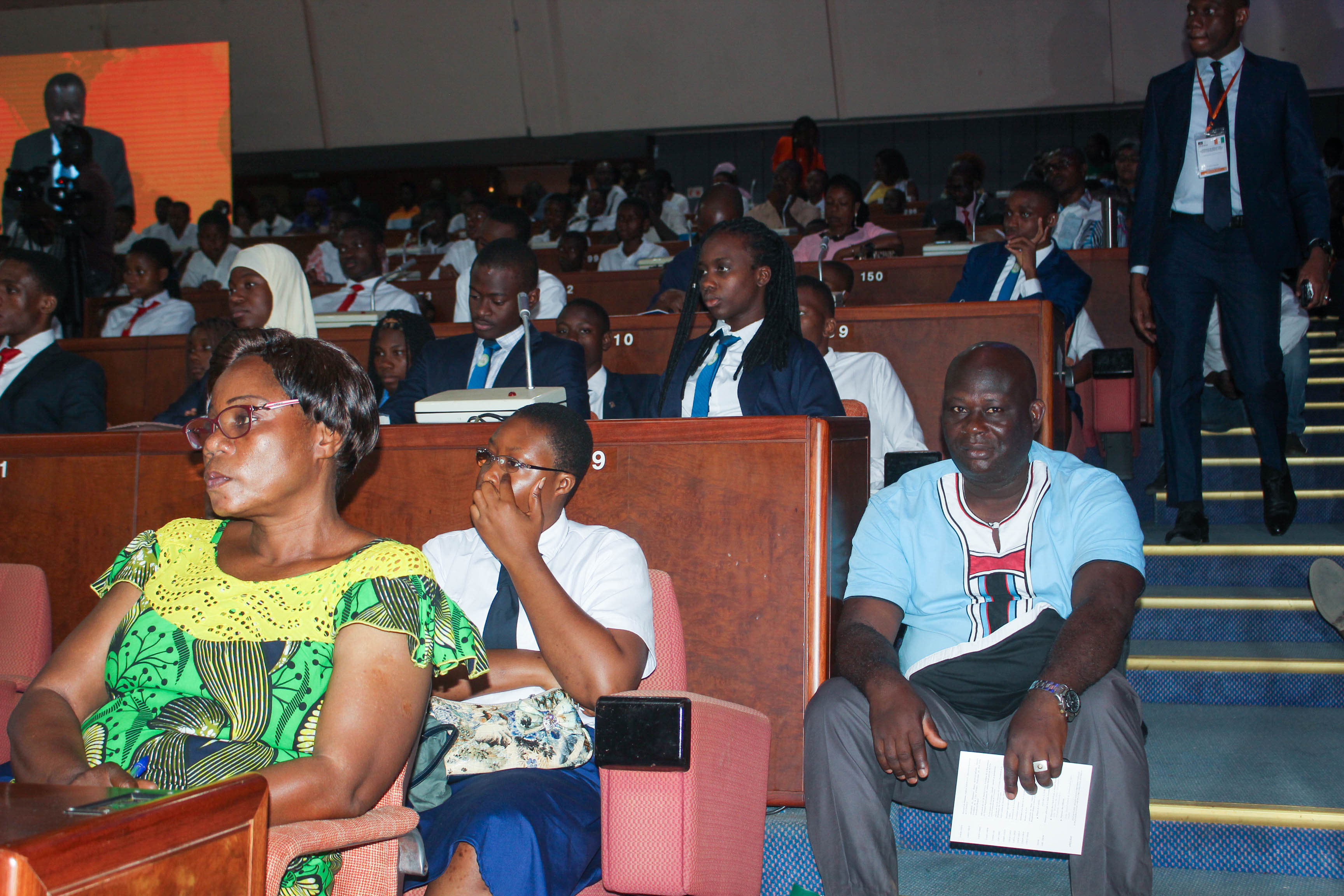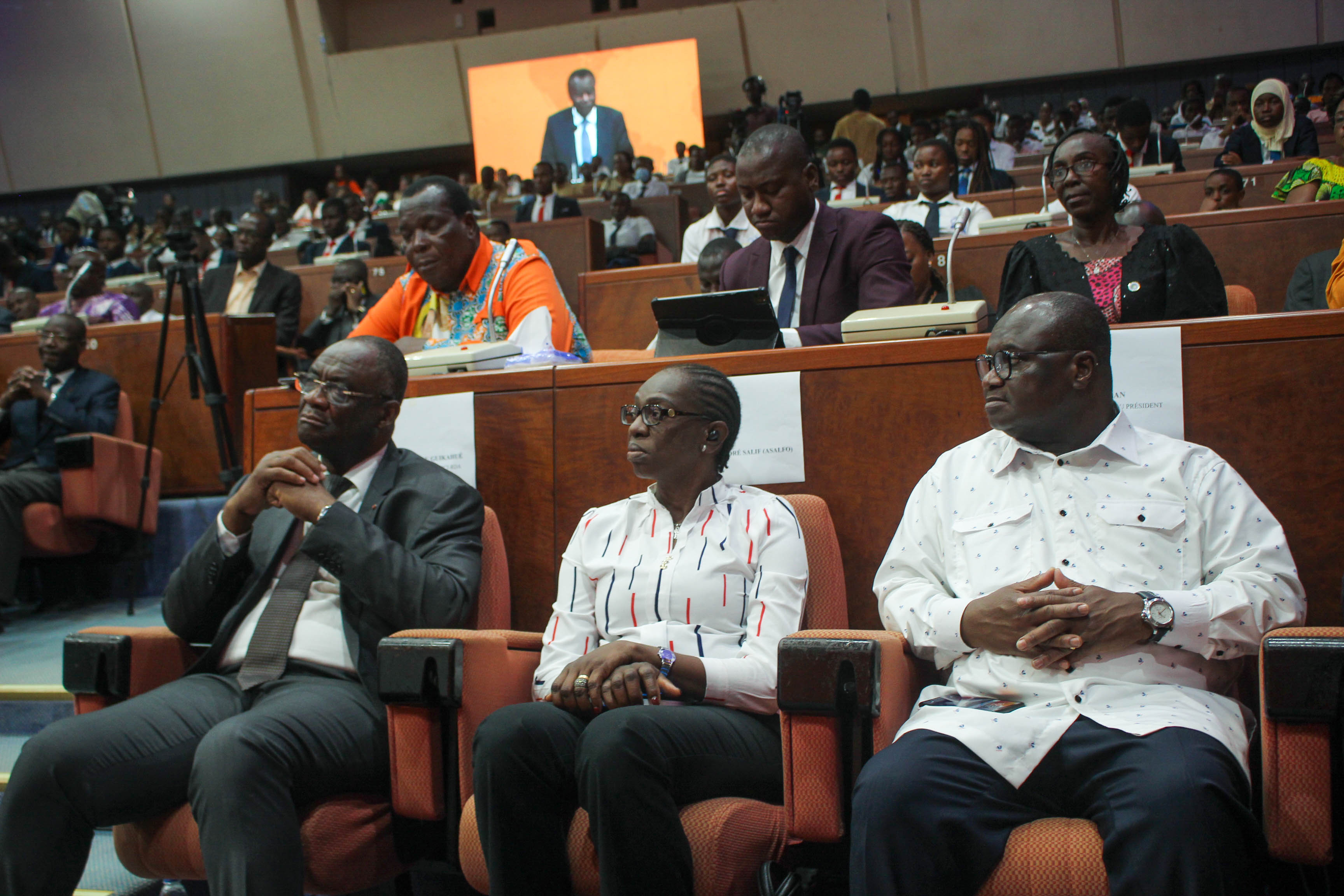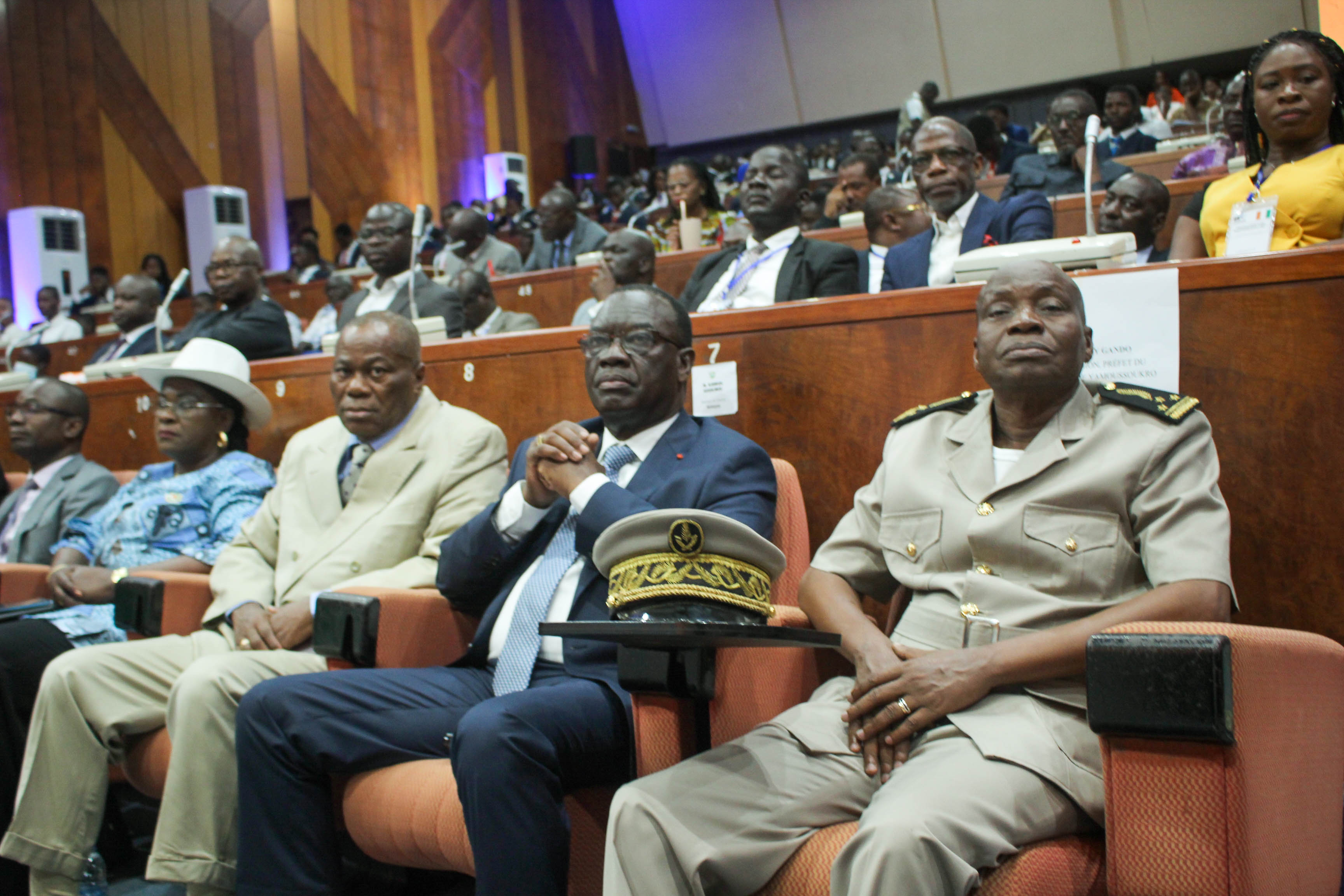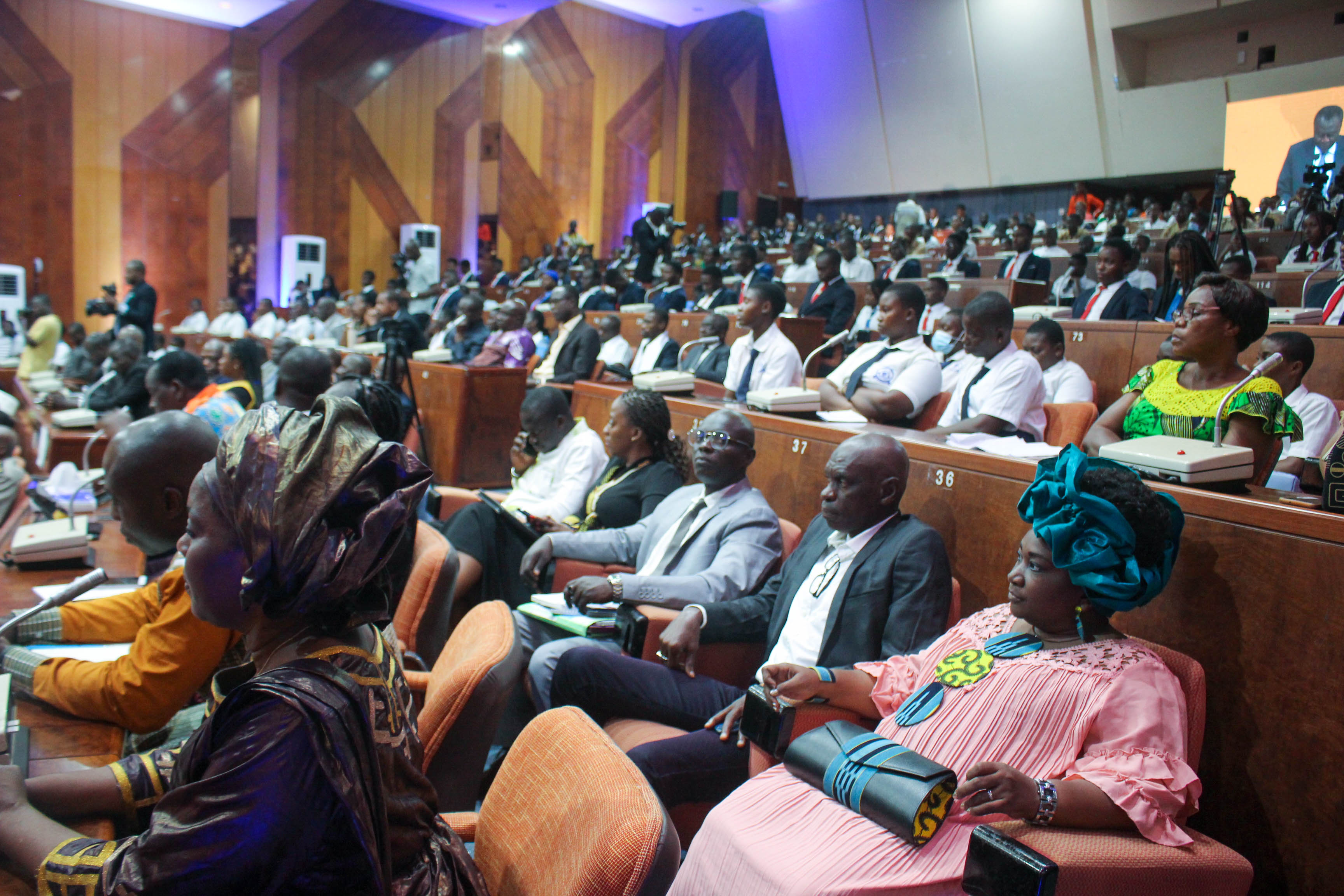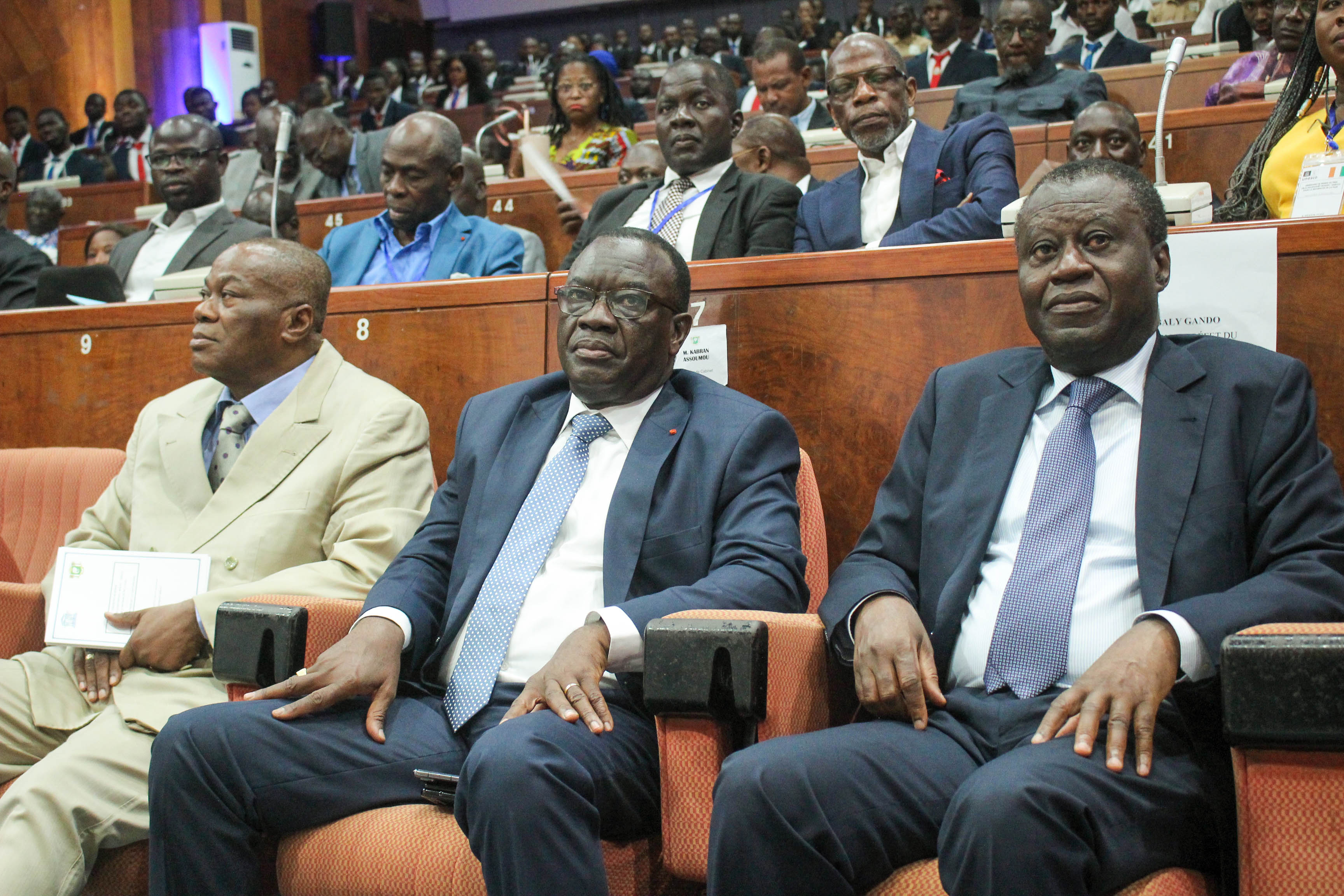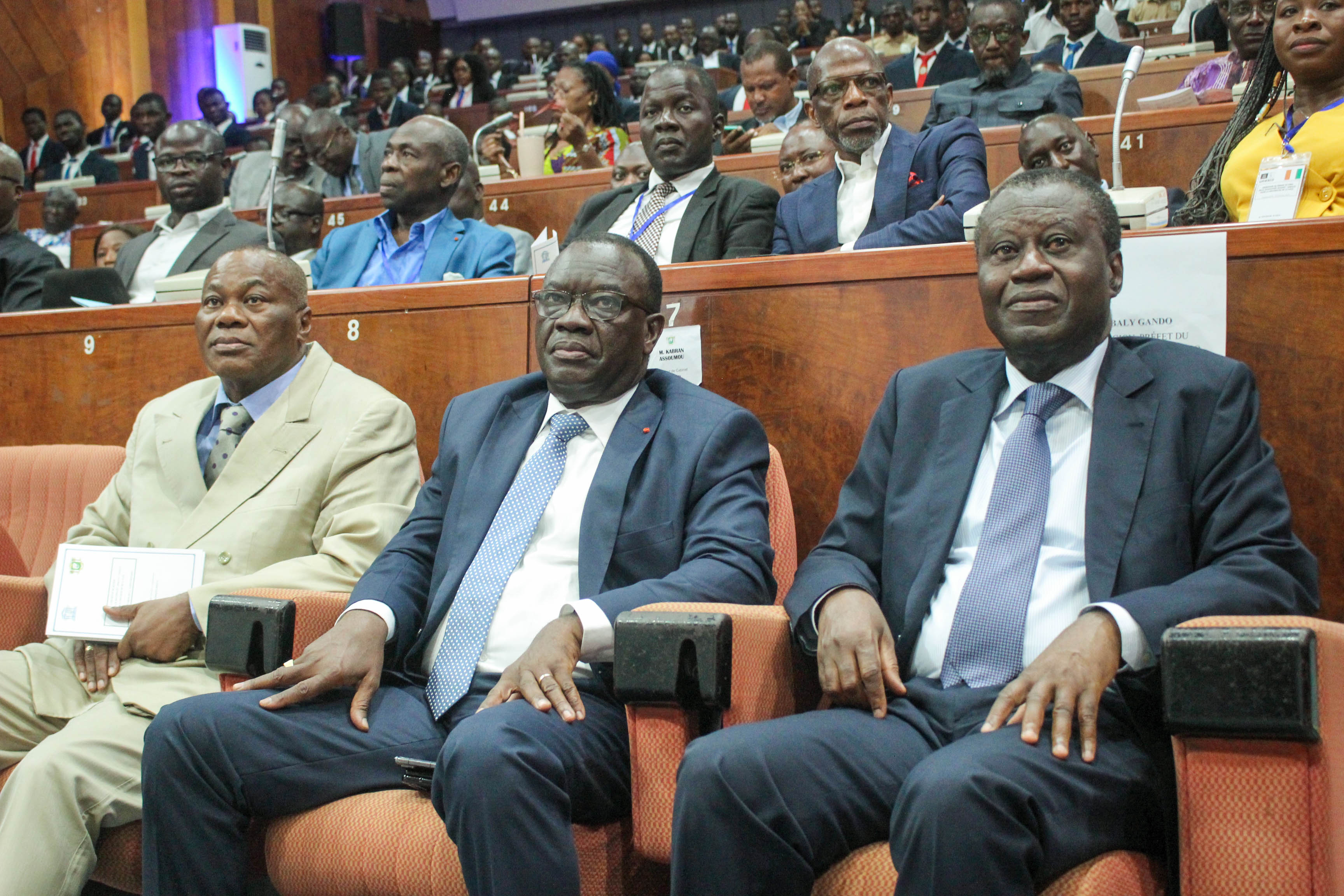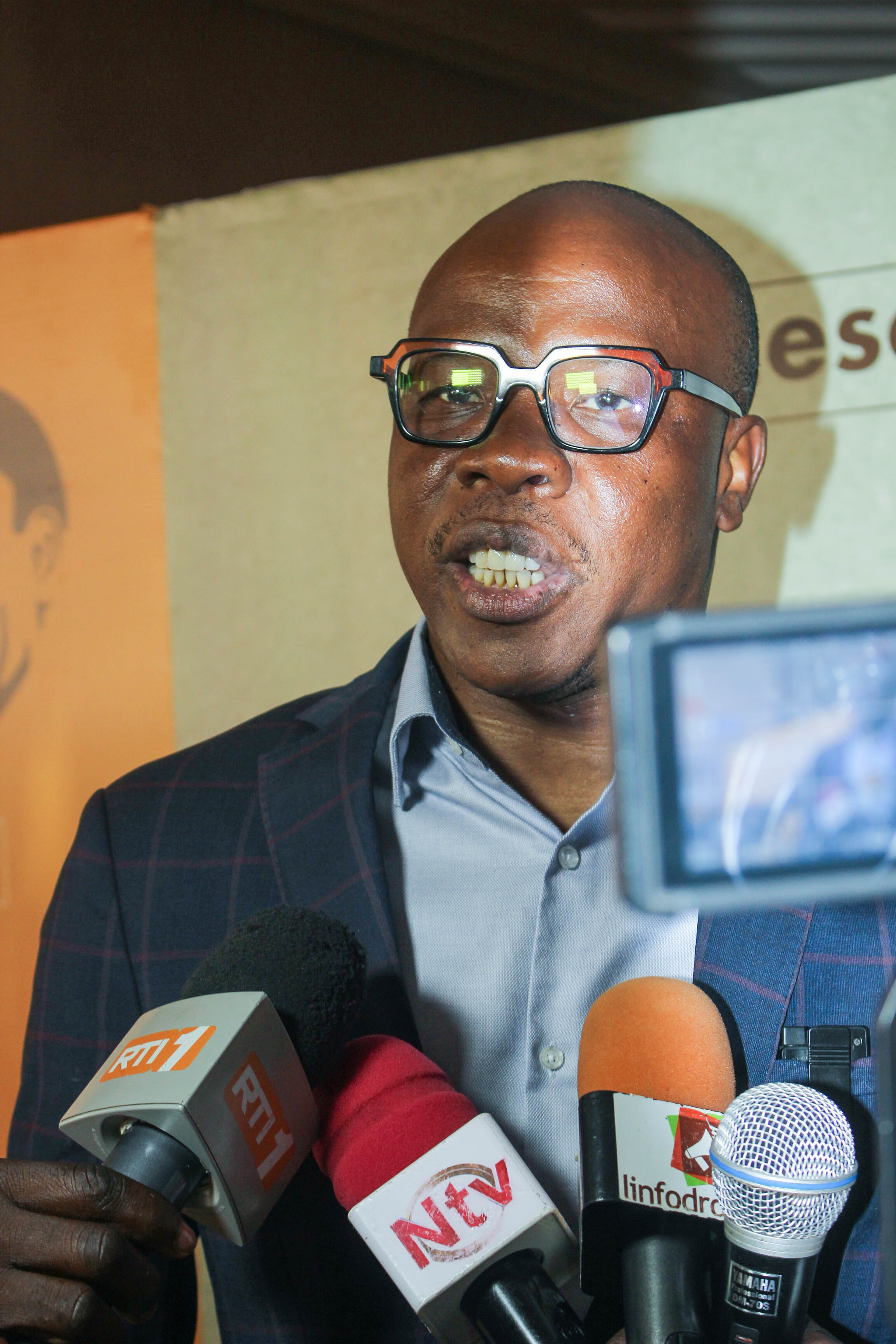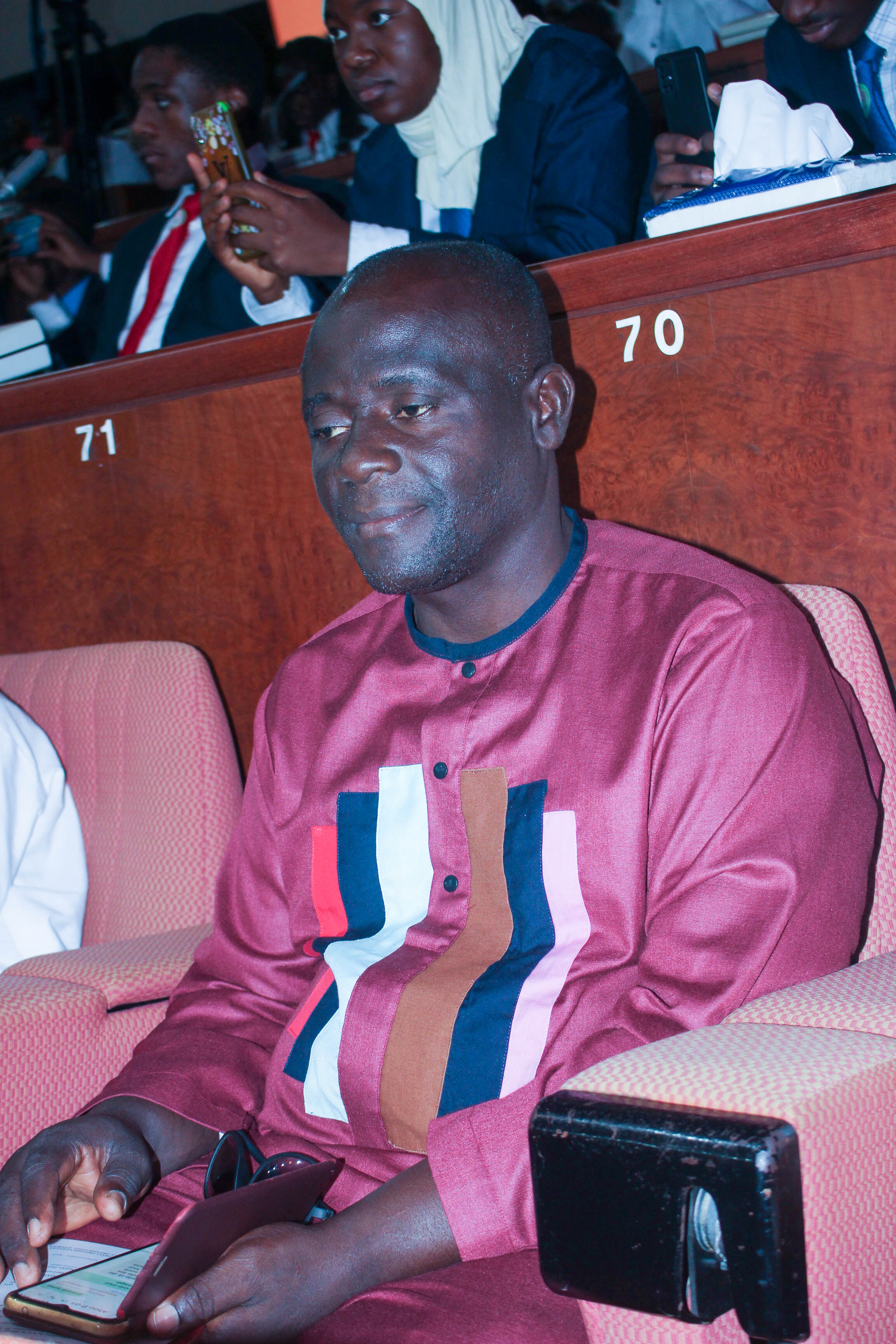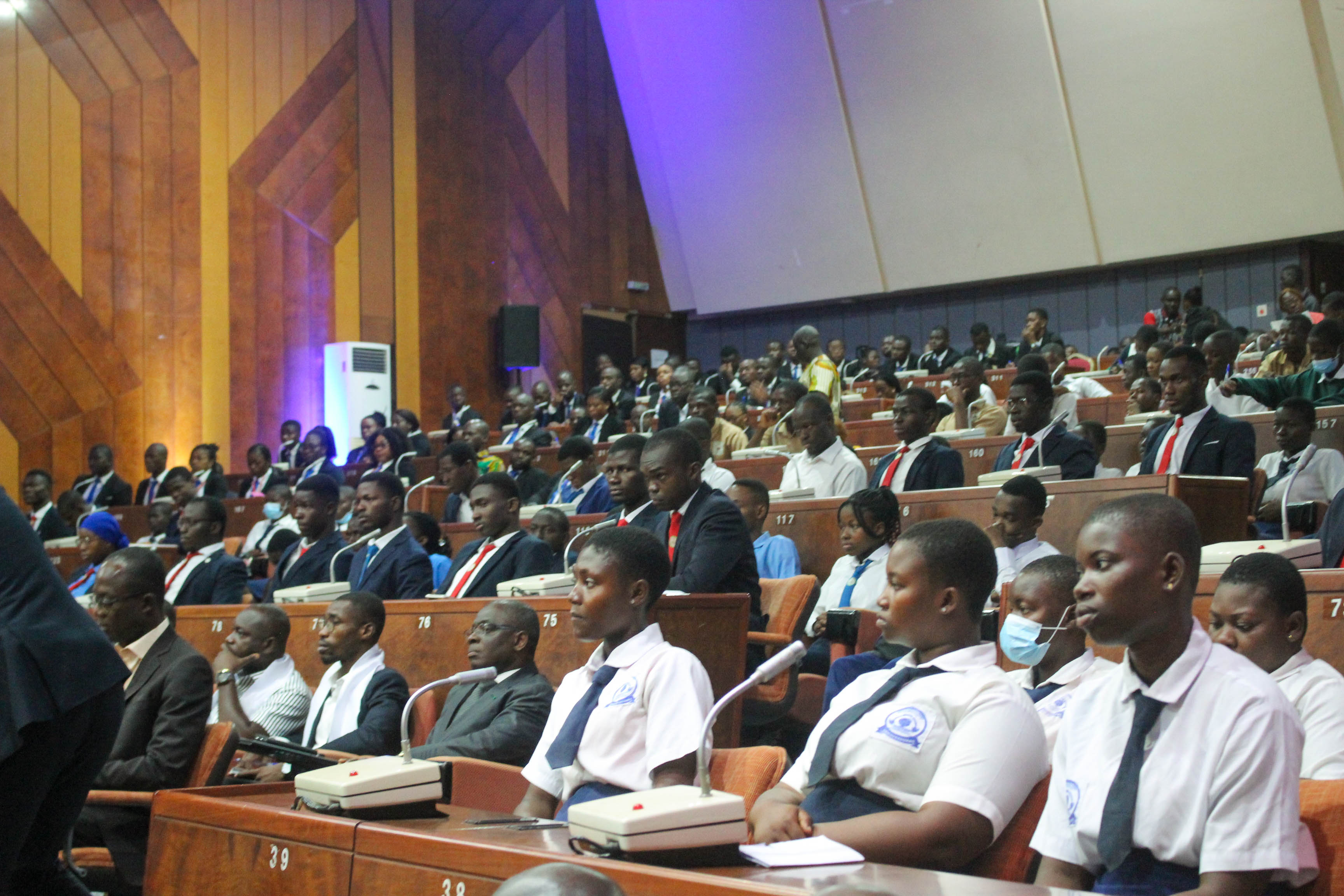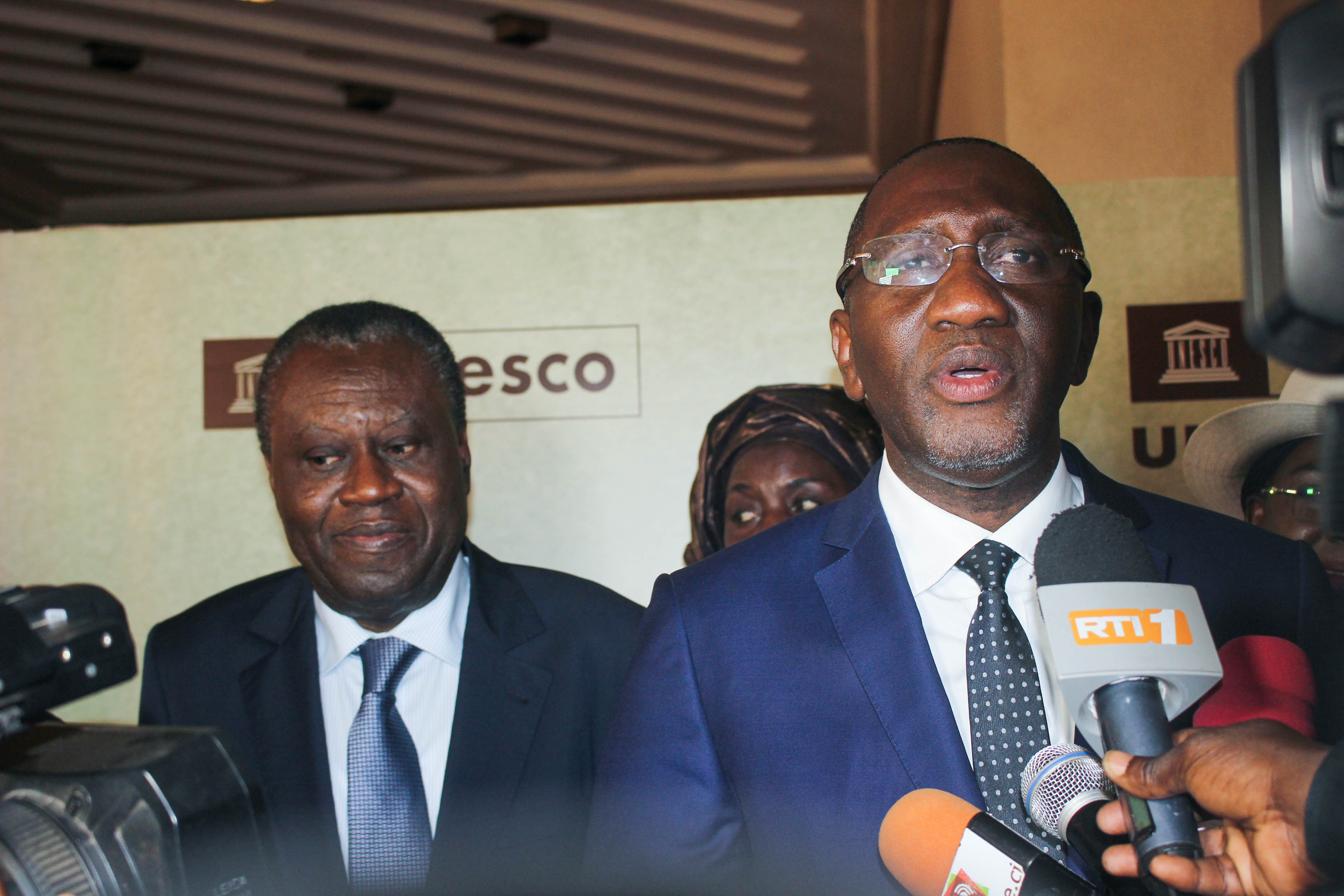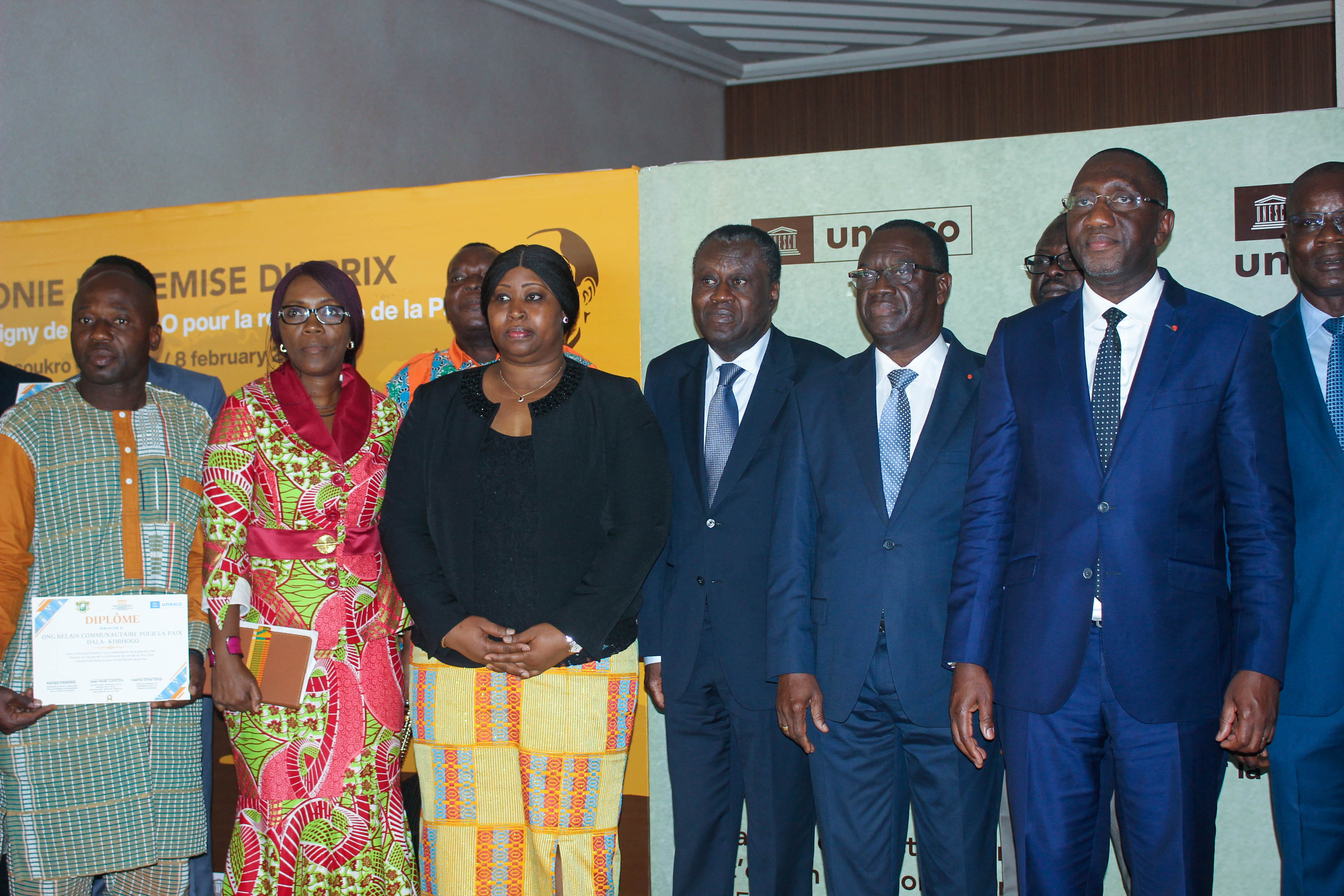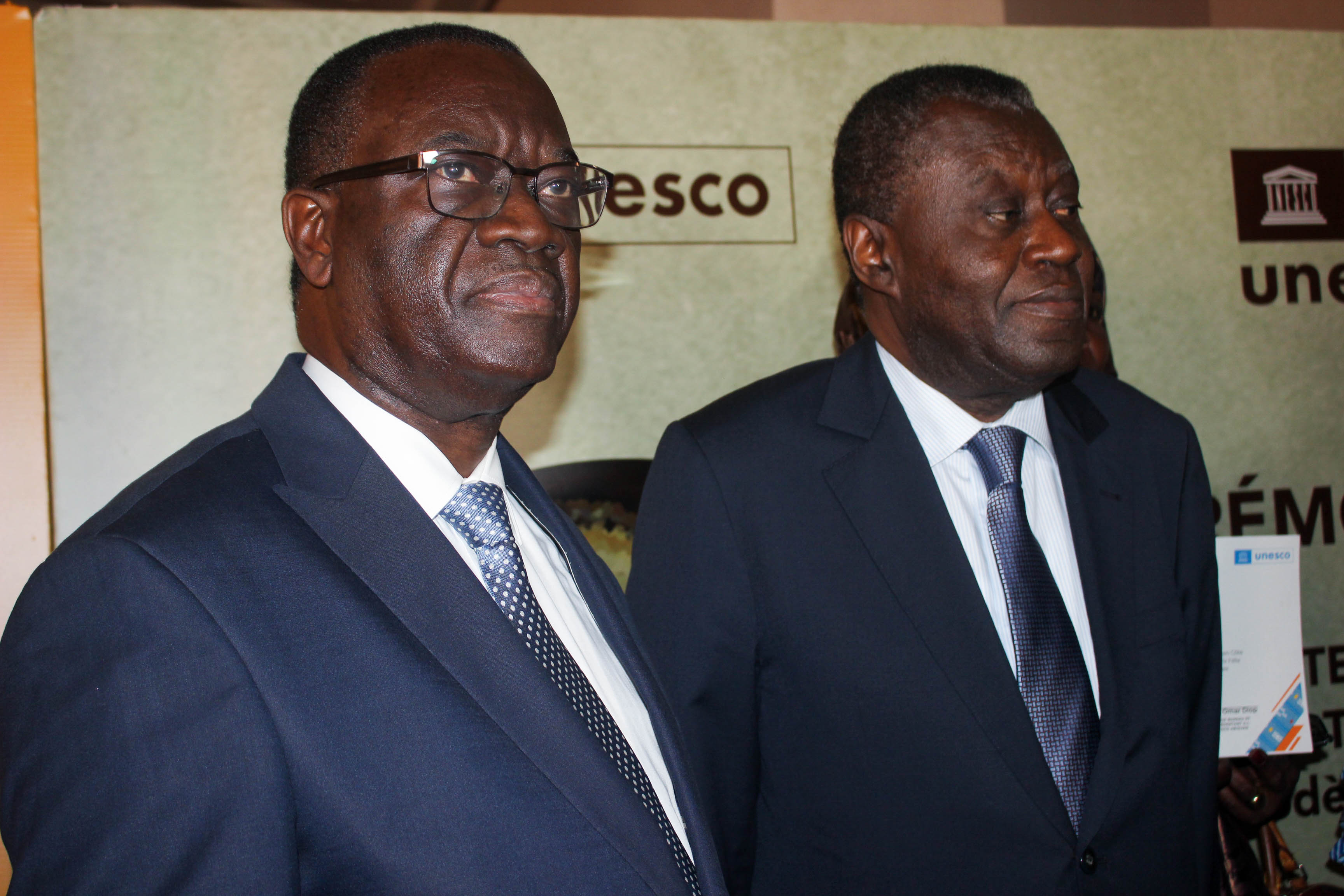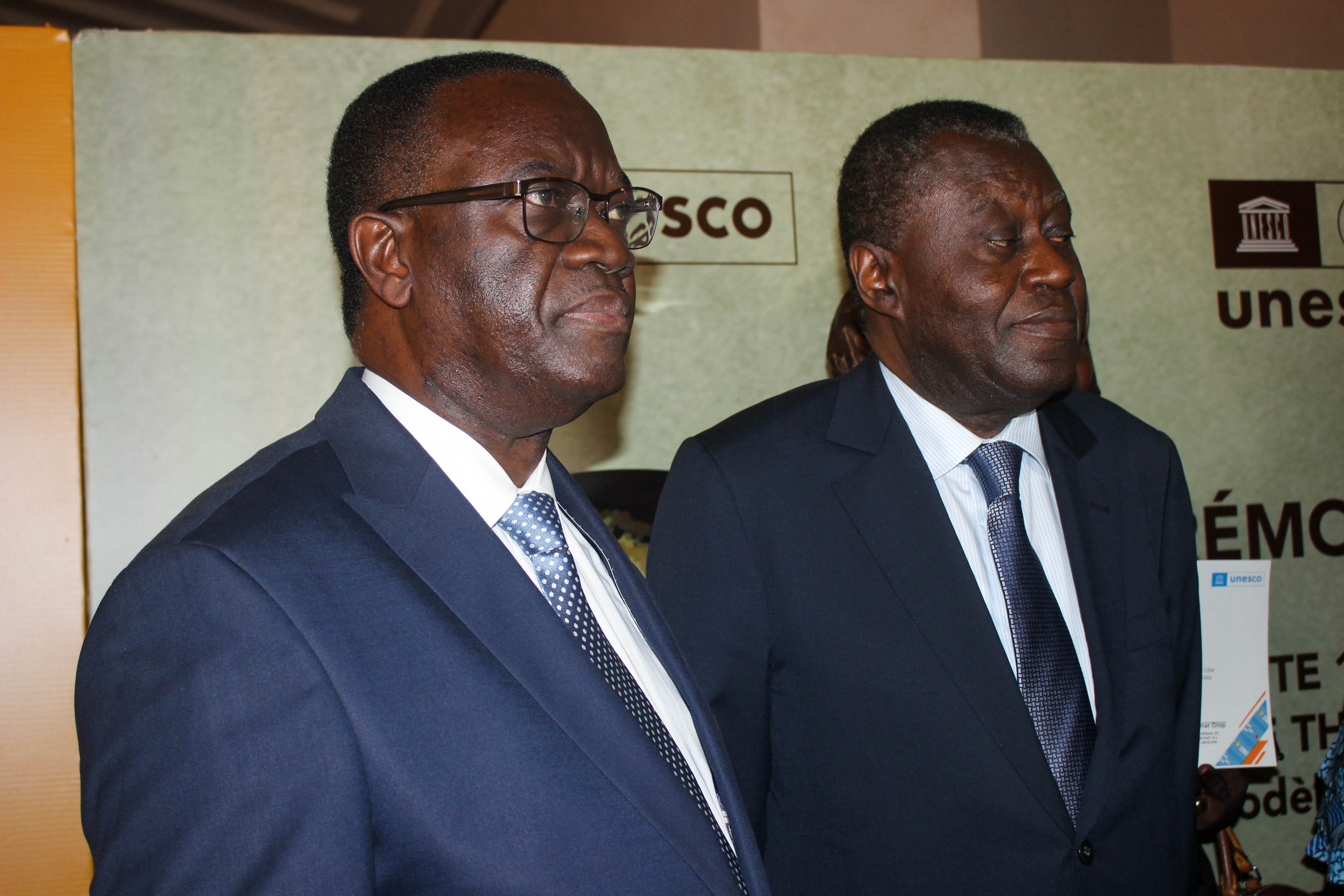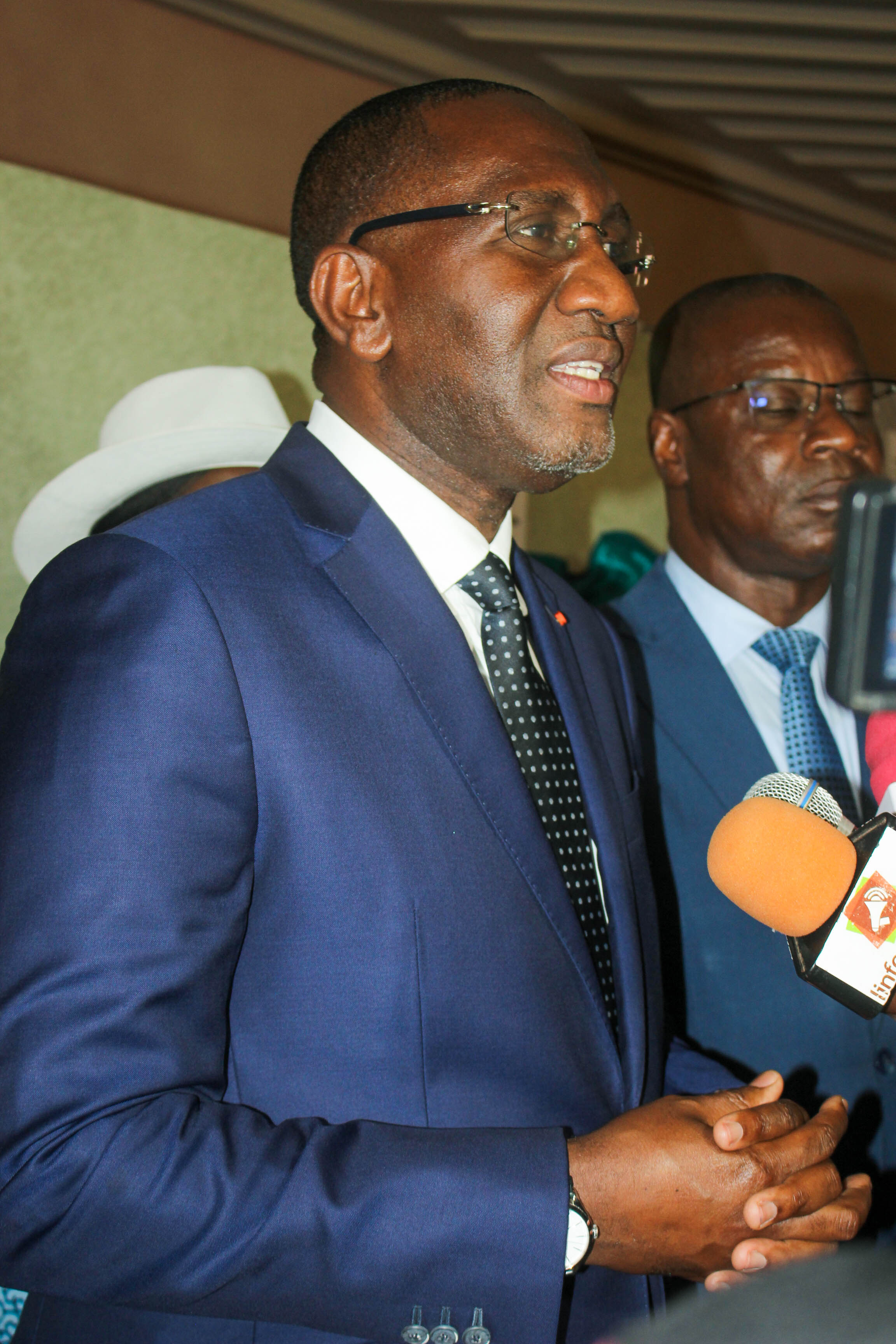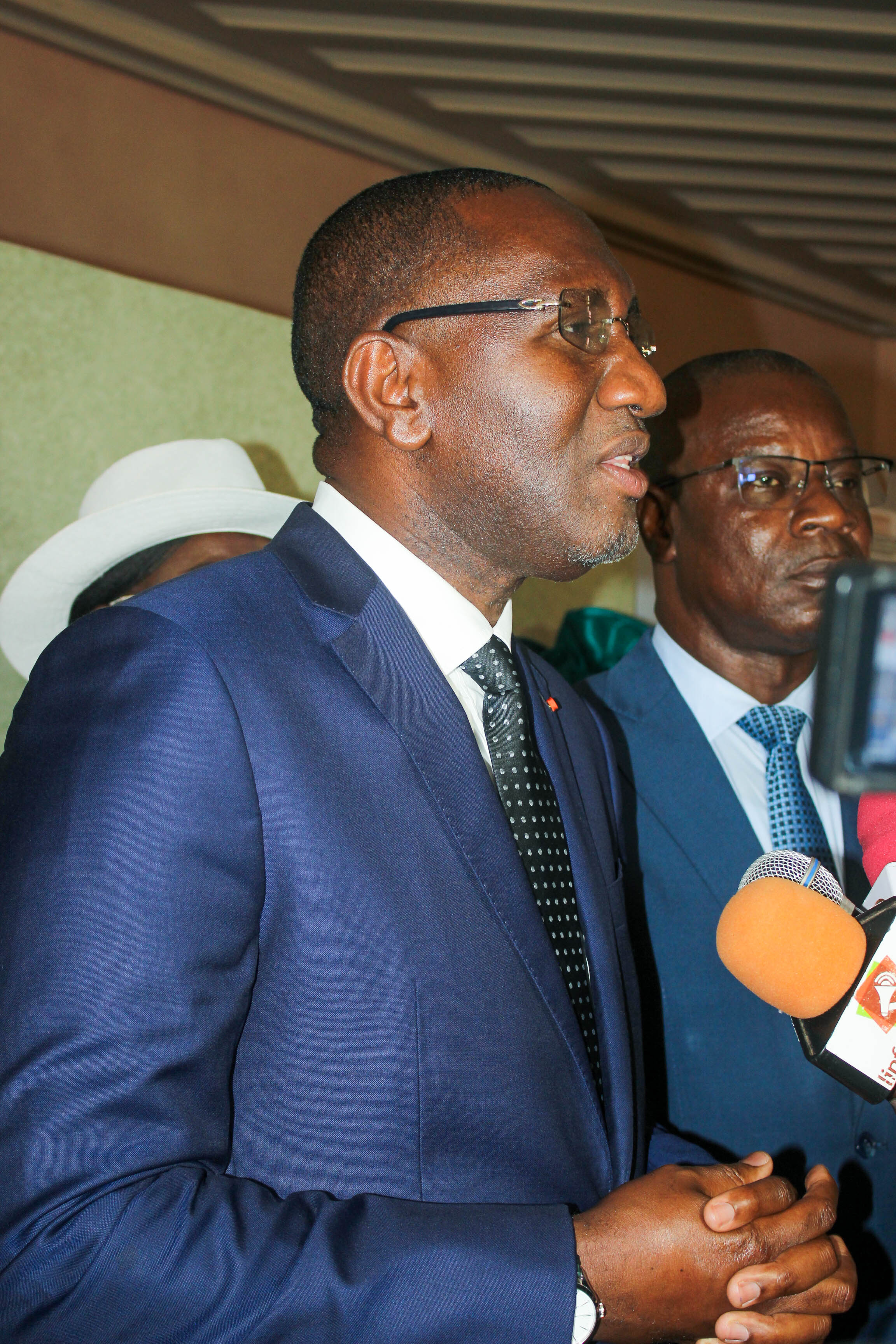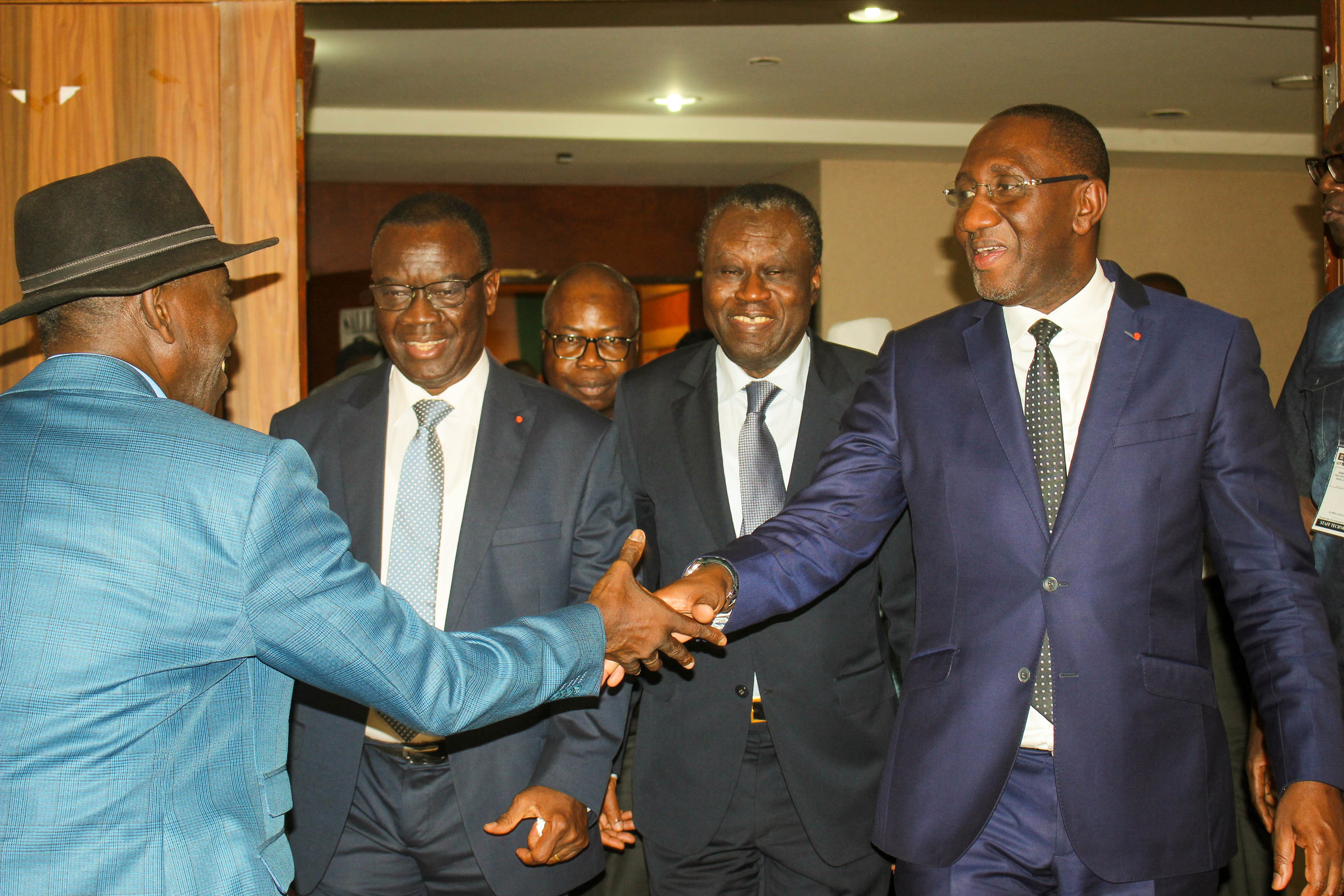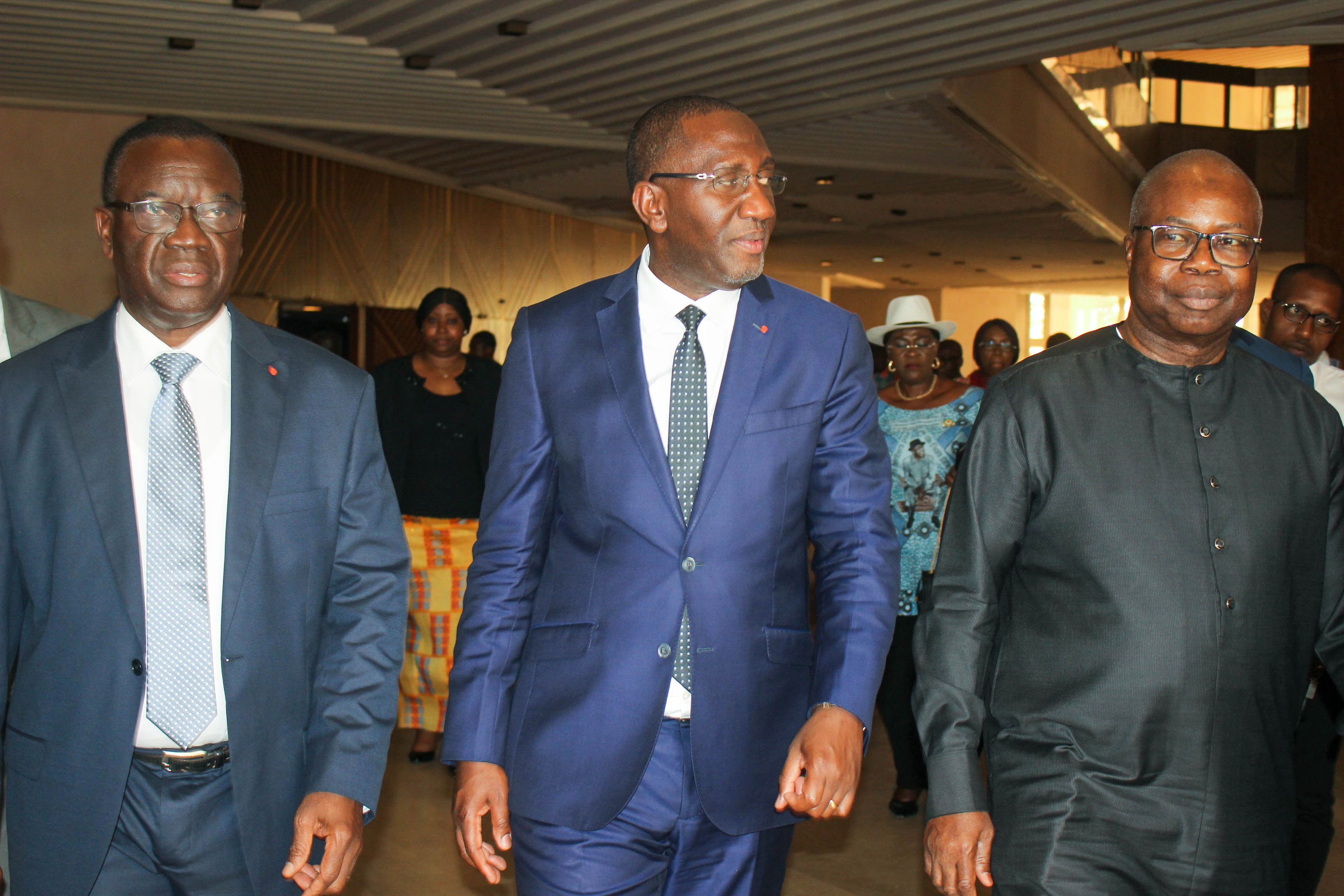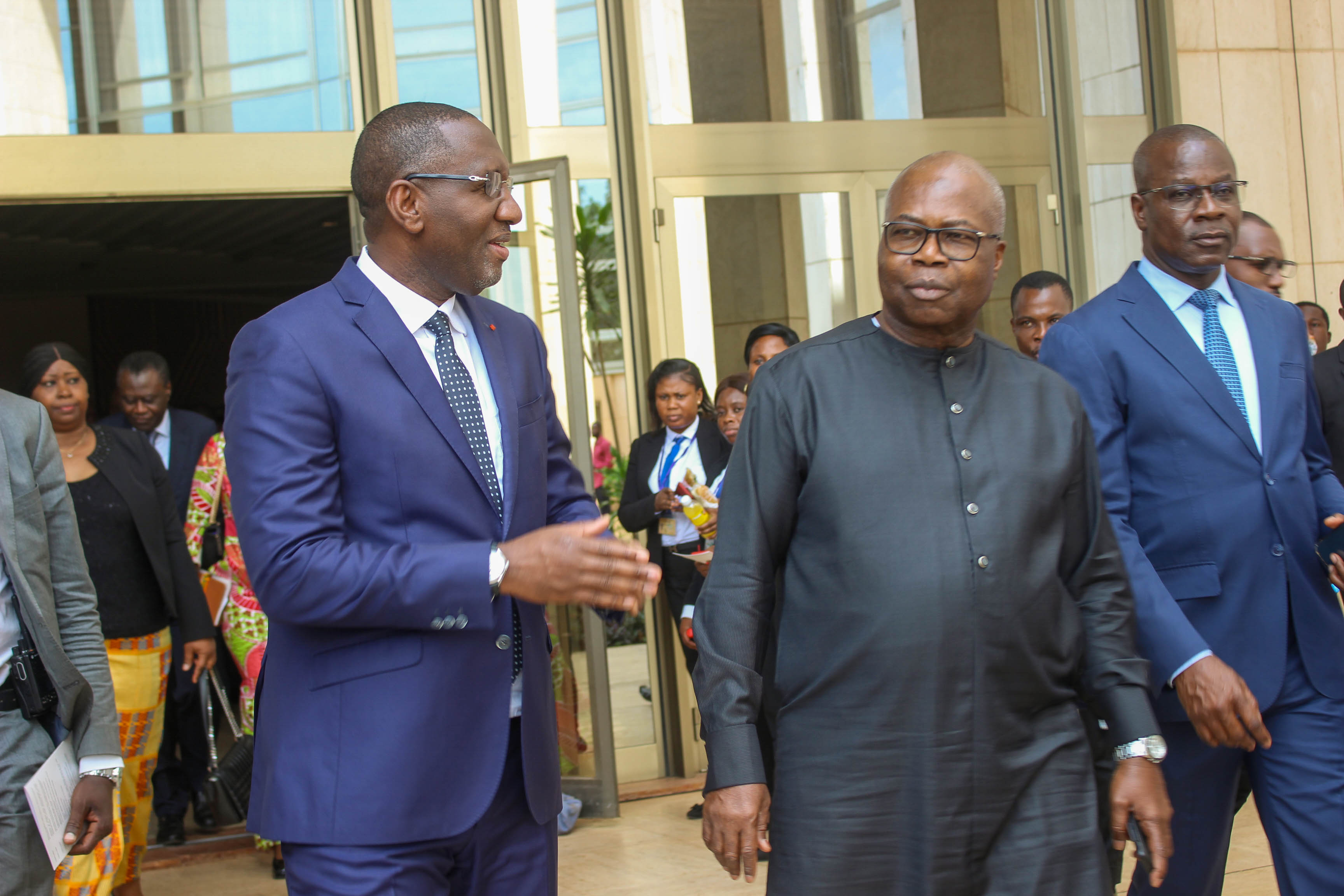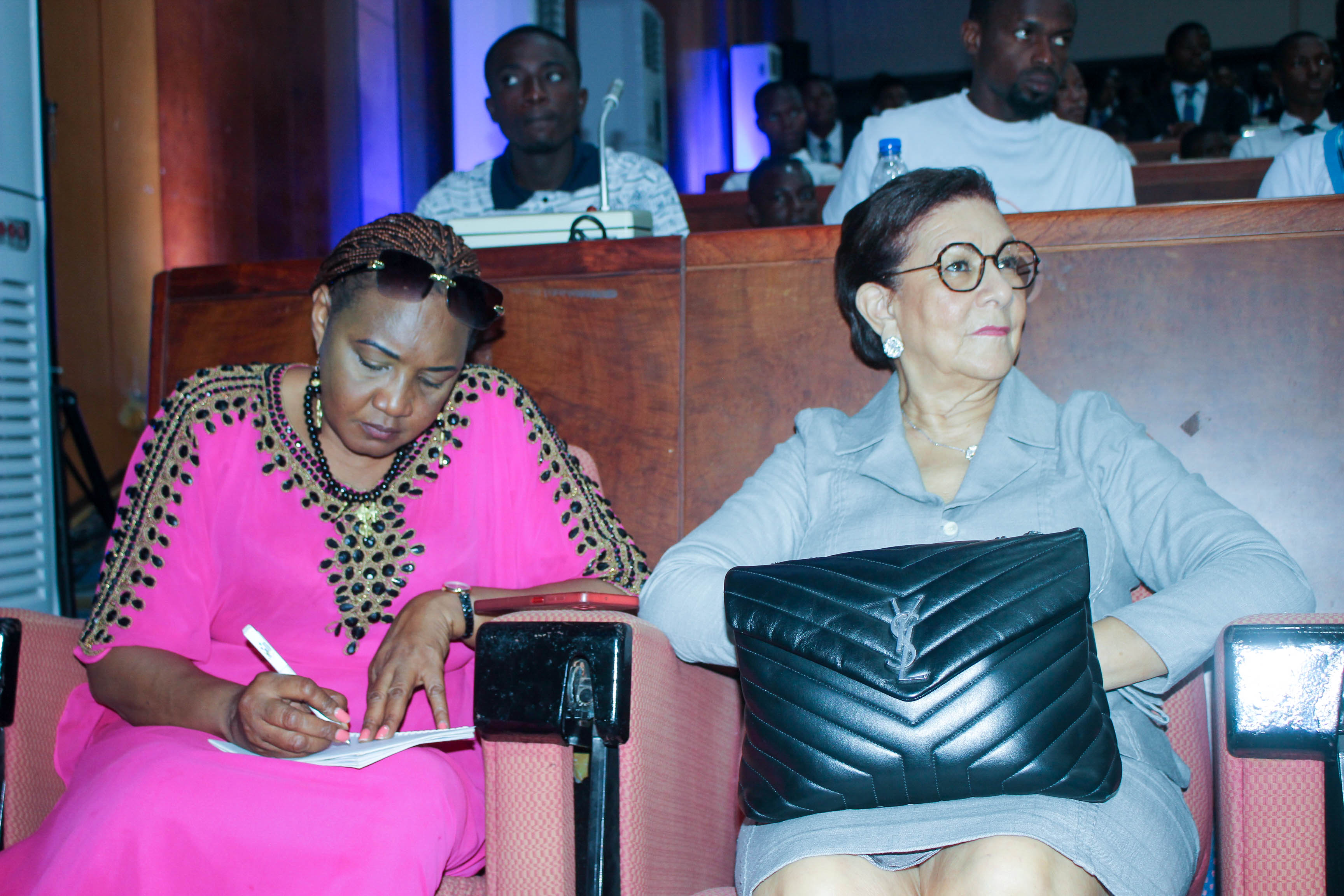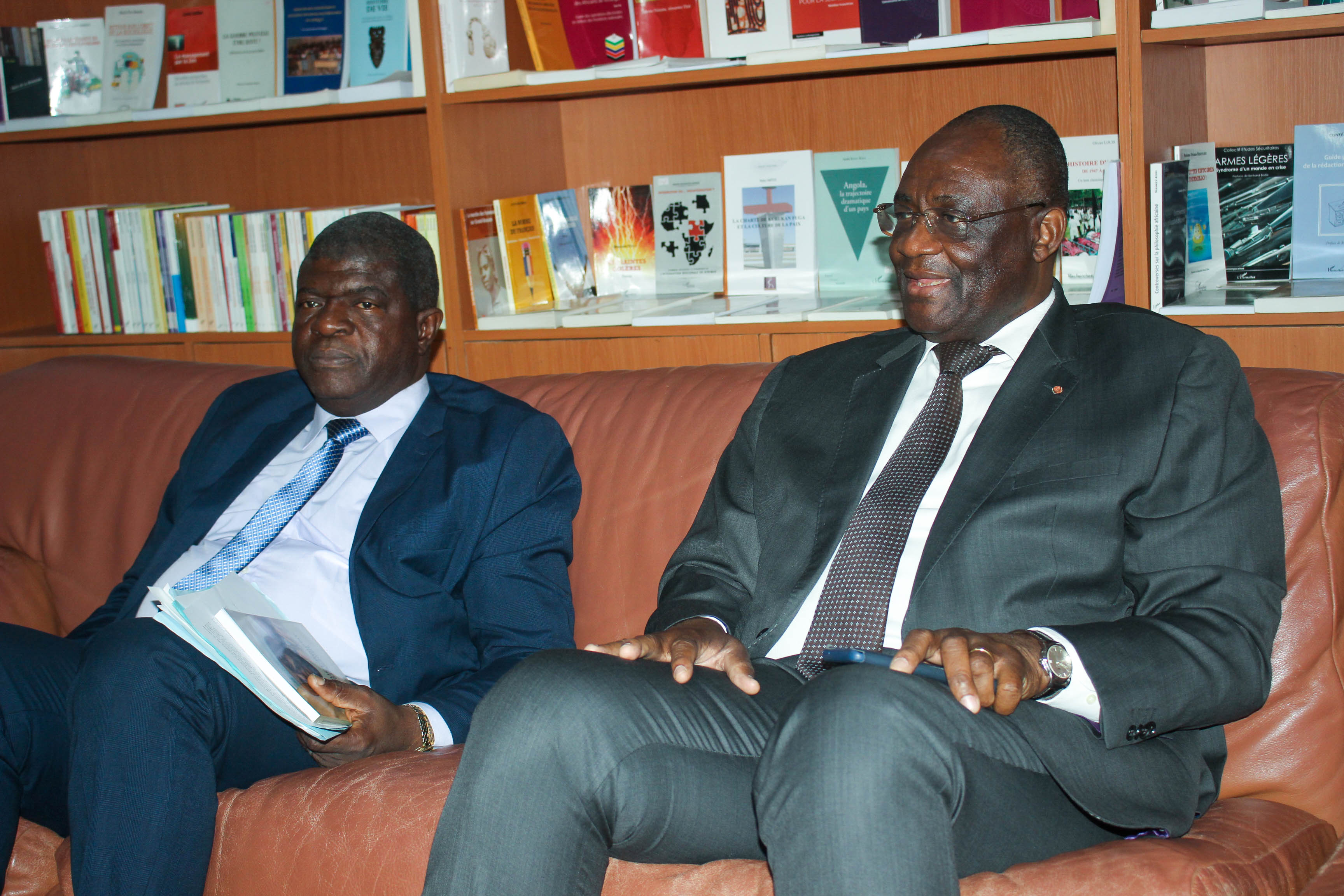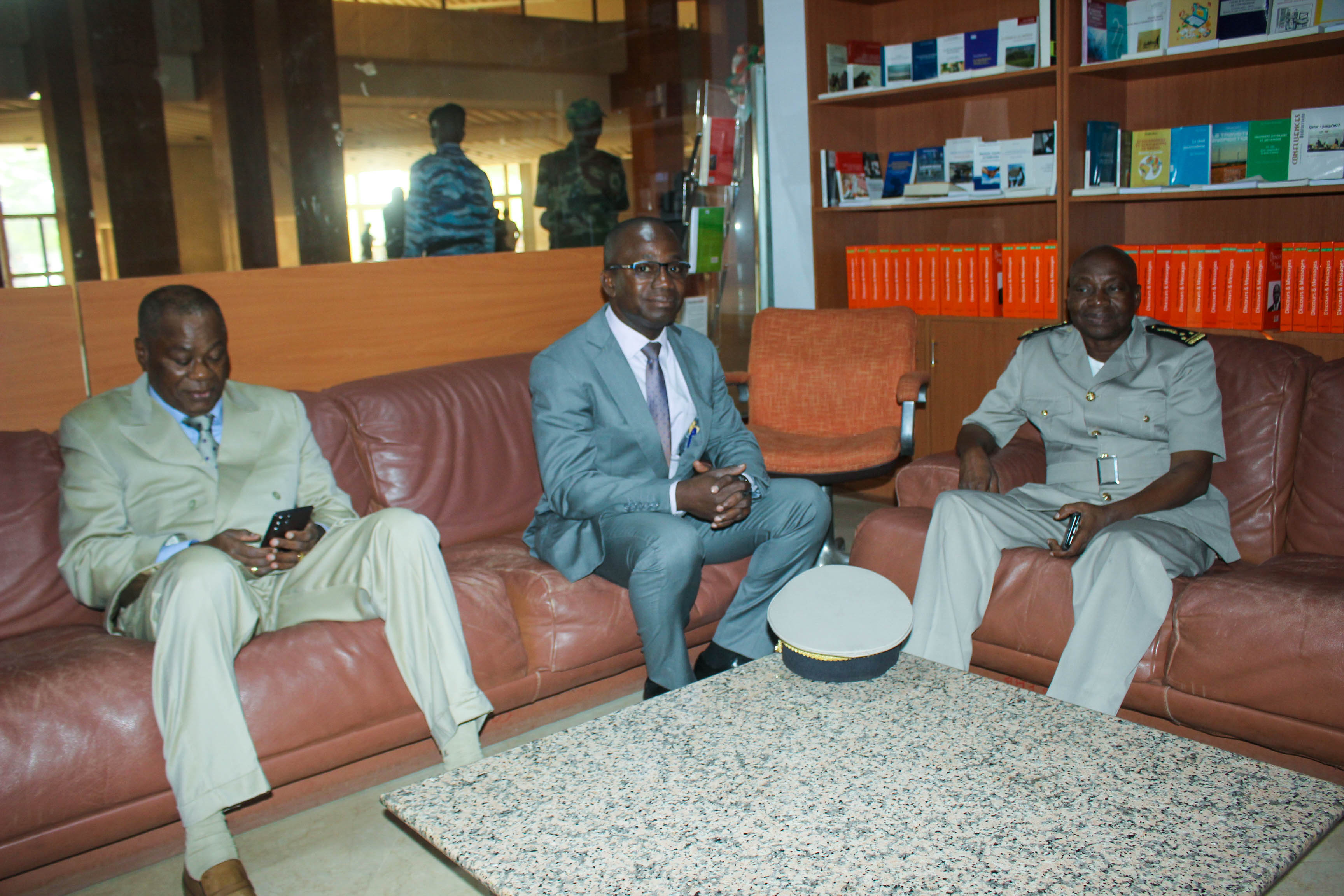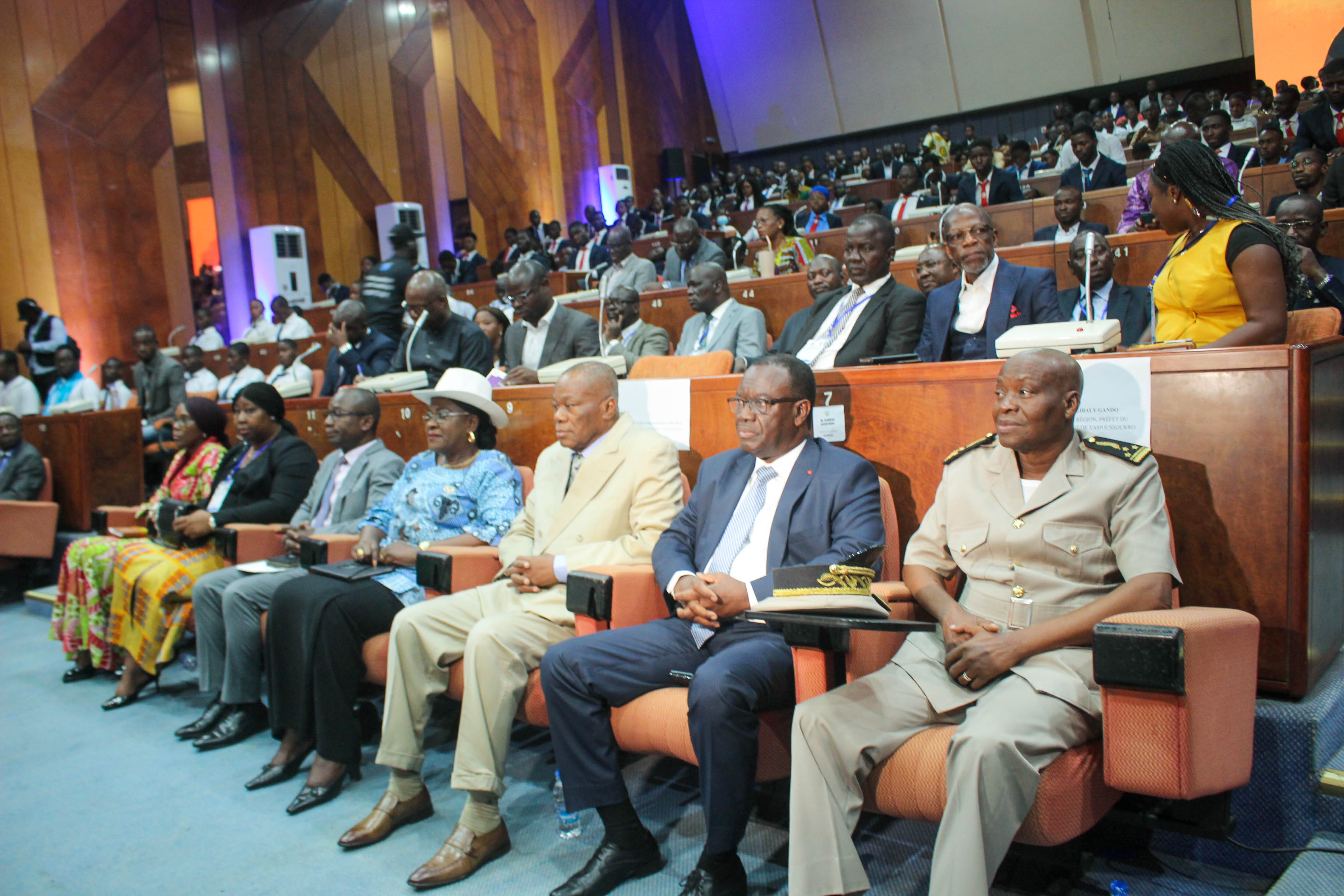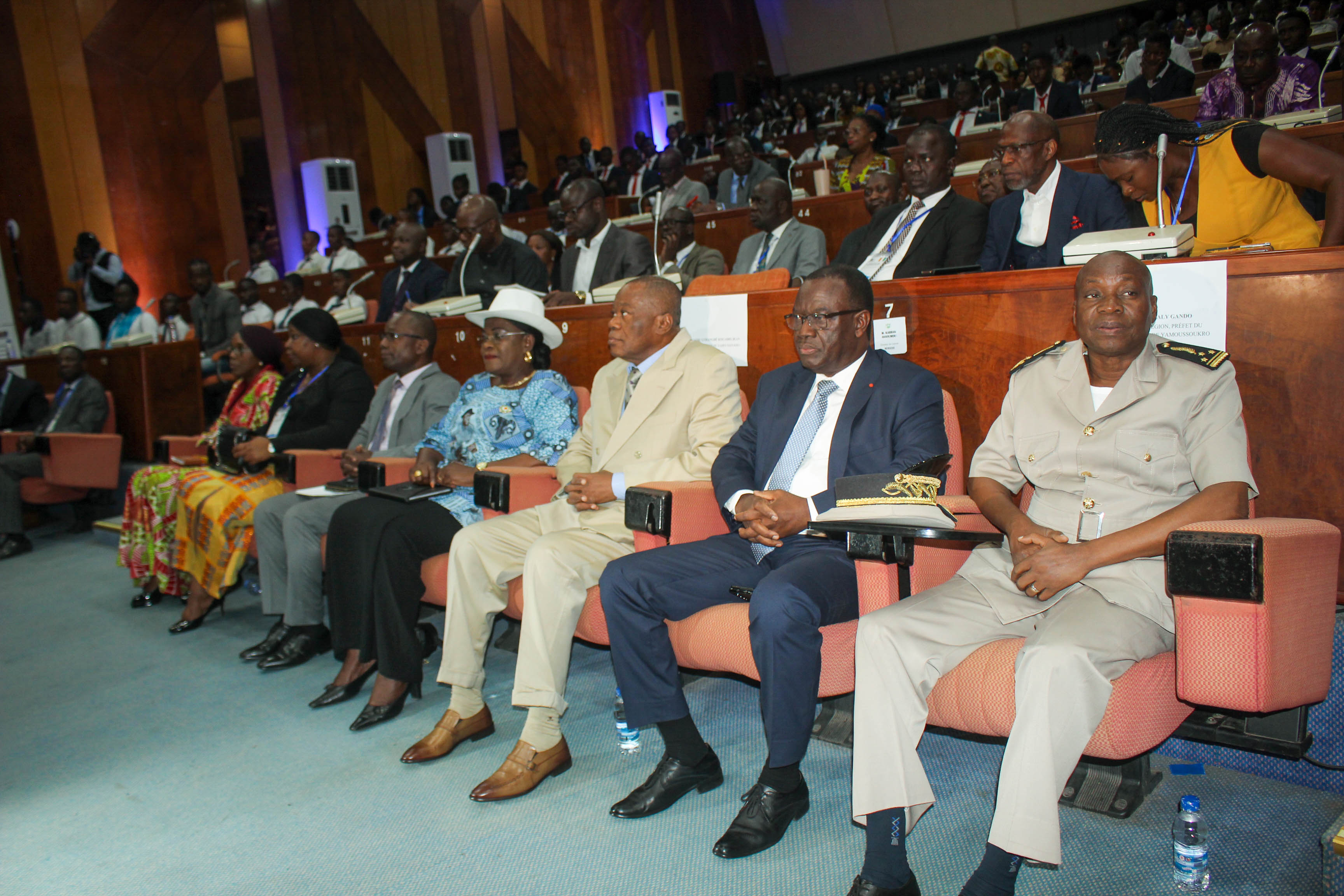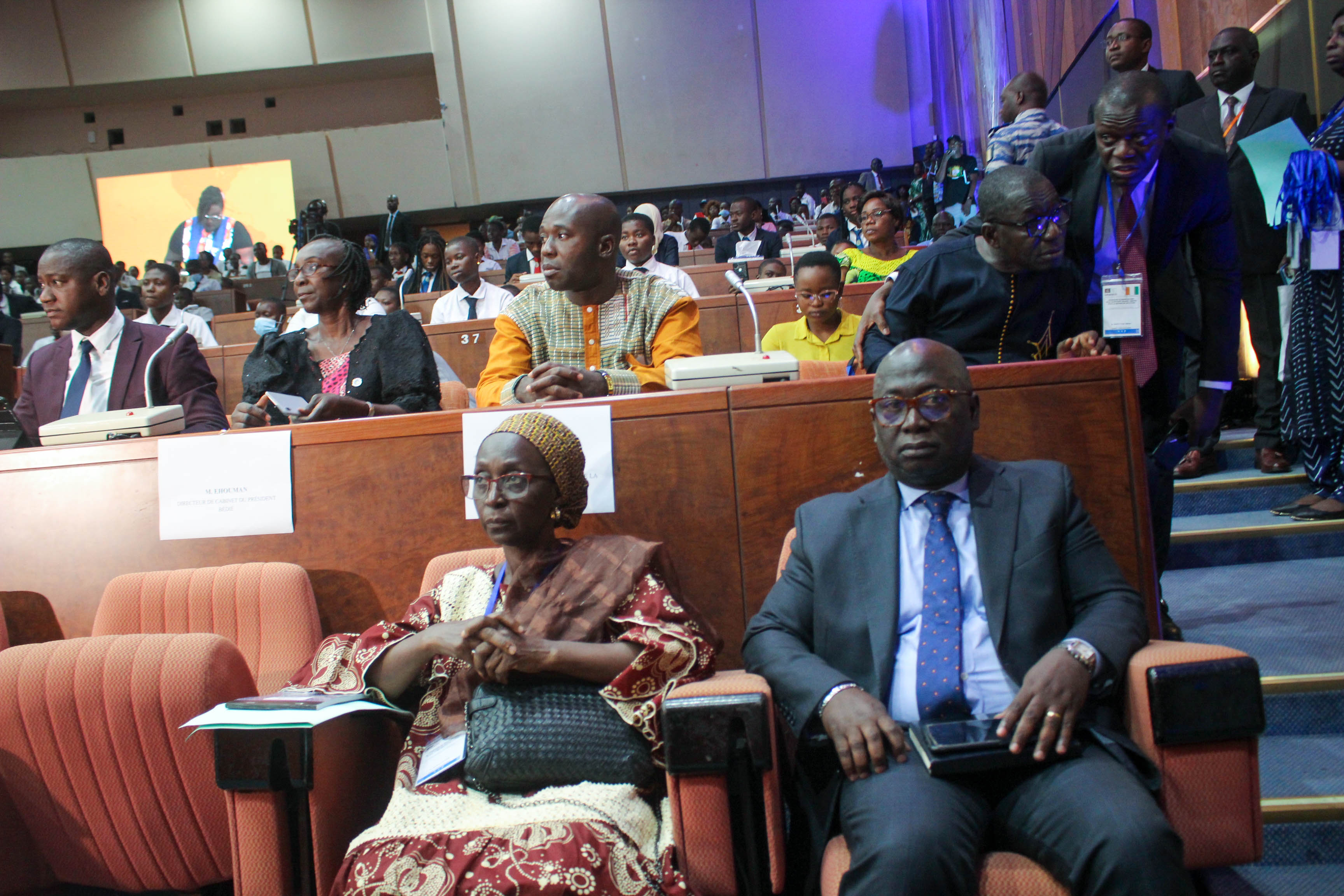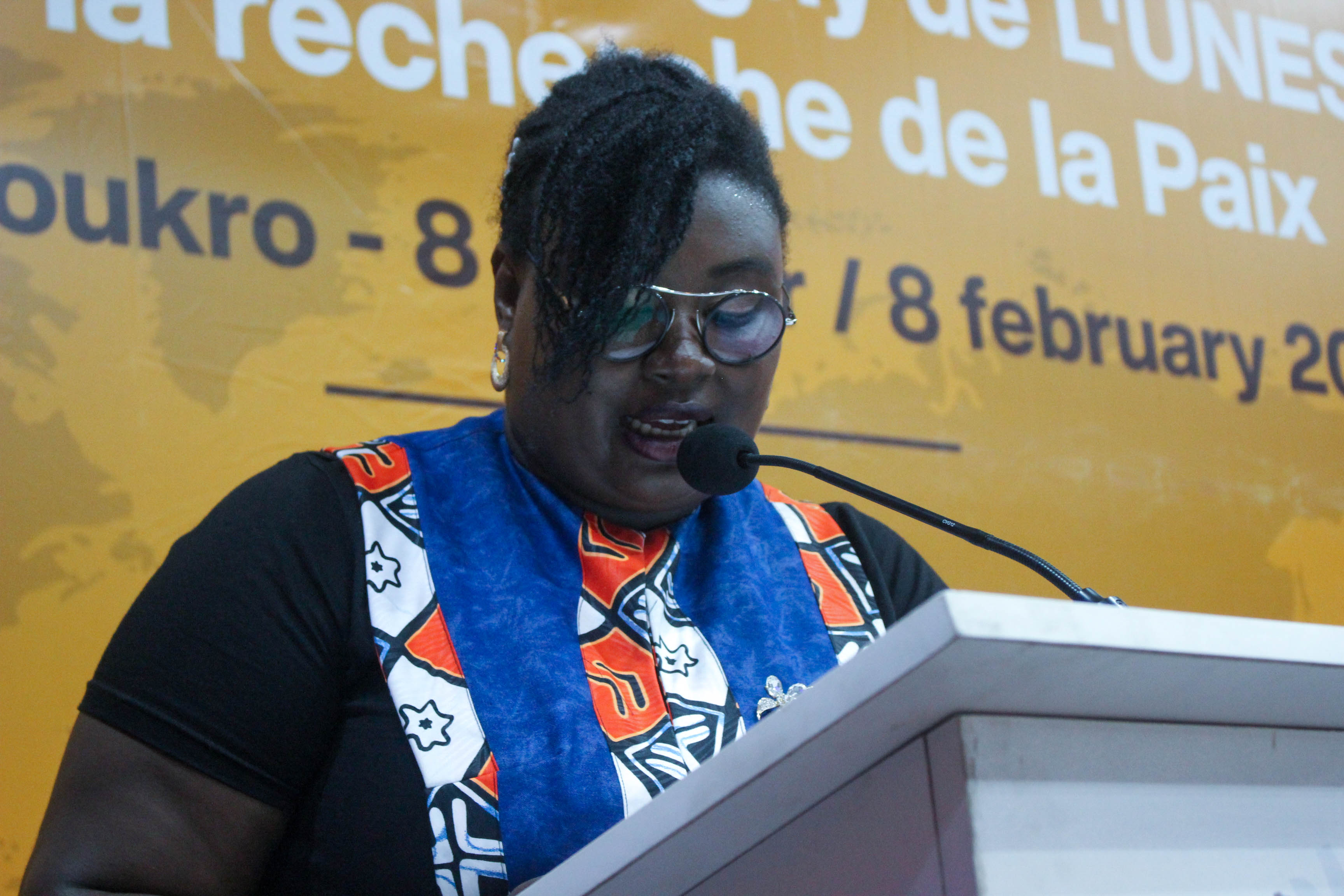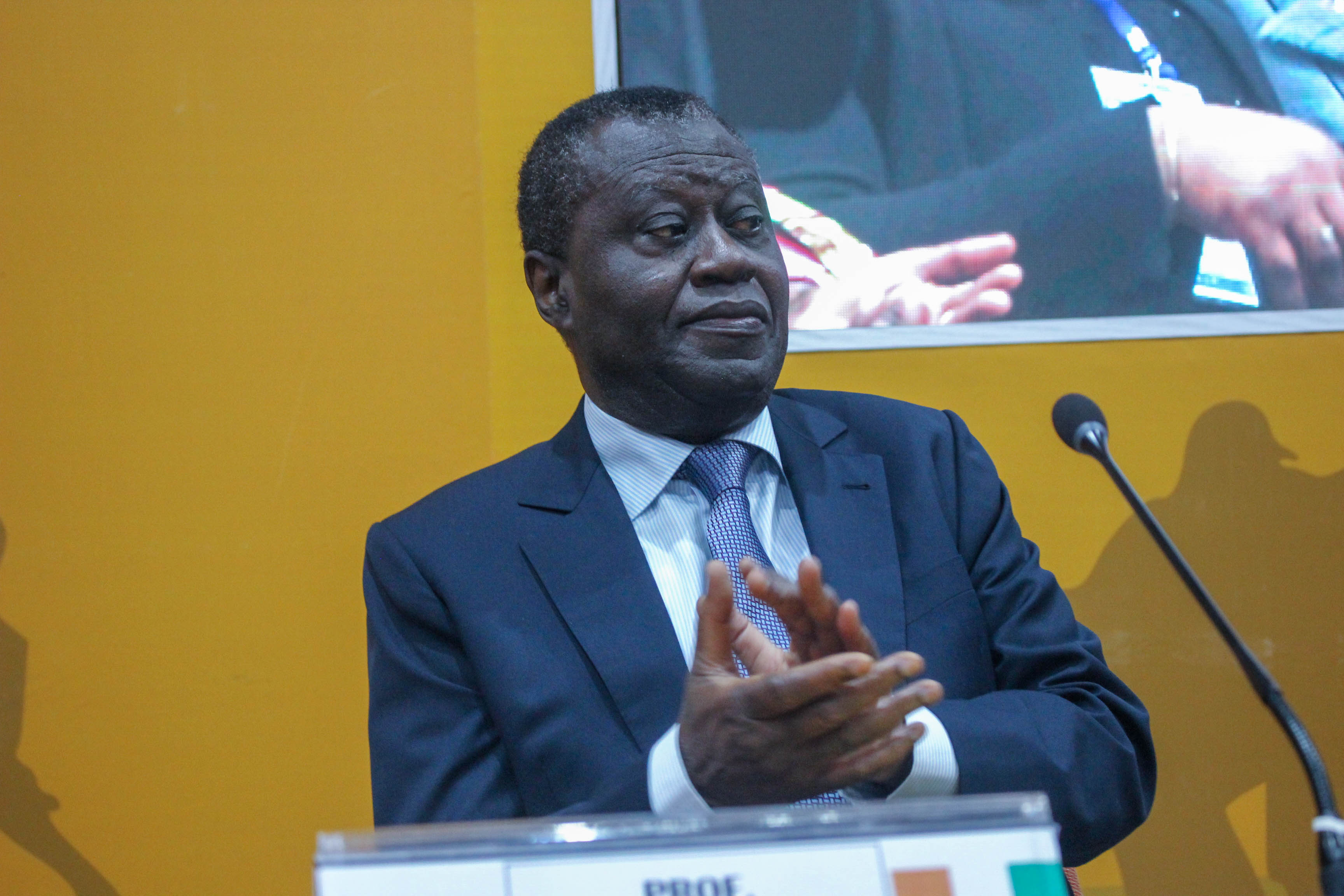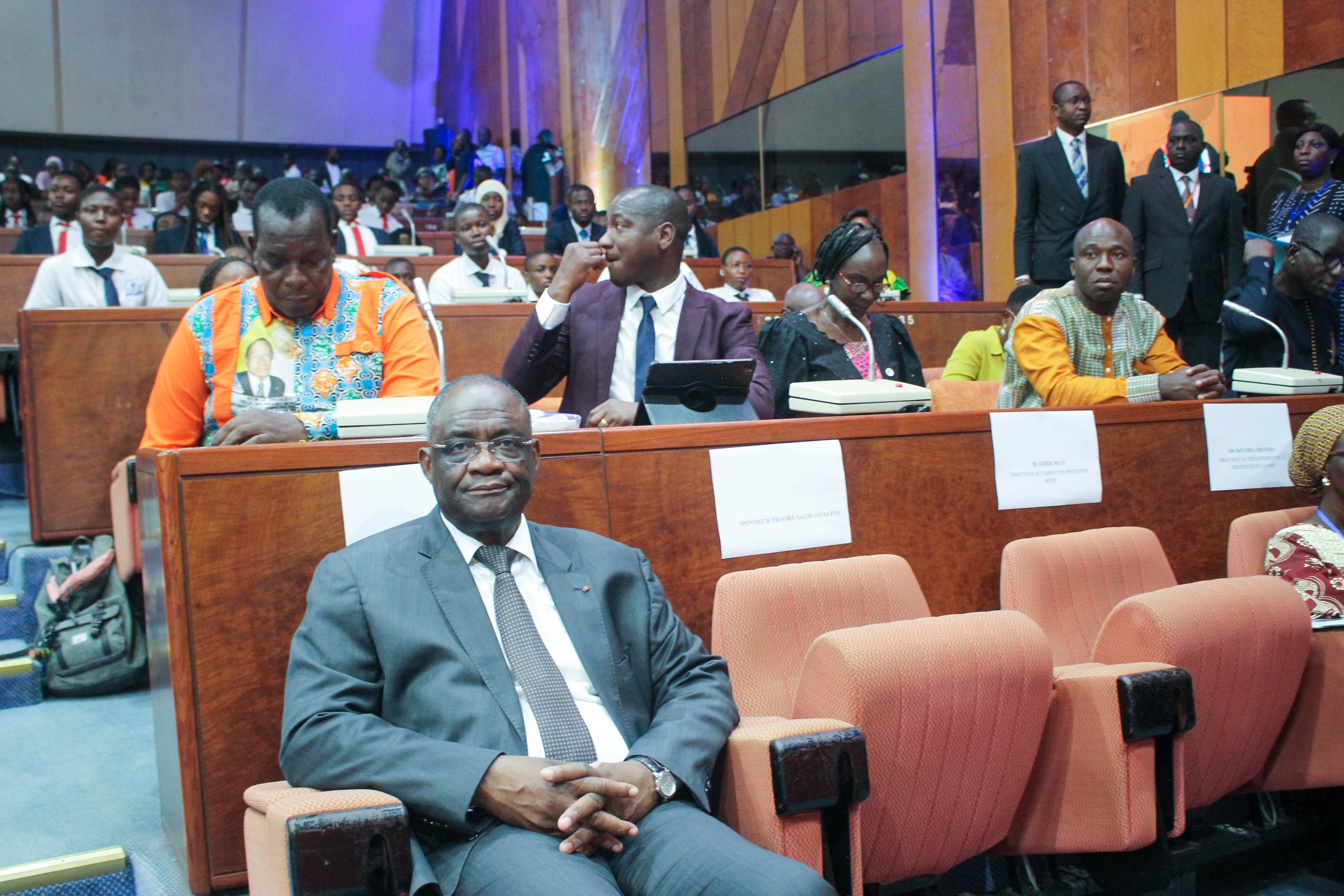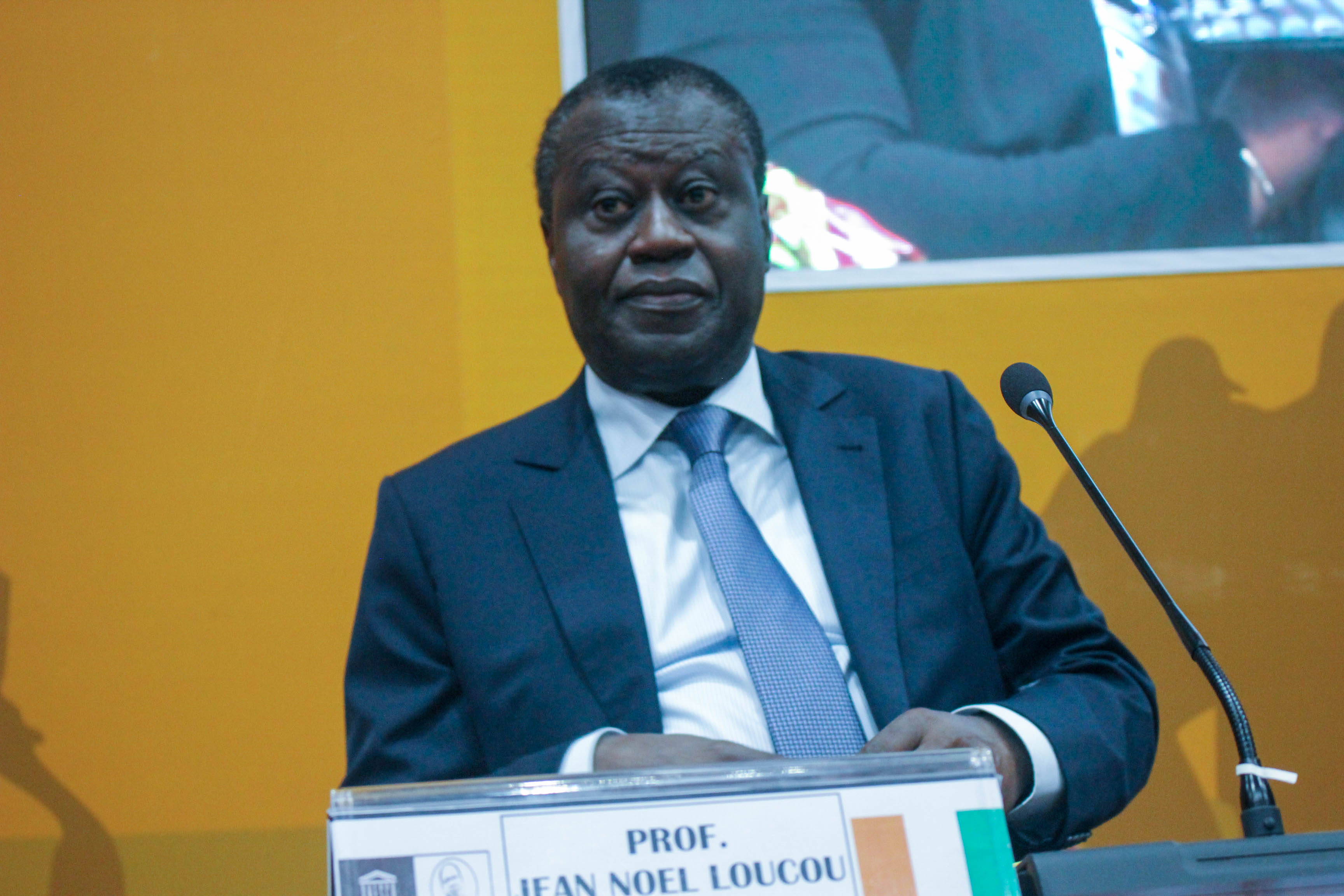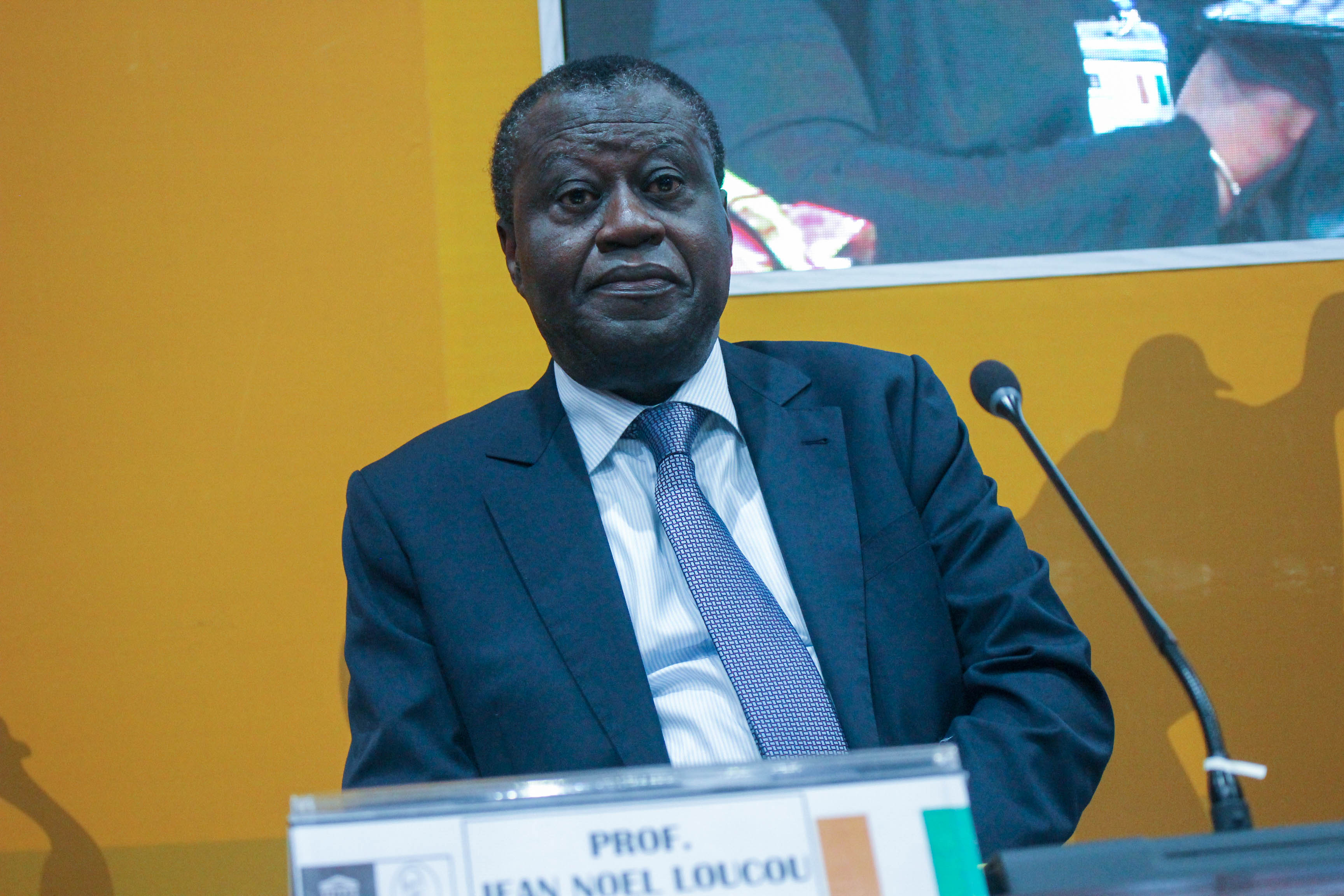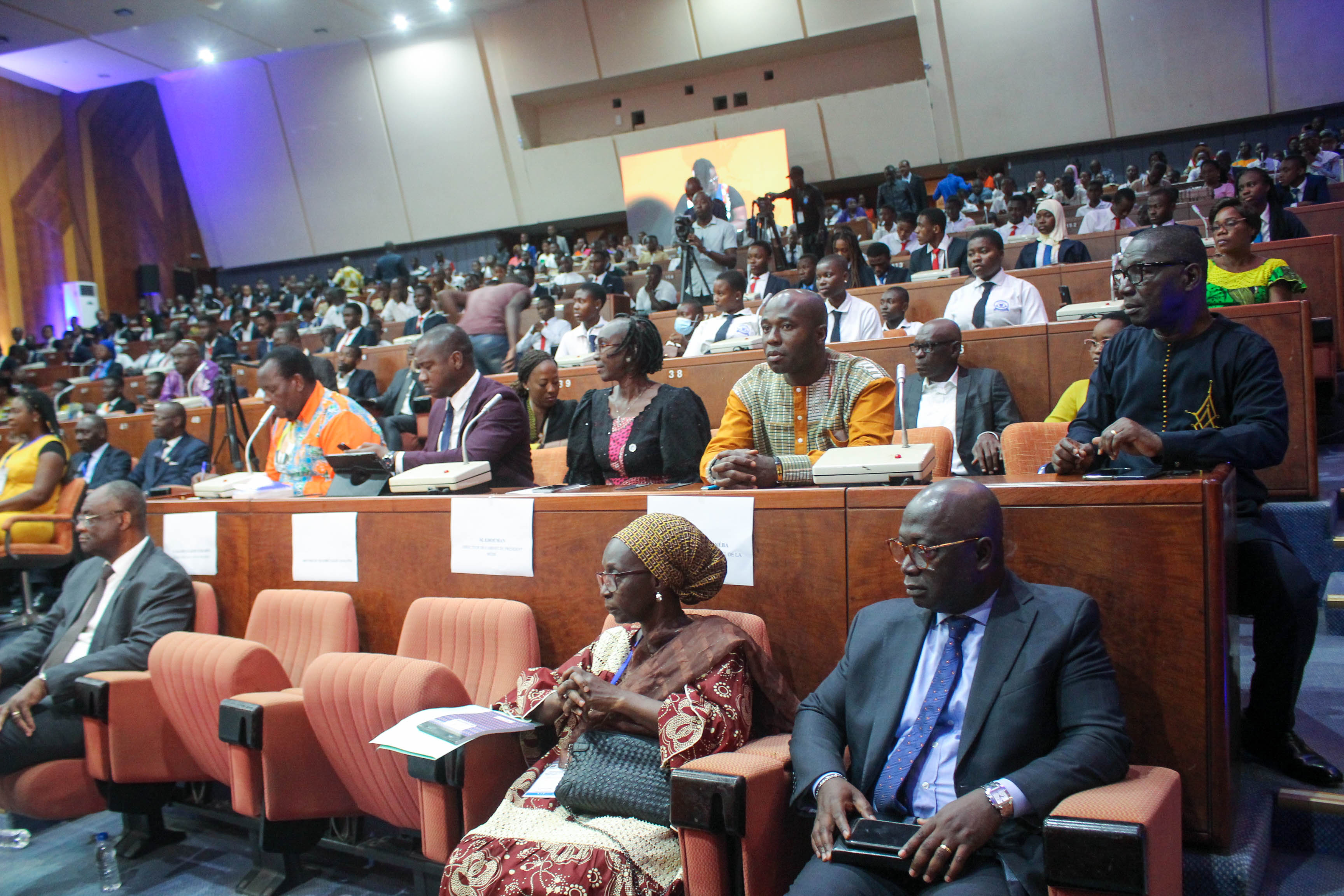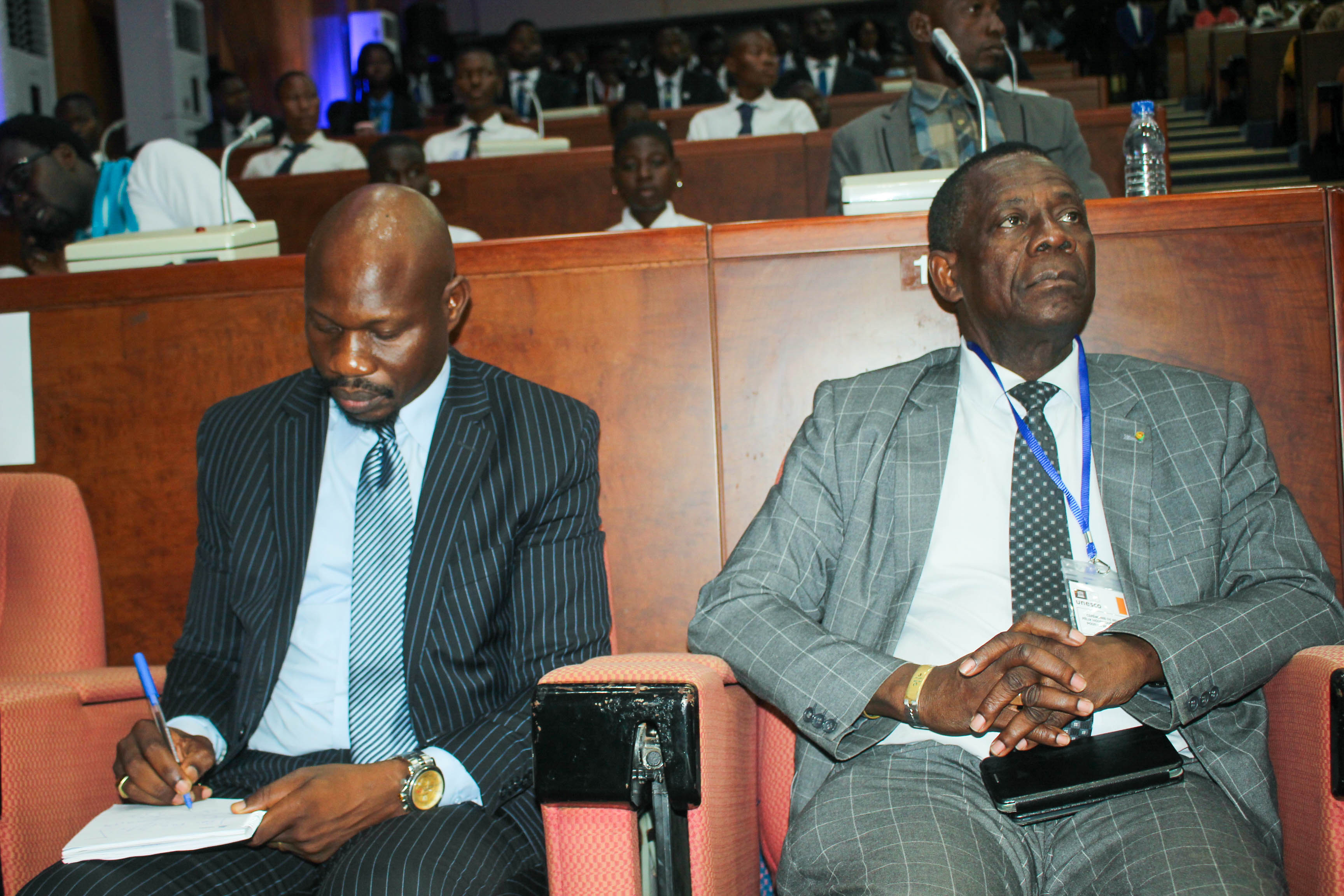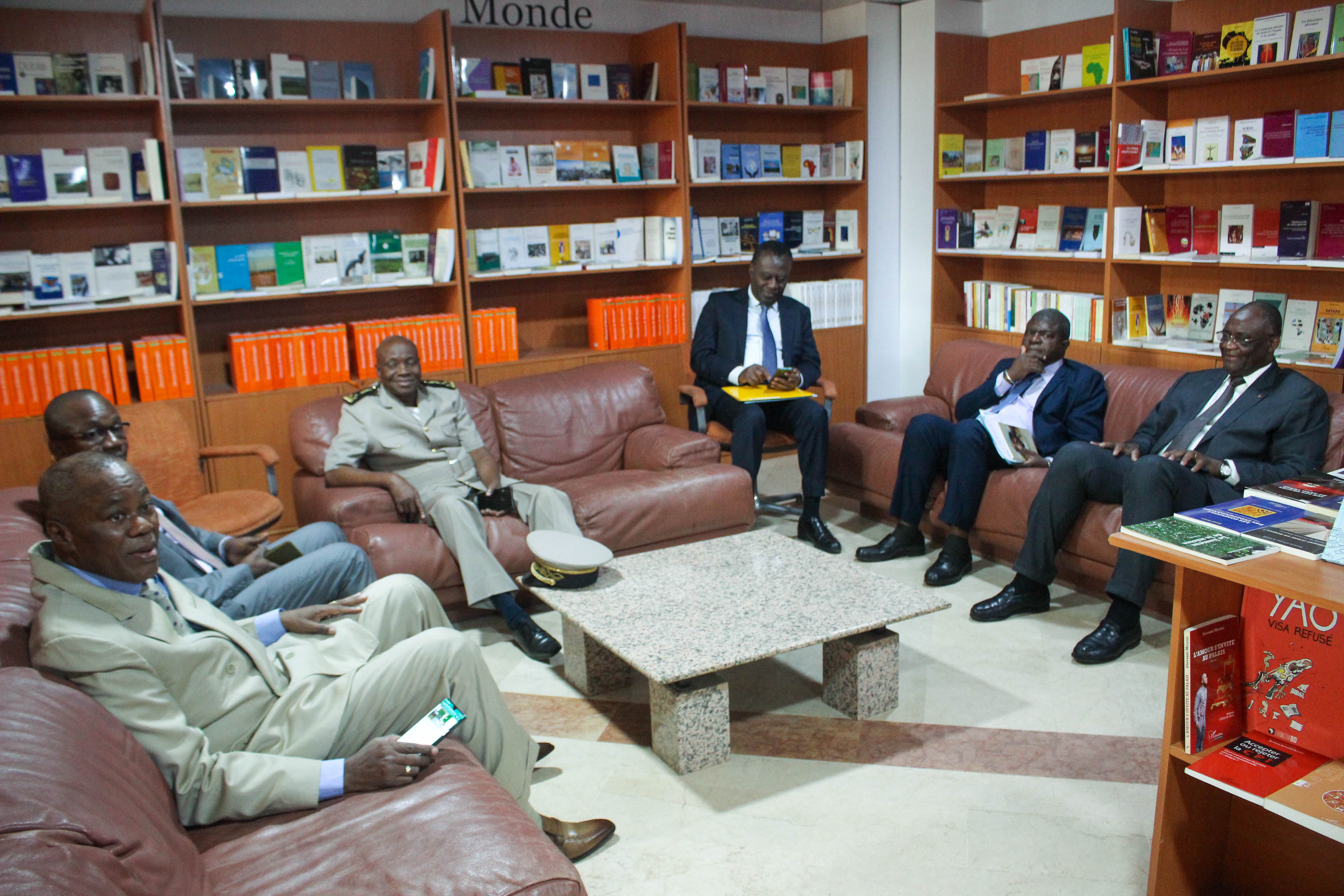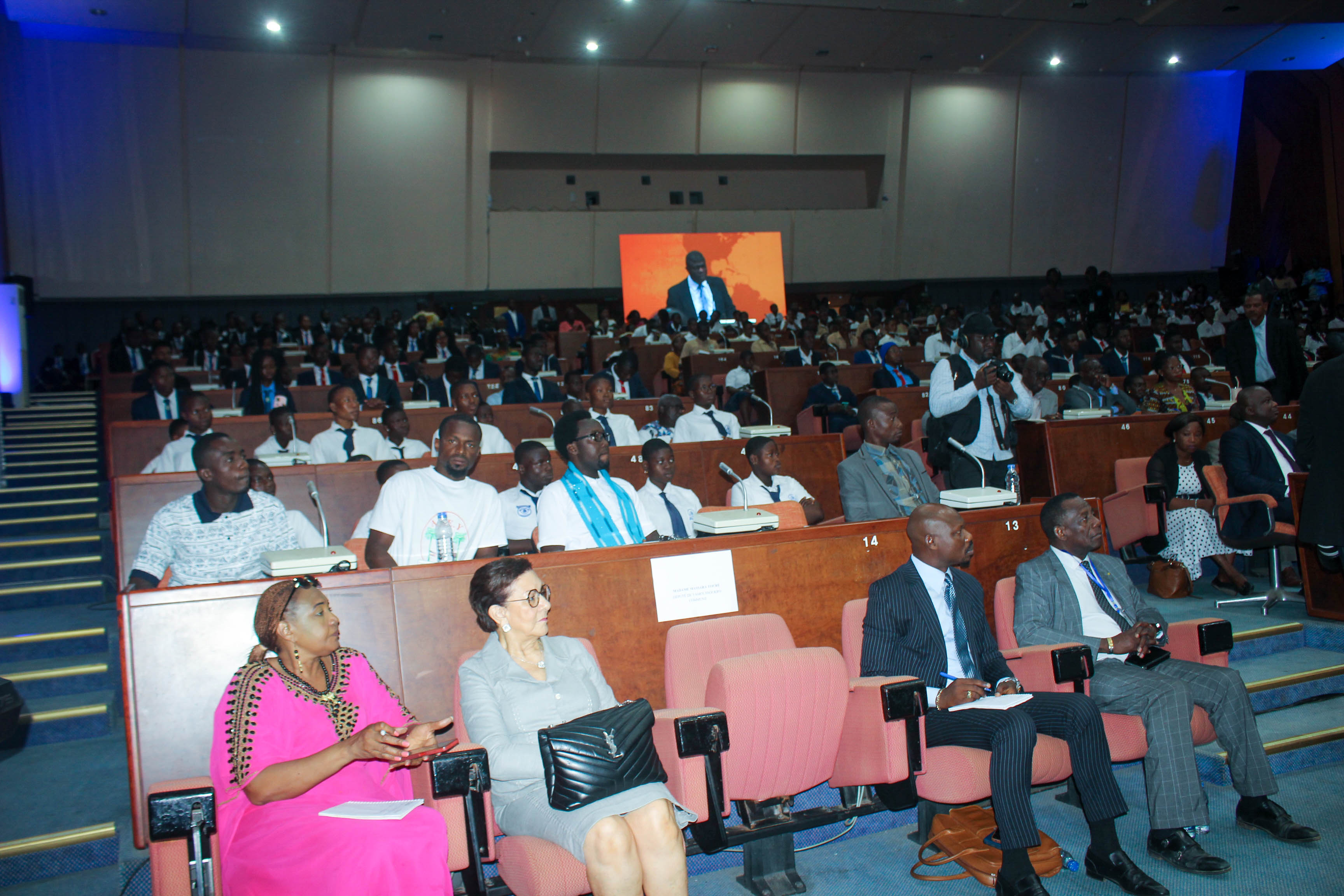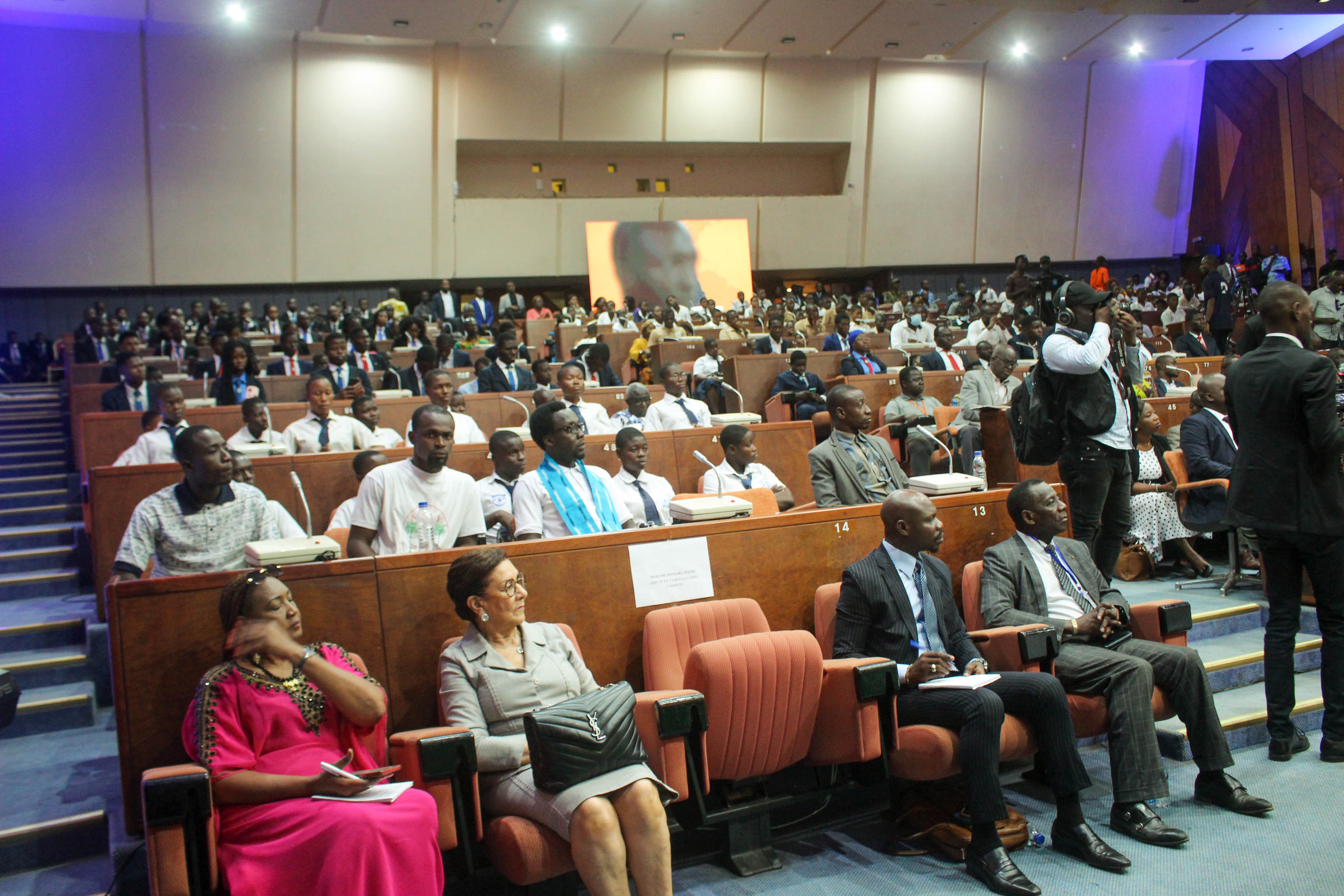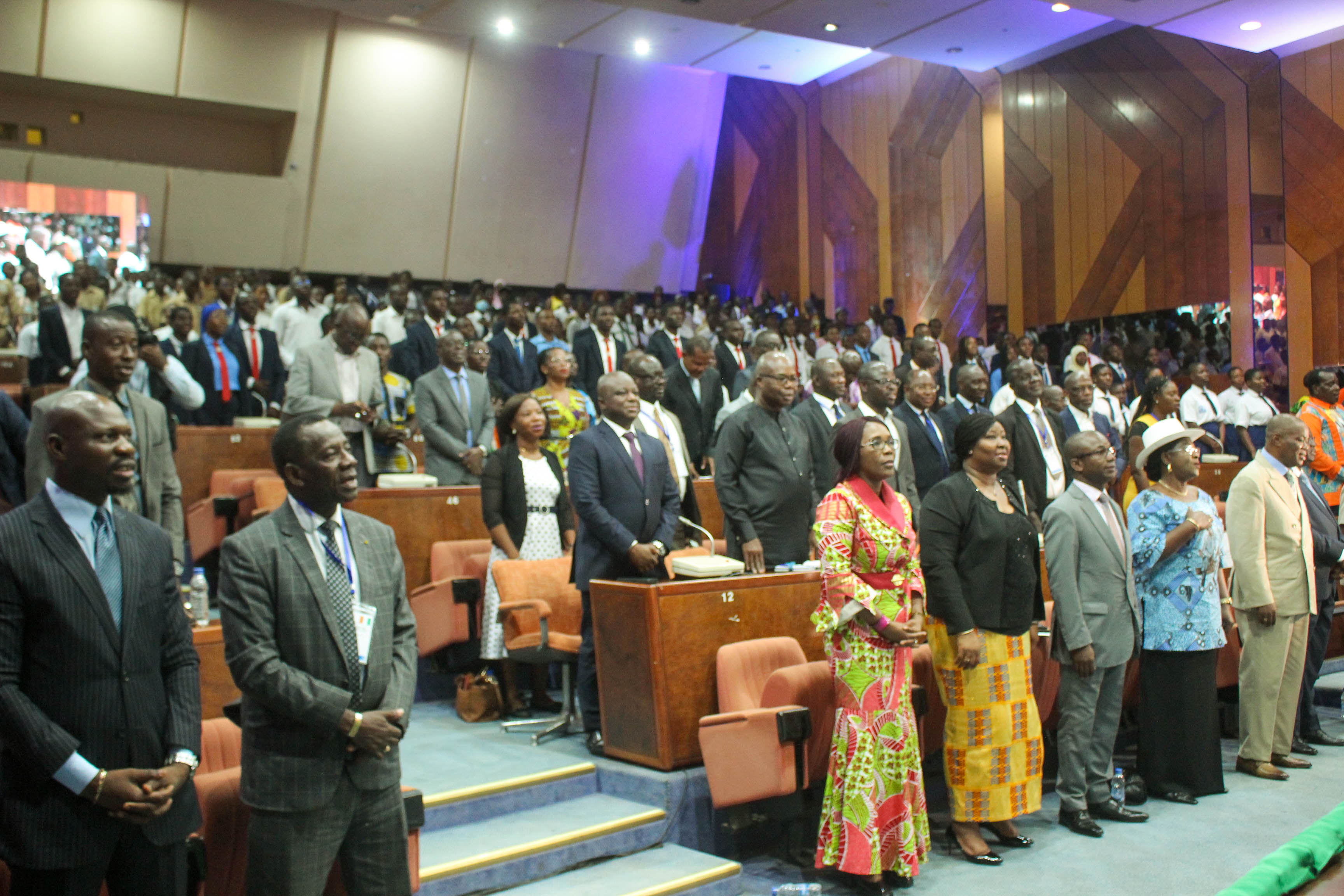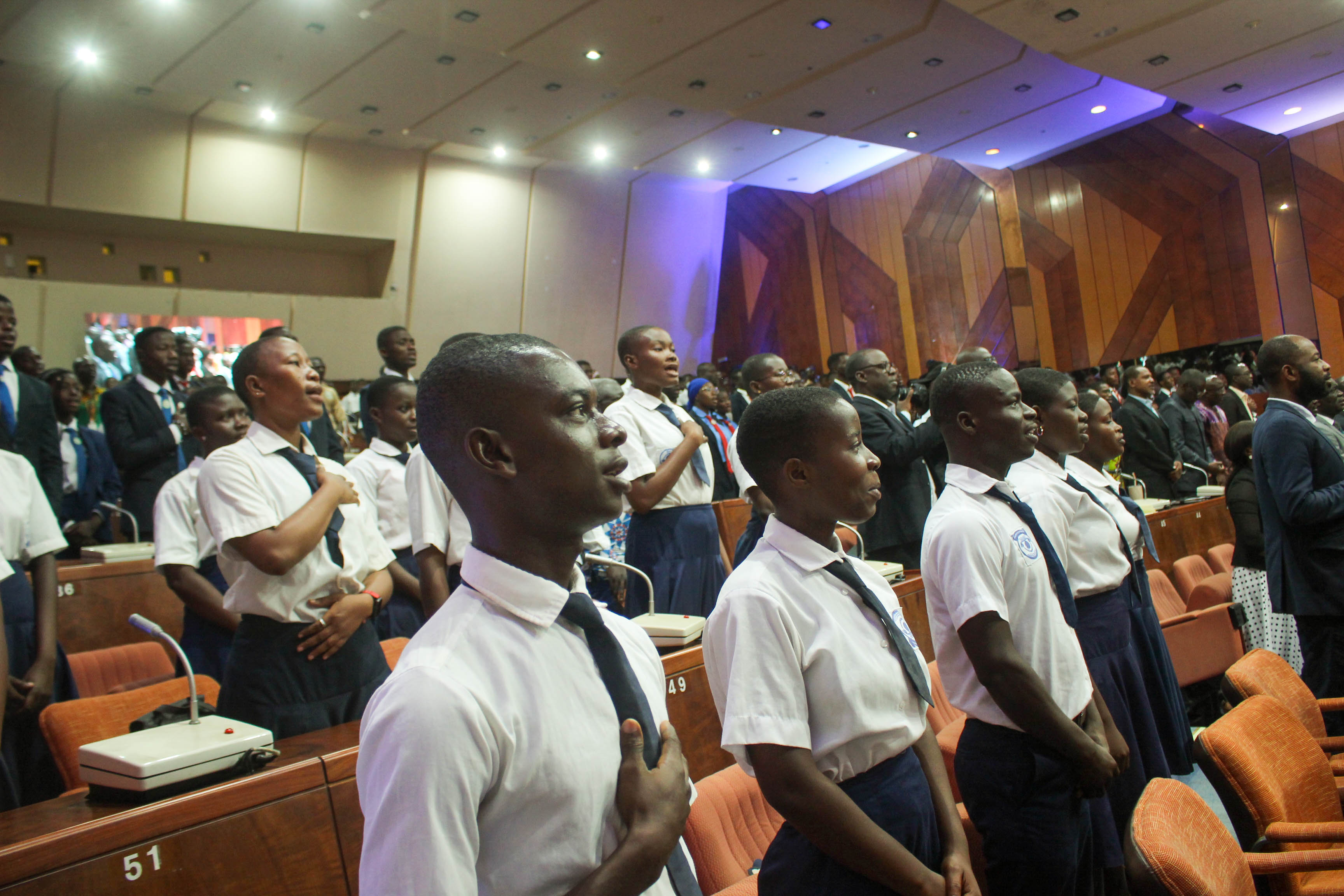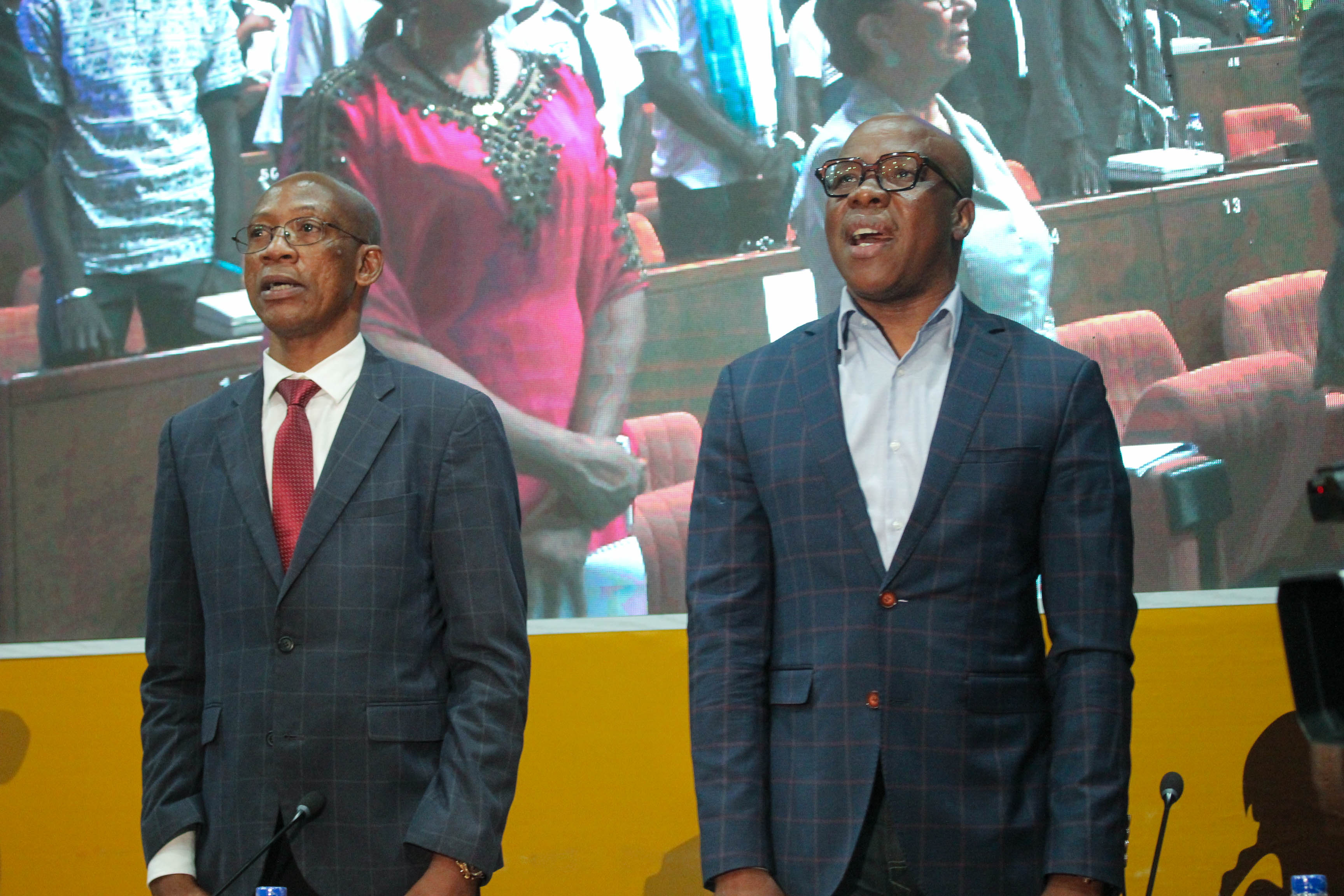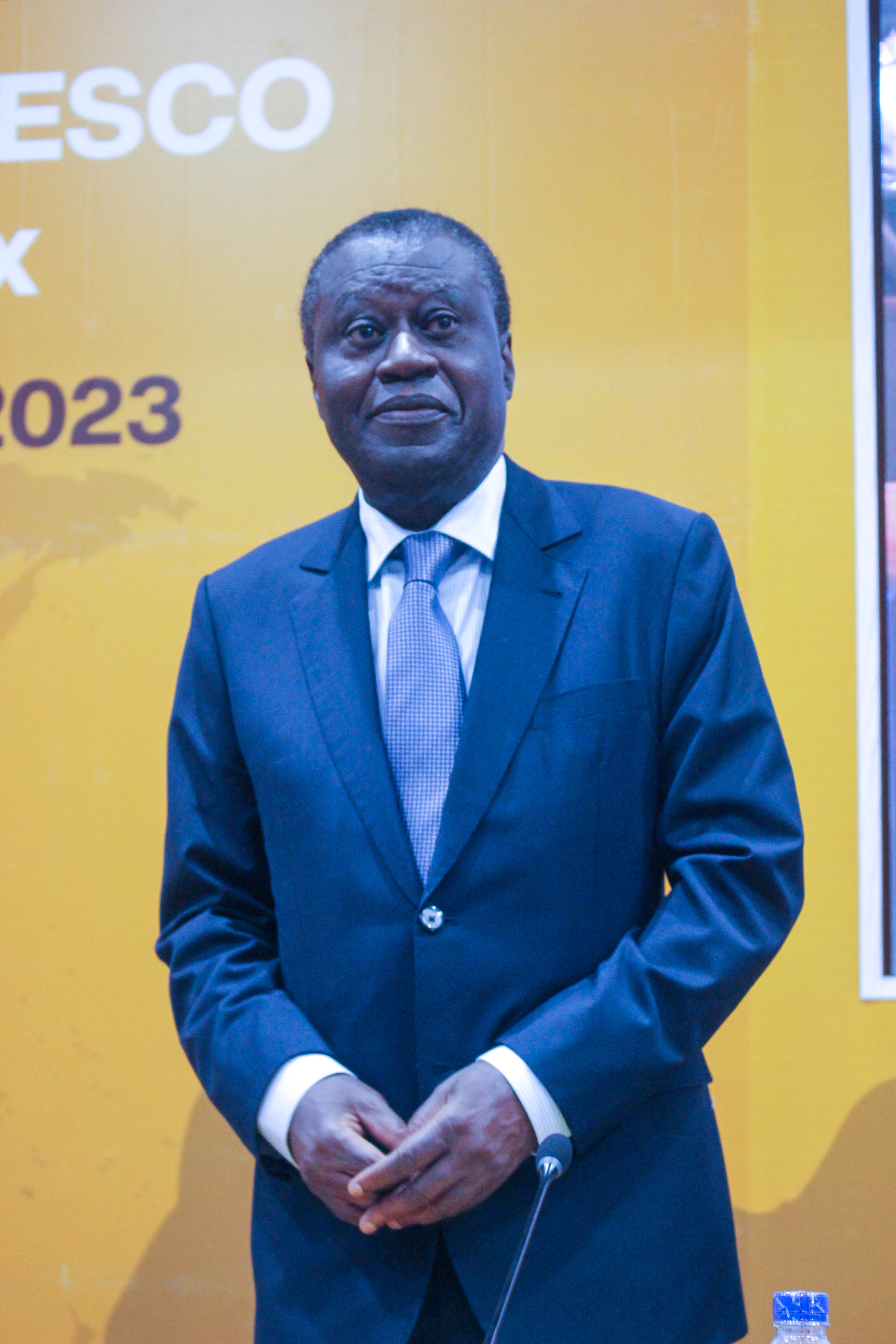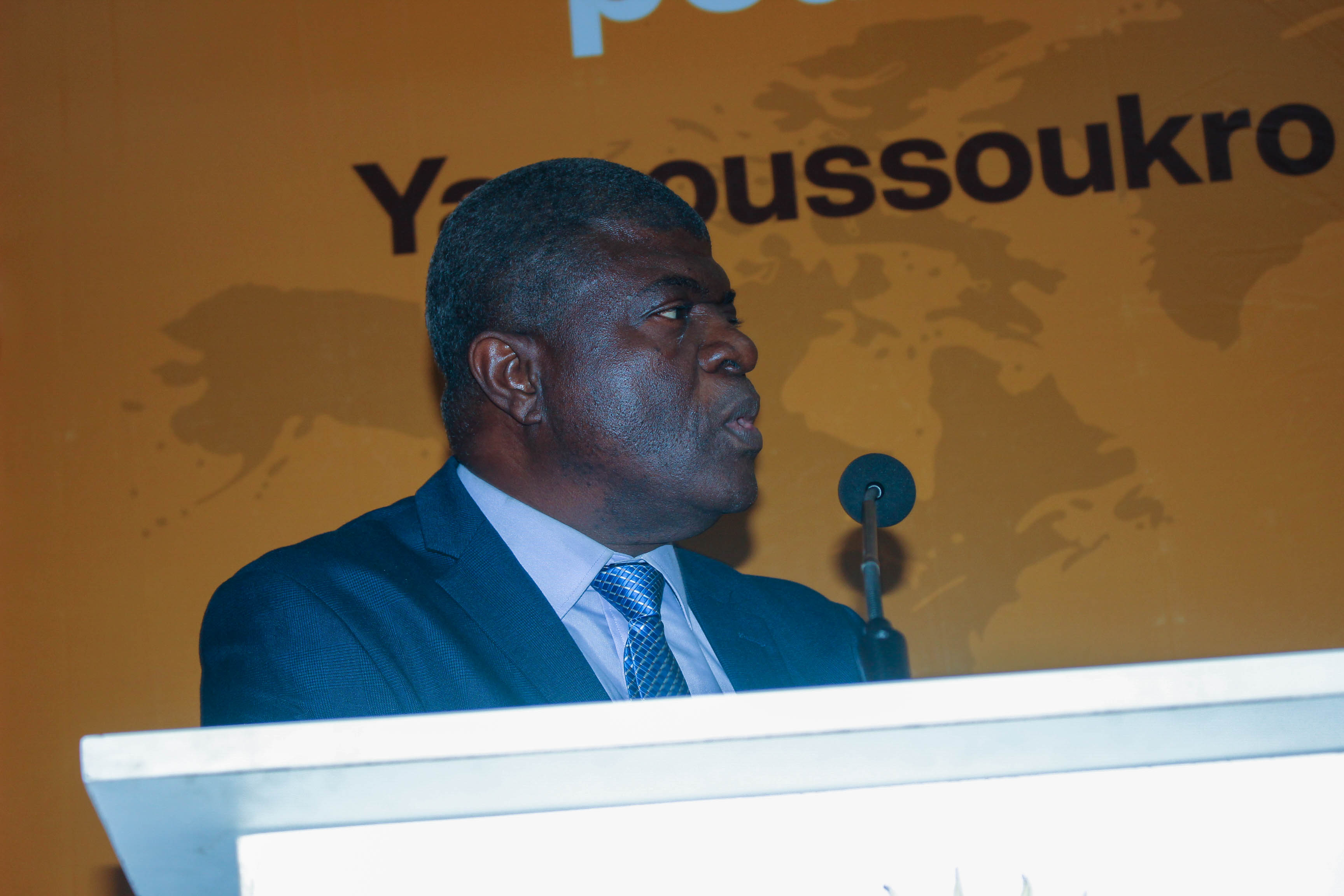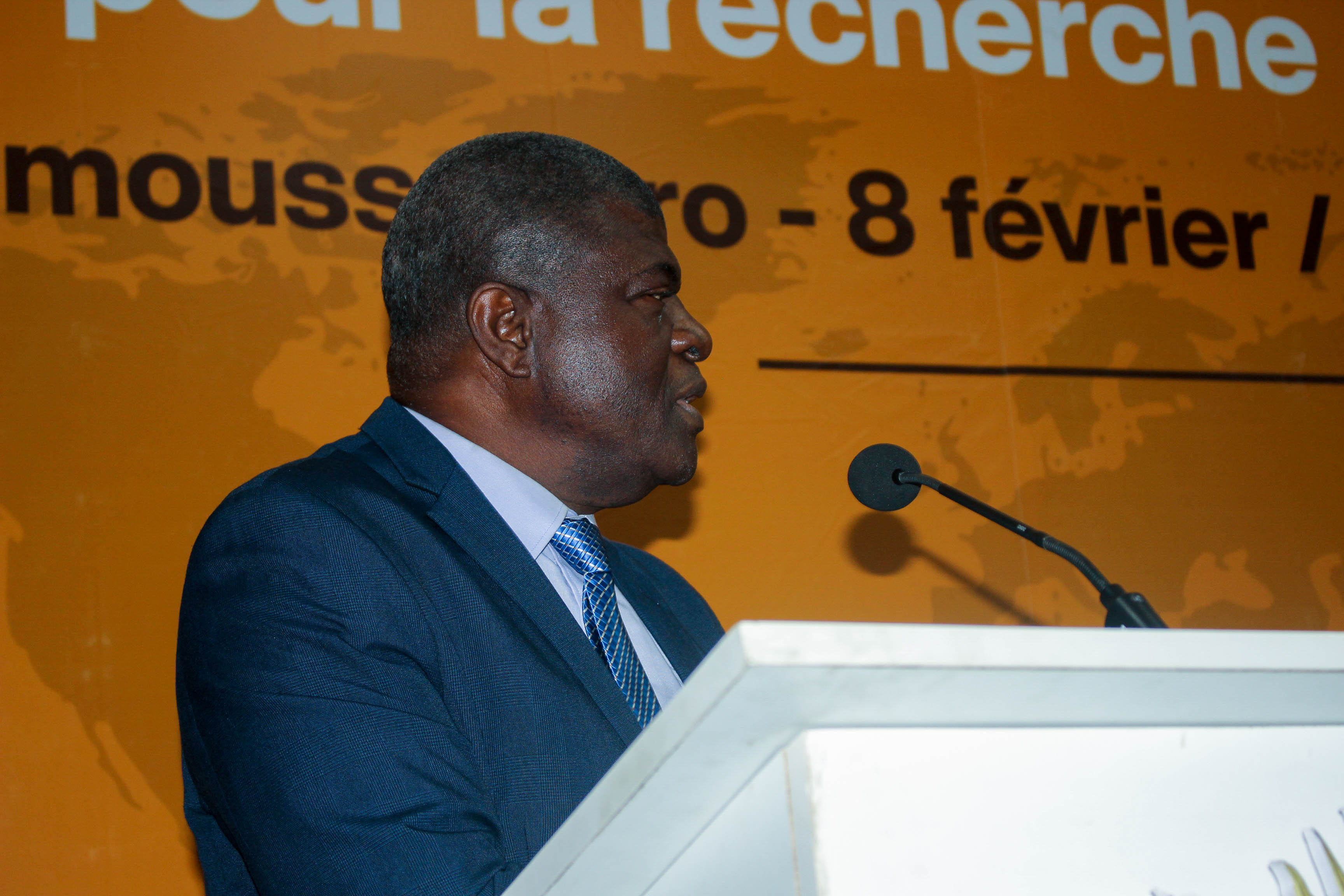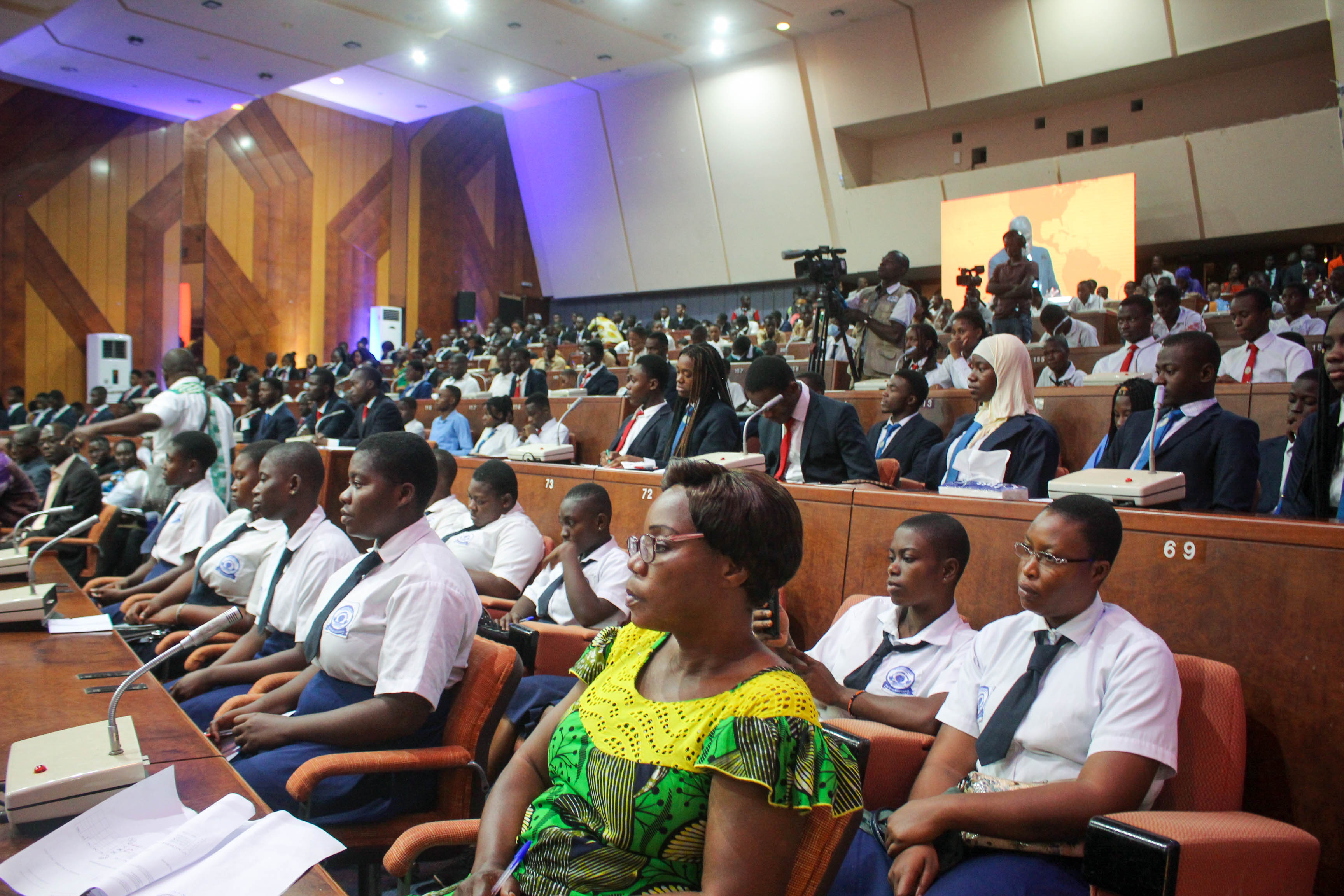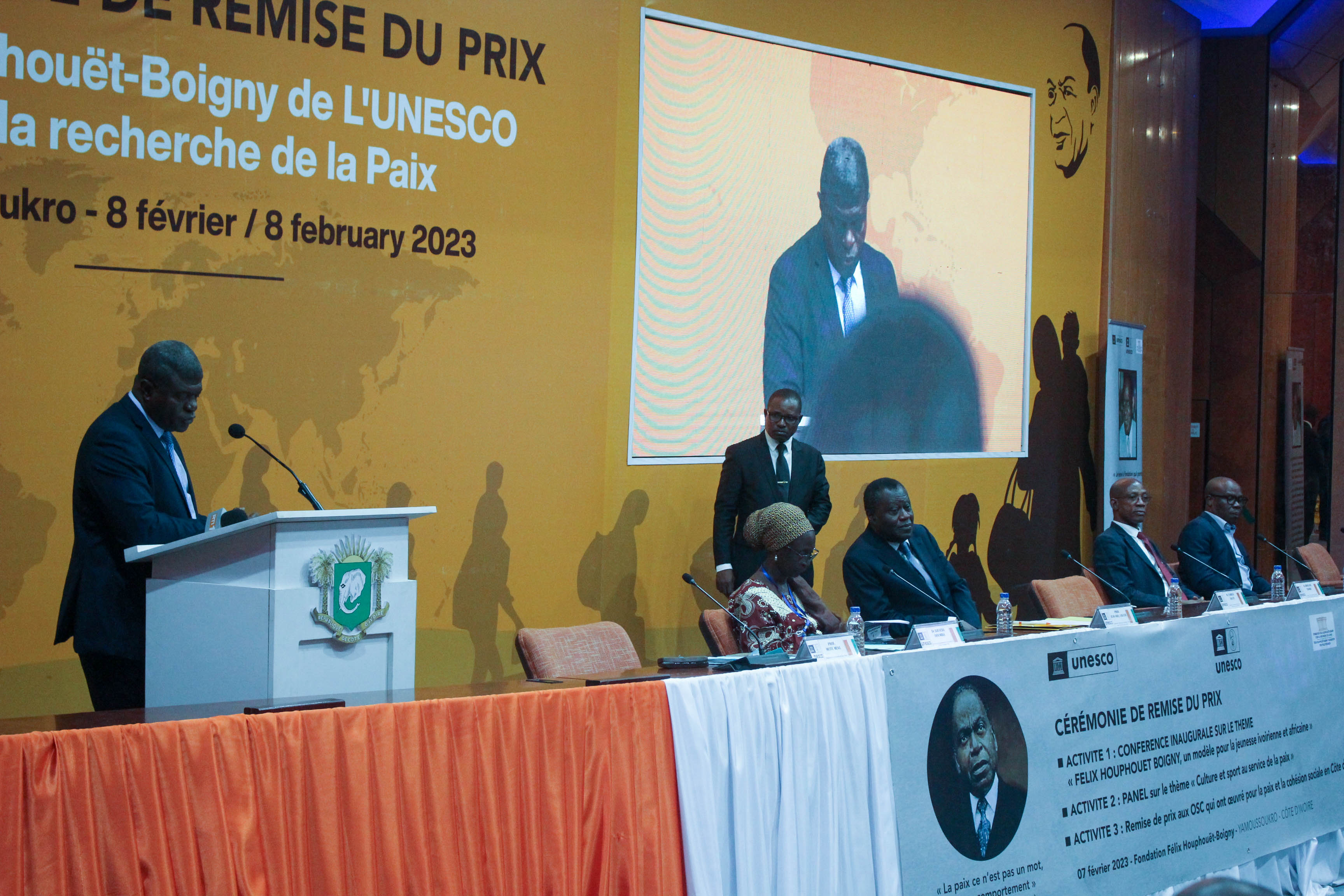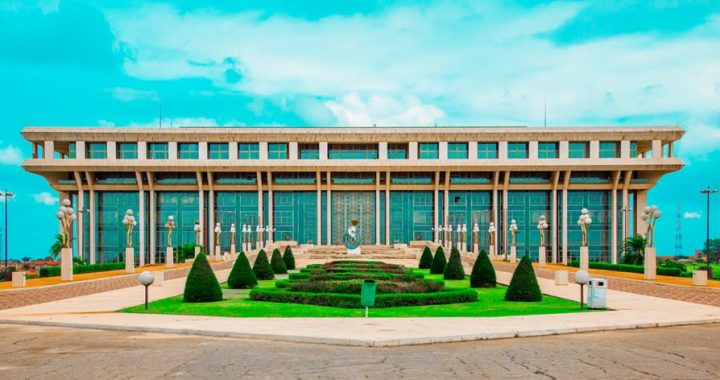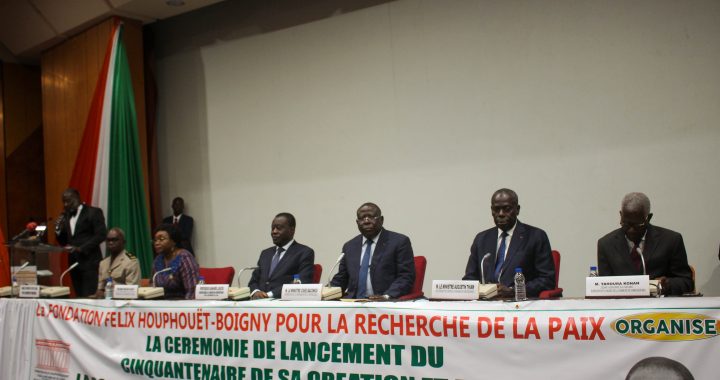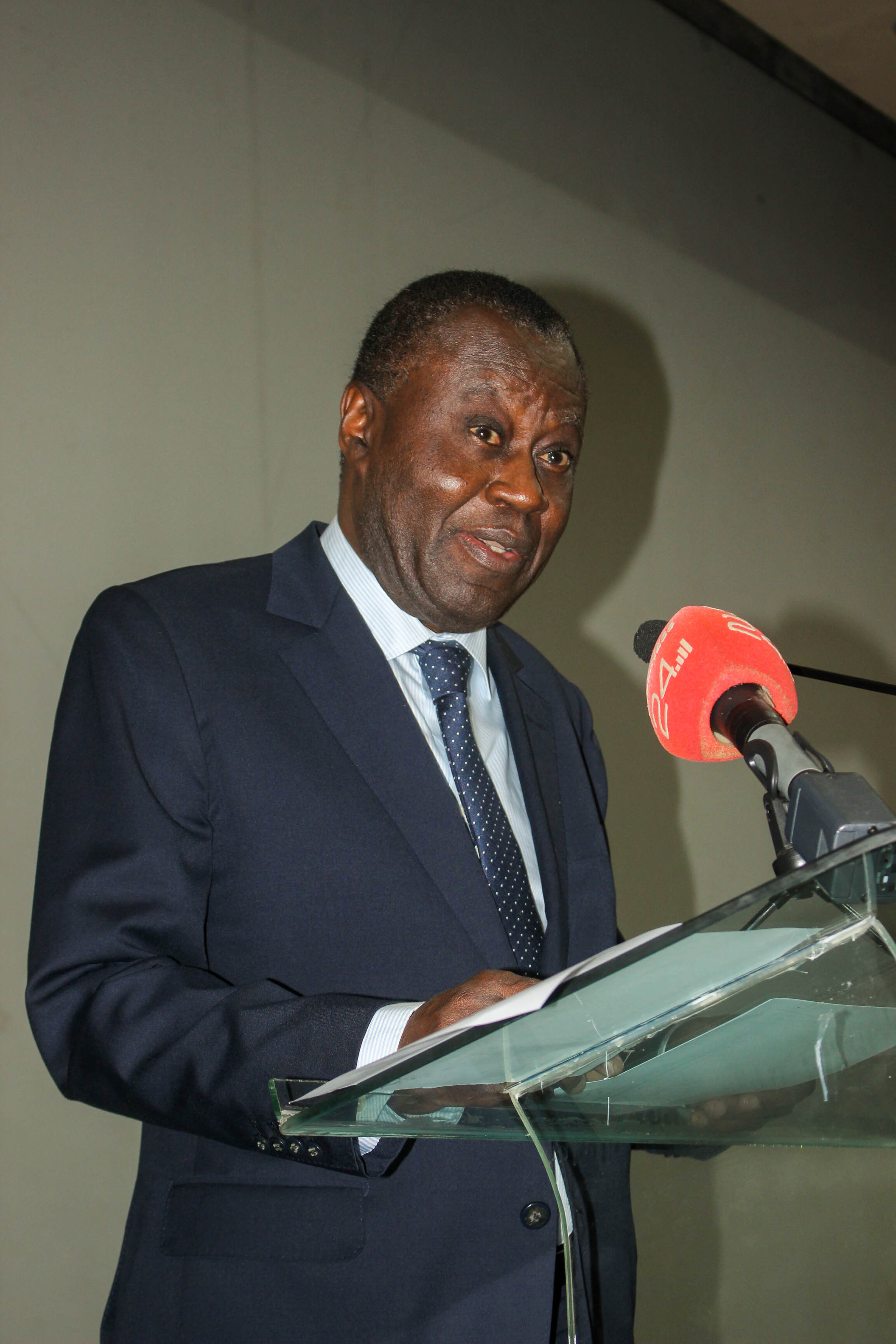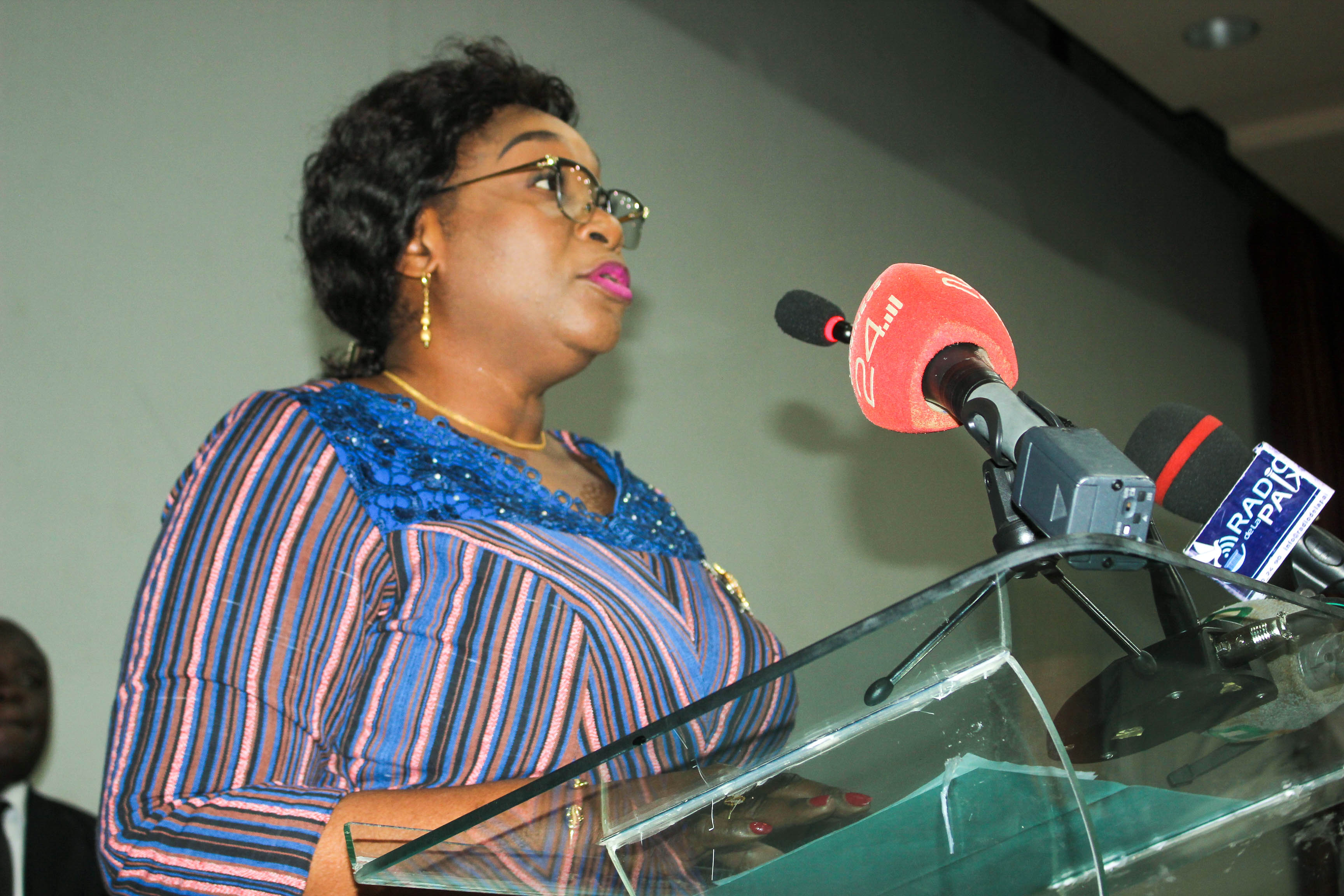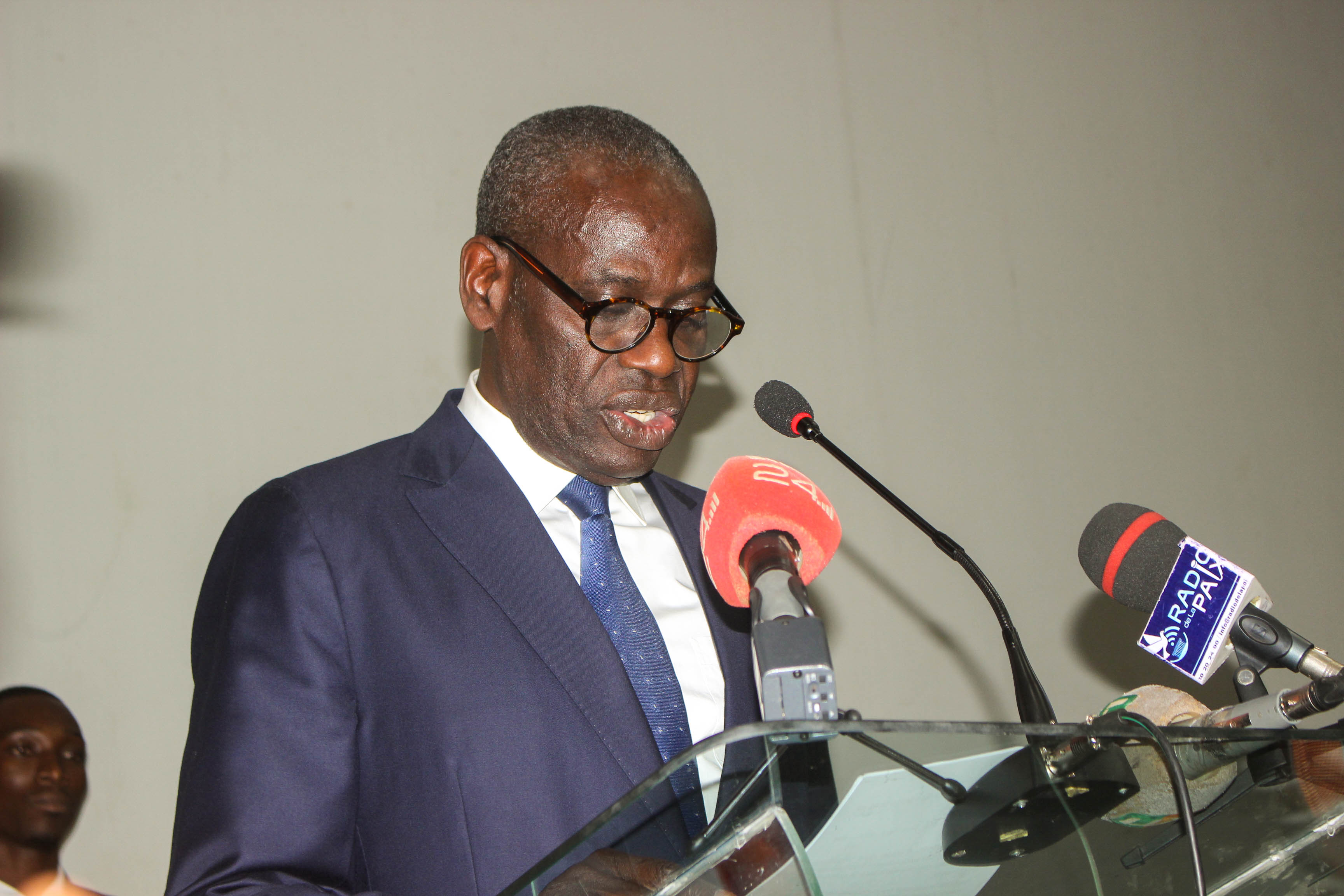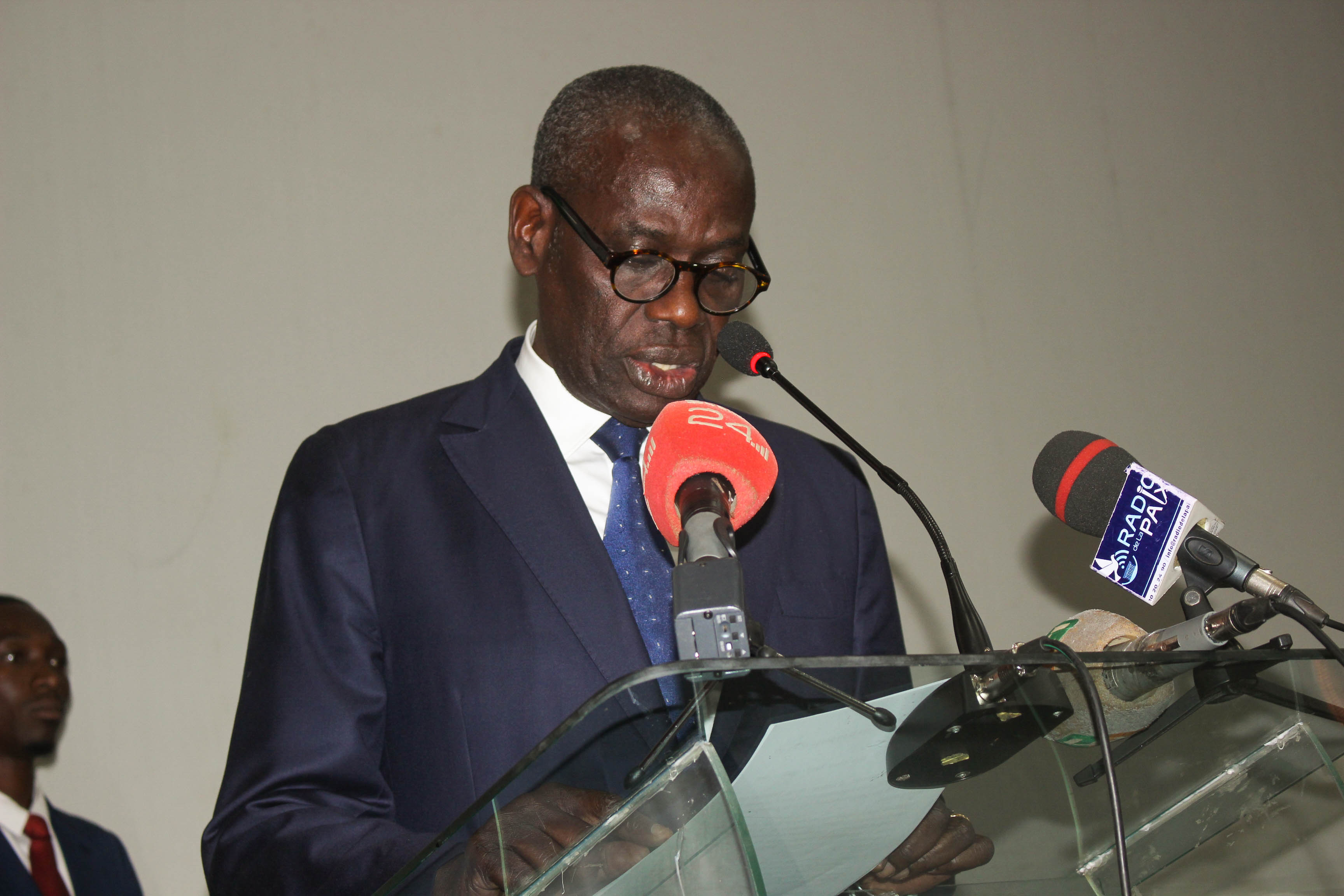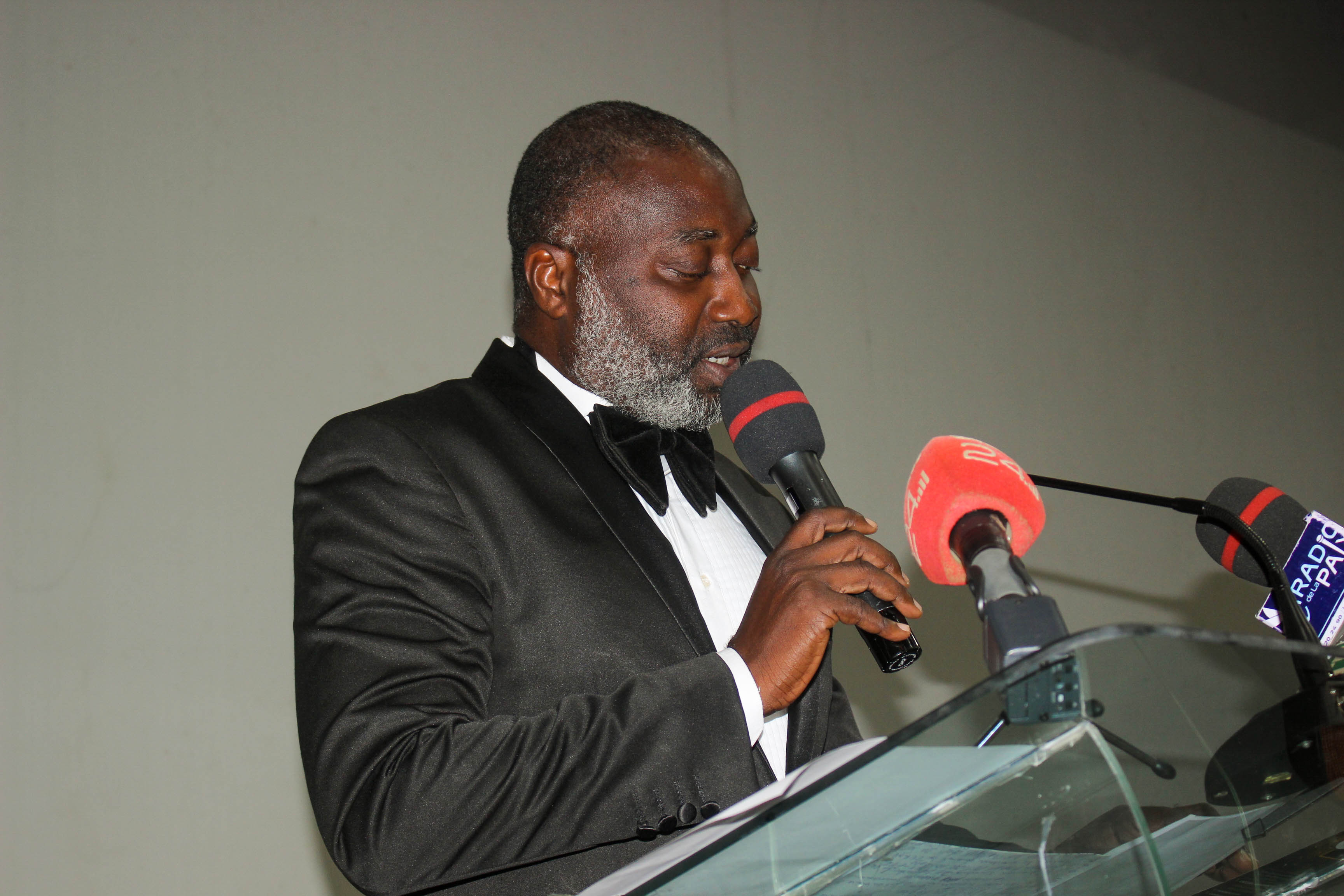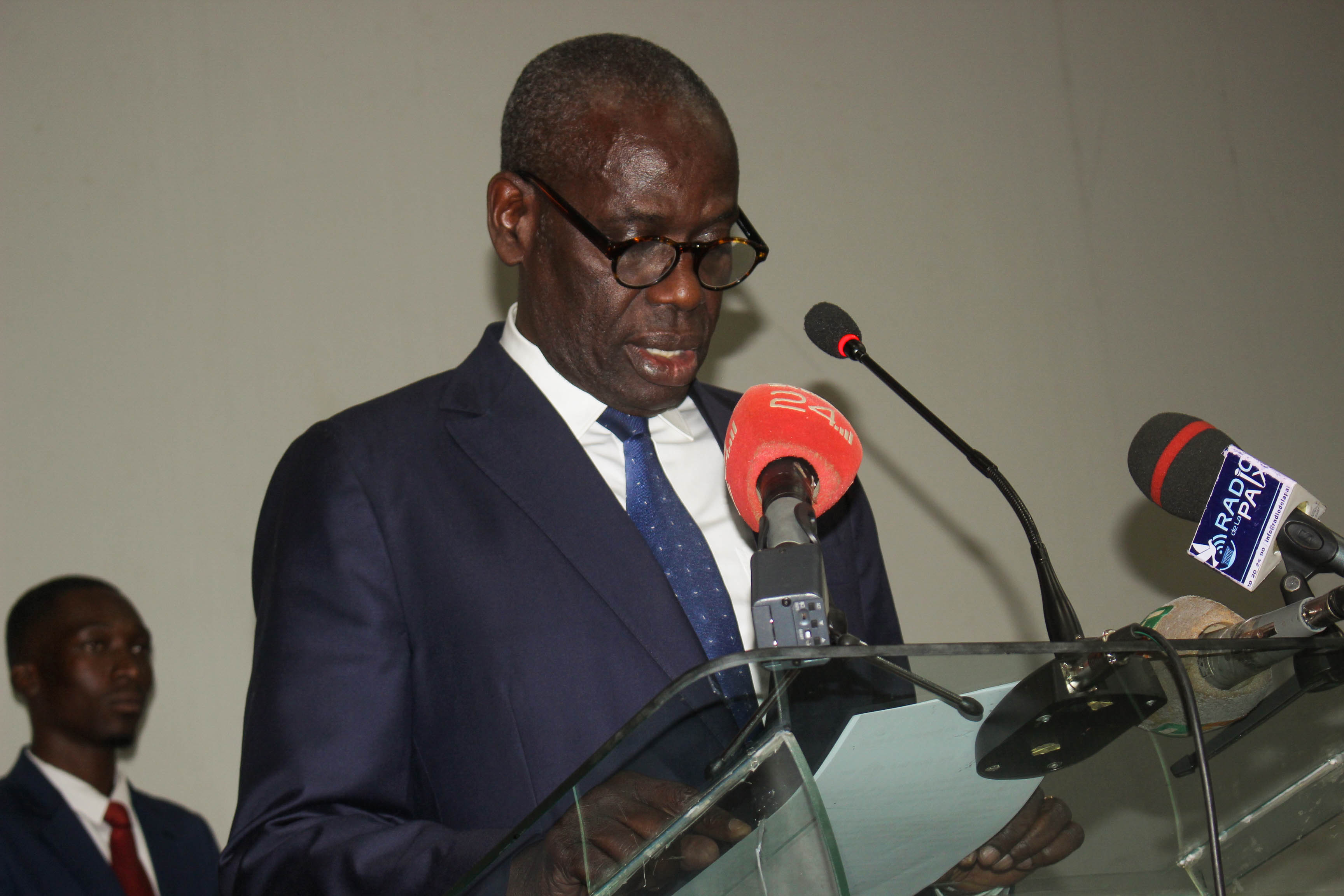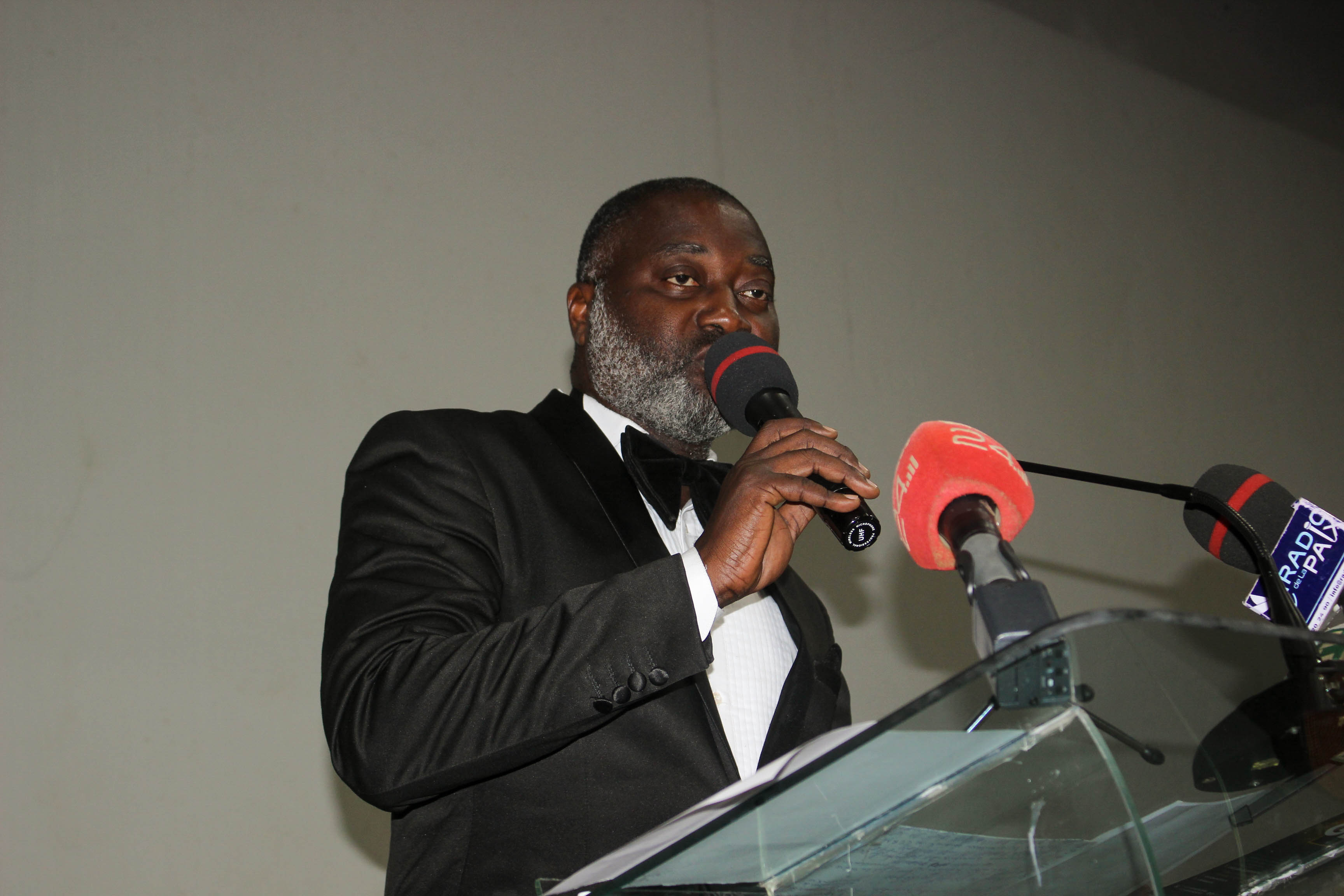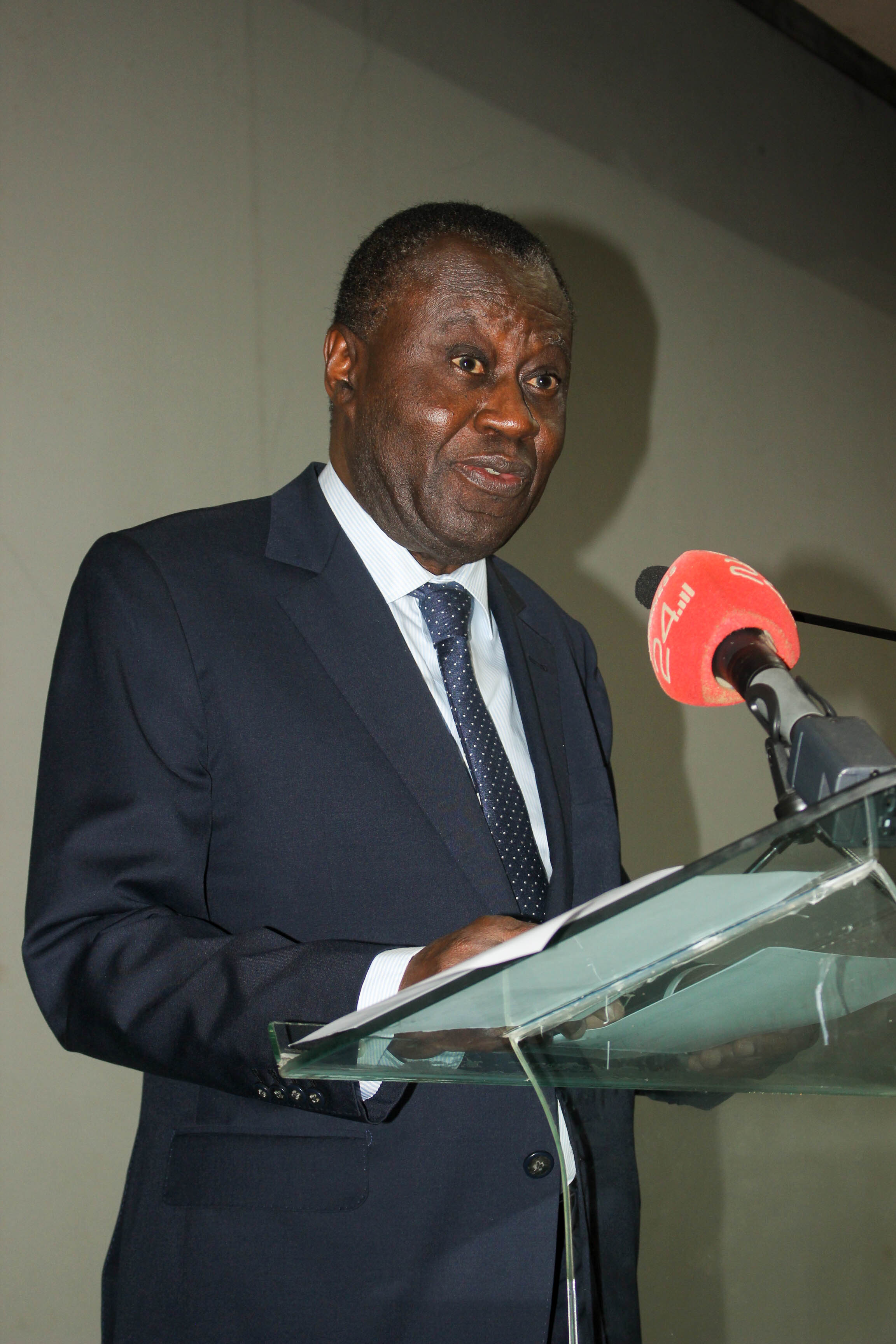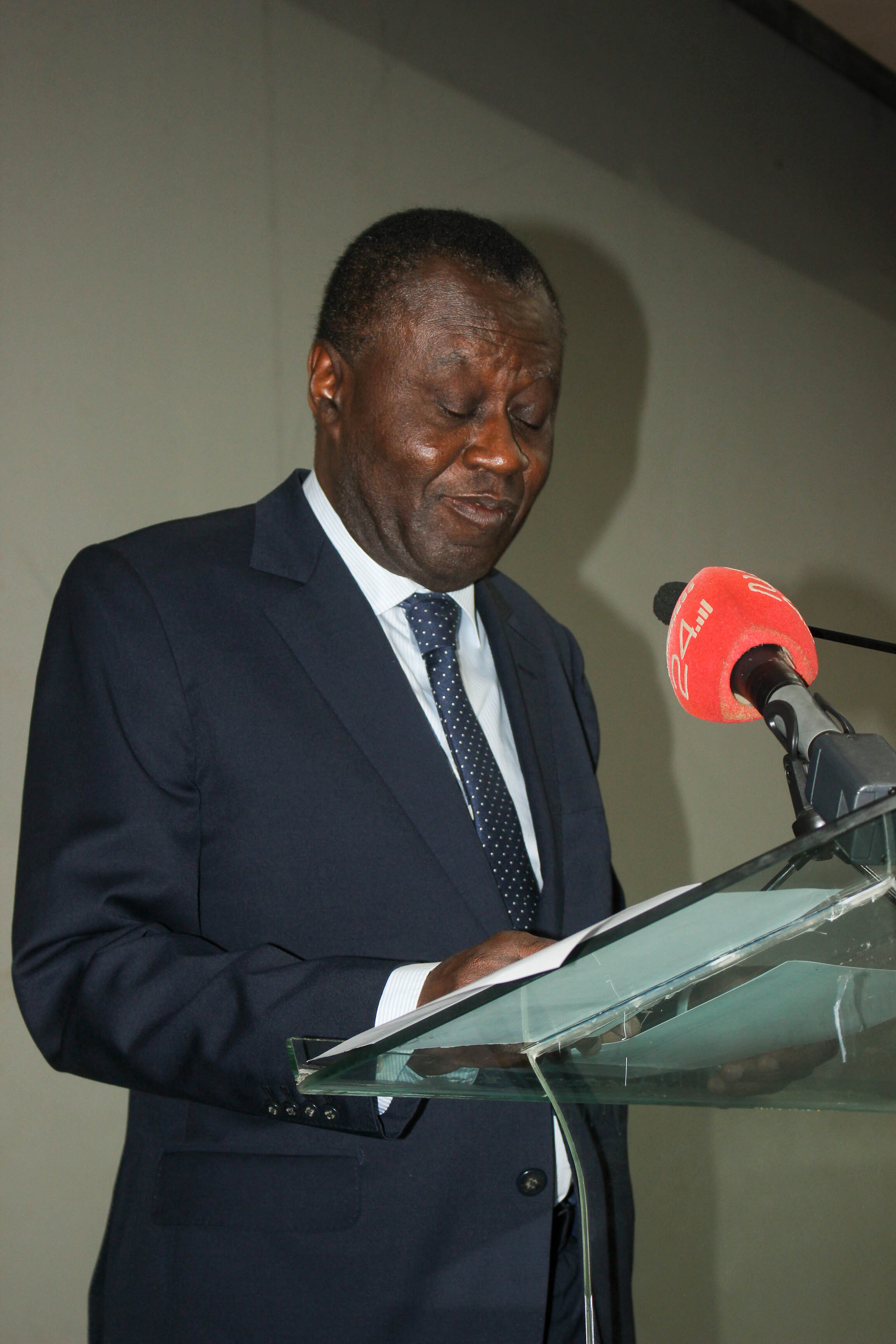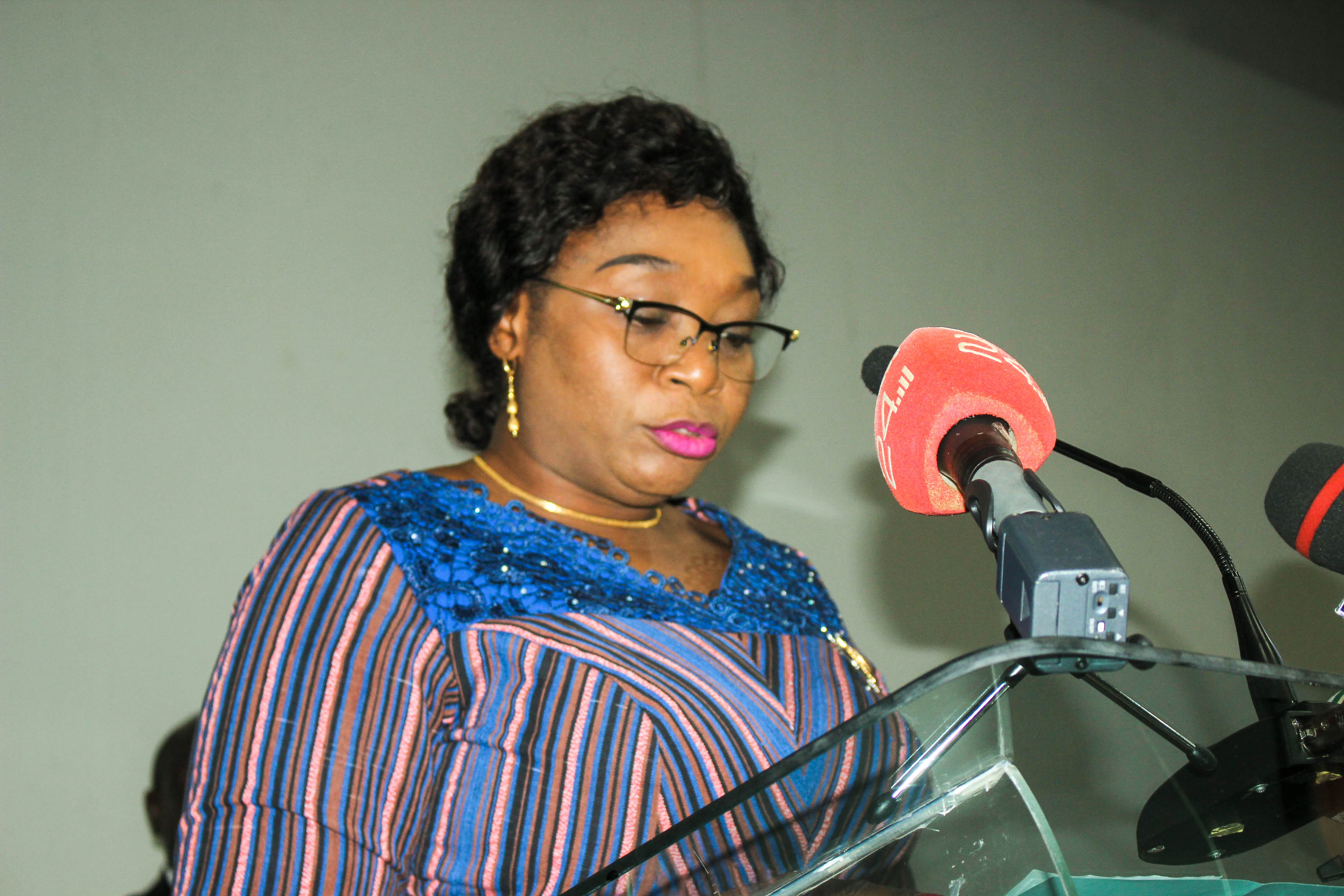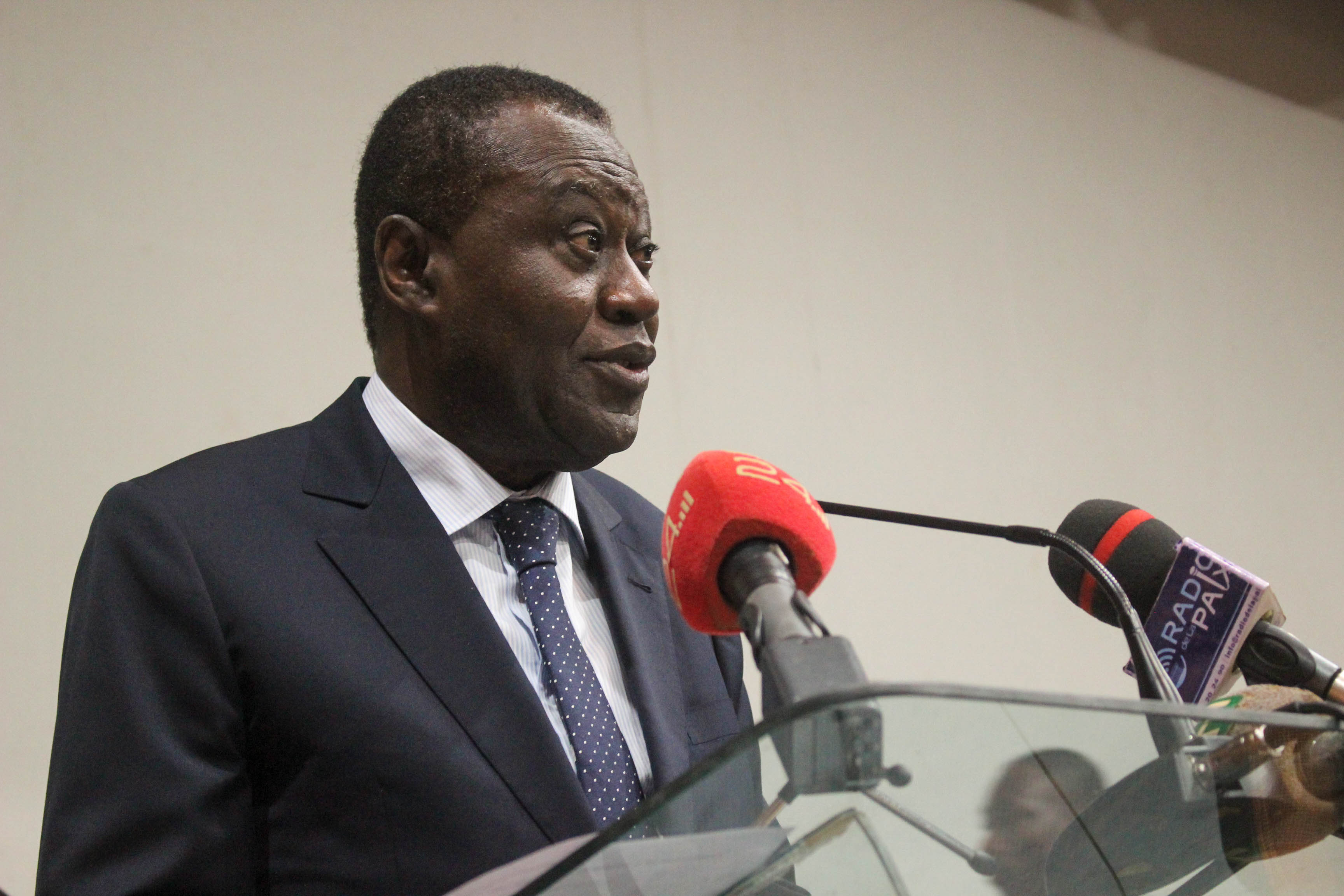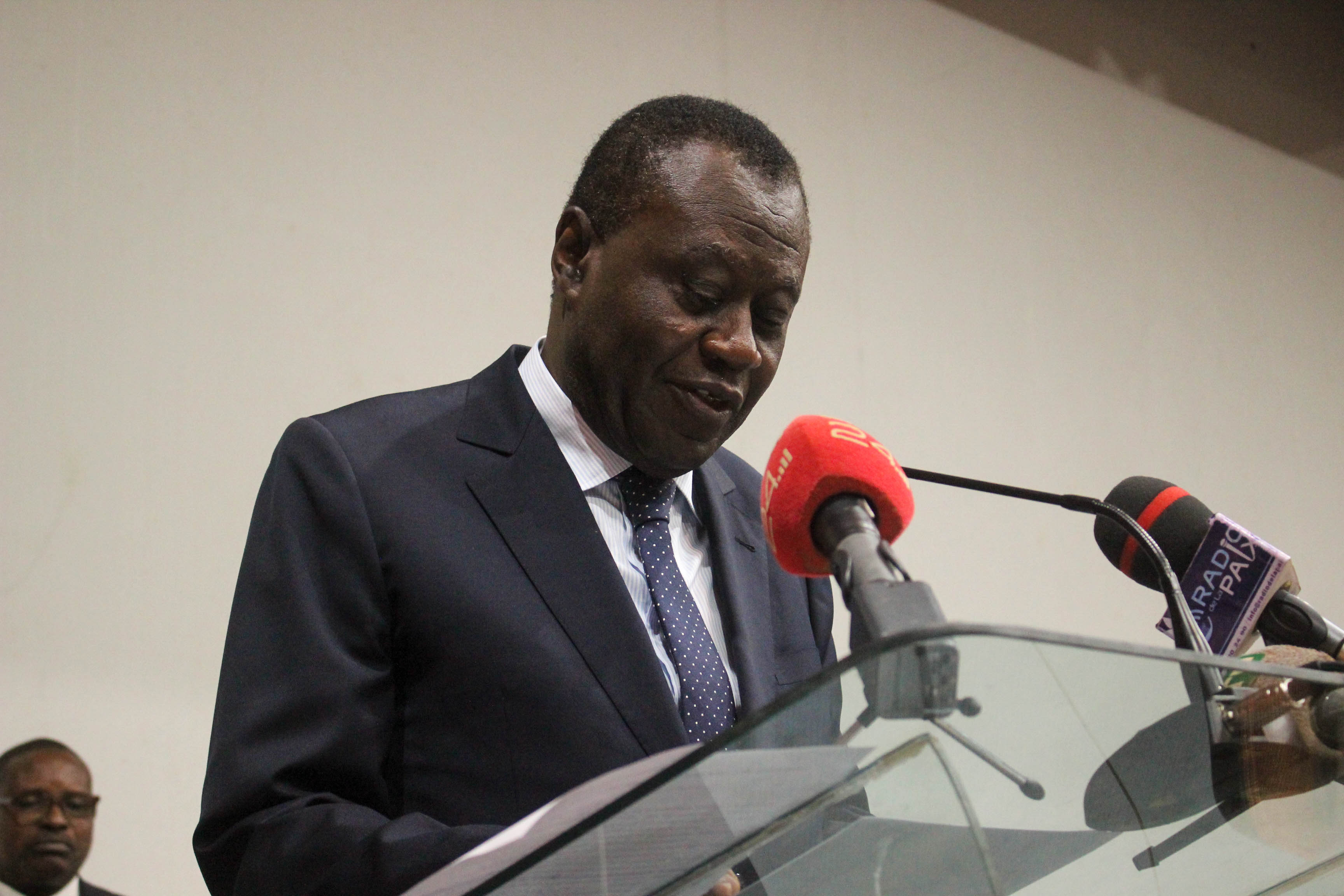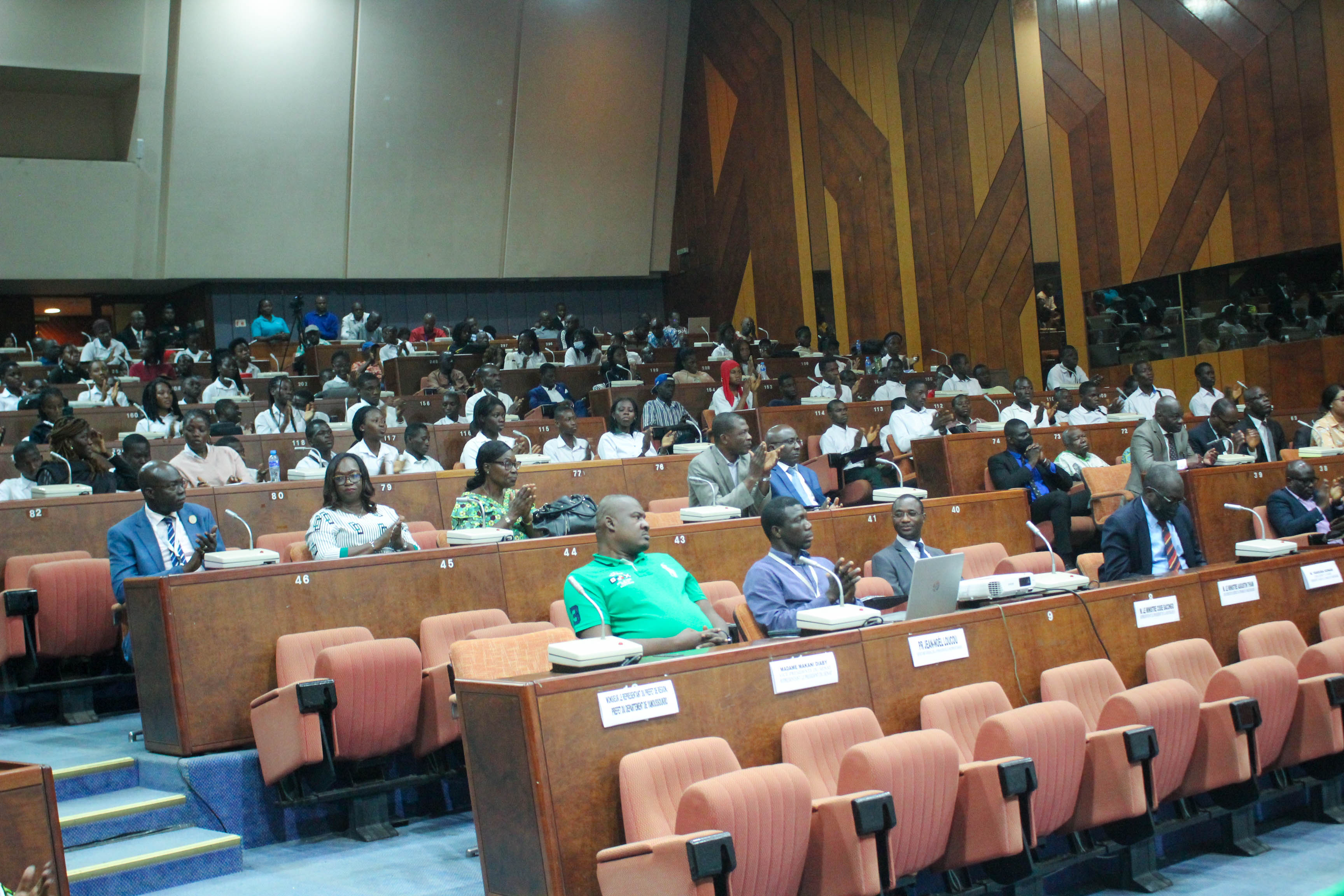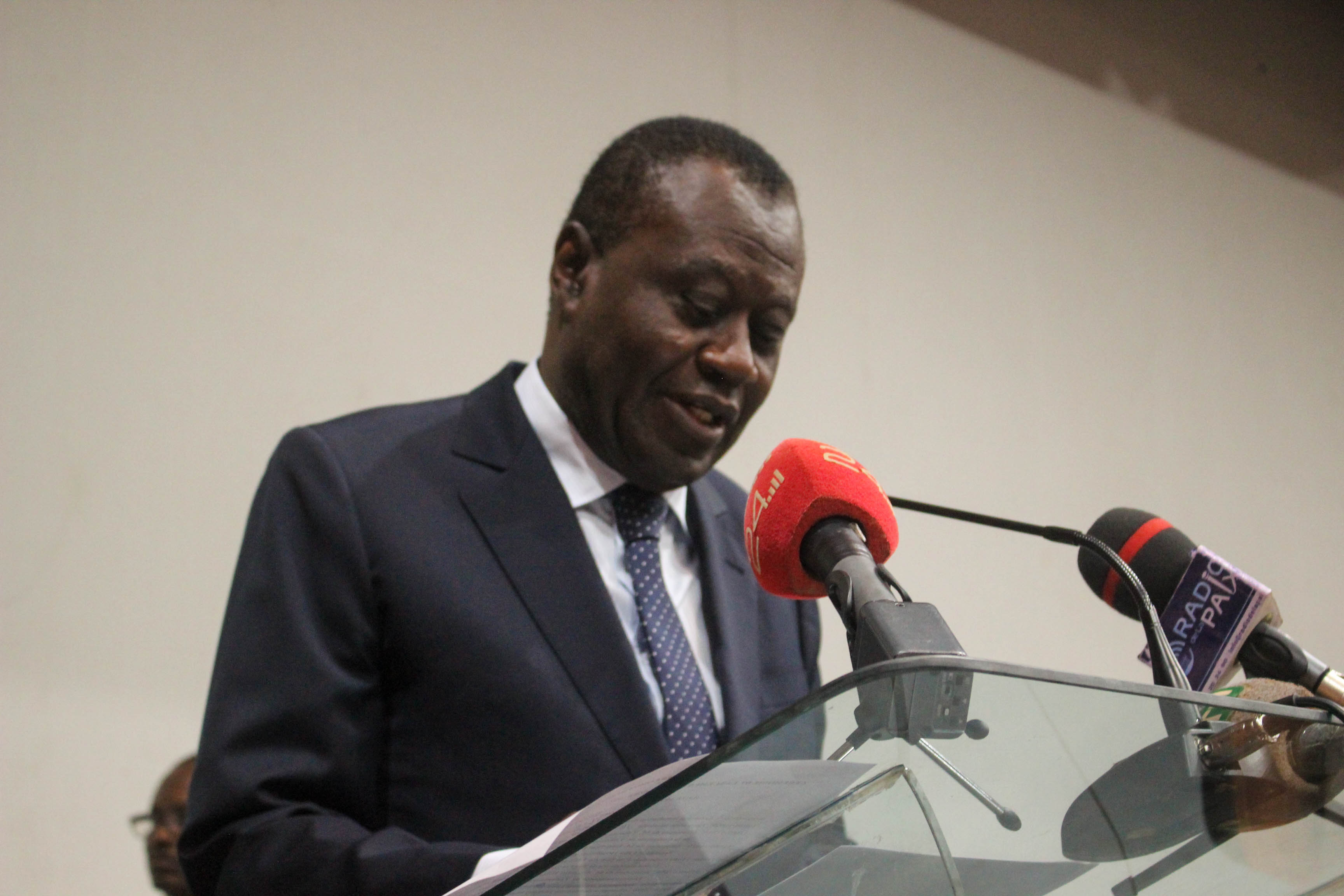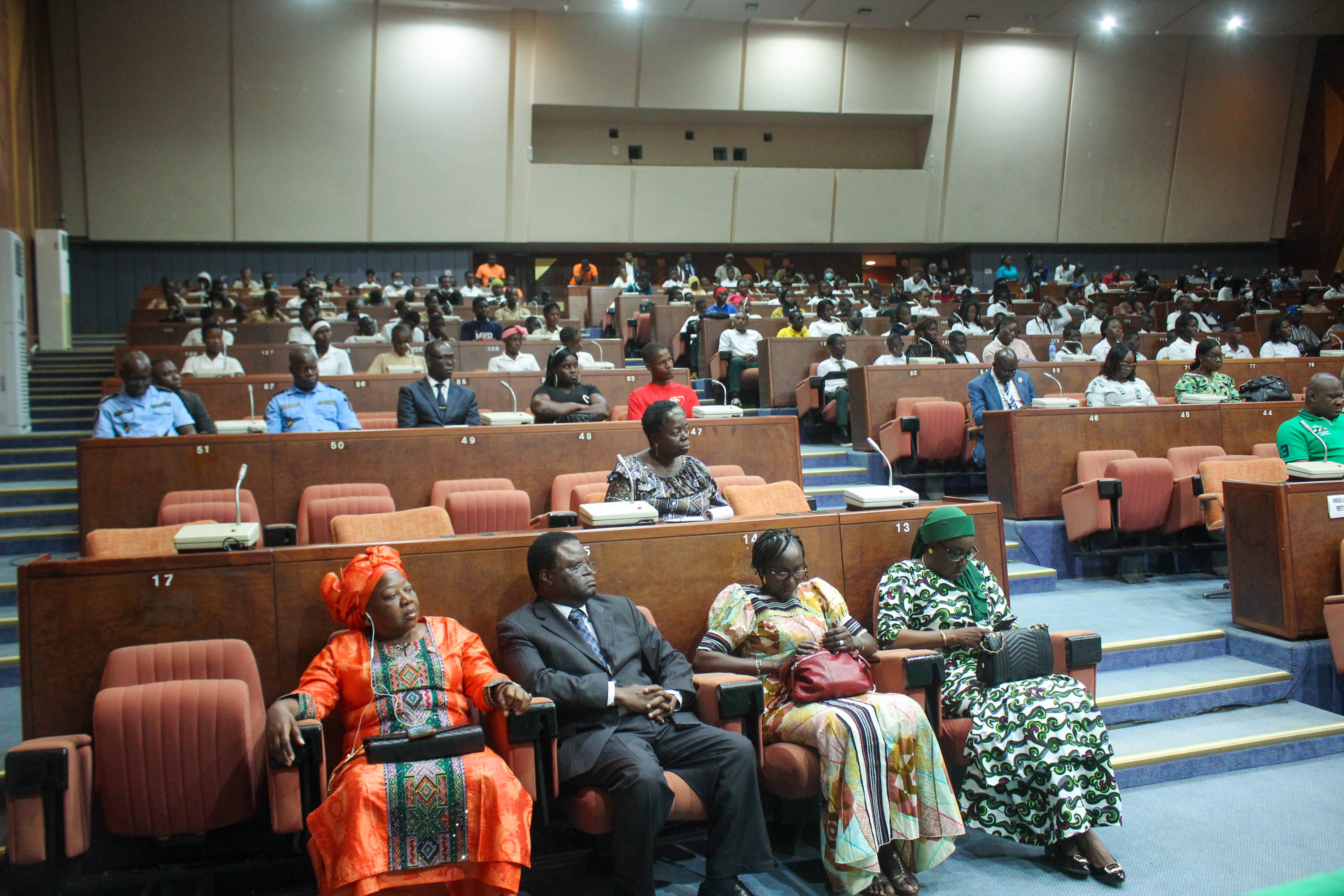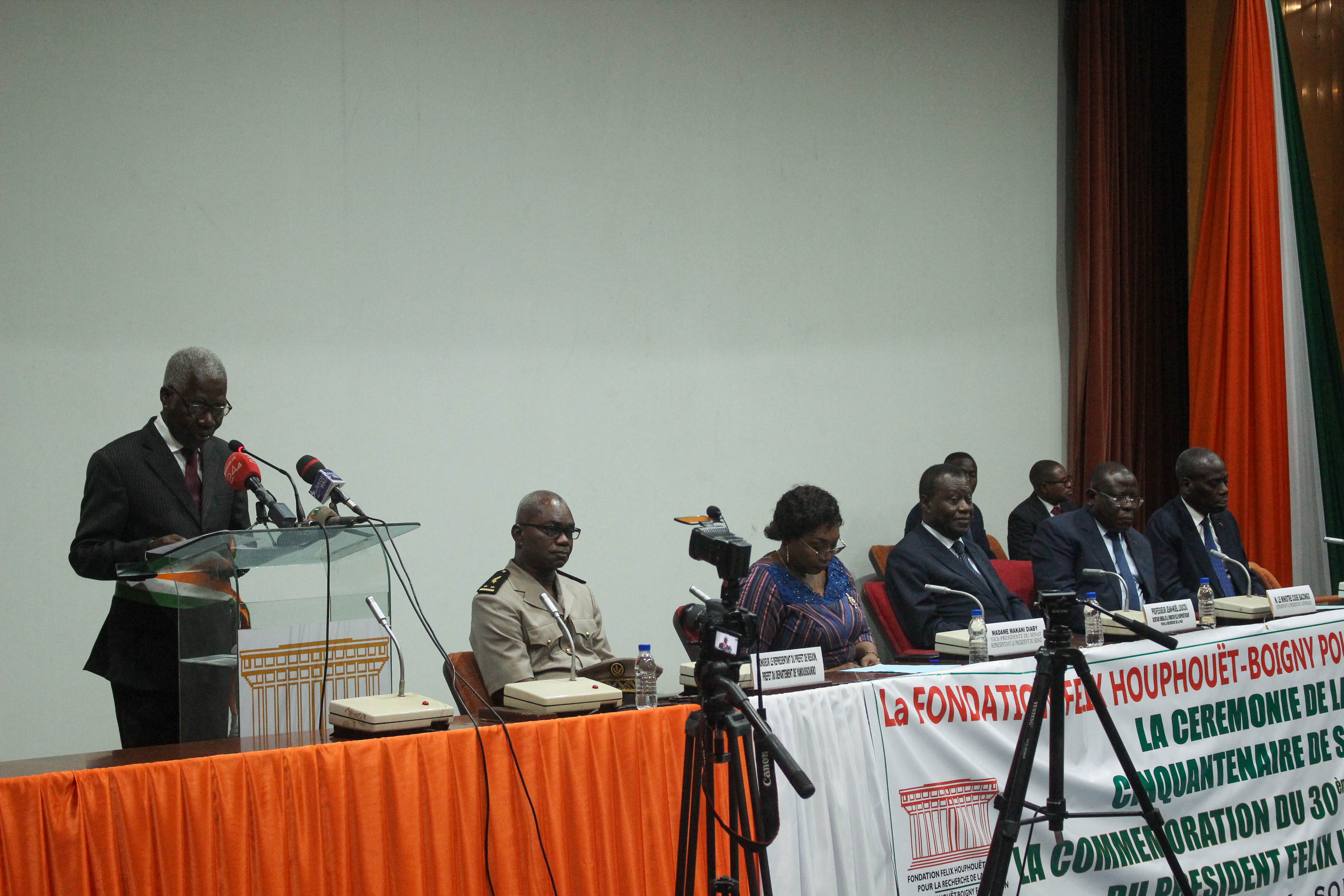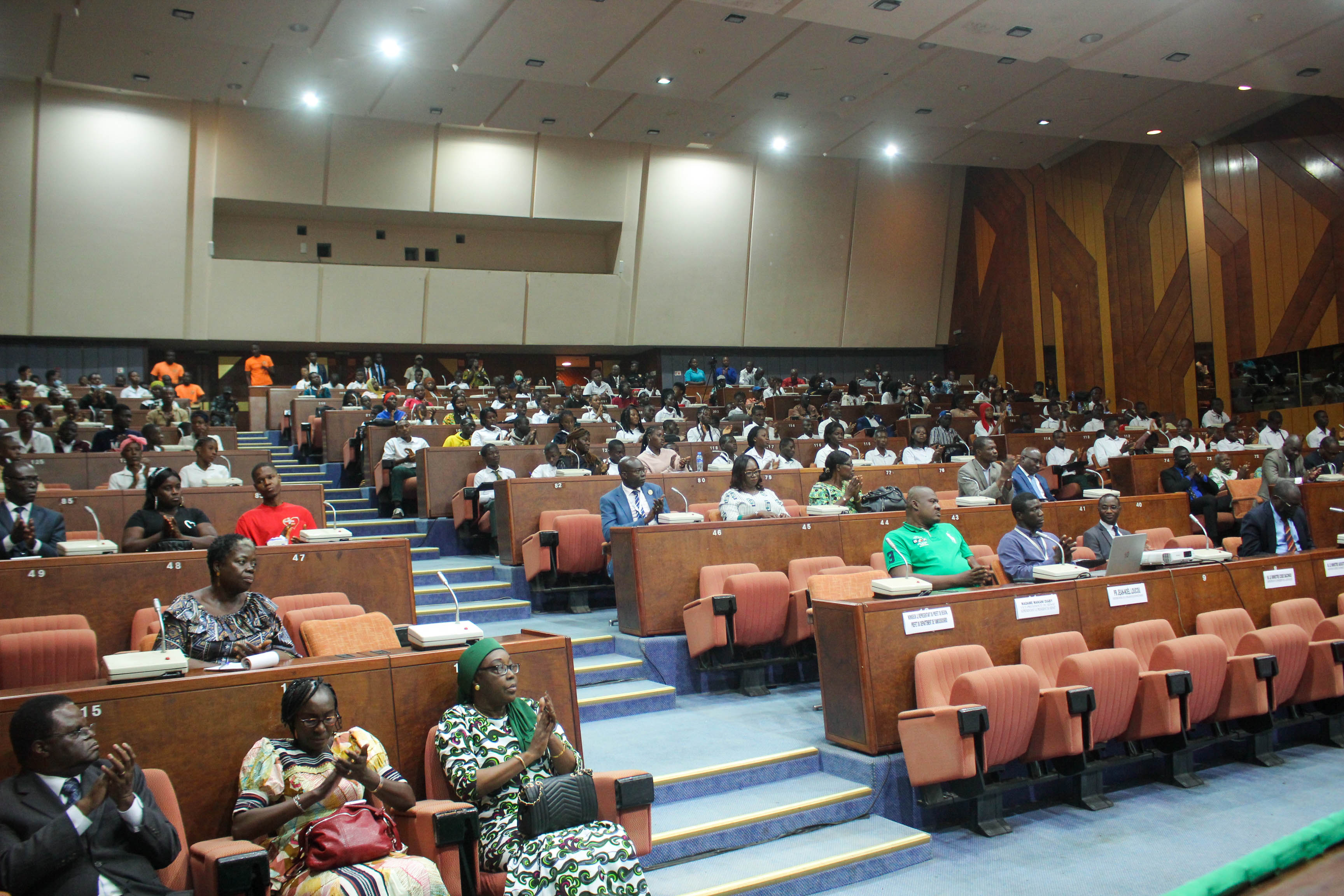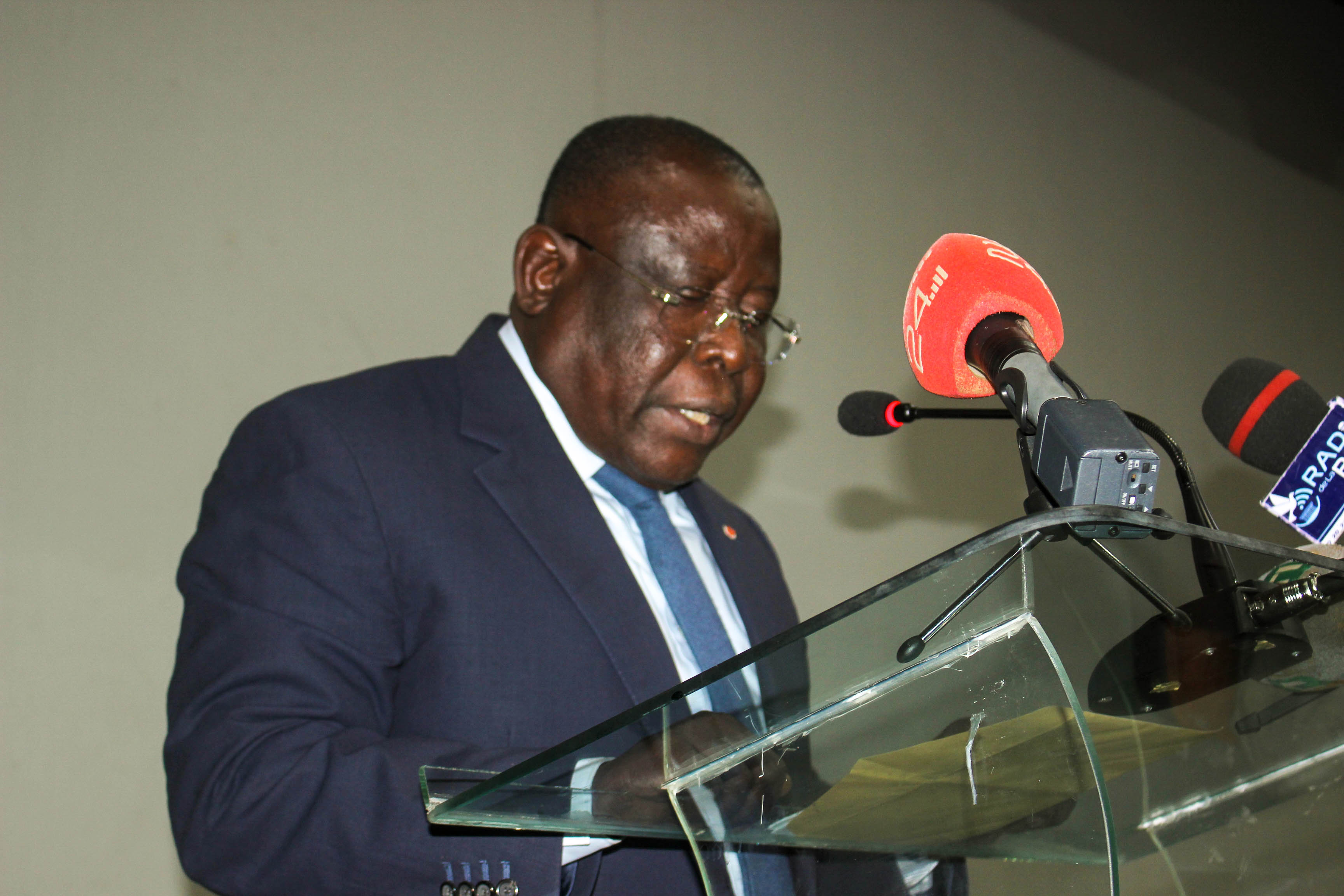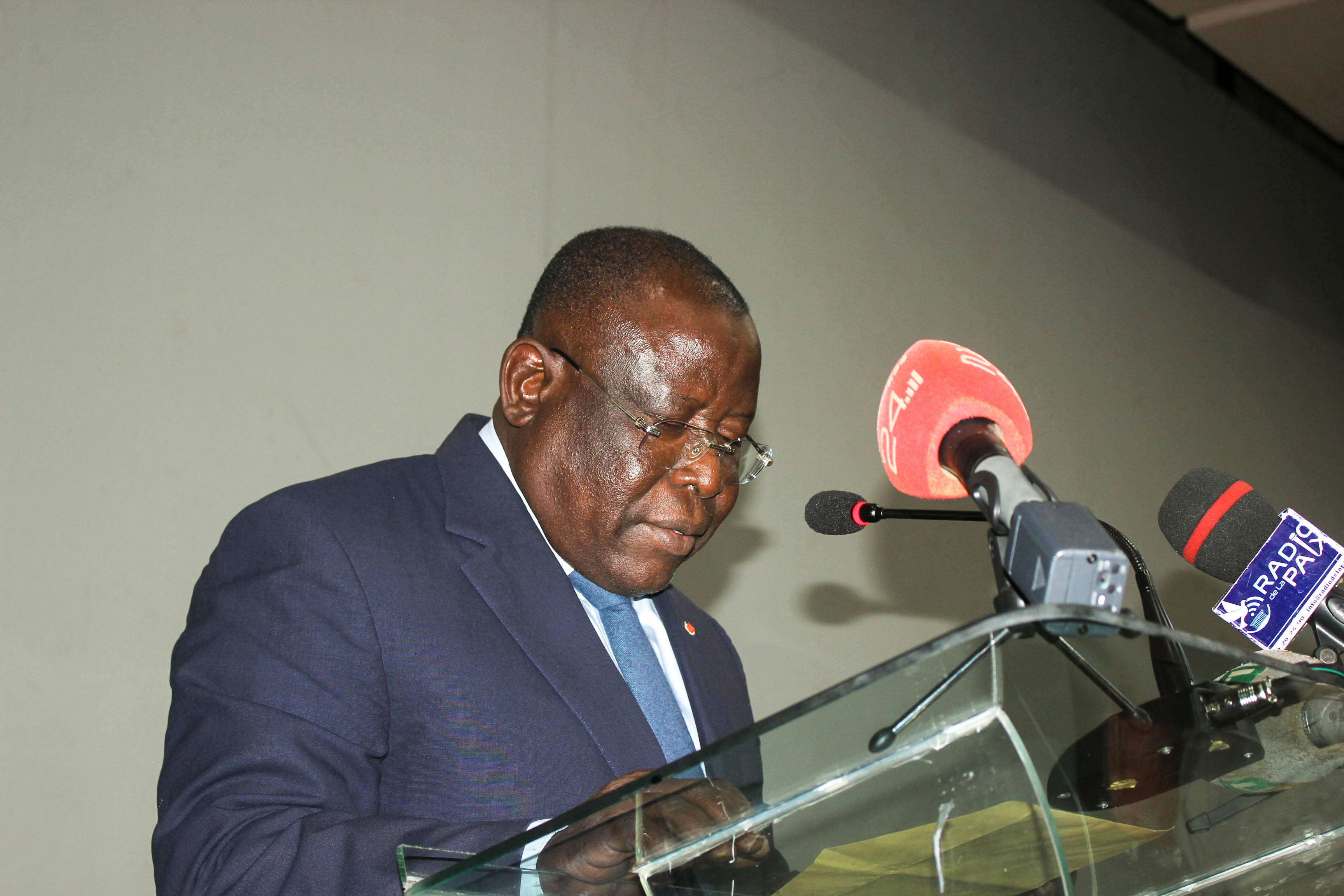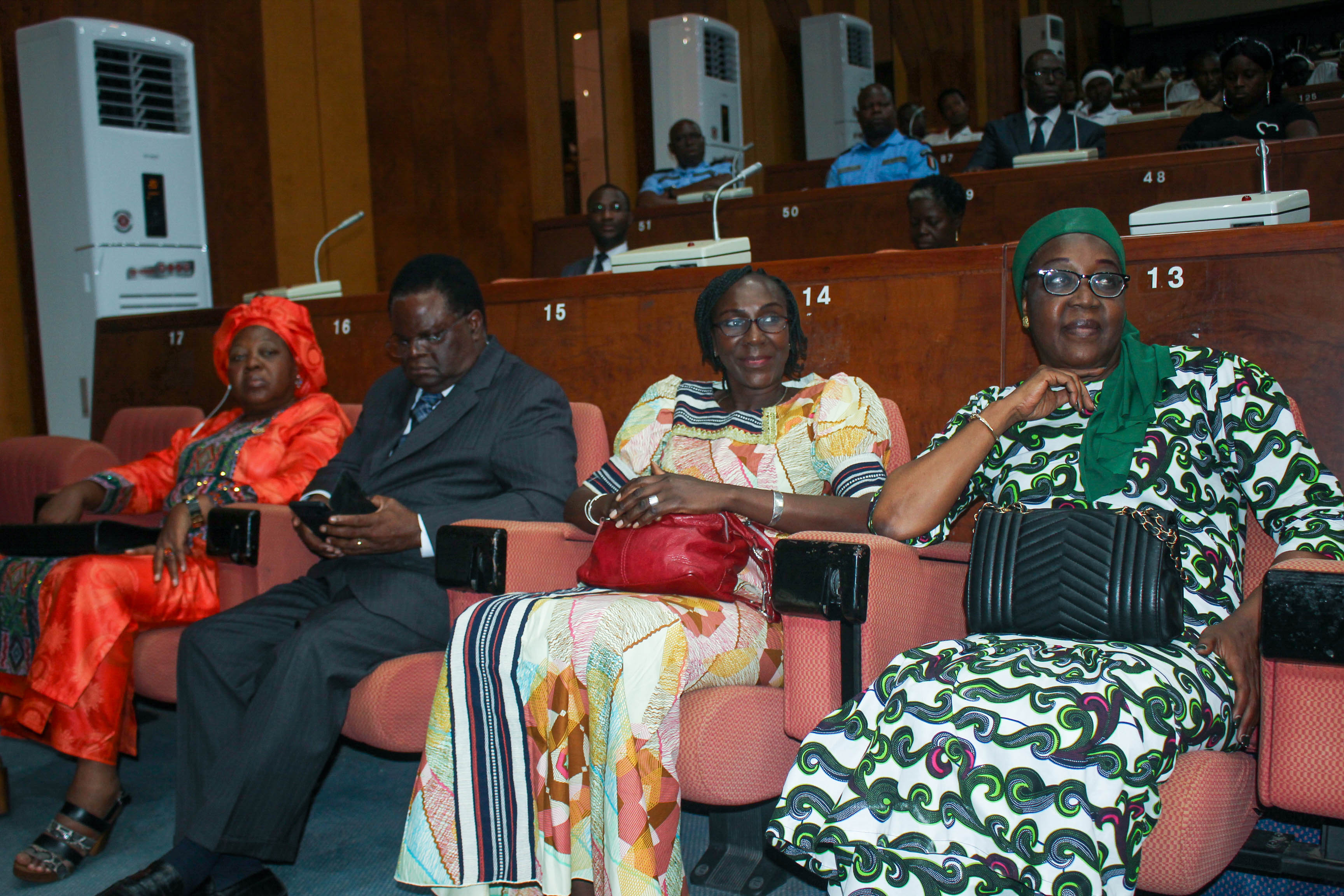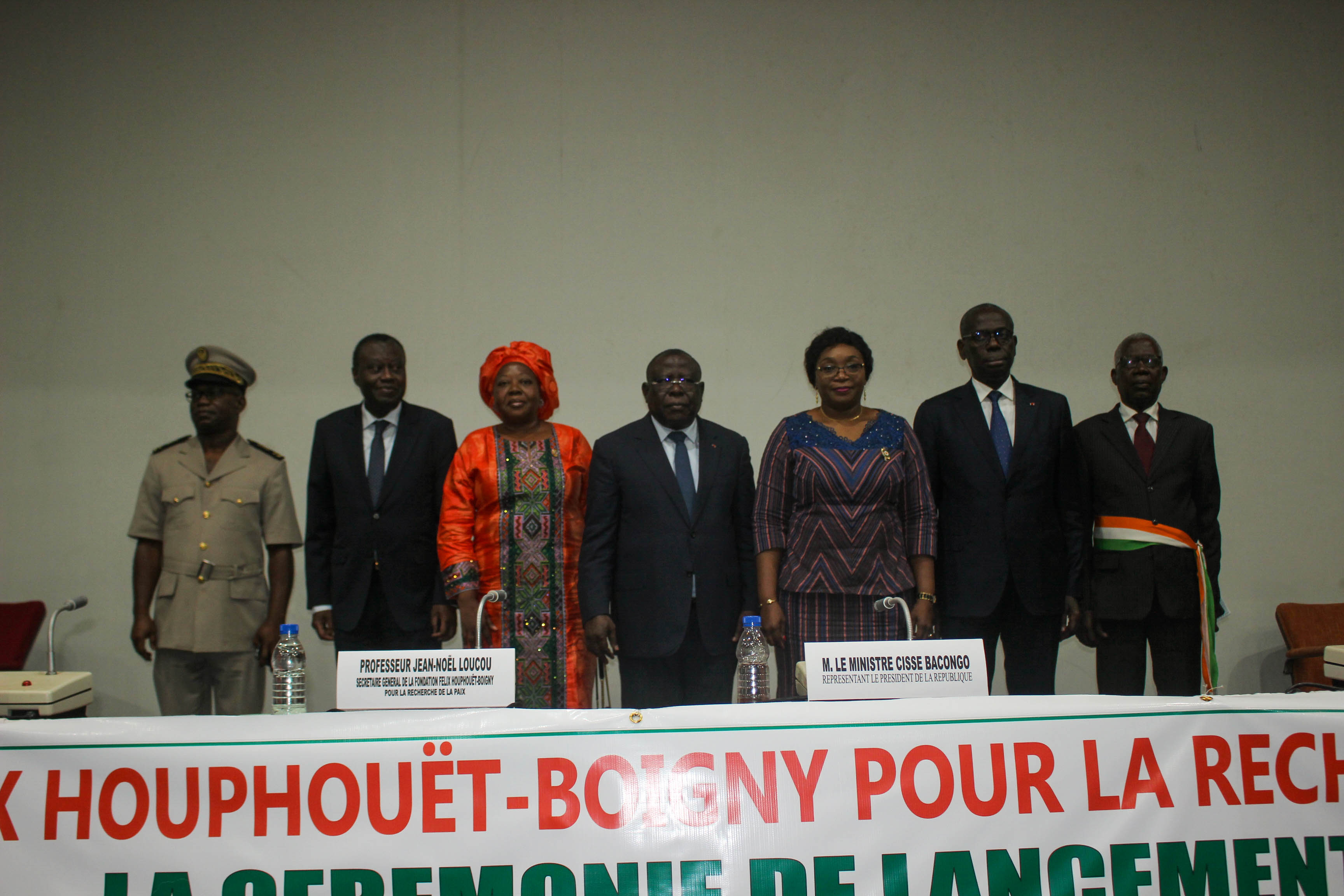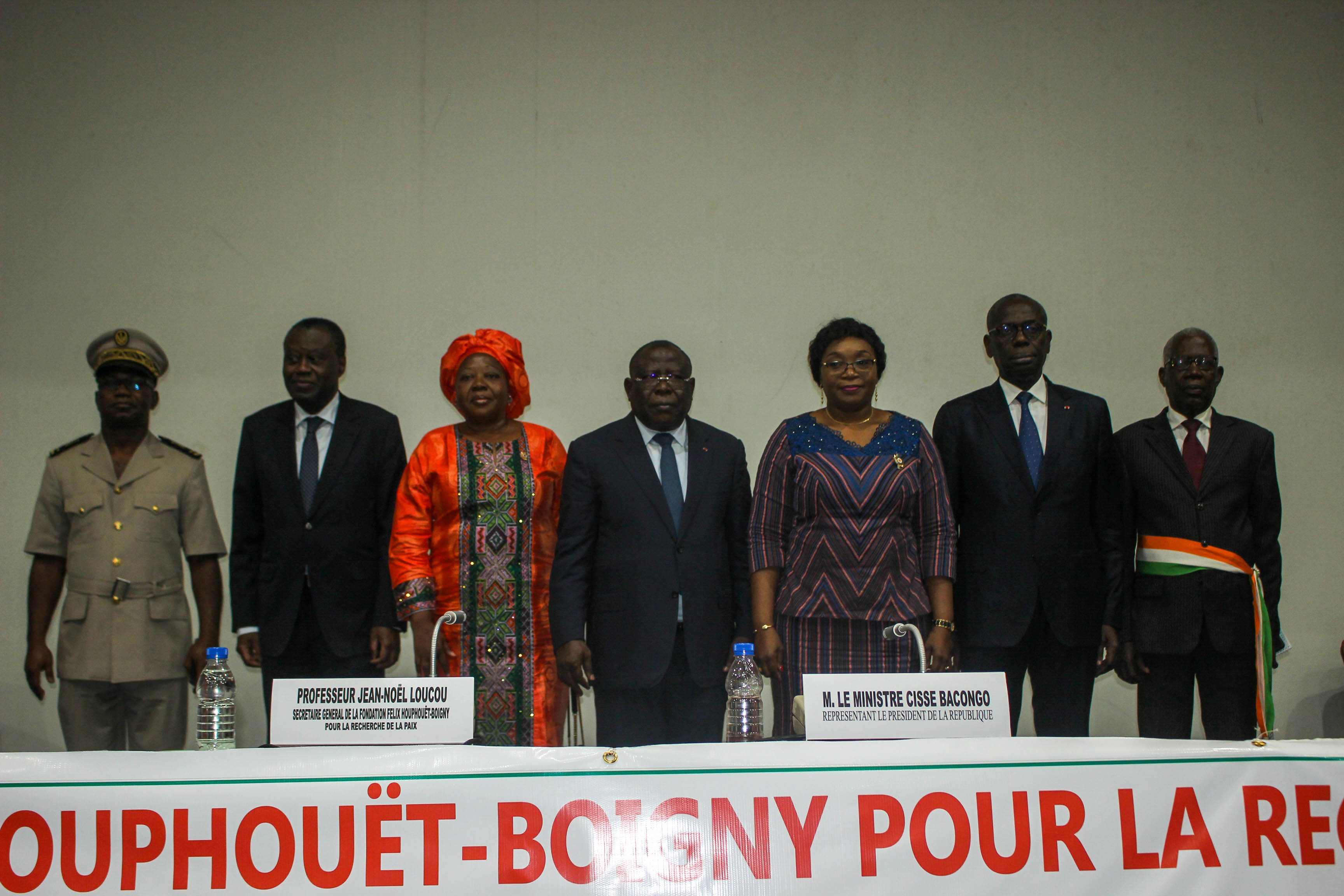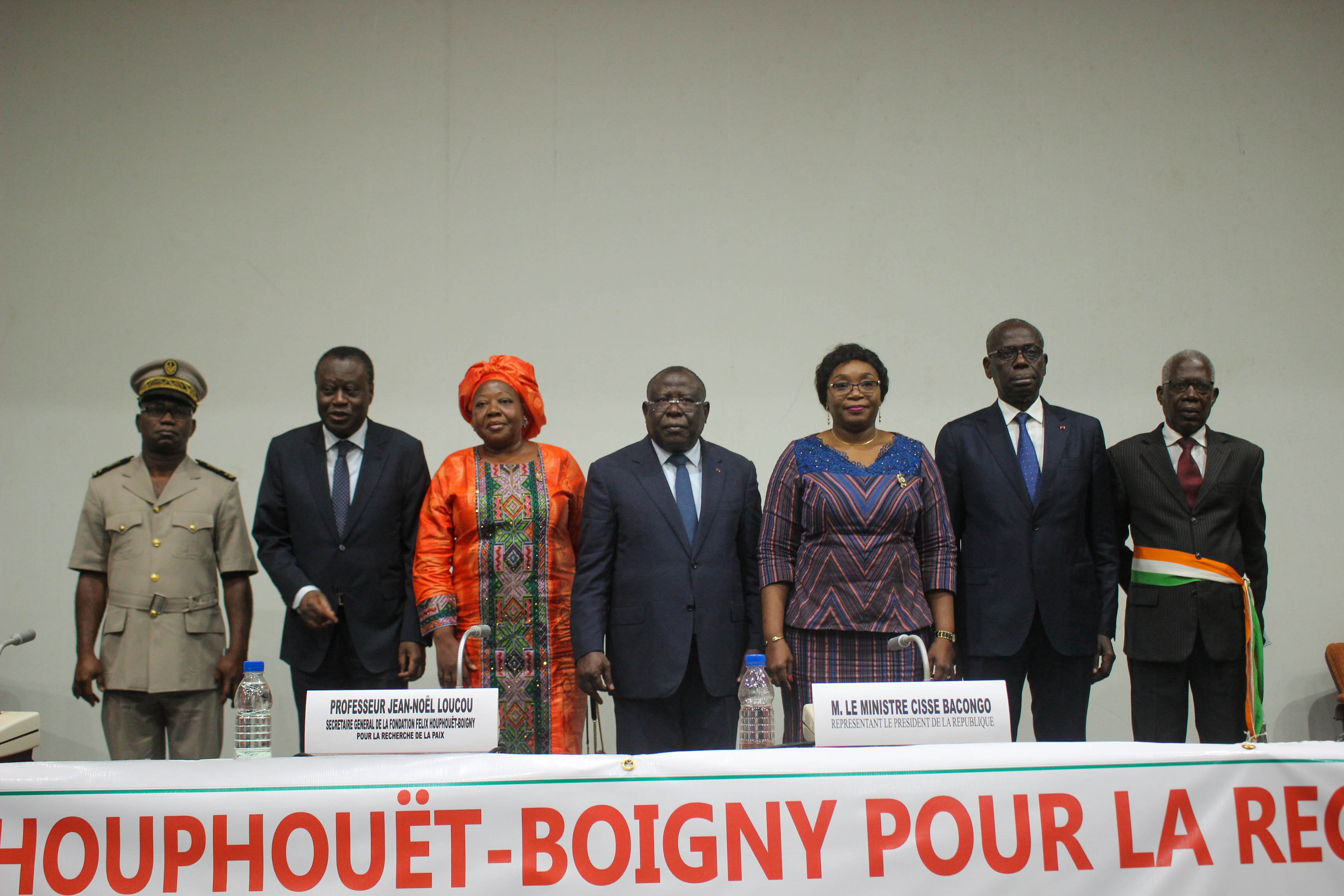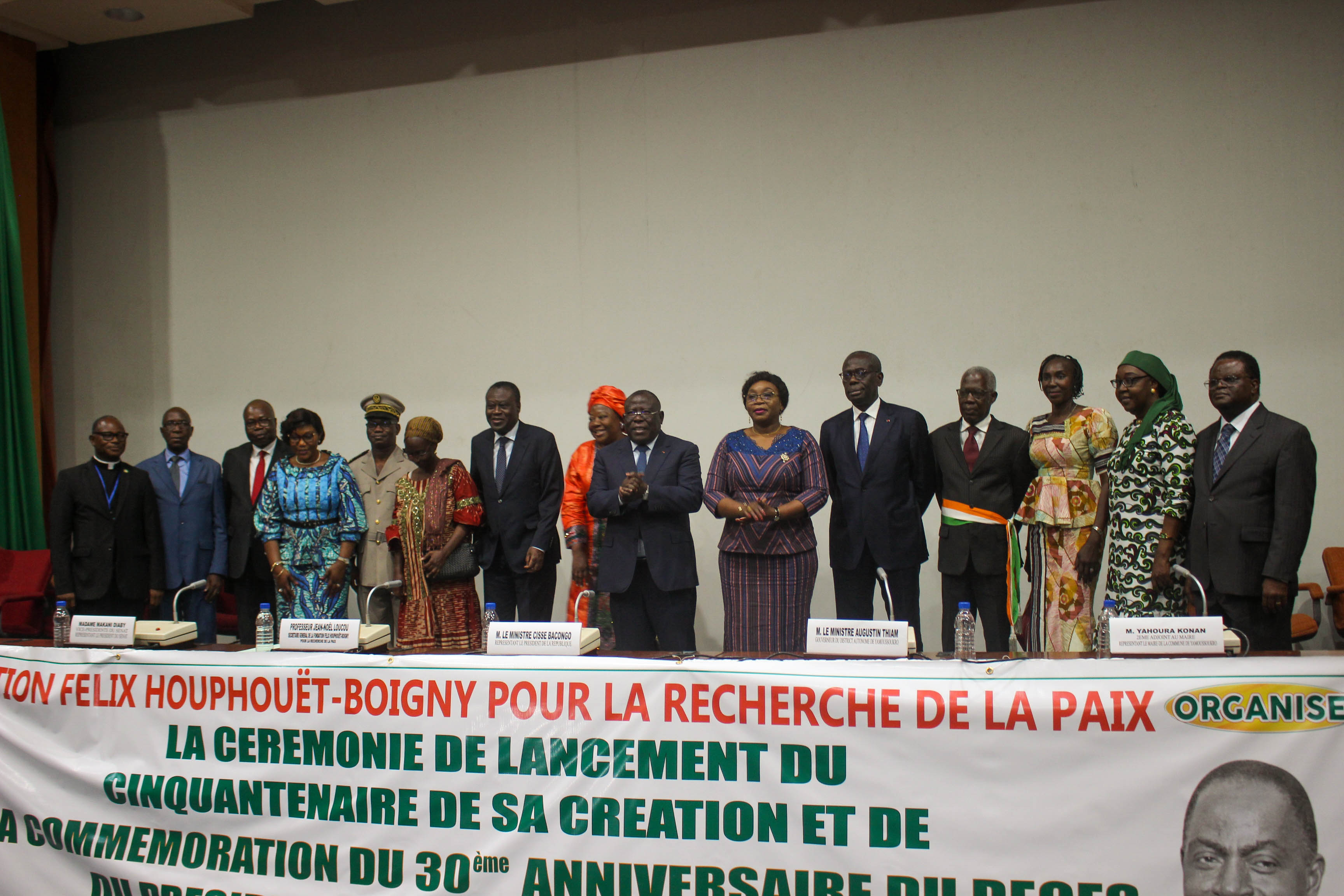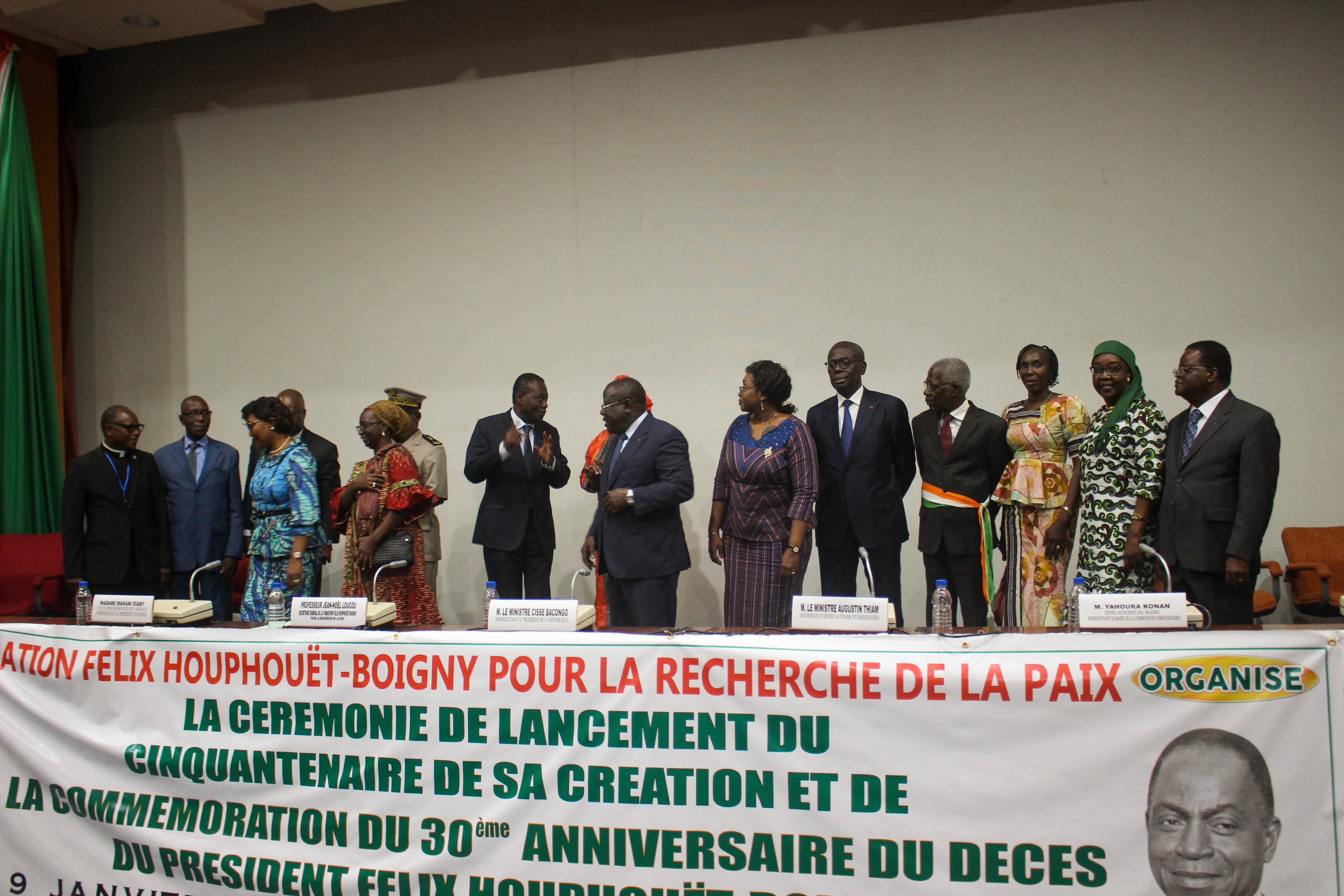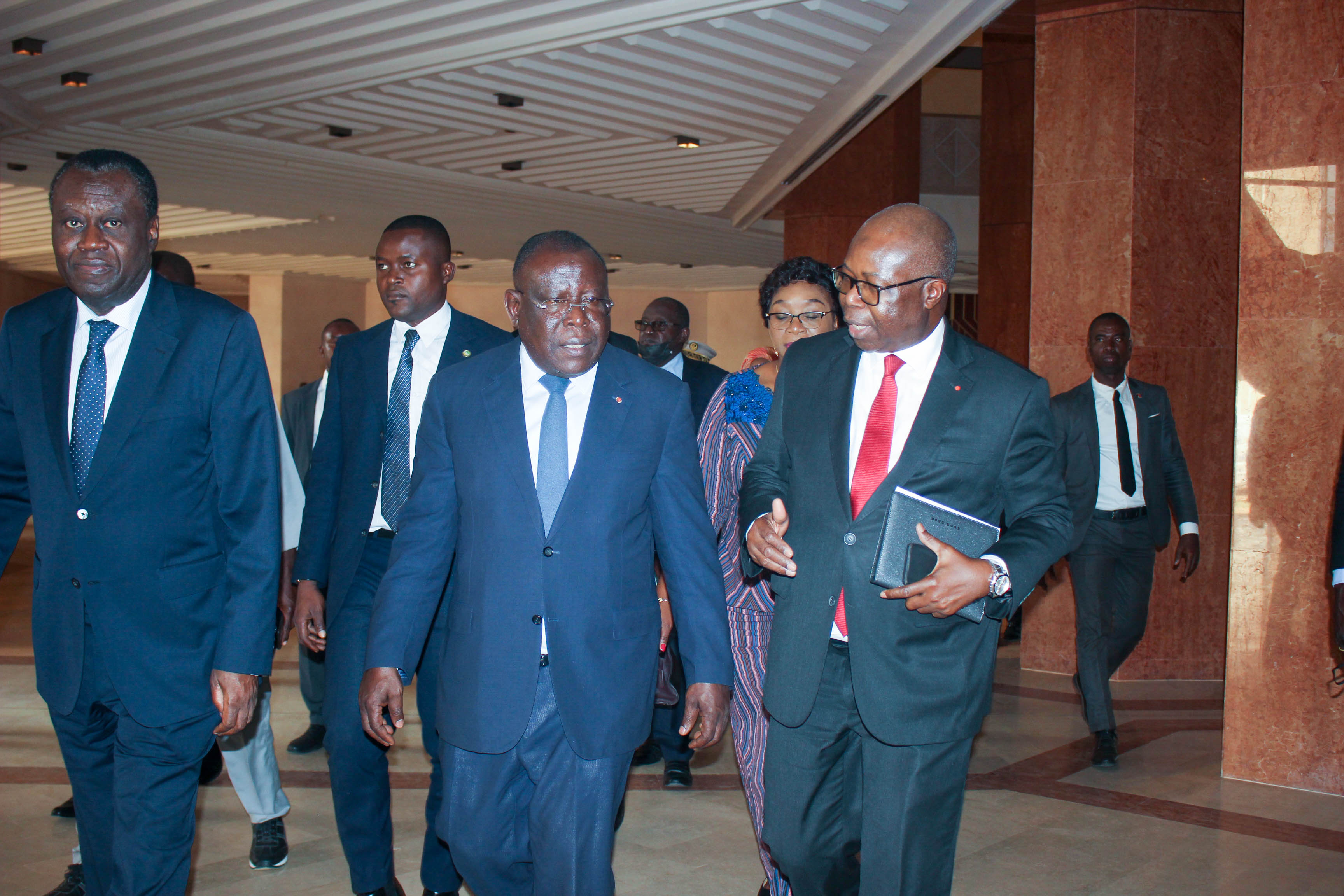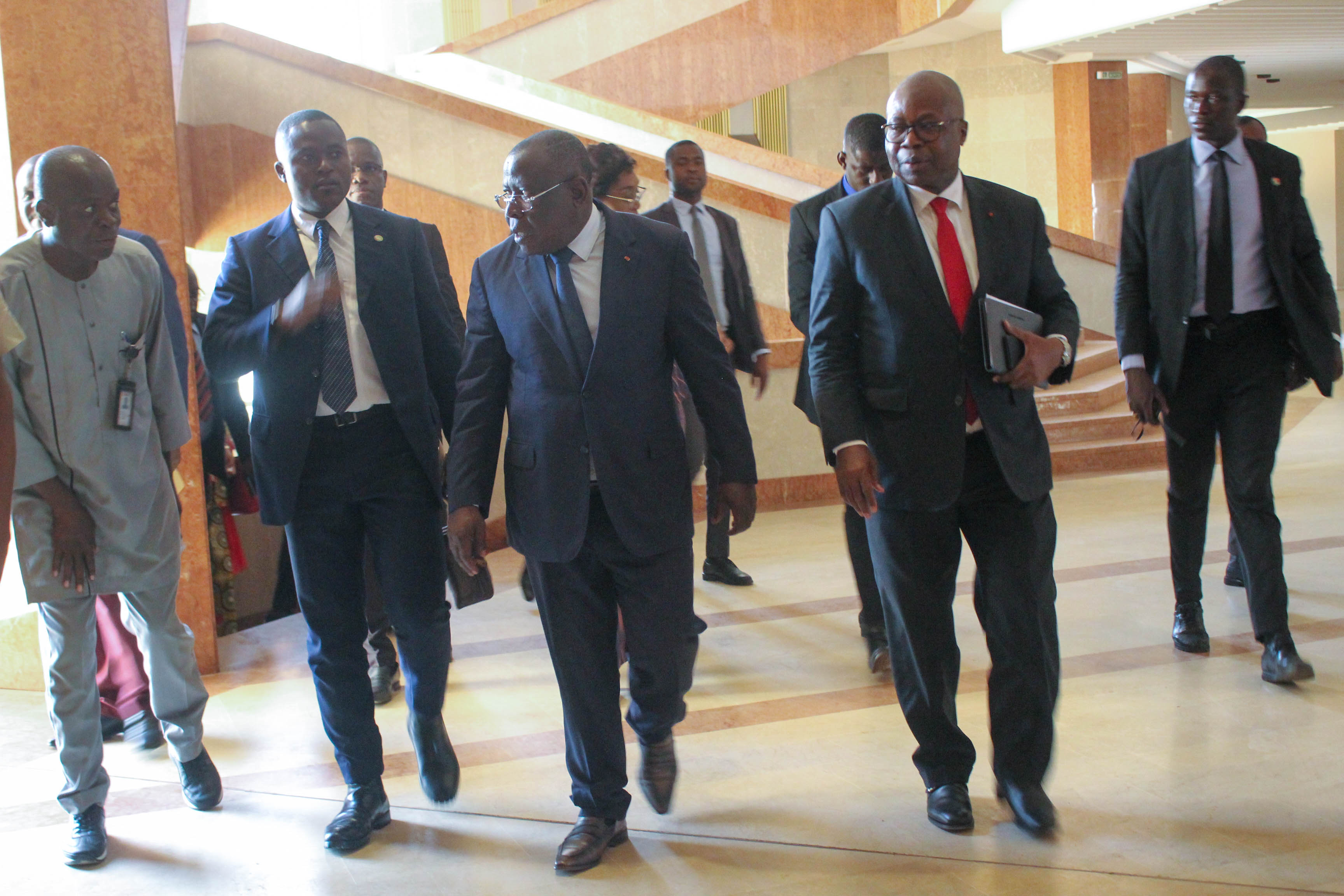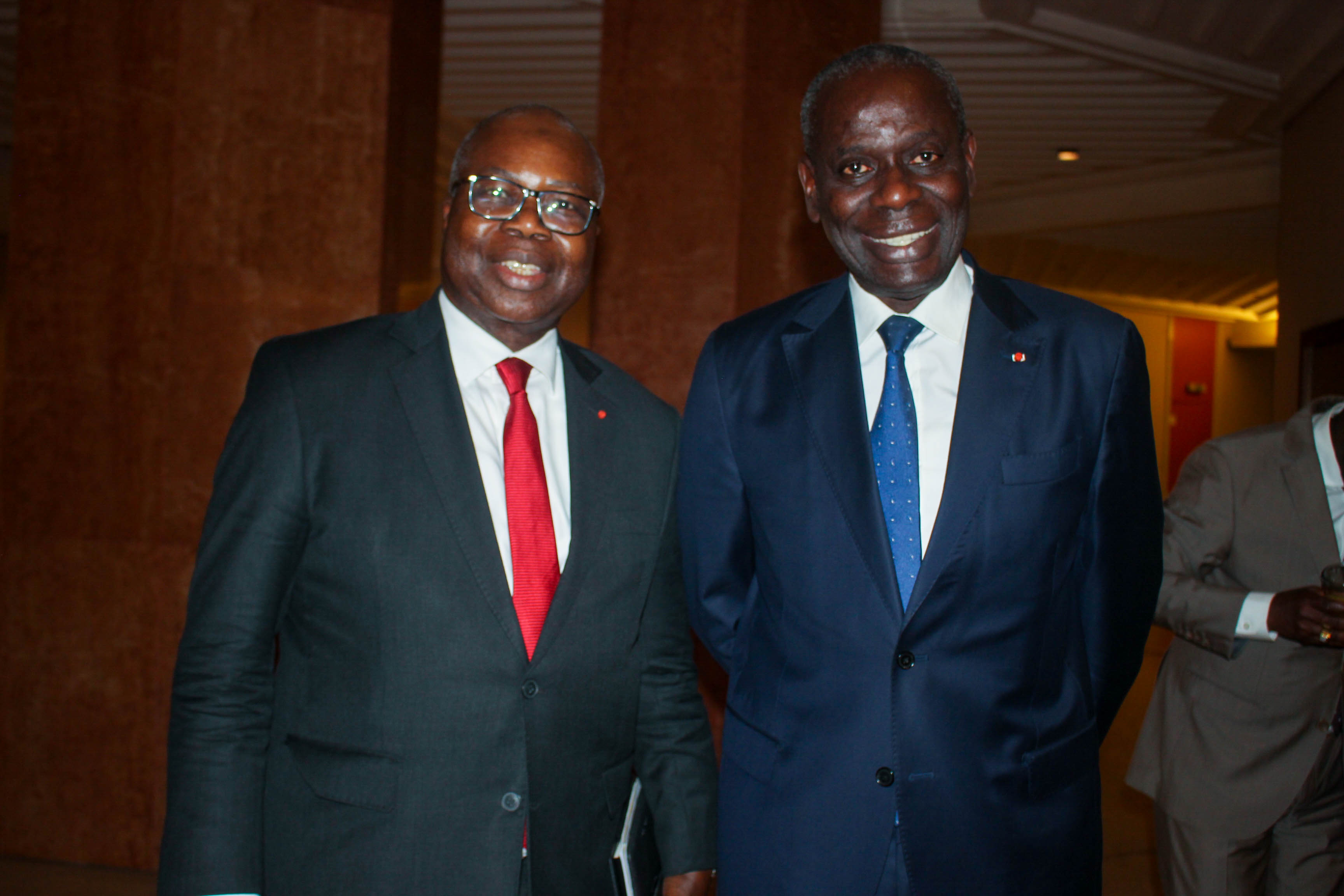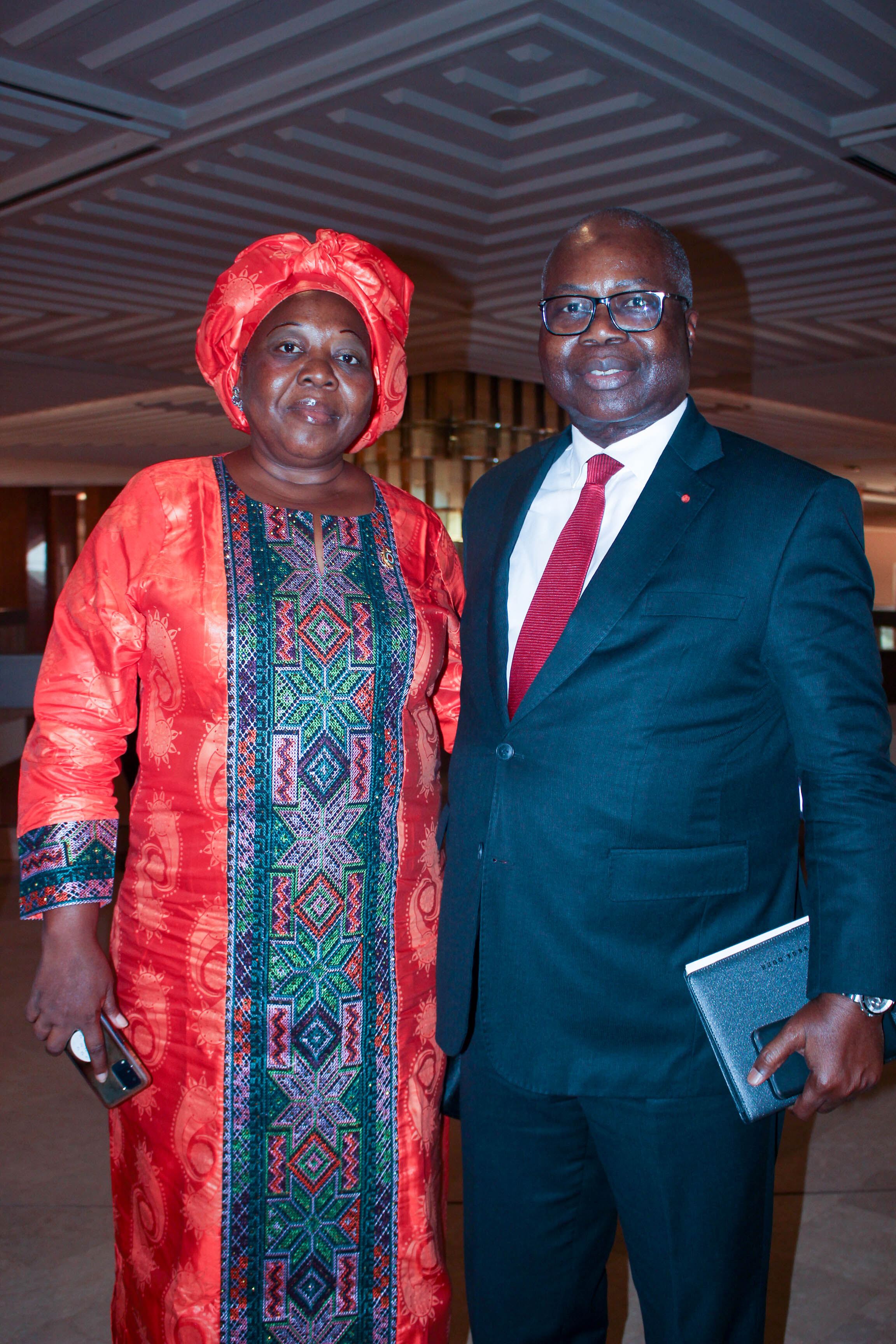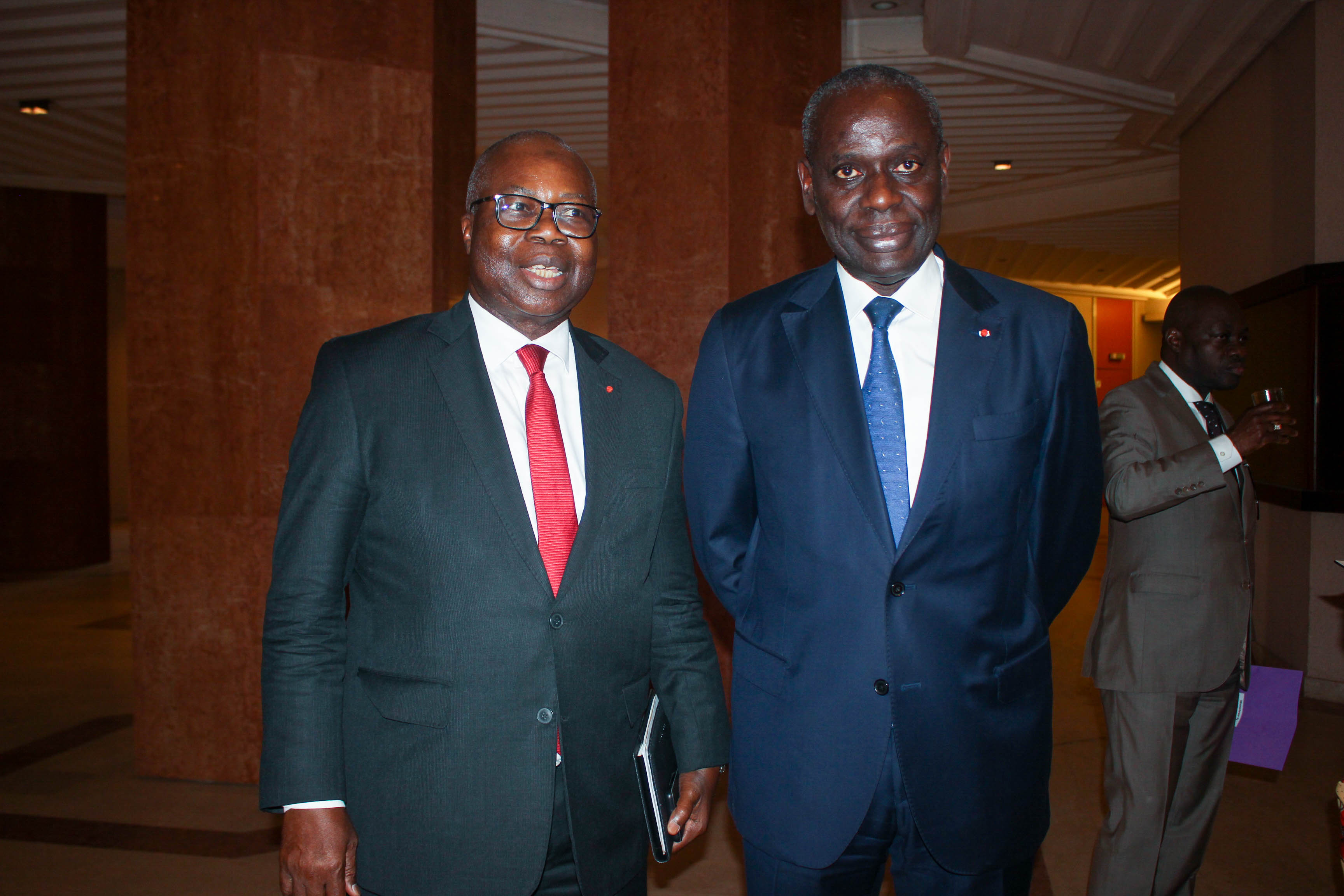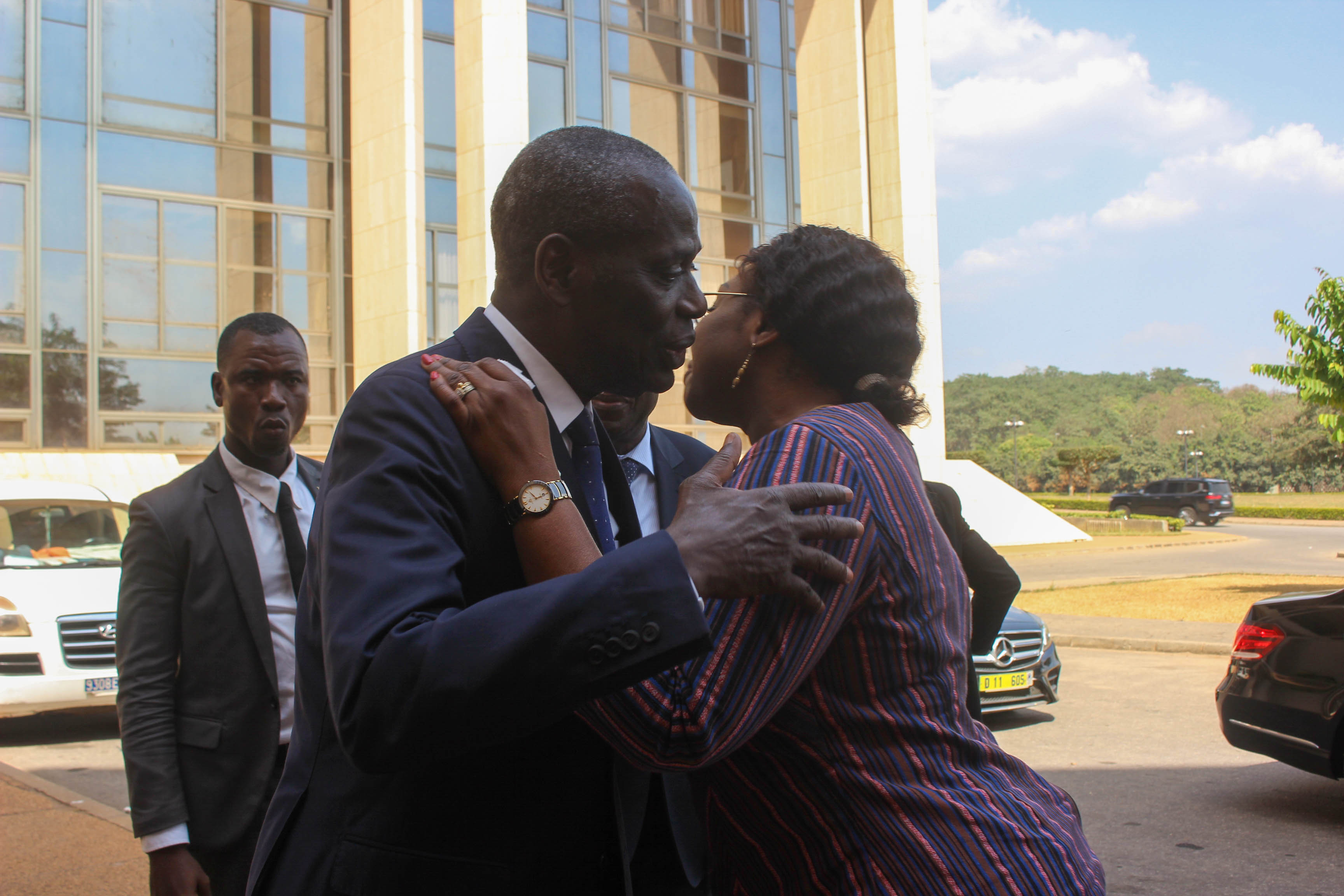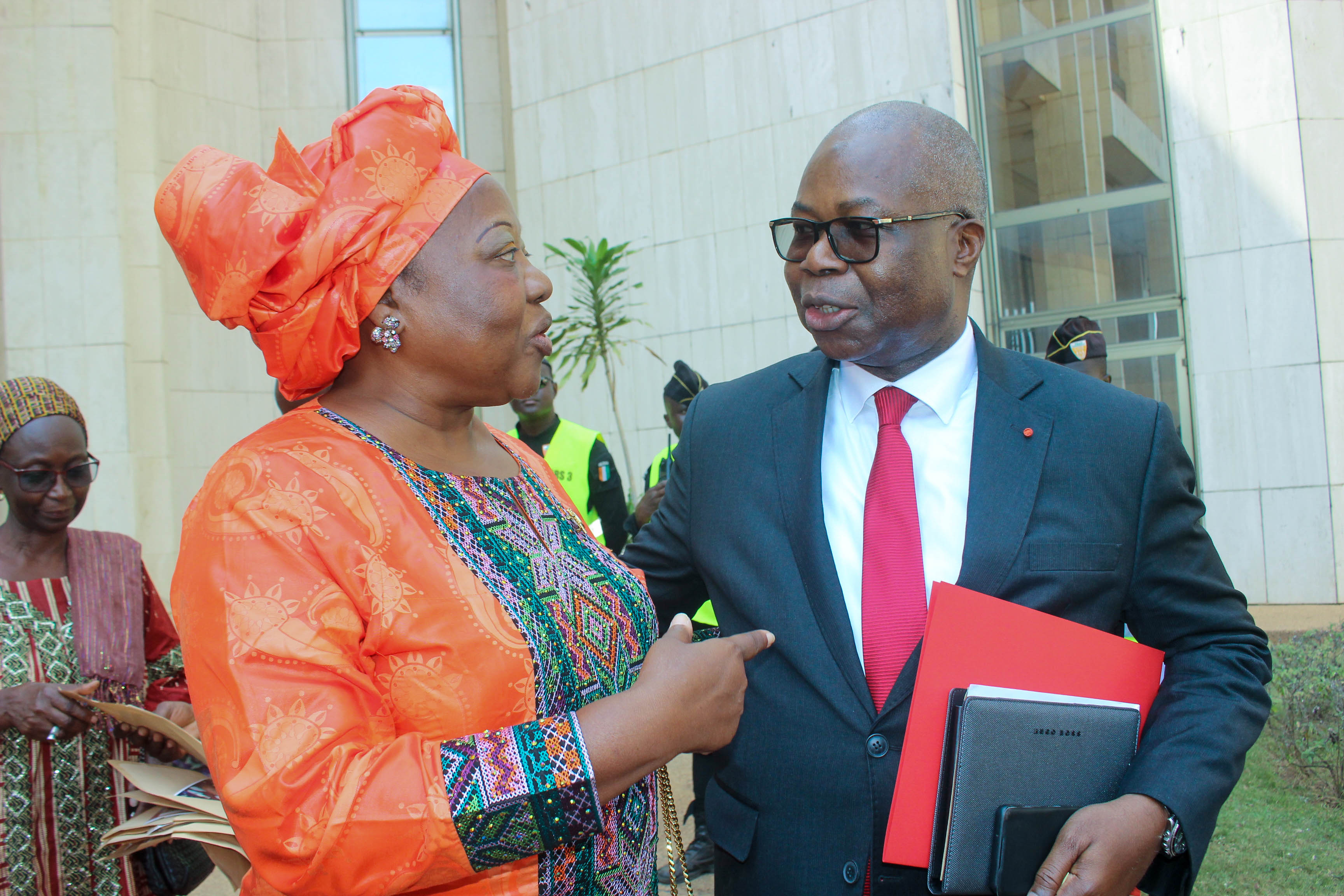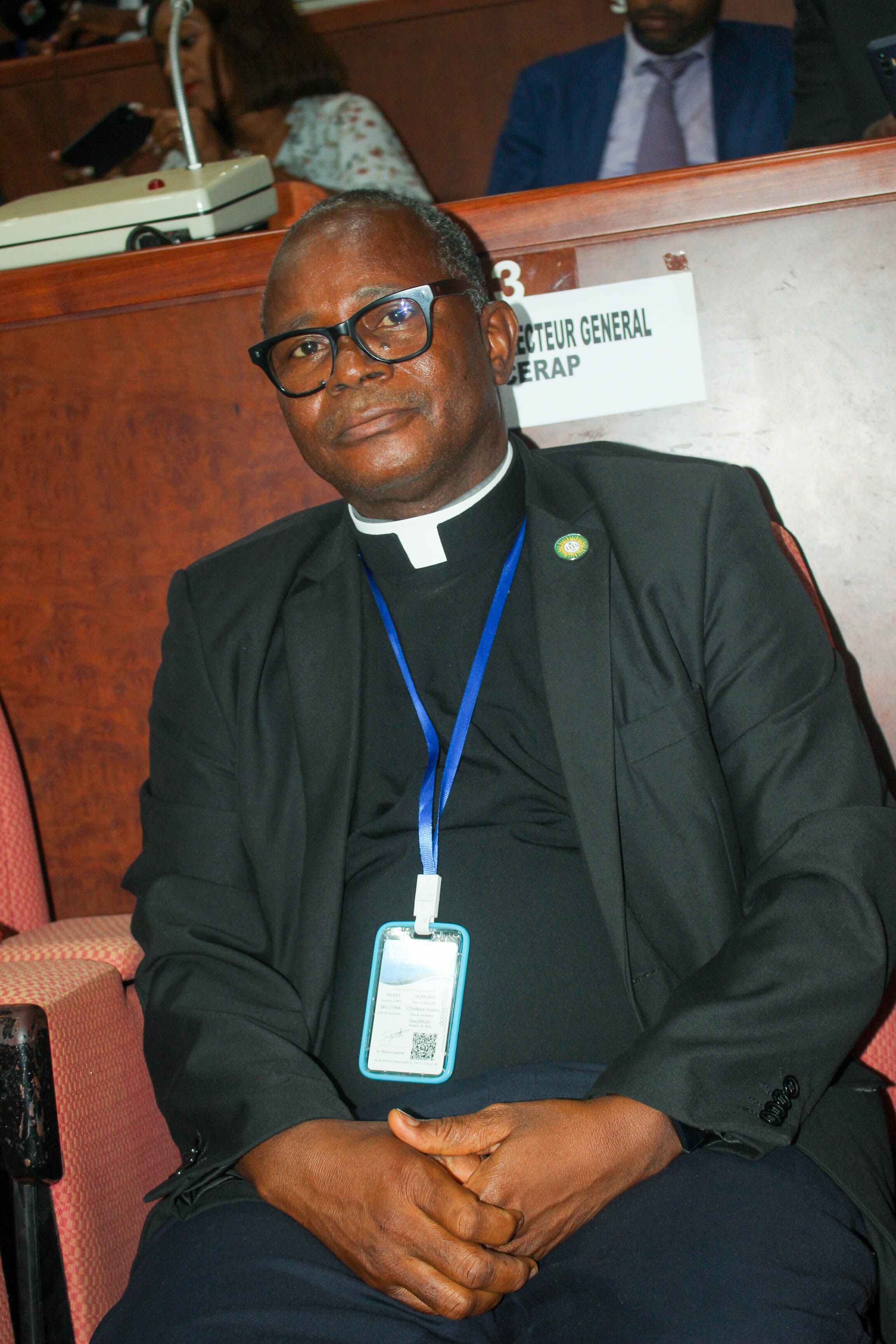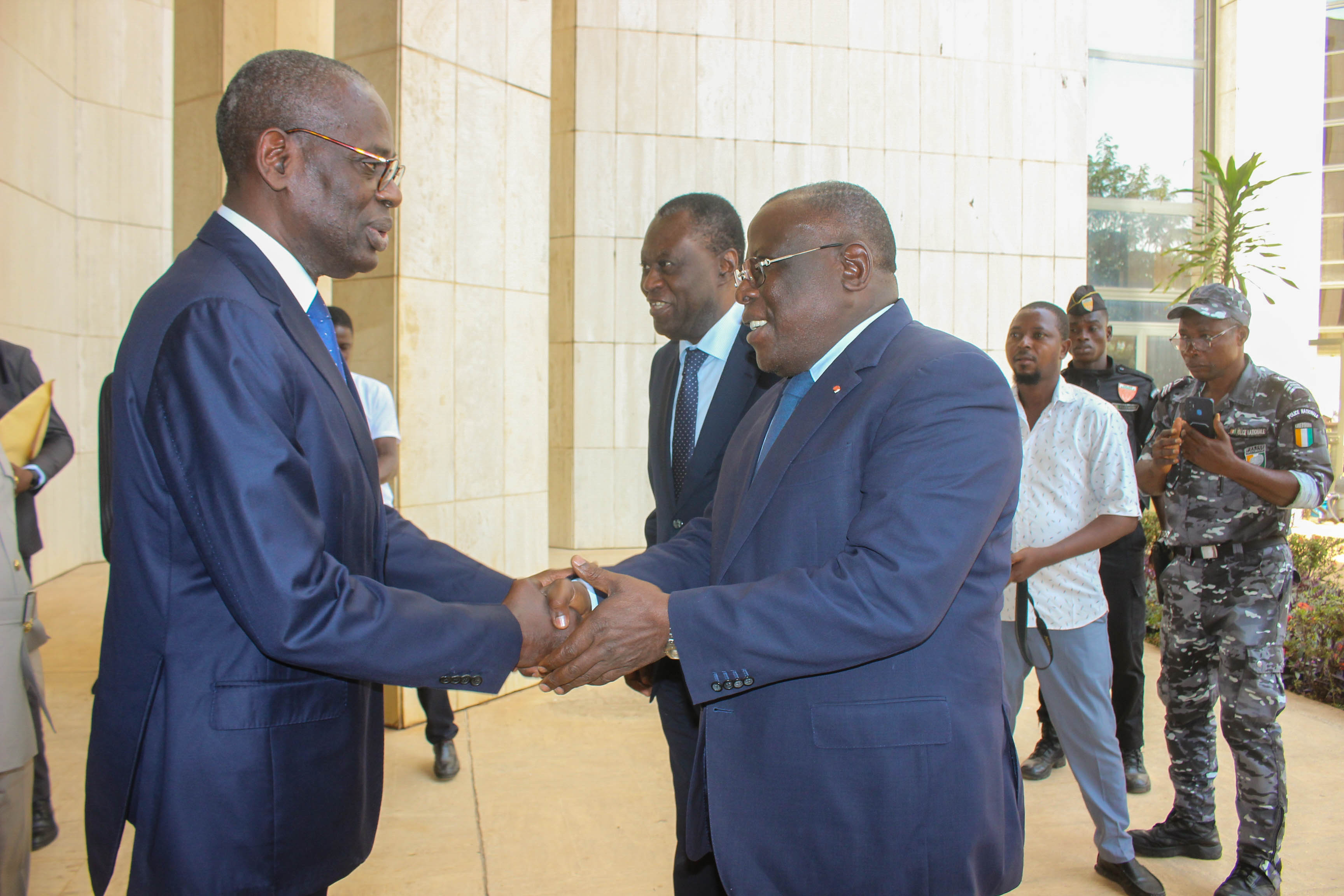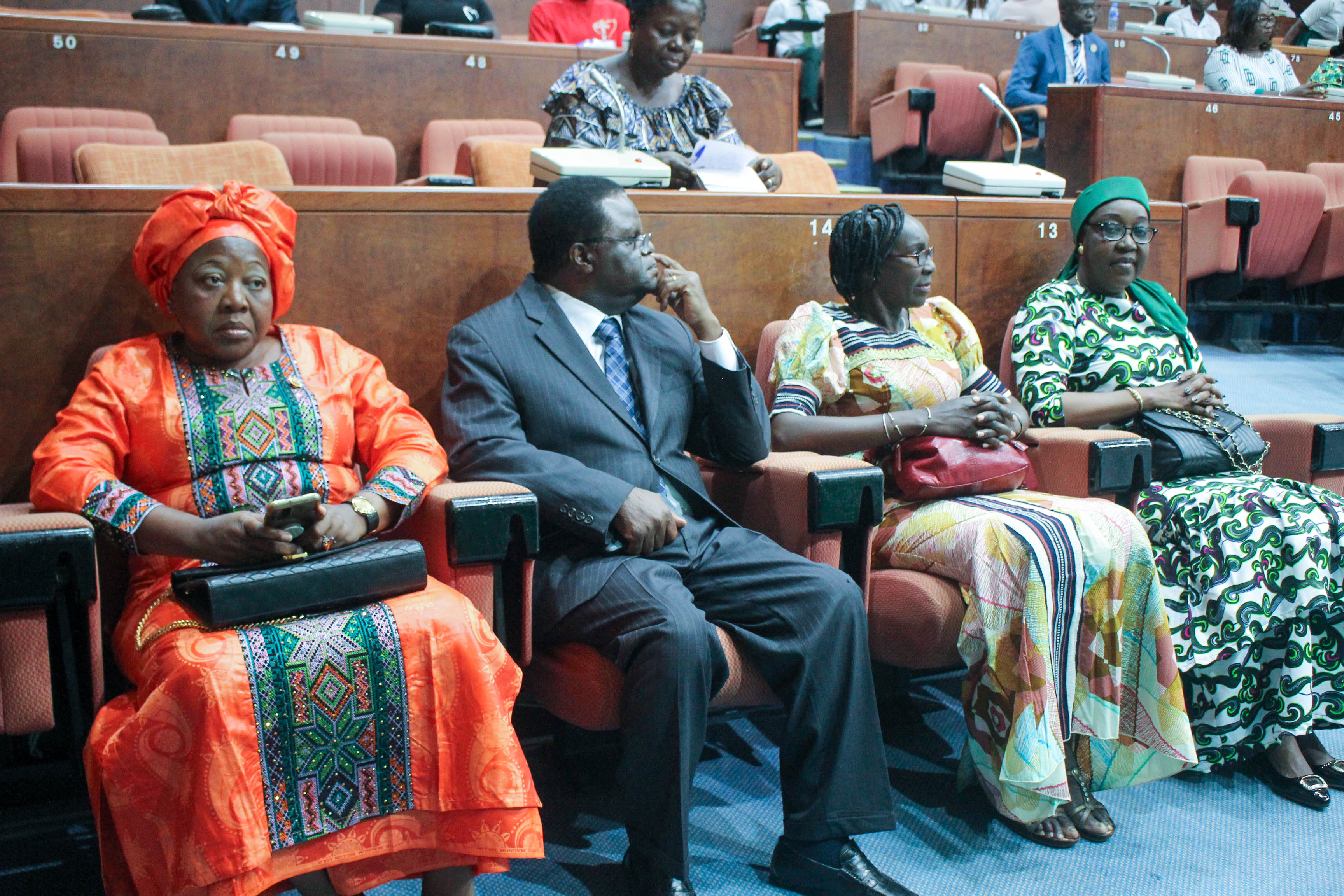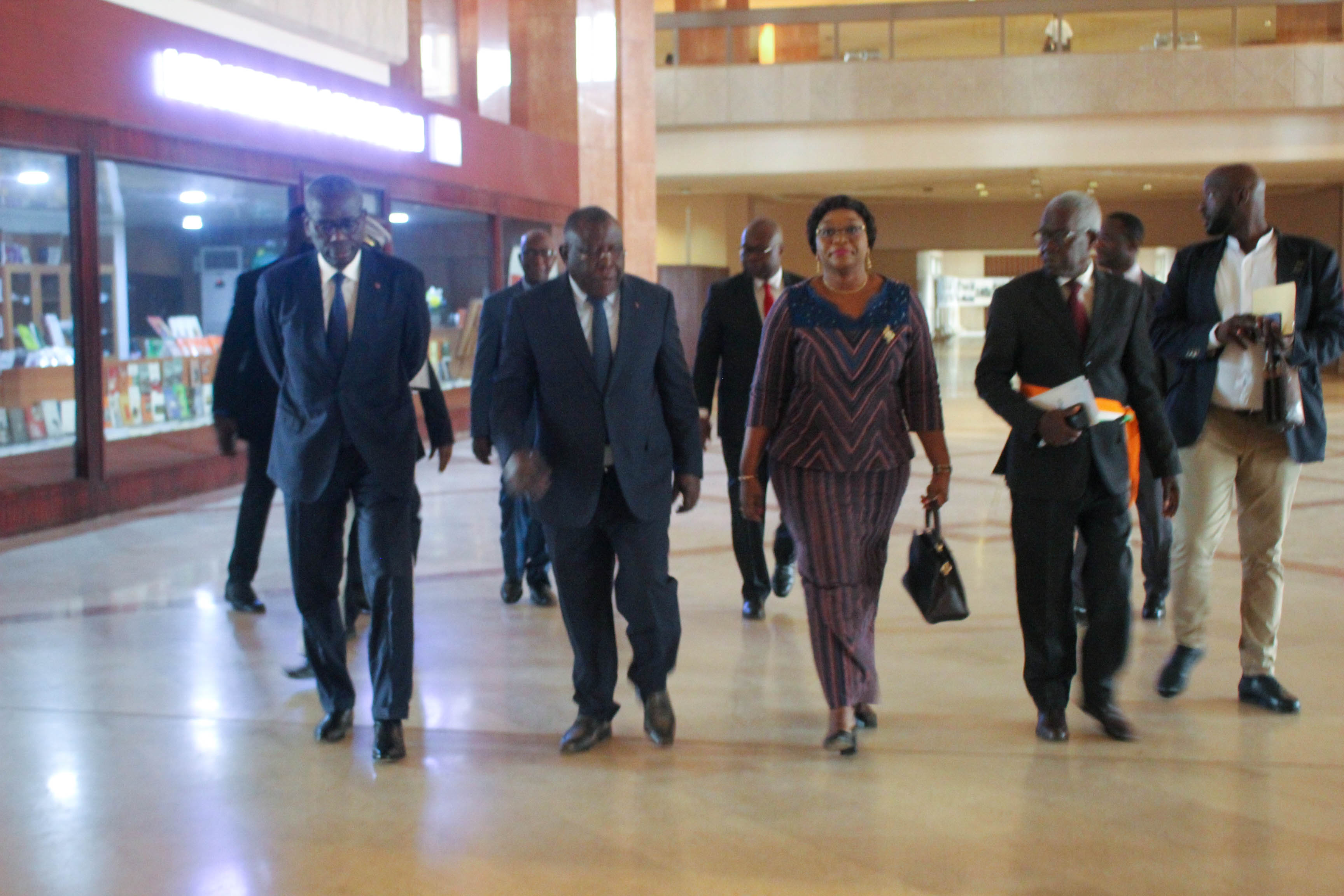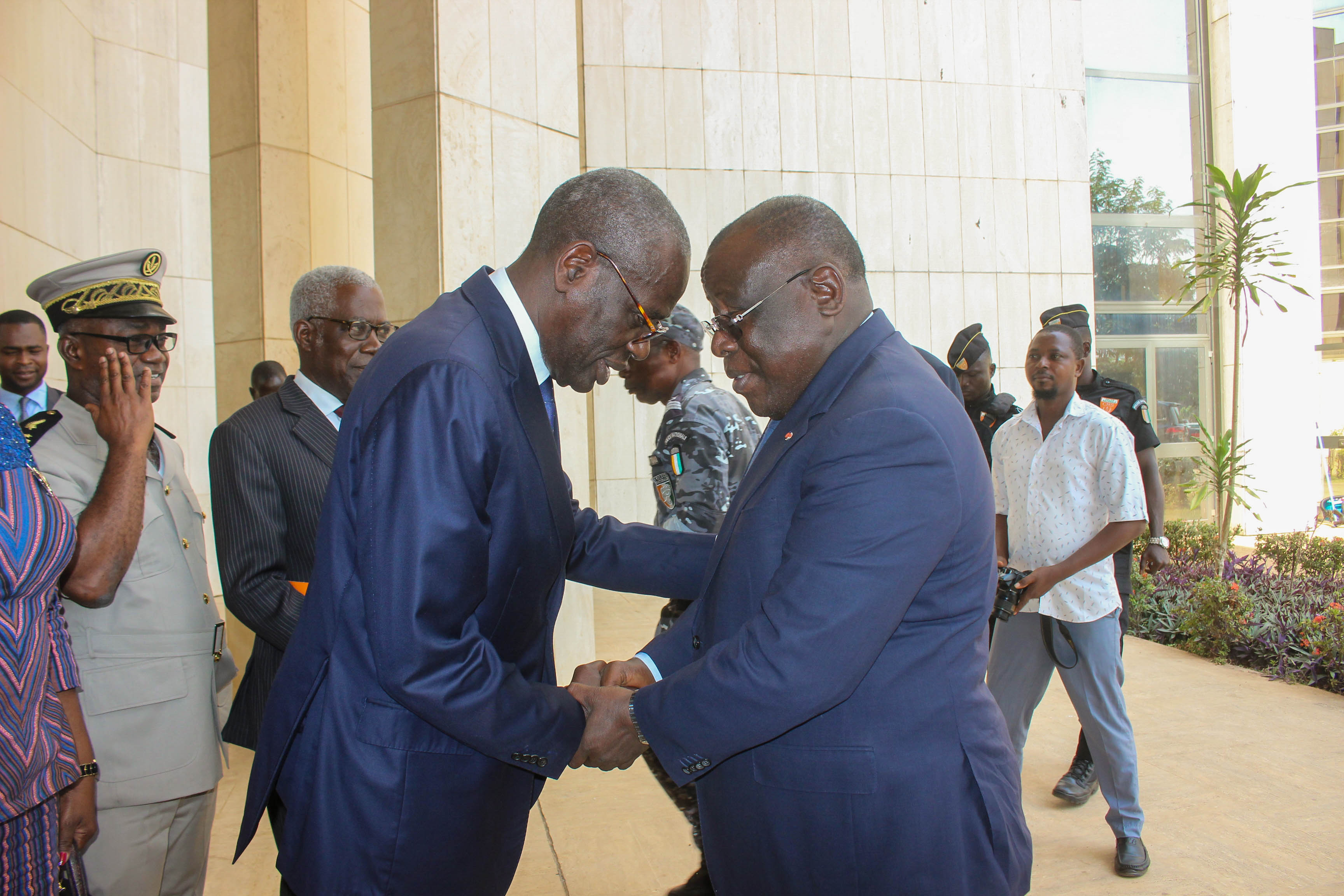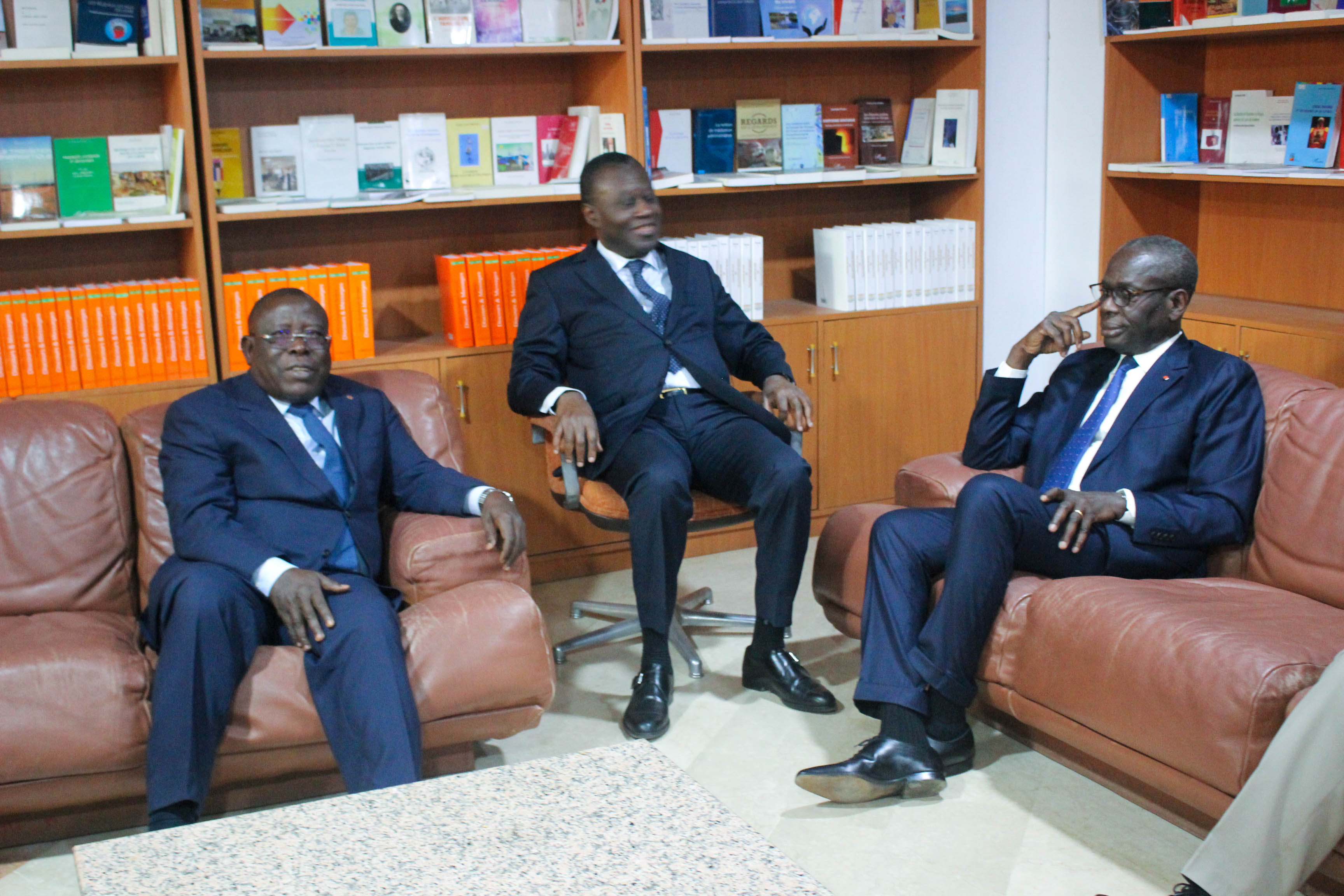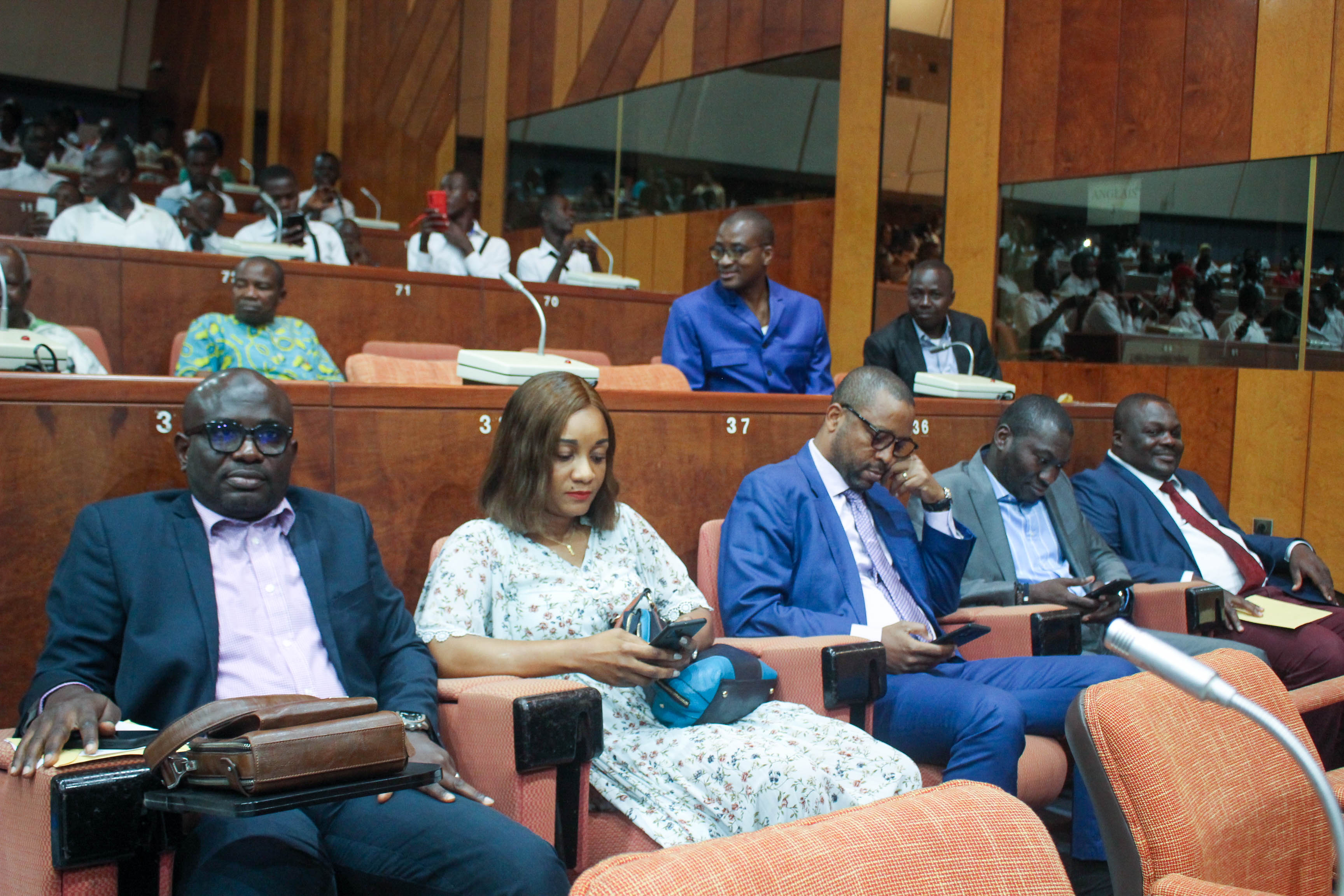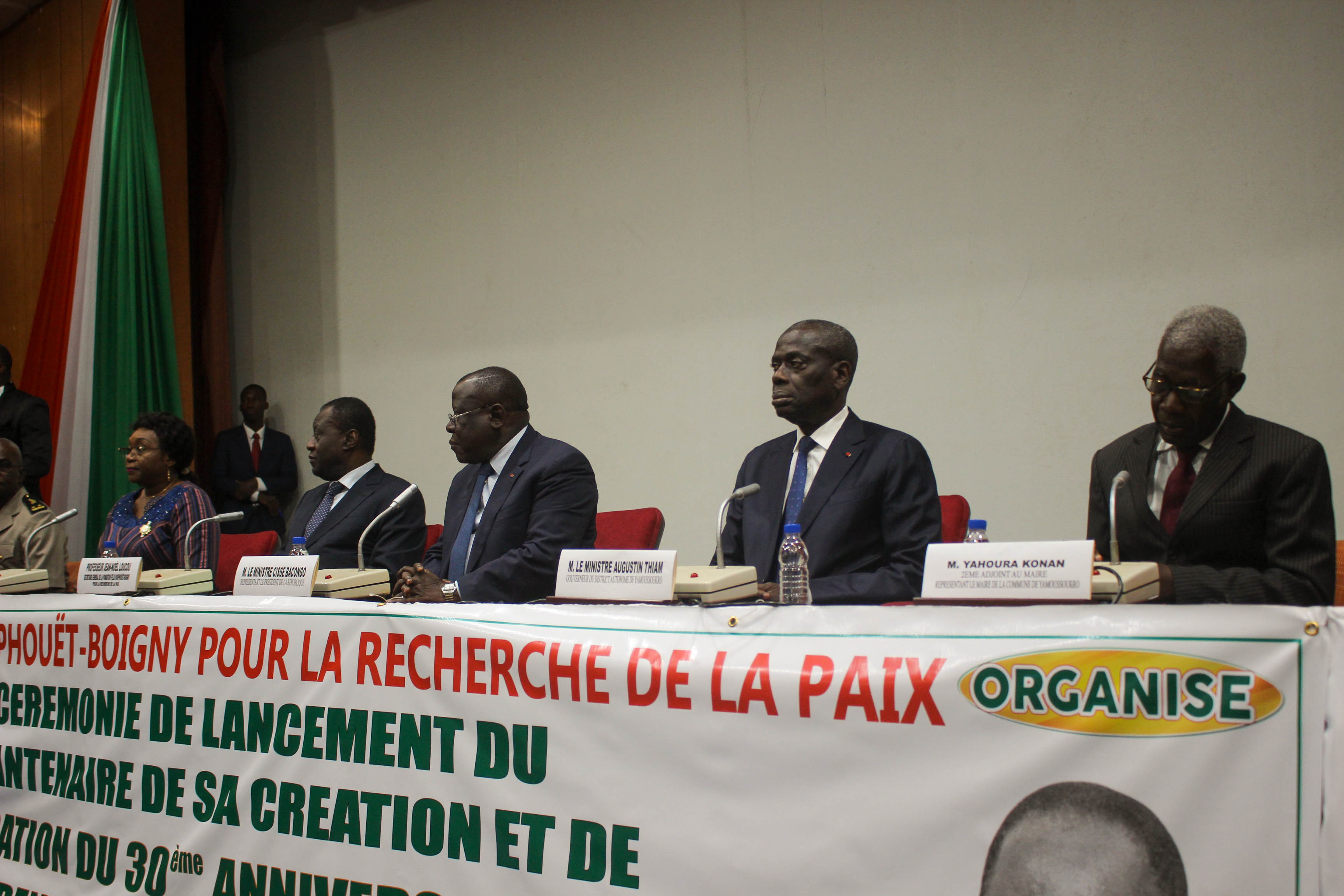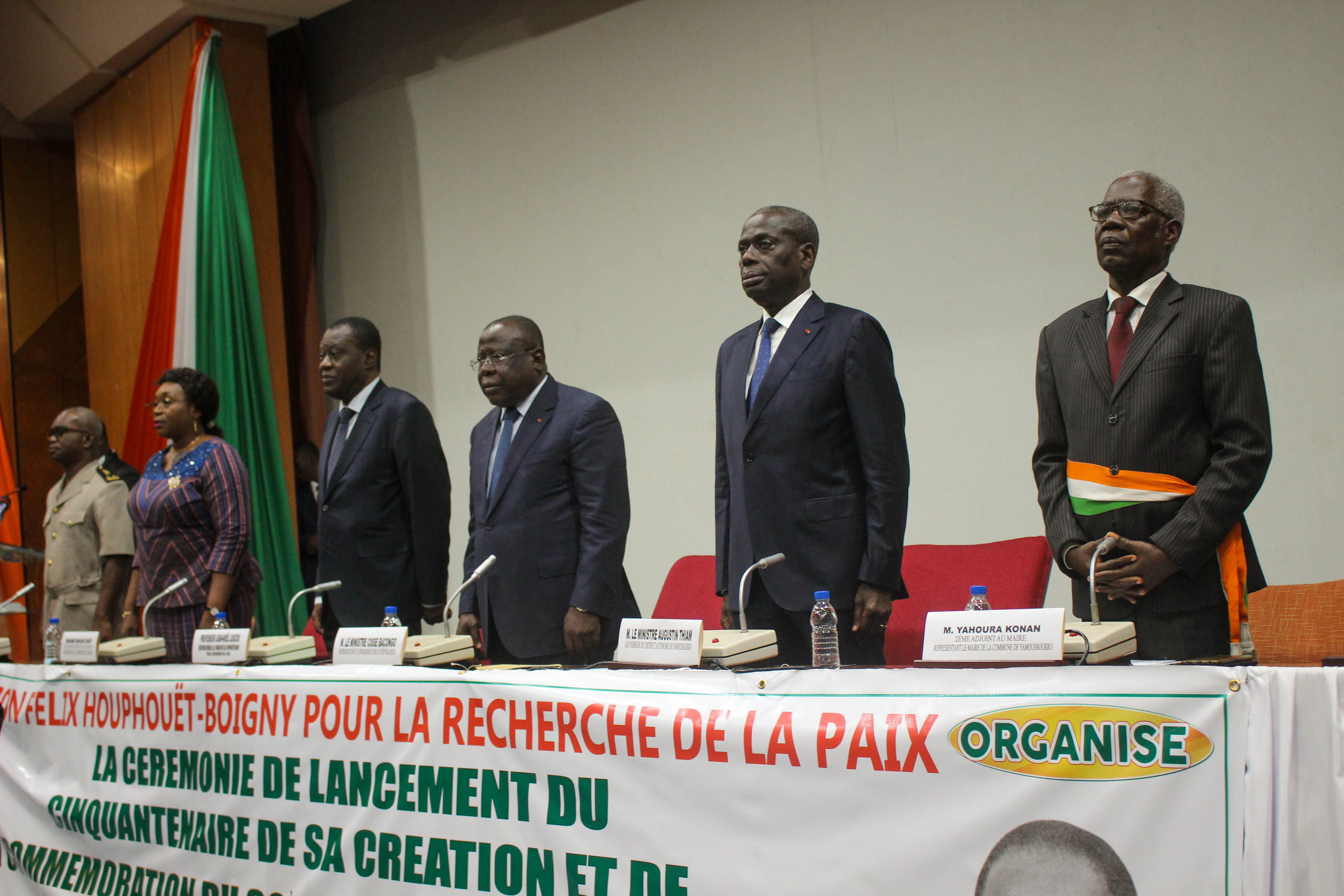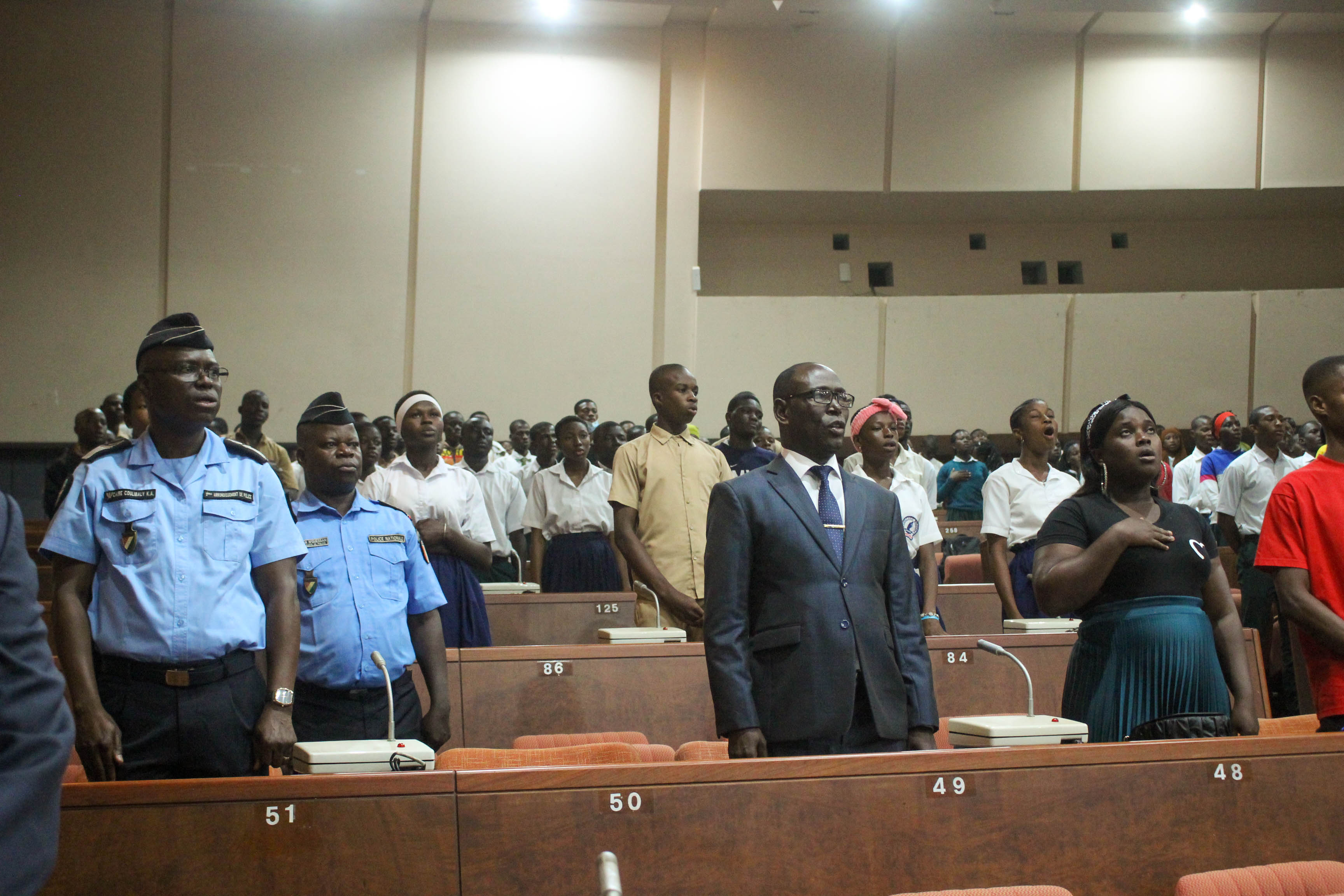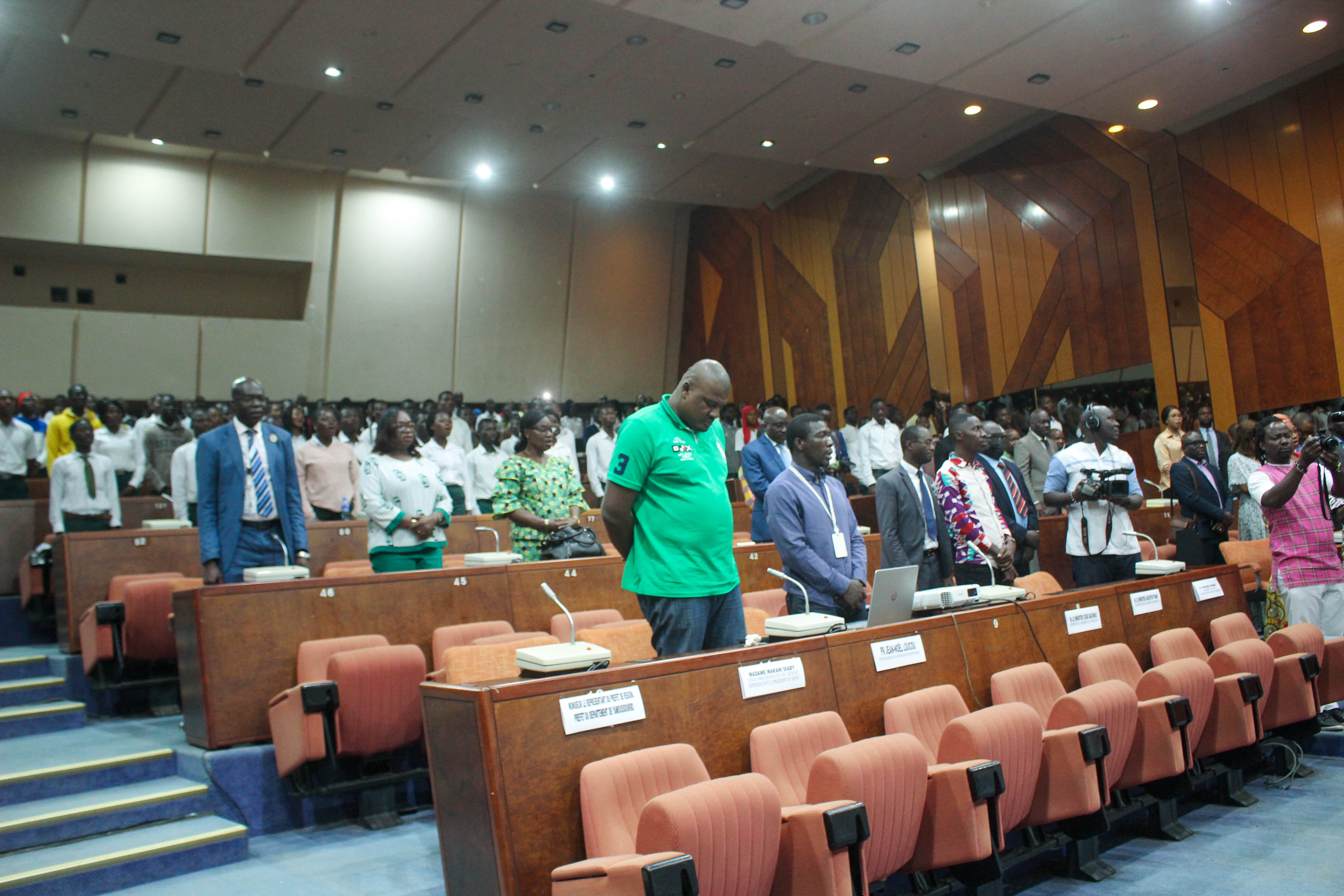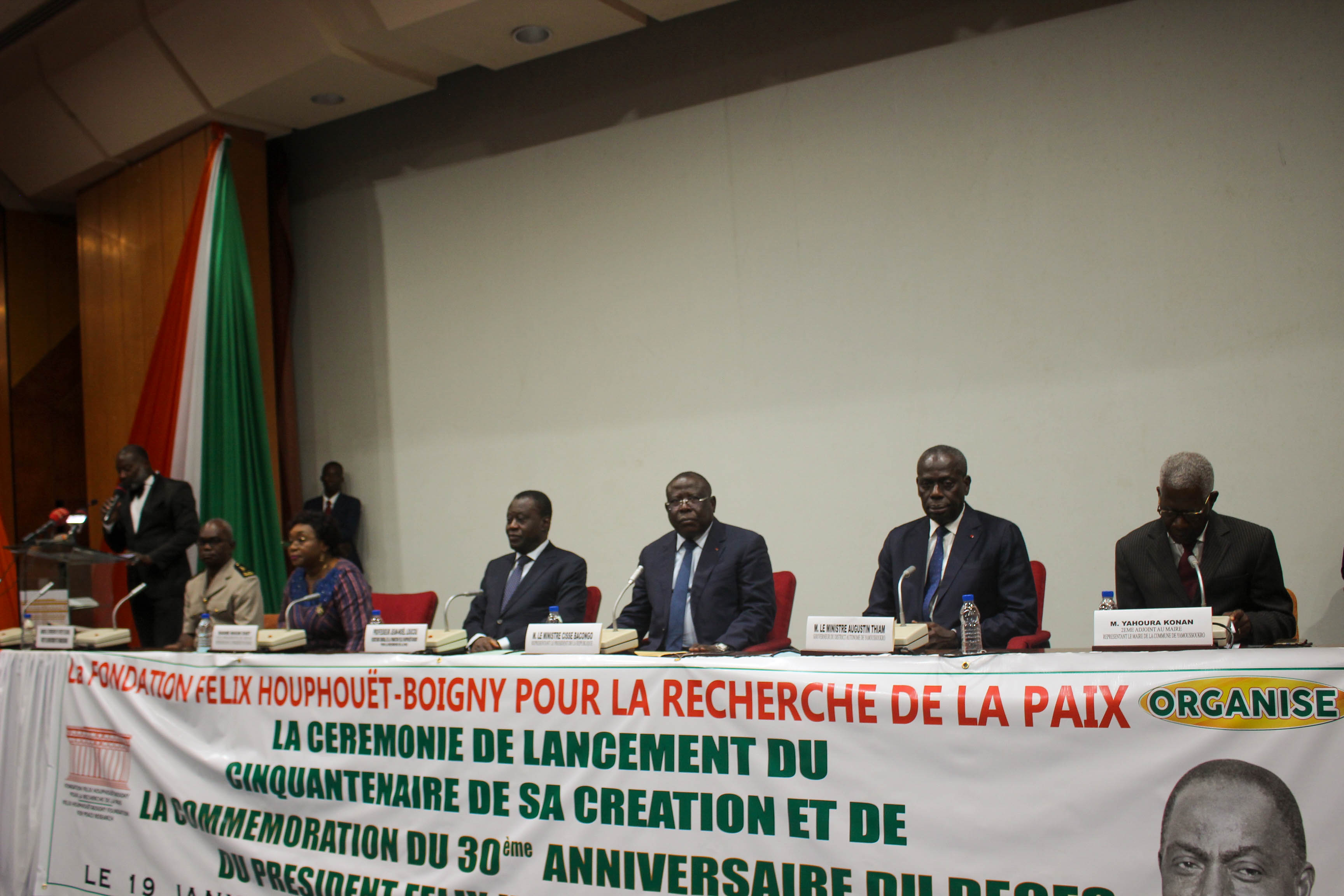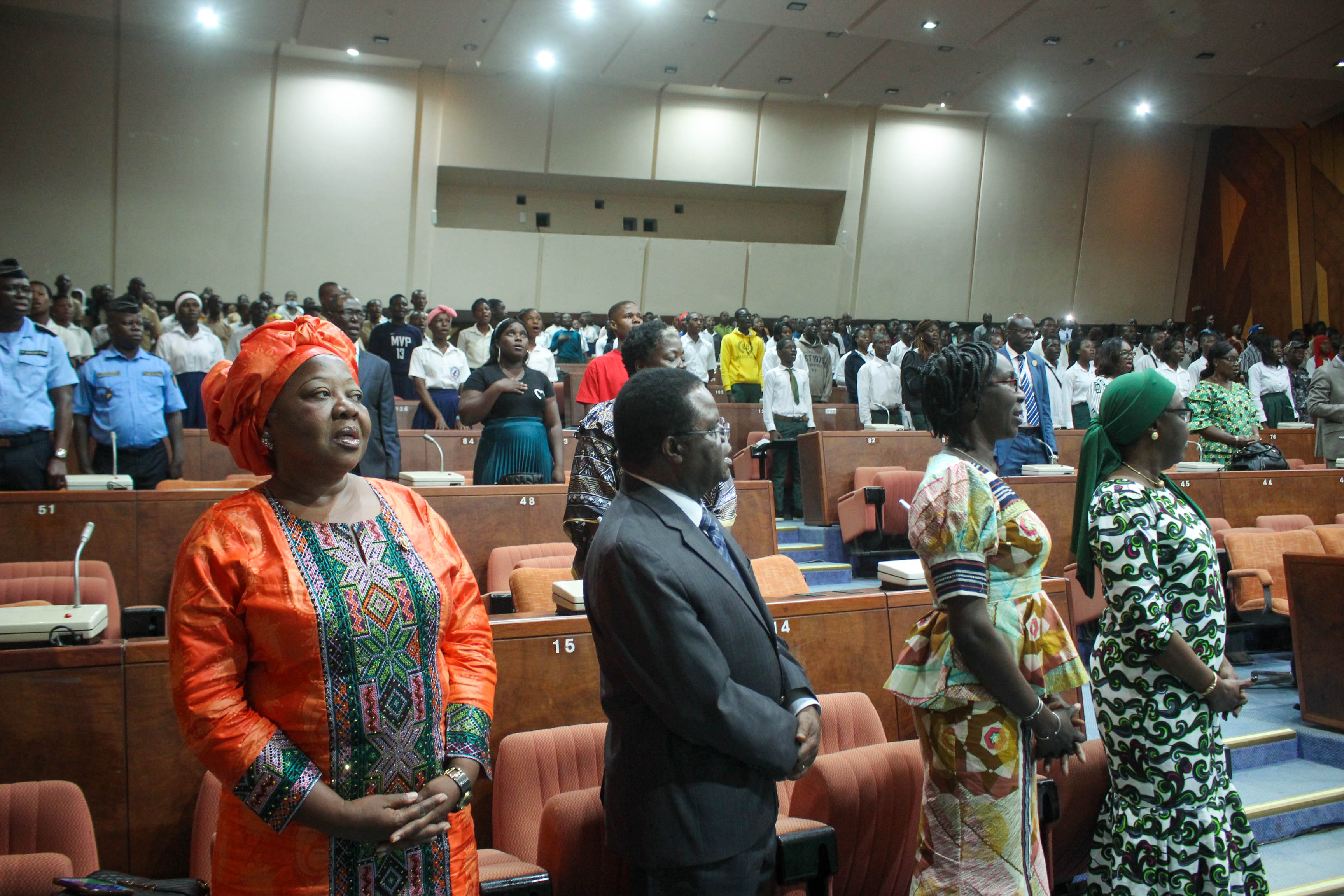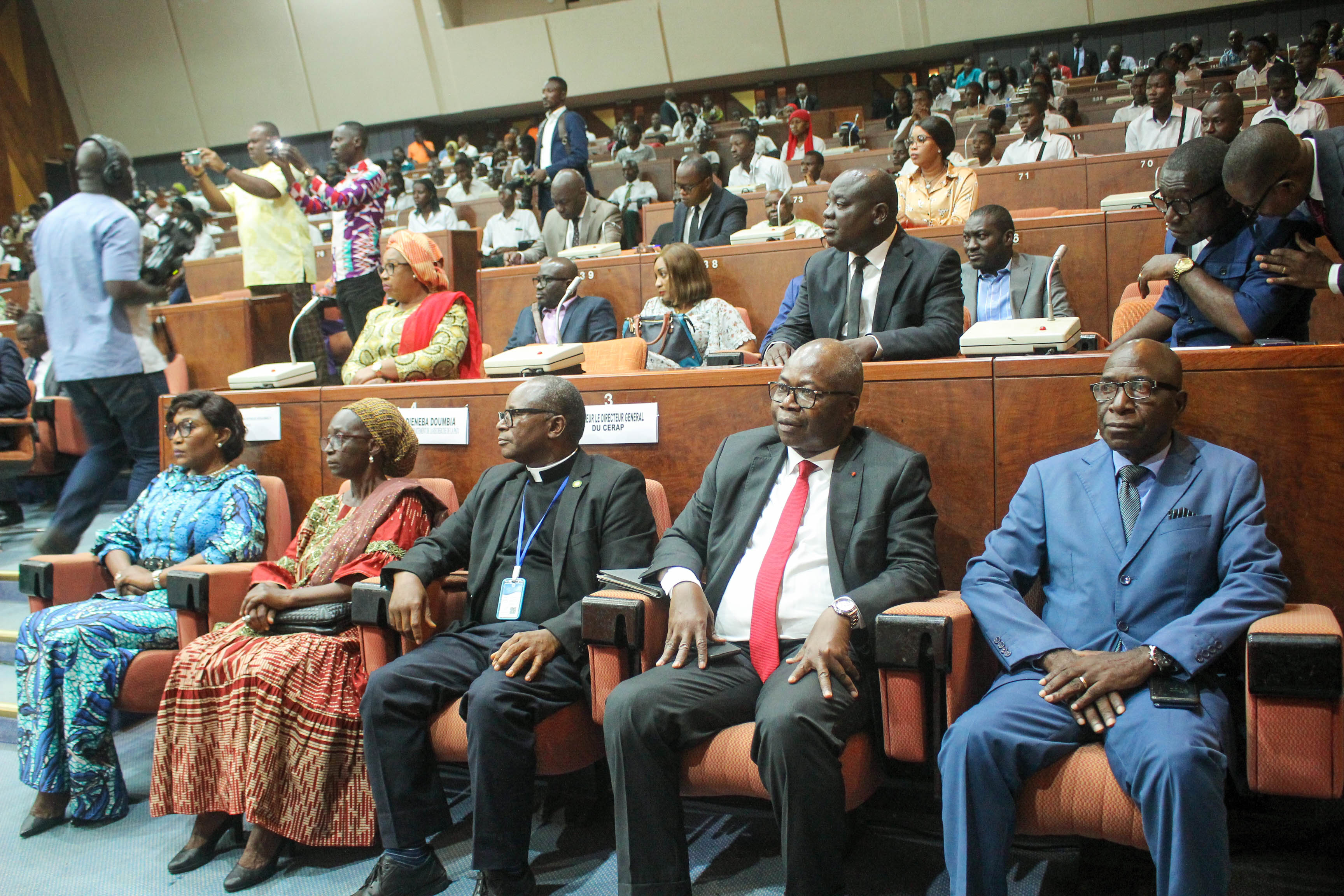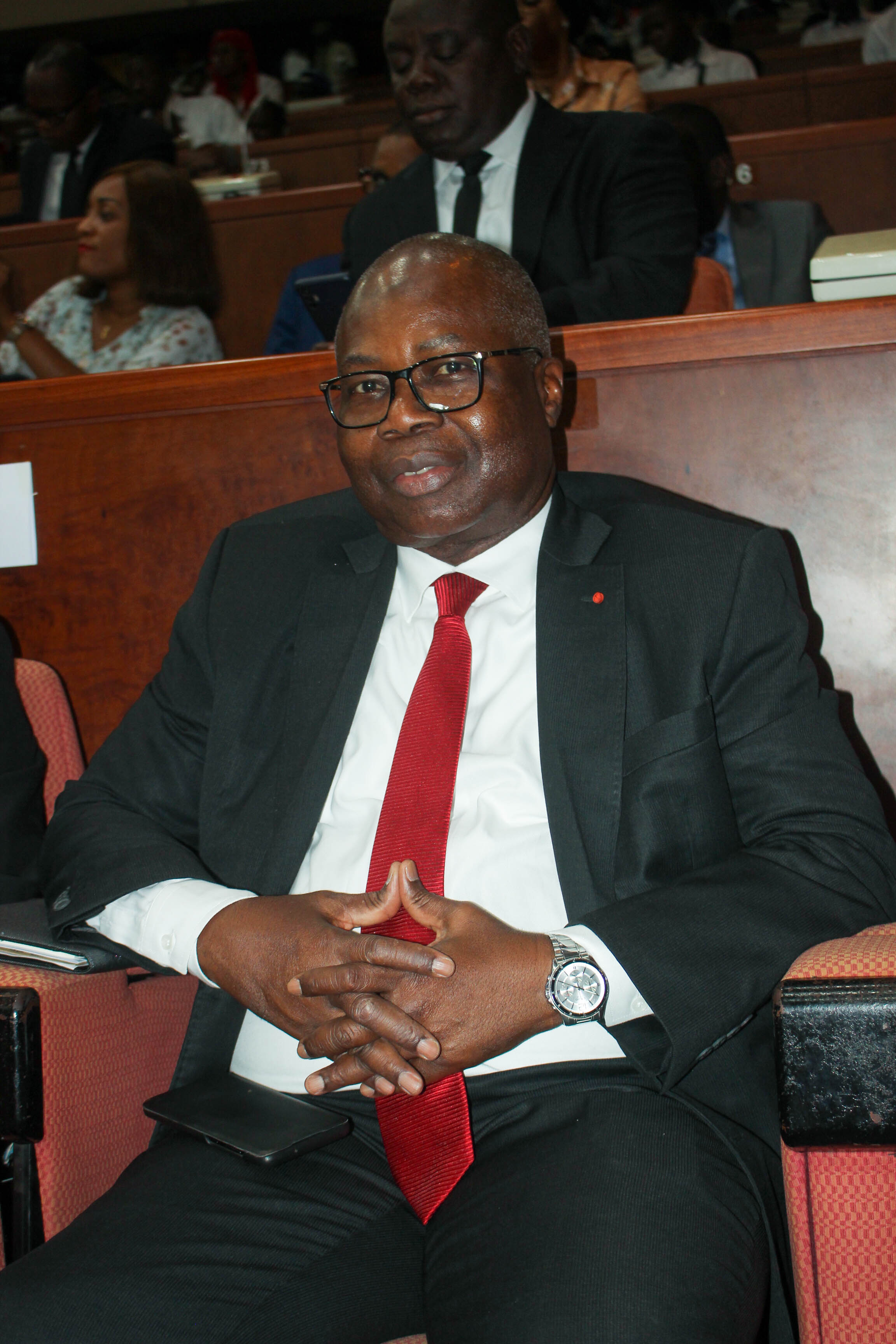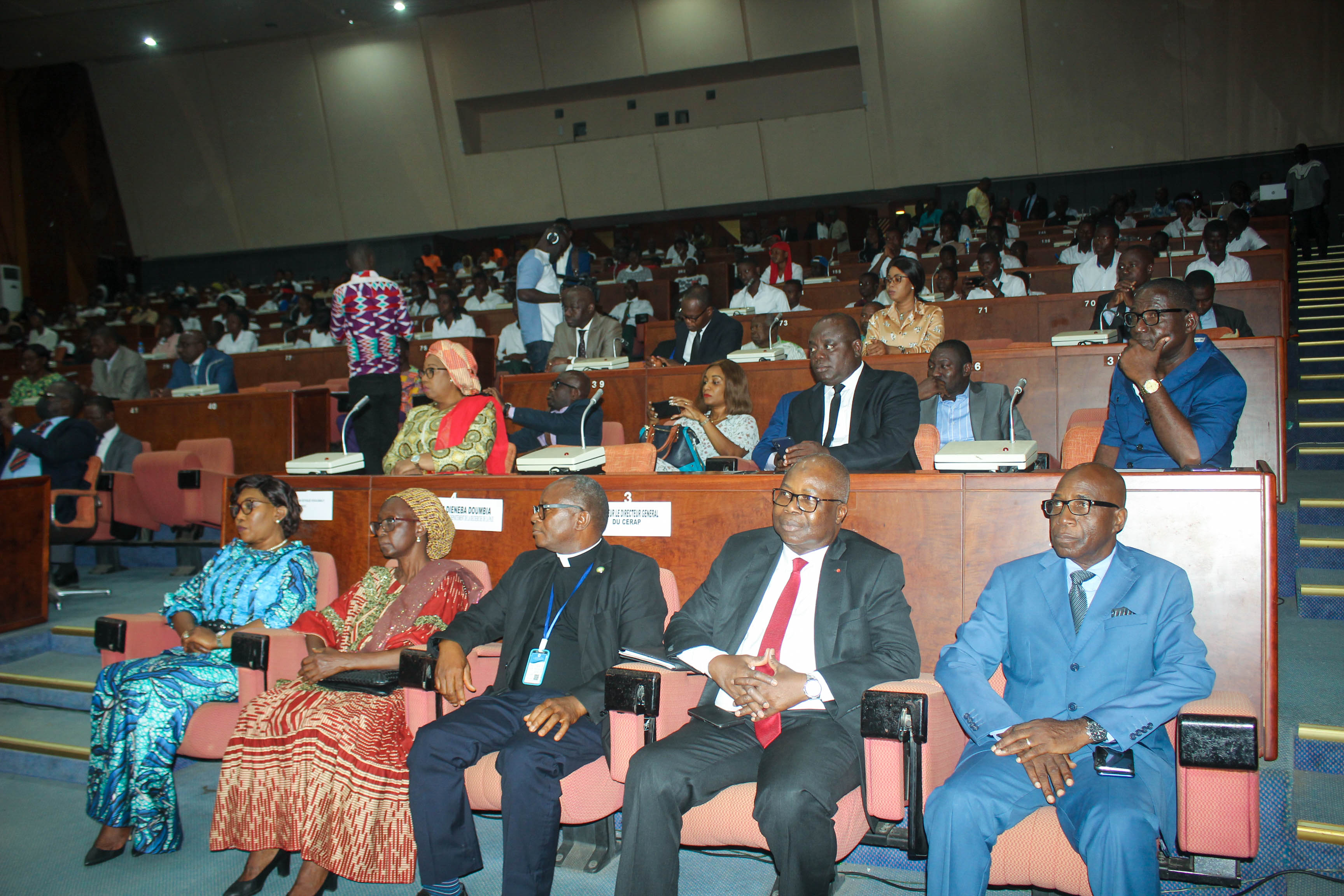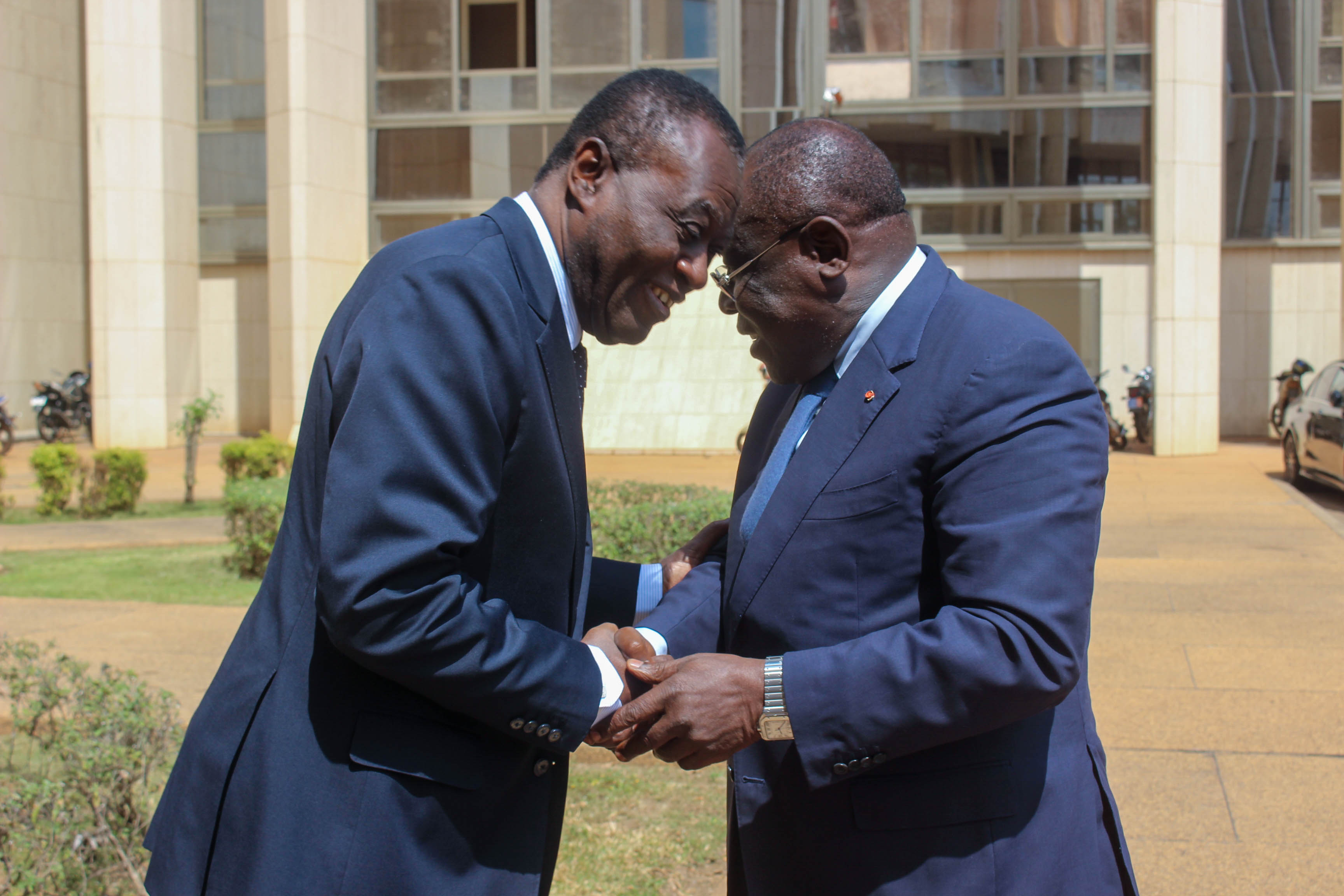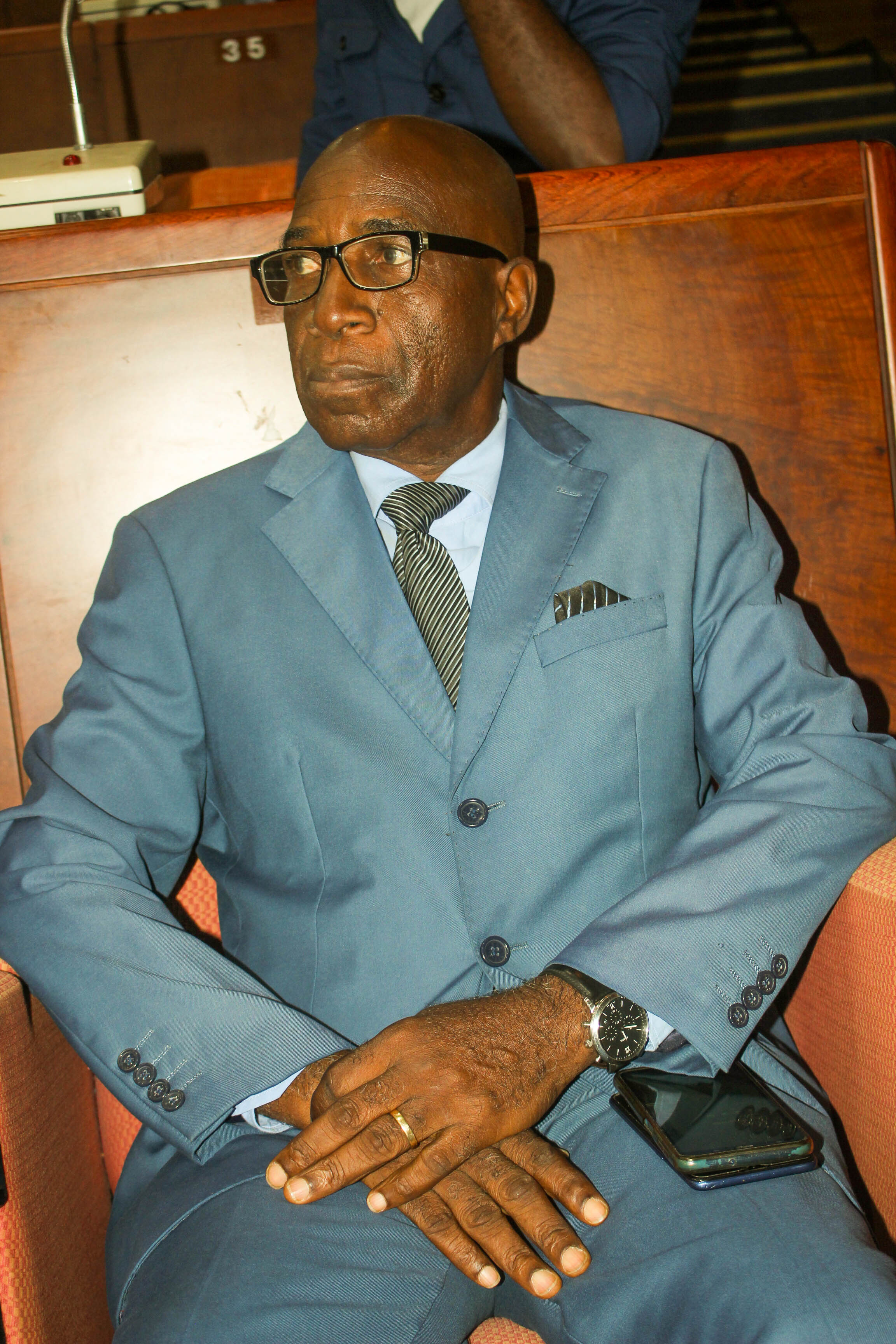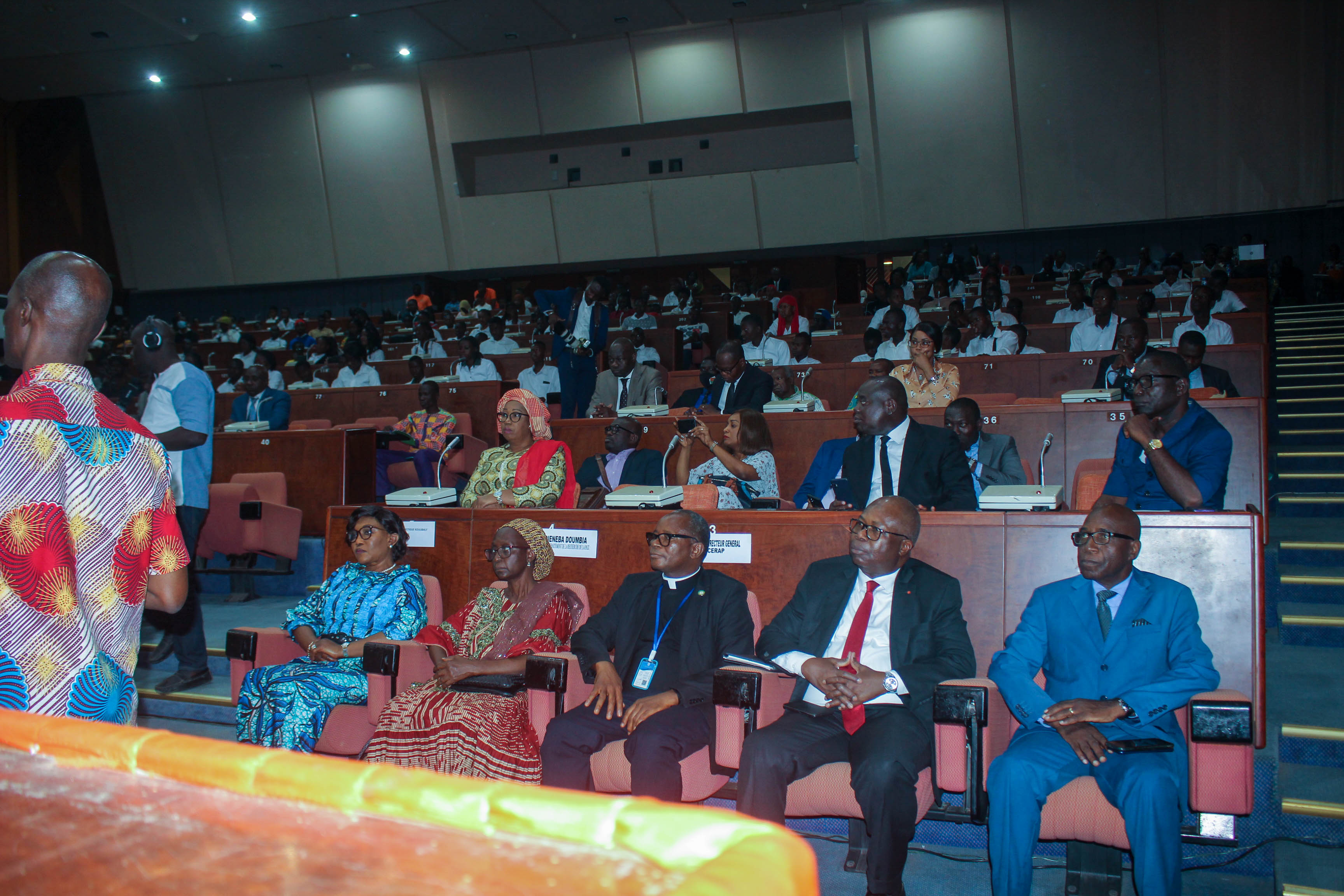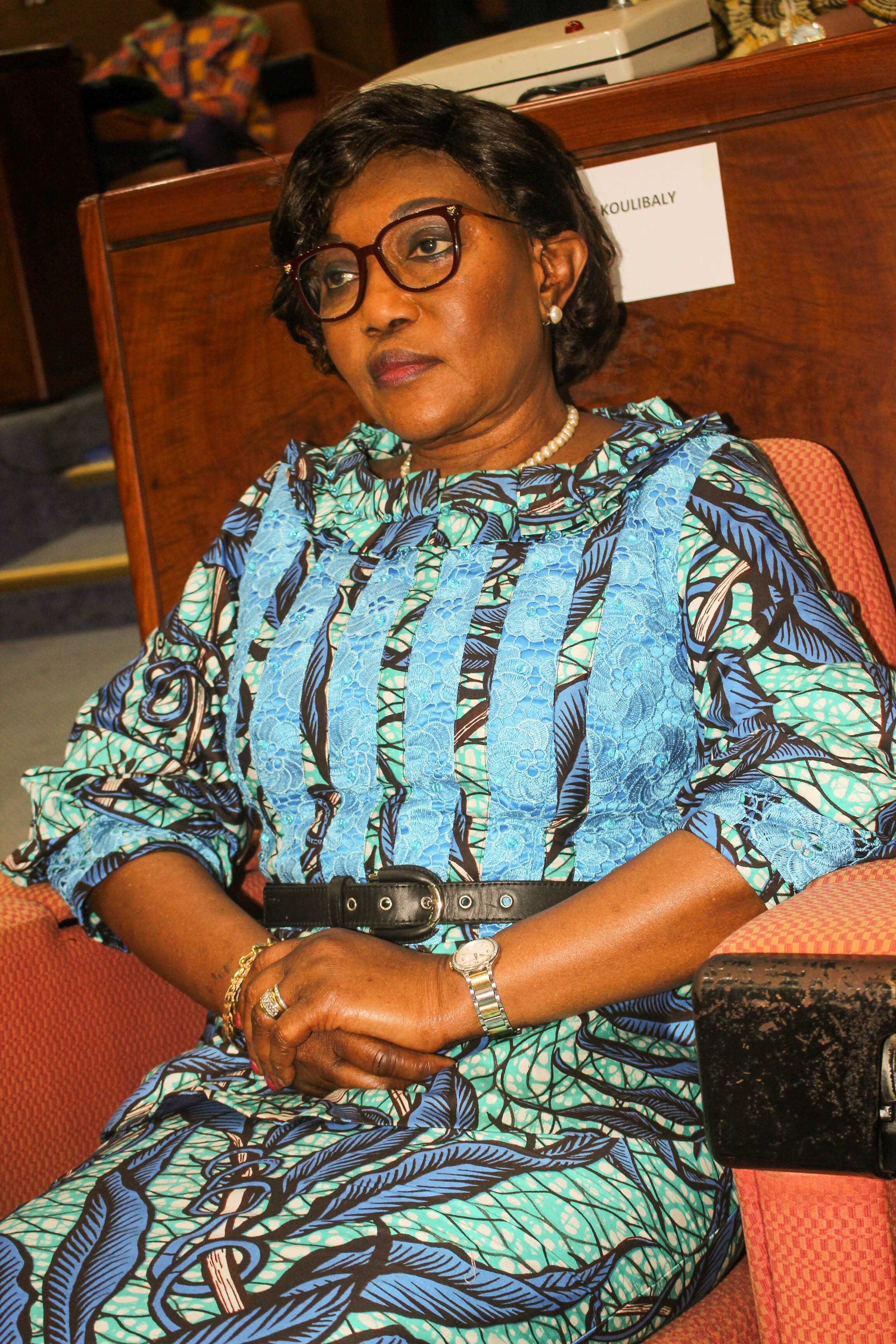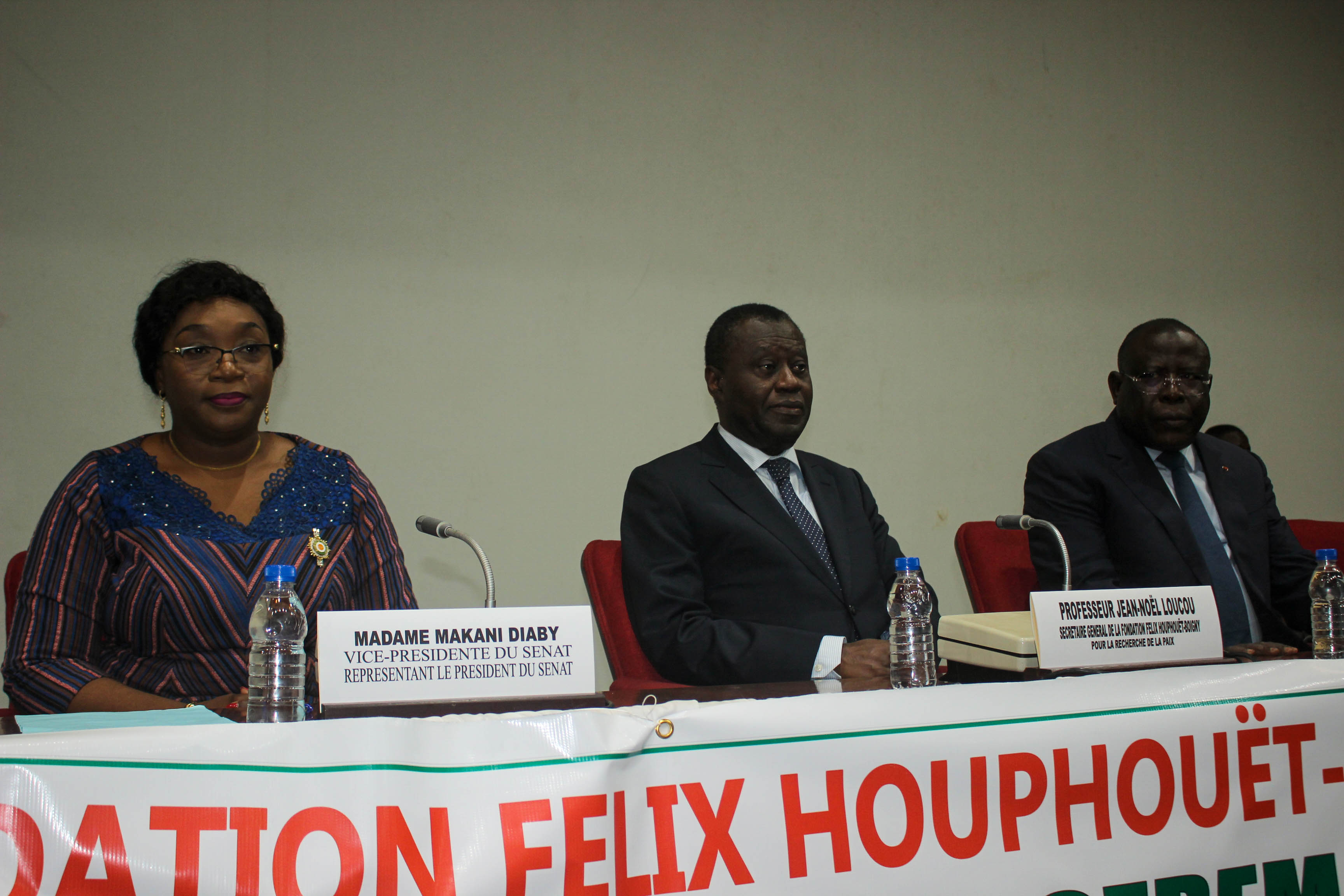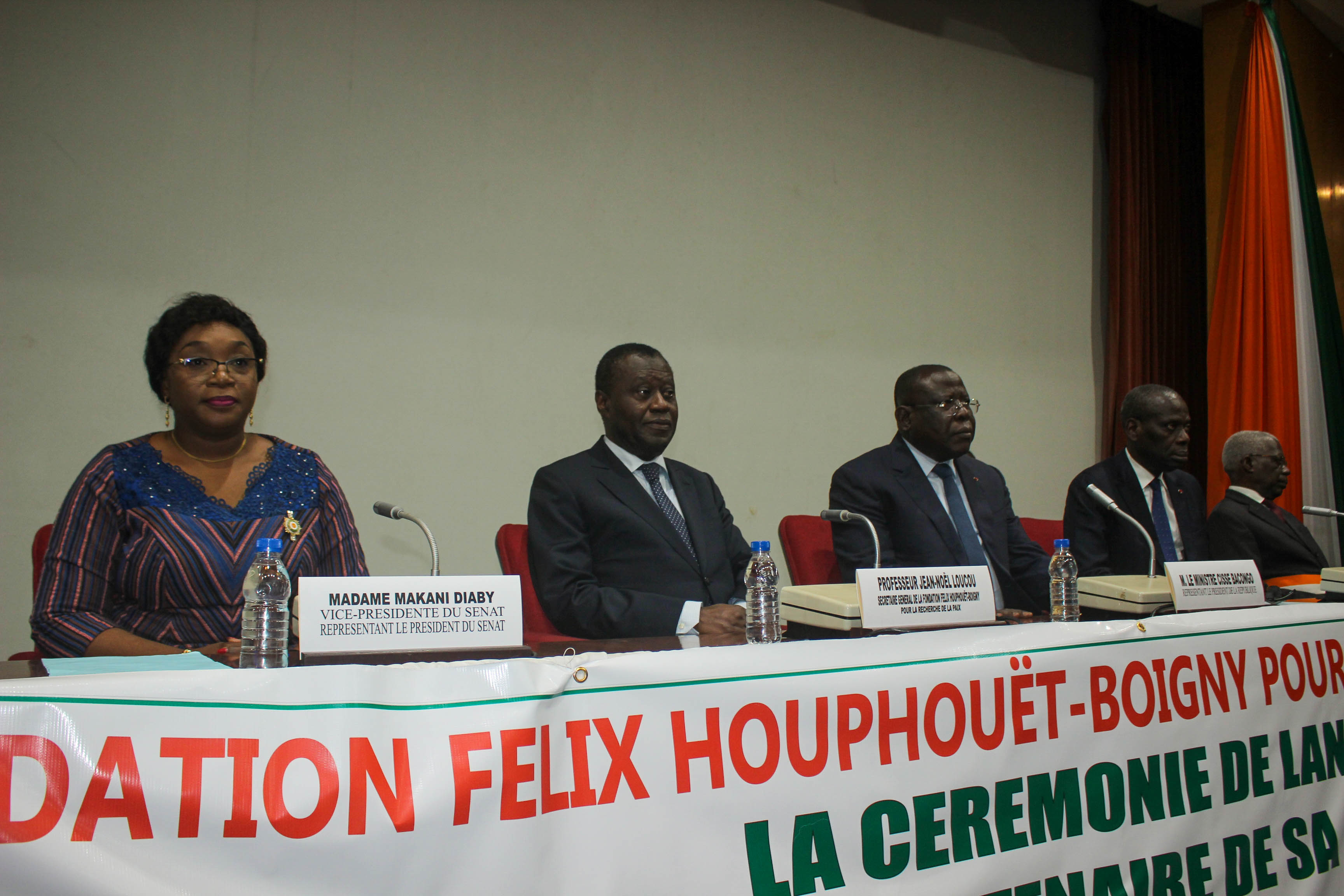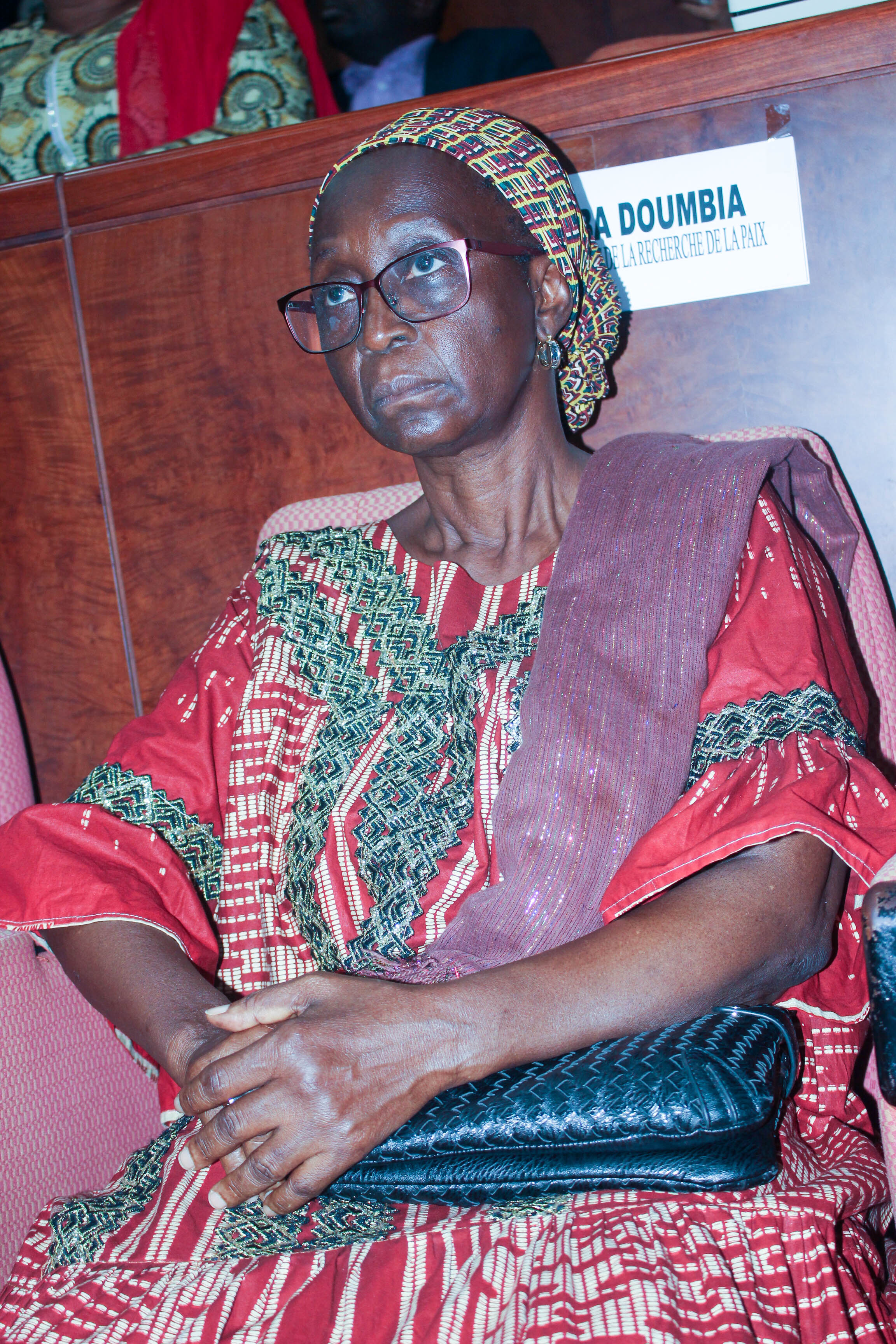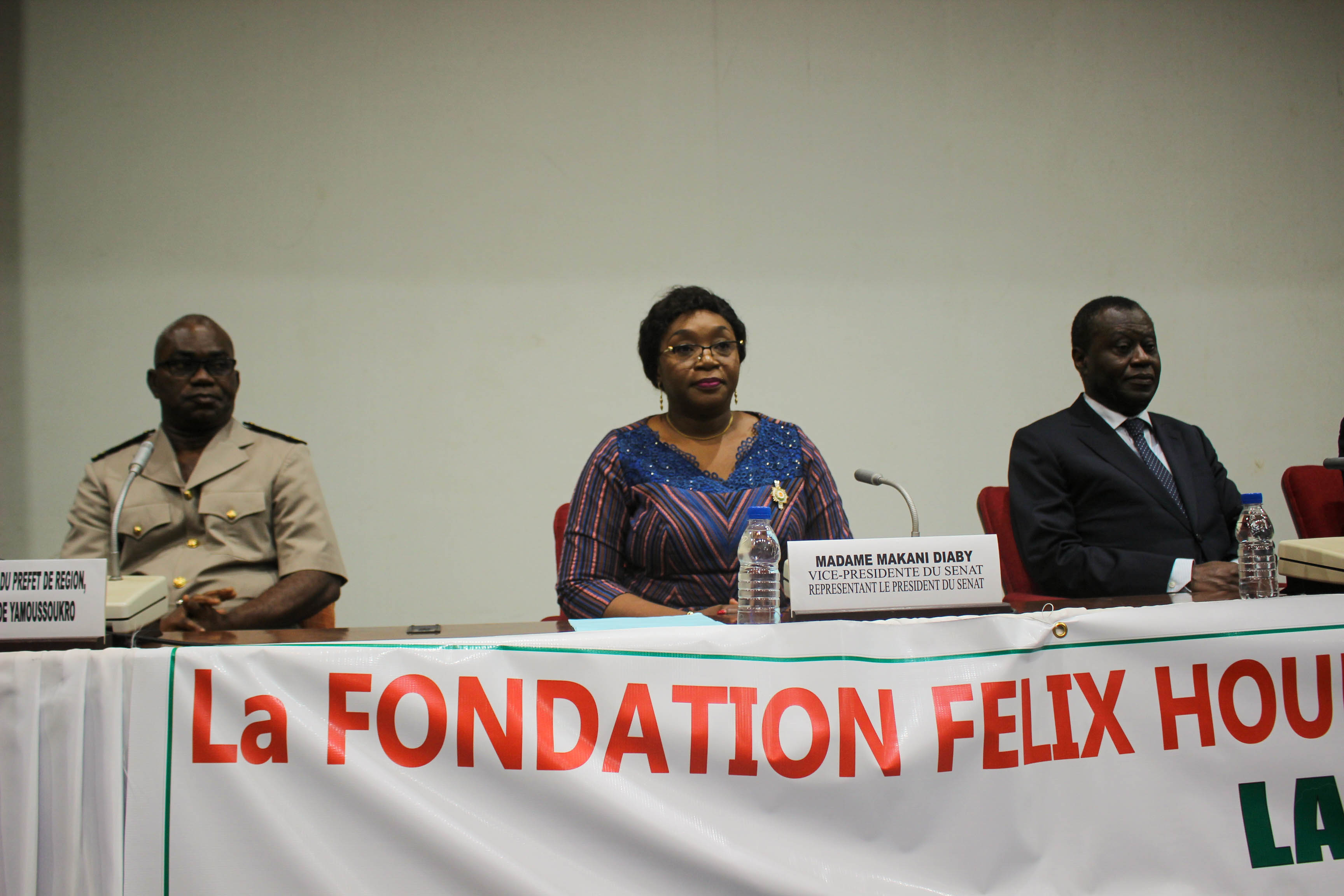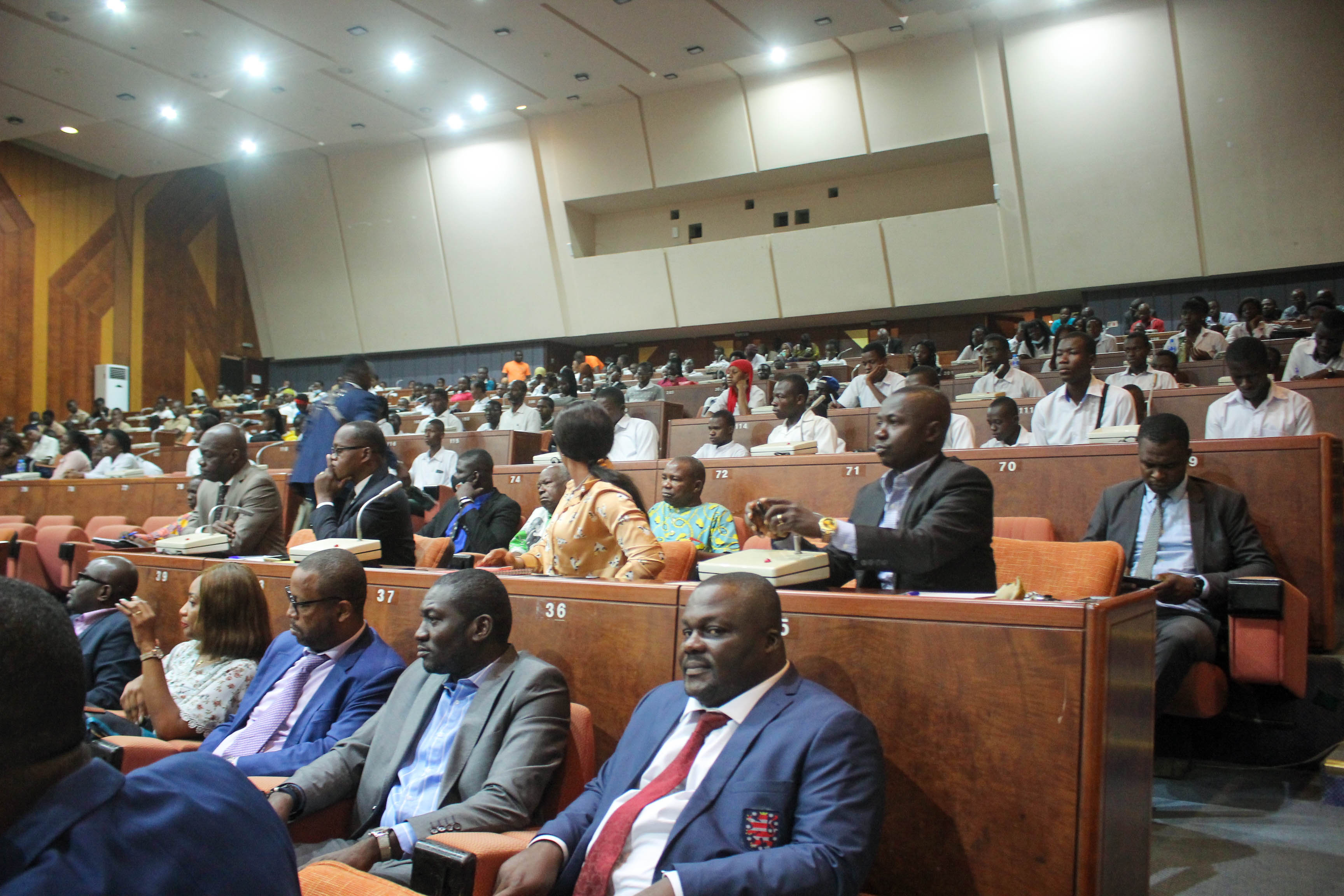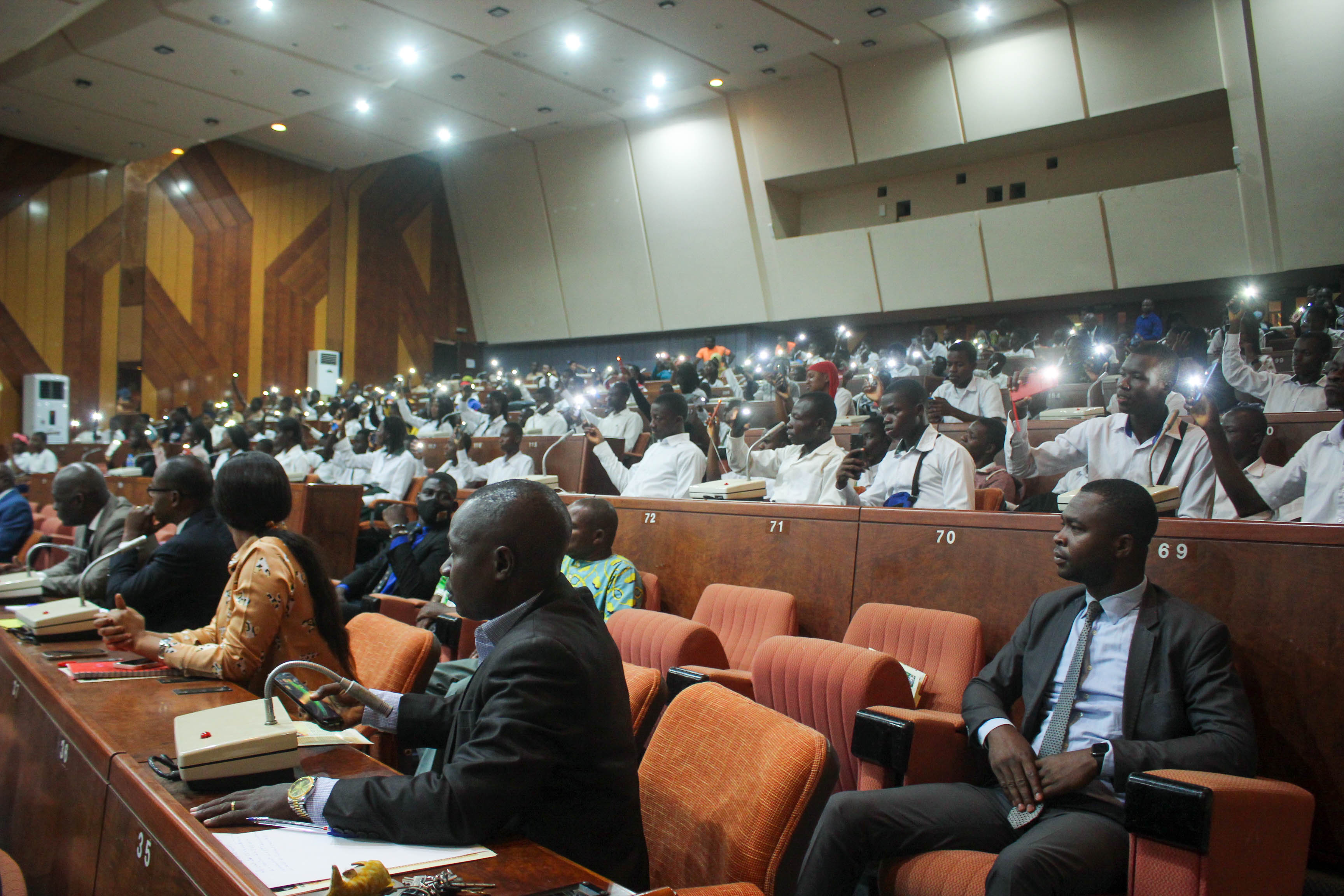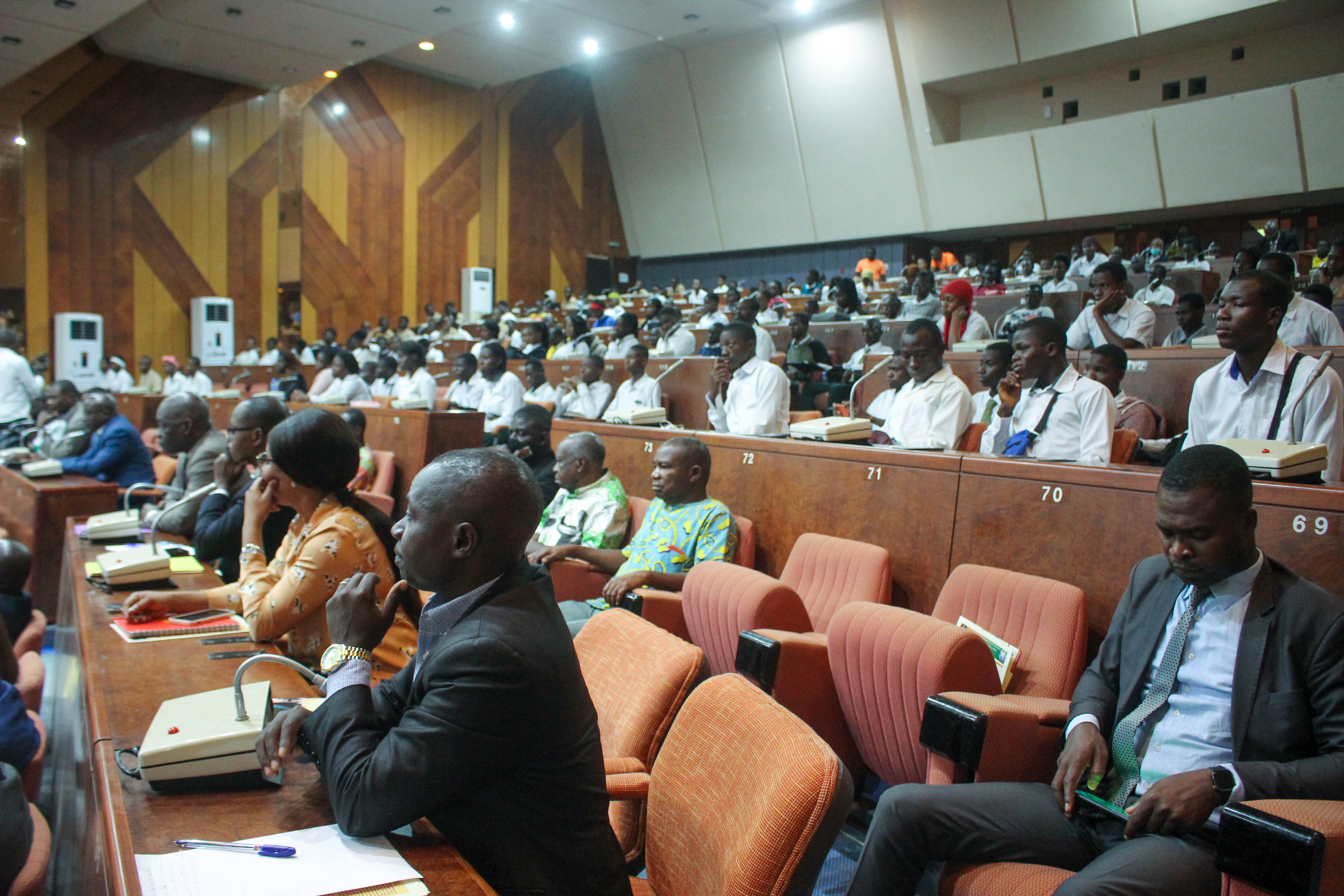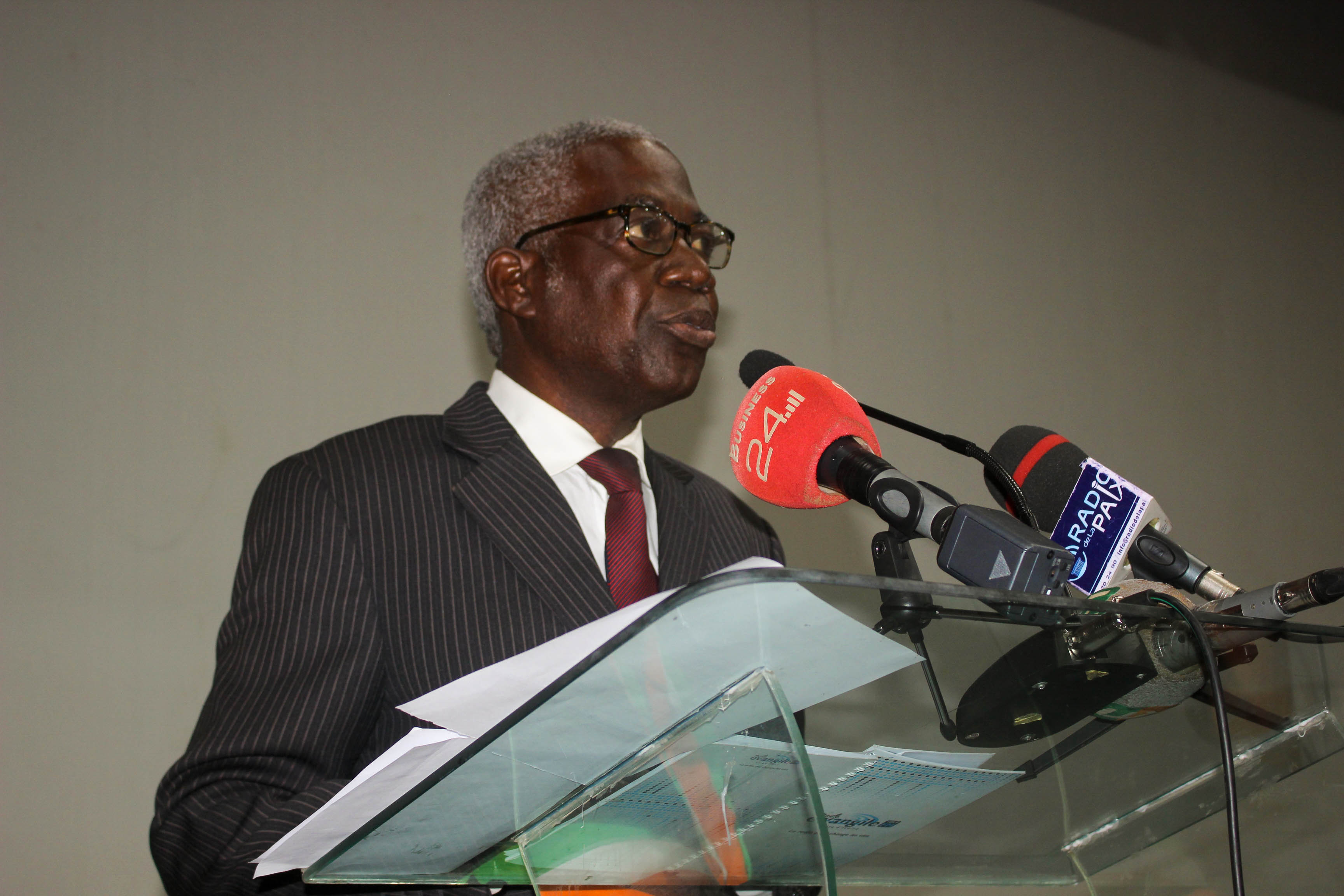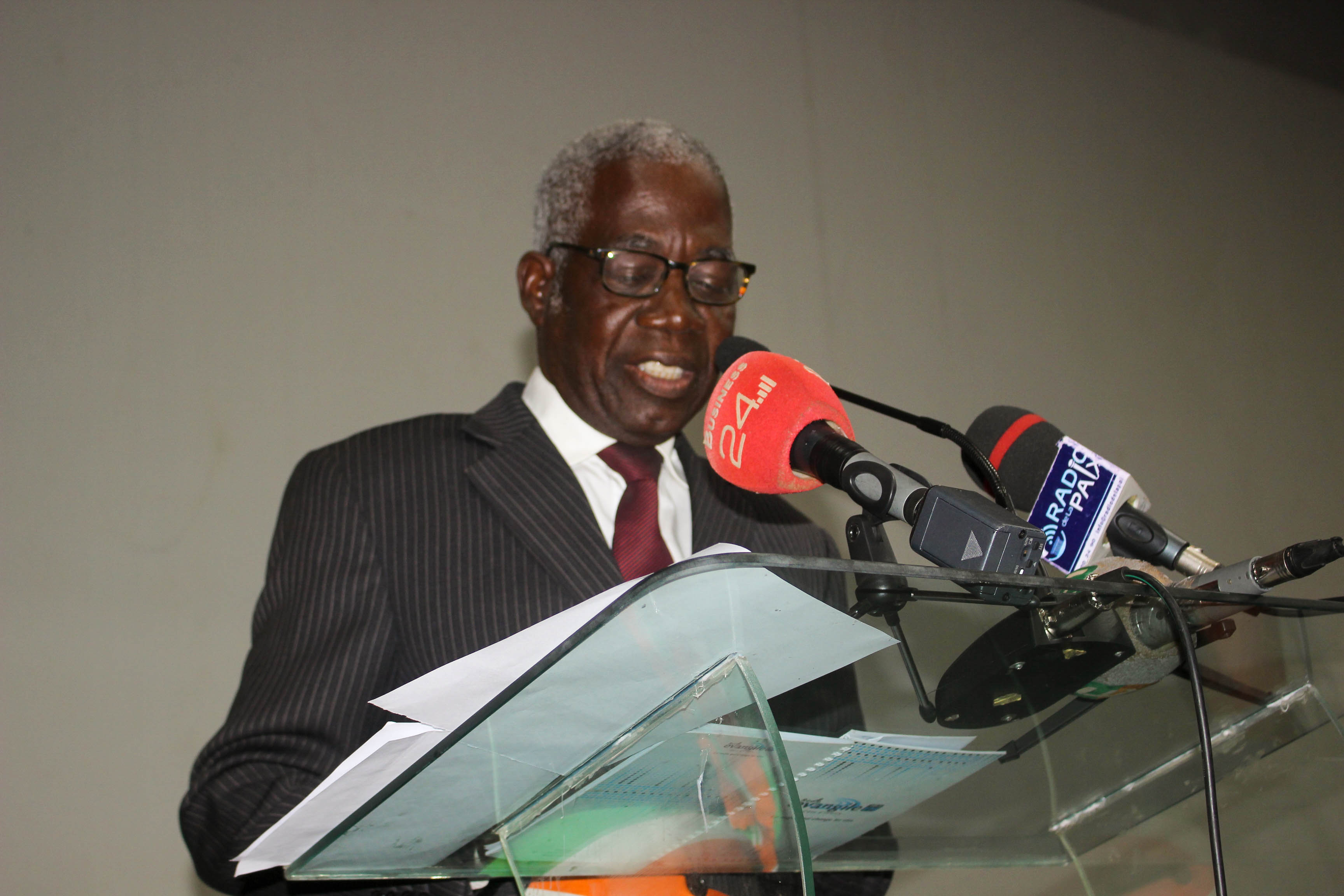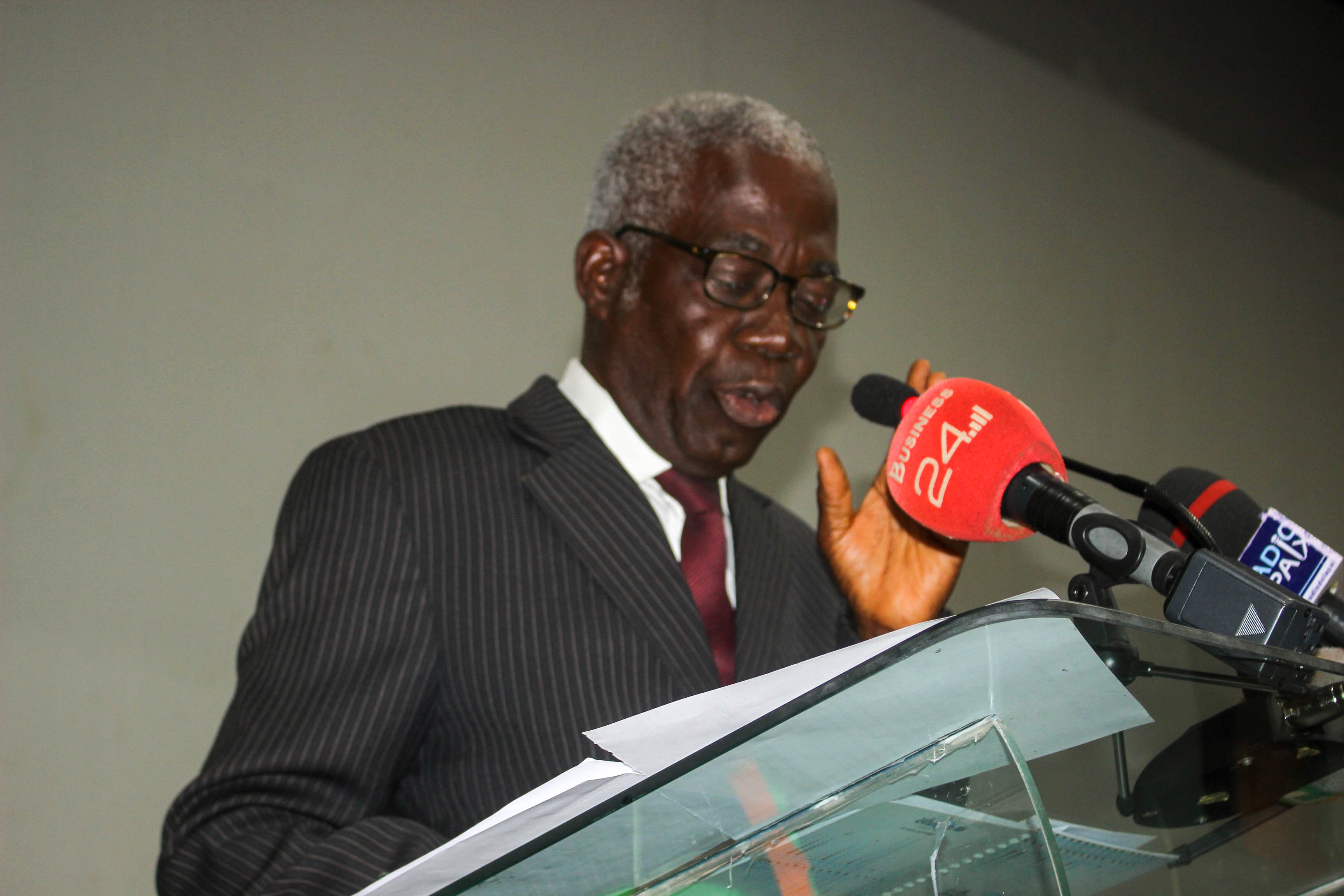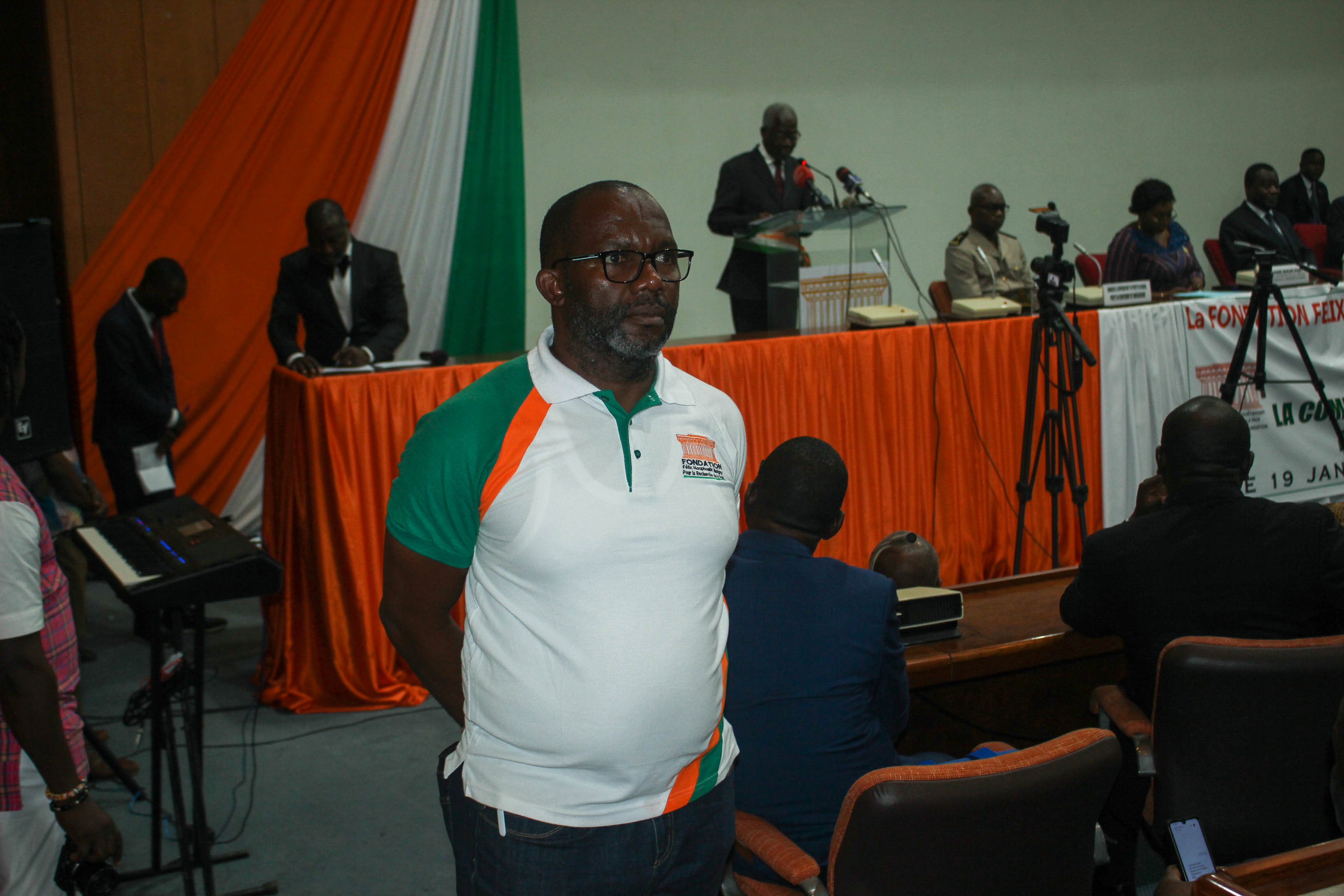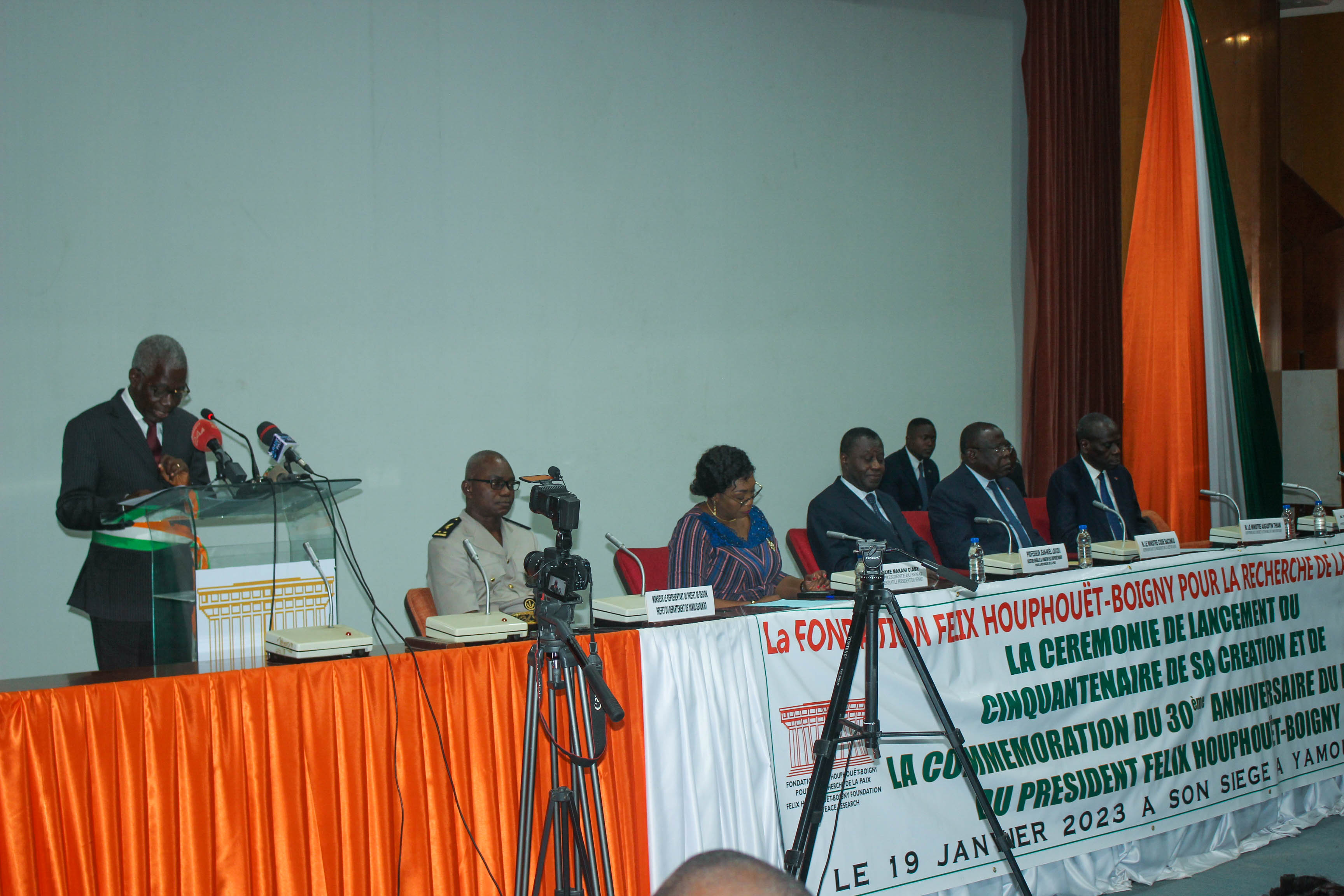Author Archive: admin-fondation
International symposium on Houphouetism
Houphouétisme is the neologism coined to designate the considerable thought, action, work and legacy of Félix Houphouët-Boigny, the first President of the Ivorian Republic. Today, it is accepted by all Ivorians, regardless of political party. Held to be the national conscience, it constitutes the fundamental element of Ivorian unity, political identity and heritage.
Call for Contributions for the Tenth Issue of the Haris Review to be published in June 2023
For its tenth issue to be published in June 2023, the Haris Review is looking for contributions on topics of International Relations, Geopolitics or Strategic Studies. Articles should be original and substantive. The standards of presentation of the manuscripts are those of the CAMES (to be consulted on the website of the journal www.revueharis.org). The manuscript must be between 5000 and 8000 words long and must include the full name of the author(s), the name of the institution to which the author(s) belong(s), the email address, a photo of the author(s) and an abstract in French and English of 300 words maximum with 7 keywords.
E-mails (to be sent simultaneously): cerriuao01@gmail.com, contact1@revueharis.org.
Calendar
Call for papers: April 1, 2023
Deadline for submission of papers: June 5, 2023
Return to authors after instruction: June 20, 2023
Return of corrected articles: June 27, 2023
Publication: June 30, 2023
Fees
Instruction : 25,000 F CFA (39 Euros)
Publication : 40,000 F CFA (61 Euros)
Contact: Dr. SILUE Nahoua Karim Tel (+225) 07 08 33 00 53 (WhatsApp) for the modalities of payment of the fees and all useful information.
Press Conference of the Secretary General of the Félix Houphouët-Boigny Foundation for Peace Research on January 17, 2023 in Yamoussoukro
INTRODUCTORY STATEMENT
Dear professionals of the public and private media,
Ladies and Gentlemen
Thank you very much for responding to our call for this press conference on the activities of the Félix Houphouët-Boigny Foundation in the year 2023.
I would like to begin with a pleasant duty, that of wishing you our best wishes and our sincere wishes for this new year. May it bring you health, professional success, prosperity and peace.
The Foundation is also very grateful for the regular coverage of its activities that your various bodies provide for the nation and the world.
I have chosen to speak to you about three major events that the Foundation is about to experience: the commemoration of the thirtieth anniversary of the death of President Félix Houphouët-Boigny, the celebration of the fiftieth anniversary of the creation of the Félix Houphouët-Boigny Foundation, and finally, the solemn ceremony for the award of the UNESCO-Félix Houphouët-Boigny Peace Prize at the Foundation’s headquarters in Yamoussoukro.
I. COMMEMORATIONS OF THE YEAR 2023
December 7, 1993-December 7, 2023, thirty years since the death of President Félix Houphouët-Boigny.
November 10, 1973-November 10, 2023, fifty years since the Félix Houphouët-Boigny Foundation was created.
These two major events must be appropriately commemorated.
The Foundation has already commemorated the twenty years of the death of the Father of the Nation in 2013 and the twenty-five years in 2018. It will do so on a larger scale for the thirty years.
The solemn award ceremony will take place on Wednesday, February 8, 2023.
A. Justification of the commemorations
Côte d’Ivoire is gradually emerging from three decades of crisis, the consequences of which are many. Peace and security are under constant threat, particularly from terrorism, the social fabric needs to be stitched up, and economic reconstruction must continue.
The President of the Republic, His Excellency Alassane Ouattara, has been working since he took office in 2011 to bring back peace and promote national reconciliation. The creation of various structures to ensure national reconciliation and strengthen social cohesion, such as the Dialogue, Truth and Reconciliation Commission (CDVR), the National Commission for Reconciliation and Compensation of Victims (CONARIV), and the National Program for Social Cohesion (PNCS), are part of this effort.
To emerge definitively from these years of crisis, Ivorians must adopt new attitudes and behaviors that promote the values of the culture of peace. They must also learn all the lessons of the past through a duty to take stock, a duty to repent and a duty to remember.
The commemoration of the thirtieth anniversary of the death of President Félix Houphouët-Boigny offers this opportunity to come together in unity and peace. And to make known his thought, his historical action, his work of peace, to promote national reconciliation.
The Foundation, created in 1973, is the most appropriate institution to perpetuate the work of peace of Félix Houphouët-Boigny and to promote the culture of peace. It brings to the table its fifty years of experience, first as a political and historical research institute, then as an international peace research center.
B. Description of the Commemoration Project
1. The objectives
The general objective is to make known the thought and work of Félix Houphouët-Boigny, and to promote the culture of peace and national reconciliation in Côte d’Ivoire.
The specific objectives are :
- commemorate the thirtieth anniversary of the death of Félix Houphouët-Boigny;
- to celebrate the fiftieth anniversary of the creation of the Félix Houphouët-Boigny Foundation;
- to raise awareness about the culture of peace and national reconciliation;
- to produce cultural products on Félix Houphouët-Boigny and peace.
2. The expected results
Ivorians are made aware of the work of Félix Houphouët-Boigny, the culture of peace and national reconciliation.
Cultural products are produced and disseminated.
The Félix Houphouët-Boigny Foundation for the search for peace is better known and promoted.
3. The target audience
The commemorations concern all Ivorians, regardless of their ethnicity, religion or political party. They also concern foreign populations living in Côte d’Ivoire, as well as all peace-loving women and men.
4. The organization
The commemorations will take place over 12 months and will be based on
- Scientific activities with the holding of an international symposium on “Houphoutism”, the organization of public conferences, the publication of books.
- Festive activities: organization of concerts, theatrical performances, exhibitions.
- Sports activities: cross country, soccer competitions, hand sports
- Religious activities: thanksgiving masses, ecumenical prayers.
C. Schedule of activities
The commemorations will be spread out over the twelve months of the year 2023. Each month is devoted to a particular theme with specific activities. The objective is to revisit the entire political career of Félix Houphouët-Boigny: the union leader, the founder of political parties, the parliamentarian, the minister, the president. Two days are dedicated to the political parties that claim him, notably the PDCI-RDA and the RHDP, for their tribute.
The activities will culminate in the last quarter of the year with the holding of the international colloquium on “Houphouët-Boignyism” in October; the celebration of the creation of the Foundation in November; and finally the commemoration of the thirtieth anniversary of the death of President Houphouët-Boigny and the end of the events with a giant concert for peace in December.
II. THE UNESCO-FELIX HOUPHOUET-BOIGNY PEACE PRIZE
According to the Director-General of UNESCO, Federico Mayor, the creation of this Prize is a tribute to a man who made dialogue and the search for peace the foundations of his political philosophy.
“To pay tribute to the work of President Félix Houphouët-Boigny for world peace, one hundred and twenty (120) countries sponsored a resolution in 1989, adopted unanimously by UNESCO Member States, to establish an International Prize for Peace Research.
The purpose of the Prize is to honour living persons, institutions or organizations, public or private, which have made a significant contribution to the promotion, research, safeguarding or maintenance of peace in accordance with the Charter of the United Nations and the Constitution of UNESCO. (Article 1 of the Statutes of the Prize).
A. Organization of the Prize
The Prize
The Prize shall be financed by the interest earned on the capital constituted by the endowment initially paid by President Félix Houphouët-Boigny through the Félix Houphouët-Boigny Foundation for Peace Research. It is in the amount of US$150,000.
Mr. Abdou Diouf, former President of the Republic of Senegal, and Mr. Henri Konan Bédié, former President of the Republic of Côte d’Ivoire, have been designated respectively Patron of the Prize and Protector of the Prize intuitu personae by President Félix Houphouët-Boigny, who has chosen them as representatives to act on his behalf.
The Jury
The Jury is made up of personalities of international renown, known and respected for their commitment to the cause of peace.
The first Jury of eleven (11) members was presided over by Mr. Henry Alfred Kissinger, former U.S. Secretary of State, Nobel Peace Prize winner.
The current international jury of six (6) members is chaired by Mr. Denis Mukwege, Nobel Peace Prize winner.
Members of the international jury :
Mr. Michel Camdessus, former Managing Director of the International Monetary Fund (France)
Mr. Santiago Gamboa-Samper, writer, journalist and diplomat (Colombia)
Mr. Denis Mukwege, gynecologist, Nobel Peace Prize 2018 (Democratic Republic of Congo)
Mr. Thomas Pesquet, astronaut, FAO Goodwill Ambassador (France)
Ms. Hayat Sindi, UNESCO Goodwill Ambassador (Saudi Arabia)
Mr. Forest Whitaker, actor, producer and director, UNESCO Goodwill Ambassador (United States)
Nominations
Candidates must make a significant contribution to the pursuit of peace and the promotion of a culture of peace in their respective fields. The Prize may be awarded to an individual, an institution, another entity or a non-governmental organization. (Article 3 of the Statutes).
The Director-General of UNESCO shall officially invite, by 30 November of the year preceding the year of the award of the Prize, by circular letter, all Member States in consultation with their National Commissions for UNESCO and non-governmental organizations maintaining an official partnership with UNESCO to submit nominations.
In addition to the Member States and non-governmental organizations mentioned above, the following may submit nominations
(i) former winners of the Félix Houphouët-Boigny Peace Prize
(ii) academies or academicians
(iii) centers and foundations specializing in the fields of peace research
(iv) institutes of international law
(v) members of the International Court of Justice
(vi) members of parliaments or governments
(vii) associations or organizations working for peace and human rights and for the advancement of democratic values in the world, in accordance with the Constitution of UNESCO and the Charter of the United Nations
(viii) university rectors and professors of history, political science and law
(ix) Nobel Prize laureates.
(Article 6 of the Statutes)
Procedures for awarding the Prize
The Prize shall be awarded at a solemn ceremony held at UNESCO Headquarters in Paris, or at any other place proposed by the parties concerned. The solemn ceremony was held at the Félix Houphouët-Boigny Foundation in Yamoussoukro in 1995 and in Dakar, Senegal, in 1997.
If two or three people are involved in the awarding of the Prize, it is awarded to them jointly.
If a laureate declines the prize, the jury submits a new proposal to the Director General.
The winner receives a cheque for $150,000, a gold medal and a diploma signed by the Director-General of UNESCO.
B. The Laureates and the scope of the Prize
In the thirty years of its existence, the Prize has distinguished 29 laureates, individuals or legal entities from the five continents.
Laureates for Africa
Nelson Mandela, President of the African National Congress (ANC) and Frederik De Klerk, President of the Republic of South Africa in 1991.
Abdoulaye Wade, President of the Republic of Senegal in 2005.
Abiyi Ahmed, Prime Minister of the Republic of Ethiopia in 2019.
Laureates for North American
Jimmy Carter, Former President of the United States, in 1994.
George J. Mitchell, U.S. Senator, former Special Advisor to the President of the United States on Irish Affairs in 1998.
Laureates for South American
Alvaro Enrique Arzu Irigoyen, President of the Republic of Guatemala and Commander Rolando Moran, representative of the Guatemalan National Revolutionary Union (URNG), in 1996.
Luiz Inacio Lula Da Silva, President of the Federal Republic of Brazil, in 2008.
Association of Grandmothers of Plaza de Mayo (Argentina), represented by its President, Mrs. Estela Barnes de Carlotto, in 2010.
Laureates for Asia
Fidel Valdez Ramos, President of the Republic of the Philippines and Nur Misuari, President of the Moro National Liberation Front (MNLF) of the Philippines, in 1997.
Sheikh Hasina, Prime Minister of the People’s Republic of Bangladesh, in 1998.
Kay Rala Xanana Gusmao, President of the Democratic Republic of East Timor, in 2002.
Laureates for Europe
The Hague Academy of International Law (Netherlands), in 1992.
Juan Carlos I, King of Spain, in 1994.
Community of Sant’Egidio (Italy), in 1999.
Cardinal Roger Etchegaray, President Emeritus of the Pontifical Council for Justice and Peace (Vatican) and Dr Mustafa Ceric, Grand Mufti of Bosnia, in 2003.
Martti Ahtisaari, Former President of Finland, Diplomat and Mediator of the United Nations, in 2007.
François Hollande, President of the French Republic, in 2013.
Ms. Guiseppina Nicolini, Mayor of Lampedusa (Italy) and the NGO SOS Méditerranée, in 2017.
Mrs. Angela Merkel, former Chancellor of the Federal Republic of Germany in 2022
Laureates for the Middle East
Mr. Yitzhak Rabin, Prime Minister of the State of Israel, Mr. Shimon Peres, Minister of Foreign Affairs of the State of Israel and Mr. Yasser Arafat, President of the National Authority of Palestine, in 1993.
Laureates for the United Nations System
United Nations High Commissioner for Refugees and Ms. Sadako Ogata, United Nations High Commissioner for Refugees, in 1995.
Ms. Mary Robinson, United Nations High Commissioner for Human Rights, in 2000.
The Award is one of the most prestigious in the United Nations system. Its scope is remarkable.
In Côte d’Ivoire, the date of creation of the Prize, November 15, 1989, has been perpetuated by the institutionalization of a national day of Peace, celebrated every November 15. It is an opportunity to celebrate peace and to root the values of the culture of peace.
The Prize has contributed to strengthening UNESCO’s principle of universality, to fostering dialogue among nations, to easing tensions in conflict areas such as Southern Africa and the Horn of Africa, Latin America, the Middle East and Southeast Asia.
C. The reform of the Prize
The decision of the 199th session of the Executive Board of UNESCO, adopted by the Member States, called for the revision of the Statutes of the Prize with a view to improving its governance and management in line with the revised strategy for UNESCO prizes.
As a result, the Statutes of the Prize were amended in 2018. The main changes are as follows:
- the name of the Prize is now the UNESCO Félix Houphouët-Boigny Peace Prize;
- It is no longer awarded annually, but every two years;
- the State of Côte d’Ivoire is now a stakeholder and undertakes to contribute to the capital of the Prize, the interests of which are used to reward the laureates;
- the governance of the Prize is no longer the responsibility of an autonomous Executive Secretariat, but of one of UNESCO’s Assistant Directorates-General;
- the Prize shall have a renewable duration of six years;
- the Jury of the Prize is composed of six personalities (instead of eleven) from the five continents, known and respected for their commitment to the cause of peace;
- An international commission and a college of former laureates of the Prize contribute to the promotion of the Prize and of peace. The Félix Houphouët-Boigny Foundation for Peace Research is in charge of this commission.
Jean-Noël LOUCOU
Secretary General of the Foundation
Félix Houphouët-Boigny Foundation for
for Peace Research

